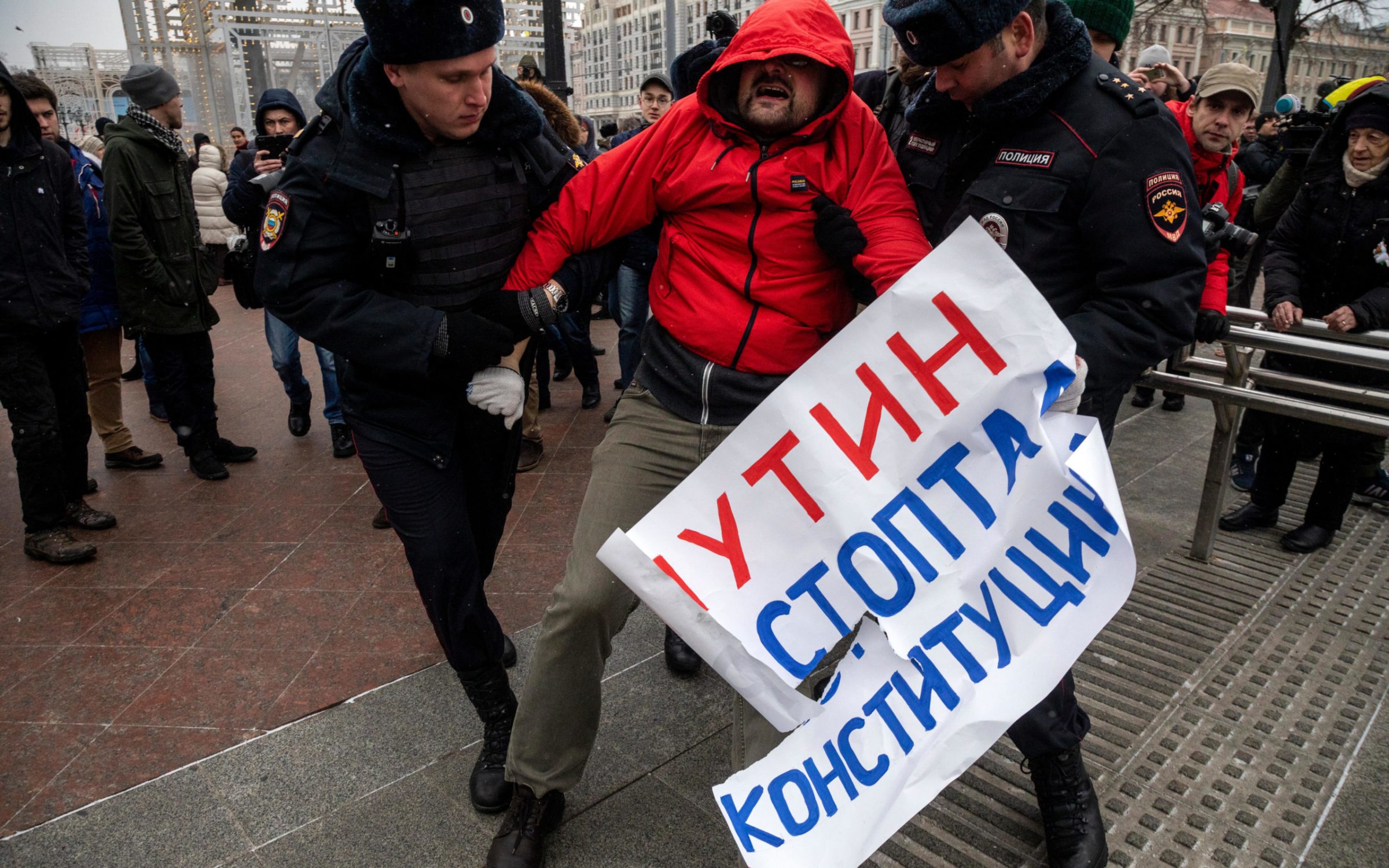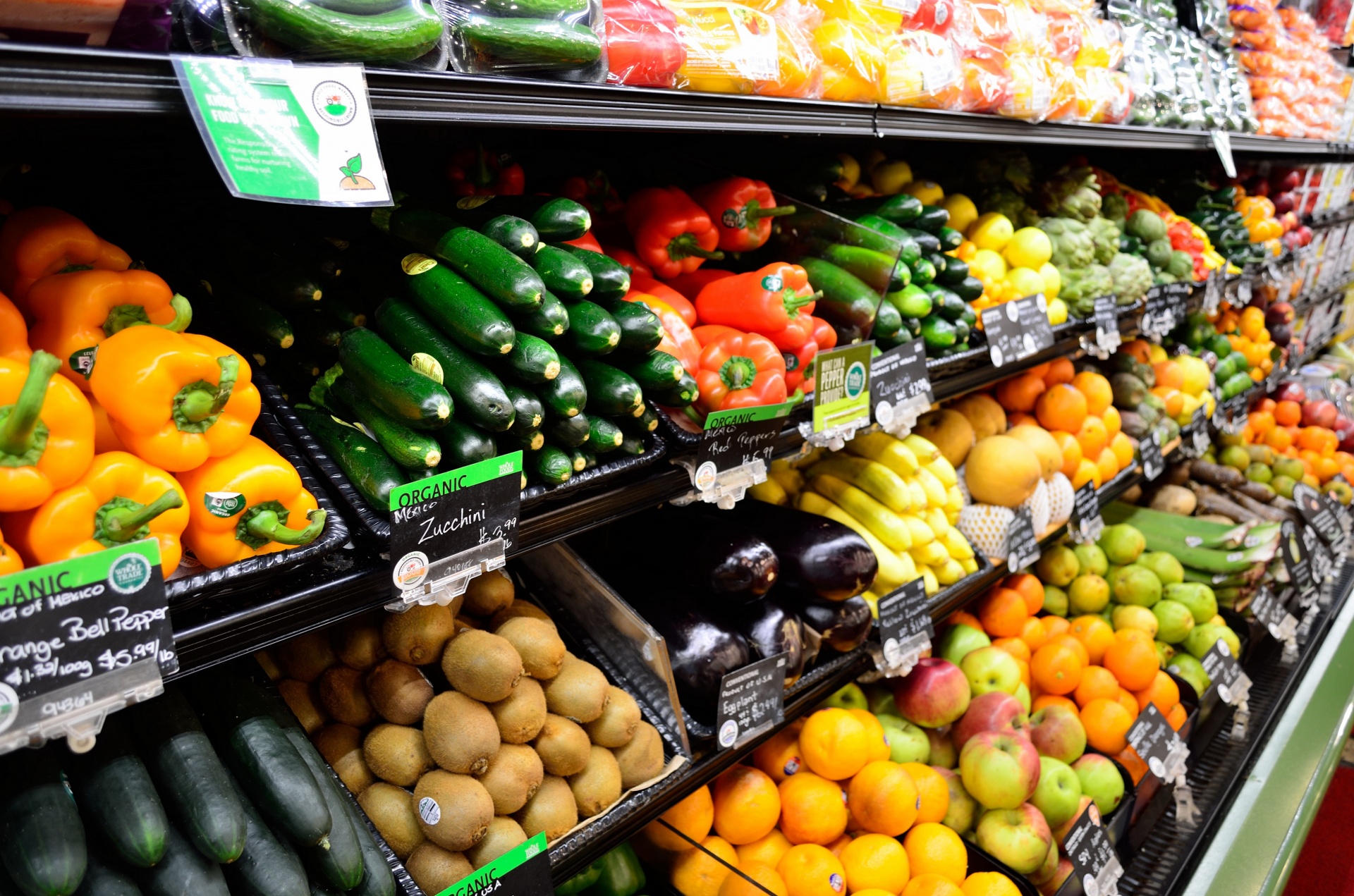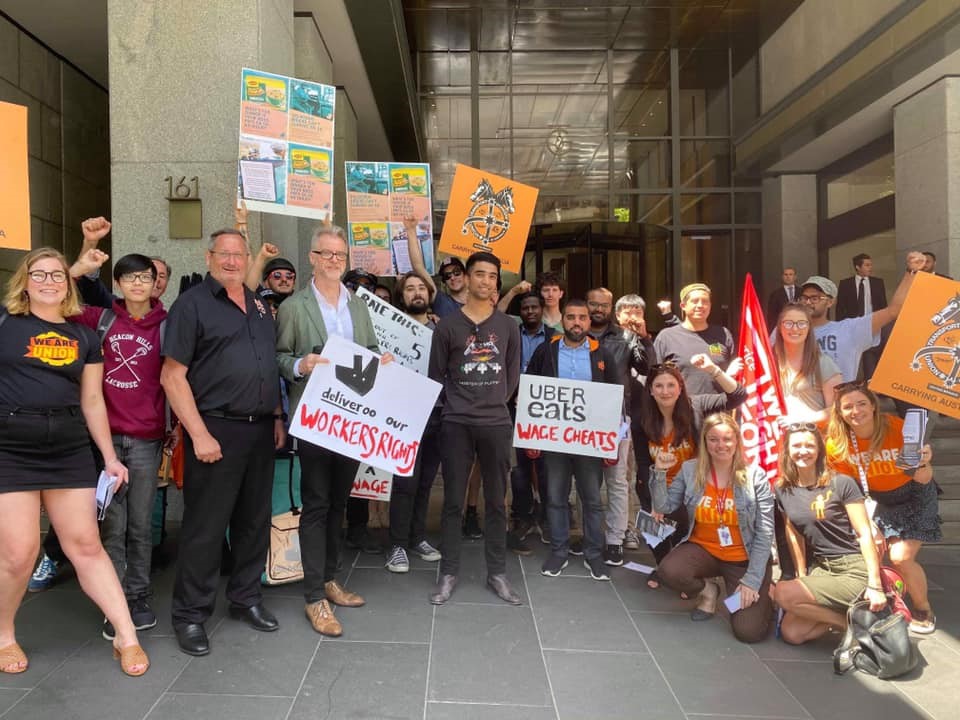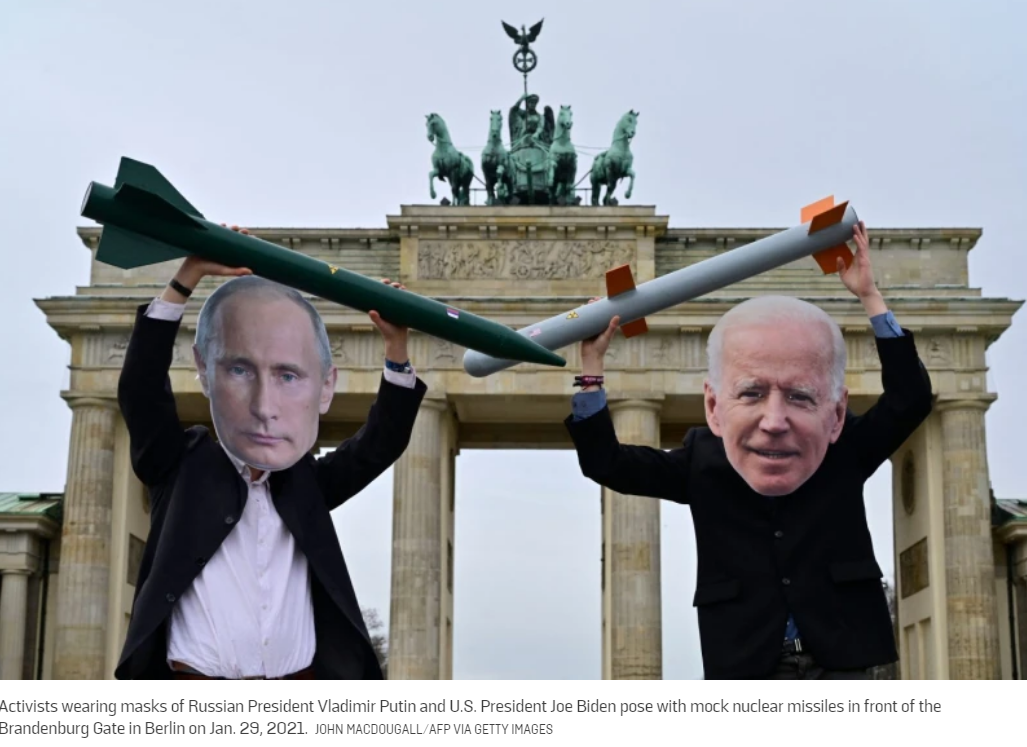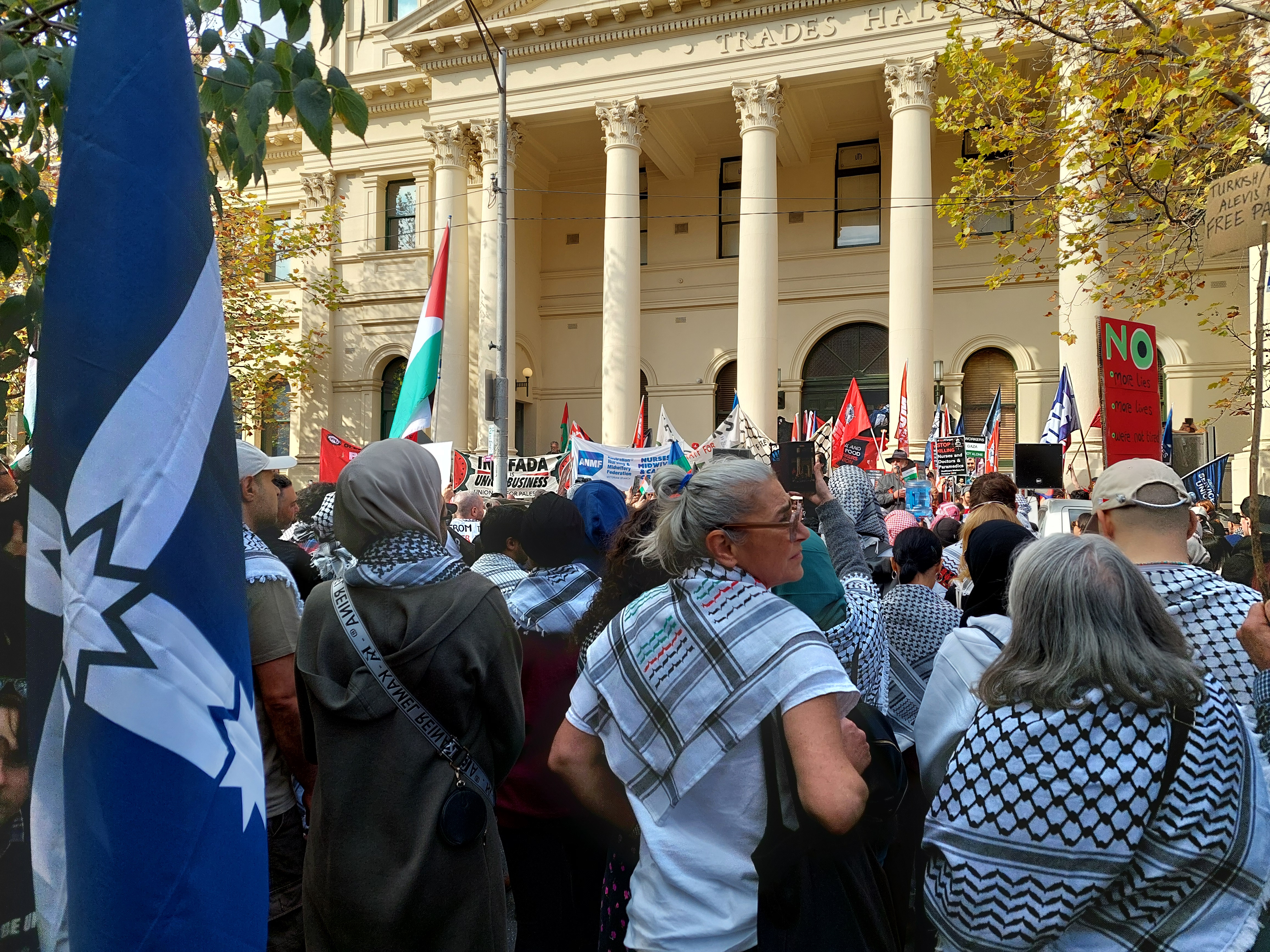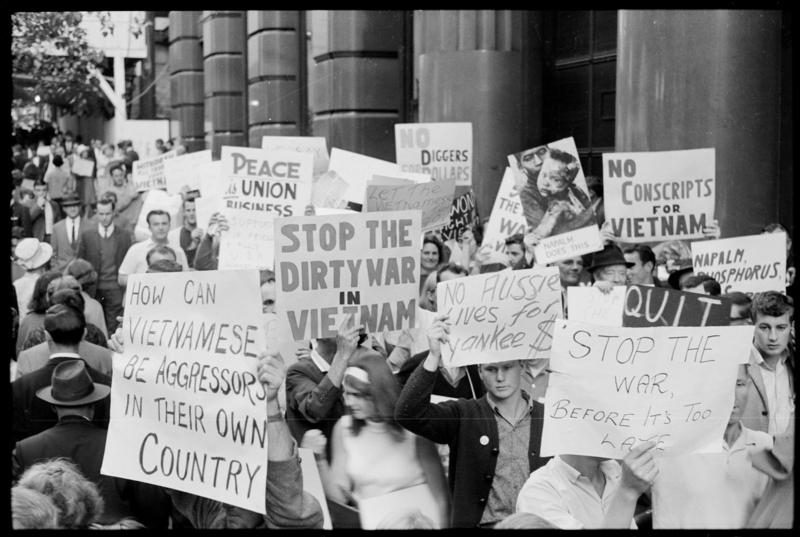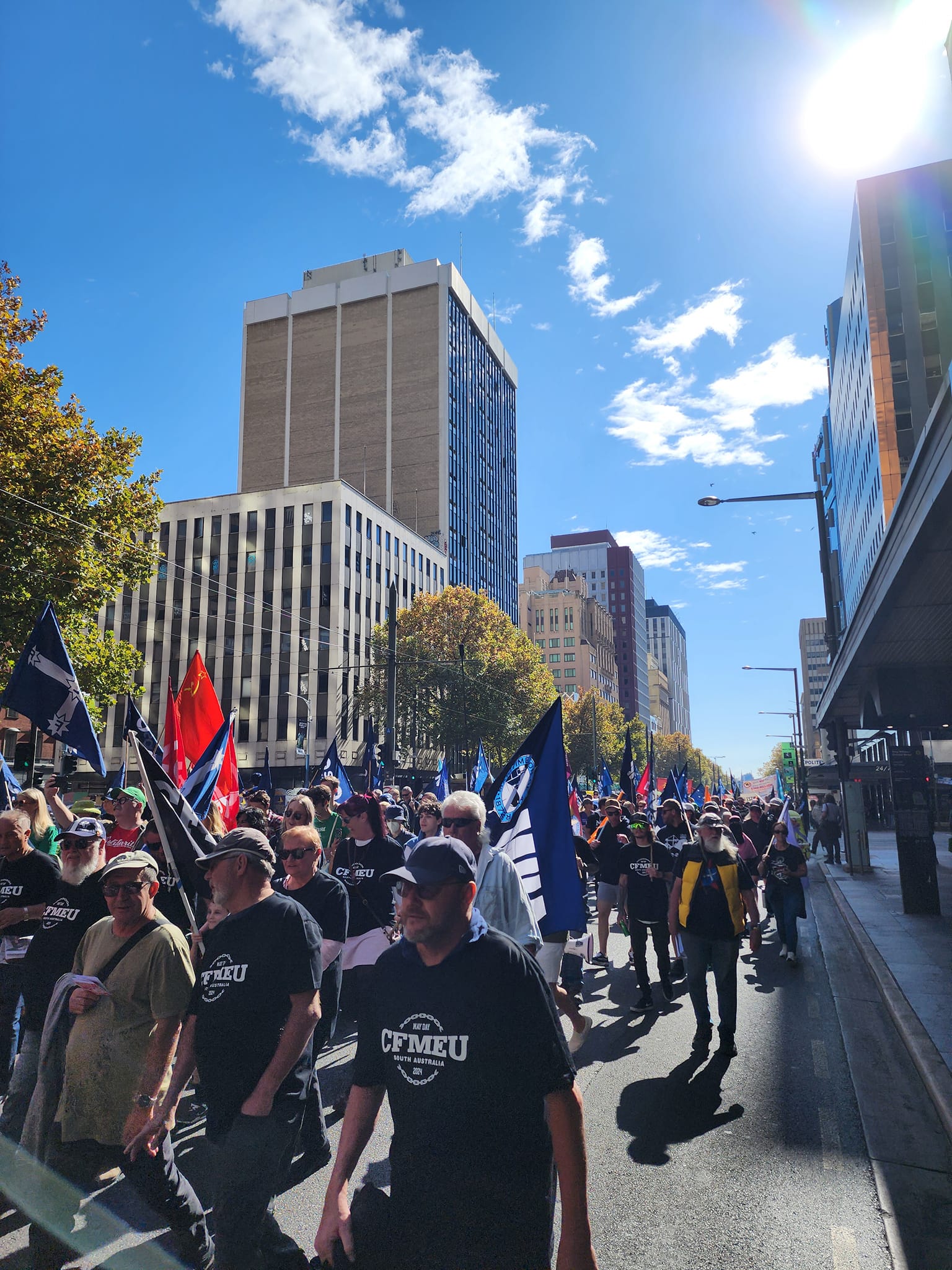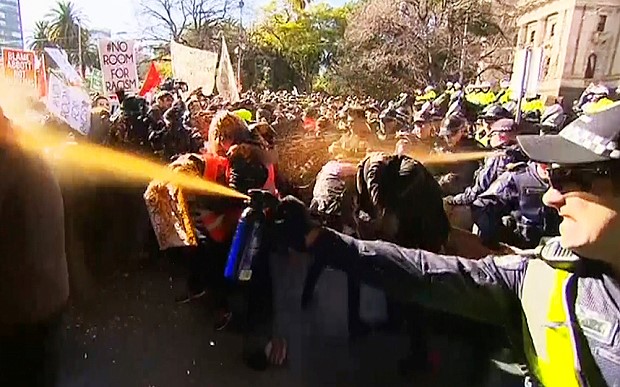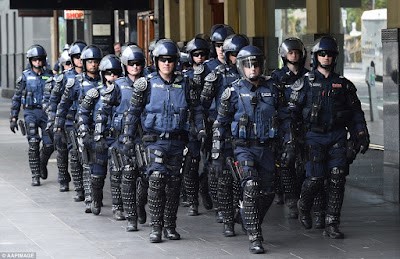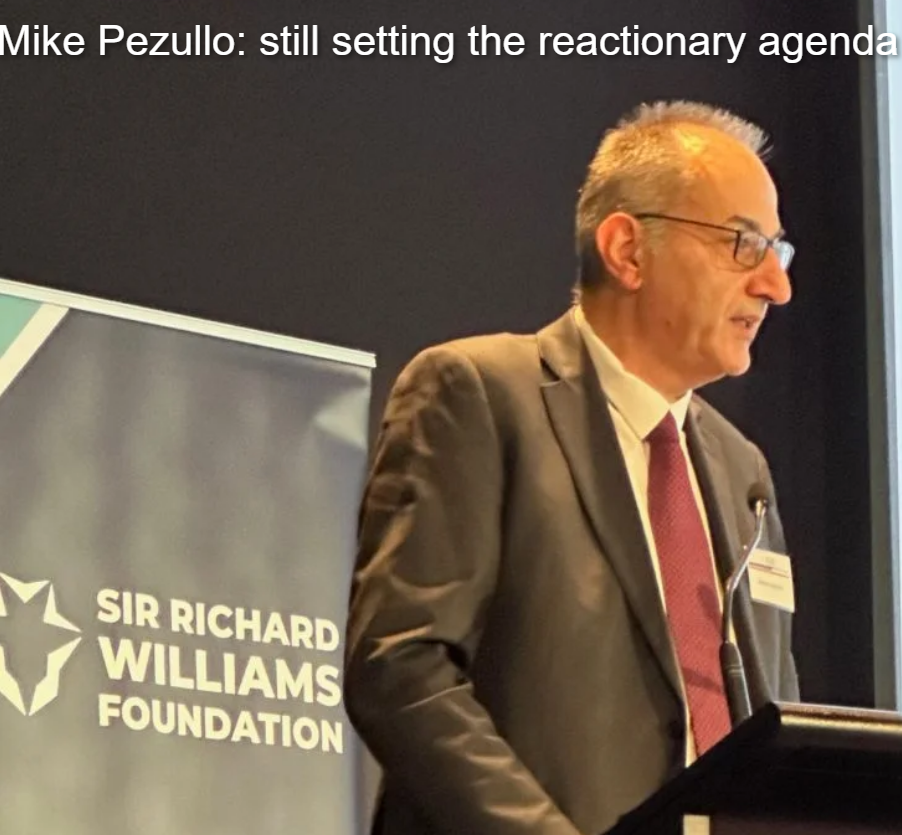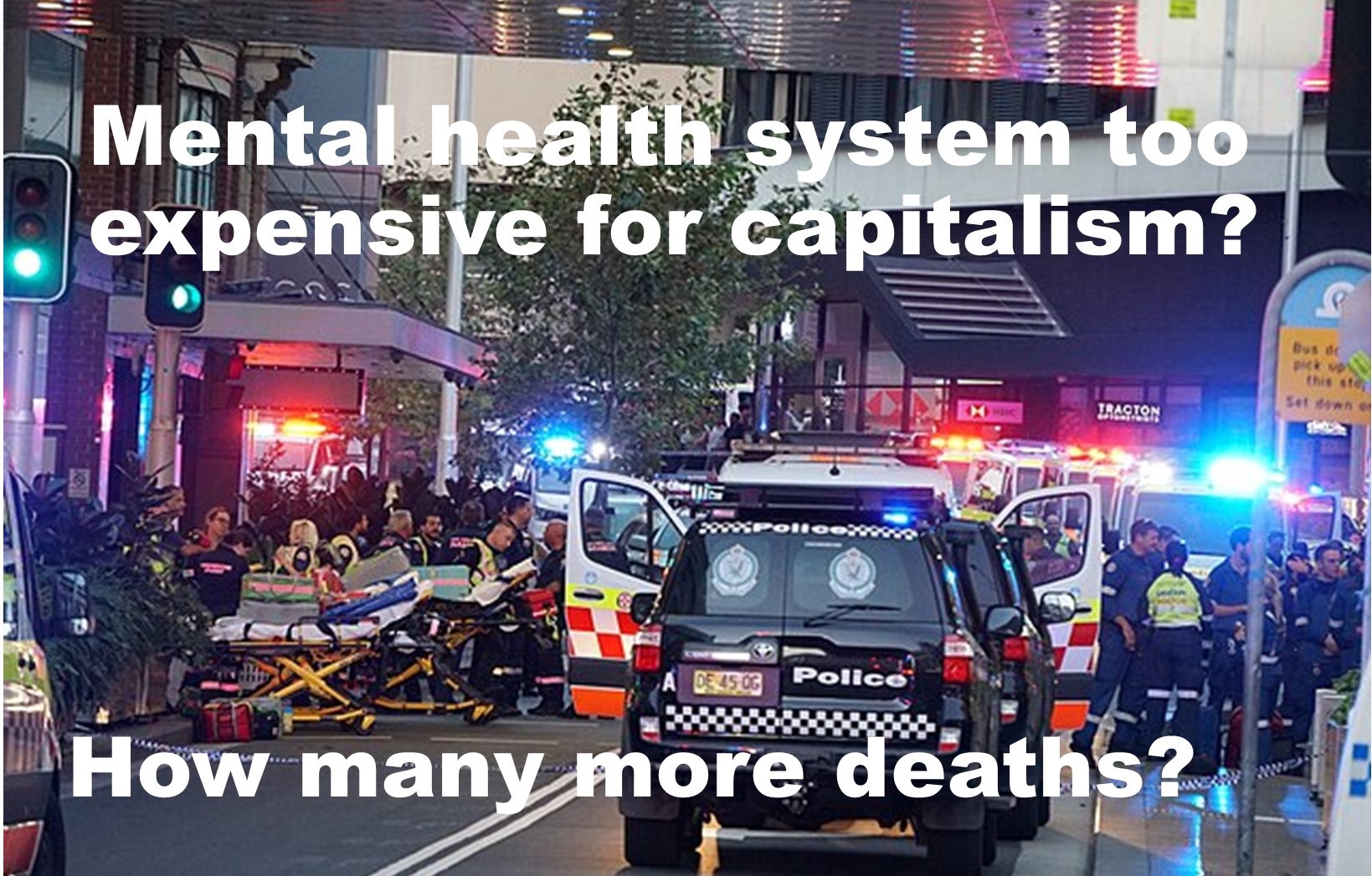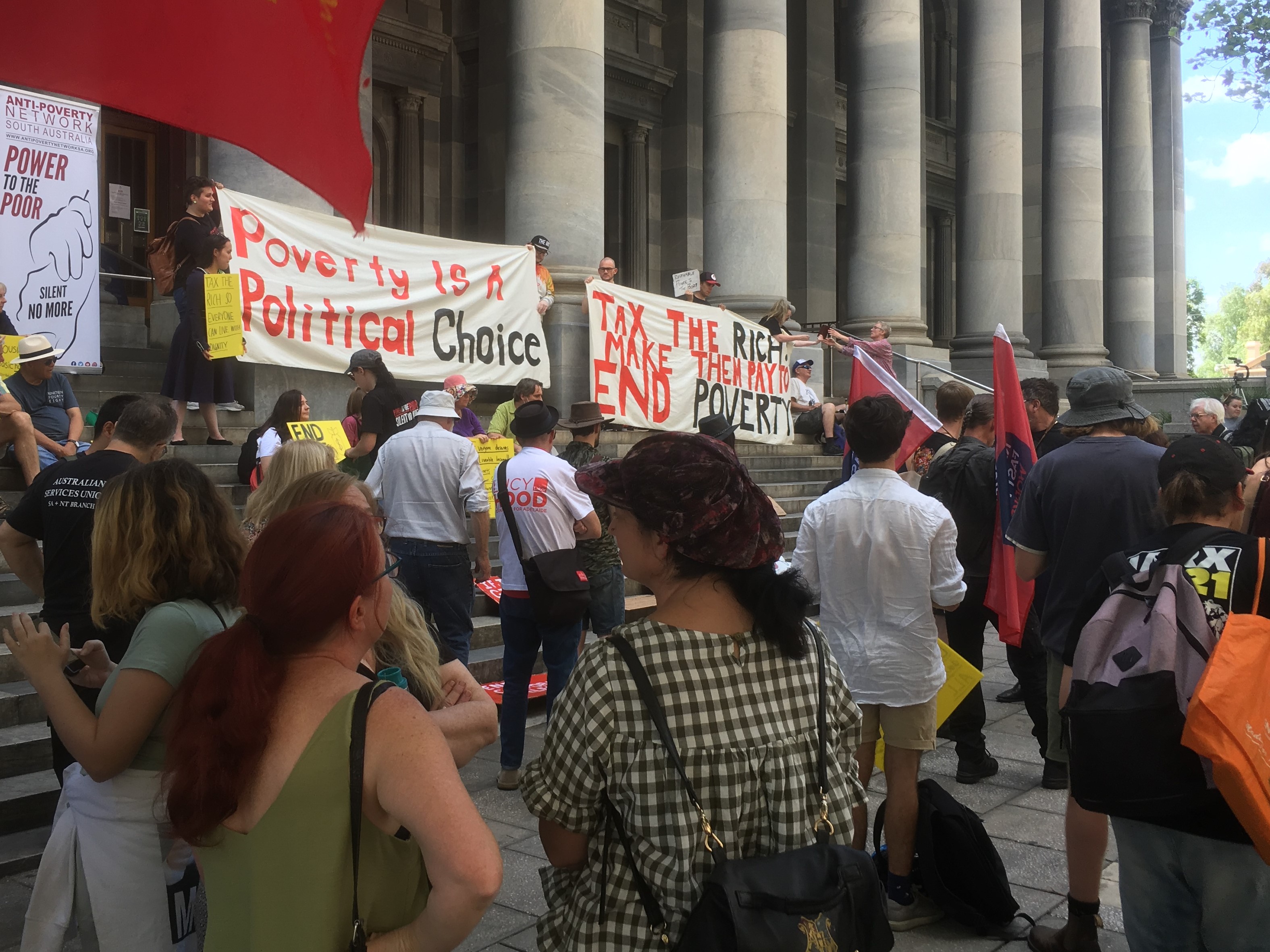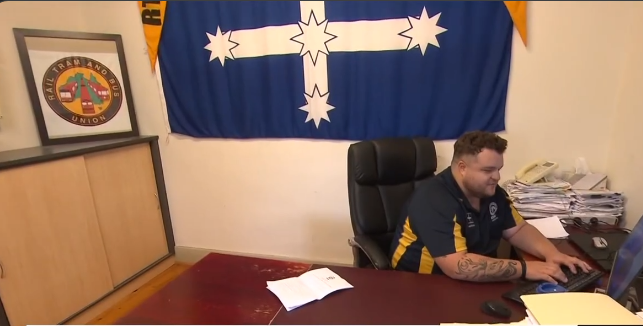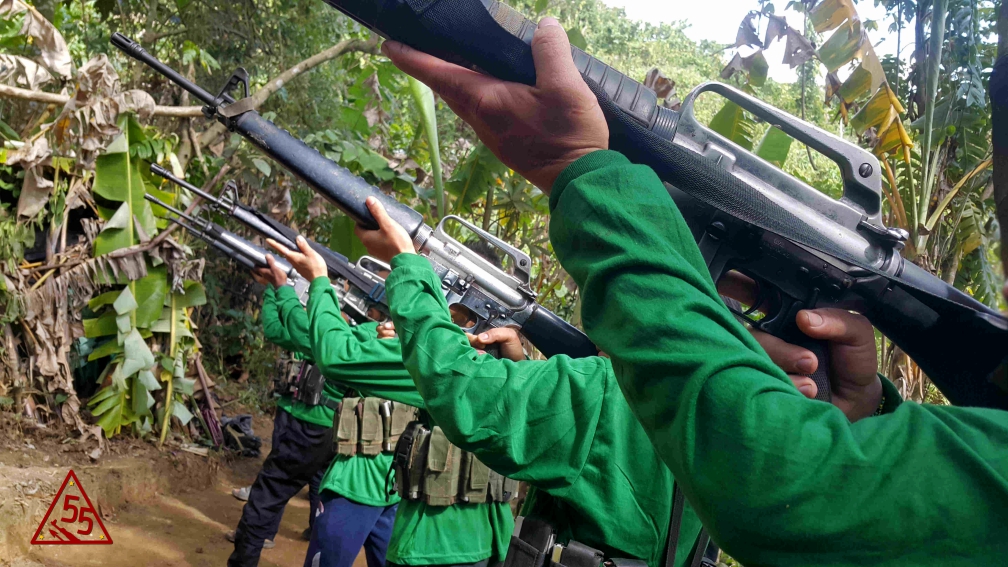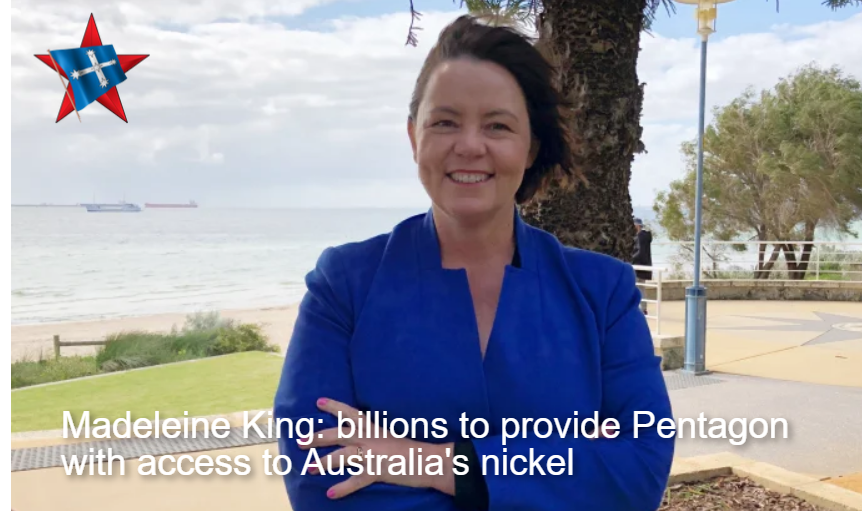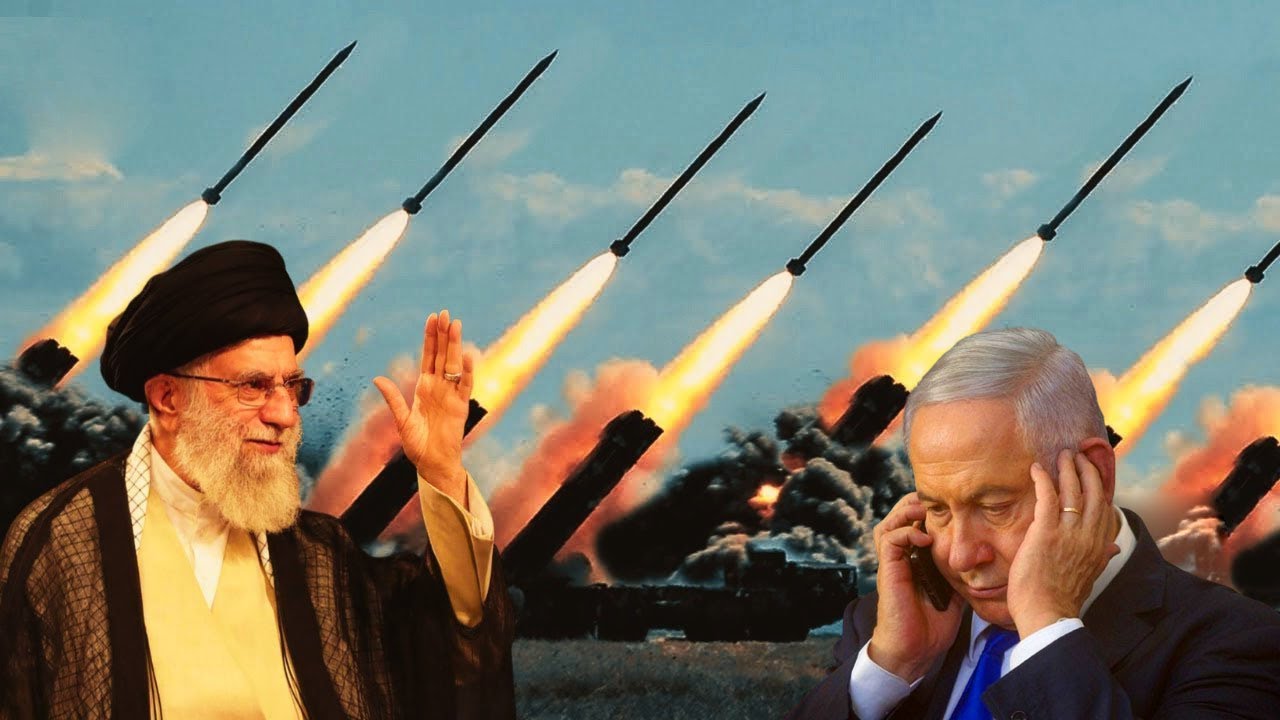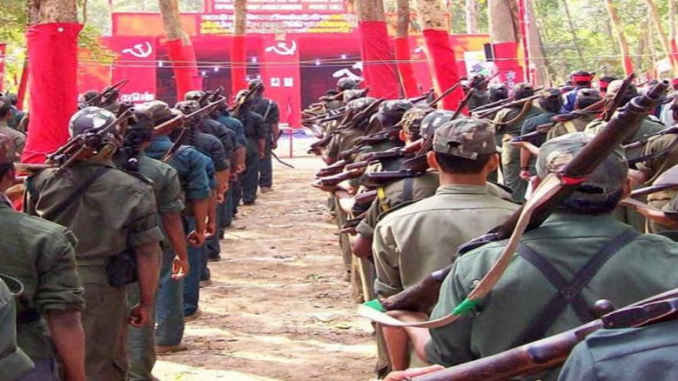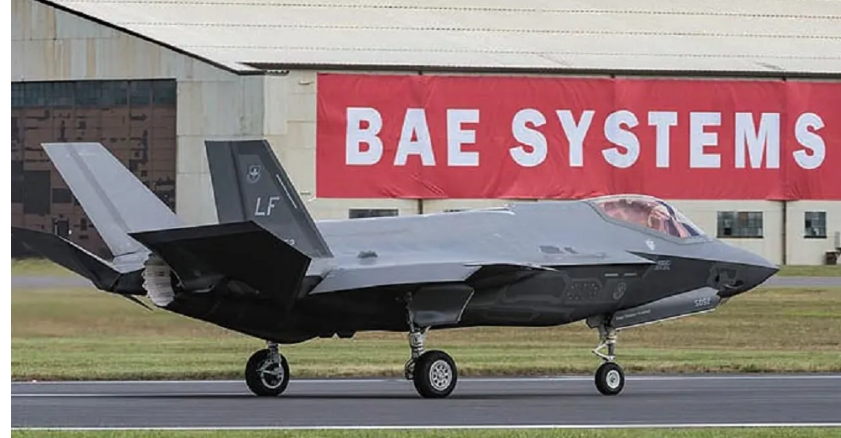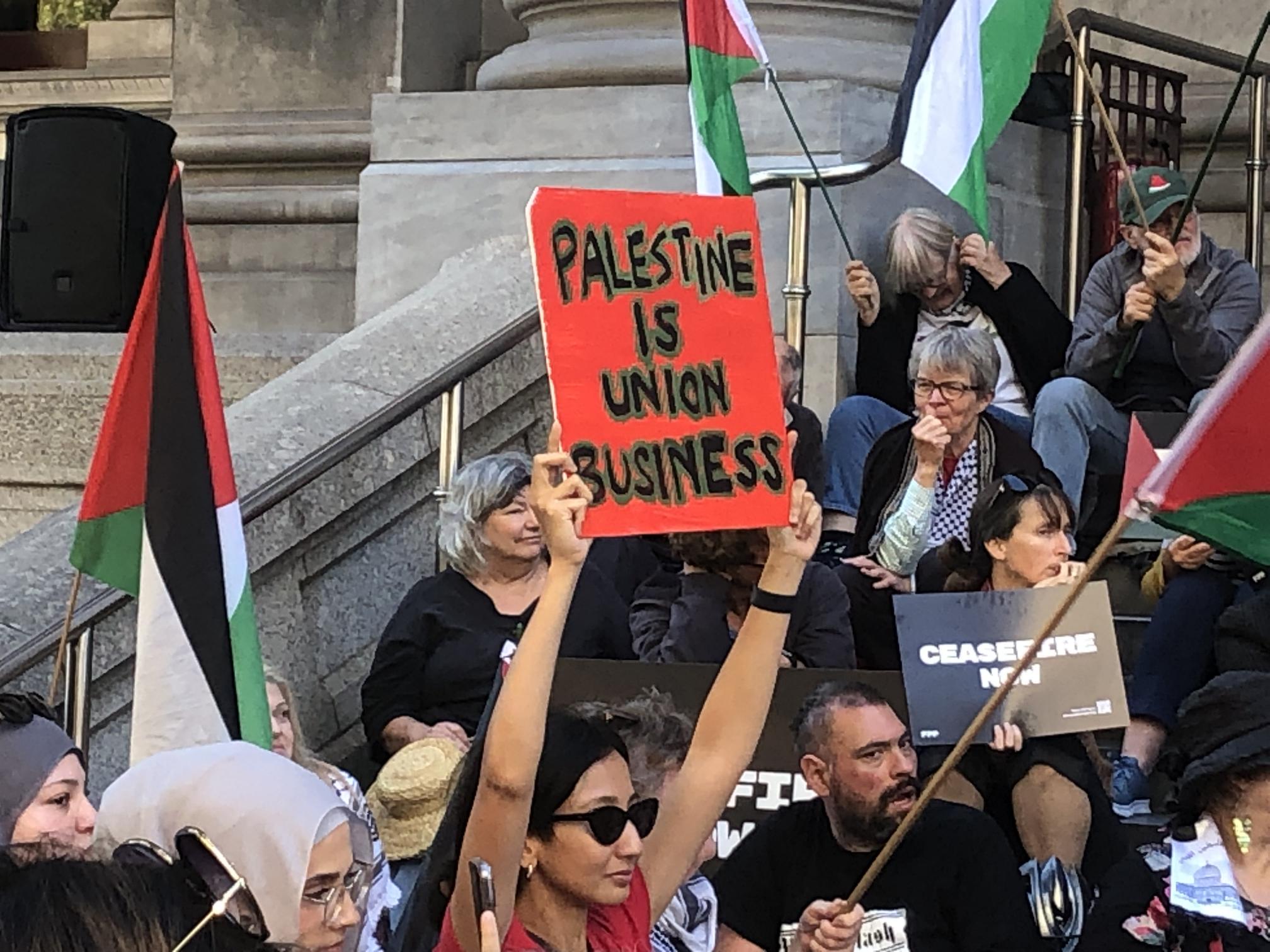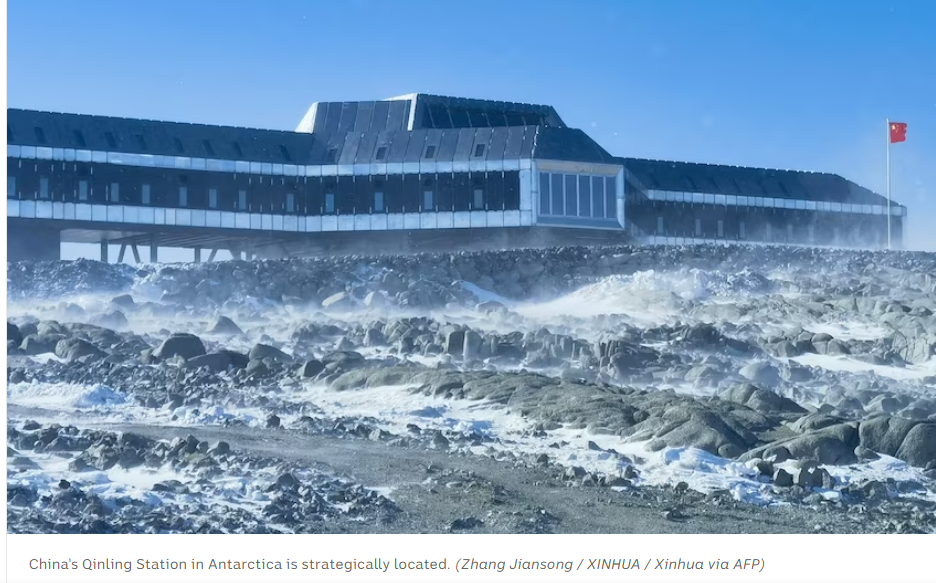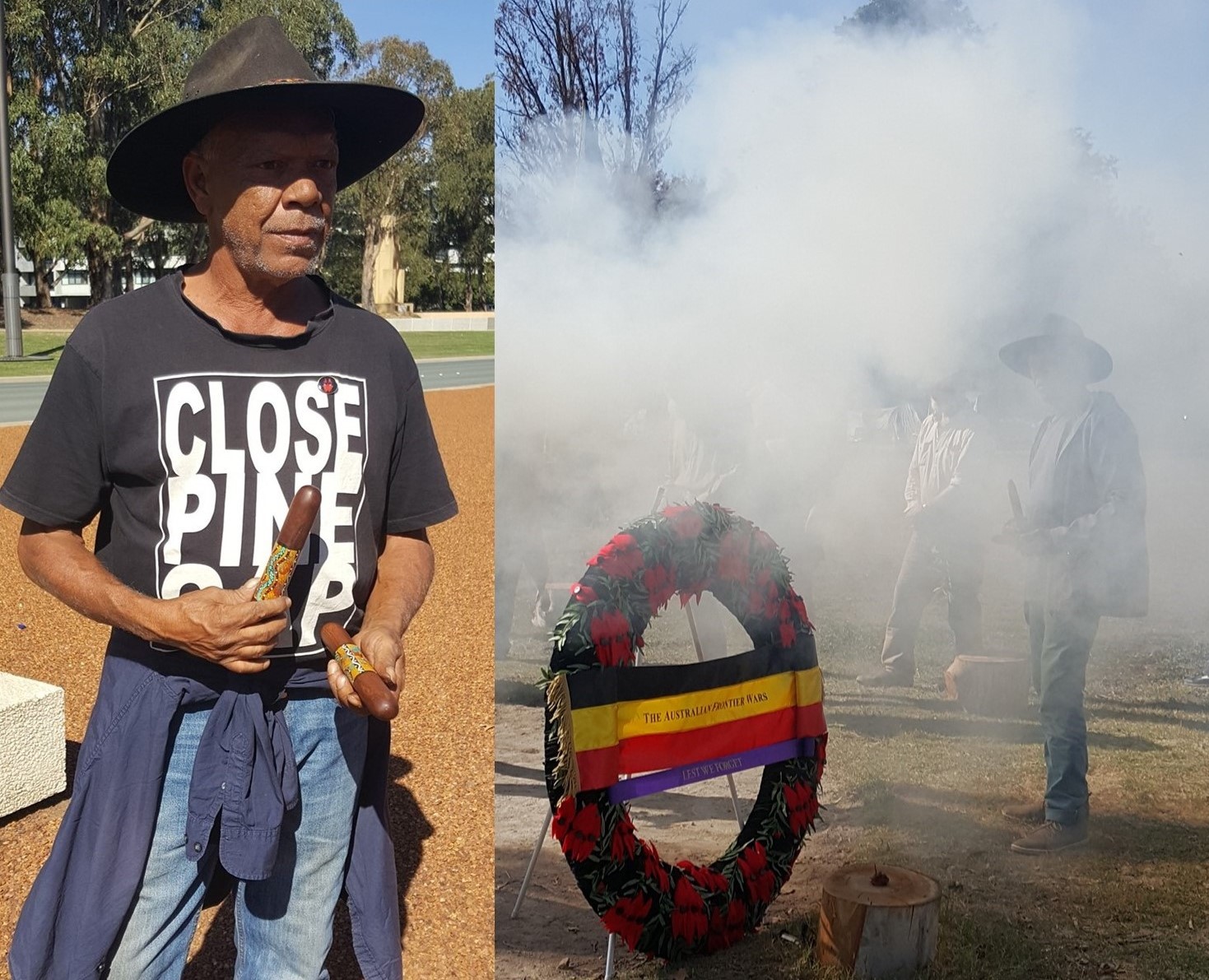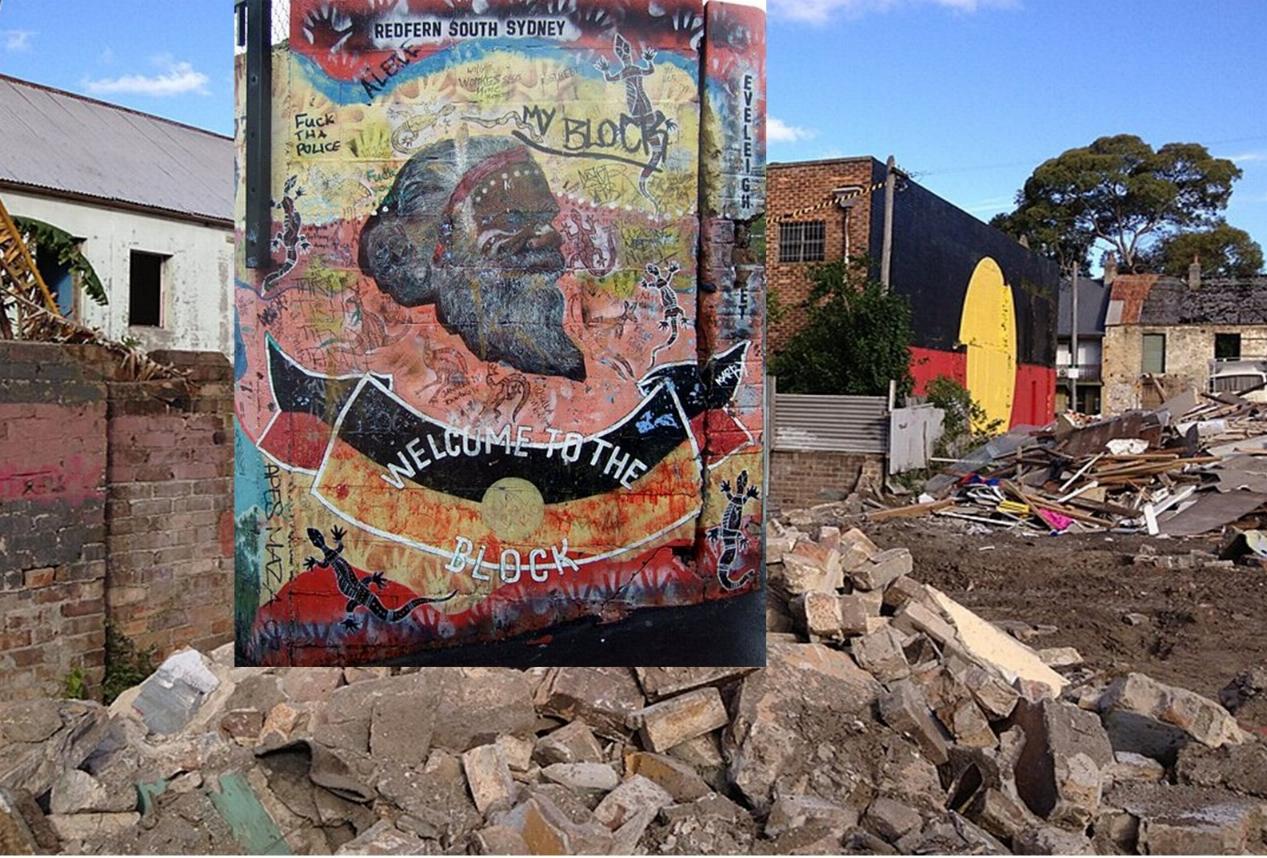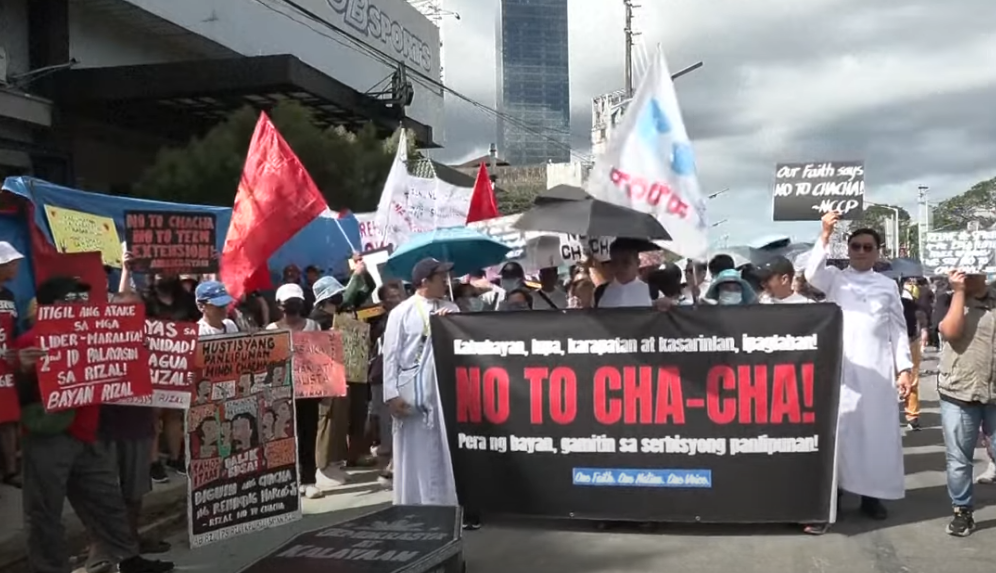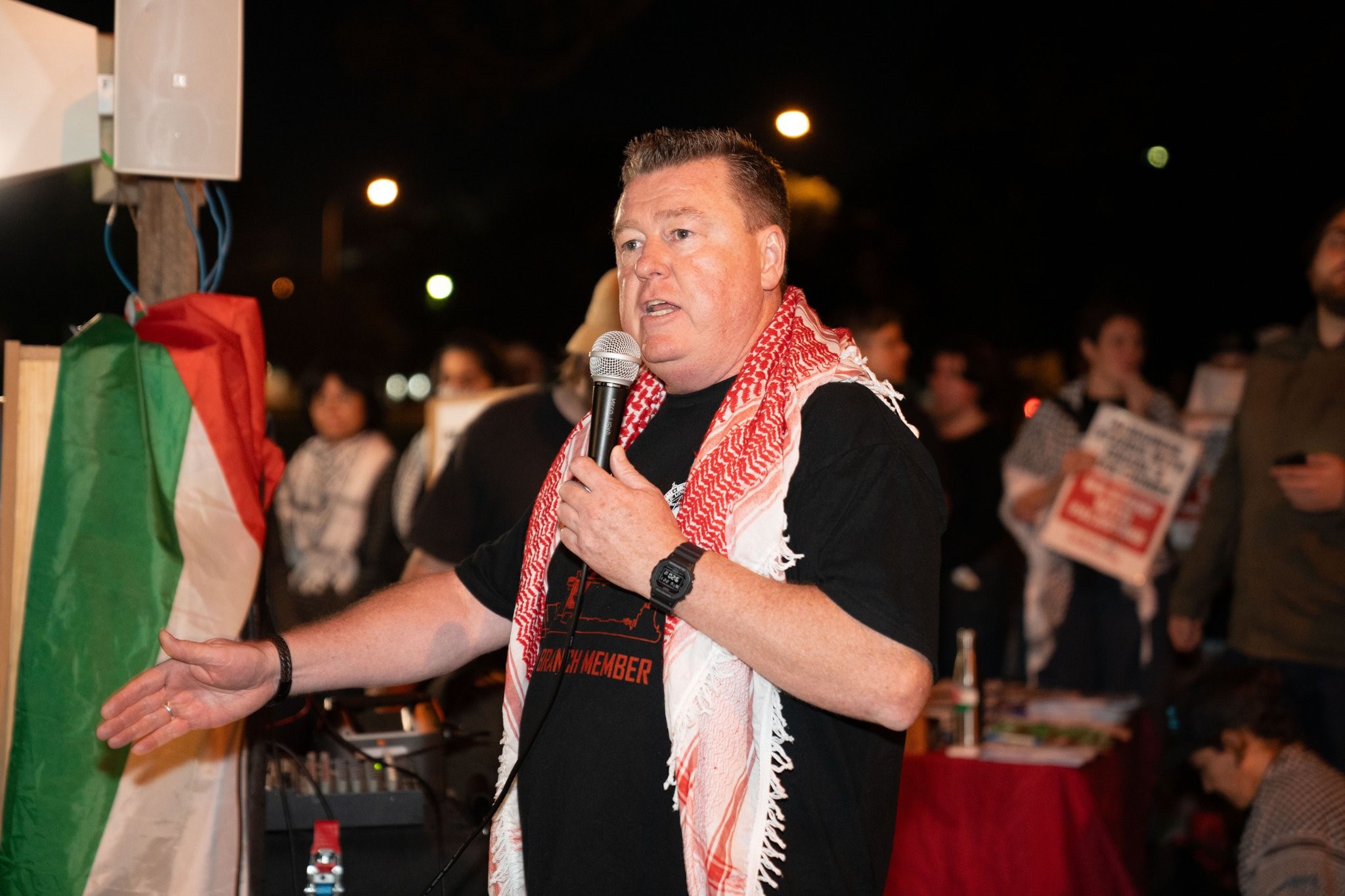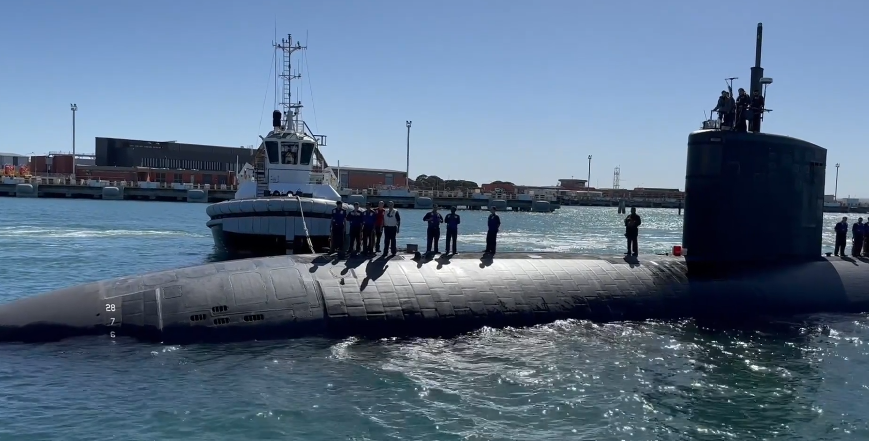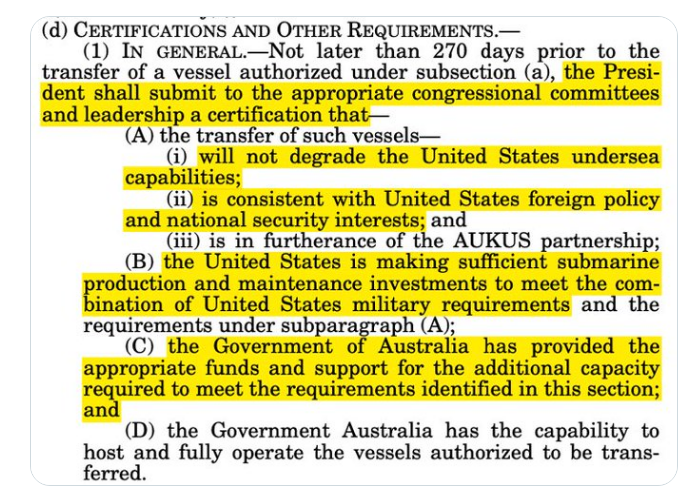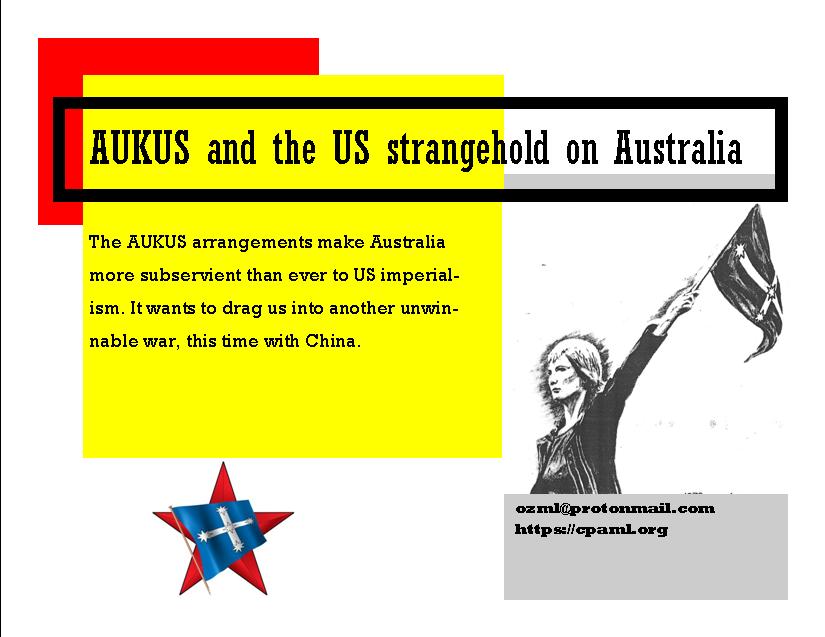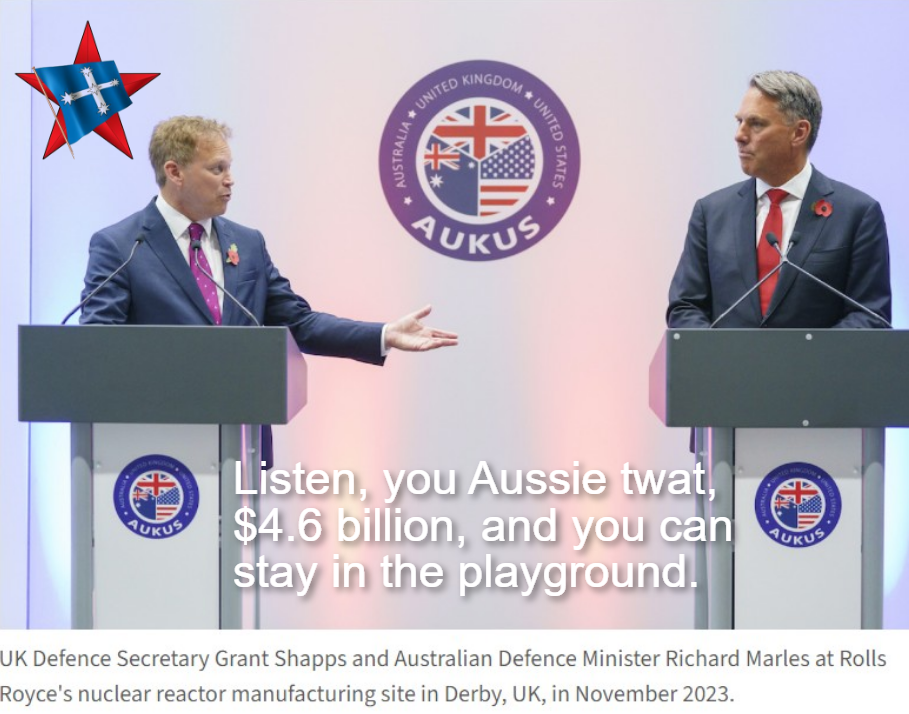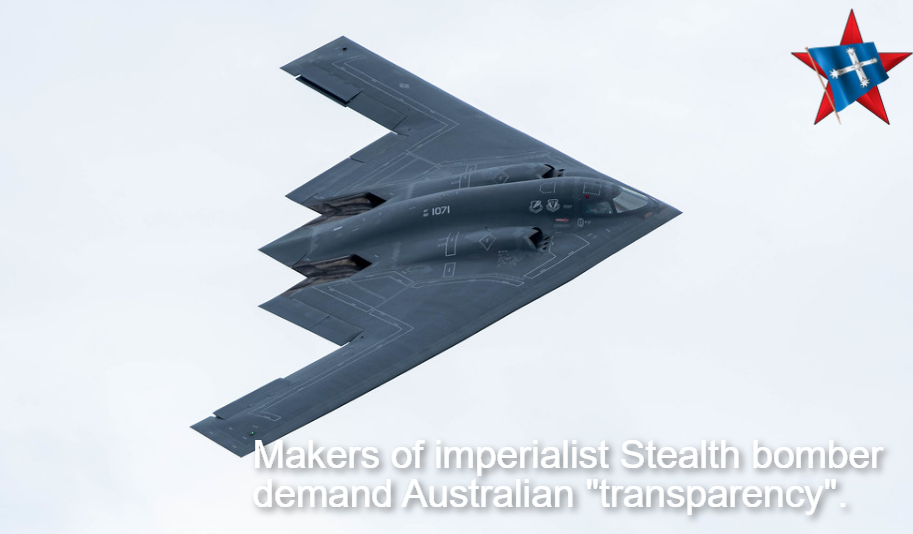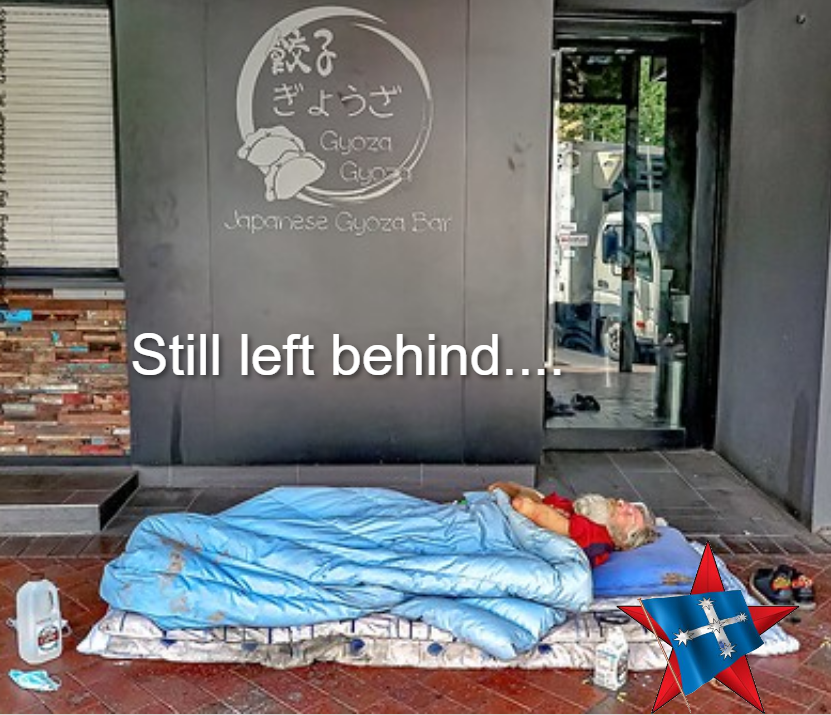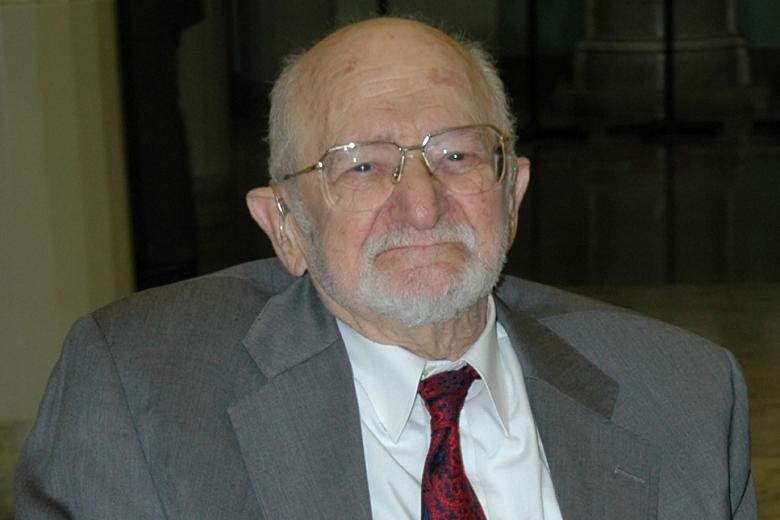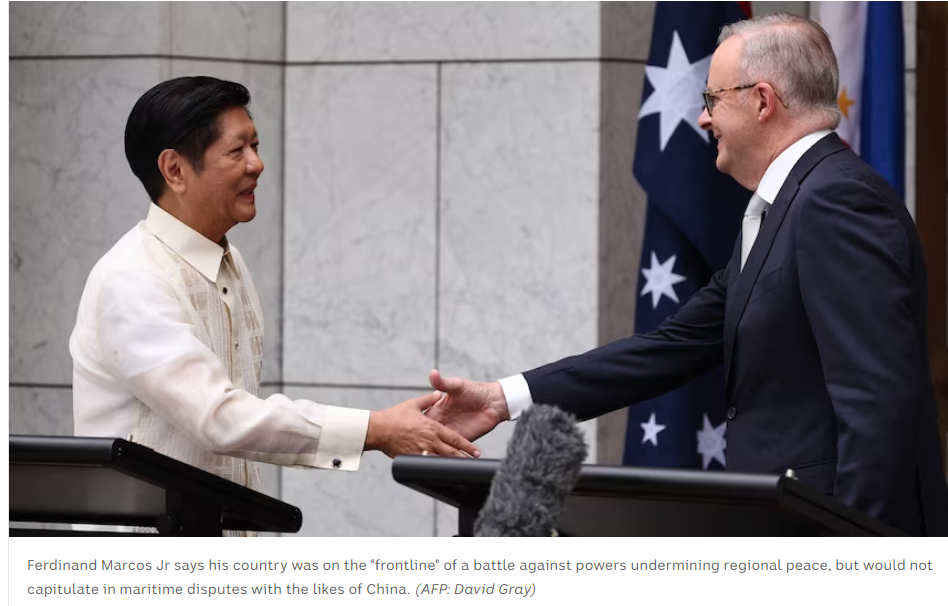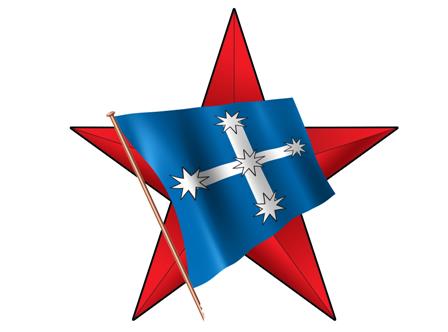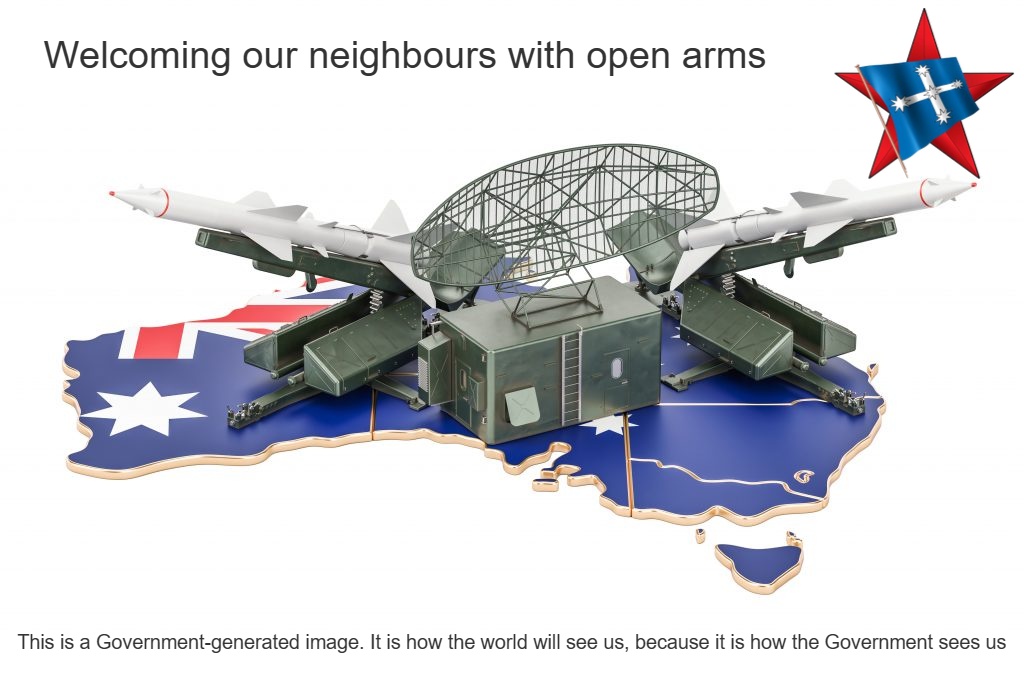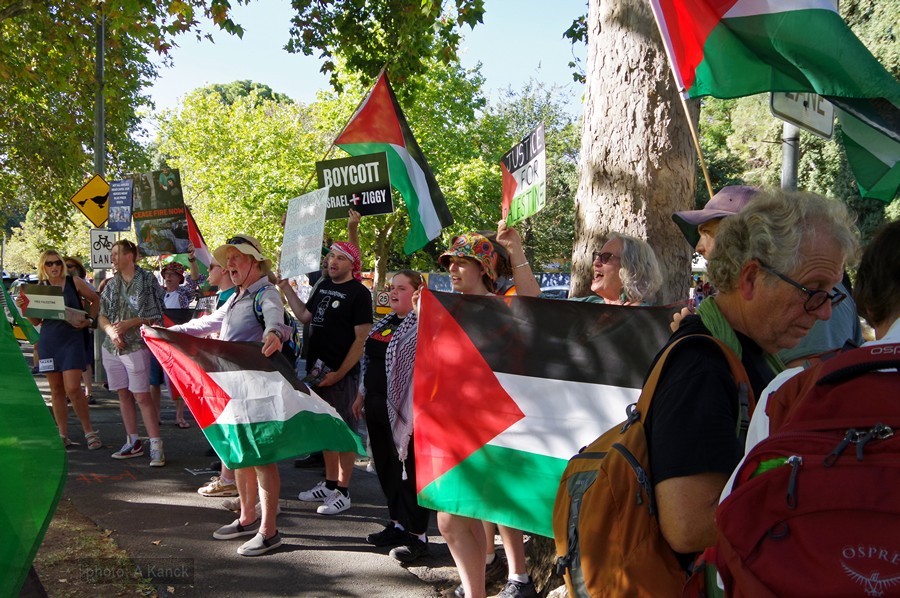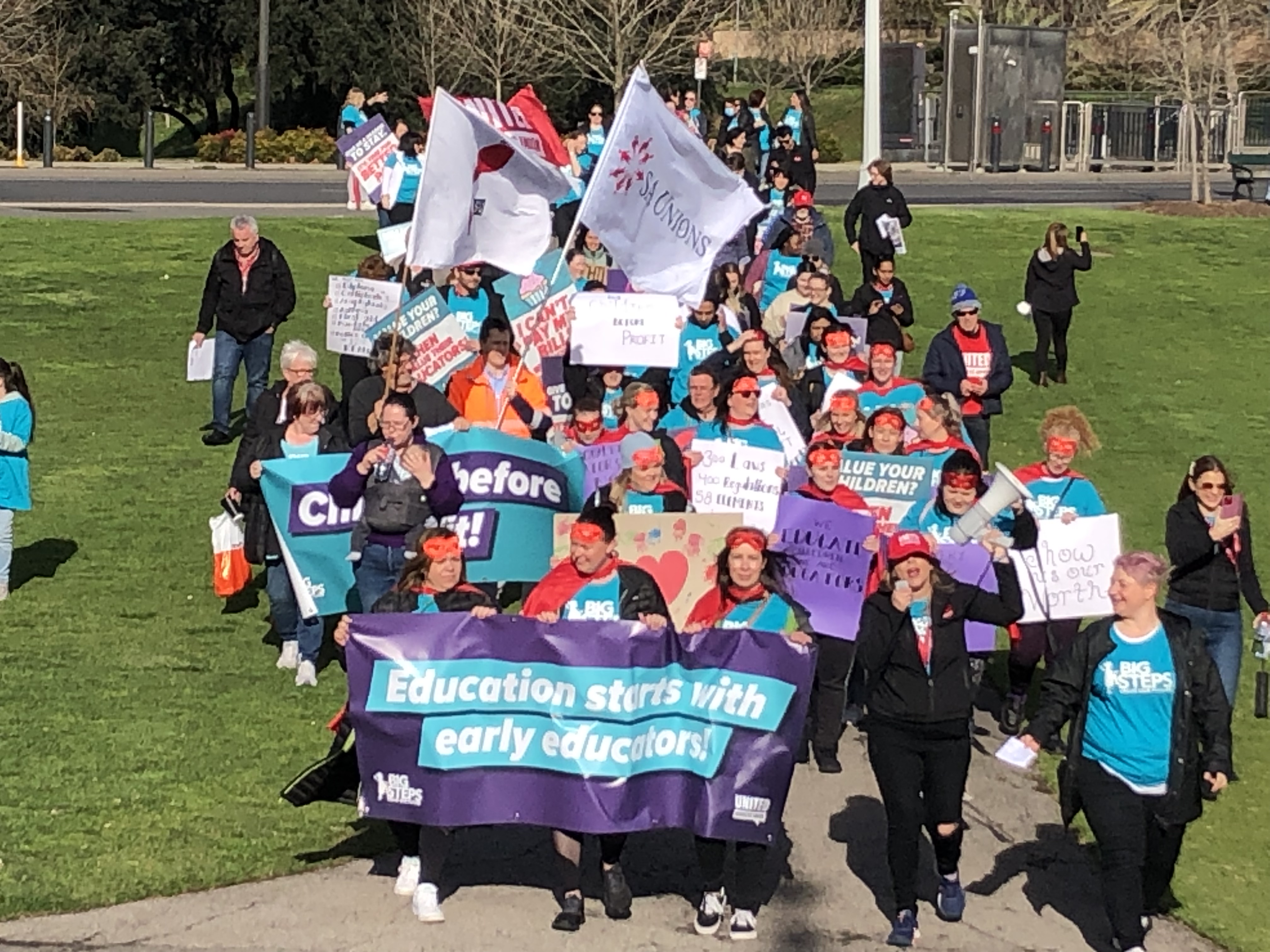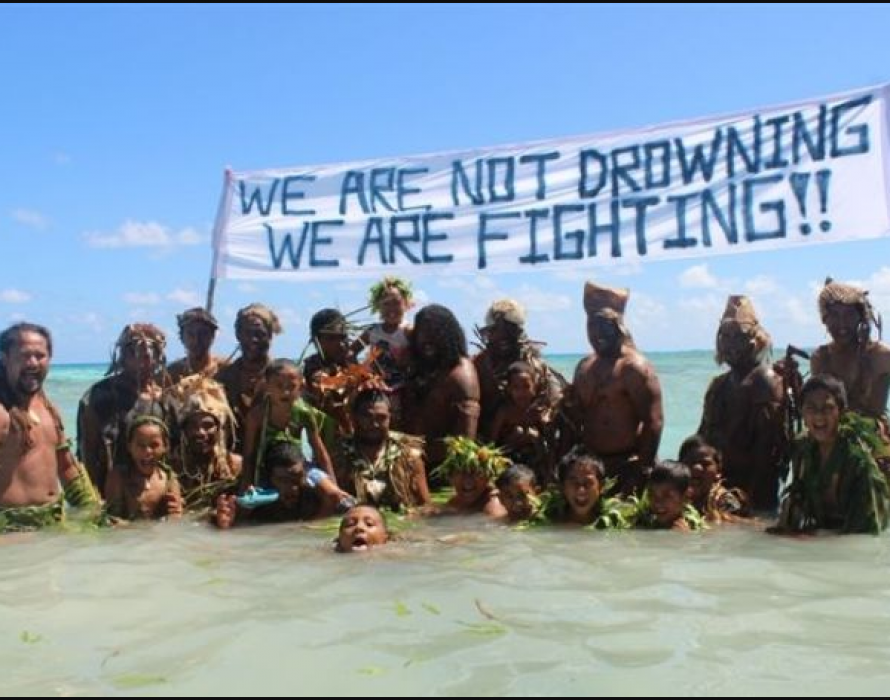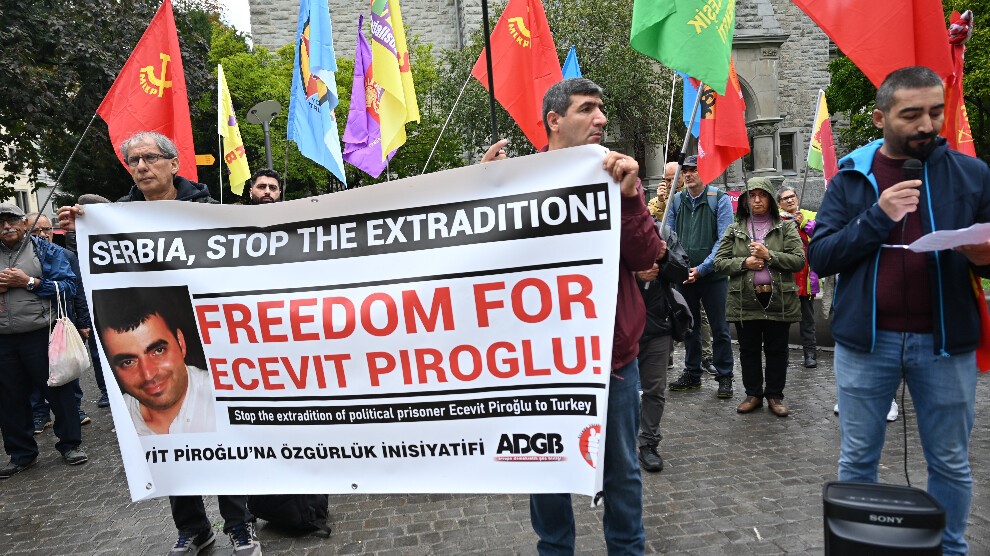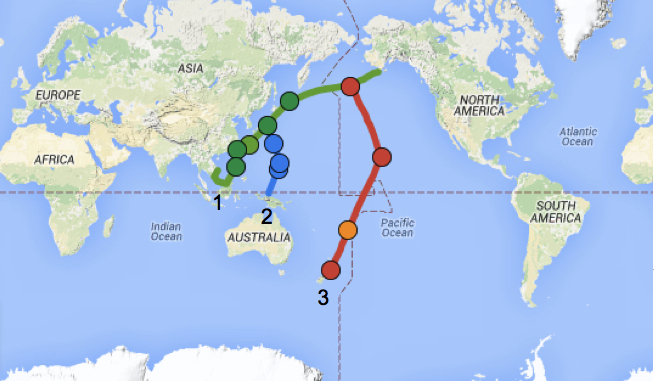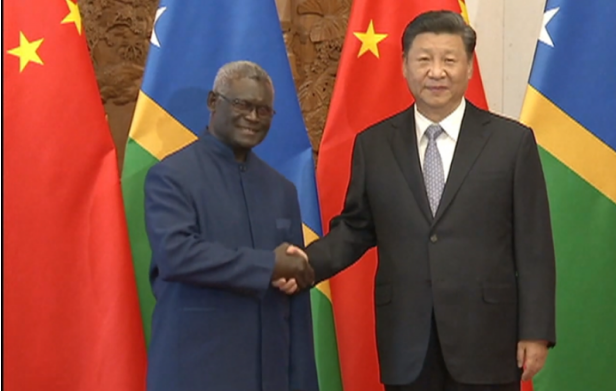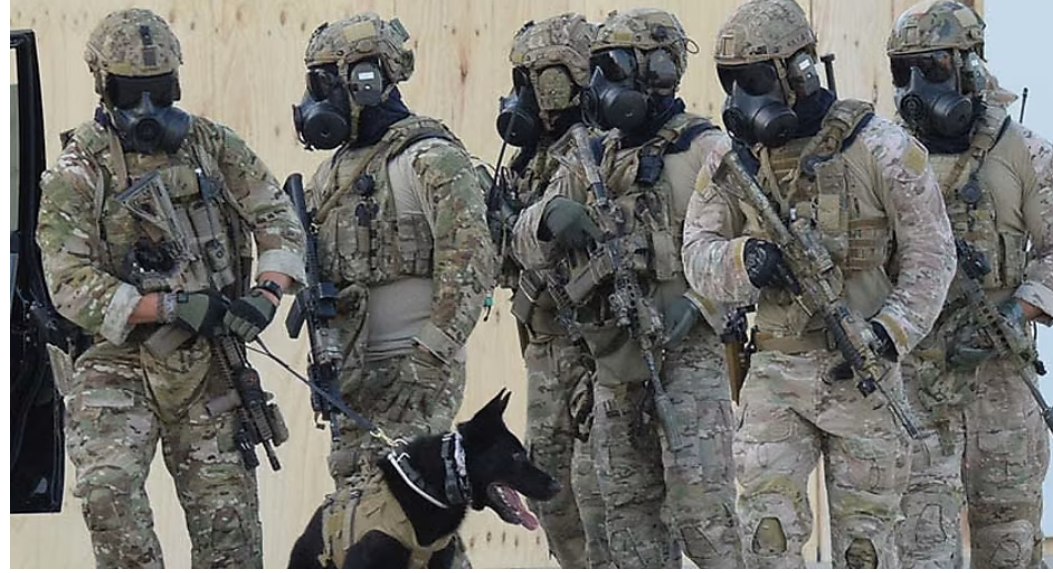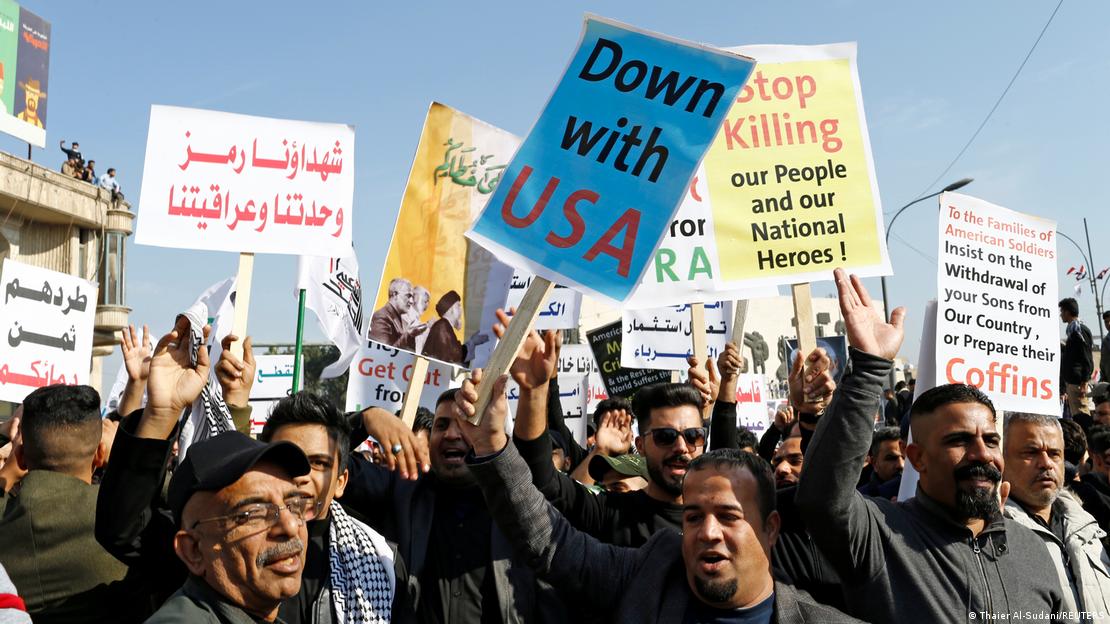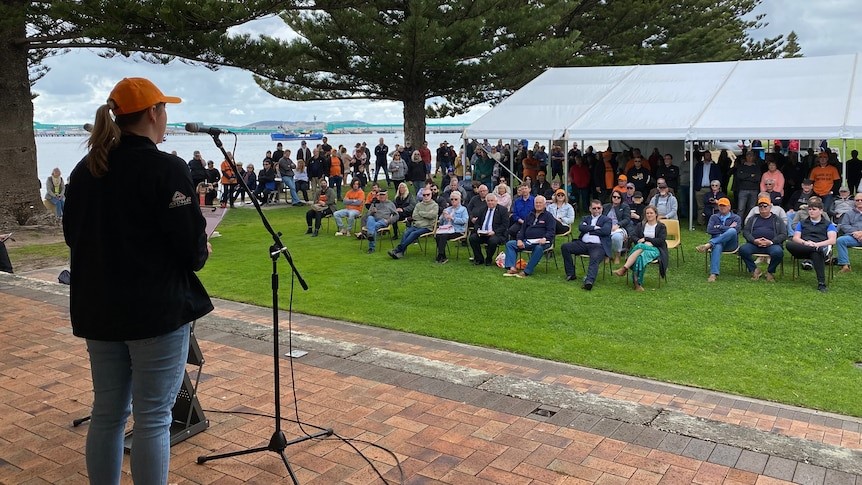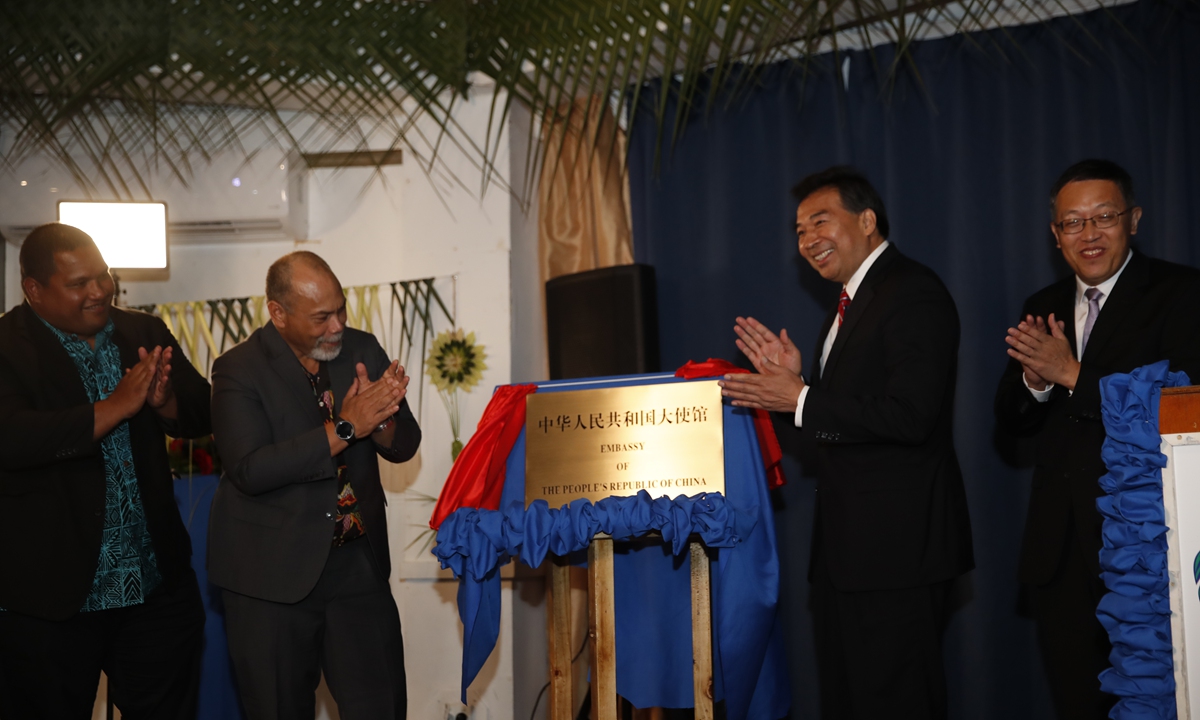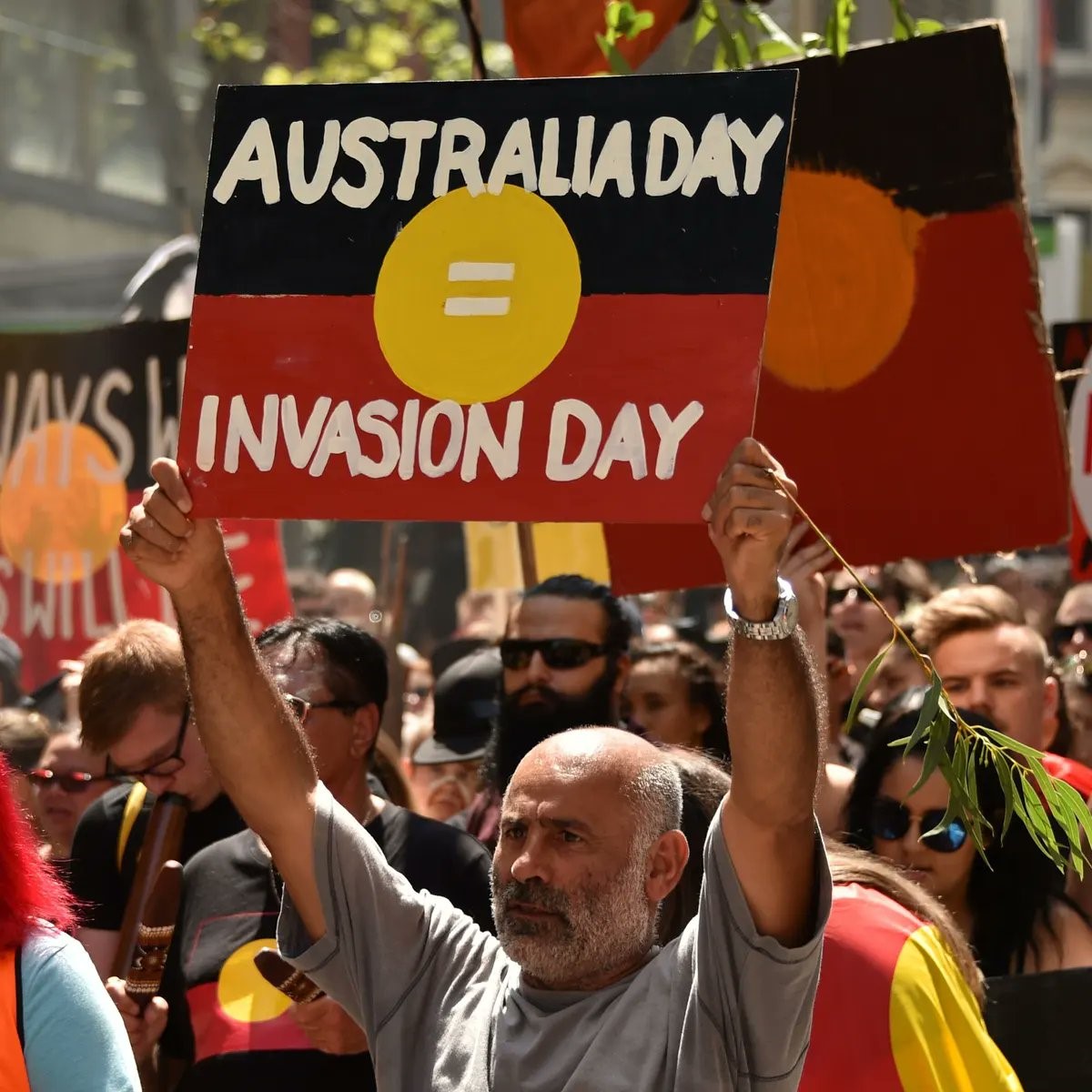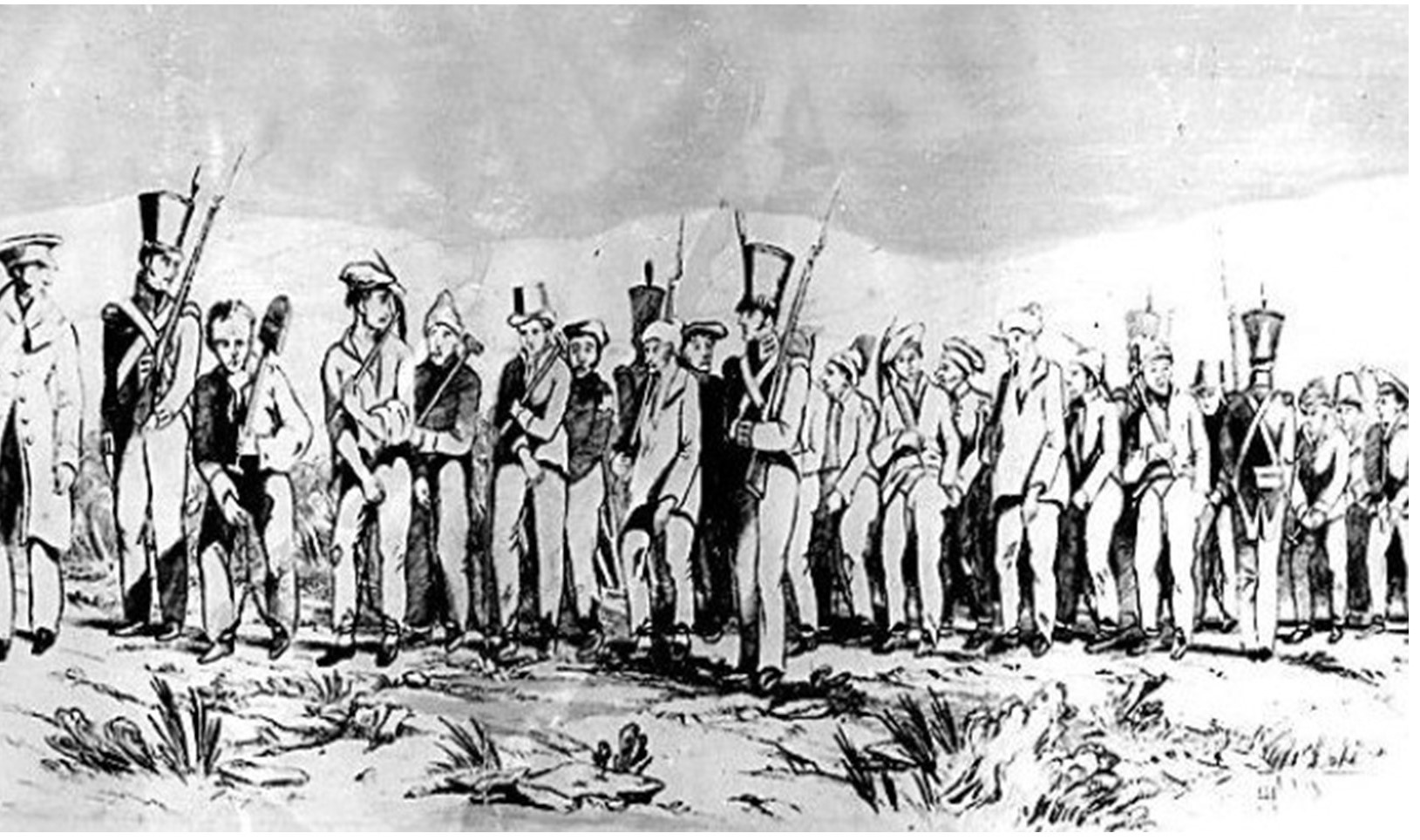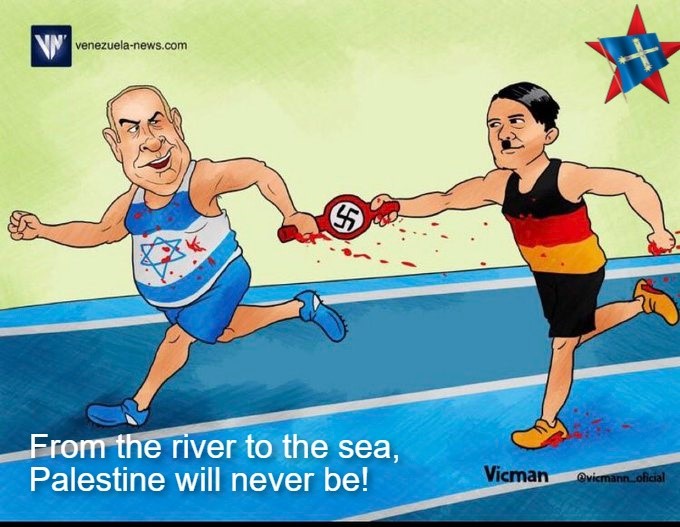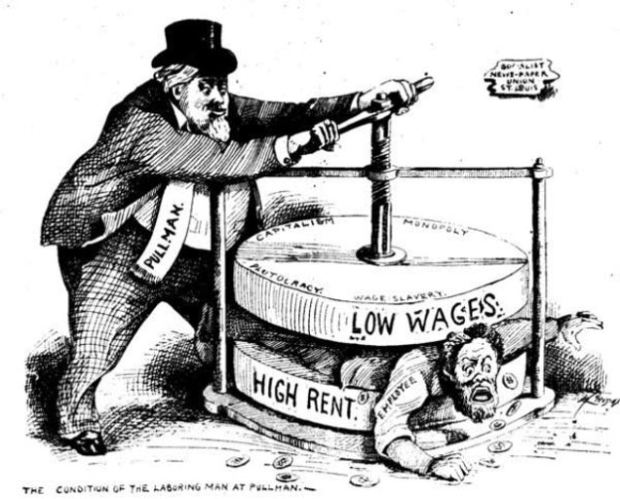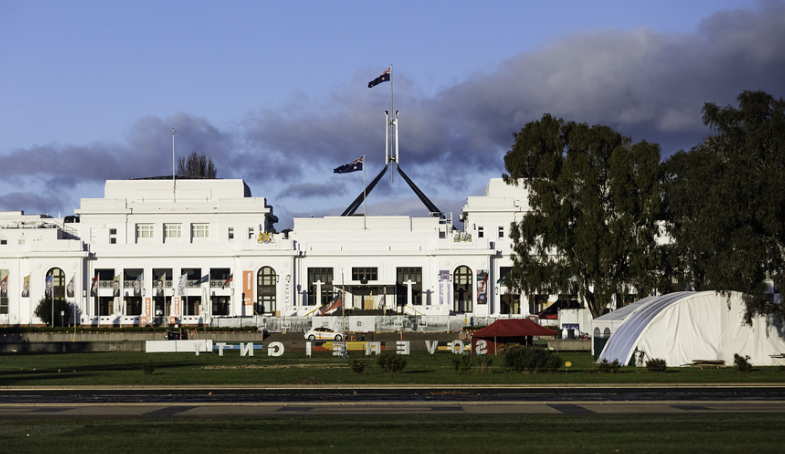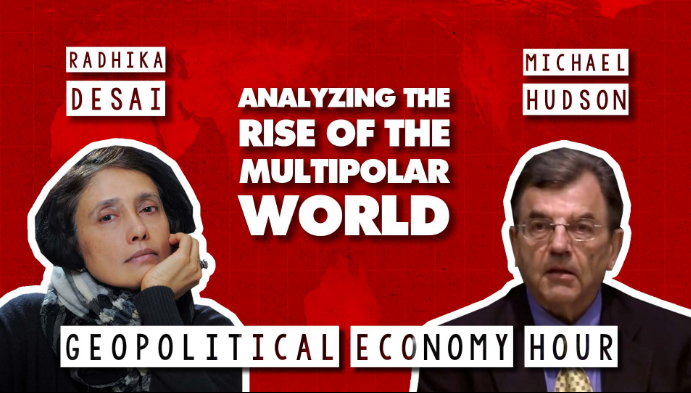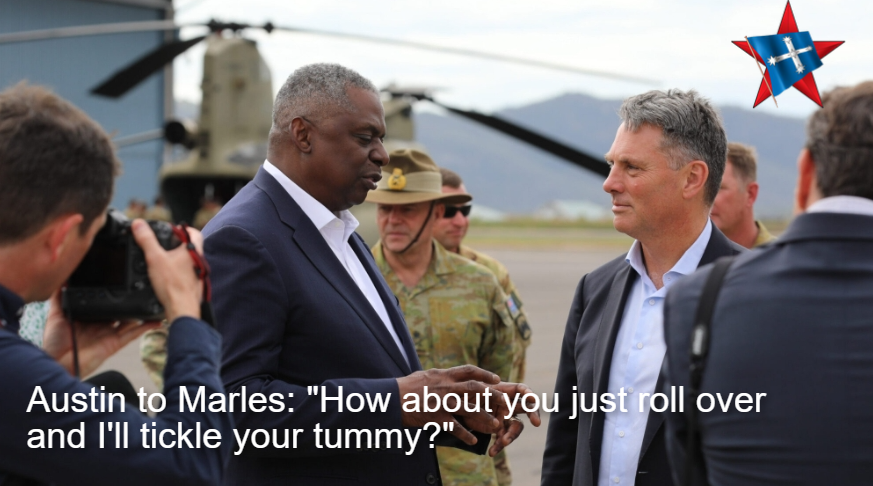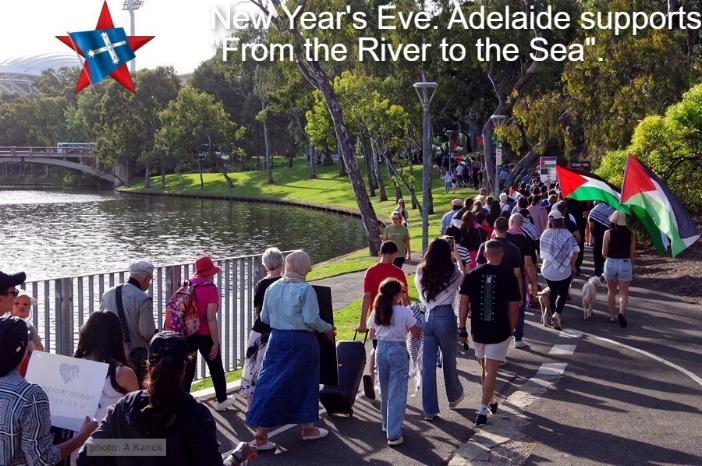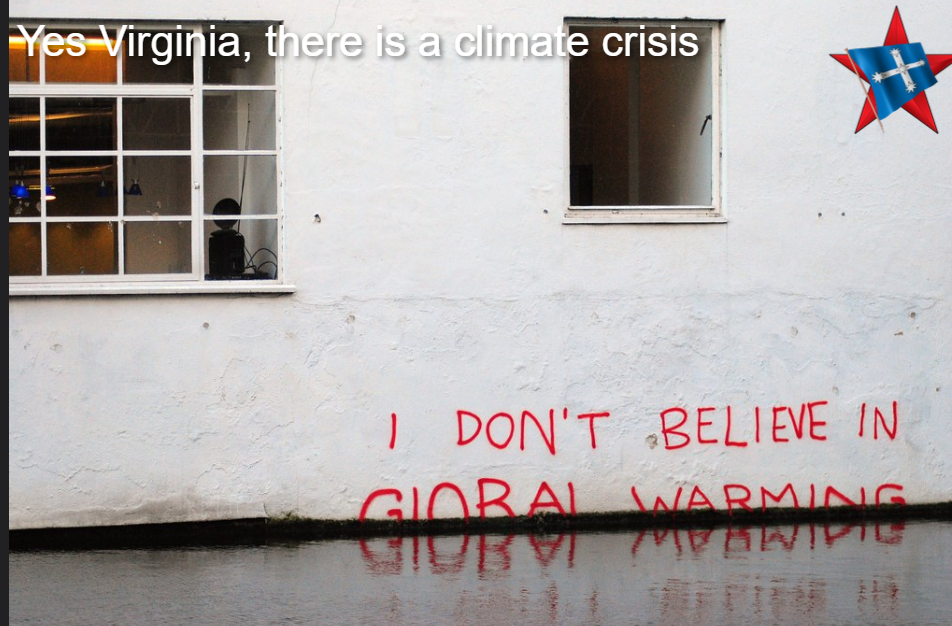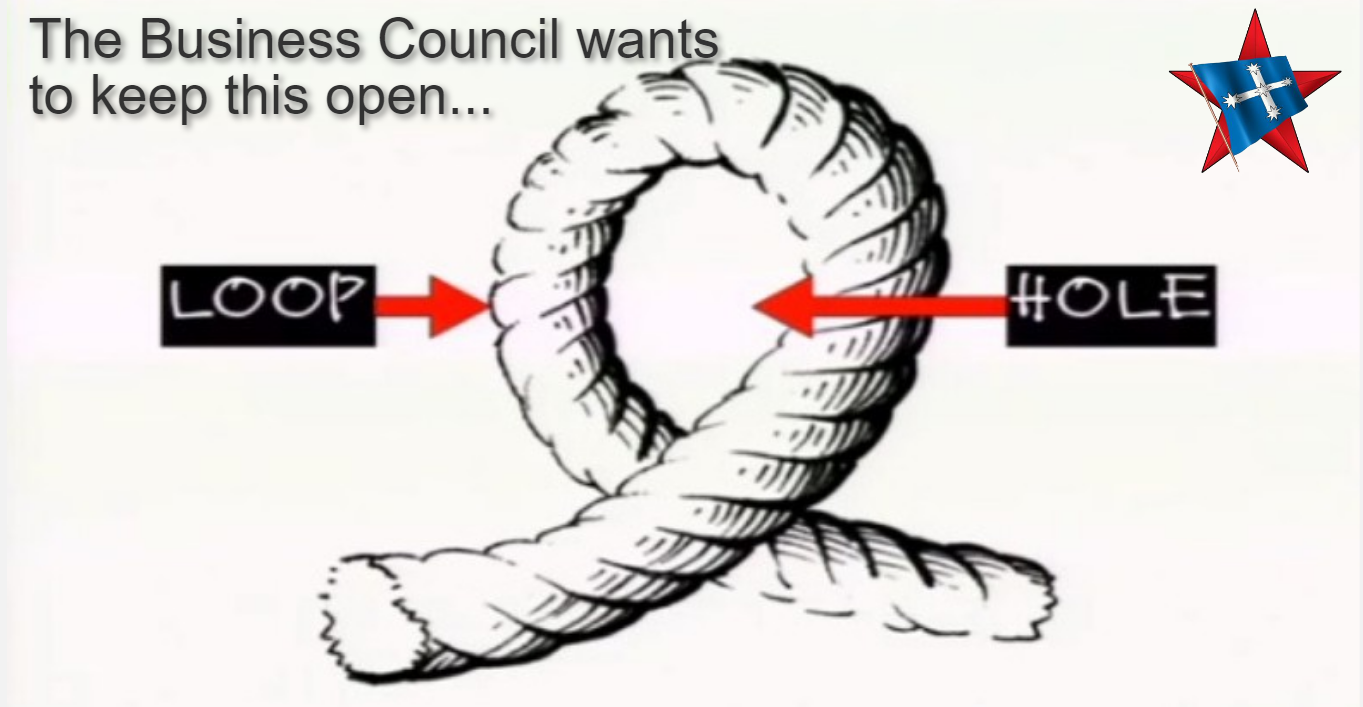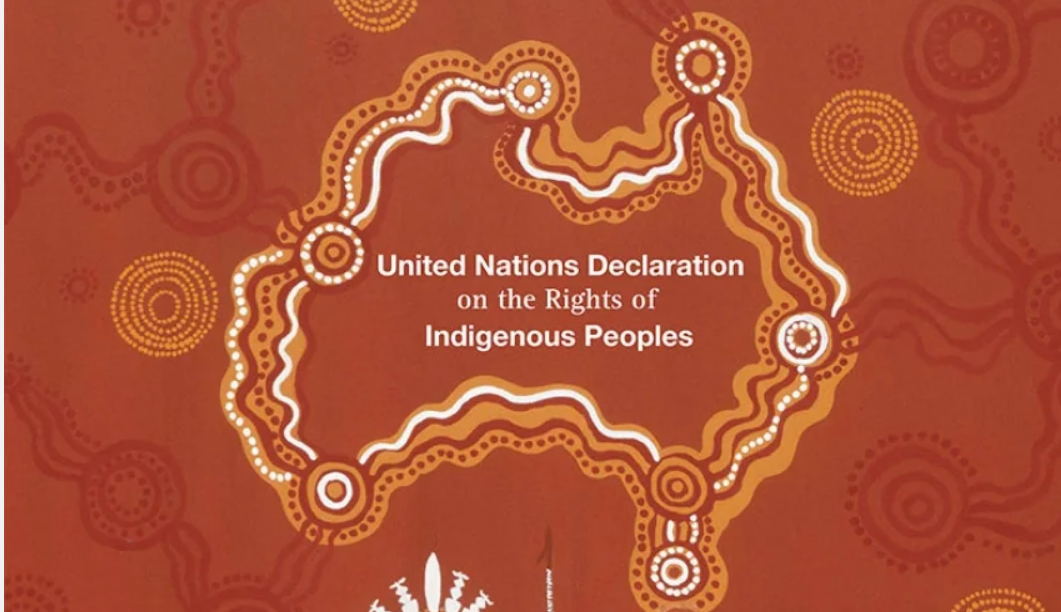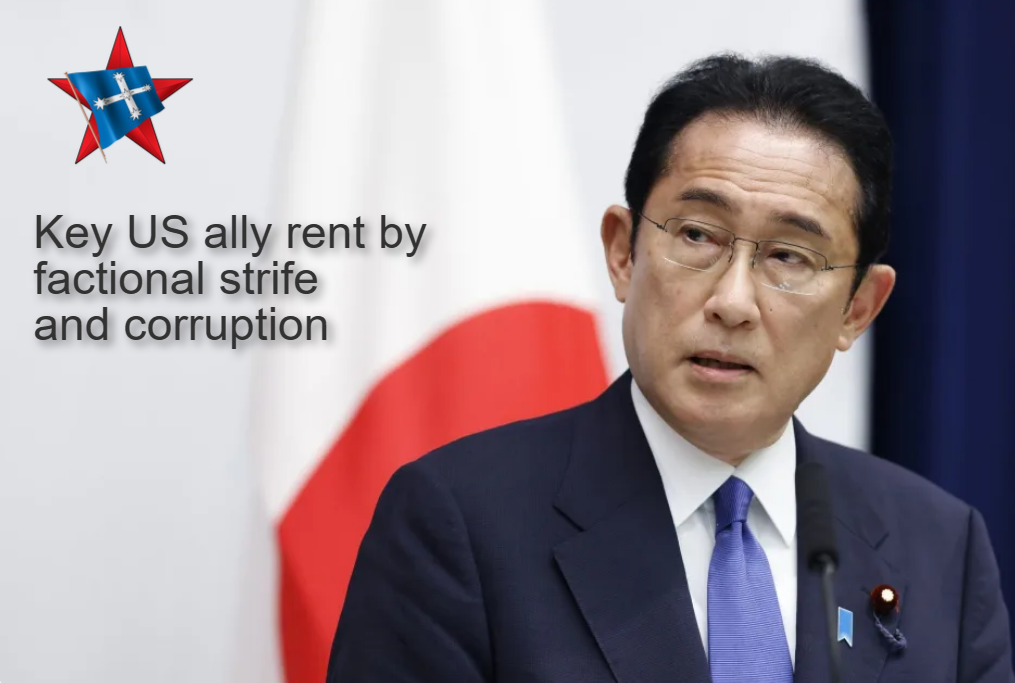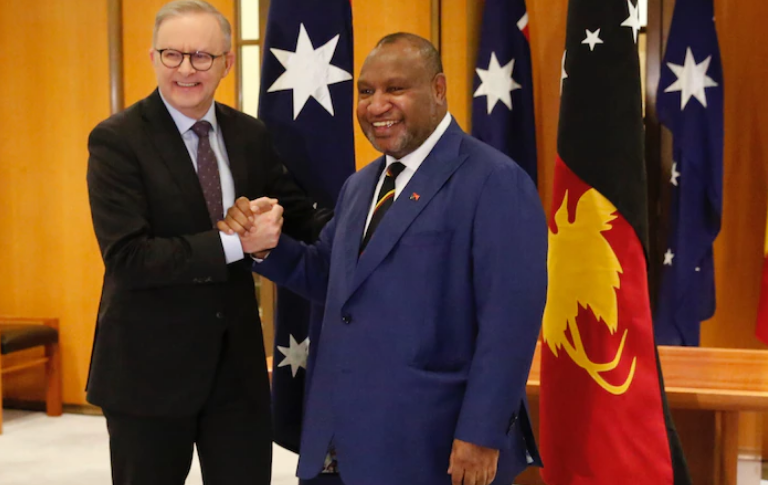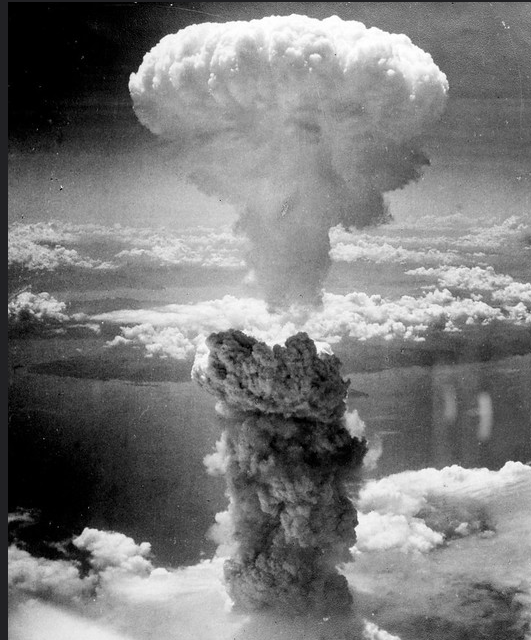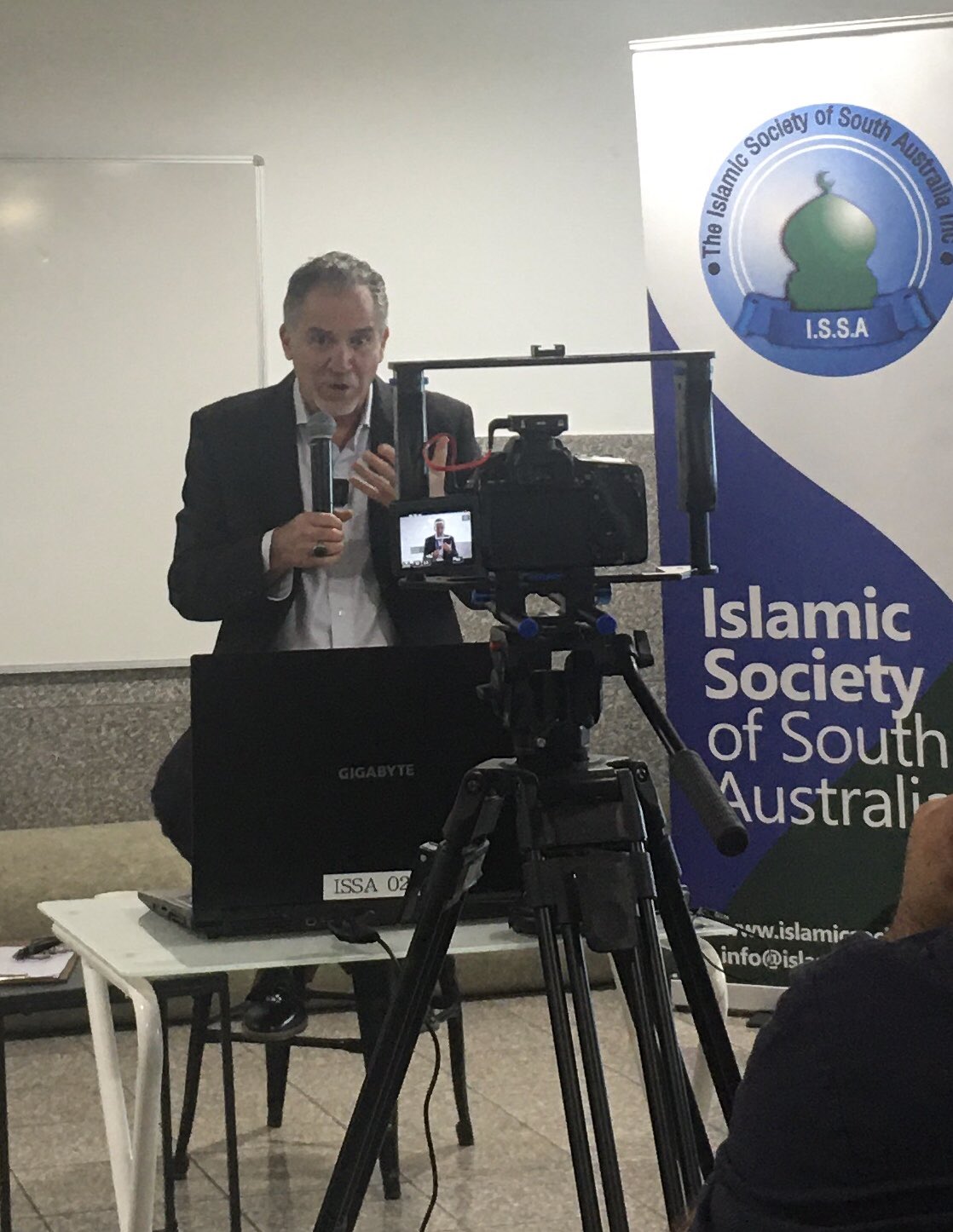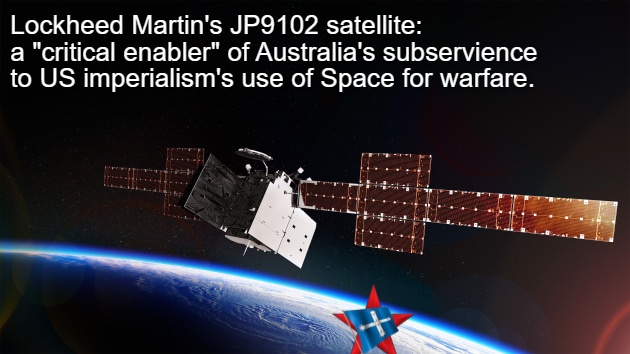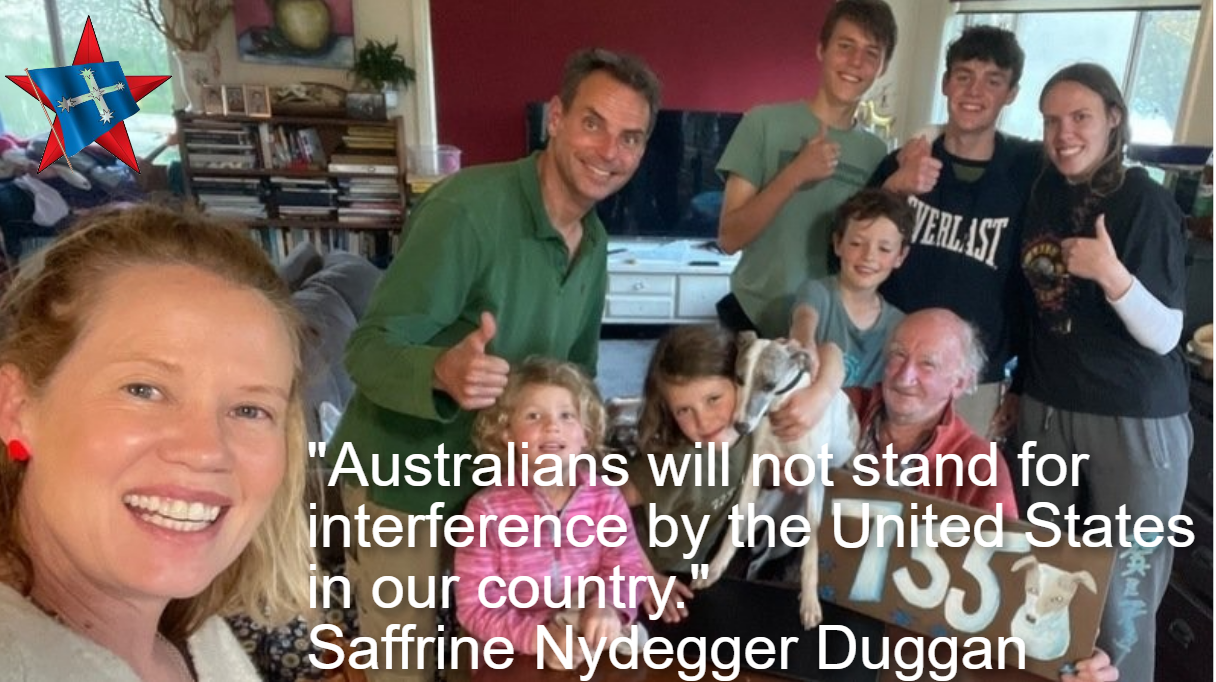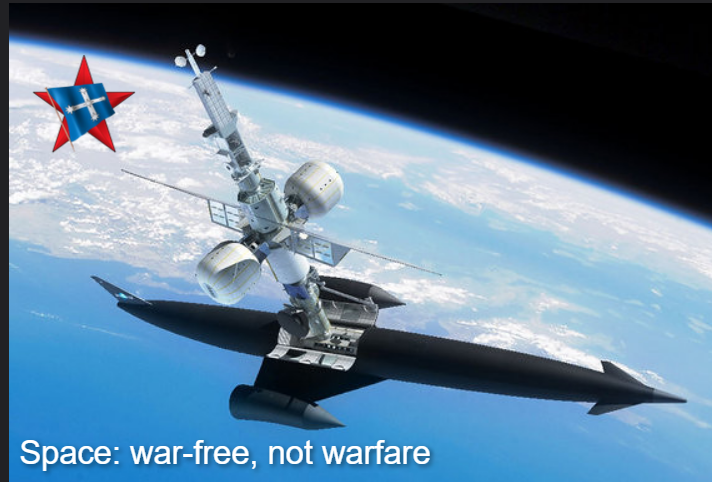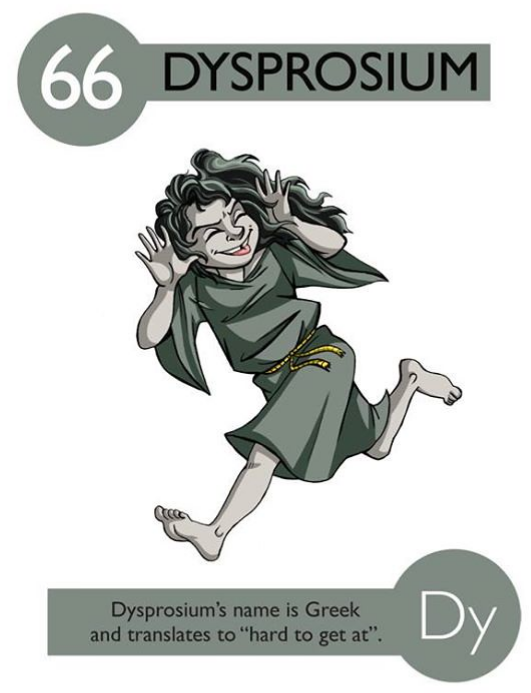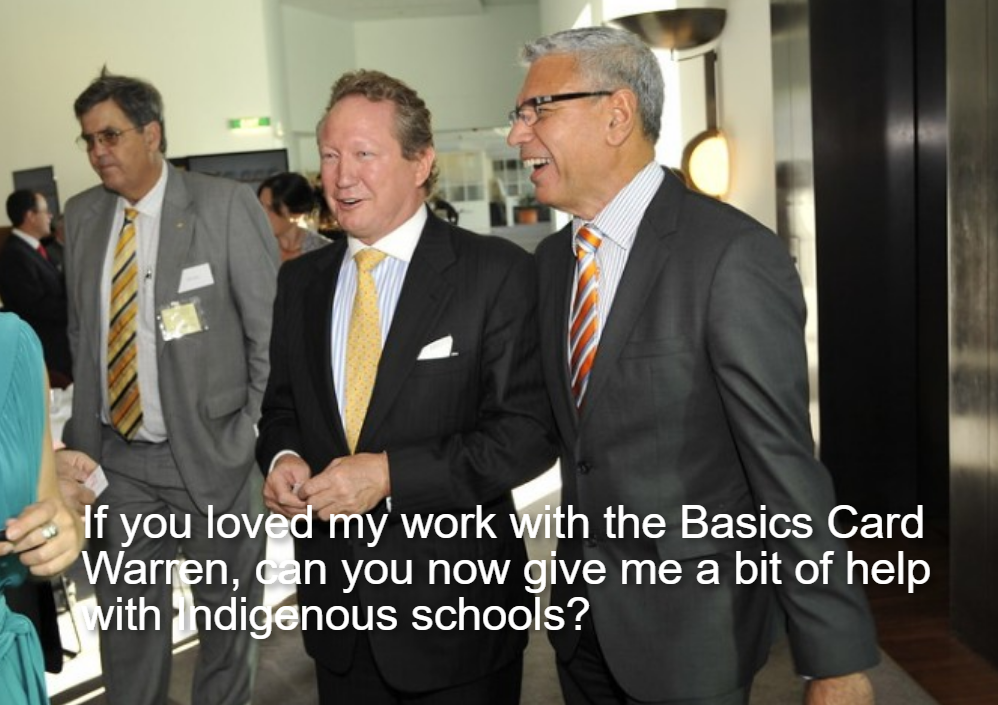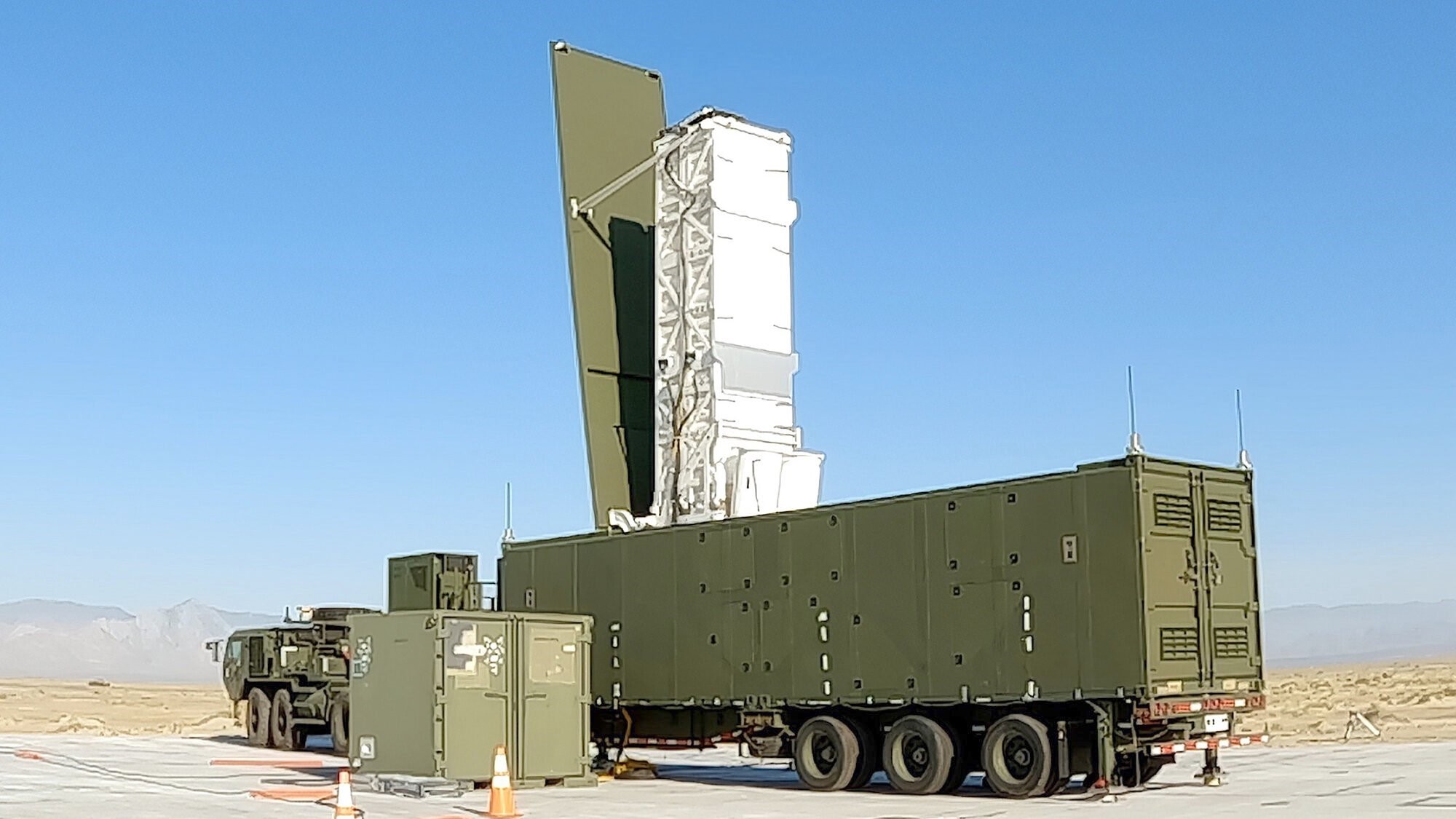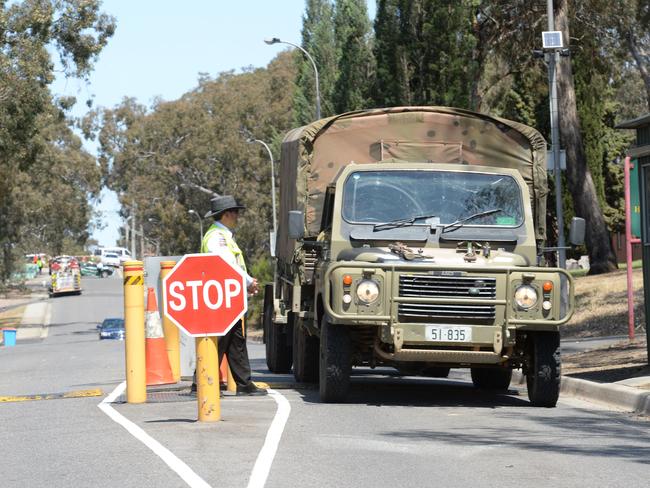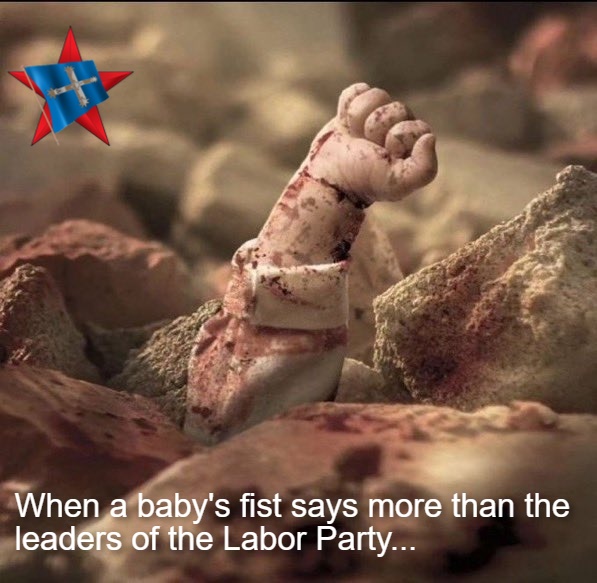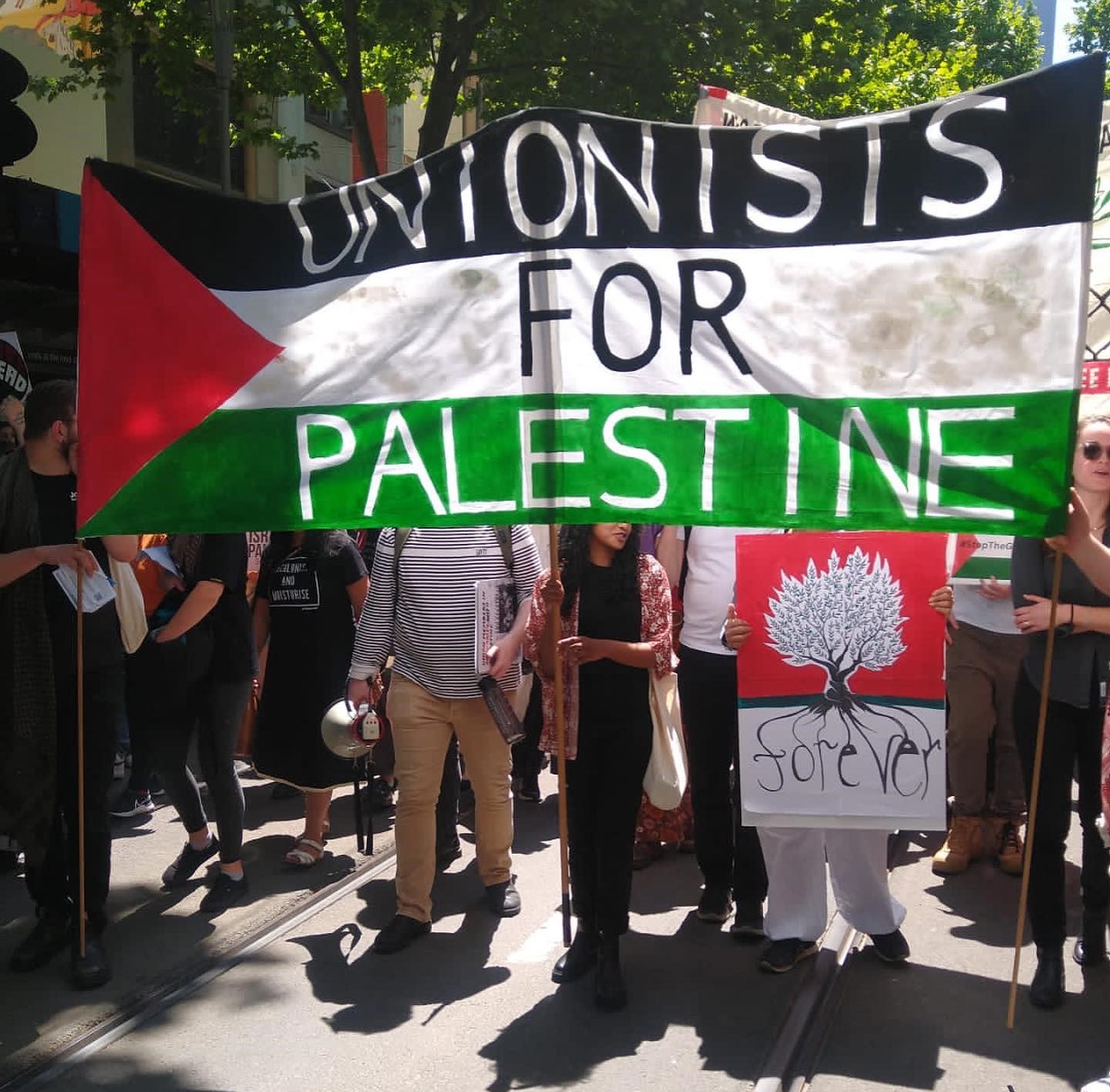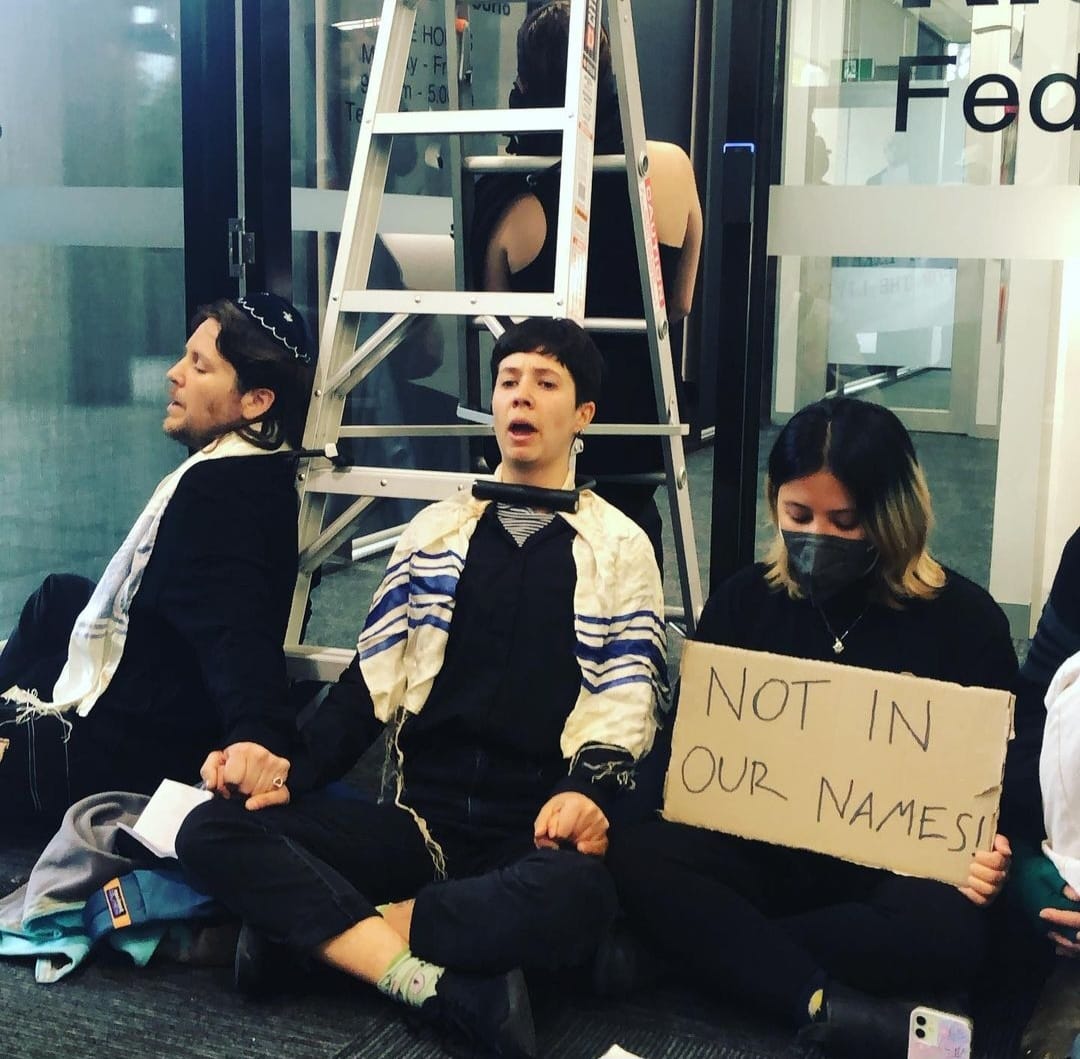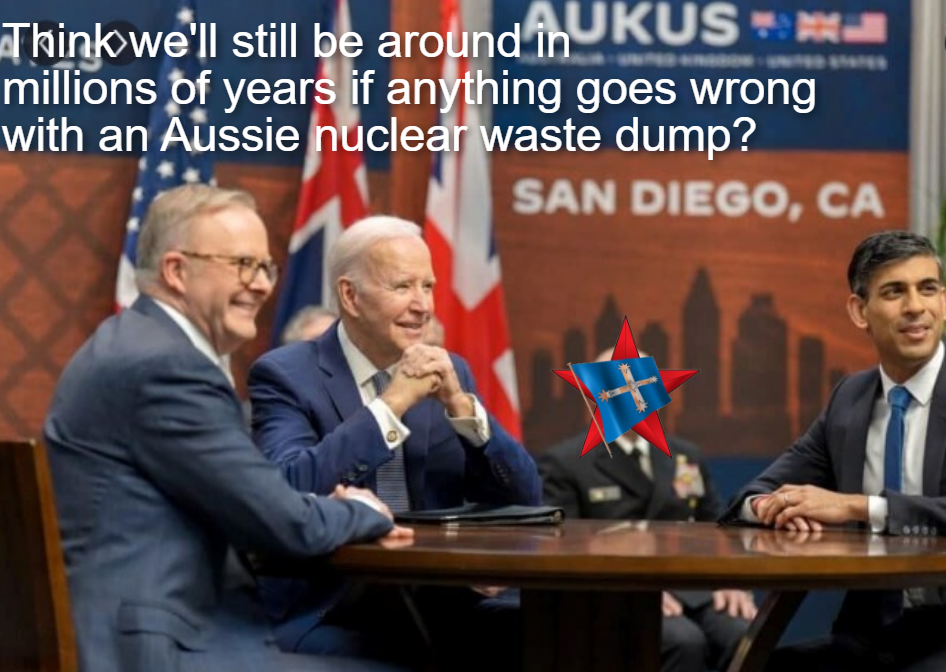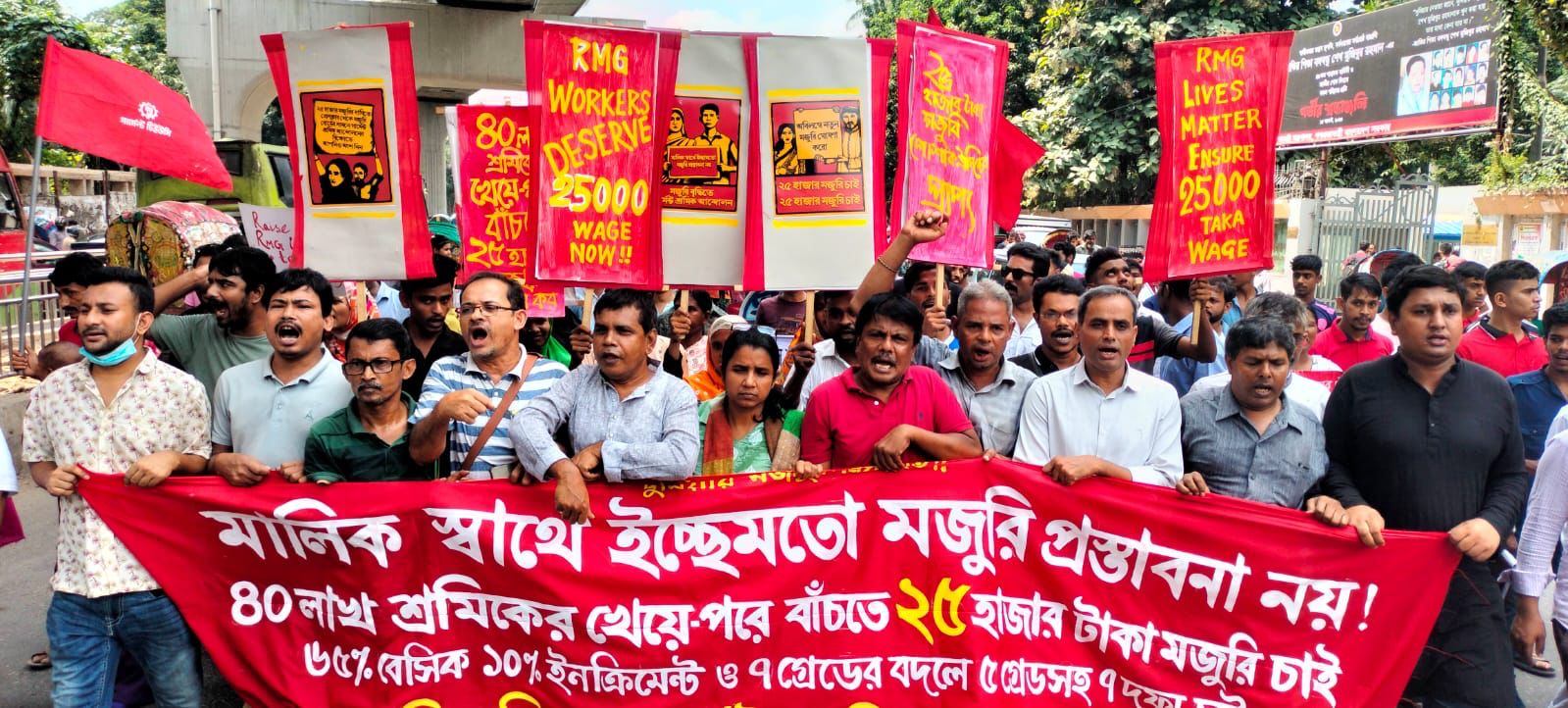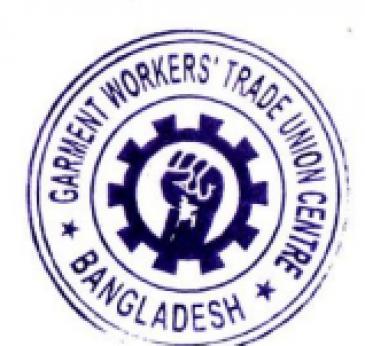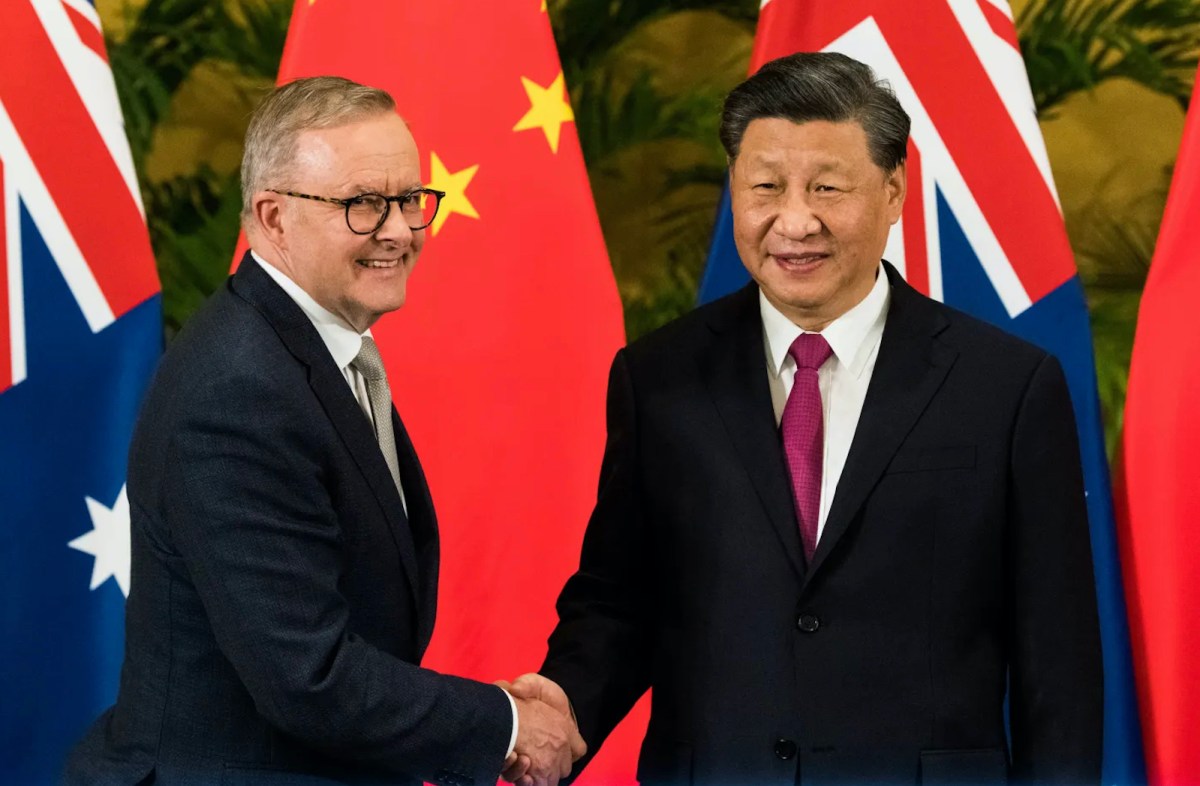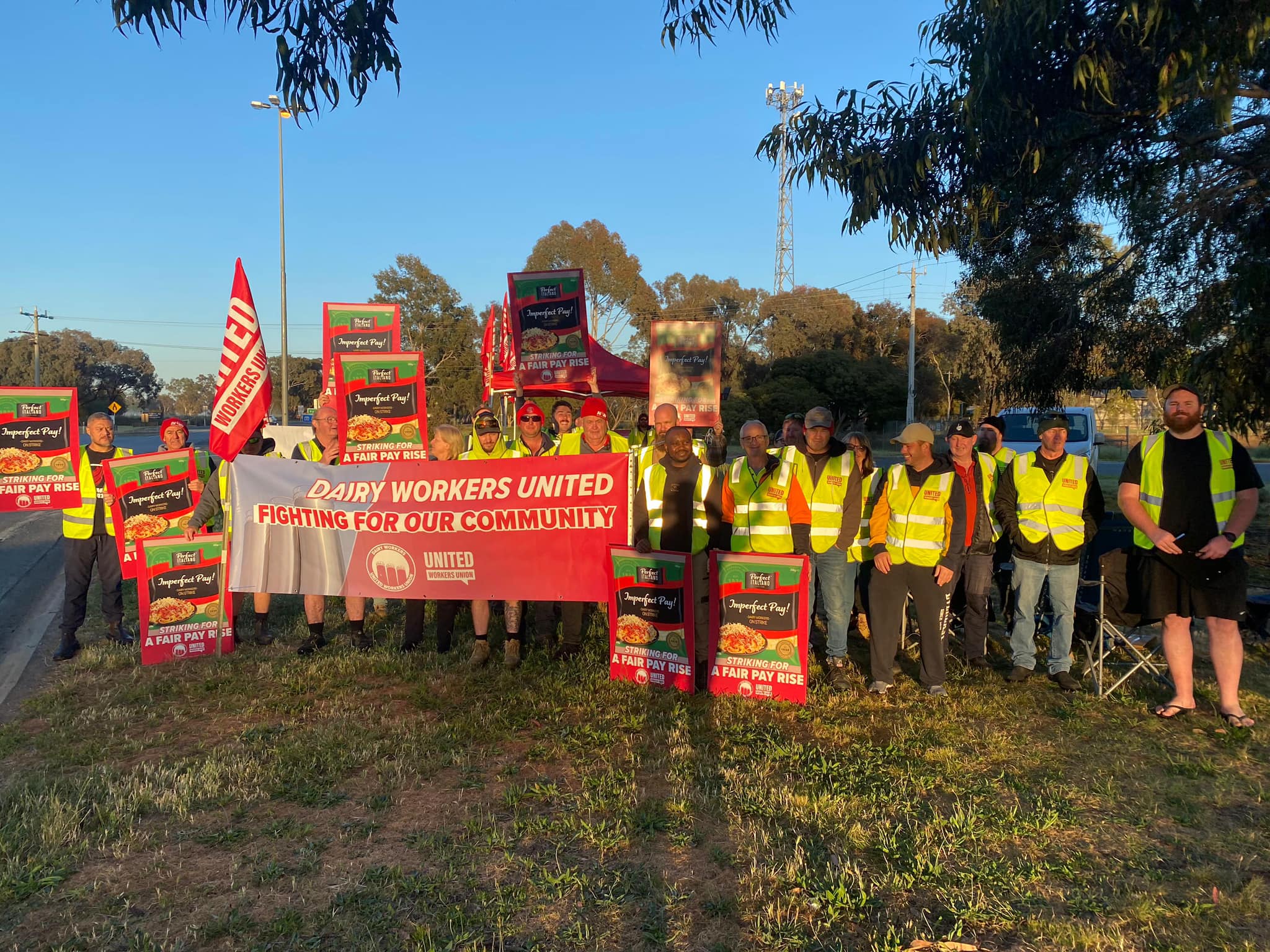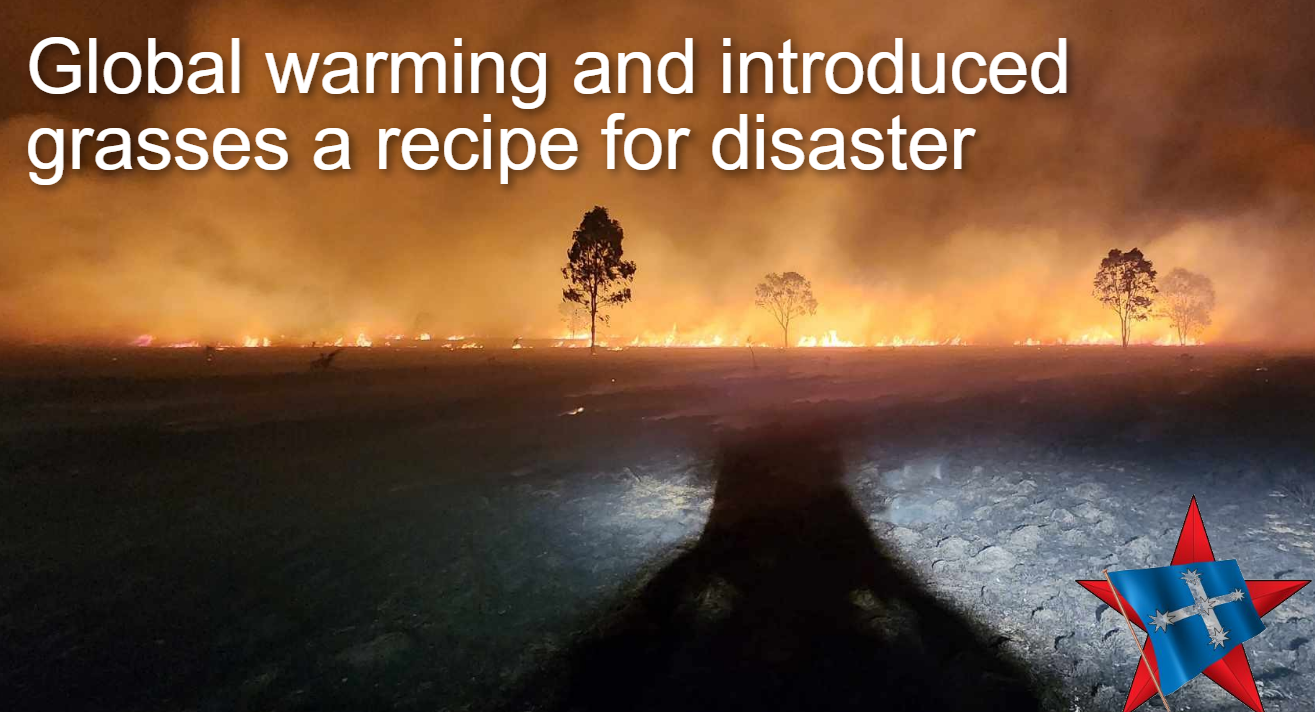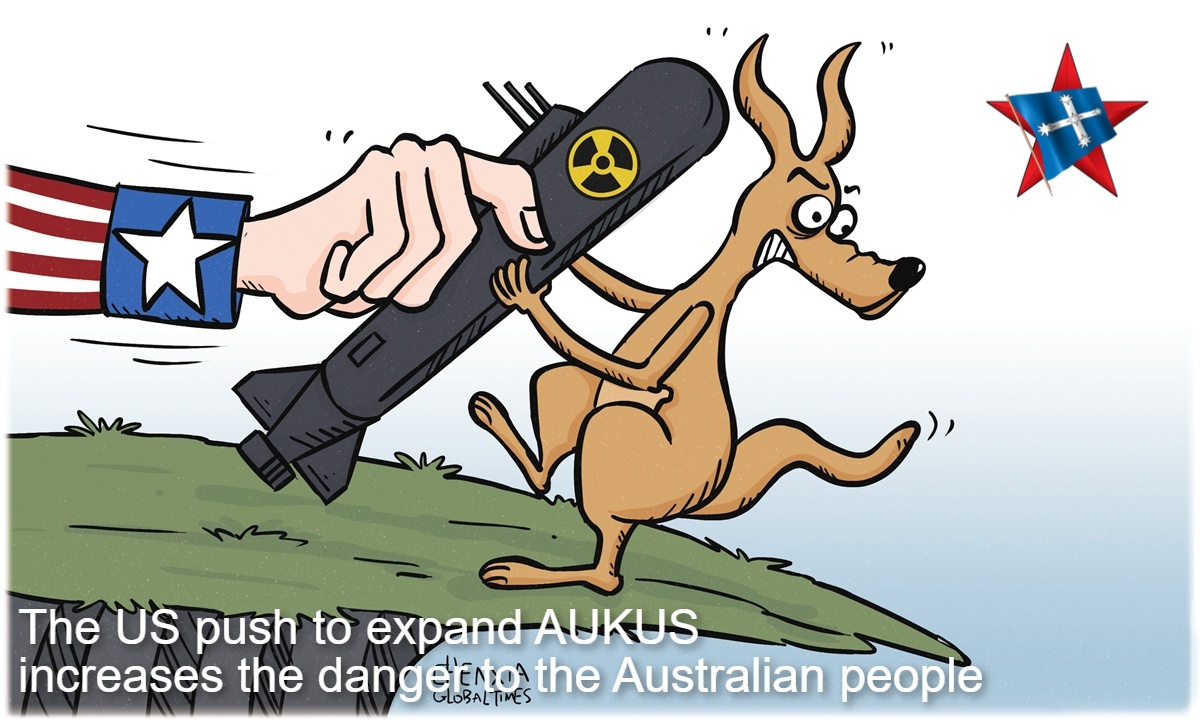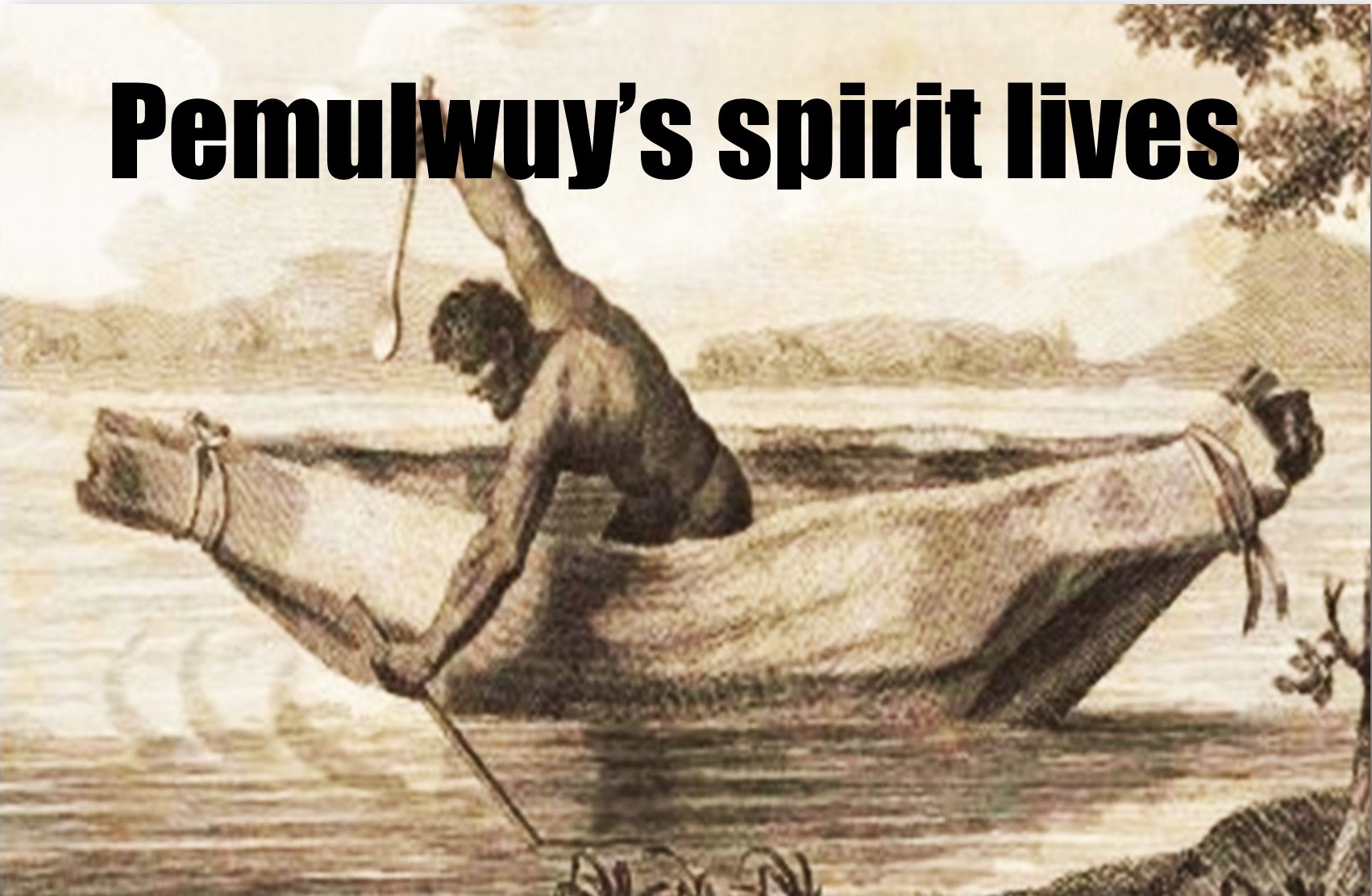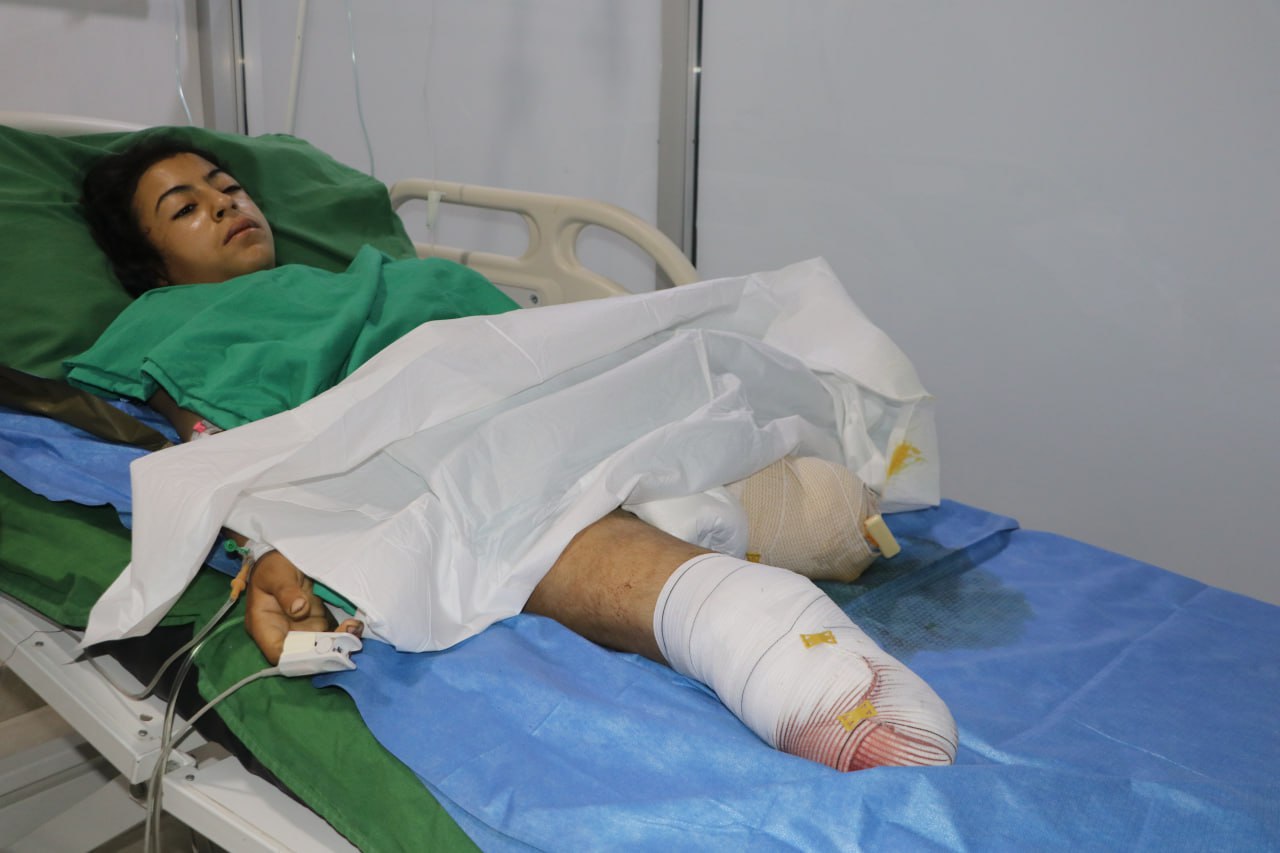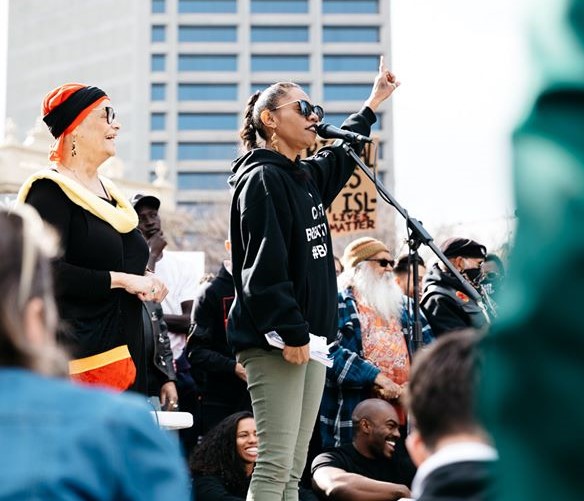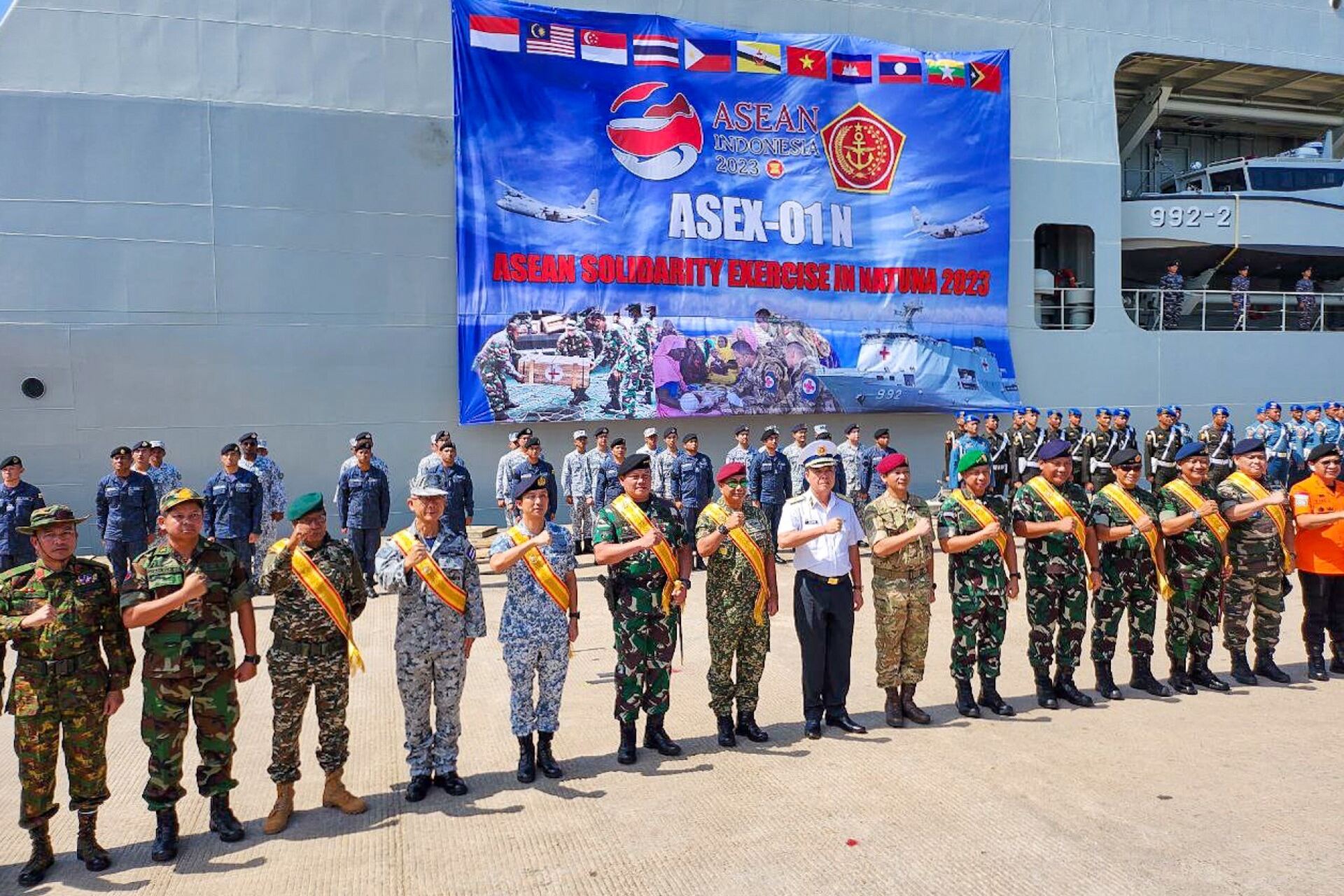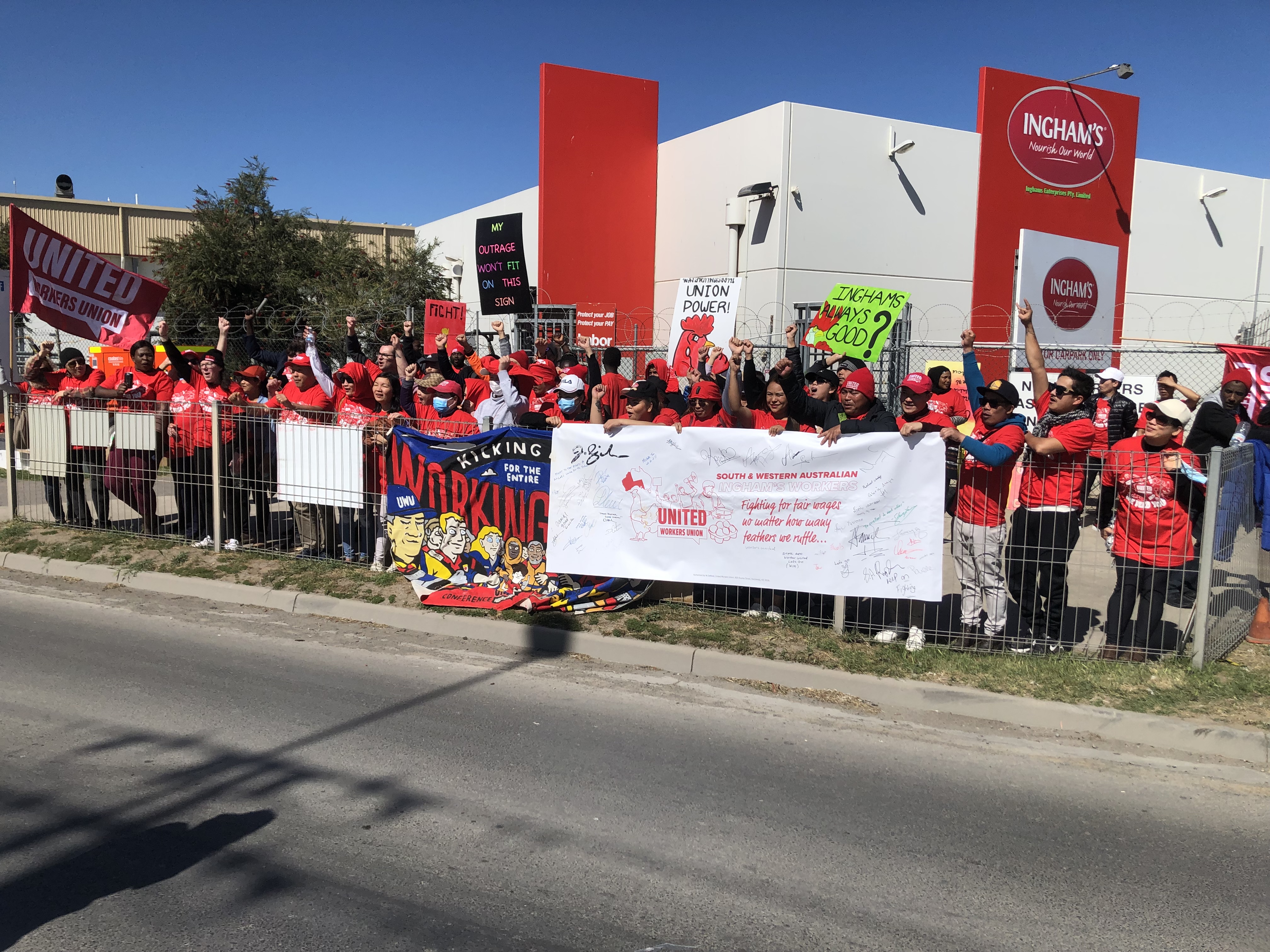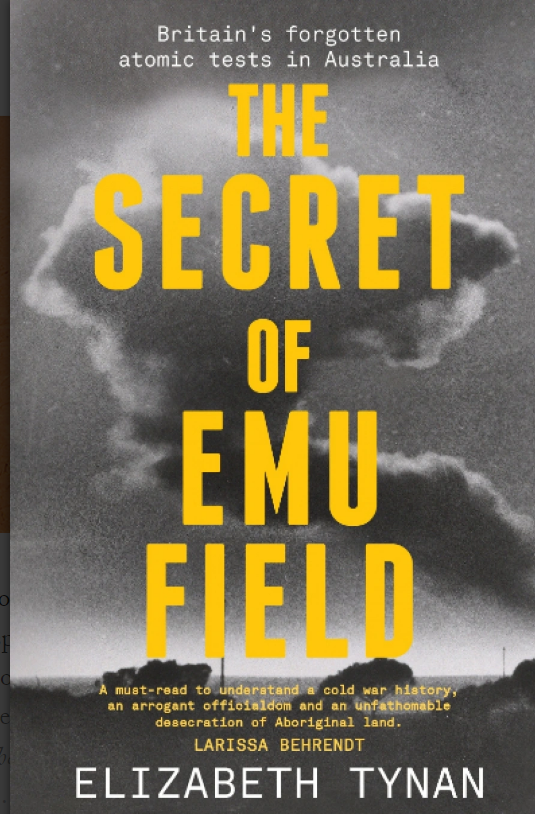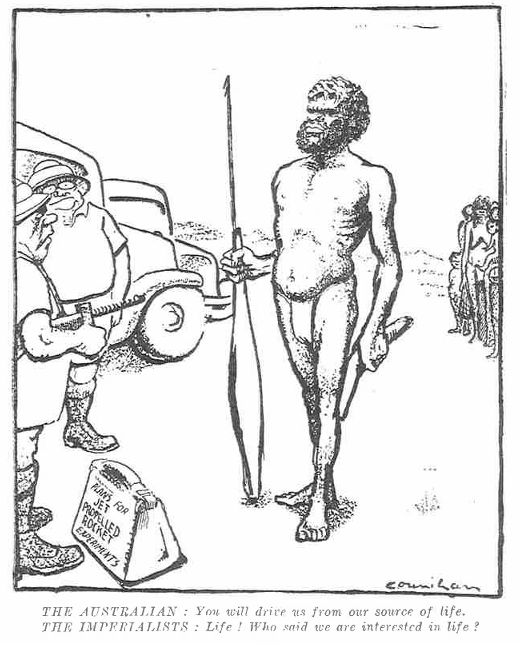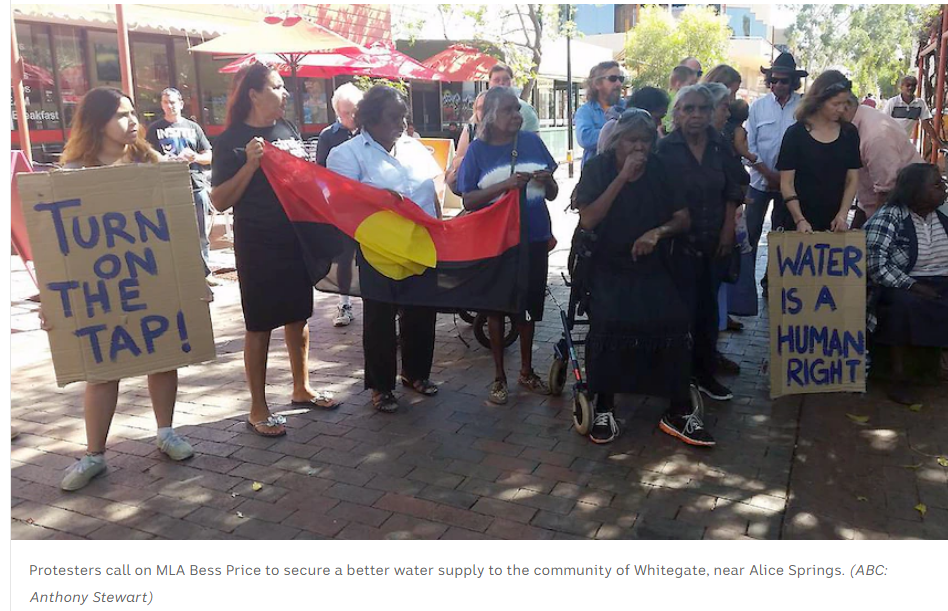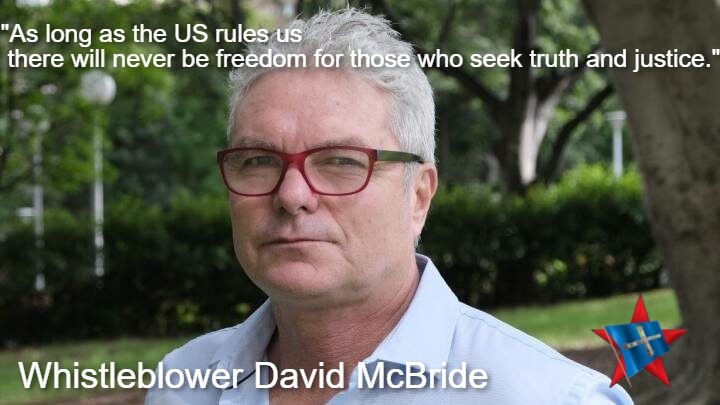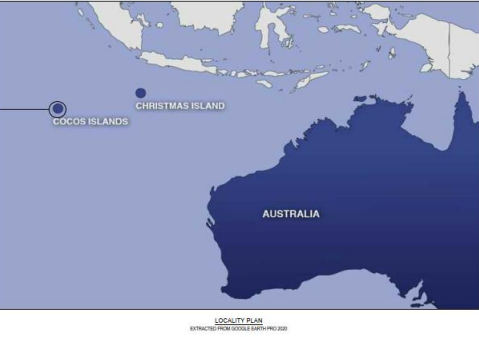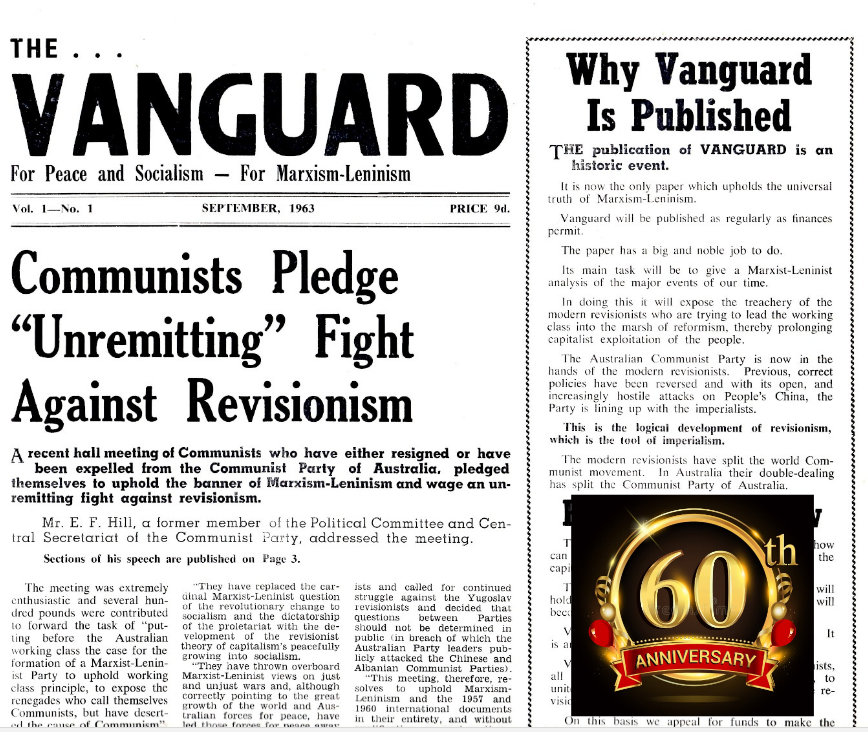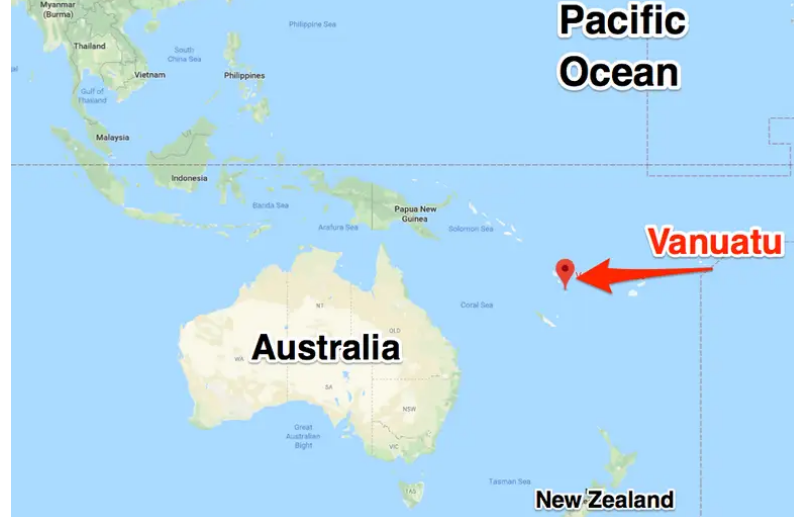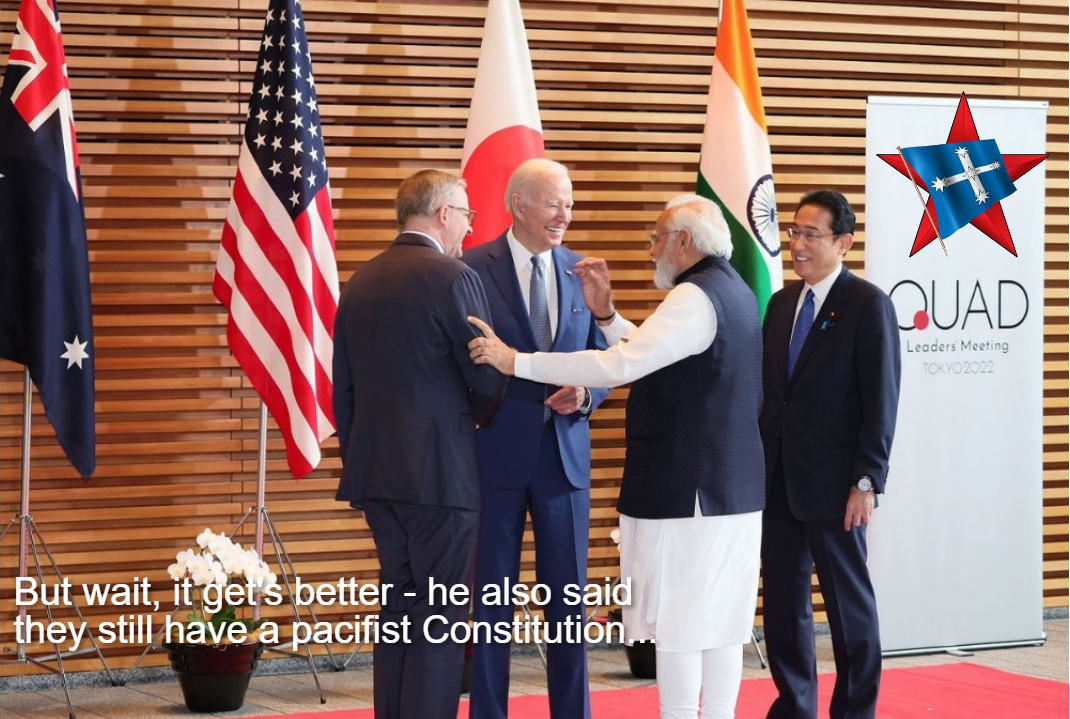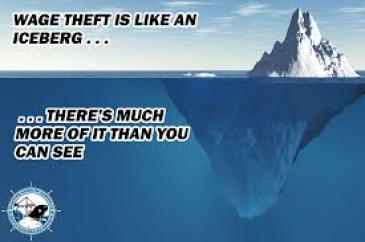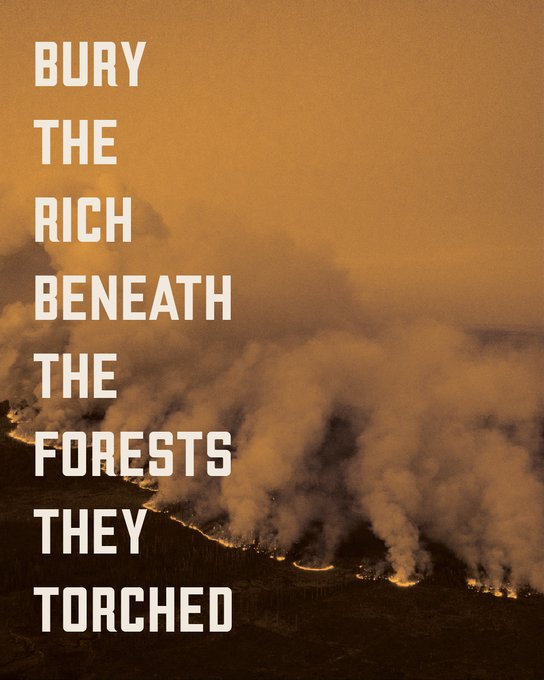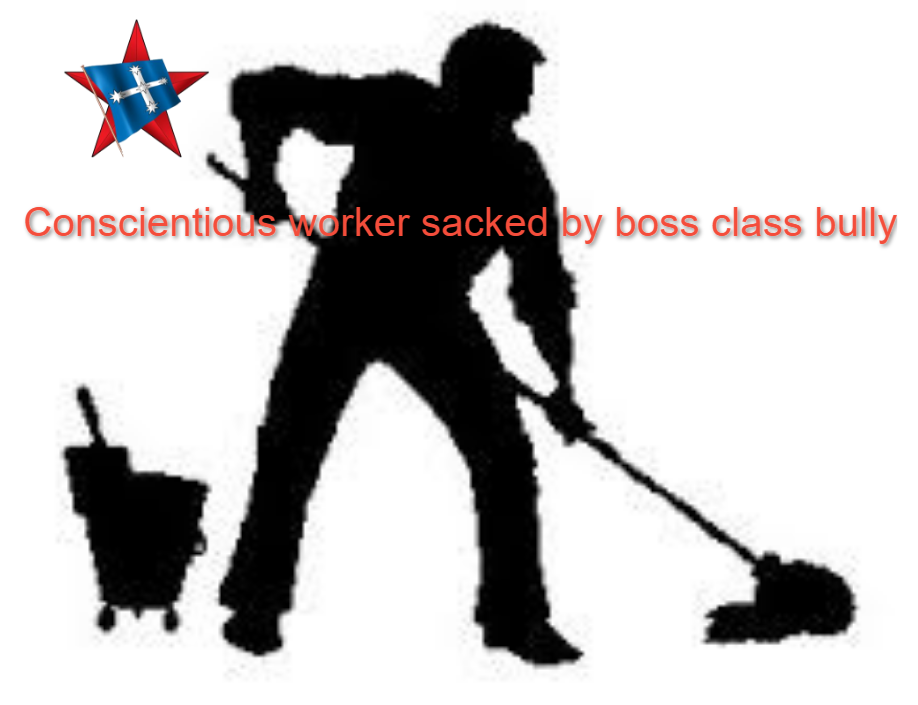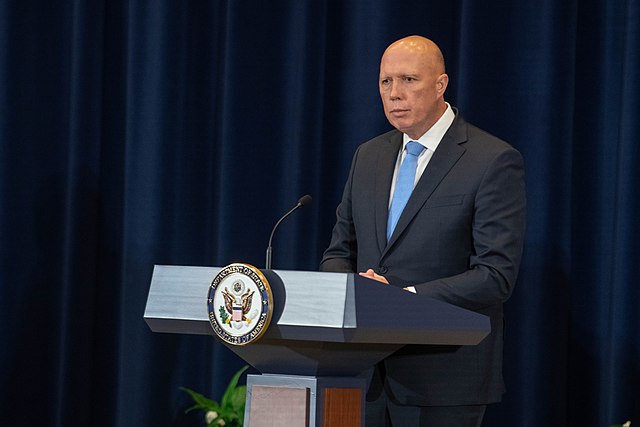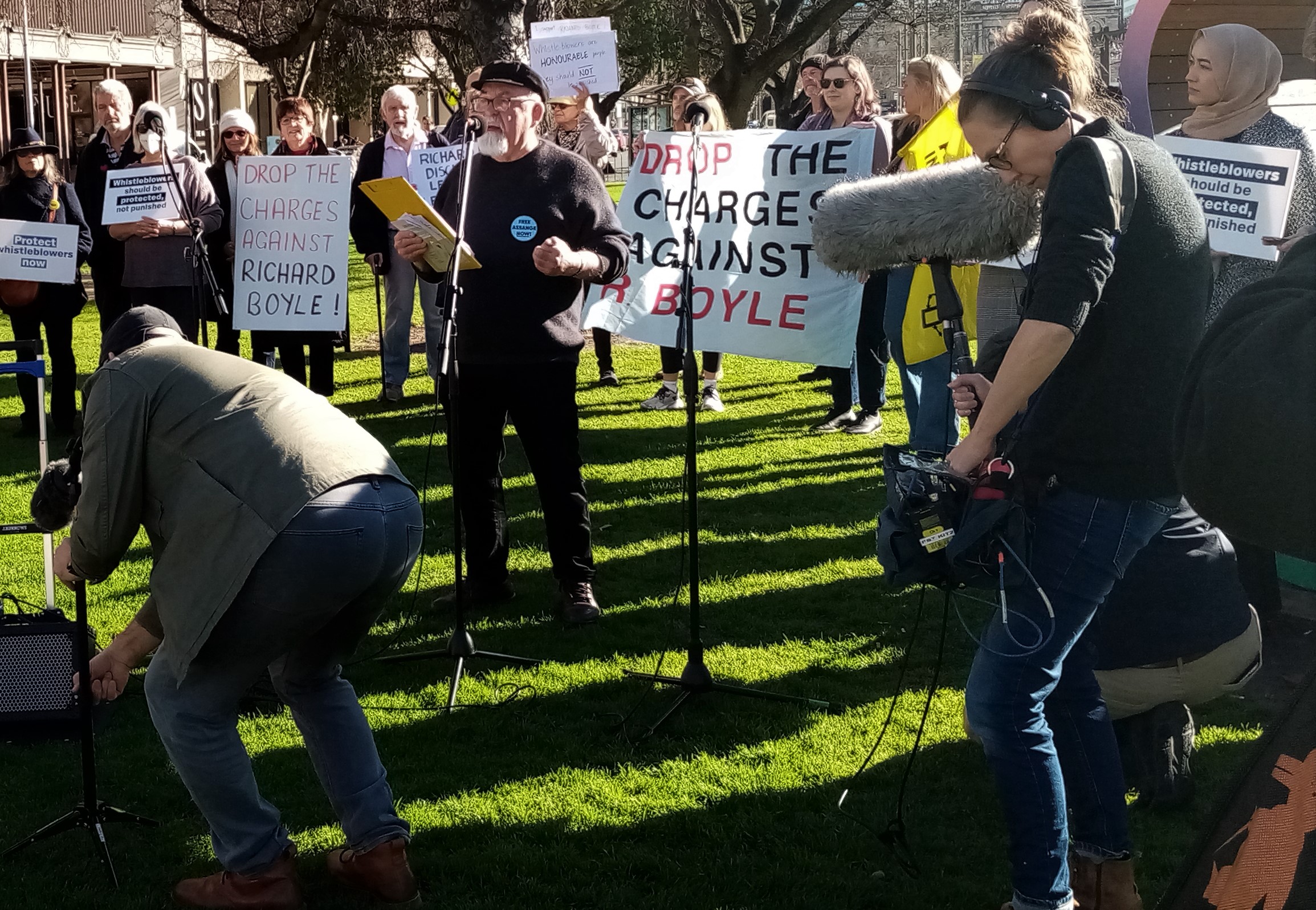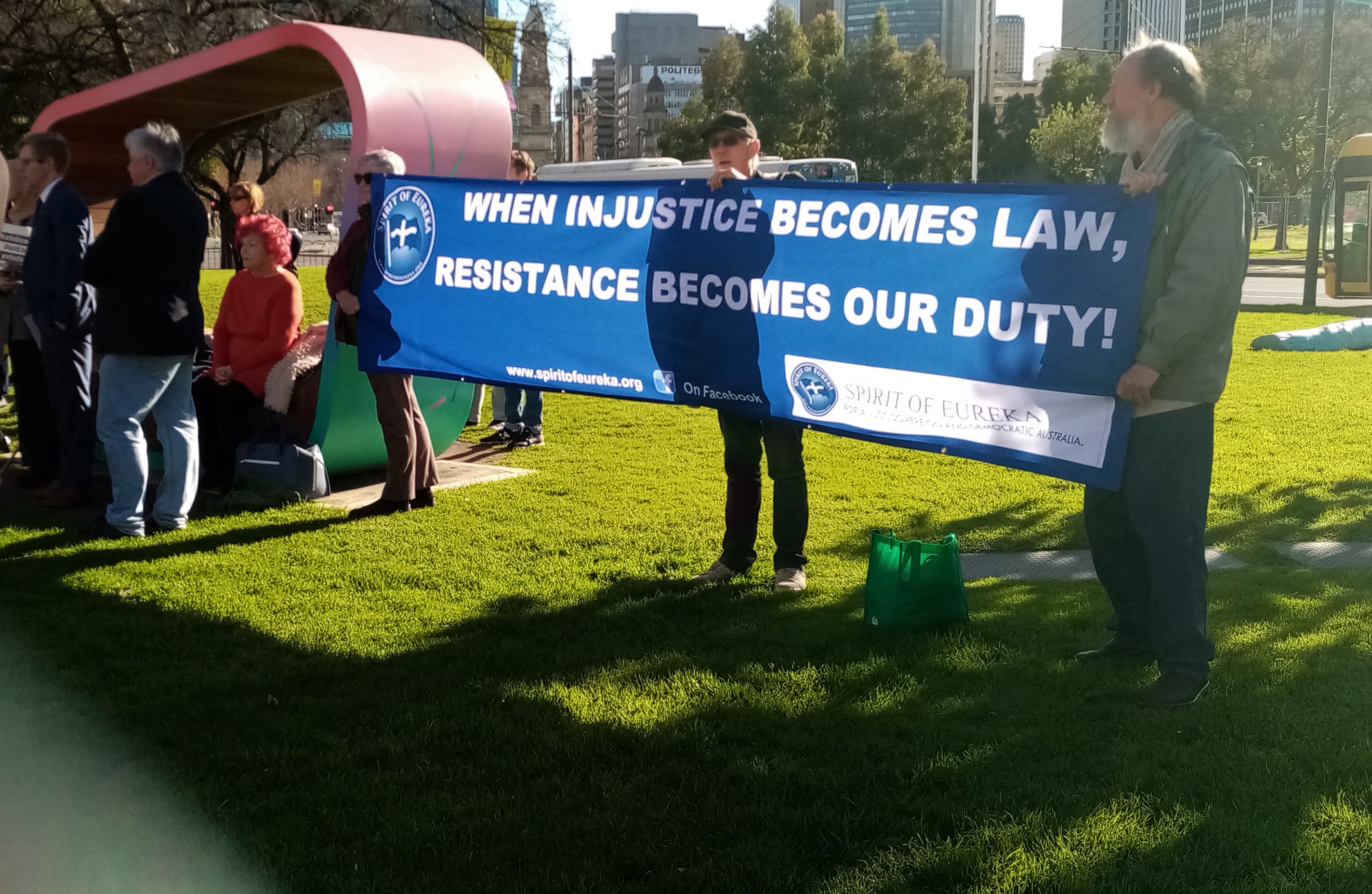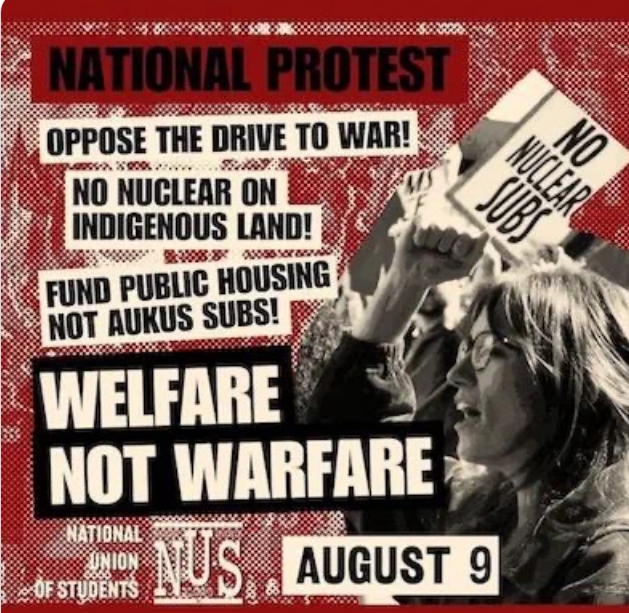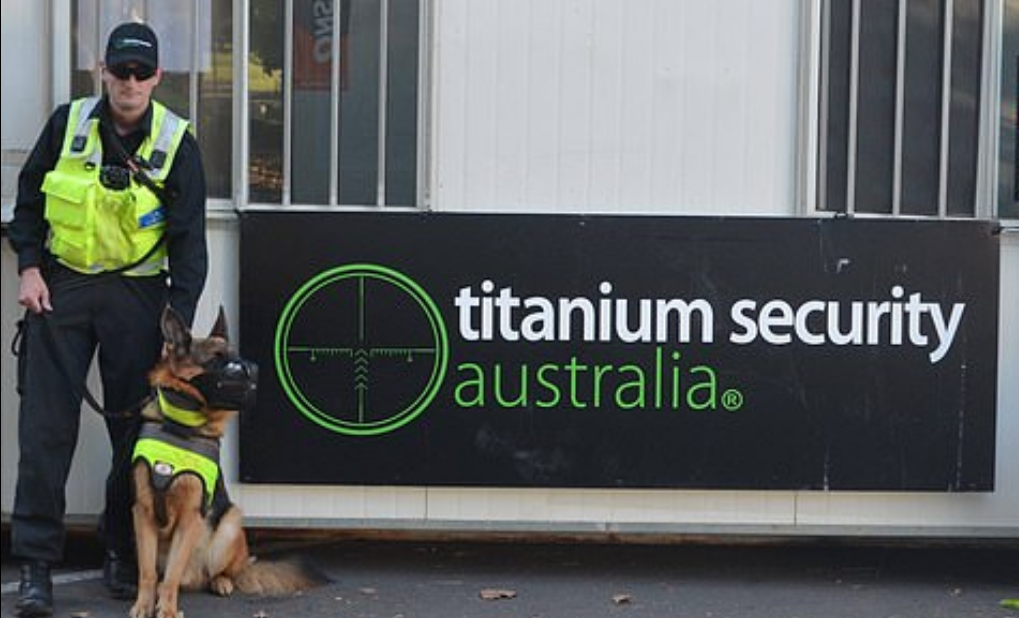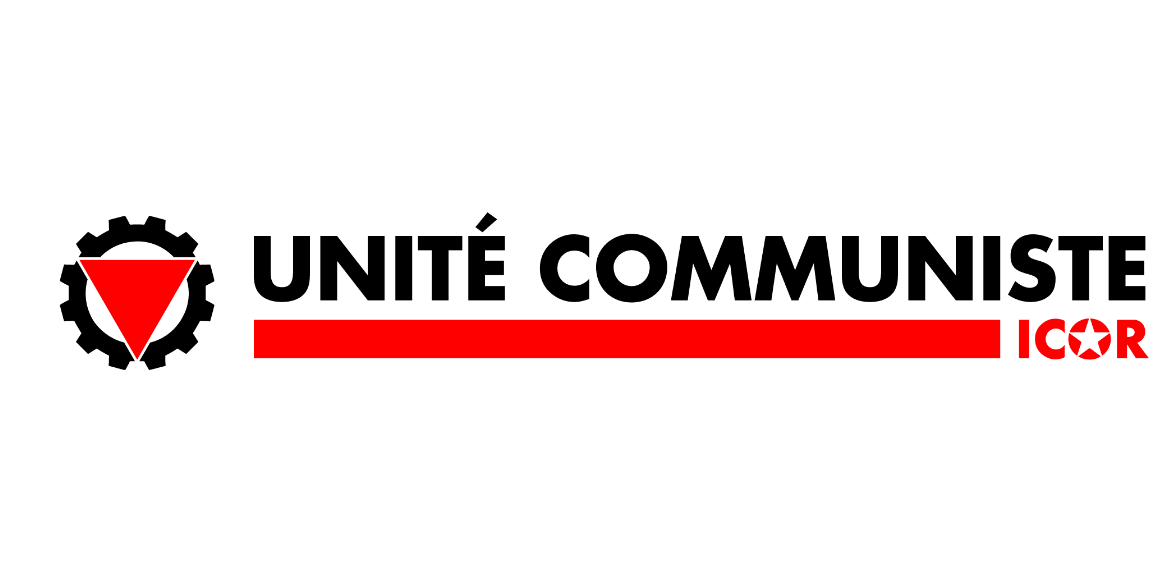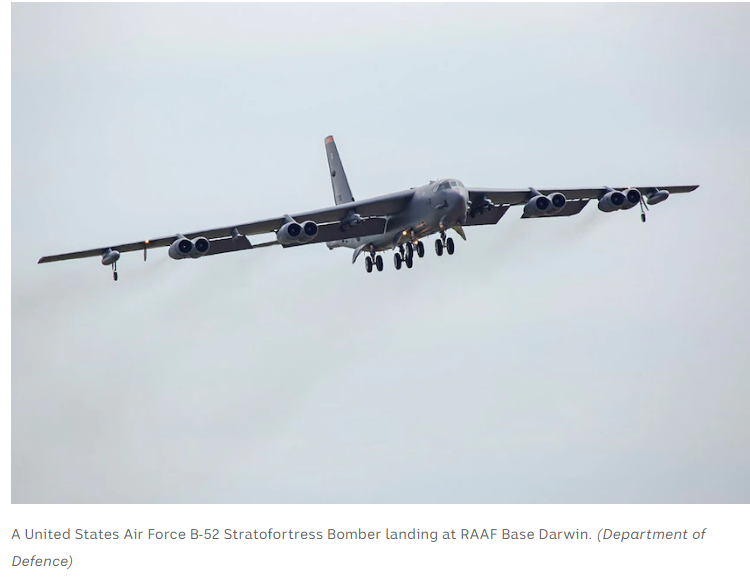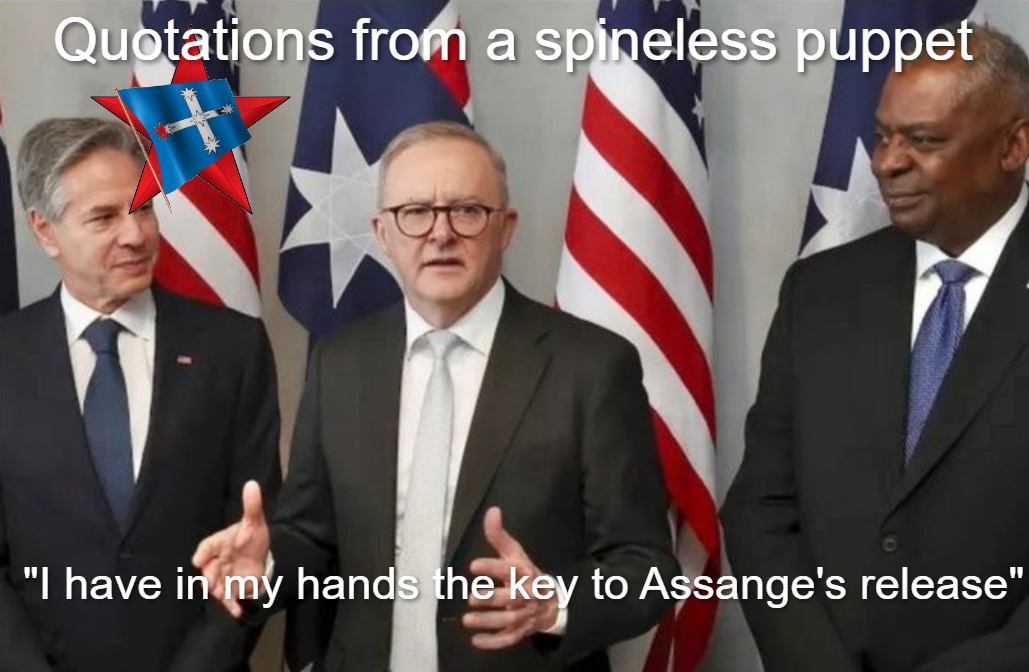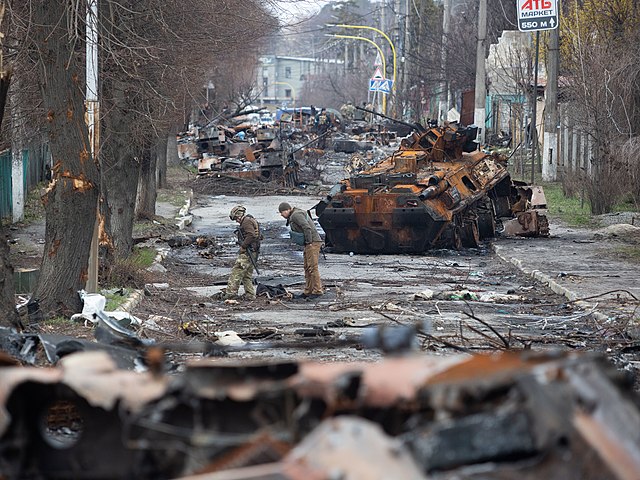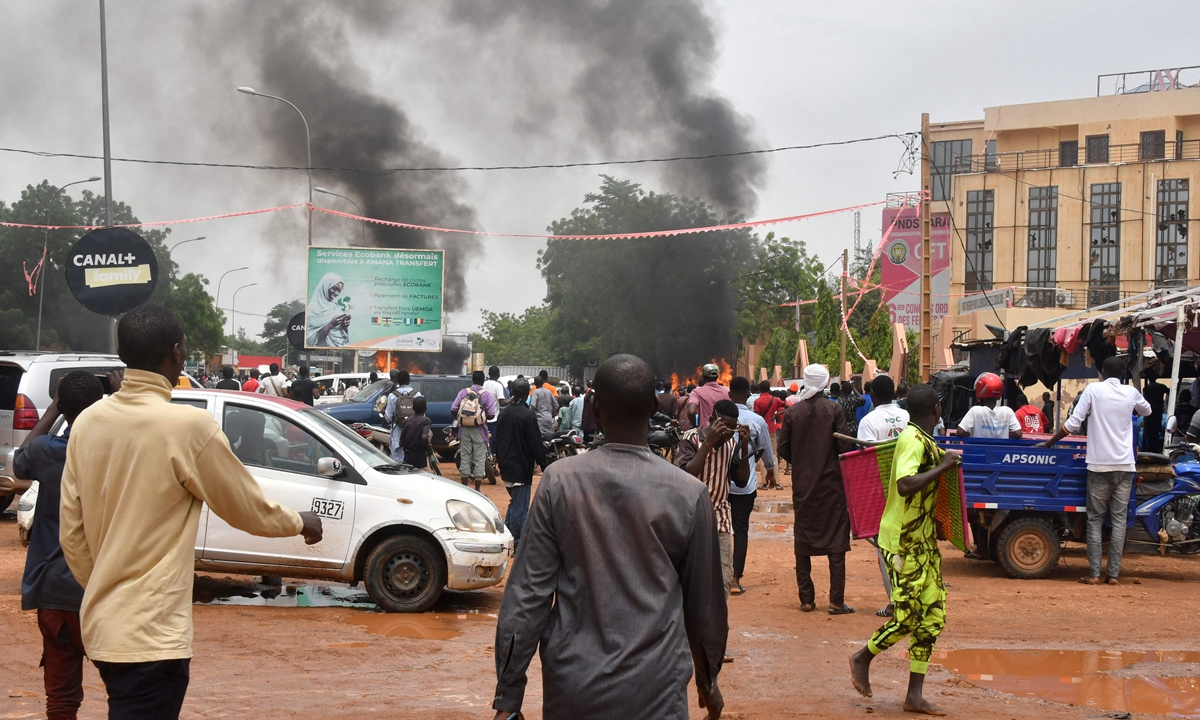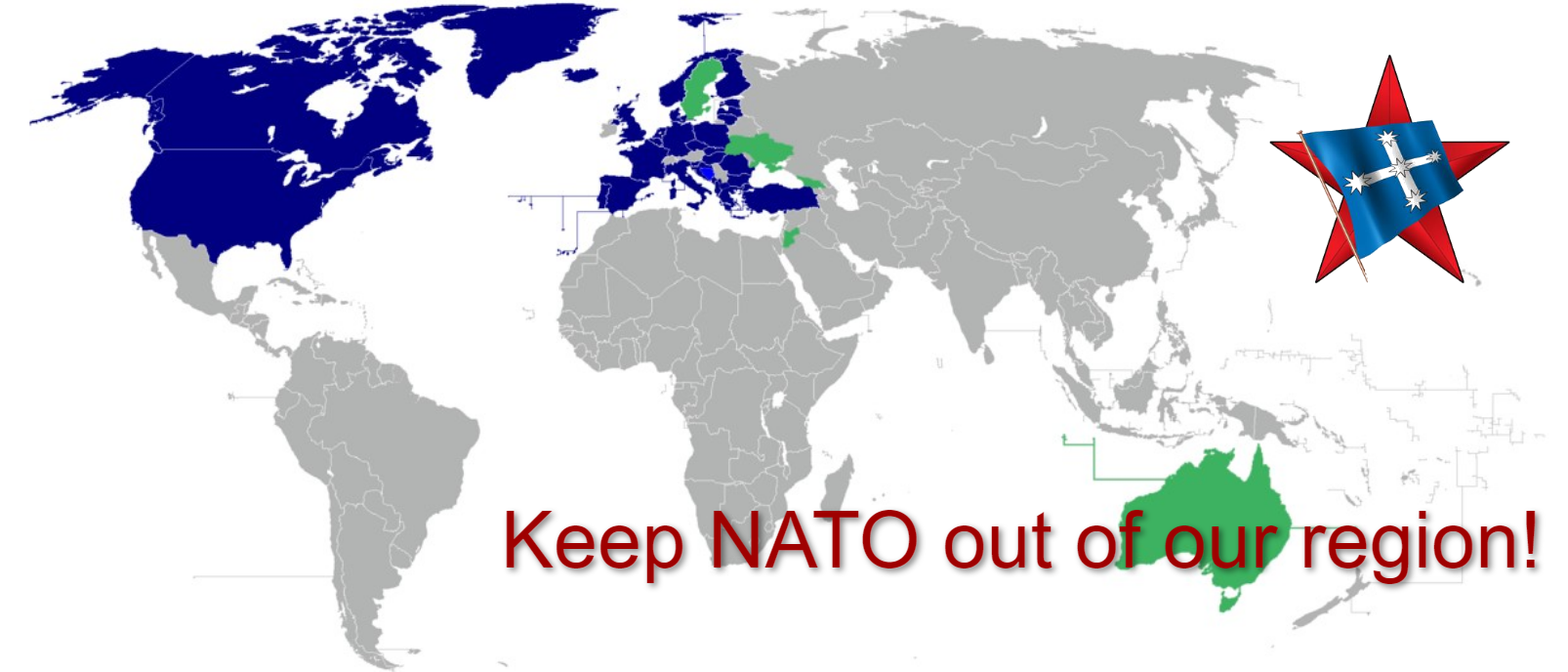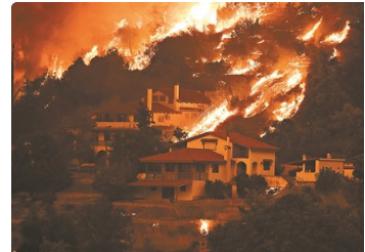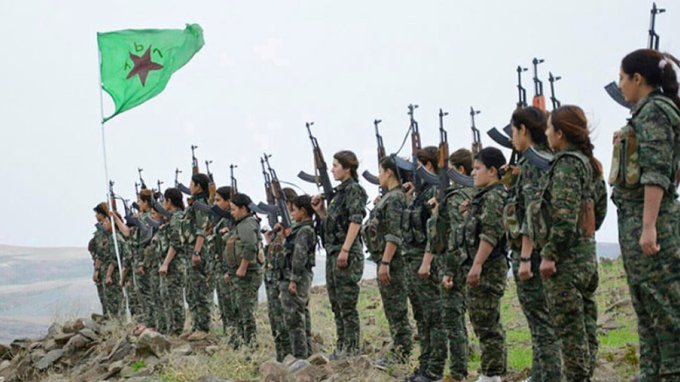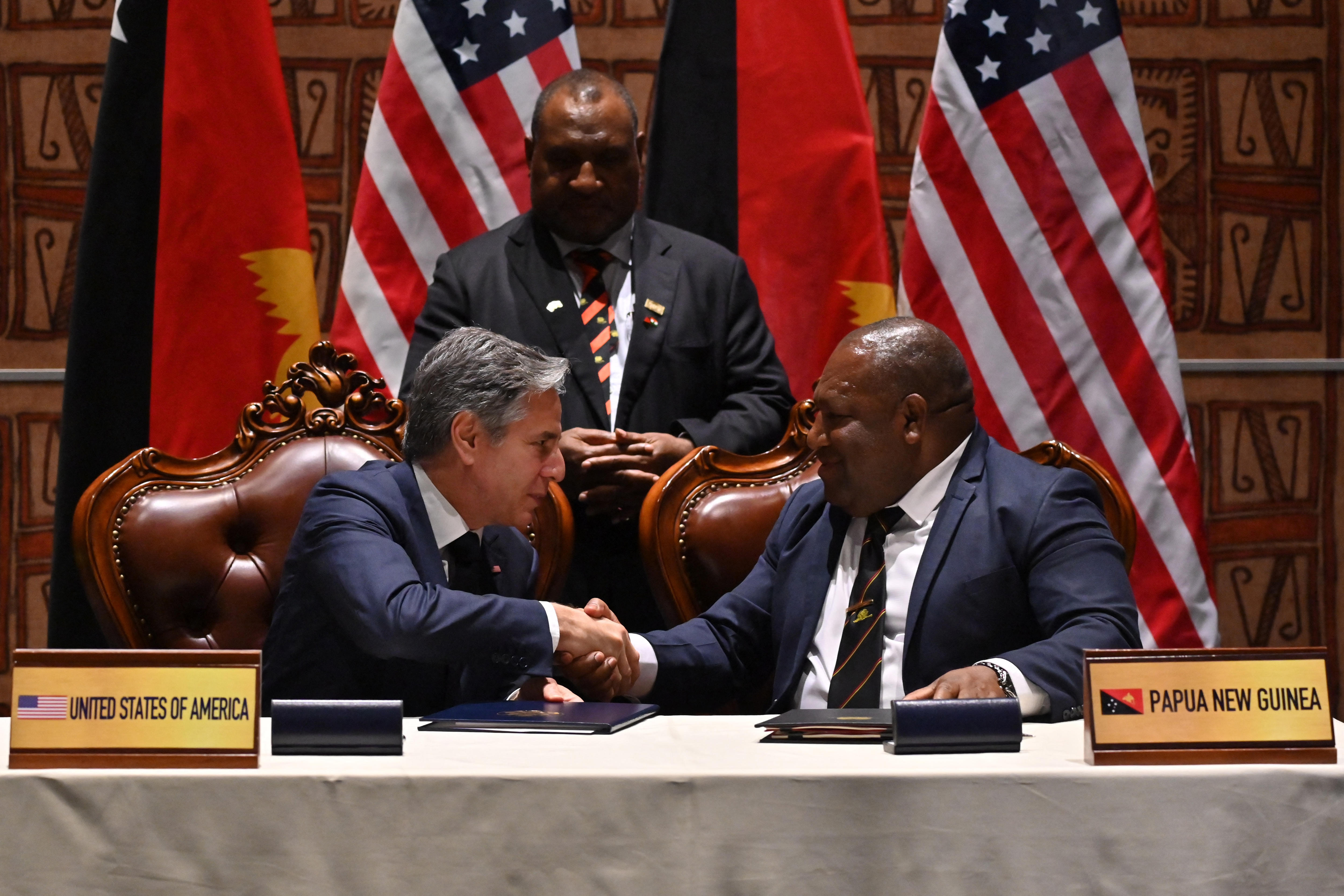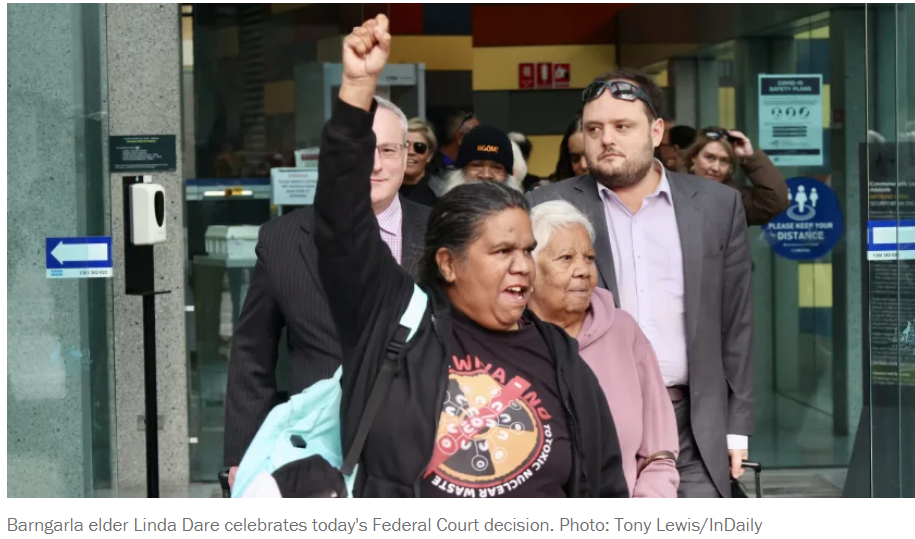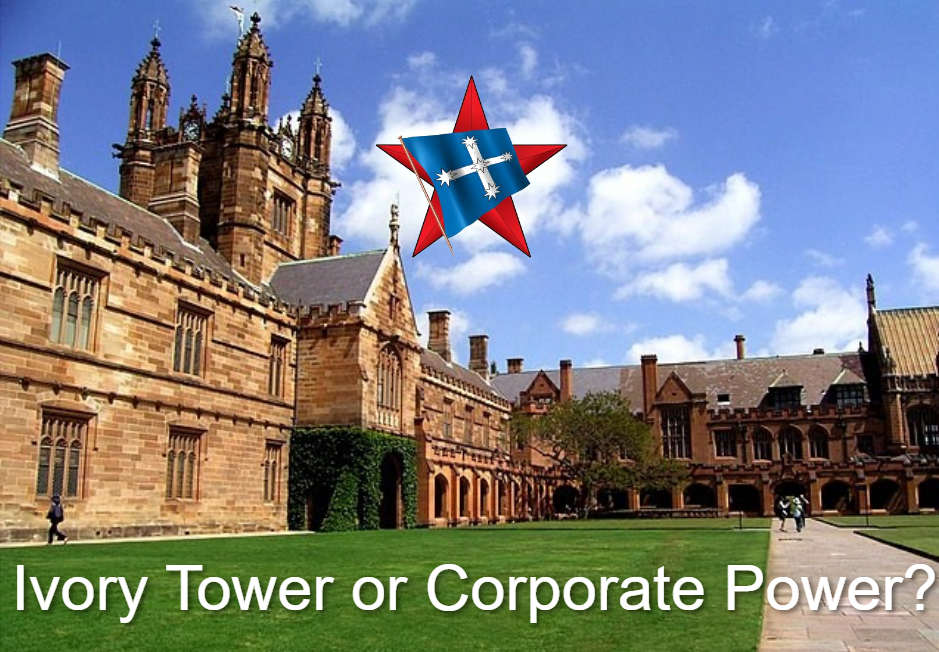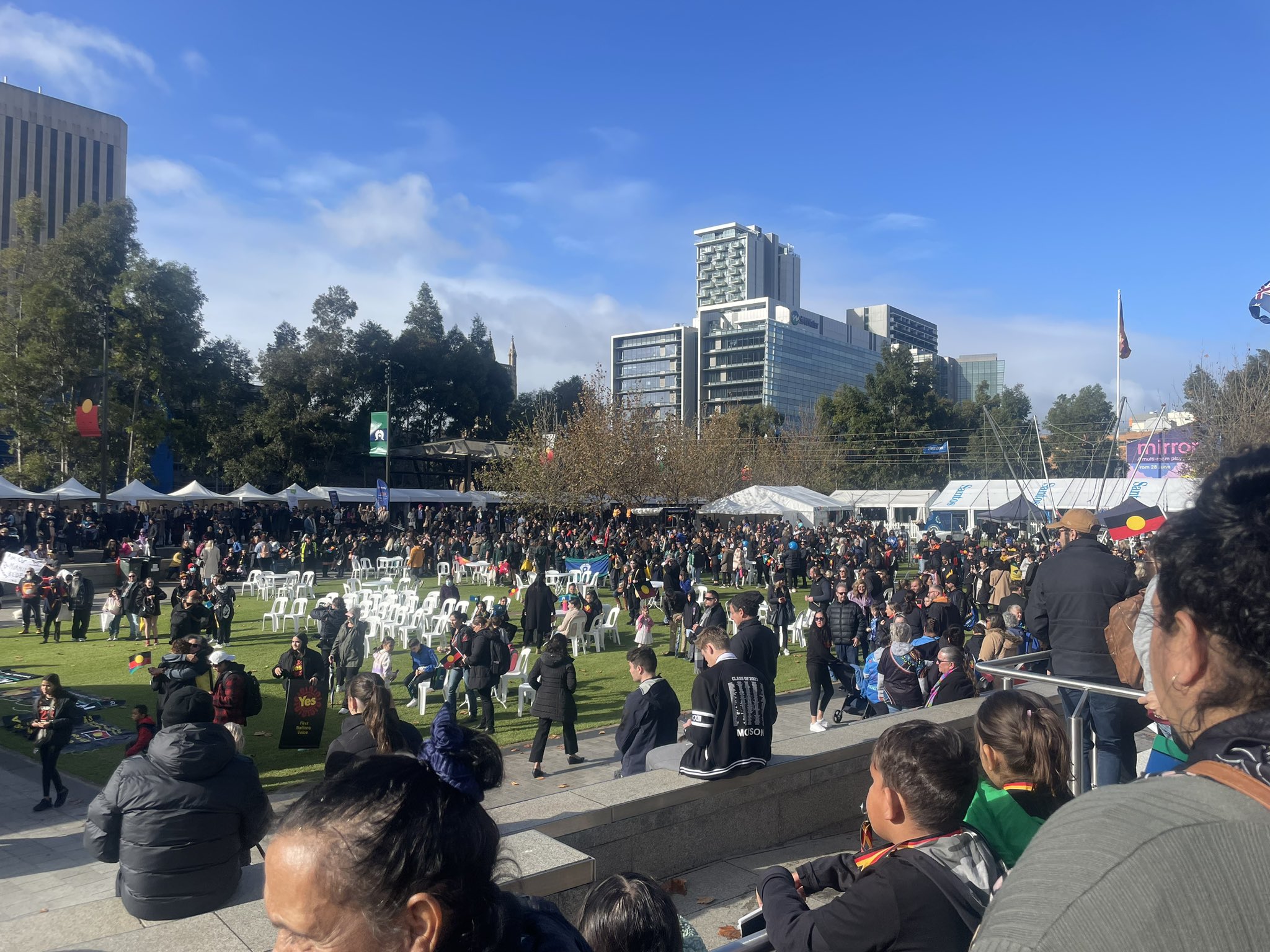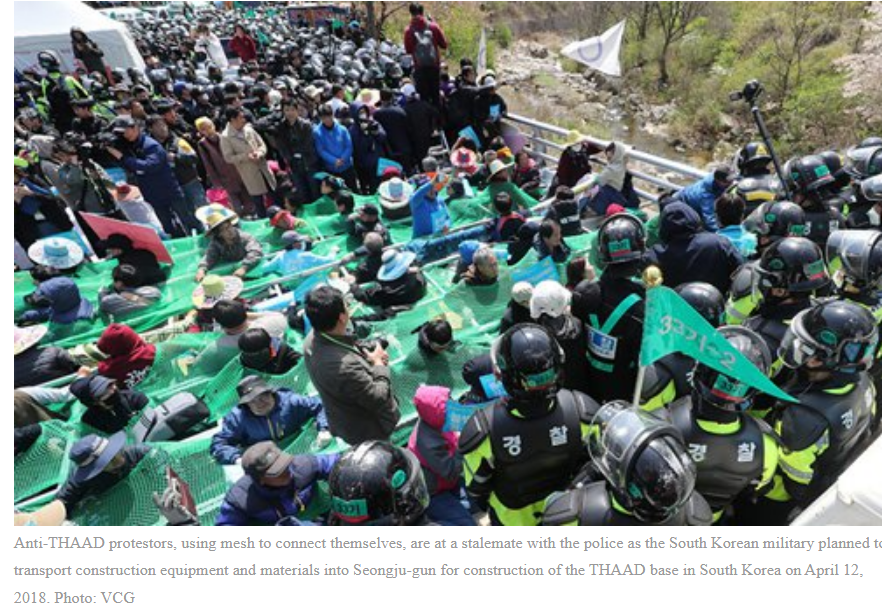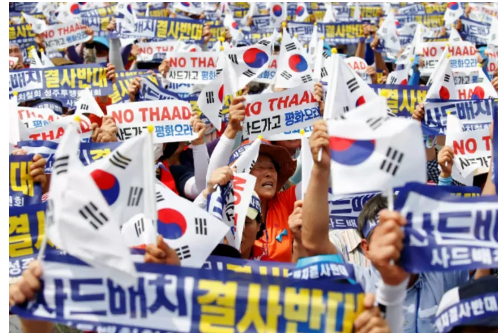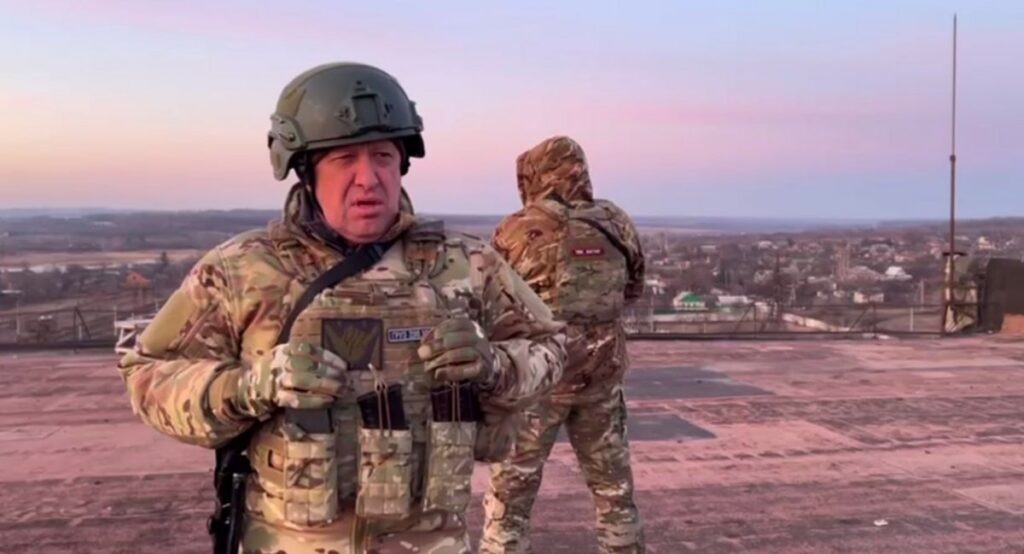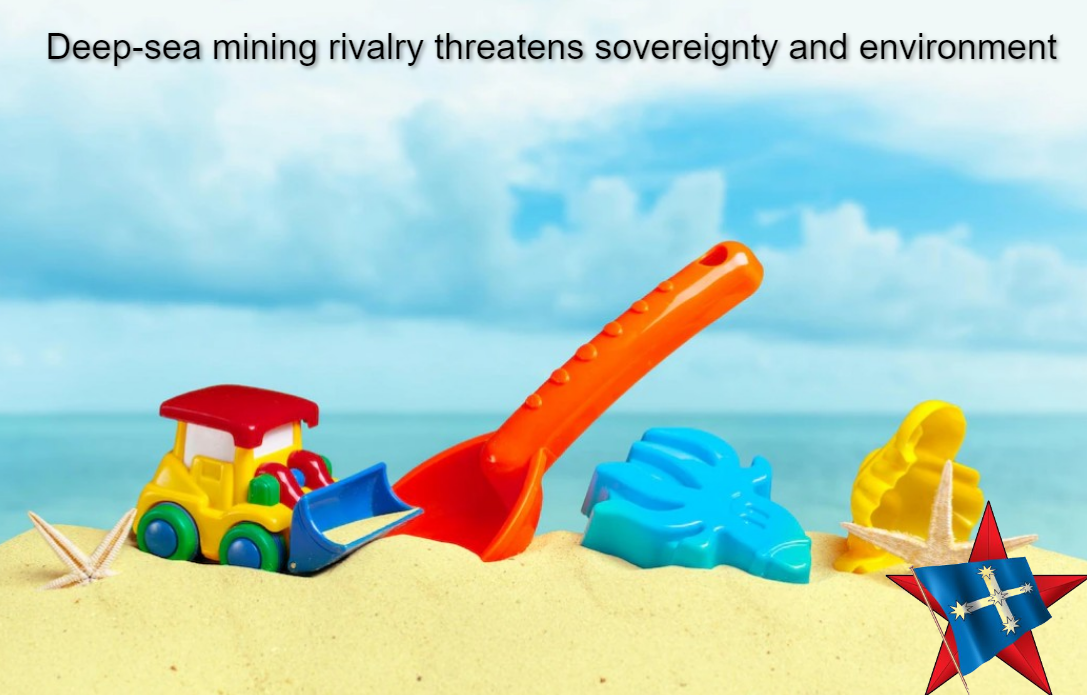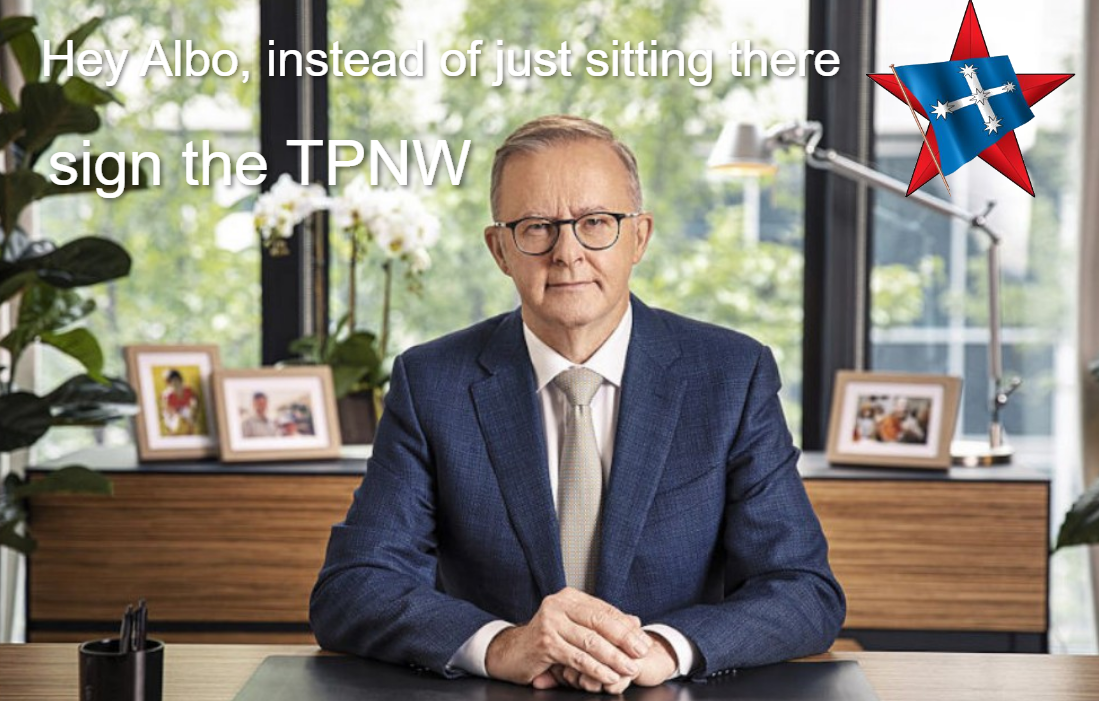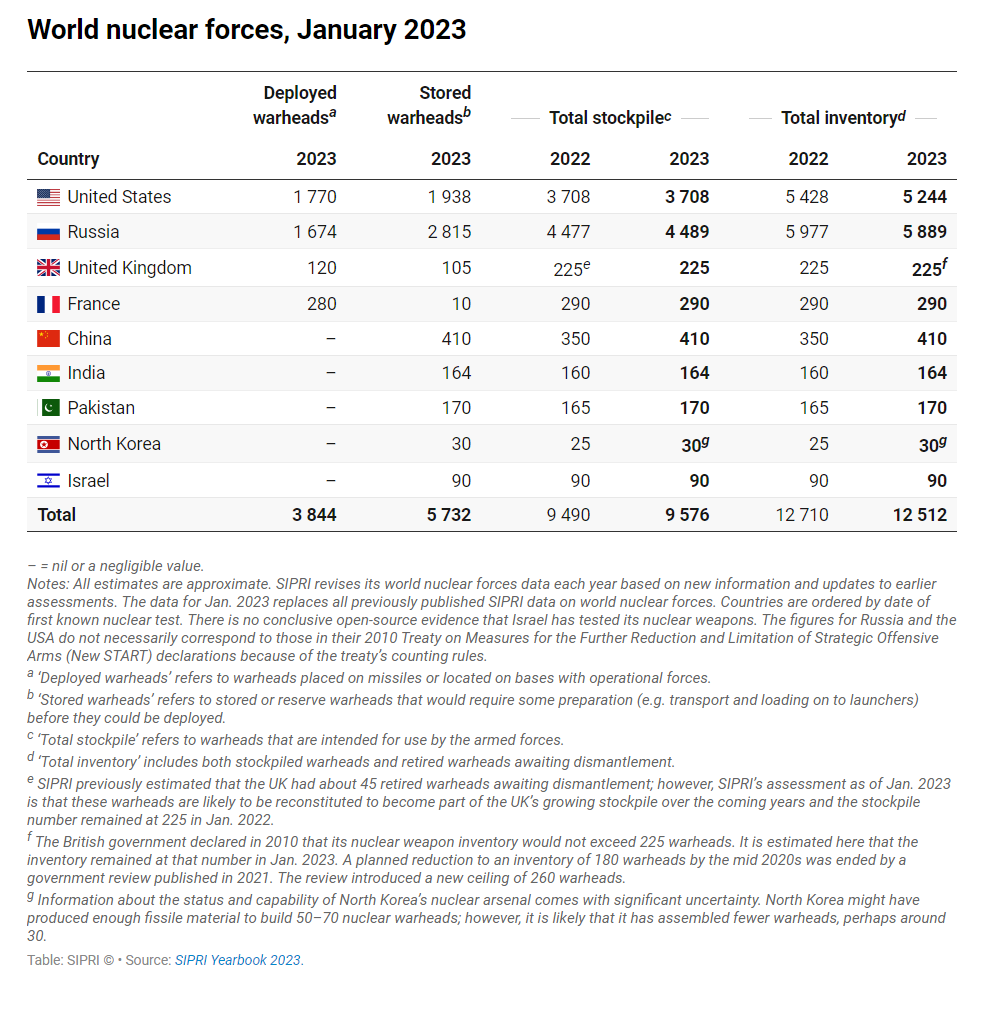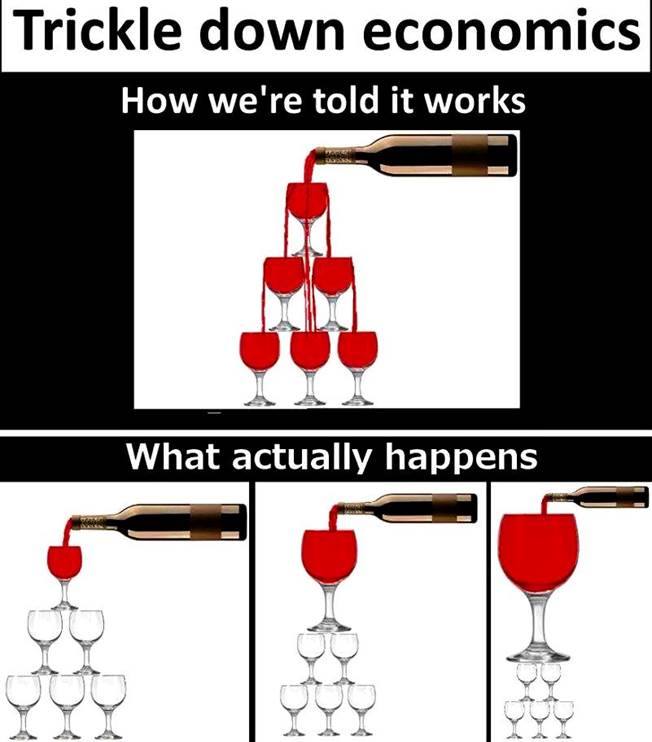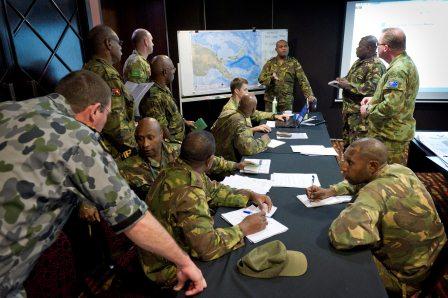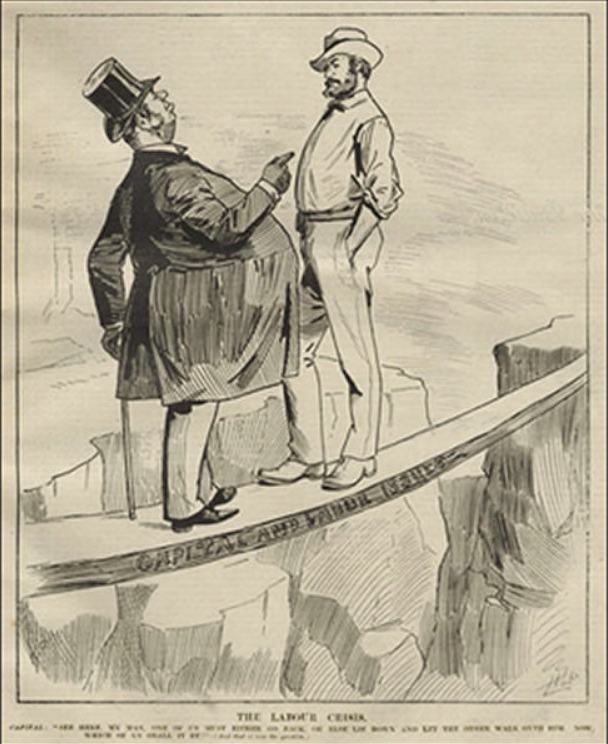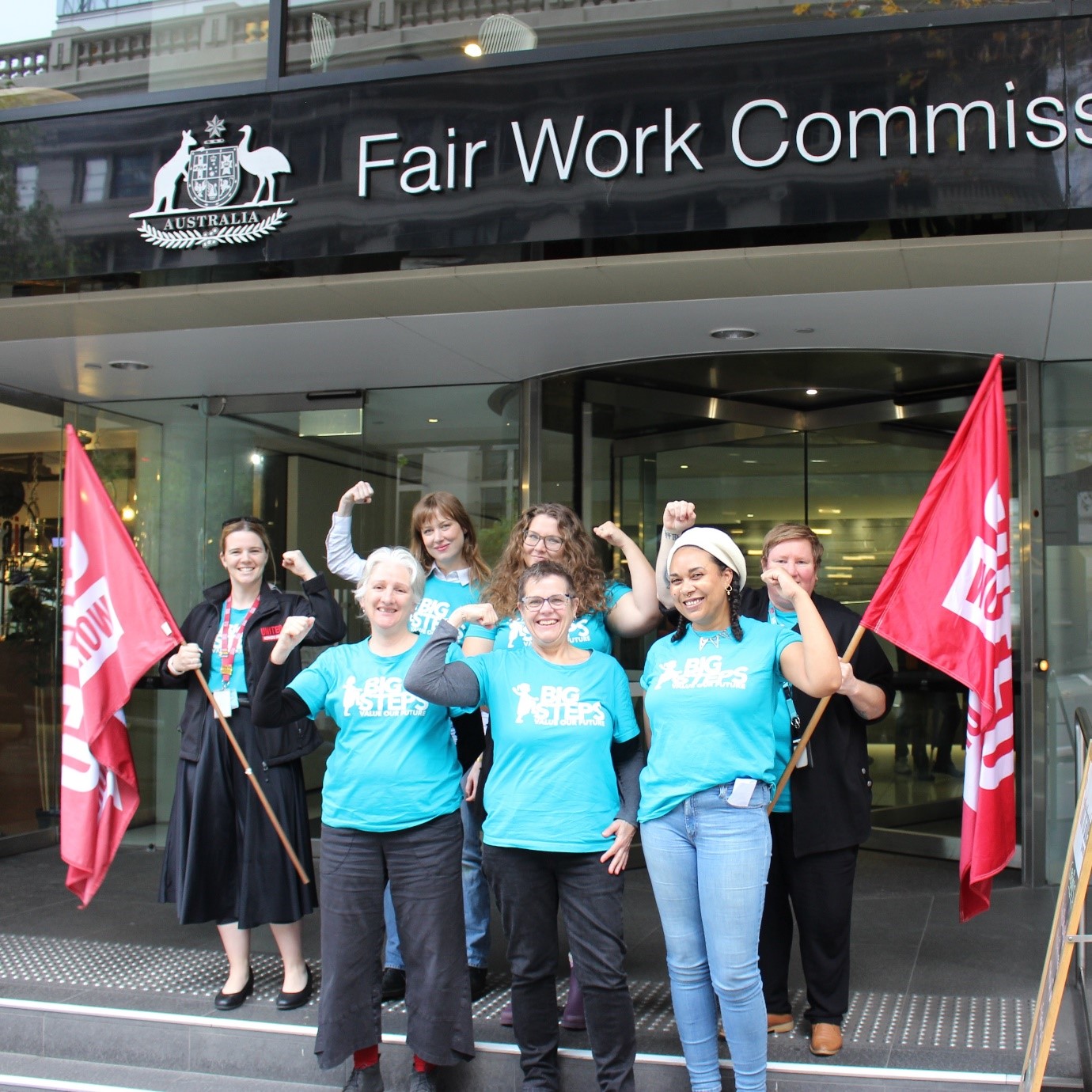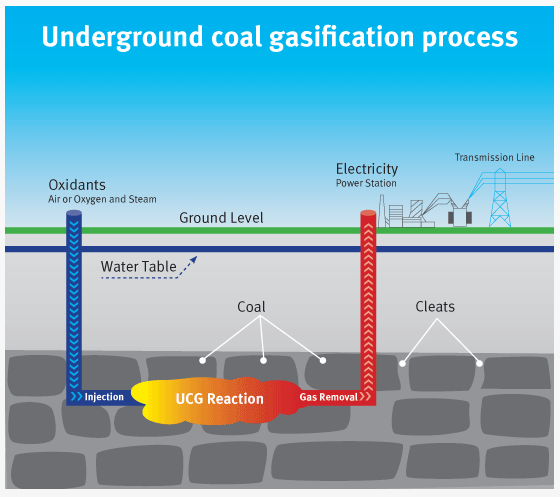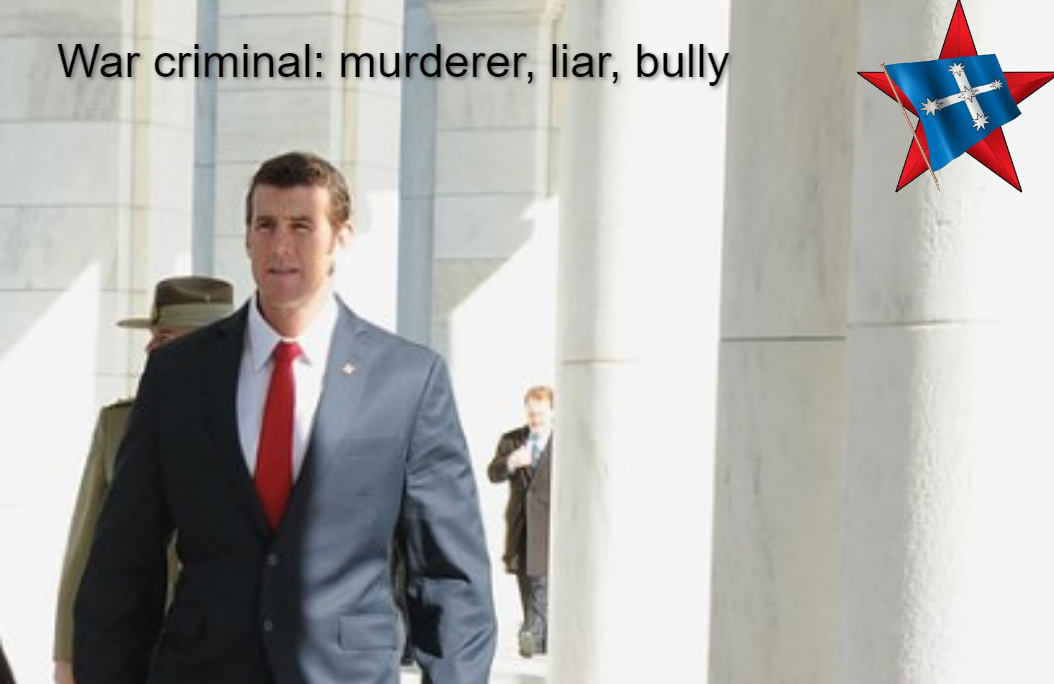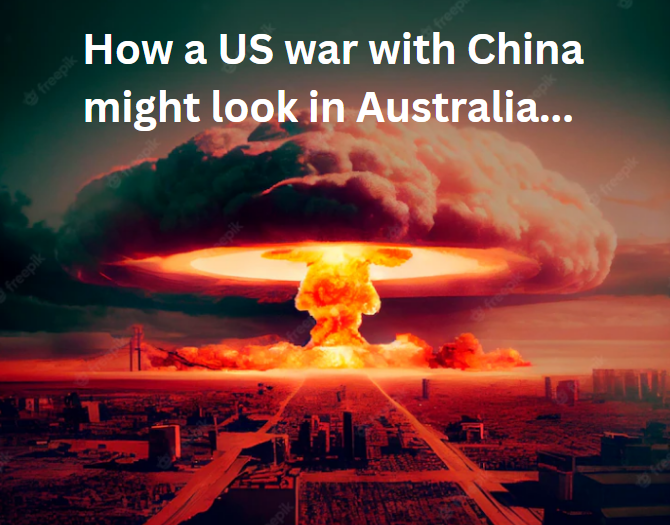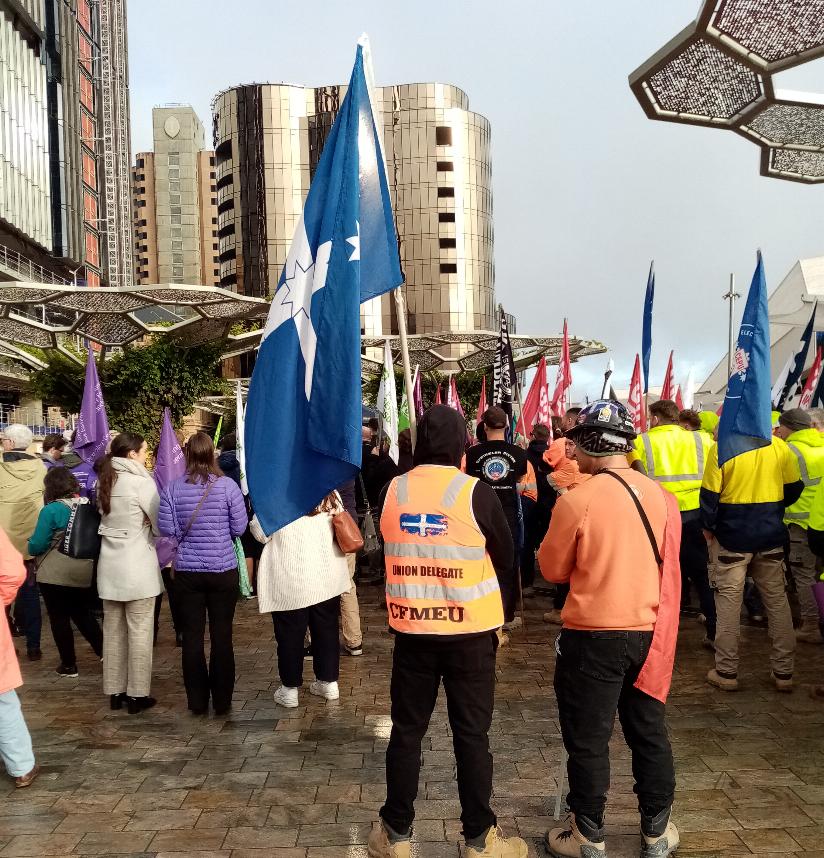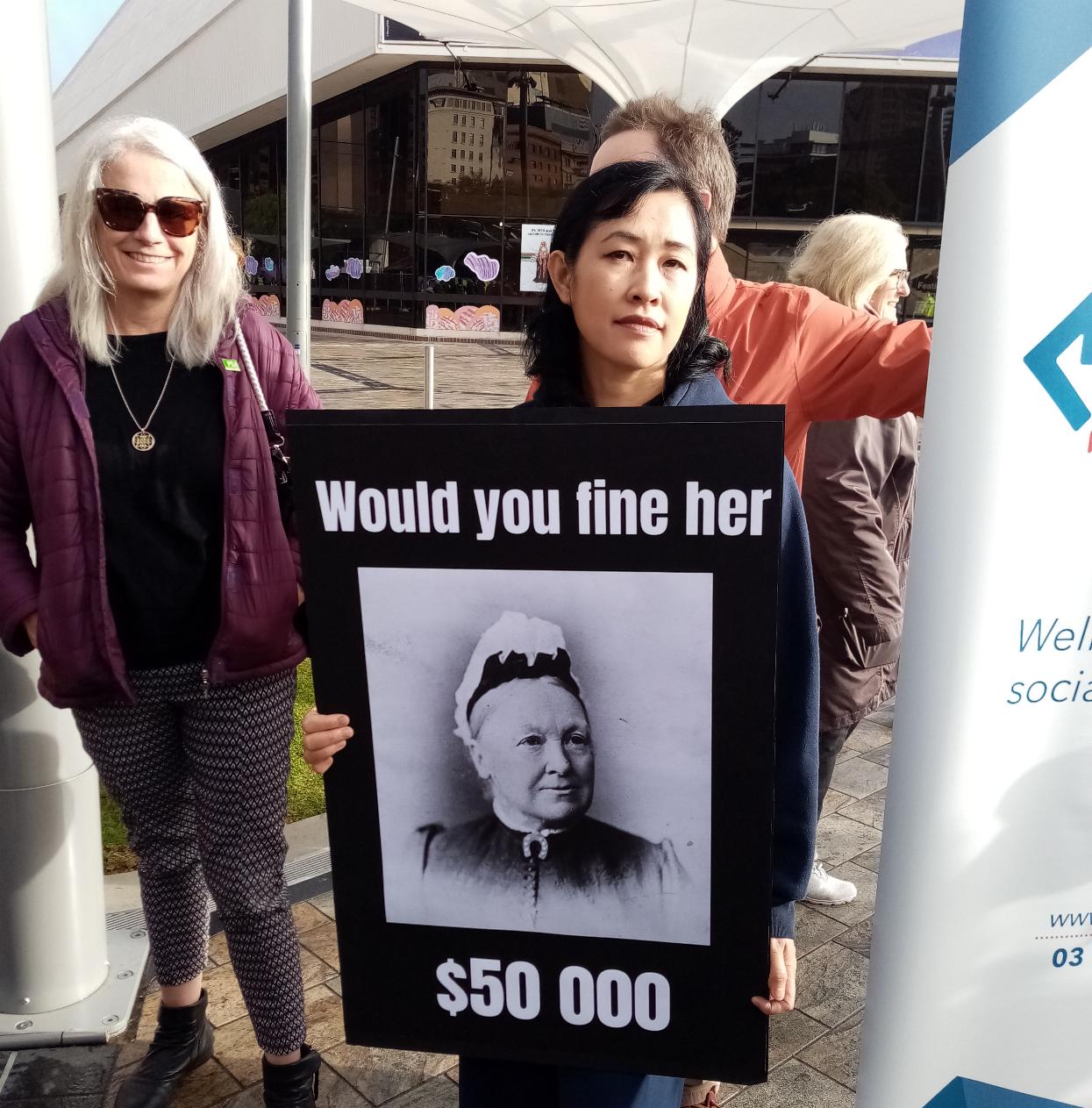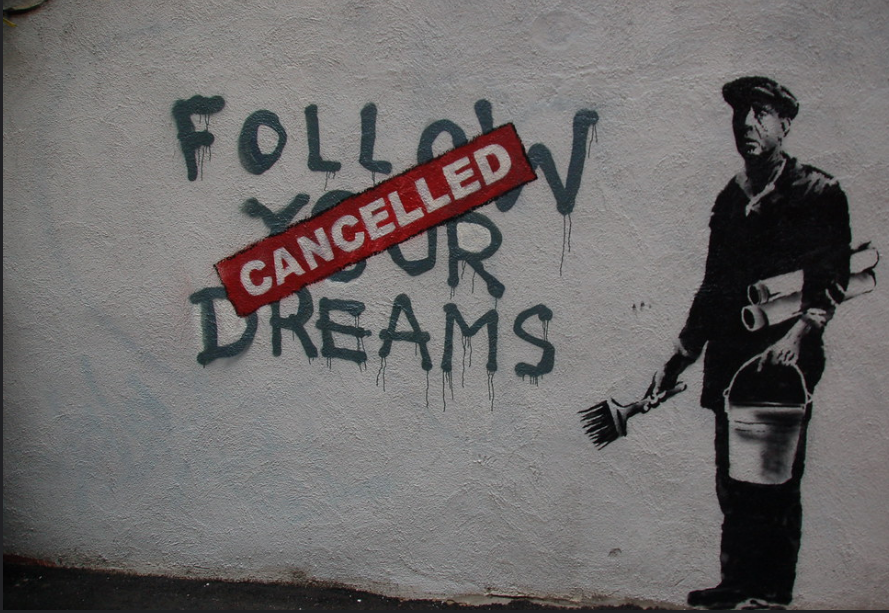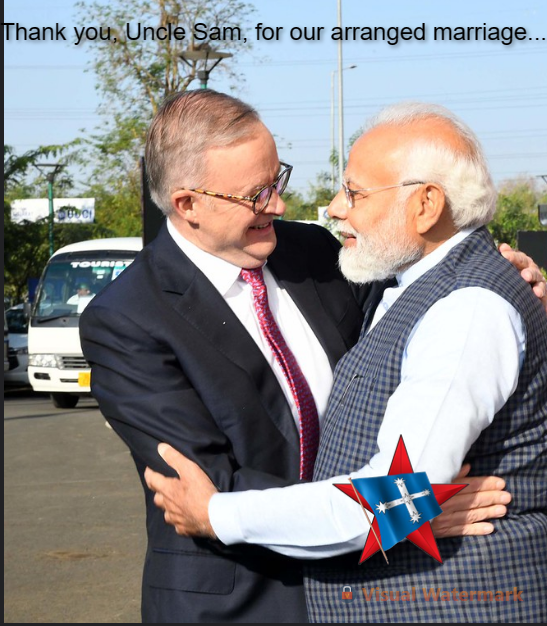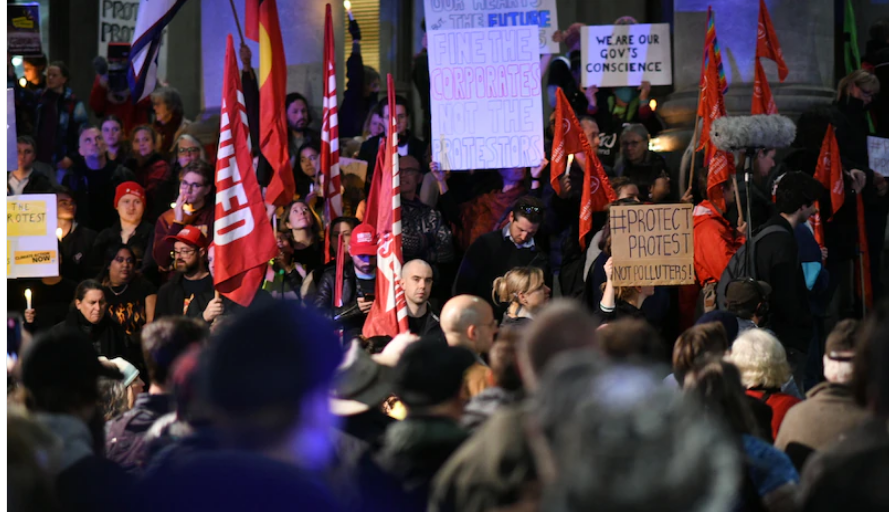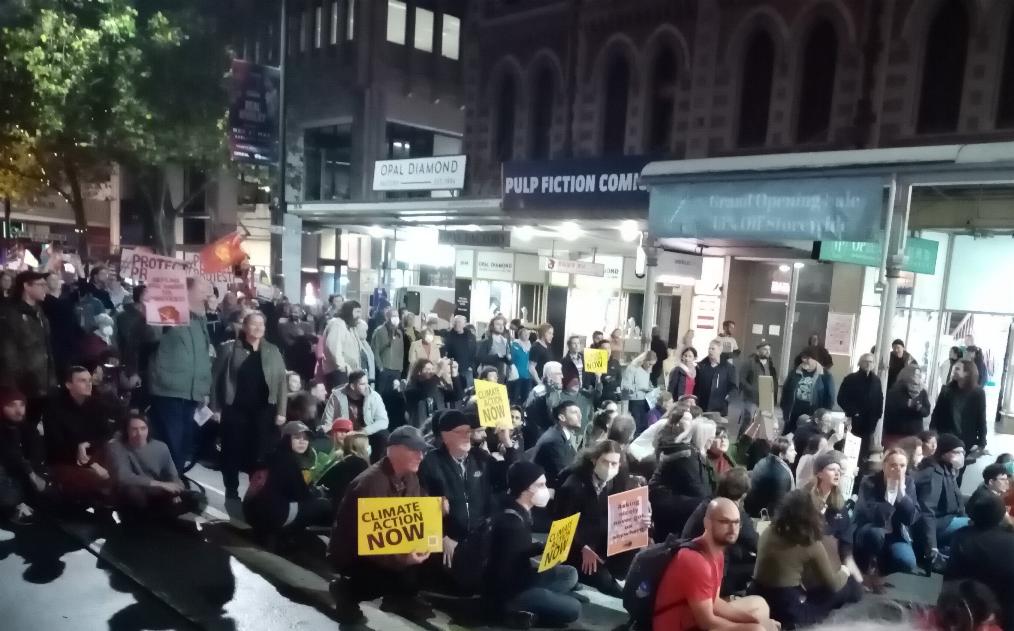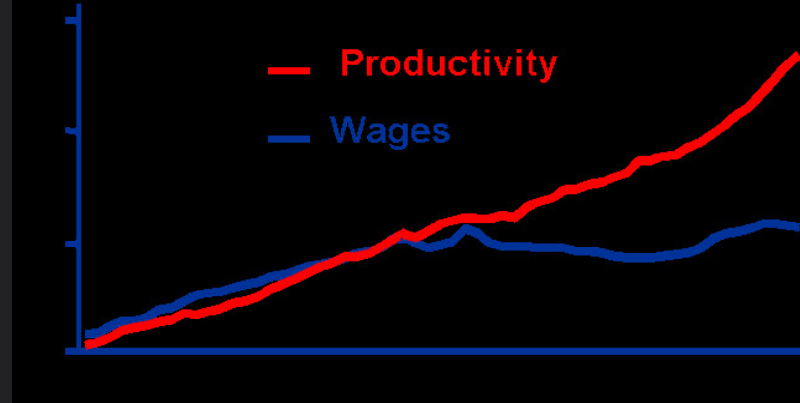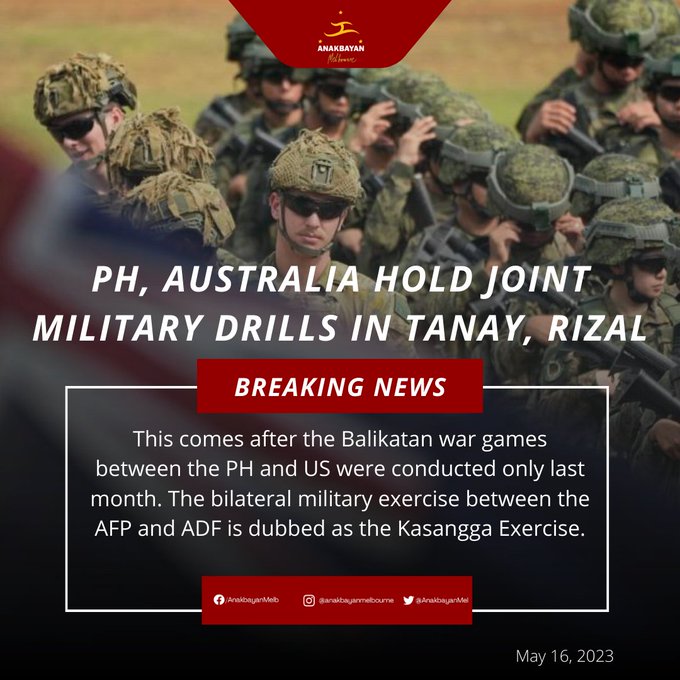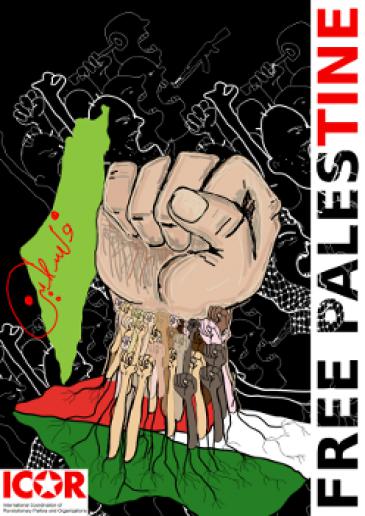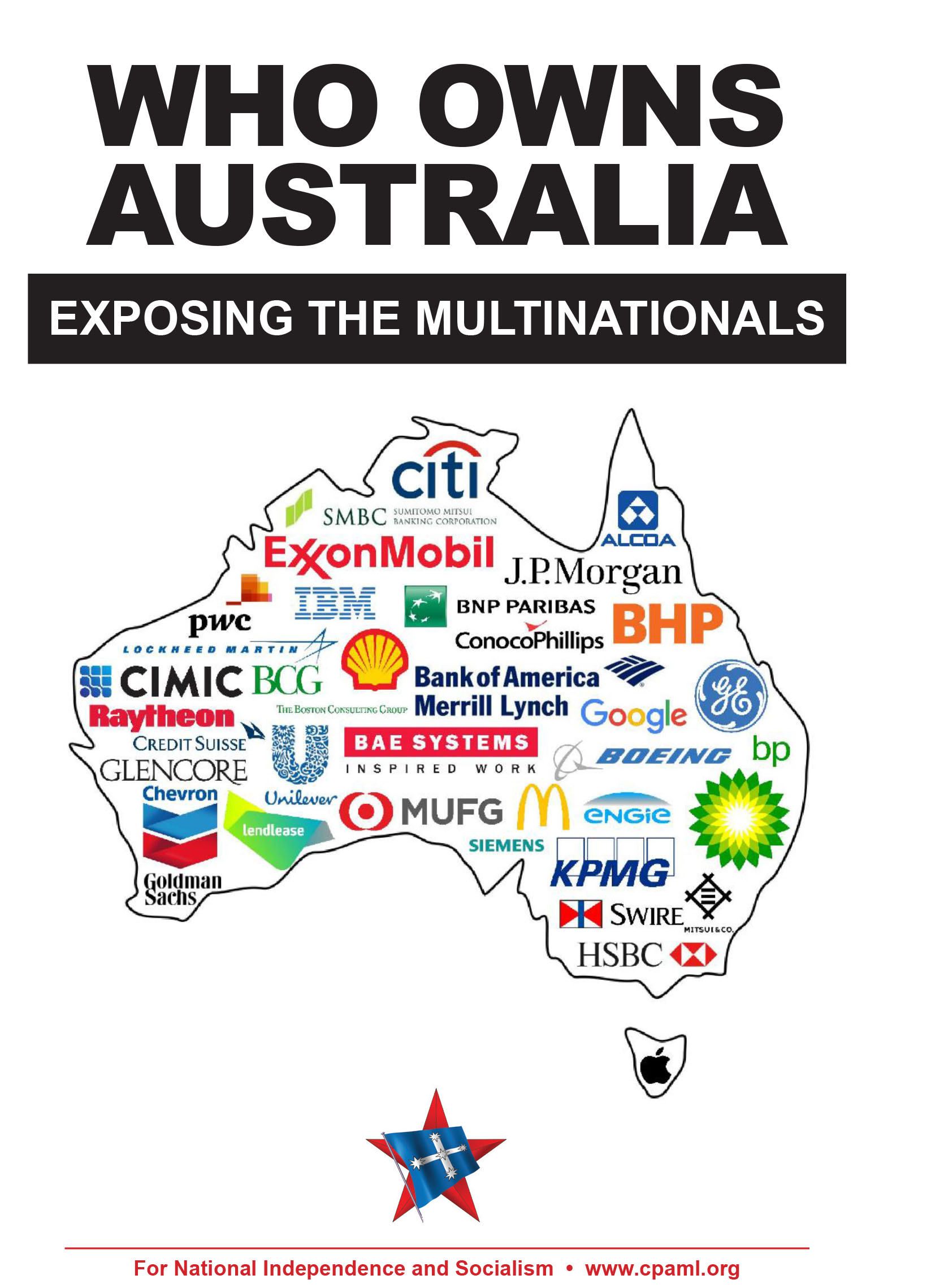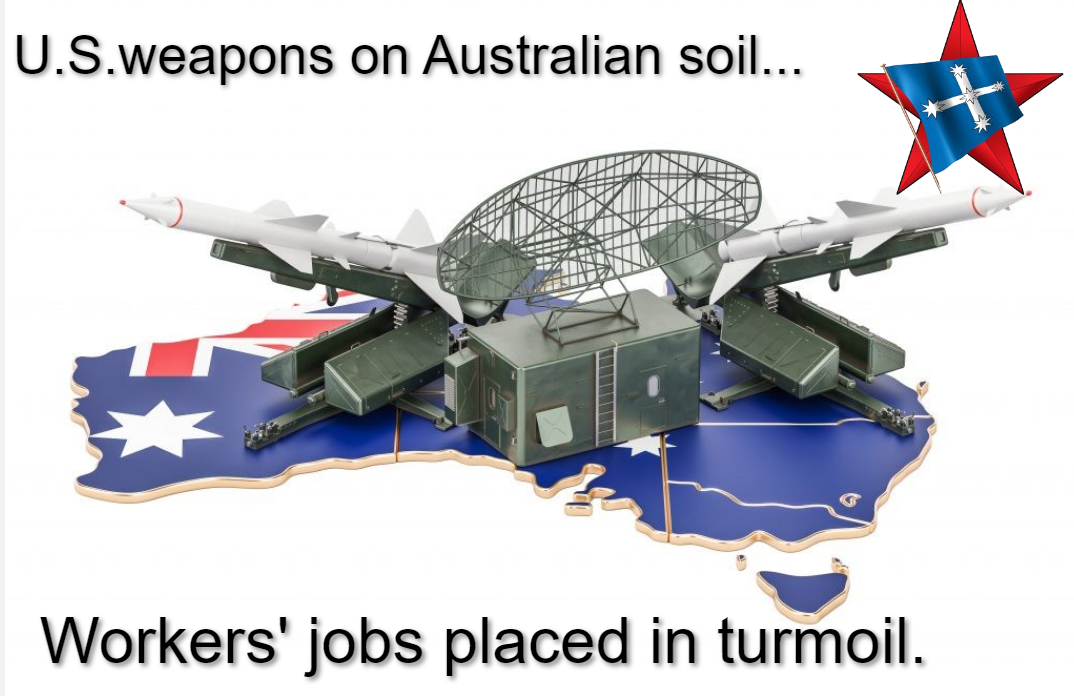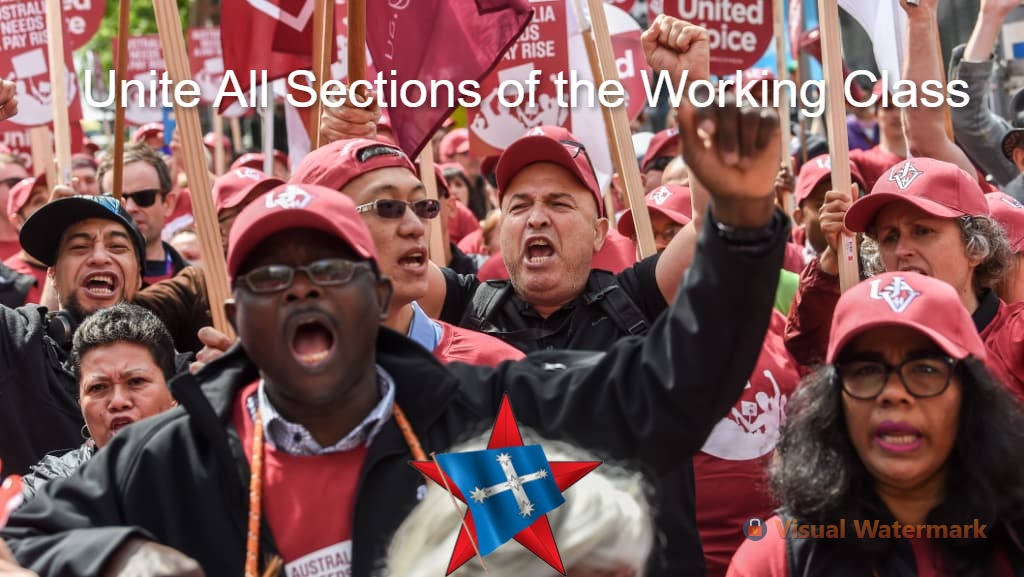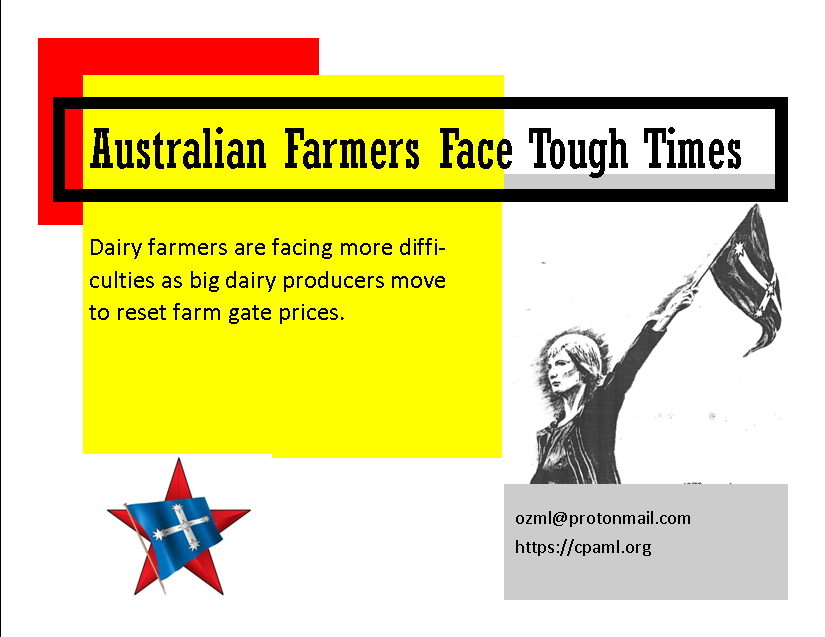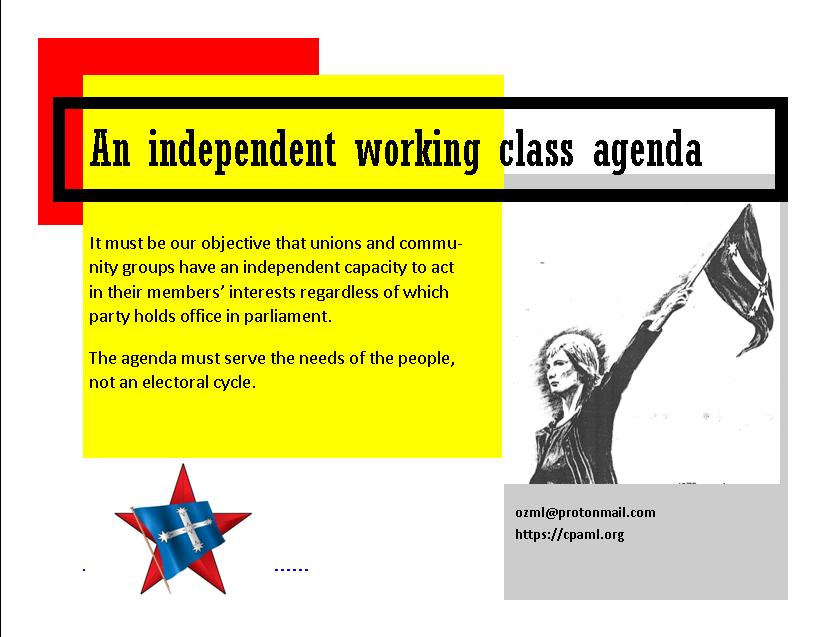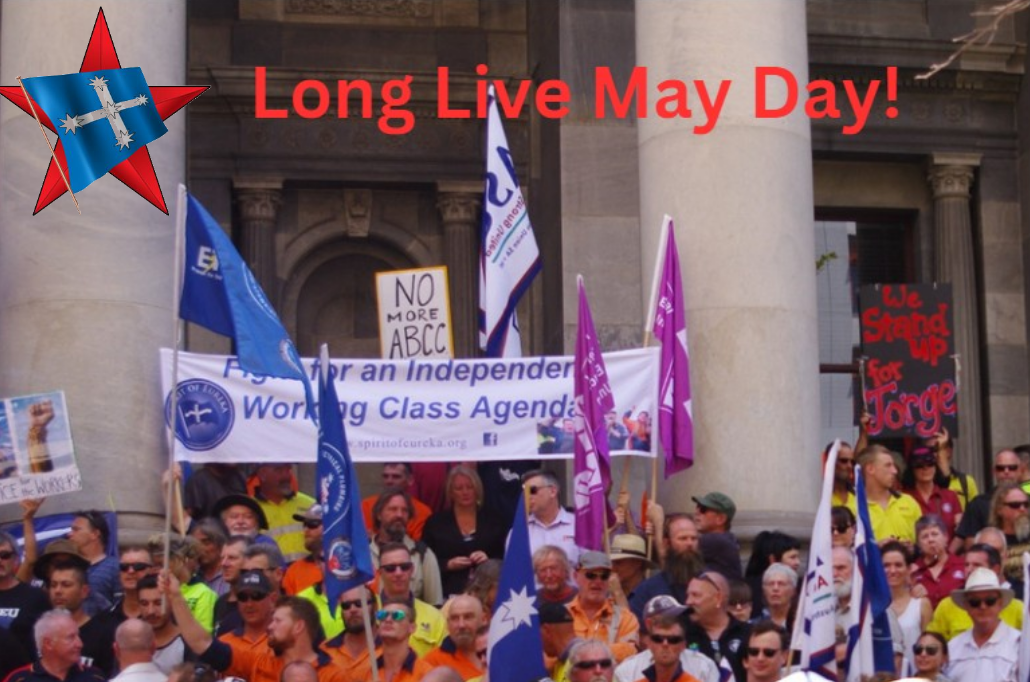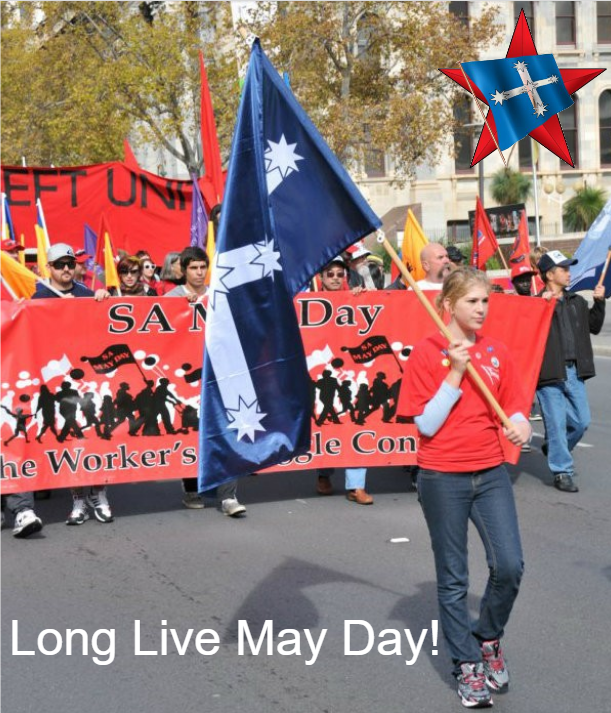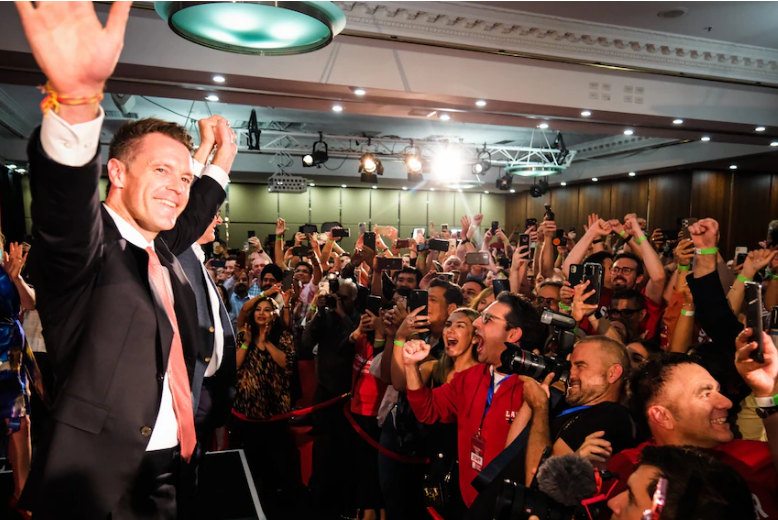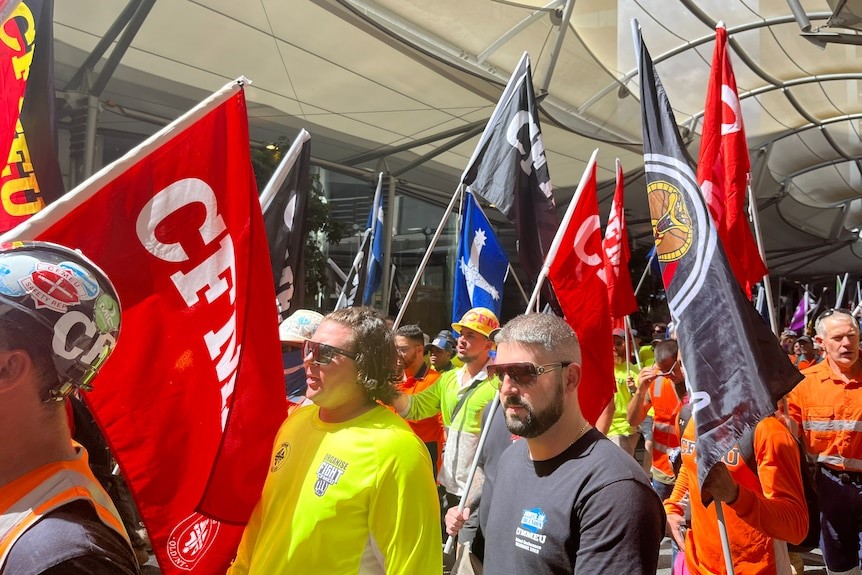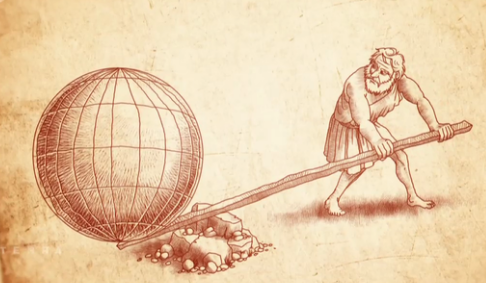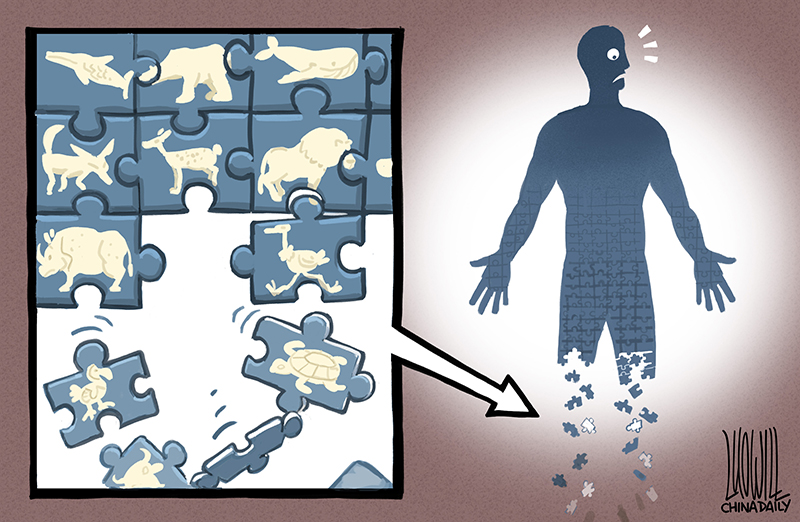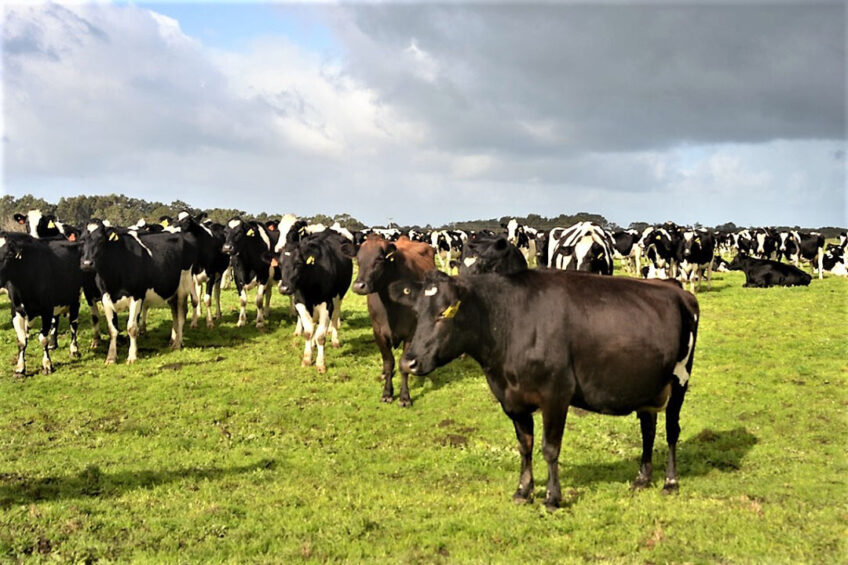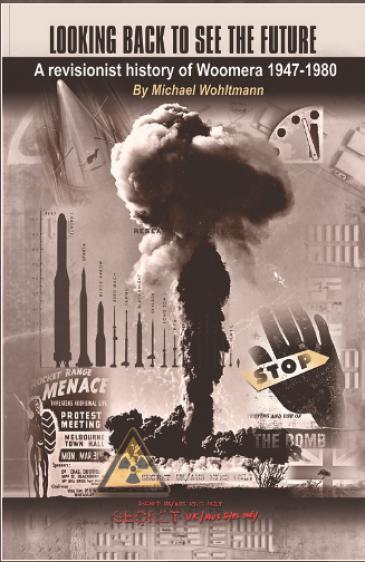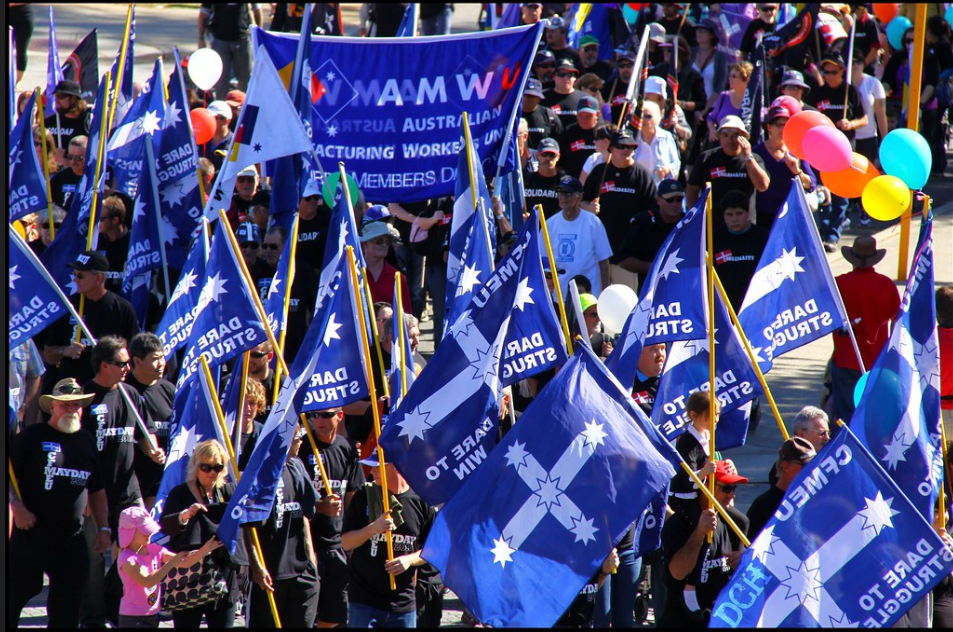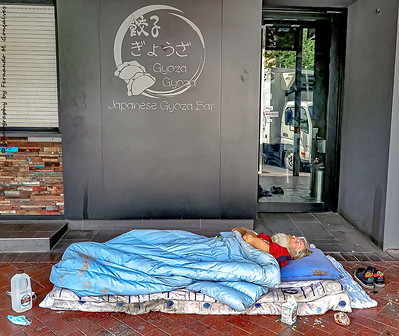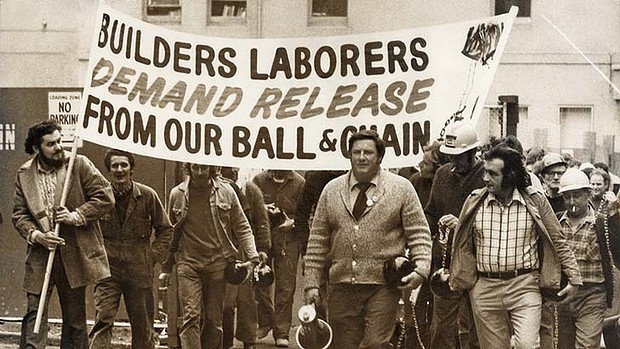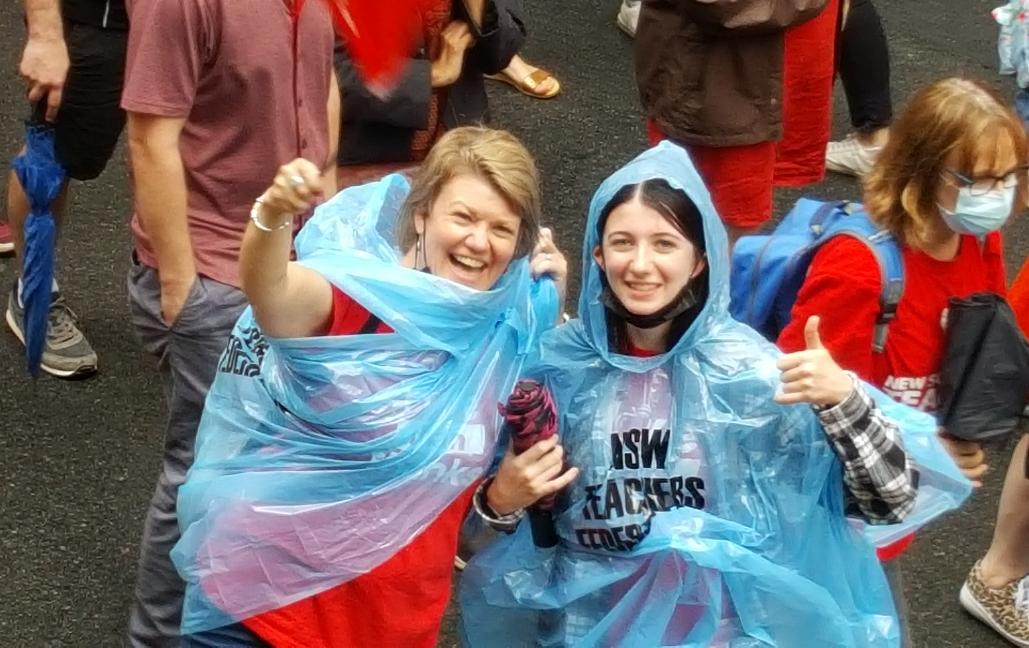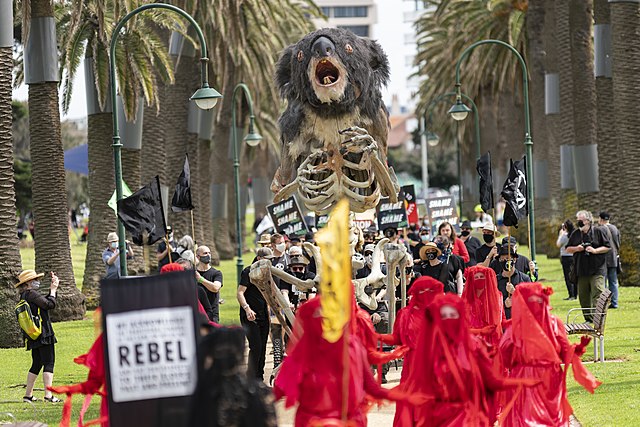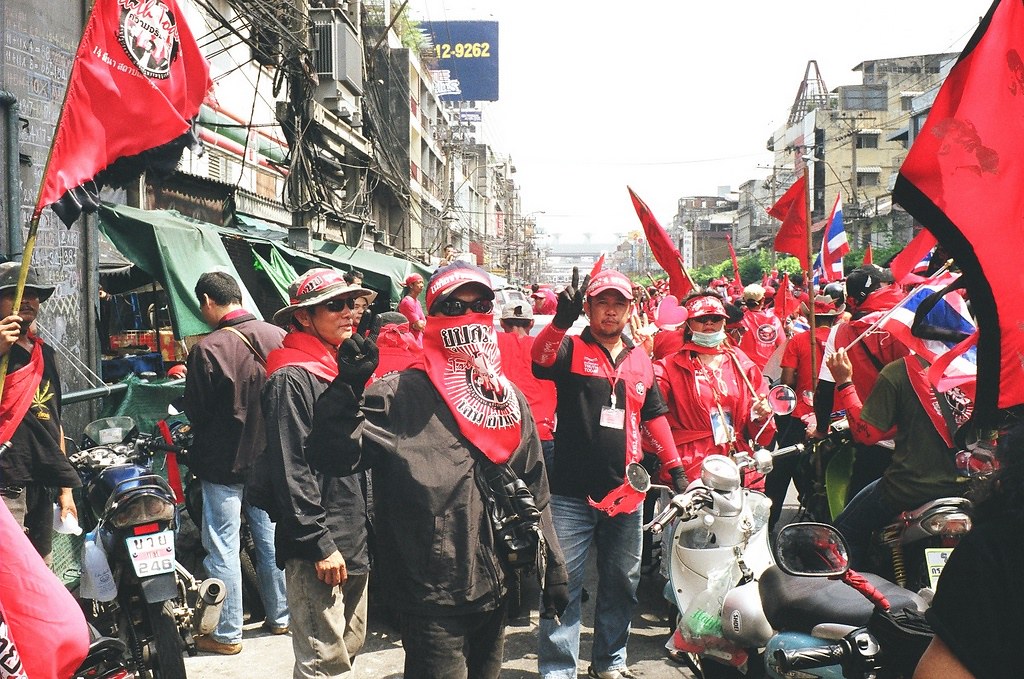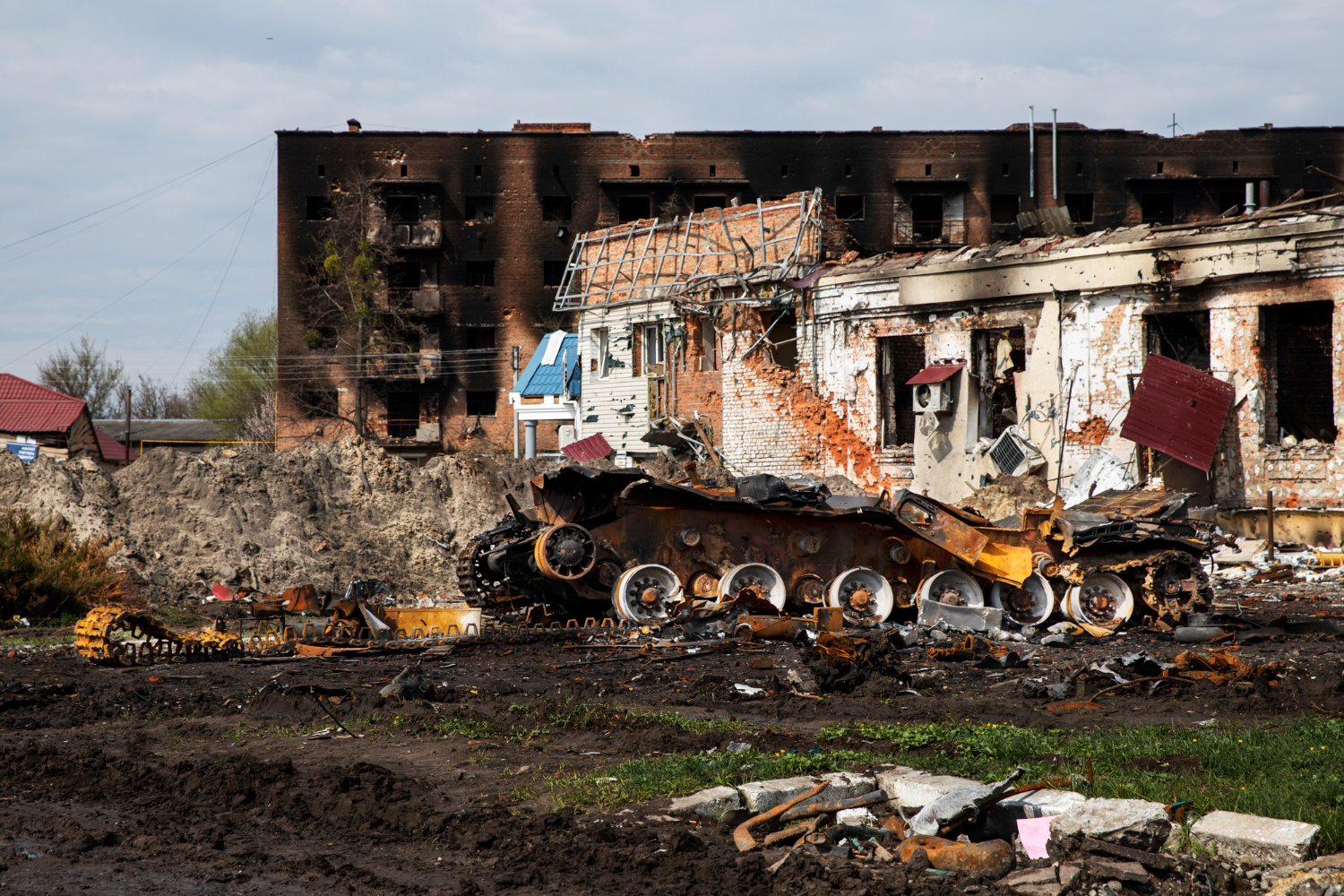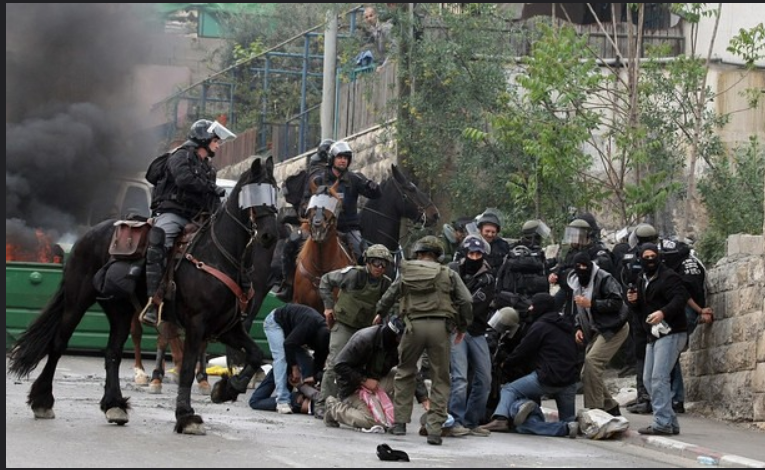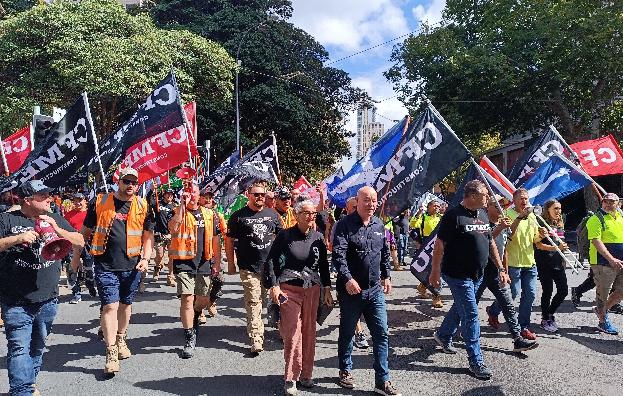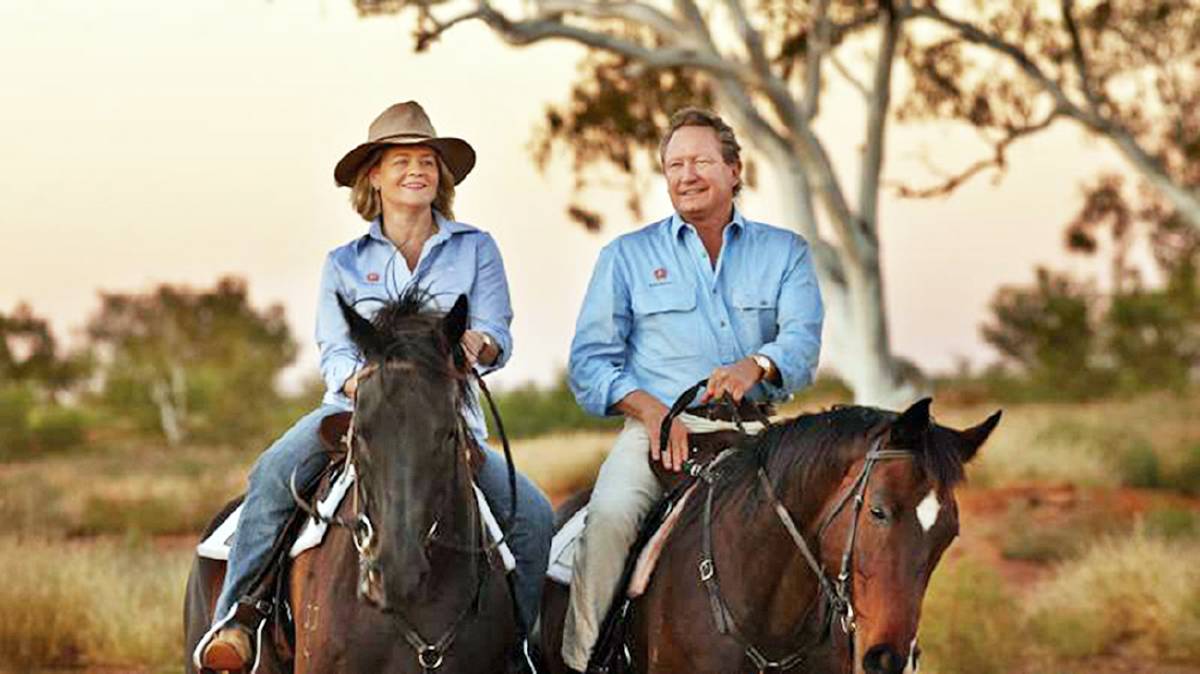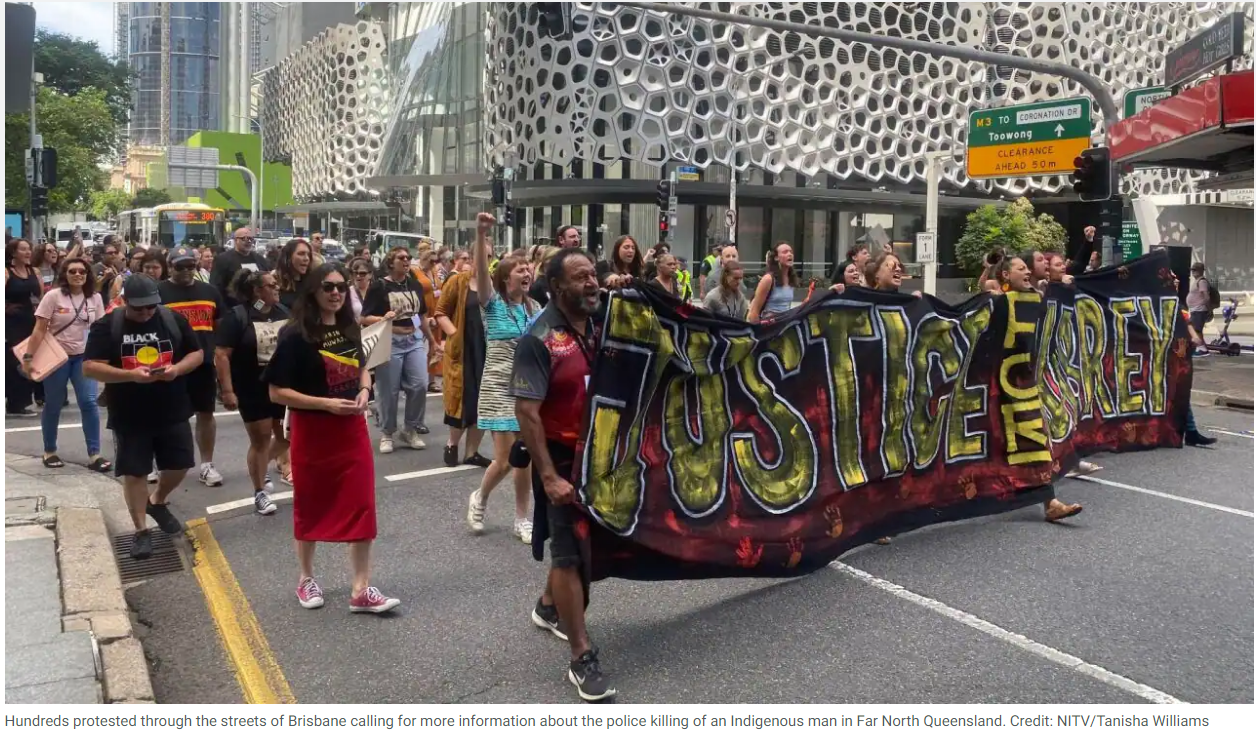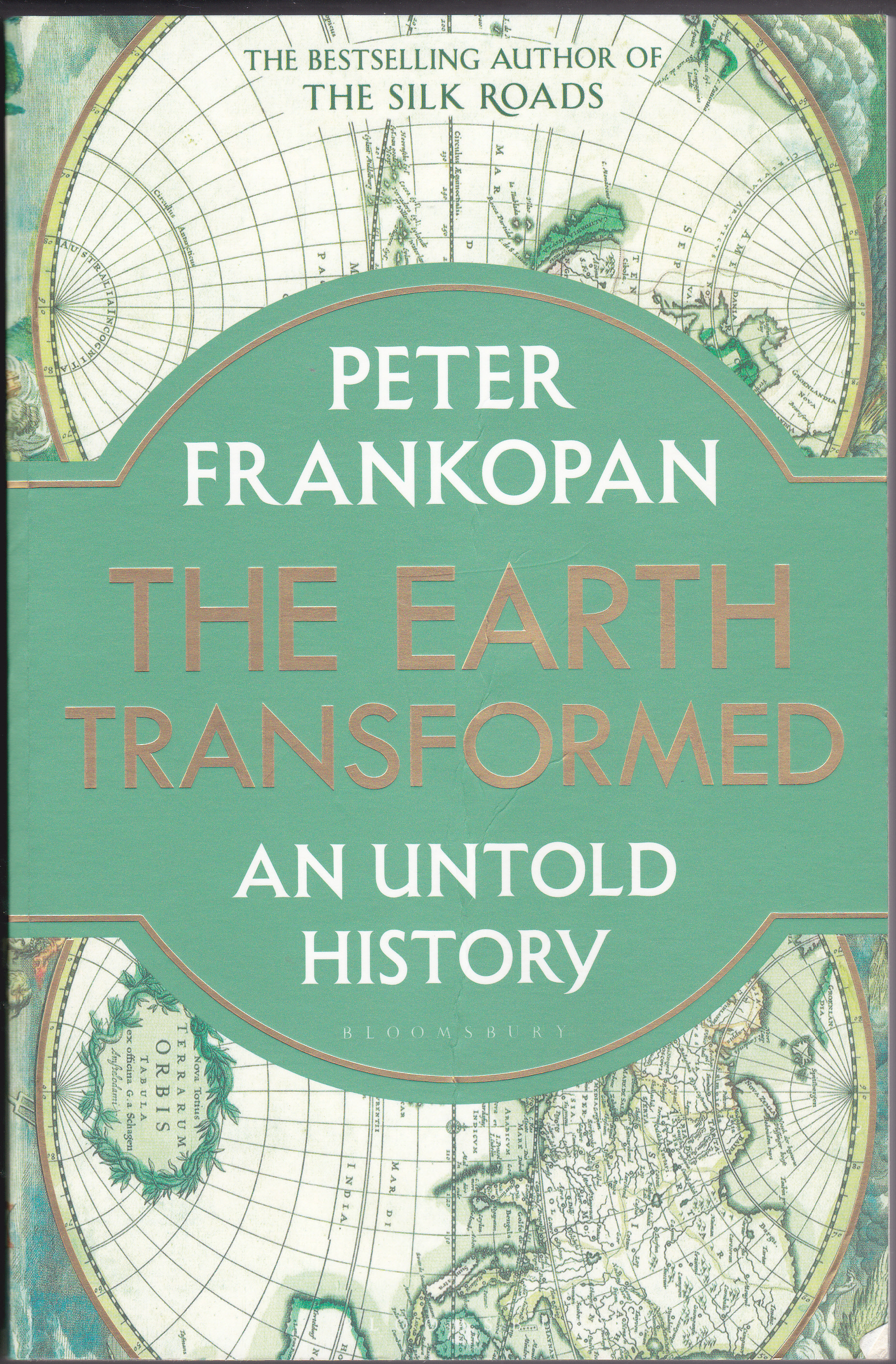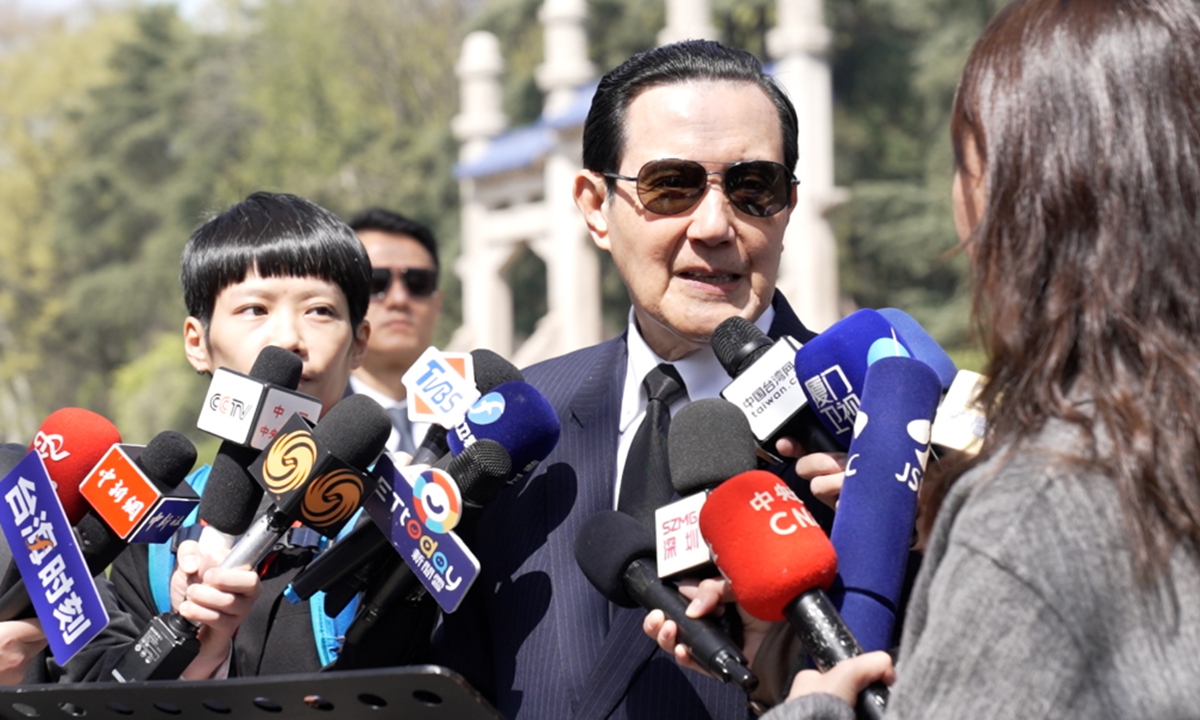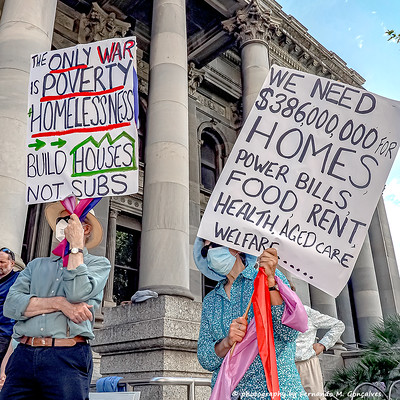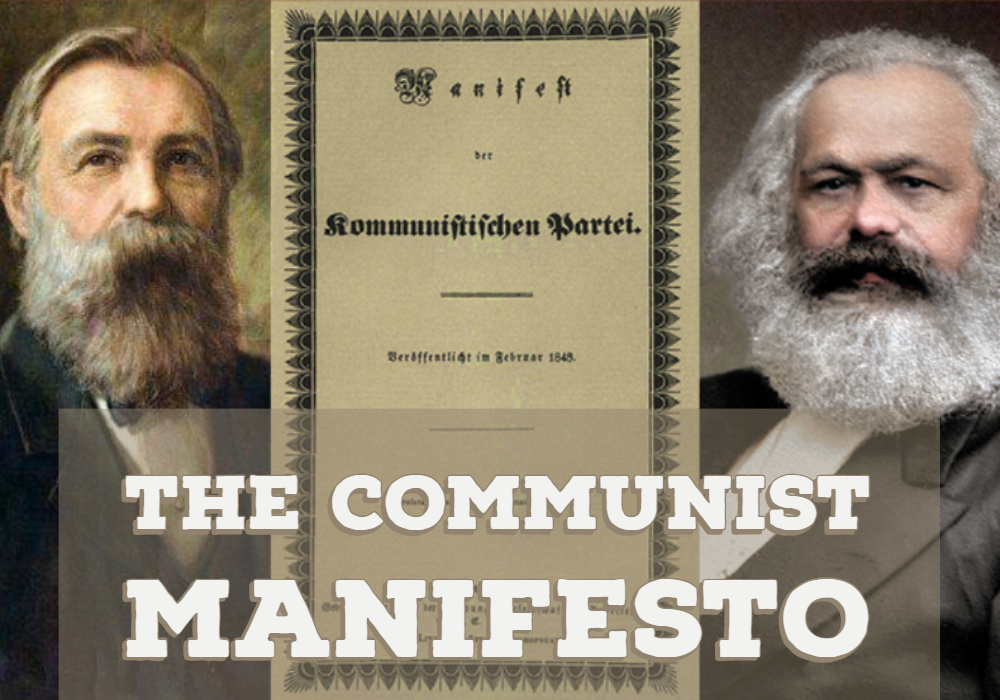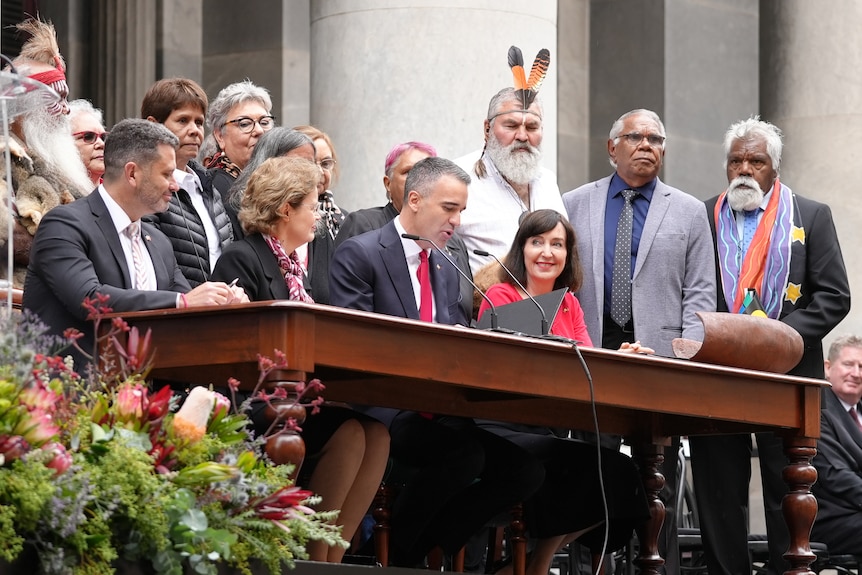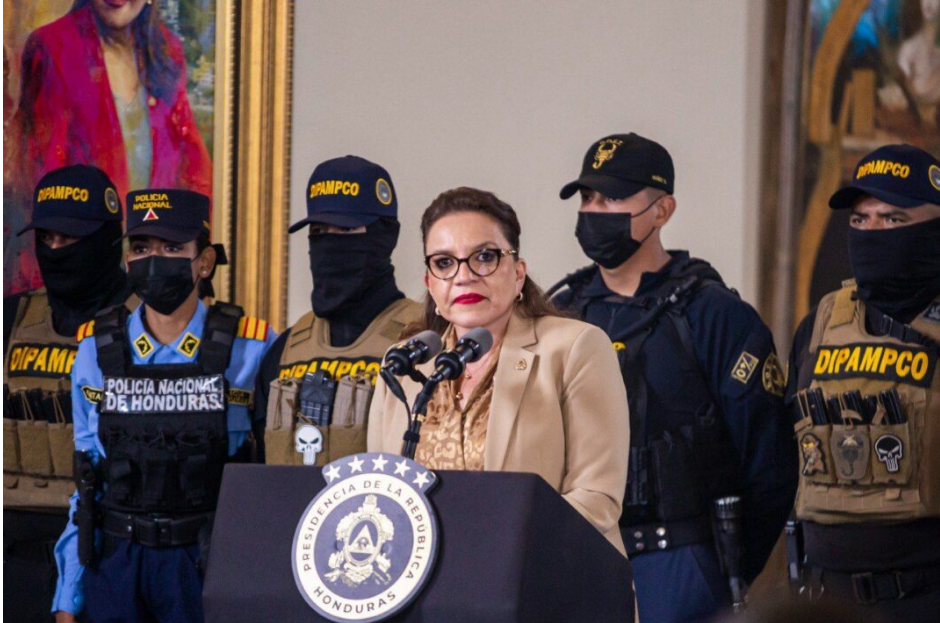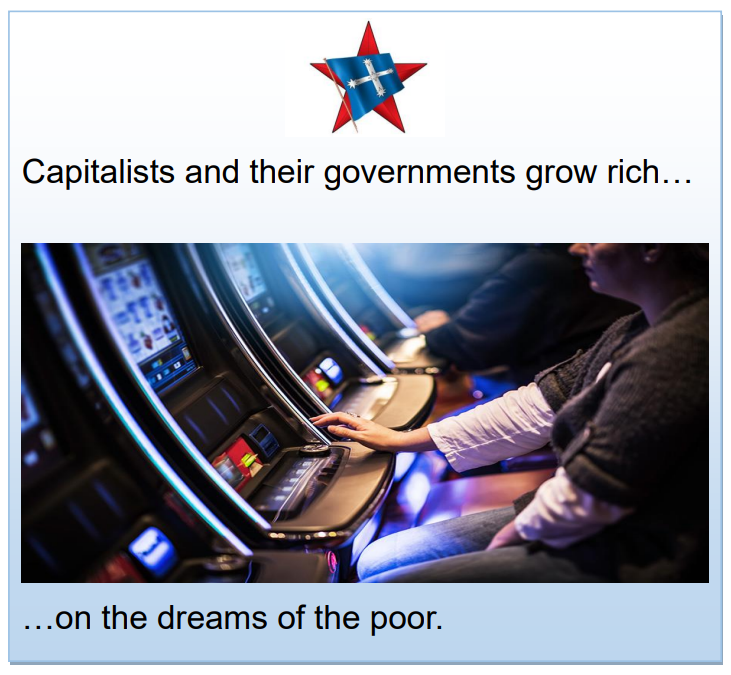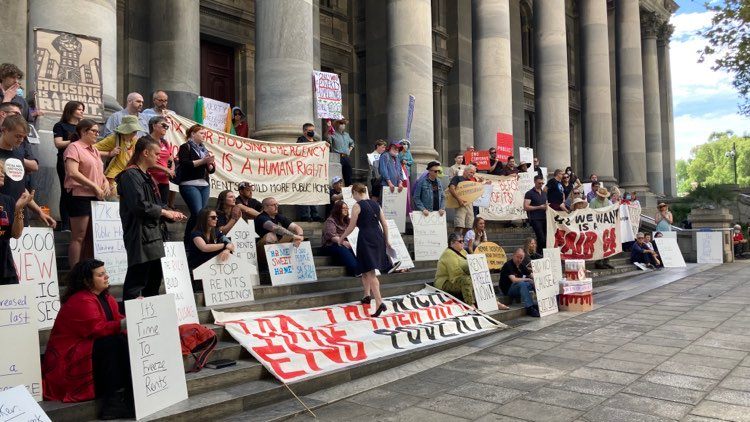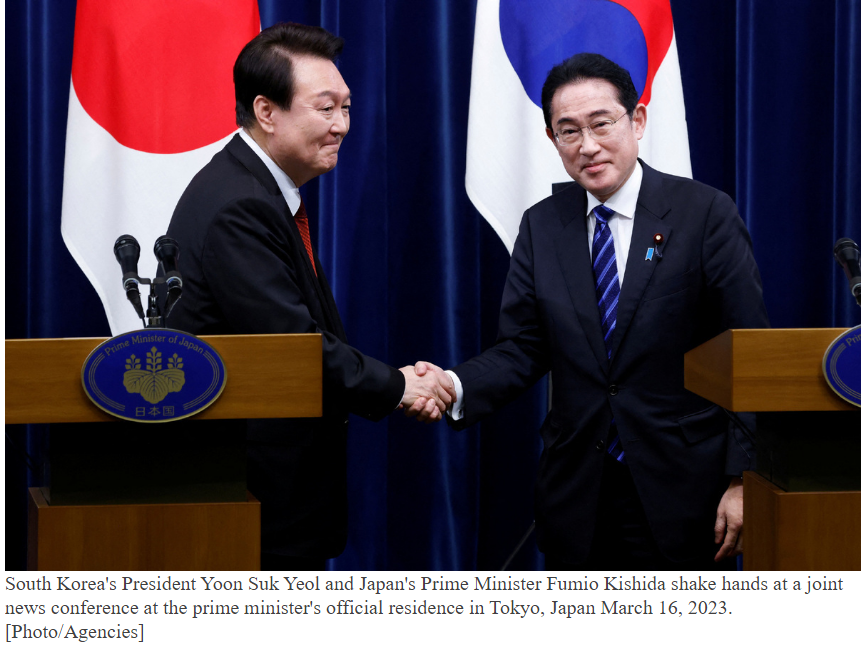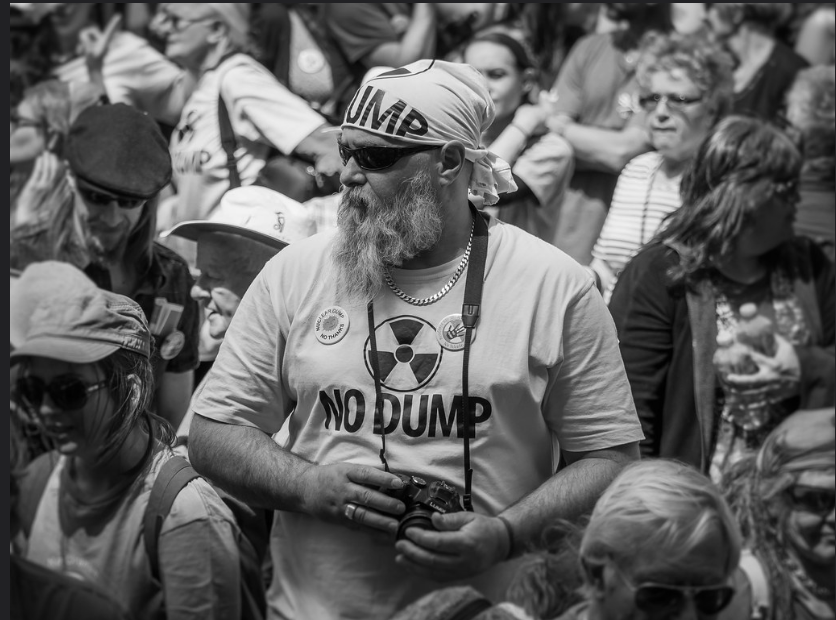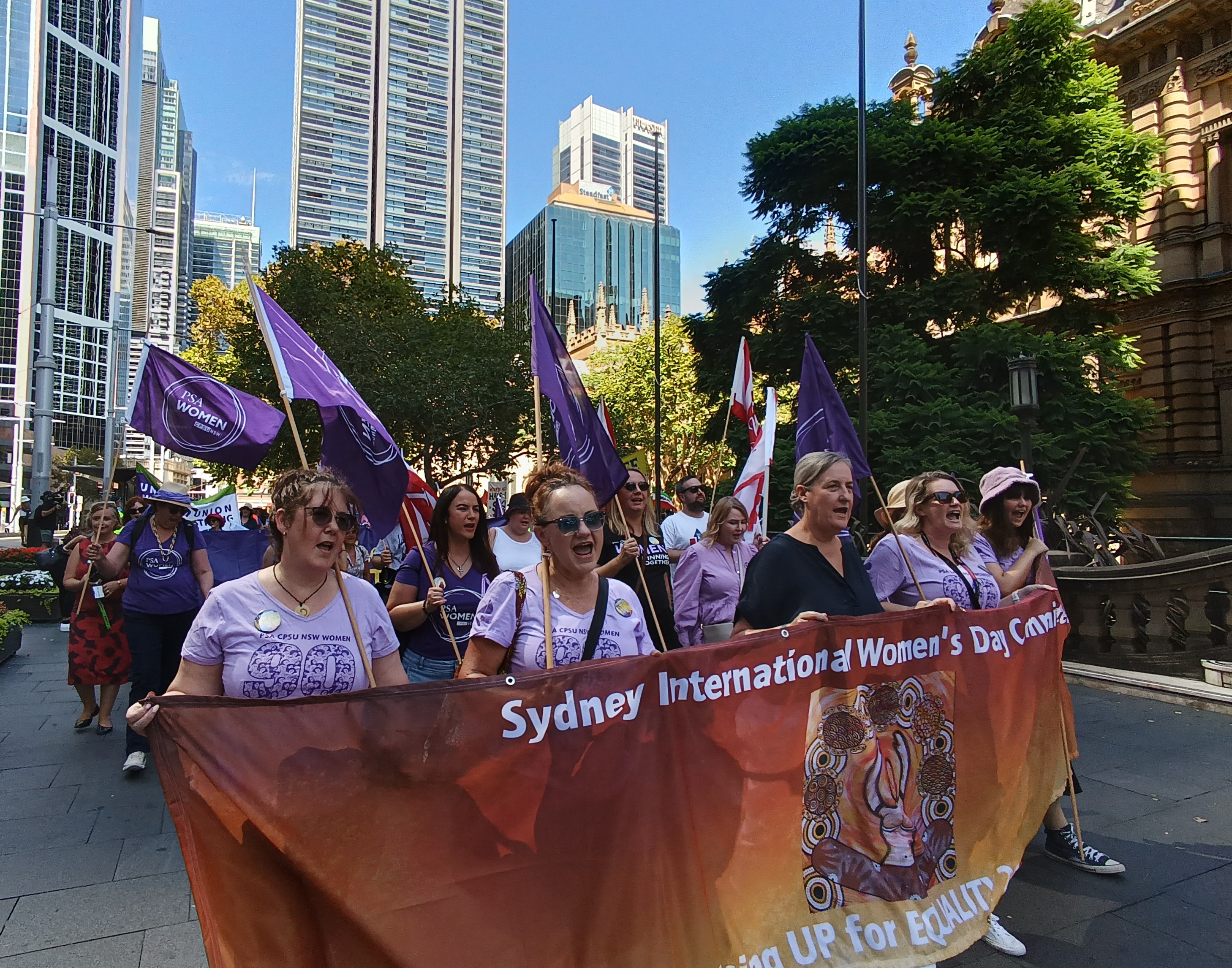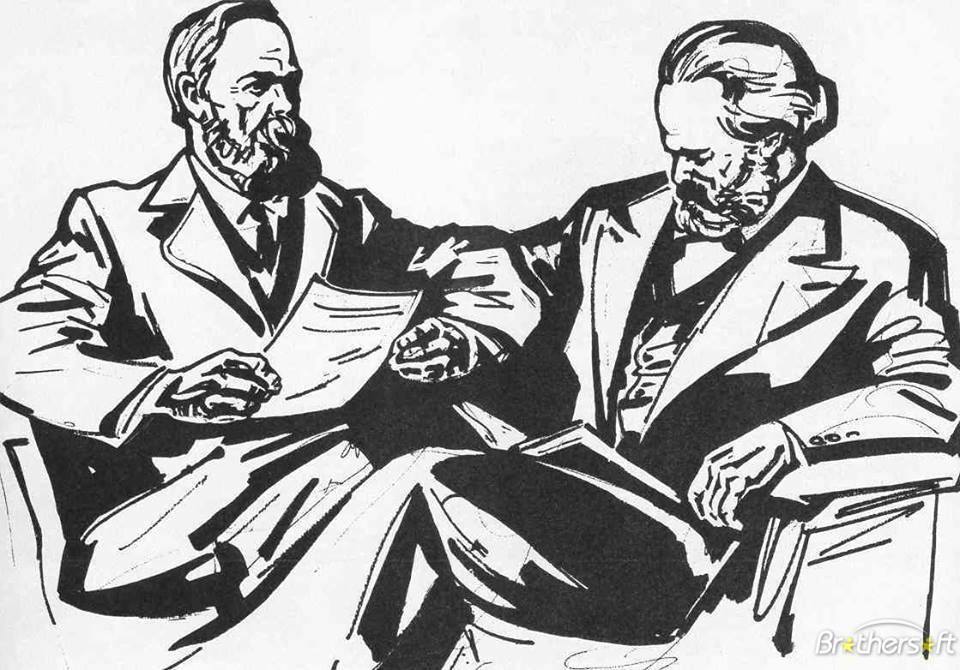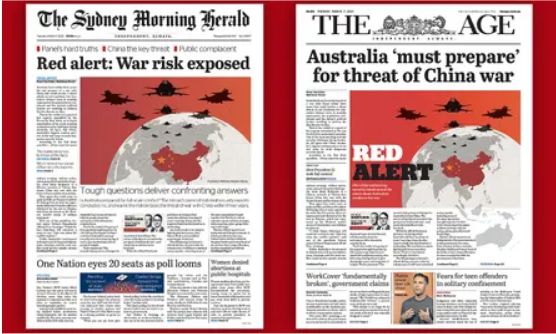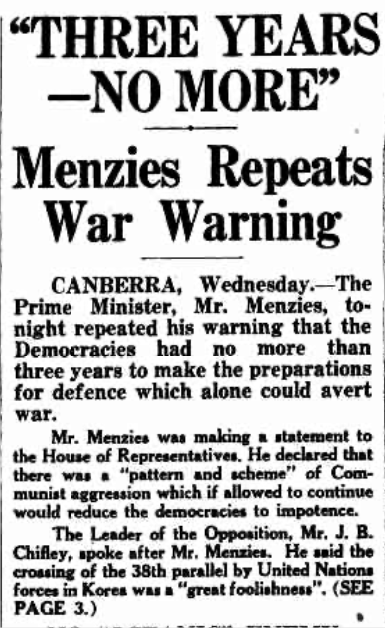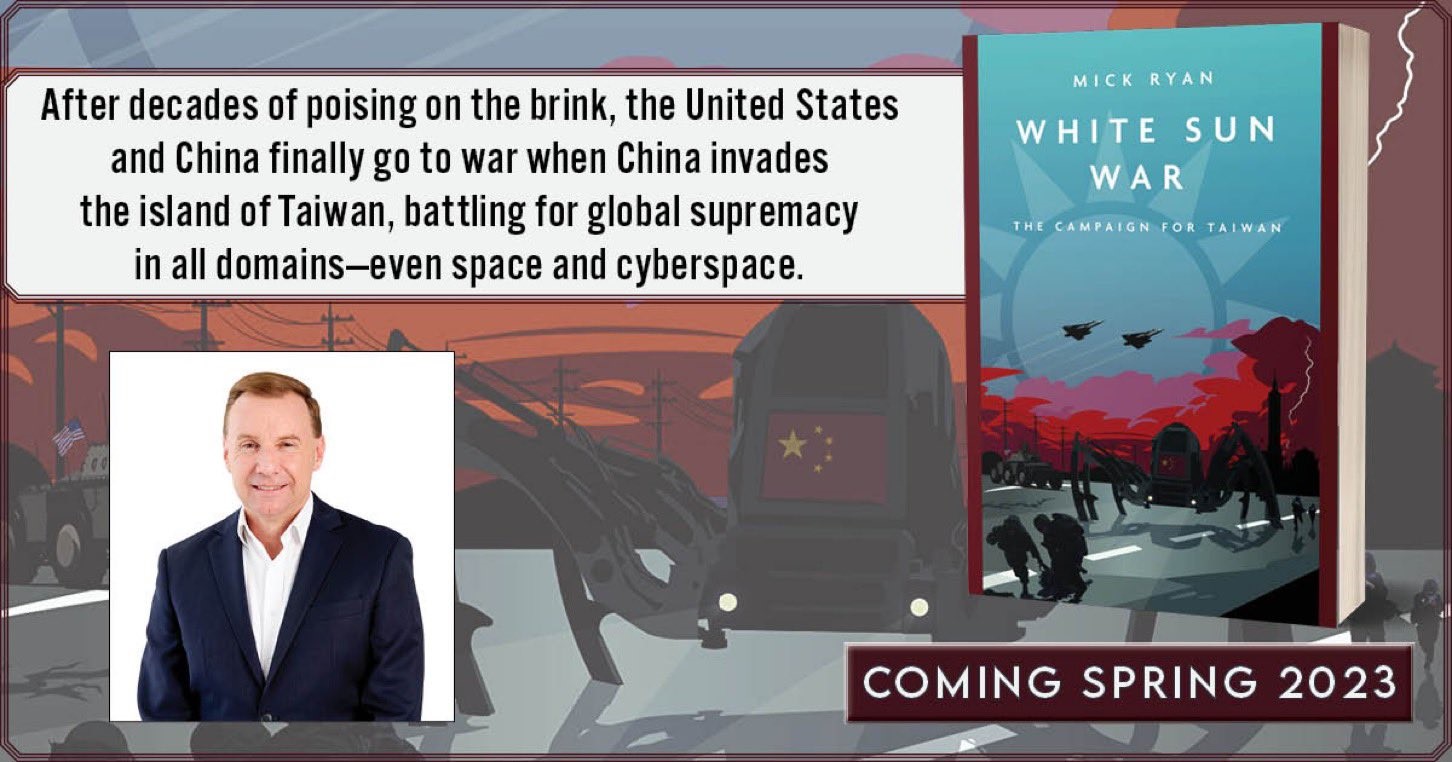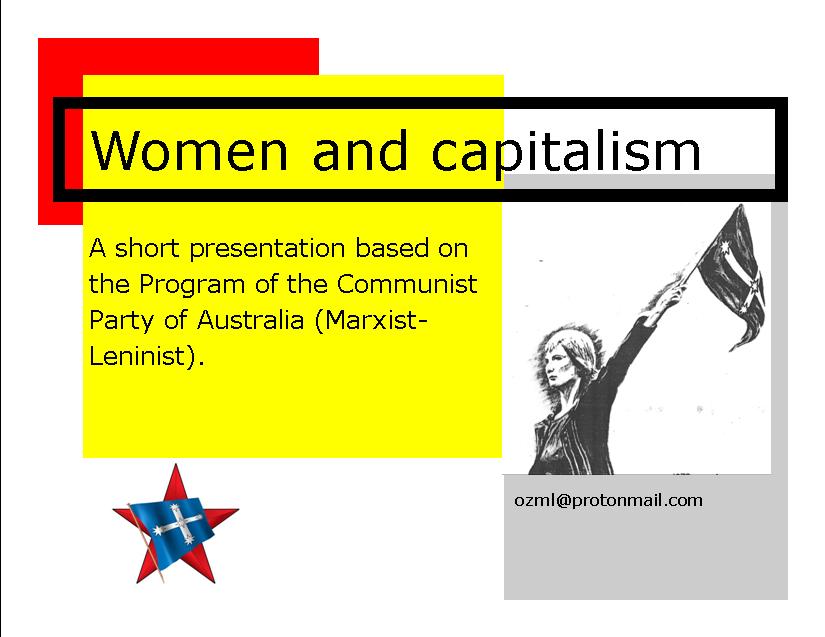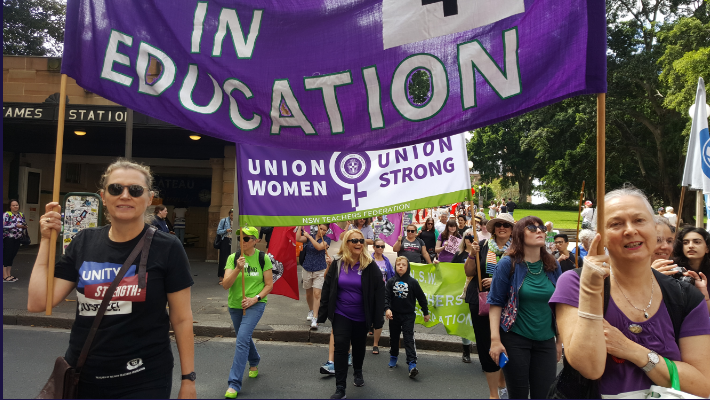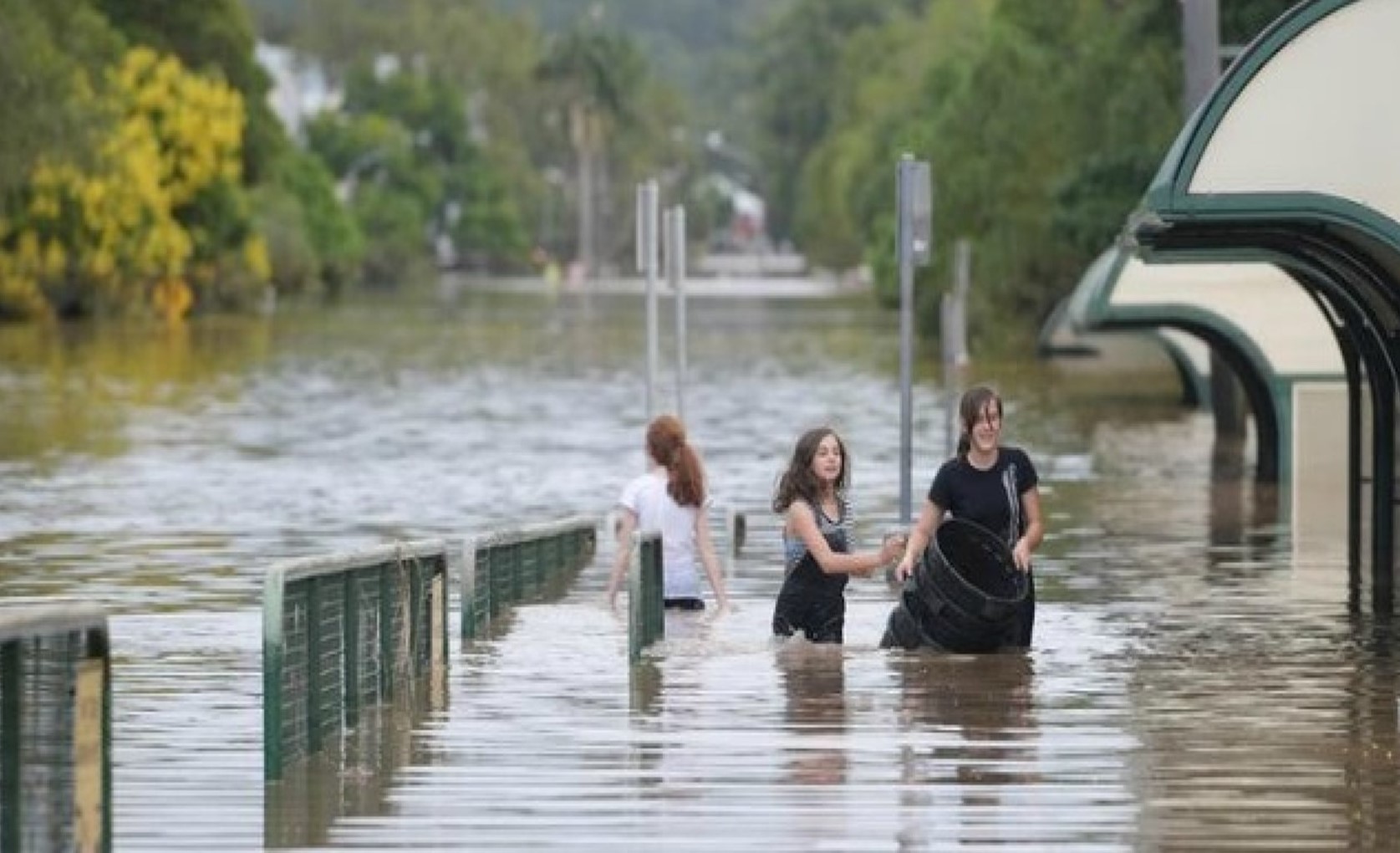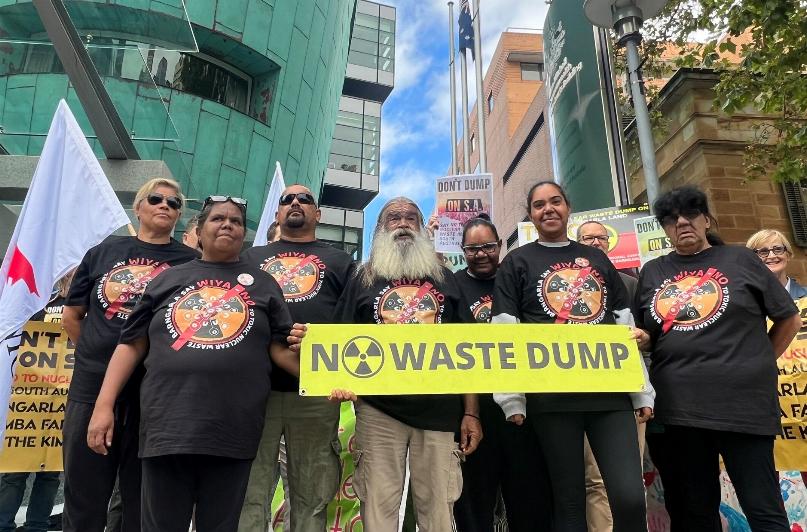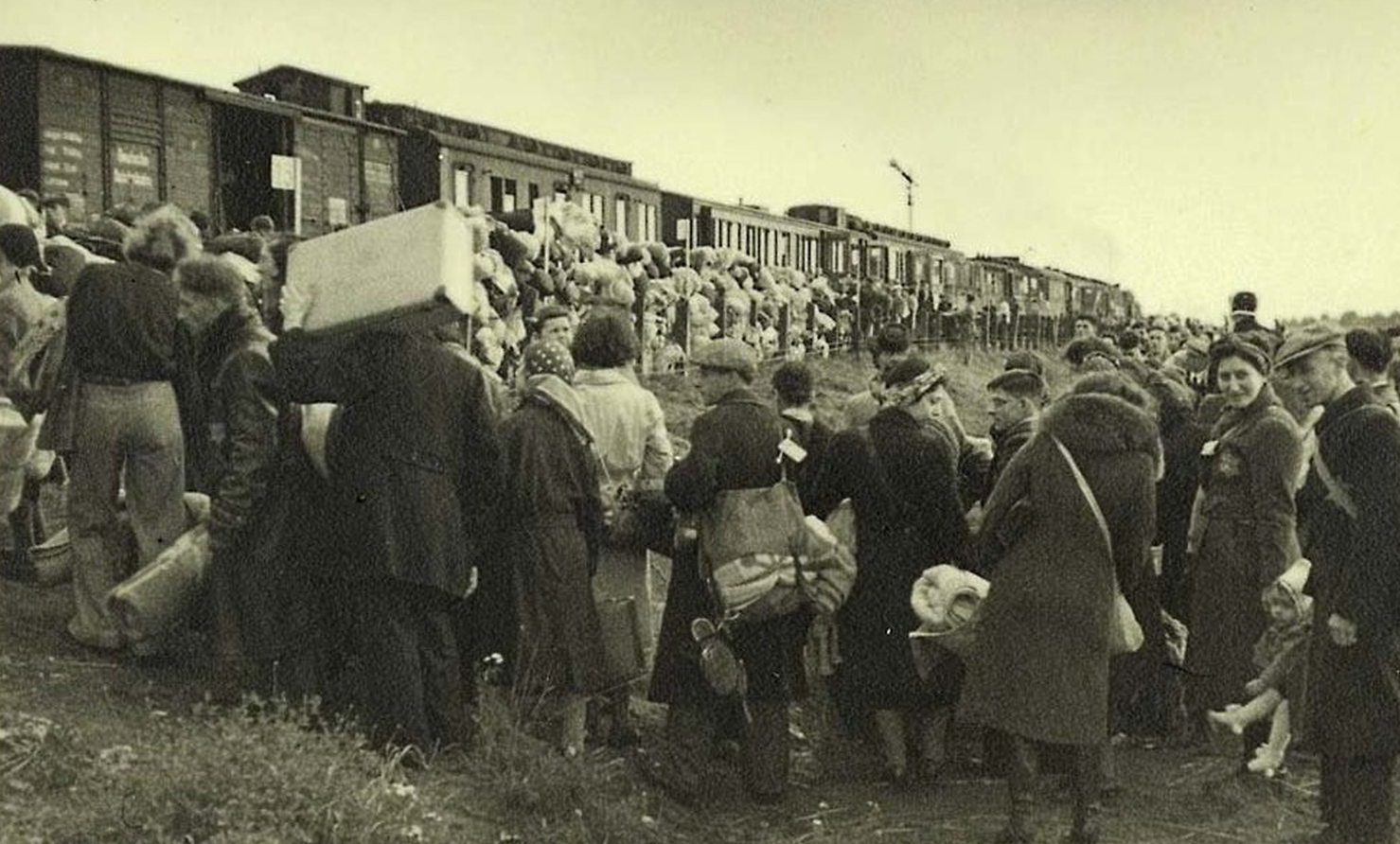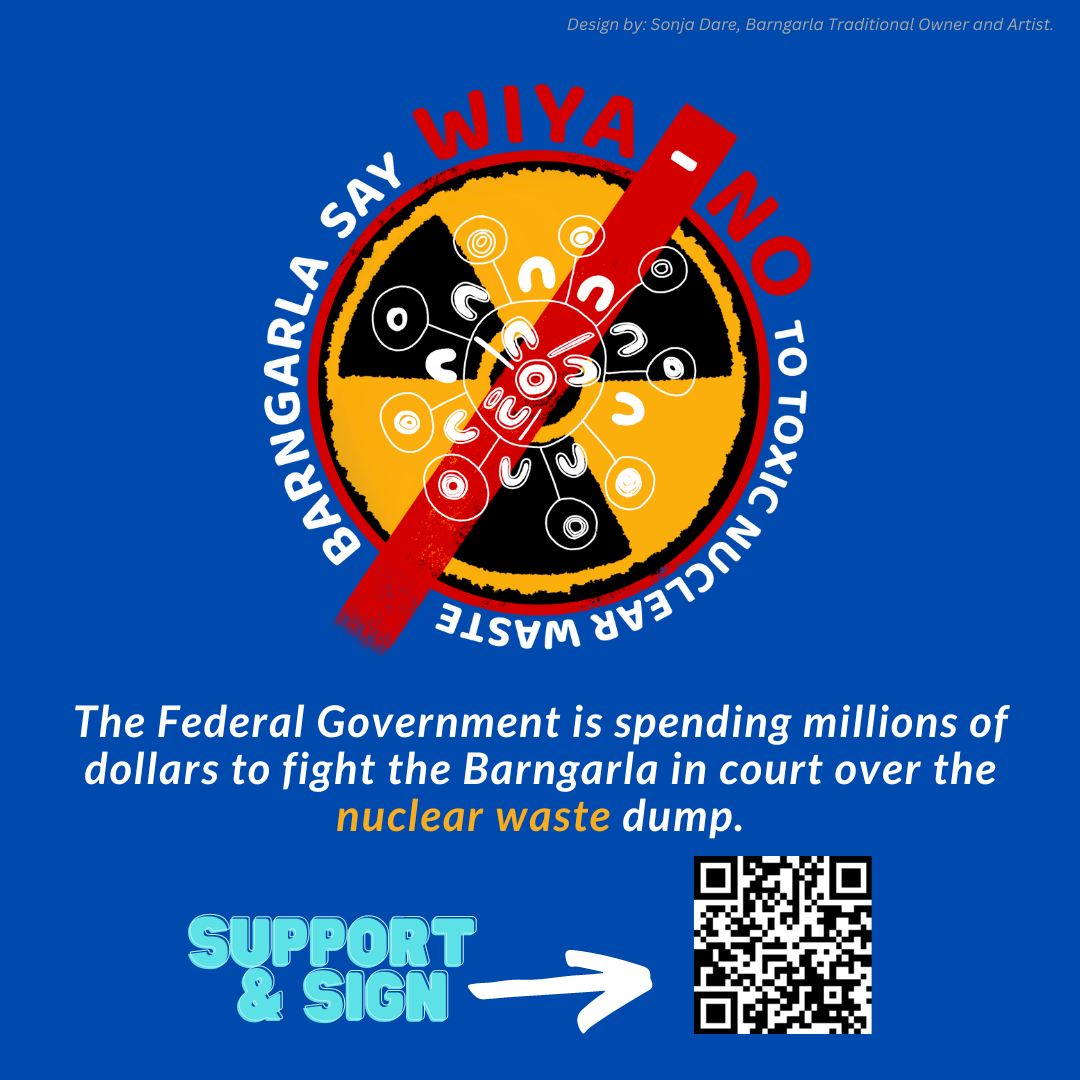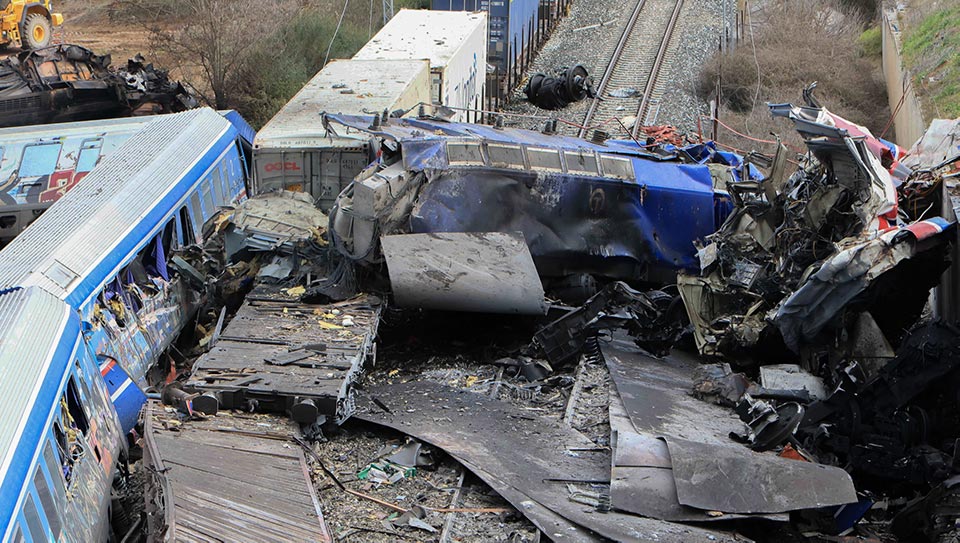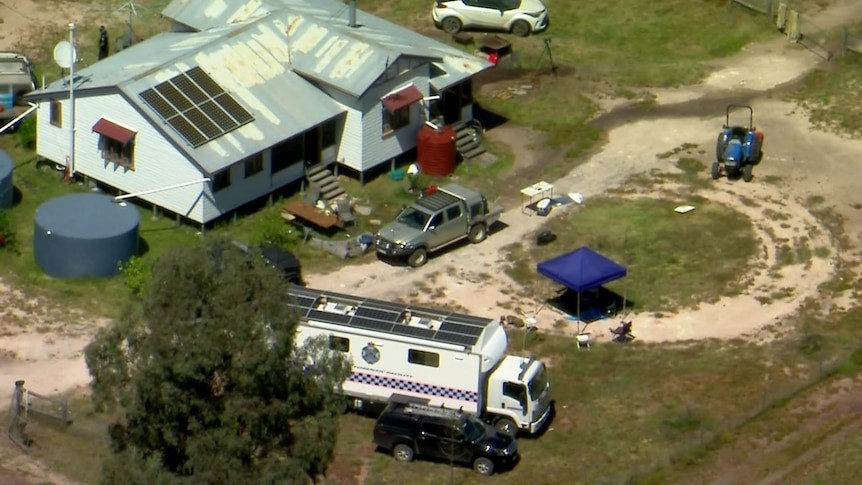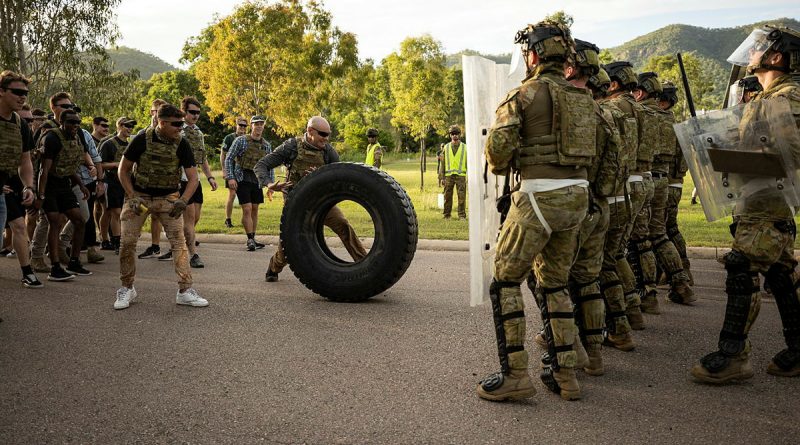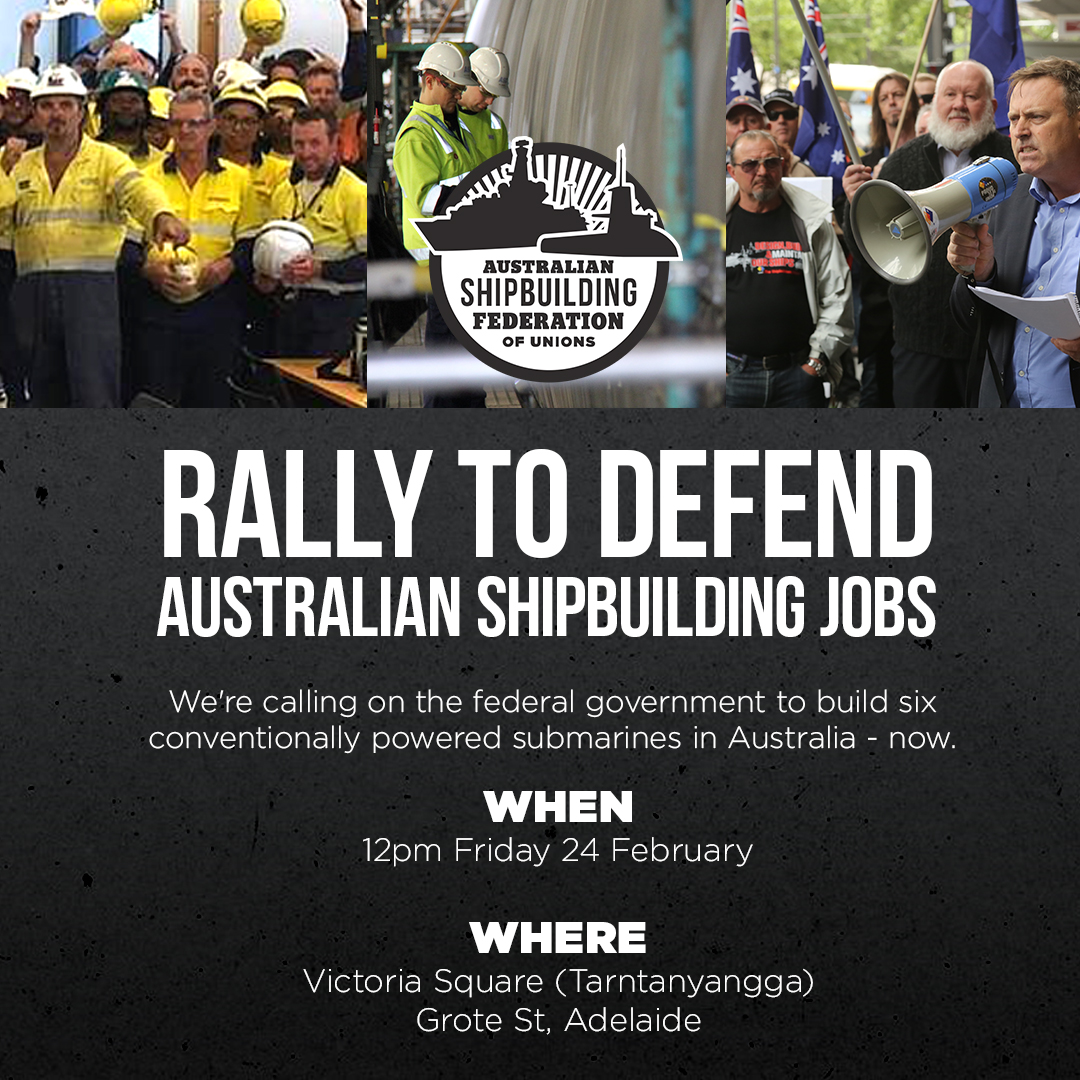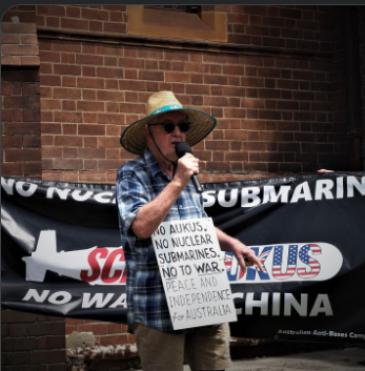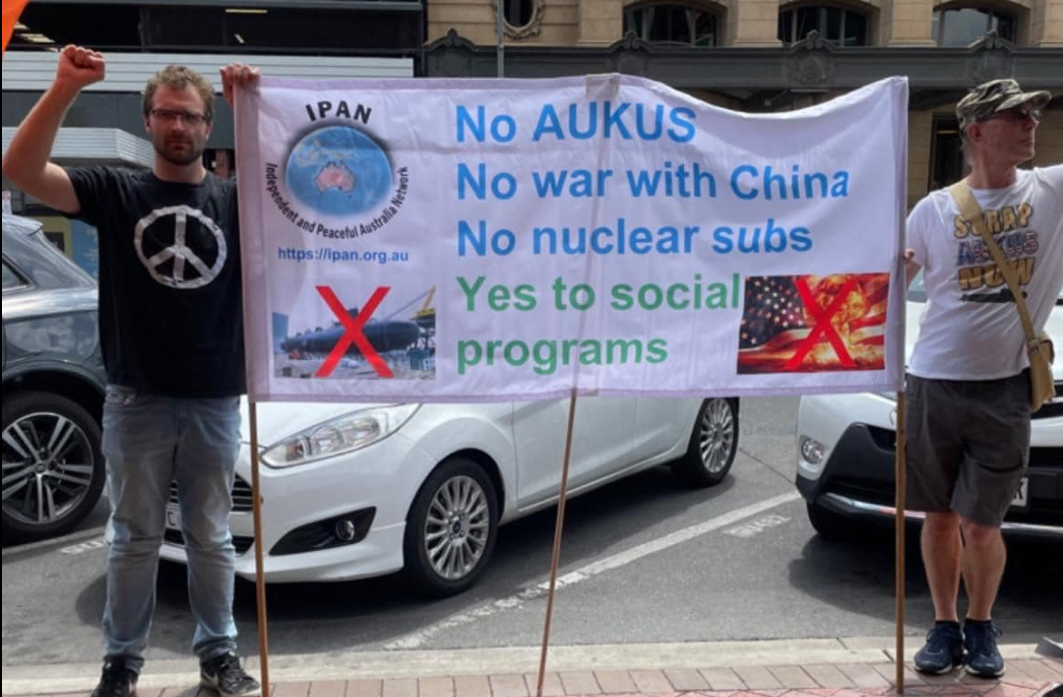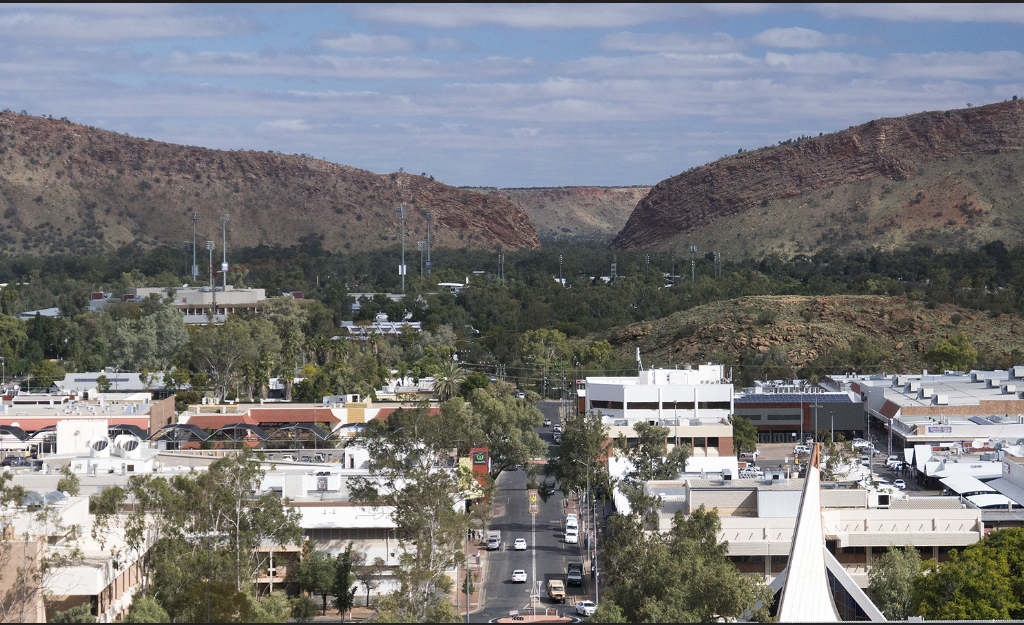The legacy of Soviet revisionism: the view from Russia today.
Written by: (Contributed) on 13 May 2024
Above: Anti-Putin protester dragged away by Moscow cops. Photo: www.reaction.life
Our Party has good relations with several groups of comrades in Russia. We won’t identify the source of the following description of conditions in Russia because of the danger its authors are in under the rule of the Russian imperialist bourgeosie and Putin’s government. Unfortunately, there are some on the Left in Australia who praise Putin for his rivalry with US imperialism and the NATO bloc. There are no grounds fordoing so. All imperialism is bad and must be overthrown – eds
The legacy of Soviet revisionism and social-imperialism, which completely permeates society and bourgeois power, causes great harm to party building in our country. On the one hand, this completely discredits the ideas of communism in society, equating them with Soviet capitalism. On the other hand, the bourgeois government and the bourgeois “opposition” demagogically use images of the Soviet past for chauvinist propaganda.
Many people in our country know about Mao Zedong from the fascist tales that were promoted by Soviet propaganda and which are enshrined in official academic discourse in books and the Internet. All this complicates the work of Marxists-Leninists in Russia. Moreover, after the strengthening of the fascist regime and the start of the genocidal war against the Ukrainian people, great-power chauvinism, racism and spy mania dominate in society.
There is information that about 116 thousand people were subjected to Putin’s repressions. There are many neo-Nazis in the FSB and the police who torture people, and after a recent terrorist attack, neo-Nazis in police uniform festooned with swastikas publicly cut off the ear of one of the suspects on camera and forced him to eat his ear.
Instructions from the police and army on how to properly torture people with electric shock are being actively distributed online.
Police and Nazis organize attacks on migrants in factories and commercial establishments, inducing them to go to war. In this way, the Russian army is replenished and at the same time terror is waged against the non-Russian workers remaining at the enterprises.
Moreover, after the failure of the military opposition in June 2023 and after Putin’s victory in the elections, the fascist regime began to fight with redoubled force against political opponents. Our organization suffers greatly from these repressions. At the same time, all street protests are now prohibited in our country and any unflattering word about the war and the Russian army faces criminal liability, freedom of speech and freedom of assembly have been destroyed.
In our country, trade unions are subordinate to the ruling far-right United Russia party, on which President Putin relies. Because of this, the economic struggle in our country is seriously complicated.
The left forces in our country are poisoned by Soviet revisionism. The majority of Russian "communists" support Putin, the fascist war against Ukraine and external expansion into European countries. Chauvinist Russian idealist philosophers and various bourgeois concepts, such as the “civilizational approach” or “world-system analysis,” are highly respected among them. Almost all Russian communists and social democrats are sexists and homophobes, supporters of traditional family values and the death penalty.
At the moment, Russian imperialism is merging in foreign policy with revisionist regimes. First of all, with social-imperialist China and the DPRK, which most pseudo-communists perceive as a socialist turn and “anti-imperialism.”
Russian imperialists are attacking feminism, women's right to abortion, and any protection against domestic violence. We are trying to fight this by developing a feminist movement in Russia. LGBT people in Russia are recognized as terrorists, as are Jehovah's Witnesses and many other religious and social forces. Many oppositionists are labeled as “foreign agents”, after which they are deprived of economic and remaining political rights.
May 2024
Print Version - new window Email article
Inflation hits Interest Rate Relief: The Crisis Grows!
Written by: John G. on 13 May 2024
Fruit & Veg prices not rewarding farmers. Source: publicdomainpictures.net CCO
Price inflation increased from October to March by 1.6% . That was after a drop in the previous 6 months which had government ministers and economists cheering and carrying on about a series of interest rate cuts coming right up.
On 7 May, the Reserve Bank swept those hopes aside and locked in the current rate, way higher interest rates than any in the last decade. Now talk is of a possible interest rate increase.
Price inflation increases have killed off hopes about imminent interest rate cuts and cast a shadow after over the whole country’s economic prospects.
Economists have commented how disastrous it is to have unemployment low at 3.8% while price inflation kicks up.
For them, “restoring economic activity” relies on unemployment being pushed up to 5%. That’s an extra 200,000 plus people thrown out of work.
They are disappointed just 7,000 more people were without work in March. In that month, total hours worked across the nation increased by as much as it had over the previous 11 months.
With price inflation growing and people not being put out of work in large numbers, capitalists and their top managers, top bureaucrats, bankers and government administrators set out for people to suffer much more misery.
Policy tensions reflect different corporate monopolies interests
There are tensions within corporate monopolies’ ranks between their economic needs and their political needs, as well as conflicts between different sectional interests.
The economic needs are for people to be put through hardships, businesses closing, bankruptcies, people unable to get what we want to live, being paid less and consuming less. The political needs are what people will tolerate without a significant turn against the corporate monopolies rule.
All sorts of differences flare up between financial corporations and bankers, consumer goods suppliers, mining monopolies, industrial manufacturers supplying different industries, and small and medium hospitality businesses. The businesses selling to consumers tend to support consumers being supported to keep business sales up. Others insulated from the consumer market like the mining monopolies and foreign bankers back severe cutbacks.
Different corporate approaches expressed in the parliamentary slanging match over spending.
Labor has been spreading a range of support around: electricity bill reductions, heavily subsidised childcare, increases to wages in aged care, providing free Vocational education for some careers , tax cuts extended to the poorer paid, childcare subsidies, rent assistance and payments that cut energy bills before they went to households, increases to bulk billing rebates, reduced costs of pharmacy scripts, an increase in jobseeker payments , rent assistance up 15%, increased single parent payment and expanded eligibility, opening up restrictions on wage struggles for a few workers, and more. It’s a significant spending program on services and support for people in difficulty.
It is nowhere near dealing with economic problems people face. Labor’s balancing act tries to smooth out some of the harsher effects of the crisis, and stave of tendencies for the troubles to break people’s acceptance of capitalism. They work on the monopolies’ economic needs while paying attention to political needs. Hardship, but trying to hold it to a level where lots of people won’t be rethinking the need to rebel and try to make the rich corporate monopolies pay.
Chalmers dubs his a ‘no scorched earth austerity’ policy. He presents himself ‘dealing with inflation’ while ‘supporting the economy’. Labor’s juggling defends the corporate monopolies by letting people’s consumption drop and hardships stalk the workers, making people pay to get out of the corporates’ inflation crisis while doing a bit to mitigate the worst effects.
Liberals ‘Cut Government spending policy’ for mining, finance and other corporates
The Liberals carry on about ending the ‘spend-a-thon’. They say they would ‘contain the growth in spending’ … to ‘take pressure off this homegrown inflation’ as Shadow Treasurer Angus Taylor put it after the recent Reserve Bank meeting put interest rates on hold.
Taylor nominated cutting $209 billion he reckoned was increased spending since Labor’s election. While the Liberals are coy about details of what they would do, they are calling for cuts in spending programs on a variety of government services and support for people.
It’s the severe policy of the corporates of mining, banking and finance; increasing the harshness of the squeeze on people. It’s not quite the ‘scorched earth’ criticized by Chalmers, but it is policy for a disaster to be imposed on people doing it hard now, more out of work, holding back wage rises, while slashing services and supports Labor has put in place easing the harshest troubles hitting people.
Liberal’s approach: Devil Take the Hindmost
The Liberal’s and monopolies’ make a cynical and brutal calculation. They reckon better off sections of workers can tighten the belt for a while They work for the better off to turn a blind eye to the plight of poorer workers and non-monopoly business people most affected by recession, loss of consumer markets, government supports and services. The Libs work to bring workers and professionals in industries like mining, shipping and transport, banking and finance in support of the reactionary corporate monopolies’ approach.
The Liberals try to drag working people in mortgage trouble into the reactionary corporates’ orbit too. They push harsher measures as the path to reduce the time high interest rates torment mortgage holders in trouble. They try to use it as an appeal to outer suburban workers and tradies to back mining, finance and wider foreign monopoly corporates’ interests rather than stand for the workers’ own interests in a better life.
Insecure, casual and ABN employees cop the brunt of unemployment and hardships. The bottom 25% are crushed. The young are particularly affected by insecure work, shift cuts, high rents and interest rates. Small and medium businesses providing people’s goods and services and subbies in all sorts of industries lose customers and work. People with mortgages and renting cop even higher rates.
For the bulk of people, the Liberals promise a hell of a lot less ‘economic activity’, a brutal devastation of many people’s lives and the futures of today’s generation of students in their later years looking to get into good paying jobs.
The Greens perform around the edges of government administration, raising banners for more housing, caps on rents and interest rates. They float various schemes. They perform and act to advocate for Labor to improve its game. Labor does fall short and bumbles on various fronts. The Greens aren’t going to have a decisive say in parliament any time soon. Their policies attach themselves to consumer market interests. They stand against the reactionary corporate interests of mining monopolies, finance and banking corporates.
Labor and Liberal are wrangling about which way to make capitalism work and get back to profitability, while keeping corporate monopoly rule over the country secure. That’s no real use to workers.
This system is failing us. It can’t keep going without periodic crashes where the corporate monopolies make working people and small business suffer to prop up their system and get it back to turning over.
Now is a time to get serious about getting organised to get rid of the dominating US corporate monopolies’ rule over the nation and free the nation and the working class. Standing out as some initial steps to defend poor workers and start to develop organisation for workers to take command:
First: Organise poorer workers and younger people to stand against severe policies to make poor workers pay for the corporate monopolies’ crisis. Better pay, cheaper rent, lower interest rates, better government support and services, tax the corporate monopolies to relieve peoples’ hardships.
Second: Win better-off workers, professionals and small business people to stand with poorer workers against policies of leaving people subject to severe hardship.
Third: Reject Liberal/Coalition policies to stop spending to relieve people of some effects of price inflation and high interest rates, while they also work to impose real wage cuts and much higher unemployment. No severe economic shock to get big monopolies out of trouble.
Print Version - new window Email article
Rival imperialists and their Ukraine agendas
Written by: (Contributed) on 11 May 2024
A huge US-led military assistance package for the Ukraine has left little ambiguity in what the Pentagon appears to have assessed as a viable option for prolonging hostilities.
The Pentagon appears to have drawn up military planning to last several years with the full support of the military industrial-complex. It remains, therefore, to be seen just how long the US-proxy war is kept running and to what cost, financially, and in terms of casualties.
A US-led military intelligence assessment from a senior NATO official about the prevailing balance of forces between the Russian Federation and Europe is best viewed in the context of recent increased western support for the Ukraine. Fears have arisen about western vulnerability to military incursion, particularly in Germany. Some recent developments in Germany have also revealed new Cold War dramas being played out, as a re-run of a previous age.
Toward the end of April an announcement about a previously delayed US$95 billion military package of which two-thirds was destined for the Ukraine, was noted as 'big business for the US defence industry for years to come'. (1) The news was greeted with optimism from Kiev as 'US military jets started flying fresh supplies from Pentagon stocks to Ukraine' the following day. (2) It was noted Lockheed Martin and RTX (formerly Raytheon Technologies) were the largest beneficiaries of the already outstanding US$30 billion in federal contracts to supply Ukraine. (3)
The UK military assistance to Ukraine also rests upon previously awarded US$44 billion during the past two years. (4)
The time line of the Pentagon military planning, nevertheless, is particularly revealing; an official media release 'detailed a $66 billion package of new weapons, training and spare parts that will be sent to Ukraine over the next several years … and … Frank St. John, Lockheed's chief operating officer, said the extra funding approved last week would sustain factories for years to come'. (5) No doubt the shareholders are rubbing their hands in glee.
The US economy, it should be noted, is not in a particularly strong position and the failure of Ukraine's armed forces to dislodge areas of the country which are Russian-speaking, has revealed their inability to deal with Moscow's territorial claims.
The announcement was also accompanied by further military support for Ukraine from US allies: Australia pledged a new A$100 million package of new drones and air defence systems, Canada has allocated $6.154 billion and Japan, $8 billion. (6) Washington appears to have issued directives for their allies to follow.
The developments are best viewed in the context of disclosures from Lieutenant-General Alexander Sollfrank, Commander of NATO's military logistics centre in Germany, who stated 'NATO leaders have suggested the alliance has as little as perhaps three years to consolidate its defences against a possible Russian offensive'. (7) The open source intelligence assessment has placed Germany in the forefront of possible further Russian military incursion.
Elsewhere, similar concerns have also been raised about Russia possibly acquiring basing facilities in Eastern Libya for their nuclear submarines, 'boosting its influence in the central Mediterranean and placing nuclear weapons on Europe's southern flank'. (8) It was also noted, furthermore, that 'Libya is a perfect stepping stone for Russia in Africa as it looks to supply its military presence in Mali, and perhaps Niger, Chad and Burkino Faso'. (9) In recent years imperialist Russia has emerged as a serious challenger to western neo-colonial power in numerous African countries.
While the open source intelligence assessment was linked to interoperability of military equipment and logistics, it noted 'another significant headache for NATO planners is the tangle of regulations restricting the exchange and transport of military equipment'. (10) The Pentagon regarded itself as hindered by numerous political and other obstacles to its military interoperability with different governments in Europe. The implications created by the outcome of the Brexit poll, were not pursued in the intelligence assessment although they clearly remain problematic for the tendering, transportation and logistics of sensitive military equipment.
A recent statement from President Macron has clarified the position of his administration although it had also shown some of the political obstacles: in offering to share France's 'nuclear umbrella to the continent … opposition groups have … voiced outrage at … putting France's nuclear arsenal, consisting of 300 submarine-launched ballistic missiles and air-launched cruise missiles, at the service of European neighbours'. (11)
French and German diplomacy was never been particularly straightforward: while France has long treasured a status as a relatively independent military power, Germany has fallen under strict US-led NATO defence and security provision. Similar diplomatic positions exist elsewhere in Europe, as a legacy of the previous Cold War and more recent Brexit.
Moves, for example, by Britain, which have included high-level diplomatic meetings with Germany and increased defence expenditure, were accompanied with the statement 'they were to announce plans for a joint endeavour to develop artillery systems' (12) The stated agenda is one thing, the hidden agenda quite different; the sabre-rattling is intended to prop up the present Conservative administration in Westminster, which has declining support in election year along with Britain not being diplomatically part of Europe for trade, transportation and logistics. Placing sensitive military equipment on the back of a truck destined to Germany, is not as straightforward as the Pentagon would wish.
It is also what has not been openly revealed about Germany's perceived vulnerability which, nevertheless, remains highly relevant; the resurgence of the far-right in the eastern part of Germany and the former GDR, has clearly proved problematic. Forthcoming elections in Germany for the European Parliament are likely to see the far-right Afd being able to create a substantial political power-bloc. In recent years the Putin administration in Moscow has developed strong political links with far-right groups as a means of extending their influence into Europe and elsewhere.
It has been officially noted, for example, that Australia 'is becoming a growing hotbed for far-right extremism given the rapid proliferation of far-right groups and mainstreaming of extremist thought'; many of the groups are openly pro-Russian and have created a huge case-load for the security services. (13)
Cold War dramas, the logical outcome, are also being played out on the daily basis.
Russian diplomacy toward far-right political groups has also coincided with the discovery of four spies, including one allegedly Chinese agent, working as a parliamentary assistant to Maximilian Krah, a member of the European far-right inside the European Parliament. (14) European countries, in the grip of Cold War paranoia, fear the emergence of a fifth column inside their political systems, particularly lurking under the guise of pro-Russian allies and their Chinese counterparts.
The recent increased US-led military budget for Ukraine would appear aimed at locking Russia into a longer-term war as a means of draining their economy, while deflecting their
attention away from further possible planned incursions elsewhere in Europe and Scandinavia. The US-led military planning might, however, backfire in a spectacular fashion, pushing Russia diplomatically closer to China and draining the US and western economies.
1. Ukraine aid lifts defence firms amid profit, Australian, 30 April 2024.
2. Ibid.
3. Ibid.
4. Ibid.
5. Ibid.
6. Marles' $100m aid for Ukraine, Australian, 29 April 2024; and, Ukraine deserves more support, Editorial, Australian, 29 April 2024.
7. NATO must prepare for Russian attack on Europe, generals warn, Australian, 30 January 2024.
8. Russia eyes nuclear subs base at Tobruk, Australian, 1 February 2024.
9. Ibid.
10. NATO, Australian, op.cit., 30 January 2024.
11. We can share nuclear arms with Europe, says Macron, Australian, 30 April 2024.
12. Britain to raise military spending, Australian, 25 April 2024.
13. See: ASIO reveals up to 40% of its counter-terrorism cases involve far-right extremism, The Guardian Weekly (U.K.), 22 September 2022; and, The shape of far-right extremism in Australia, The Strategist, ASPI., 21 March 2019; and, Scott Morrison signs on with global political network home to 'intolerant far right', The New Daily, 14 September, 2022.
14. Berlin detains fourth 'China spy', Australian, 25 April 2024.
Print Version - new window Email article
What is this economic crisis?
Written by: John G. on 11 May 2024
Free Food Pantries have sprung up across cities and towns
The capitalist economic system and US imperialist domination of Australia is very destructive for this country and the working class.
Bonza airlines one of the latest to hit the wall
Print Version - new window Email article
Free Palestine rally leads Melbourne May Day march
Written by: Bill F. on 6 May 2024
Highlight of this year’s May Day in Melbourne was the extended march through the city streets led by Free Palestine supporters who had already marched up to Trades Hall from the usual Sunday rally at the State Library.
This more than doubled the numbers who had earlier turned out for the annual May Day rally, this year falling on May 5th. At least 2000 at a guess.
Prior to this, the May Day event attracted a number of trade union members and activists from Construction unions, Plumbers, Maritime workers, Rail Tram and Bus, Nurses and Midwifes, student unions and individual unionists.
Various radical, revolutionary and environmental groups set up stalls and handed out literature, while banners and placards supported the Palestinian struggle against Israeli Zionism and condemned US imperialism and its criminal AUKUS war pact.
The popular Trades Hall Choir delivered its usual stirring songs of struggle, and a guest speaker from the Construction union deplored the falling living standards faced by working people whose wages and conditions were being whittled away in the face of ever rising costs and lack of social services. Housing, decent education and accessible and affordable healthcare were all getting further out of reach for many families. He called for workers to take action, to increase the level of struggle and not let the bosses get away with it any longer.
 The second guest speaker exposed the rotten AUKUS agreement embraced by the Albanese Labor government. Her powerful speech pointed out that it was a war pact designed to tie Australia into a US instigated war with China rather than anything to do with the defence of Australia. She pointed to the sinister role of the US controlled Pine Gap spy base in supporting Israel’s genocide in Gaza, and the danger of this being a nuclear target in any war with China. “The only imminent threats to the Australian people’s safety and security come from the aggressive AUKUS war alliance, the US military bases across the country, the secretive US controlled Pine Gap spy base, the nuclear weapons carrying US bombers and warships in our ports and airfields, the AUKUS nuclear powered submarines in our ports, the deadly nuclear waste stored on the lands of the First Nations people, the US-Australia Alliance and the devastation of climate crisis. These are the real threats to our safety and sovereignty.”
The second guest speaker exposed the rotten AUKUS agreement embraced by the Albanese Labor government. Her powerful speech pointed out that it was a war pact designed to tie Australia into a US instigated war with China rather than anything to do with the defence of Australia. She pointed to the sinister role of the US controlled Pine Gap spy base in supporting Israel’s genocide in Gaza, and the danger of this being a nuclear target in any war with China. “The only imminent threats to the Australian people’s safety and security come from the aggressive AUKUS war alliance, the US military bases across the country, the secretive US controlled Pine Gap spy base, the nuclear weapons carrying US bombers and warships in our ports and airfields, the AUKUS nuclear powered submarines in our ports, the deadly nuclear waste stored on the lands of the First Nations people, the US-Australia Alliance and the devastation of climate crisis. These are the real threats to our safety and sovereignty.”
She continued, “The Palestinian struggle for liberation is setting the world on fire, exposing the face of imperialism behind the wars of aggression, invasions, military occupations, political and military coups and foreign interferences in countries.”
When the Free Palestine rally marched up, they were given a warm welcome as they joined in the May Day crowd, livening things with drums and music. This continued as the whole combined rally marched through the city and then returned to Trades Hall, chanting “Free, free Palestine!”, “The workers united, will never be defeated!”
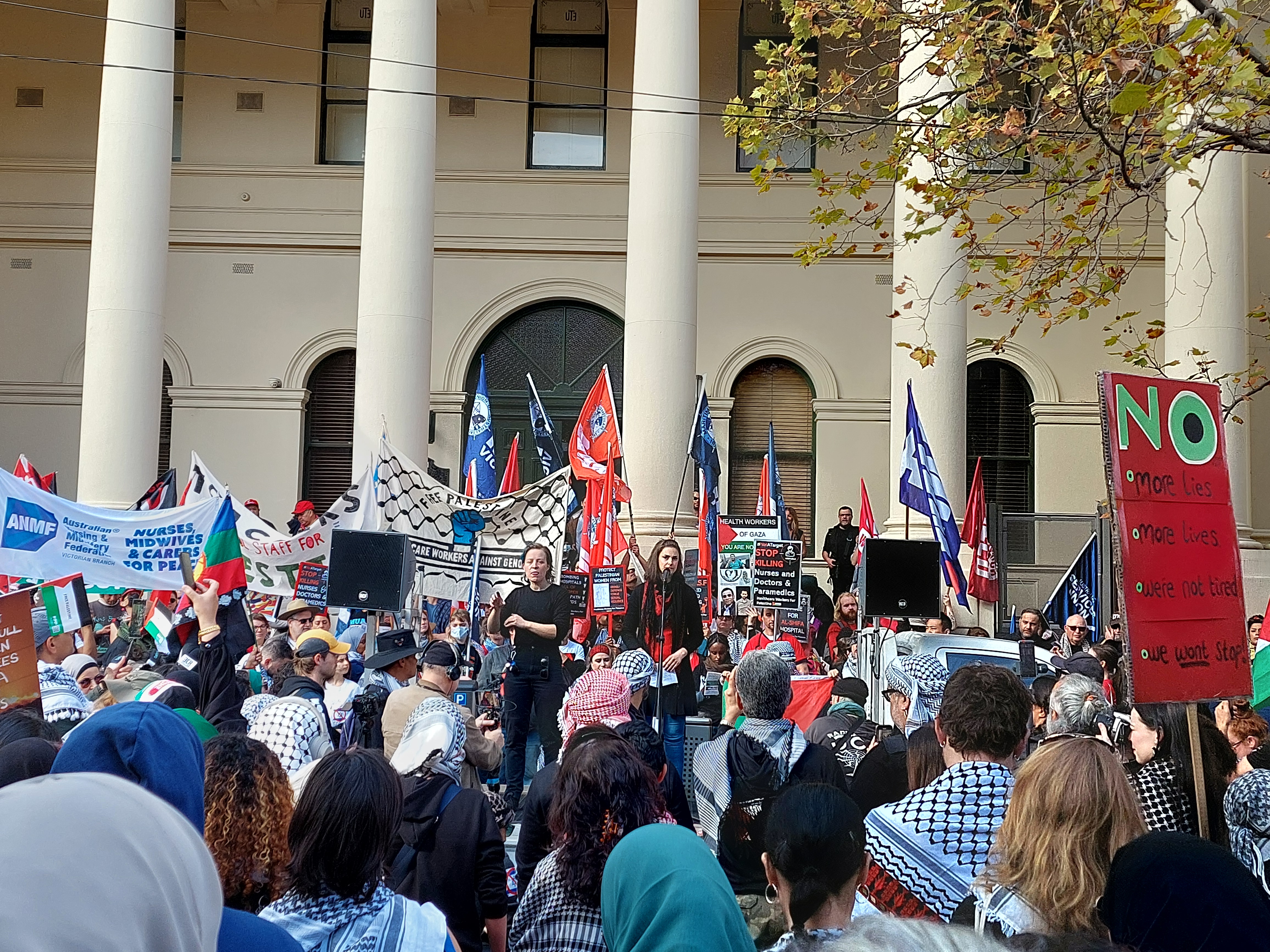 On the return to Trades Hall, two Palestinian speakers addressed the crowd, expressing the determination of the Palestinian people to win their liberation in facing the genocide and expressing respect for the solidarity shown to them by people across the world, including many Jewish supporters.
On the return to Trades Hall, two Palestinian speakers addressed the crowd, expressing the determination of the Palestinian people to win their liberation in facing the genocide and expressing respect for the solidarity shown to them by people across the world, including many Jewish supporters.
The final speaker was the Chairperson of the Melbourne May Day Committee, Len Cooper. He also denounced the role of US imperialism in financing and arming Israel’s aggression and racist genocide in Gaza and the West Bank.
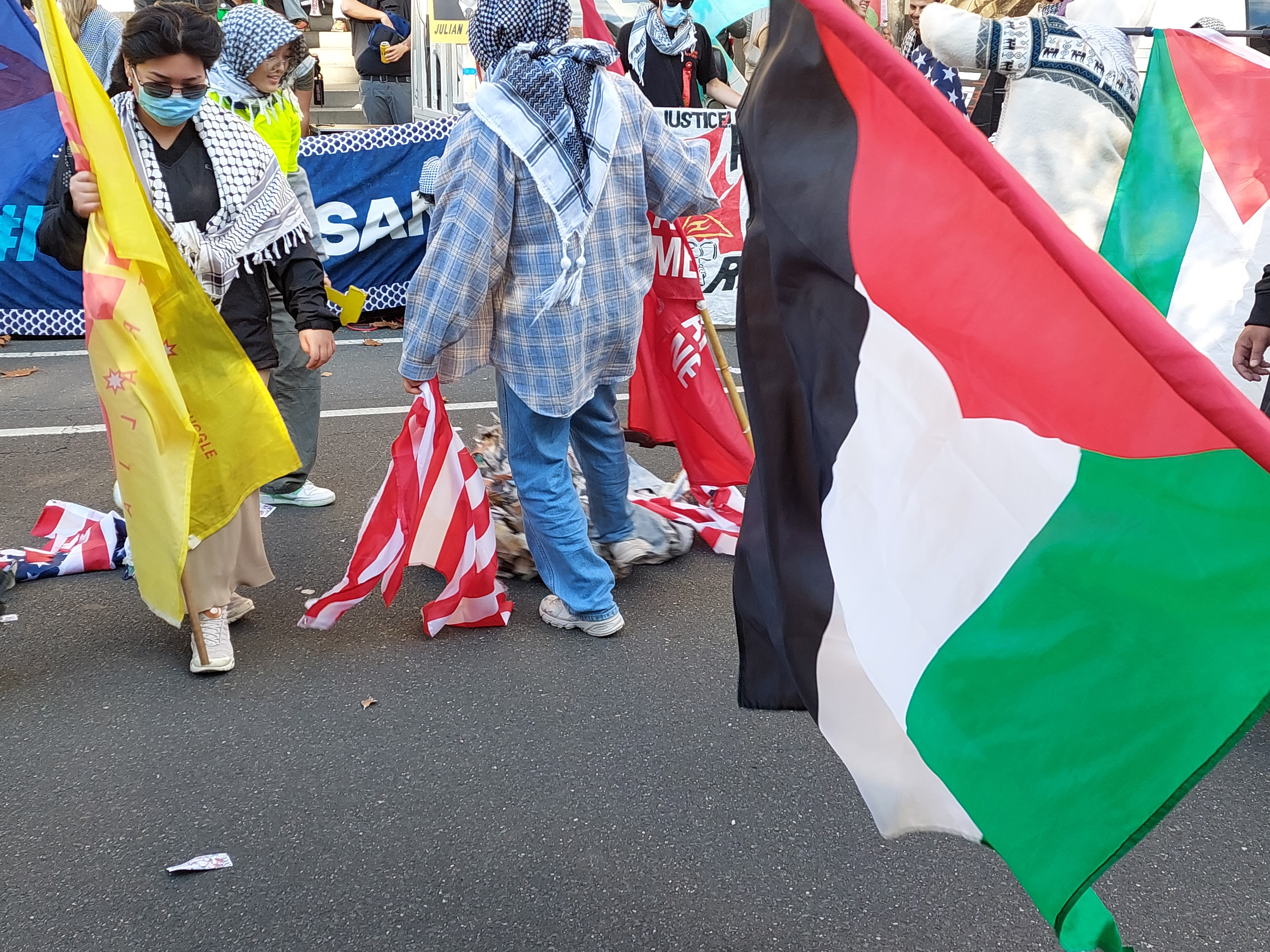 The Melbourne May Day rally ended with the ceremonial burning of a US effigy and flag, which delighted the crowd and was a fitting recognition of the main enemy of the oppressed people of the world.
The Melbourne May Day rally ended with the ceremonial burning of a US effigy and flag, which delighted the crowd and was a fitting recognition of the main enemy of the oppressed people of the world.
Print Version - new window Email article
Free Palestine Rally Puts University of Adelaide in Spotlight
Written by: Ned K. on 7 May 2024
On Sunday, 5 May, supporters of Palestinian peoples struggle against Zionist Israeli government and its imperialist backers once again rallied on steps of Parliament House in Adelaide.
The speakers at the rally included students from University of Adelaide who joined students from campuses throughout USA and other countries and set up a camp on the University grounds.
The speakers let people know that the University of Adelaide was up to its eyeballs in actively seeking more and more involvement of US military companies like Raytheon and Boeing on campus, with the University facilitating research for new weapons of destruction to be used by the USA and Israel against the Palestinian people in Gaza.
The students vowed to continue their campus occupation until the University broke all ties with these corporate merchants of death and destruction.
Following the student speeches the MC of the rally advised that the usual route of the demonstration that followed the Sunday rally would divert to the grounds of the University to join the student occupation.
However the police advised that if the march was going to end at the University grounds, marchers would be banned from taking to the streets and had to walk to the University via the footpaths!
This was not received well by those at the rally!
In response people took to the street and there were so many people who did so that the police backed off and people marched on the streets as they had done every second Sunday for the last seven months in support of Palestinians.
It seemed like the exposure of the University’s deep involvement with the military corporations has hit a vulnerable spot in the image the University and indeed state and federal governments like to build of the University of Adelaide.
The University is on the verge of a merger with the University of SA which is being portrayed as a great opportunity for young people of South Australia to learn in a world class University!
Students want to learn subjects that benefit humanity and the planet. As expressed by them today, they do not want to be researching new weapons for mass destruction.
Print Version - new window Email article
How the Australian state machine breeds terrorism
Written by: Louisa L. on 6 May 2024
Anti-Vietnam War demonstration outside Phillip Street Court, Sydney. Wiki Commons Image courtesy of the SEARCH Foundation, from the collections of the State Library of New South Wales
In 2003, when Australia joined the US invasion of Iraq, Coalition politicians were obsessed with terrorist threats.
They ignored the fact that imperialist war is terrorism at its worst. They ignored that Sadam Hussein was an enemy of Al Qaeda. They knew Iraq would become another wartime training ground for terrorists to overflow from the US war on Afghanistan declared just two years earlier, after 9/11.
Yet for years there was only one terrorist attack here, at Sydney’s Lindt Café. The perpetrator was on bail for 43 sexual assaults, and organising his wife’s murder. Not terrorism?
But what has shifted in 20 years since then, for seven teens, at least one with mental illness and disability, to be charged with terrorism? With their right to silence and independent lawyers denied, much reduced levels of evidence needed, and presumption of innocence reversed, not guilty verdicts are unlikely.
But surely, even with churchgoers quickly defending their priest, a trained terrorist had time to inflict a fatal blow.
US imperialism and traitors like John Howard
People capitalism calls terrorist usually take individual action because they feel powerless against injustice. They don’t understand real change comes from mass action.
In 2003, at one southwestern Sydney school with a high Muslim enrolment, every staff member, from teachers to cleaners, wore purple ribbons against the war. When students walked out statewide, the school was almost empty of older students of all backgrounds. At a peace assembly, the principal told the whole school, “We should not go to war with Iraq. If we don’t stop the war, at least we will have tried.”
He knew 94 percent of Australians supported his stand. The Muslim community knew their enemies were US imperialism and traitors like John Howard, not our peoples.
And now? At the same school, students have been suspended for refusing to remove the keffiyeh. They’ve been hauled to the principal and berated for drawing Palestine flags on their hands, or wearing Palestine bracelets.
Teachers at some schools refused orders by principals to remove keffiyehs. Those principals mostly backed down, knowing they risked community backlash.
Staff and students have been told not to discuss Palestine at all. Repeat that at schools across the region. It’s statewide department policy, backed by the government. To their credit, some principals refuse to cave in to this abusive, US imperialist-driven policy.
So, troubled young people without guidance went underground to seek answers.
Funding cuts bite
The NSW Teachers Federation took a good stand on Palestine, much to the fury of Zionists. It has supported staff. But it’s nowhere near as strong as it once was. Funding cuts have savaged the state system.
State schools enrol the vast majority of students with disabilities, especially the most complex and serious ones. In April, the Australian Education Union revealed, each state school student eligible for Commonwealth disability payments, on average, receive $2,941 while private school students get $10,000.
The parents of the teenager charged over the stabbing said their son had severe behaviour issues at home and at school. Did that teenager get the help he needed?
Did the school he attended have teachers to staff each class? For two decades, the union repeatedly warned governments of predicted teacher shortages. Ignored! Last year shortages hit with a vengeance. Especially in poorer areas, students frequently had no teachers. Parents who could, turned to private schools. State school enrolments plummeted.
Instead of tackling the problem, the government squeezed teachers. It demanded deputies and assistant principals head back to classrooms. It didn’t know that in primary schools they’d never left!
For years, elitist private schools with higher wages, better conditions and fewer discipline problems (because any student with problematic behaviours would never be enrolled) lured teachers into their system.
Collective antidote
Meanwhile, an epidemic of teacher-sackings plagues the state system. It takes just three months to sack a teacher.
There are still many strong principals who support staff. But authoritarian behaviour and culture is rewarded with promotion. Secretive “Teacher Improvement Programs”, TIPs, are largely a tick-box affair for supervisors. Now union reps are being sacked, or pressured to resign beforehand.
All unions have been systematically disempowered by repressive industrial policies of successive Labor and Coalition governments since the mid-1980s. There’s an old union saying, ‘An injury to one is an injury to all’. Even unions that lead successful wages’ strikes can’t survive if they can’t protect their members.
In 1970, unionists round the country were strong enough ‘to stop work to stop the Vietnam War’. Despite being bigger than the three 1970s anti-war protests, in 2003 the working class didn’t go on strike against Australian war against Iraq. Unions were no longer strong enough.
Both war and terrorism arise naturally from capitalism. Collectivism, embodied in the working class, is its antidote. It’s time to do much more, learn much more, build organisation and strength. Capitalism is the problem. It has to go!
Print Version - new window Email article
May Day rally in Adelaide – strength in diversity in action.
Written by: Ned K. on 5 May 2024
On Saturday 4 May, about 2000 people rallied at Tarntanya Warma (Elder Park) and in high spirits marched to Tarntanyangga (Victoria Square)
The rally and march was a "sea" of flags of different colours from the Aboriginal flag to many union flags to Palestinian flags, carried by unionists in their equally colourful union t-shirts.
The rally started with a Welcome to Country from Kaurna woman Rosalind Coleman.
She emphasized the importance to Kaurna people of the starting point of the rally and said that the name of Tarntanyangga, where the march was to end, referred to the red kangaroo and kangaroos only move forward and that was a timely message in itself for a May Day celebration.
The main speaker at the rally was a United Workers Union member who worked in Early Childhood Education. She said that Early Childhood Education workers were one of the first sections of the working class to put the Albanese Government's multi-employer bargaining laws to the test. Thousands of low paid almost entirely women workers in the sector were ready to take industrial action against private for-profit corporate childcare centre owners if they did not agree to at least 25% wage increases as a first step towards valuing the work performed by mainly women workers in what was now an essential service.
A representative of the ACTU spoke about the declining real living standards in Australia manifested in rising prices of food and household goods and the crisis of lack of affordable housing.
The welcomed historic presence of Palestinian flags and members from Australian Friends of Palestine Association (AFOPA) was a reflection of the ACTU's expression of solidarity with the Palestinian people and their recent demand that the Australian Government end all military trade with Israel.
The combination of Kauna leader Rosalind Coleman's Welcome to Country, the diversity of unions represented at the rally and the presence of Palestinian flags and AFOPA was a timely reminder that for May Day 2024, the call - "WORKERS AND OPPRESSED PEOPLES OF THE WORKD UNITE" is as powerful and relevant as ever.
Print Version - new window Email article
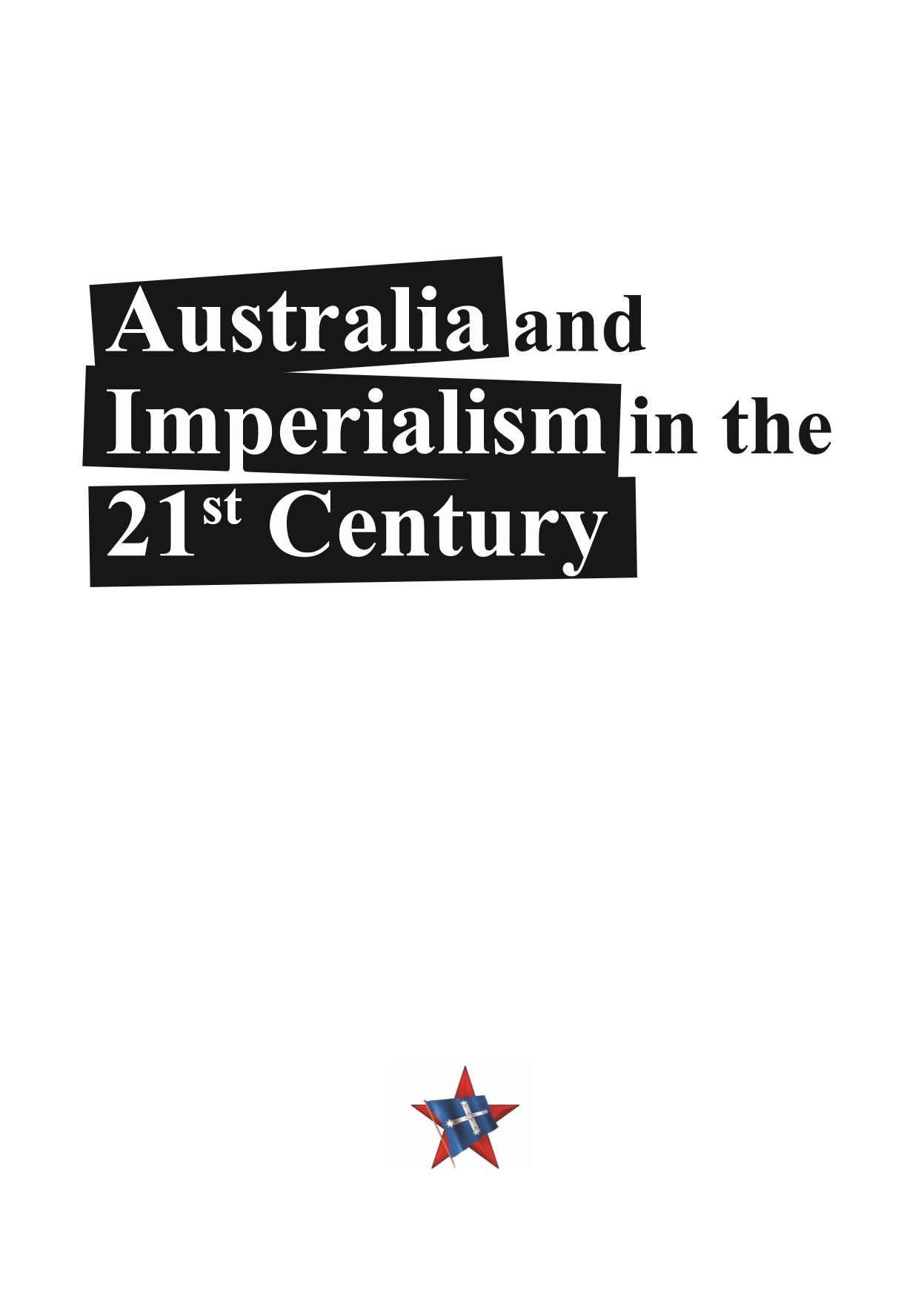 " property="og:description" />
" property="og:description" />
Australia and Imperialism in the 21st Century
Written by: on
Print Version - new window Email article
Organisation is the central aspect of the revolutionary question of arming the masses
Written by: Adam K, on 3 May 2024
There has been recent media coverage of the creation of a National Firearms Register with accompanying images of the destruction of firearms surrendered under the Permanent National Firearms Amnesty which began on 1 July 2022. Nearly 30,000 firearms and other weapons have been surrendered under the Amnesty. When these measures were first suggested, in 2018, we discussed the issue in the following article, which we thought it timely to reproduce – eds.
Guns and gun control laws are once again a topic for discussion following the news of yet another mass shooting in the United States, this time at a high school in the state of Florida. It is a topic that sparks a wide range of responses from various perspectives.
For Marxist-Leninists it is imperative to understand that the most basic element of a correct revolutionary approach to the gun question is that of organisation.
Marxism recognises that fundamentally the State is the instrument for the rule of one class over another. In capitalist society that means the rule of the capitalist class (or bourgeoisie) over the working class (or proletariat). In a superficial democracy, like Australia, the ruling class may first try to maintain its rule through deception via institutions like parliament, but ultimately this rule of the bourgeoisie rests on force and violence. It relies on the police, the law, the courts and the jails. Always backing up this force and violence in case it isn’t enough is the central component of state power: the army. The armed force of the capitalist class can only be overthrown by the armed force of the ideologically and organisationally prepared working class. This is a historically proven universal truth and a basic principle of Marxism-Leninism.
This is one reason why some communists and revolutionaries often argue against the call for legislation to prohibit and restrict the ability of ordinary civilians to acquire firearms. In short, they argue it renders the working class unarmed and leaves the state and its agents with a monopoly on armed force. While this is partially true, it still neglects the most decisive factor in the question of armed struggle between the classes; the ideological and political preparation and organisation of the working class into a fighting force under the leadership of the Communist Party.
Failure to understand and give this most decisive factor its due importance often means falling in to the trap of bourgeois legalism and overemphasising the importance of this or that particular legal reform in order to defend the working class. From a revolutionary perspective, the legality of the working class owning guns is largely irrelevant. The arming of the organised working class in a revolution will not be dependent on any legal right to do so and acquiring arms will mean doing so by any means available. Sufficient preparation and organisation, as well as correct leadership from the proletarian party, will solve these problems at the appropriate time.
Marx on arming the proletariat
There is a quote by Marx that is often used by those who argue against the introduction of laws to restrict the sale of firearms to ordinary people to give their argument a ‘Marxist’ justification.
“Under no pretext should arms and ammunition be surrendered; any attempt to disarm the workers must be frustrated, by force if necessary.” – Address of the Central Committee to the Communist League, March 1850
This cherry-picked quote taken out its historical context, and indeed the context of the surrounding text, seems to justify the arming of the working class under any pretext.
In 1850, the working class of Europe had already experienced two years of revolutionary upheaval against the remnants of feudalism. In France, the revolutionaries were successful in abolishing the monarchy, but in Germany the revolution was mostly defeated. By 1850, the seizure of power by the petty bourgeois democrats in Germany was imminent, and Marx foresaw that they would turn on the workers’ movement the moment they achieved power. Marx was calling for the workers’ party to “go into battle with the maximum degree of organization, unity and independence, so that it is not exploited and taken in tow by the bourgeoisie as in 1848.”
He was not arguing for the spontaneous and haphazard arming of the working class masses regardless of historical context, or arguing in defence of any existing bourgeois legality to keep and bear arms, but was calling for the maximum organisation of the working class to defend its own independent agenda in a volatile revolutionary situation.
The centrality of the element of organisation to Marx’s argument is clear if we read the quote in full.
“To be able forcefully and threateningly to oppose this party , whose betrayal of the workers will begin with the very first hour of victory, the workers must be armed and organized. The whole proletariat must be armed at once with muskets, rifles, cannon and ammunition, and the revival of the old-style citizens’ militia, directed against the workers, must be opposed. Where the formation of this militia cannot be prevented, the workers must try to organize themselves independently as a proletarian guard, with elected leaders and with their own elected general staff; they must try to place themselves not under the orders of the state authority but of the revolutionary local councils set up by the workers. Where the workers are employed by the state, they must arm and organize themselves into special corps with elected leaders, or as a part of the proletarian guard. Under no pretext should arms and ammunition be surrendered; any attempt to disarm the workers must be frustrated, by force if necessary.”
Armed struggle and Australia’s revolution
The debate over gun control laws has largely been settled in Australia for the time being, and there is little desire among the Australian people to see the sort of lax gun laws or gun culture that exists in the US.
Although notable exceptions exist such as the war of resistance by First Nations people to British colonisation (known as the Frontier Wars) and the Eureka Stockade, historically speaking armed struggle has not been a major form of struggle in Australia. One of the main reasons for this has been the strong hold of the illusions of bourgeois parliamentary democracy and the faith of the people in the forces of social democracy and the trade unions which have time after time been used to defuse and funnel the anger of the people back into the peaceful and legal struggle of the ballot box.
Despite this, the people’s movement is continuously met with the force and violence of the state. We see examples of this with draconian legislation against civil liberties, police assaults, the increasing militarisation of the police force, and the deployment of increasing numbers of riot police and their willingness to deploy non-lethal chemical weapons at otherwise peaceful rallies and protests.
Sooner or later, the people will need to confront this state violence. The fact remains that the highest form of revolution is the seizure of political power by armed force. This is a truth and Australia is no exception.
Following our theory of a two-stage continuous revolution, the Communist Party of Australia (Marxist-Leninist) analyses the current stage of Australia’s revolution to be the anti-imperialist universal struggle for independence under the leadership of the working class as the first stage on the road to socialism.
To overthrow imperialist domination will require intense revolutionary struggle by Australia’s working class and its allies, and will inevitably be met by the counter-revolutionary force and violence of the reactionary ruling class. To defend against this counter-revolutionary violence the Australian people will need to be well organised for armed struggle.
The question of arming the anti-imperialist forces will inevitably arise as the cause of anti-imperialist independence and revolution becomes a mass question. Firstly, this requires the Australian people to be convinced by their own experiences that such a revolution is necessary. But it also requires the Party to be organised deep in the heart of the working class and among other progressive strata of the people, learning from them and in turn teaching them, step-by-step raising their ideological and political understanding. It means building organisations and institutions that can serve their immediate needs and further their struggles, directing them against the main enemy of imperialism in Australia.
It is with this spirit of serving the people that our Party and its members approach the revolutionary tasks that lay before us.
Print Version - new window Email article
May Day Solidarity - Victory for Palestine!
Written by: Alice M. on 30 April 2024
Palestinian Resistance Isolates Zionism and US imperialism
By Alice M.
Palestine’s fight for liberation is turning the US imperialist dominated world upside down.
Seven months of relentless Israeli slaughter of the people of Gaza and the West Bank has only spread the flames of Palestinian resistance and the solidarity of the great majority of peoples of the world.
Zionist Israel and its US-led imperialist backers stand isolated and exposed in their massacre of 34,000 Palestinians, nearly half of whom are children. Thousands more are still buried in mass graves under the rubble when Israel bombed countless homes, hospitals, schools, mosques, churches, child care centres, kindergartens and a university.
Not satisfied, Israel is now intent on starving the remaining Palestinian population of Gaza.
Heroic resistance
Yet, Israel, the world’s bloodiest military after the US, armed to the teeth with the most advanced high tech and intelligence weaponry, militarily and politically supported and funded in trillions of dollars by US imperialism, has failed to extinguish the 76 years of the Palestinian resistance to Zionist Israel’s brutal occupation and oppression.
The seven months of Israeli genocide in Gaza and the West Bank to wipe out the existence of Palestinians, has only strengthened the unity and determination of the 5 million Palestinians in Gaza and the West Bank to resist and fight for their liberation.
Their steadfast fight against the brutal colonial occupation by the fascist Israeli state is an inspiration and a beacon for millions around the world oppressed by colonialism, capitalism and imperialism.
Israel’s genocide and the heroic Palestinian resistance is mobilising millions around the world in solidarity with the Palestinian liberation struggle.
Millions across the world support Palestine’s struggle for liberation. Palestinians are showing that peoples of the world have the absolute right, and duty, to resist oppression, exploitation and fight for national liberation and freedom.
 Seven months into Israel’s invasion and genocide in Gaza and mass rallies of hundreds of thousands across the world in solidarity are growing in numbers and influence. The Zionist Israeli state and US imperialism are exposed and isolated.
Seven months into Israel’s invasion and genocide in Gaza and mass rallies of hundreds of thousands across the world in solidarity are growing in numbers and influence. The Zionist Israeli state and US imperialism are exposed and isolated.
People’s mass organisations and actions against Israel’s genocide and complicity by imperialist powers and their lackeys, like Australia, have spontaneously sprung up in all corners of the world. People of the world are demanding Israel be boycotted, charged with genocide, and prosecuted before the International Court of Justice for its genocidal war crimes.
US and its lackeys condemned
The Palestinian struggle has widened the gulf between the people and ruling classes of the capitalist world, sharpening contradictions between the exploited and their exploiters.
Capitalist and imperialist drive for control of the world’s resources, markets and bigger profits are behind Israel’s colonial occupation and genocide. Palestinian liberation is sharpening struggles between the governments of capitalist and imperialist countries and the people. Palestinian resistance is exposing the leading role of US imperialism and its military industrial complex as accomplices in the genocide.
People power from below is demanding the ruling classes and their governments condemn Israel, stop exporting weapons and aid to Israel. Dock workers are striking, refusing to handle weapons bound for Israel, banning Israeli shipping lines and blockading international ports.
Across the world communities are blockading multinational weapons manufacturers’ factories. Students are occupying their universities, demanding multinational weapons corporations are kicked out of universities. Tens of thousands protesting against Israel and the US are being arrested in the US and Israel.
Since the start of Zionist Israel genocide in October 2023 in Gaza, growing numbers of Jewish people are condemning Zionism and protesting against Israeli genocide and the 76 years of Zionist occupation of Palestine. Jewish Anti-Zionist organisations and groups have been formed across the world.
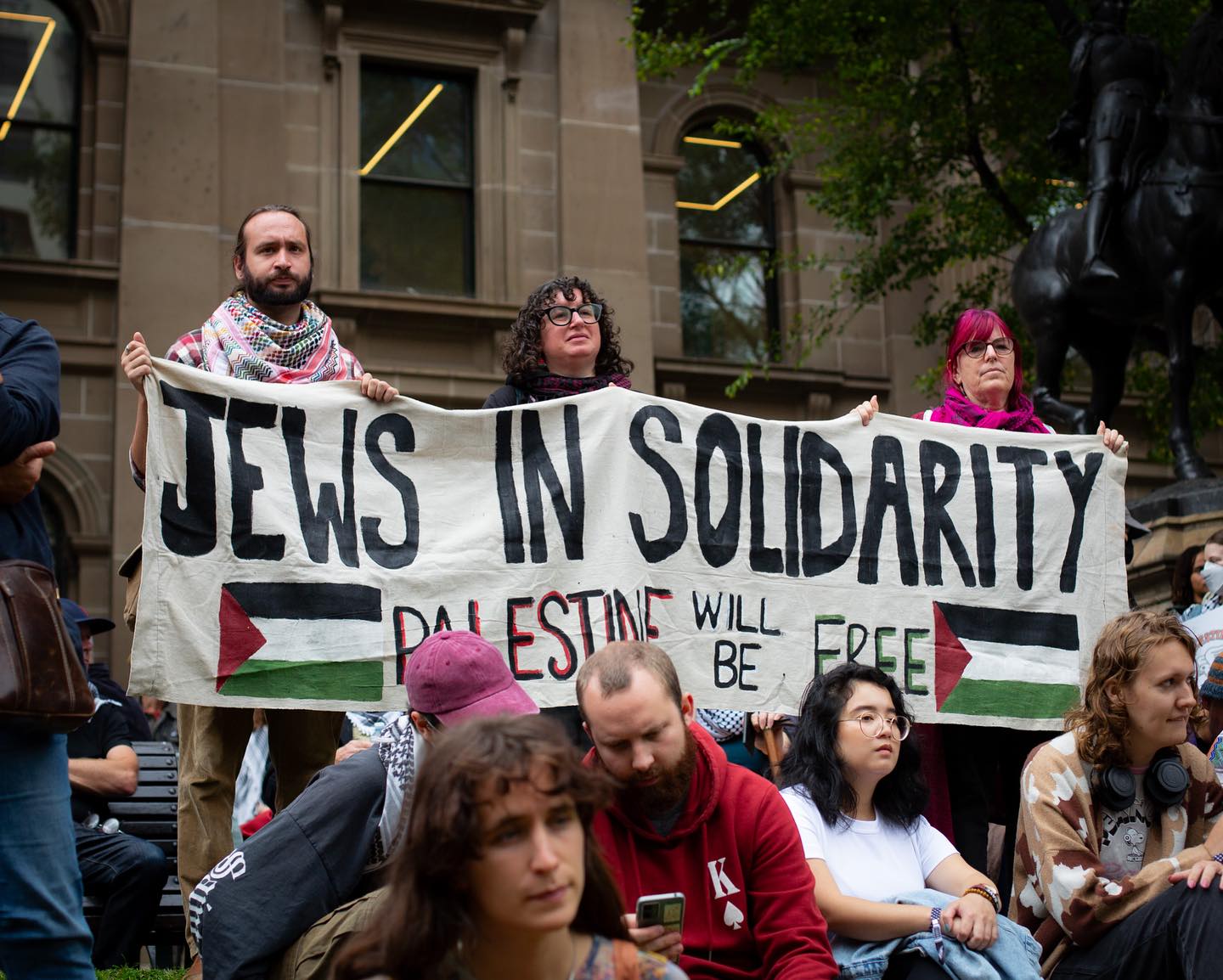 In Australia, Jews Against Zionism, Jews Against the 1948 Occupation, Loud Jew Collective and the reconstituted progressive Jewish Council of Australia are active in the Palestine solidarity movement. The anti-zionist Jewish Council of Australia has commended the university protests and rejected claims that they are antisemitic. https://www.jewishcouncil.com.au/media/university-encampments-are-no-threat
In Australia, Jews Against Zionism, Jews Against the 1948 Occupation, Loud Jew Collective and the reconstituted progressive Jewish Council of Australia are active in the Palestine solidarity movement. The anti-zionist Jewish Council of Australia has commended the university protests and rejected claims that they are antisemitic. https://www.jewishcouncil.com.au/media/university-encampments-are-no-threat
In the US, ruling class support for the Zionist Israel genocide is deepening contradictions between the people and monopoly capital, exposing the US hypocrisy. Democrats are losing their supporters as Biden desperately tries to win them back for the next election, crying crocodile tears, asking Israel nicely not to kill “civilians”, and in the same breath sending $26 billion in military aid to assist Israel in its genocide.
The complicity of US-led imperialist powers in the genocide of Palestinian people is exposing the reality of US global “rules-based order”, hastening its political demise. No longer can US imperialism and its lackeys, like Australia, hide their support and complicity in genocide.
Australia – puppet of US imperialism
As in everything, the puppet Labor government is dancing to the tune of US imperialism, unwilling to veer one small step away from supporting US world domination and colonial Zionist Israel. In the UN it loyally follows the US and rubber stamps every move to protect Israel’s brutal occupation and genocide.
Meanwhile, US imperialism uses its Pine Gap spy base to provide military intelligence and co-ordinates to assist the murderous Israeli military’s genocide in Gaza and the West Bank.
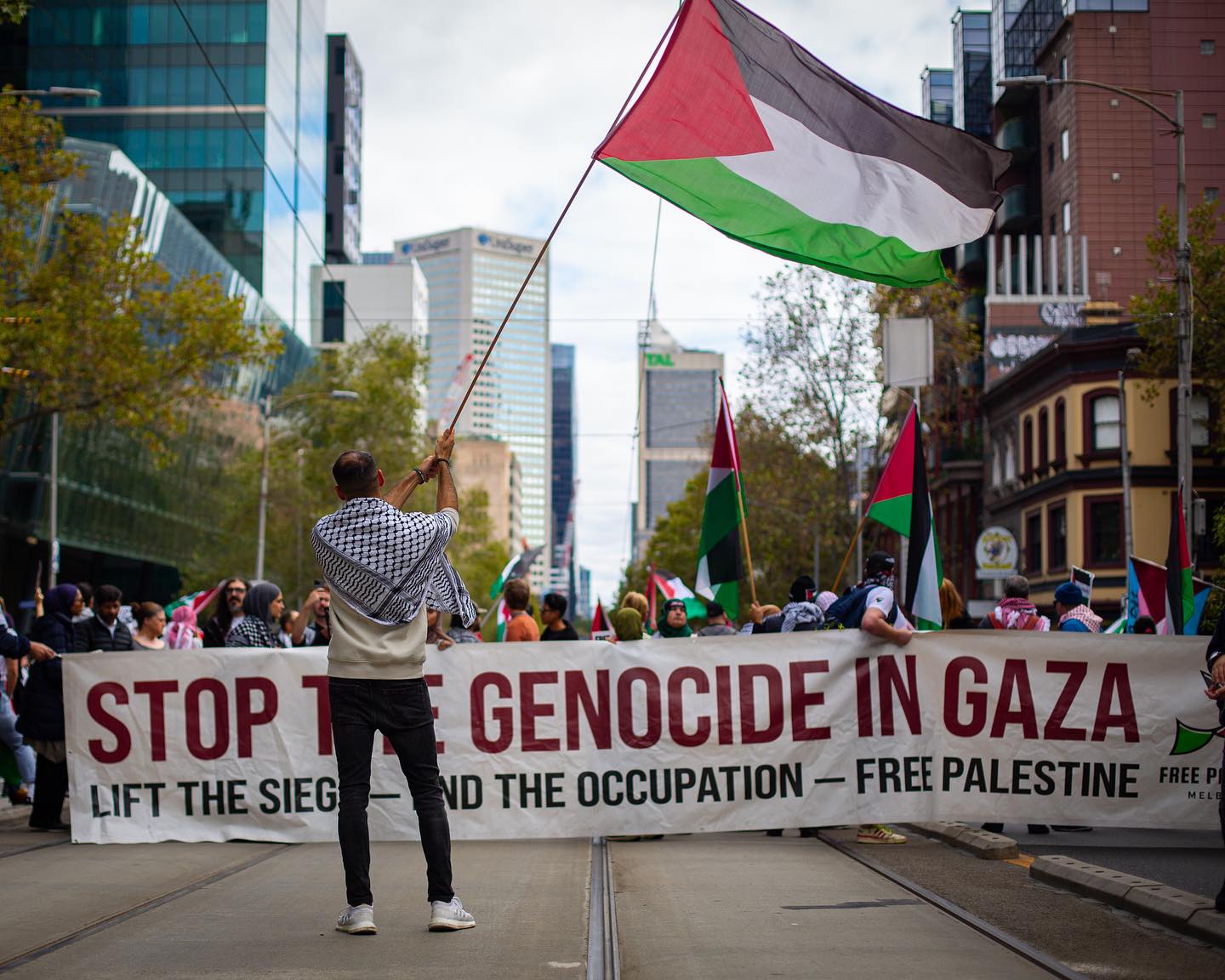 The Australian people are disgusted with the Labor government’s complicity in Israel’s and US massacres. In the middle of Israel’s killings of 34,000 Gazans the Australian government signed a $917 million contract with Elbit, Israel’s biggest developer and manufacturer of weapons. That’s $1billion gifted to one of the world’s biggest perpetrators of war crimes.
The Australian people are disgusted with the Labor government’s complicity in Israel’s and US massacres. In the middle of Israel’s killings of 34,000 Gazans the Australian government signed a $917 million contract with Elbit, Israel’s biggest developer and manufacturer of weapons. That’s $1billion gifted to one of the world’s biggest perpetrators of war crimes.
Zionist Israel in crisis
Israel itself is deeply divided, beginning to implode and on the brink of open fascism.
Fault lines and conflict of interests and strategies are opening up between Israel and the US, its biggest and most important sponsor without whose support Zionist Israel would not have survived as long as it has. Israel is a crucial base for the US economic, political and military dominance in the region. Palestinian resistance is uniting and mobilising the masses of the Middle East against US imperialism.
Israel’s genocide is showing the world the reality of 76 years brutal colonial occupation. The world is learning about Nakba, about Gaza as a concentration camp created by Israel. About violent and armed Zionist settlers, supported by the Zionist state and Israeli army, stealing Palestinian land in the West Bank and brutally evicting Palestinians from their homes in East Jerusalem.
The world is learning about Israel stealing water and destroying Palestinian farms and olive groves in the West Bank, deliberately making life unbearable for Palestinians to force them to leave or die.
The world is learning about the thousands of Palestinian prisoners as young as 10 or 12 rotting for years in Israeli gaols for merely throwing a rock at an Israeli Occupying Force (IOF) soldier, for flying a Palestinian flag. The world is witnessing Israel’s horrific apartheid.
But the Palestinian struggle is turning the tide and shifting the ground for all the oppressed peoples of the world.
As long as the Palestinian people control their own destiny, they will surely be victorious.
Close Pine Gap!
Kick Elbit out of Australia!
Ban Zim and all Israeli shipping companies from entering Australian Ports!
Impose BDS against Israel!
Support Palestine Liberation!
Independence for Australia from all super powers!
Print Version - new window Email article
May Day – unite to lift the level of struggle
Written by: CPA (M-L) on 1 May 2024
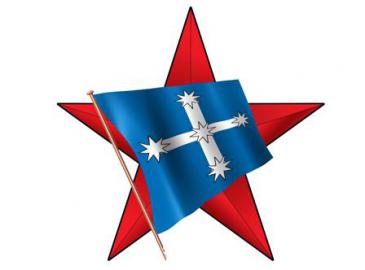 We are reprinting the font page of the paper Vanguard to be distributed free of charge at May Day rallies. The entire paper can be downloaded by clicking the link "Latest Publications" on the left hand side of our homepage. Our Party's statement follows:
We are reprinting the font page of the paper Vanguard to be distributed free of charge at May Day rallies. The entire paper can be downloaded by clicking the link "Latest Publications" on the left hand side of our homepage. Our Party's statement follows:
May Day 2024 sees Australian workers and their communities gripped in a major cost of living crisis.
Aid agencies and food distribution centres report that it is no longer the unemployed and homeless seeking their support: people in low-paid jobs, people struggling to pay escalating rents and those with mortgages caught out by rising interest rates show that the virus of economic crisis is spreading through the wider community.
No real relief is in sight.
It's called imperialism
At the same time, there are now more billionaires in our country, and their wealth has increased. According to Forbes magazine, Australia’s 50 richest tycoons are collectively better off from a year ago. They added $9 billion or around 4% to take their combined wealth to $222 billion.
On the global stage imperialism continues to wreak havoc. The division of the world into rich and poor nations is backed by oppressive state machines and military pacts. In addition to those serving the needs of US imperialism, there are those of its rivals, Russian imperialism and Chinese social-imperialism. They franticly compete to develop new killing machines and new areas of control.
Artificial intelligence is identifying people to kill without the need for human oversight. It is being used in Gaza where the Zionists say that it is acceptable to kill 100 citizens using AI “identification” in order to take out one alleged Hamas operative by drone attacks.
In flagrant violation of UN treaties on Outer Space, US imperialism has created the Space Force to ensure US military control of the Space domain.
Australia has agreed to pay the fantastic sum of $368 billion to surrender its sovereignty to US imperialism through the AUKUS arrangements. US spokespersons have confirmed that they expect “our” submarines to take part in any conflict with China over Taiwan. They will determine whether we go to war with our major trading partner.
What does all this mean for May Day in Australia?
May Day is the day of international working class struggle and solidarity for a world free of exploitation, imperialist wars and repression.
On May Day we express our solidarity with the struggles of the working people of all countries, and send our warmest greetings to the courageous comrades in revolutionary parties and organisations around the world.
May Day belongs to the working class
For as long as there are workers determined to fight for the interests of the working class and all oppressed people, no-one can take May Day from us, stamp it out, buy it off, commercialise it or make it acceptable to capitalism.
It’s a day when workers proudly proclaim their confidence in the future.
They acknowledge the sacrifices that have been, and will be, made and declare that they will not be deterred by the deceptions and violence of the reactionaries.
Today, the urgent demand is for the defeat of Israeli Zionist genocide and an end to their ethnic cleansing of the homelands of the Palestinian people.
Behind the Zionists stand the US imperialists and their lackeys in various countries.
And beyond the urgency of the defeat of the Israeli aggressors are yet other struggles on every continent against feudalism, capitalism and imperialism and for the rights of working people.
In our country, the best elements of the working class embrace and support the struggles of First Nations peoples, of women and youth, of environmental campaigns, and of struggling rural communities.
The ruling classes use the tactics of racism and religious fundamentalism to try and divide the working class; they prepare war and fascism to try and solve the economic and political crises besetting their system.
For an independent working class agenda!
An independent working class agenda, an independent set of demands backed by unity of action in achieving, them are urgently needed.
That agenda is embedded in struggles against fascism, war and environmental destruction.
We call on Australian workers to strive to lift the level of struggle for the achievement of the people’s demands.
For anti-imperialist independence and socialism!
Workers and oppressed peoples of the world, unite!
Print Version - new window Email article
ICOR May Day statement
Written by: ICOR on 30 April 2024
 Our Party is an affiliate of the International Coordination of Revolutionary Parties and Organisations (ICOR). The ICOR May Day statement was drafted by us and based onour own May Day statement which is the lead article on the hard copy of Vanguard which will be distributed at May Day rallies. We will post our statement tomorrow - eds.
Our Party is an affiliate of the International Coordination of Revolutionary Parties and Organisations (ICOR). The ICOR May Day statement was drafted by us and based onour own May Day statement which is the lead article on the hard copy of Vanguard which will be distributed at May Day rallies. We will post our statement tomorrow - eds.
To all ICOR members
May Day call of ICOR on initiative of CPA(M-L) Australia:
May Day – let us unite and develop our struggles!
26 April 2024
May Day is the day of international working class struggle and solidarity for a world free of exploitation, imperialist wars, environmental destruction and repression.
On May Day we in ICOR express our solidarity with the struggles of the working people of all countries, and send our warmest greetings to the courageous comrades in revolutionary parties and organisations around the world. We are united in the struggle for socialism all over the world.
May Day belongs to the working class
For as long as there are workers determined to fight for their own class interests and those of all oppressed peoples, no-one can take May Day from us, stamp it out, buy it off, commercialise it or make it acceptable to capitalism.
It’s a day when workers proudly proclaim their confidence in the future.
They acknowledge the sacrifices that have been, and will be, made and declare that they will not be deterred by the deceptions and violence of the reactionaries.
Today, unjust, imperialist wars are flaring up in various hot spots around the world. The Israeli Zionist genocide and ethnic cleansing of the homelands of the Palestinian people must be stopped immediately. Behind the Zionists stand the US imperialists and their lackeys and accomplices in various countries. So it is urgently necessary to defeat the Israeli Zionist aggressors. Beyond that there are other struggles on every continent against feudalism, capitalism and imperialism and for the rights of working people.
The need for mutual support and proletarian internationalist unity of all progressive forces is more evident than ever. Thus the fight to defeat the Russian imperialist invasion of Ukraine and against US and NATO expansion in Eastern Europe; to defend Rojava against fascist Turkey’s attacks; to end conflicts in Sudan and the Congo; to prevent aggression against Yemen; against US-China rivalry in the Indo-Pacific; against Indian encroachment on Nepal; on the fight for West Papuan independence from Indonesia.
Working people around the world are under immense and fierce attack from the imperialists and corporate ruling classes. The decaying system of capitalism is in economic and political crisis. Millions of people are struggling to make ends meet, more are thrown into poverty. At the same time, billions in profits, created by the labour of workers, are taken by the parasitic ruling class. Capital’s war on the working class and nature is relentless and escalating. Fight to improve the social situation of the broad masses! Fight to protect the natural environment, the basis of our life!
The ruling classes use the tactics of racism and religious fundamentalism to divide the working class; they prepare war and fascism to try and solve the economic and political crises besetting their system.
But around the world the masses are rising up, especially against fascism and in solidarity with the Palestinian liberation struggle. The international working class is speaking out, with a 6-week strike by automobile workers of several monopolies together in the USA and fearless struggles by textile workers in Bangladesh for higher wages.
For an independent working class agenda!
An independent working class agenda, class demands, and unity of action to achieve the demands of the working class are urgently needed.
That work is embedded in the agenda of the anti-imperialist united front against fascism, Zionism, war and environmental destruction.
ICOR calls on all revolutionary parties and organisations to strive to lift the level of struggle for the achievement of the people’s demands.
Long live May Day - long live socialism!
Signatories (as of 29 April 2024)
1. PCPCI Parti Communiste Proletarien de Côte d'Ivoire (Proletarian Communist Party of Ivory Coast)
2. UPC-Manidem Union des Populations du Cameroun - Manifeste National pour l’Instauration de la Démocratie (Union of Populations of Cameroon - National Manifesto for the Establishment of Democracy)
3. CPSA (ML) Communist Party of South Africa (Marxist-Leninist)
4. PCT Parti Comuniste du Togo (Communist Party of Togo)
5. PPDS Parti Patriotique Démocratique Socialiste (Patriotic Democratic Socialist Party), Tunisia
6. SPB Socialist Party of Bangladesh
7. RUFN Revolutionary United Front of Nepal
8. CPA/ML Communist Party of Australia (Marxist-Leninist)
9. PR-ByH Partija Rada - ByH (Party of Labor - Bosnia and Herzegovina)
10.MLPD Marxistisch-Leninistische Partei Deutschlands (Marxist-Leninist Party of Germany)
11.UPML Union Prolétarienne Marxiste-Léniniste (Marxist-Leninist Proletarian Union), France
12.KOL Kommunistische Organisation Luxemburg (Communist Organization of Luxemburg)
13.RM Rode Morgen (Red Dawn), Netherlands
14.UMLP União Marxista-Leninista Portuguesa (Portuguese Marxist-Leninist Union)
15.RMP Российская маоистская партия (Rossijskaya maoistskaya partiya) (Russian Maoist Party)
16.MLKP Marksist Leninist Komünist Parti Türkiye / Kürdistan (Marxist Leninist Communist Party Turkey / Kurdistan)
17.KSRD Koordinazionnyj Sowjet Rabotschewo Dvizhenija (Coordination Council of the Workers Class Movement), Ukraine
18.UMU Union of Maoists of the Urals (Union of Maoists of the Urals), Russia
19.OAPCM Organización Apoyante del Partido Comunista de México (Supporting Organization of the Communist Party of Mexico)
20.PCP (independiente) Partido Comunista Paraguayo (independiente) (Paraguayan Communist Party (independent))
21.PPP Partido Proletario del Perú (Proletarian Party of Peru)
22.PC (ML) Partido Comunista (Marxista Leninista) (Communist Party (Marxist-Leninist)), Dominican Republic
23.APR Ação Popular Revolucionária (People’s Revolutionary Action), Brazil
24.CPPD Chinese People's Party for the Defense of Mao Zedong
Additional signatories (Non-ICOR):
SUCI (C) Socialist Union Center of India (Communist)
Print Version - new window Email article
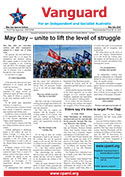
May Day 2024
" property="og:description" />May Day 2024
Written by: on
May Day 2024
Print Version - new window Email article
Civil defence and the imperialist agenda
Written by: (Contributed) on 28 April 2024
The release of a report from a right-wing defence and security lobby organisation with strong links to the military-industrial complex was timed to coincide with the release of the government’s 2024 National Defence Strategy in Canberra. Military planners appear to be considering a return to civil defence provision along similar lines to that used in the previous Cold War. Sensitive military documents from the period, which were subsequently declassified, have revealed some areas of serious concern; the same problems are now set to reappear in contemporary Australia.
Print Version - new window Email article
Congratulating the DFLP on the success of its eighth national conference
Written by: CPA (M-L) on 28 April 2024
We recently received the good news from the Democratic Front for the Liberation of Palestine (DFLP) about the successful conclusion of their eighth national conference. We immediately sent them the following congratulatory message for which Comrade Fouad Baker at the DFLP's Foreign Office has thanked us. A message of congratulations to the DFLP was also sent by the Popular Front for the Liberation of Palestine - eds
Print Version - new window Email article
A workers’ party of a new type
Written by: Ned K. on 25 April 2024
 If you ask people what comes to mind when you ask them the question "what political party, if any, do you support?" many people will say the Liberal Party or Nationals or Labor Party or the Greens or even "the Teals". An increasing number of people will say " None, they're all the same!"
If you ask people what comes to mind when you ask them the question "what political party, if any, do you support?" many people will say the Liberal Party or Nationals or Labor Party or the Greens or even "the Teals". An increasing number of people will say " None, they're all the same!"
What all these parties have in common is that they equate a political party with parliament and the people's involvement being the one day of the year every three or four years when elections are held.
Within official trade union circles, most are affiliated to the ALP and their leaderships urge their members to vote Labor because they are "better than the Liberals". If members ask for more information, they may get told that both the Unions and the Labor Party are part of the " labour movement".
So many workers especially, generation after generation, have voted for the Labor Party in the hope of significant changes to their working, family and community lives. More and more workers question what type of "labour movement" the Labor Party leaders are talking about. The decline of the Labor primary vote at elections is an indication of this disillusionment with the Labor Party as the working people's political party.
Kevin Rudd, the former Labor Party leader and Prime Minister, gave an insight in to what the ALP's "labour movement " means in his first parliamentary speech in December 2006 when he said,
"Our movement for a century fought against Marxism, if you bother to read your history. We have had nothing to do with Marxism and madness. We have always seen our role as what we can do to civilize the market. That is where we come from as a tradition...So when it comes to our Labor values of equity, sustainability and compassion, we do not just believe that these, in themselves, are self-sufficient and worthy of being pursued. We also hold that they are values necessary to enhance the market itself."
Yet it is the volatility of the so-called "free market" of the system Rudd talked about that led to hundreds of thousands of workers losing their jobs as one manufacturing industry after another moved overseas because the "free market" was more profitable for the capitalists.
The Labor Party and all parliamentary parties and even the ACTU leaders were powerless to stop it at best and at worst supported this "free market" destructive impact on working people's lives.
Workers Party of a New Type
One day about twenty years ago in Melbourne, I was at a union and community meeting about what needed to be done for workers to break out of the cycle of hope and disappointments experienced with Labor in parliamentary office, I heard a woman who identified as Dulcie (above) start talking about how workers needed a Party of a new type. Someone asked her what she meant by a "Party of a new type".
She replied with words to the effect that parliamentary politics and their parties were a very limited form of democracy which was outside of the involvement and control of the people who put them into parliament on election day.
She said that people sensed this, and this is why workers and community struggles and issue-based organizations arise on all sorts of issues.
She said in all these struggles, leaders arise at the grass roots level. Some of these leaders were invited to channel struggles into parliamentary channels, but not many. Most remained leaders among the people involved in their particular struggle and community.
Dulcie said that what was needed in her view was a political Party that linked all the leaders within the myriad of people's struggles into an unbreakable network across the whole country. Such an organization would unite people for fundamental change of society away from capitalism's "free market" economy.
Someone asked Dulcie why she thought this would happen. She replied that through exchange of views between grass roots leaders and exploring ideas and social theories that served working people and their communities rather the free market and profit motive, a people's movement would develop so powerful that the parliament and the small minority of corporations would be overcome and a new society of socialism serving people not profit would emerge. She said the big money people and those with privileges in parliament would not give up without a fight, but "we are many, they are few"
She said that was what the CPA (ML), of which she was a member, was striving to become: a Party of a new type, but that it was the working people themselves who would determine if it "made the grade".
Print Version - new window Email article
Before Sydney stabbings, capitalism’s cupboard was bare for mental health
Written by: Louisa L. on 24 April 2024
(Above: Outside Bondi Westfields where seven people died on April 13)
The tattered remnants of public mental health care in NSW are held together by family members and volunteers.
The week before six people were fatally stabbed in Bondi, and a mentally ill 16-year-old stabbed a priest, two Uniting Church psychiatric hospitals were closed in Sydney, because they were losing money.
When six strangers in a crowded public place are killed, grief and shock is inevitable. The media fans it to fever pitch. But people are frequently “murdered” by family members suffering psychotic episodes. And police too often shoot mentally ill people who ought to have been in hospital or long-term residential rehabilitation.
Instead of suggesting triple zero and an ambulance, when “you or someone you know” is mentally ill, the media choruses Lifeline and Beyond Blue. A young friend frequently uses Lifeline’s skilled volunteer services. Being alone and suicidal is not enough to be admitted to hospital – unless she’s taken an overdose.
On a pension she pays private health cover, so she can have occasional and much needed treatment in an expensive private hospital.
After the ambulance left
The mental health system is designed to stop people being hospitalised, unless they have money to pay, and they are well enough to understand they need help.
Last winter, under a suburban Sydney neighbourhood centre awning in pouring rain, a close friend, a mother and two adult daughters, waited for police and an ambulance.
It had taken hard arguing to convince my friend that police be called after her 16-year-old son threatened them, so he could be admitted to a psychiatric hospital. A centre worker did unpaid overtime while they talked.
What happened? The son, who had previously assaulted his mother, sister and brother, assured the ambulance officers and police he wouldn’t harm himself or anyone else. Imagine the family’s vulnerability when the police and ambulance officers left. Instead of a dangerously ill young person receiving necessary treatment, the three women each found separate accommodation. An uncle and a youth worker checked on my friend’s son the next day, but he lived alone for over two weeks until his still fearful mother returned.
Desolation and grief
But his family’s grief is nothing compared to the desolation of the Bondi attacker’s parents whose son endured a living nightmare, denied desperately-needed health care, his life ended in such terrible circumstances. Nor does my friend’s ongoing worry compare to the grief of the families of those killed in that suburban shopping centre, or the family of the 16-year old on terrorism charges.
The media babbles about “people falling through the cracks in the mental health system”. What system? It’s not cracked. It’s been dismantled brick by brick because the mentally ill and their families are weak and unable to defend themselves. They are the bottom of capitalism’s heap. Their treatment is expensive, not privately profitable. They are disposable.
Mentally ill people are disproportionately part of the homelessness epidemic. Alongside First Peoples, alongside the poor and illiterate, mentally ill people fill our jails. Because under capitalism there’s always money for jails to mop up its normal functioning.
NSW Premier Minns announced an $18 million inquiry into what went wrong in the lead-up to the Bondi stabbings. Unless it’s accompanied by struggle to reinstate public mental health care at all levels, it will be just another whitewash. We know the state government funding cupboard is bare, after decades of corporate plunder and privatisations.
For mental health, it’s been empty for decades. More deaths, more suffering – that’s capitalism’s promise to profoundly ill people and their families. Seven more dead and a 16-year-old charged with terrorism? Collateral damage. Nothing $18 million, plus media evasions and a lot of sorry talk, can’t sweep from sight.
We need a new system. We need a revolution.
Print Version - new window Email article
Productivity Commission wonks still pushing discredited economic rationalism
Written by: (Contributed) on 24 April 2024
(Above: The designers of this Mambo t-shirt understood the link)
Commentary from right-wing economic figures about the failure of globalisation to provide sustainable growth have revealed their sense of denial about the main cause of the problem.
Their failure to also provide a satisfactory explanation for the increasingly dysfunctional state of economic affairs has provided further insights into their peculiar mind-sets.
A serious of pronouncements from two right-wing figures with links to the Productivity Commission have revealed just how out-of-step they are with reliable economic criteria; their continued pushing of an economic rationalist agenda has been shown to not produce sustainability or growth. In fact, a recent IMF report has shown the advanced economies hover at below two per cent growth rates, with little sign of an upturn. (1)
Longer term projections have also shown a steady decline of GDP from the time of the global financial crisis in 2008 to a projection it will sink to zero toward the end of the present decade. (2)
It is, however, the pronouncements of those guiding or commenting of government policy which require scrutiny.
Michael Brennan, former head of the Productivity Commission, for example, has drawn attention to 'three decades of uninterrupted growth which followed the early 1990s recession'; it is not supported with reliable economic criteria or statistics. (3) The Commission is an official Australian government body, nevertheless, with extensive glitzy websites which have advisory capacities. It would appear to be truly stacked with right-wing coalition supporters and others of a similar ilk.
The present economic debate has become increasingly focussed upon levels of government intervention to provide stable growth and a political division between those who continue to support economic rationalism and those who question its prolonged use.
The general implementation of economic rationalism grew out of right-wing think-tanks during the early 1980s which influenced international financial institutions controlled by the US and Wall Street. Earlier, the Chilean military coup in 1973, had established a test-tube for those linked to the Chicago School of Economics which had quietly pushed economic rationalism for decades, behind the scenes inside the corridors of power.
Economic rationalism was, however, only part of a much bigger picture to place the US at the centre of the global economy.
Submitting as report to US Congress on 21 July 1994 about the so-called New World Order, then President Clinton defined the three main elements of security policy: to enhance security by maintaining a strong defence capability and promoting co-operative security measures; to open foreign markets and spur economic growth; and to promote US-style democracy overseas.
The outcome was the wholesale implementation of economic rationalist policies which included three elements: de-regulation, privatisation, liberalisation.
Economic rationalism has been economic vogue thinking for nearly half a century; the present state of affairs has been the readily observable outcome. The floods of finance capital flung to the four corners of the globe has produced dysfunctional economies often leading to political instability and crisis. The vision of those in control of international financial institutions was akin to that of a casino, where risk-taking was commonplace. It also created the conditions for a drastically reduced manufacturing base in Australia, which subsequently led to revised GDP totals in an ever downward spiral.
An eighteen-month study conducted by the US National Security Council using independent economists found it unlikely globalisation 'would lead to general well-being … because the gap between rich and poor – both between countries and within them – is growing'. (4) The study, conducted around the start of the present century, was subsequently leaked to a Spanish language media outlet, although never publicised in English language outlets and was allowed to remain relatively hidden, for obvious reasons.
The distribution of income from globalisation remains noteworthy; in fact, it can be successfully argued economic rationalism was never intended to provide a sustainable model, only to enrich the already rich and powerful. It was a means to reduce the bargaining power of labour and hinder their political opposition in favour of the business-classes and their cronies overseas, thereby strengthening traditional class and state power.
Early studies of the model showed the income of the advanced countries rose from eleven times greater than the developing world, to 23 times larger by 2000. (5) Economic rationalism can therefore best be viewed as a form of neo-colonialism. Within countries the rapid emergence of billionaires has been well recorded. (6) The manner in which such people flout their wealth on the Forbes websites while paying their workforces well below CPI and inflation rates reveal a great deal about their mind-sets and limited vision of the world. They reside in a parallel world, devoid of the working-class. The fact the latter produce the wealth and the former acquire it, is an issue they never address.
Recent studies of the Australian economy have revealed massive differences between rich and poor. Average wealth of the top ten per cent of the population have recorded faster growth rates than the lowest sixty per cent since 2003. (7) The wealth of the top ten per cent also soared 84 per cent, from $2.8 million to $5.2 million, whereas the lowest sixty per cent only rose 55 per cent, from $220,000 to $343,000. (8) The poorest twenty per cent of Australians had a recorded average wealth of just $41,000, which is only seventeen per cent higher than it was in 2003. (9)
It was noted from a study conducted by the University of NSW and the Australian Council of Social Service that the average housing wealth for those in the lowest twenty per cent of the Australian population was zero. (10)
The wealth gap, for those under 35 years of age, is even more startling; it recorded the lowest sixty per cent accruing an increase in their wealth rising by only 39 per cent, from $68,000 in 2003 to $80,000 in 2022, while the highest ten per cent rose 126 per cent in the same period, from $928,000 to $2 million. (11)
Despite the spurious motives for retaining economic rationalism, it can clearly be established to not have produced sustainable growth anywhere, or a betterment of life-styles
for the vast majority of people.
When challenged, however, right-wing economists continue to defend the model although they are inclined to offer furphies as additional factors. Those linked to the Productivity Commission, for example, have drawn attention to the failure of Australian entrepreneurs to register patents. Stating Australia is 'among the least innovative economies in the world', a report has recorded under ten per cent of registered patents are Australian-based as opposed to the US where more than seventy per cent are used by US businesses. (12)
The report does not refer to the fact that Australia only contributes 1.67 per cent of global GDP, whereas the US has a 25.3 per cent standing. (13)
Criticism from the Productivity Commission about recent government grants to support Australian manufacturing, likewise, has been revealing, with statements issued which have included reference to 'a return to old think industry protectionism', and not establishing a revival of a strong manufacturing base. (14)
The fact their economic model of choice has proved dysfunctional and created a state of affairs whereby an IMF projection for Australia's GDP being only 1.5 per cent this year, possibly increasing to two per cent in 2025, has, likewise, been conveniently ignored.
The Productivity Commission and those linked to the organisation can best be regarded as benefiting from economic rationalism and therefore have no reason to change the model; they are quite content to languish in economic mediocrity.
1. IMF warns on 'stalling' progress to reduce inflation, Australian, 17 April 2024.
2. Economic decline, 'Goodbye good times, hello reality', Australian, 11 April 2024.
3. Ibid.
4. Hunger does not subside and slavery returns, Granma International (Havana), 24 June 2001.
5. How globalisation fuels poverty, Socialist Campaign Group News (Westminster, London), July 2005.
6. See: Survival of the Richest, OXFAM Report, 2000.
7. 'Disturbing' gap between haves and have nots, The New Daily, 18 April 2024.
8. Ibid.
9. Australian, op.cit., 11 April 2024.
10 Bonanza for rich leaves poor in their wake, Australian, 18 April 2024.
11. Ibid.
12. Ibid.
13. World GDP, World Bank, 25 July 2023.
14. Australian, op.cit., 11 April.
Print Version - new window Email article
Honour the Past, Fight for the Future
Written by: CPA (M-L) on 24 April 2024
With May Day fast approaching, we reprint the editorial from the 8-page Vanguard newspaper that will be distributed at rallies and marches. It is free of charge, so look out for our distributors and take your own copy – eds.
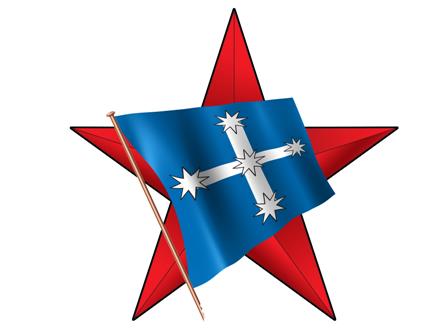 On May Day, class conscious workers come together to express solidarity with comrades across the world in their struggles for liberation, peace, justice and a decent life.
On May Day, class conscious workers come together to express solidarity with comrades across the world in their struggles for liberation, peace, justice and a decent life.
Only the working class has these deep feelings of international class solidarity, based on their recognition that they are all victims of the class system, all subject to exploitation, abuse, deceit, and all threatened by the murderous war policies of imperialism.
At gatherings, The Internationale rings out, “Arise ye workers from your slumbers, arise ye prisoners of want…” calling on the class to take up its historic mission of leading the masses through fundamental social change that eventually wipes out the class system altogether.
In places, The Red Flag is also sung, recalling the bitter struggles and sacrifices the working class has endured. It pays tribute to the heroes and martyrs that resisted the violence of the state, the hired thugs and fascists. “The workers’ flag is deepest red, it shrouded oft our martyred dead, and ere their limbs grew stiff and cold, their hearts’ blood dyed its ev’ry fold.”
In spite of defeats, oppression and betrayals, the working class never gives up, has no choice other than to struggle for survival and a better life, as the chorus rings out “Then raise the scarlet banner high, beneath its shade we’ll live or die, though cowards flinch and traitors sneer, we’ll keep the red flag flying here.”
Australia’s working class
Workers in this country have won many hard-fought battles against local and foreign capitalists and multinational corporations. In the post-war years they achieved improving living standards and some progressive social benefits through union action and solidarity.
But, ever since the days of the Accord under the Hawke government, union membership has fallen away in many trades and professions, with most of the remaining unions falling in behind the parliamentary Labor Party and only mobilising members at election time.
Consequently, there is little strike action, little ACTU activity outside of the courthouse, and practically no solidarity actions which are now illegal.
Result – falling wages, unemployment, rampant cost of living increases, housing and rental crisis, small businesses going broke, banks and supermarkets screwing their customers ever harder.
Capitalism reasserts itself as always. The lesson for workers is that whatever is won by struggle will always be challenged and whittled away, and this cycle can only be finished when capitalism is replaced by socialism.
Imperialism and the globalised economy
But that is only part of the story. At the same time, this “restructuring” of the economy encouraged further multinational investment and eventual control of key sections of Australian industries.
Obscene profits and rampant speculation followed, as the rich get even richer while the workers go backwards.
The political influence of US imperialism has now become dominant, reflected in the operational control of Pine Gap, the AUKUS deal and the growing intrusion into Australian military bases and airfields by the US military, aided and abetted by the sucking up antics of the current and previous Labor and Liberal governments.
Print Version - new window Email article
Swissport CEO shows contempt for workers
Written by: Duncan B. on 22 April 2024
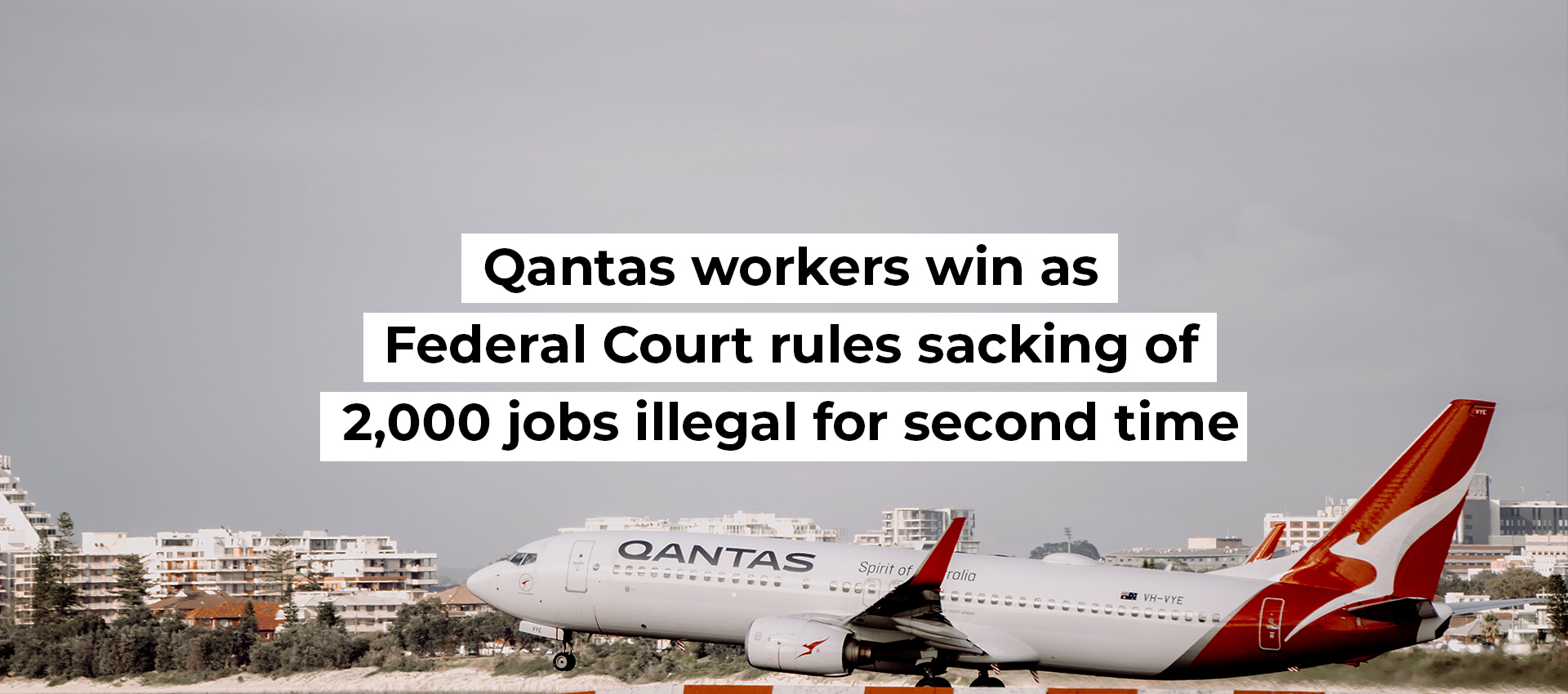 Recently, Australia was graced by a visit from Warwick Brady, who is the President and CEO of Swissport, which is a giant Zurich-based airline ground handling company.
Recently, Australia was graced by a visit from Warwick Brady, who is the President and CEO of Swissport, which is a giant Zurich-based airline ground handling company.
Swissport controls 45% of the Australian market, and 15% world-wide. It is looking to expand its cargo and airport lounge interests.
This company is the one to which Qantas outsourced its baggage handling operations in 2020, with the loss of 1700 jobs at ten airports in Australia. The Transport Workers’ Union took Qantas to the Federal Court, which found that Qantas acted illegally, and could not prove that its decision to outsource its baggage handling was not motivated by a desire to avoid industrial action from airport unions.
Brady defended the outsourcing of ground handling by airlines, claiming that this allowed for lower airfares for passengers. Commenting on the Qantas court case he is quoted as saying, “For Qantas, the economic benefits plus the service benefits are still better for the outsourcing.” He went on to say, “In the end, if you’ve got a workforce that costs you a lot of money, your passengers are going to pay more.”
He is also quoted as saying, “unions sometimes get in the way of market dynamics.”
If workers fighting against employers for their rights and for better pay and conditions is “getting in the way of market dynamics,” we are all in favour of workers’ struggle!
Print Version - new window Email article
Book Review: SLOW DOWN
Written by: Duncan B. on 20 April 2024
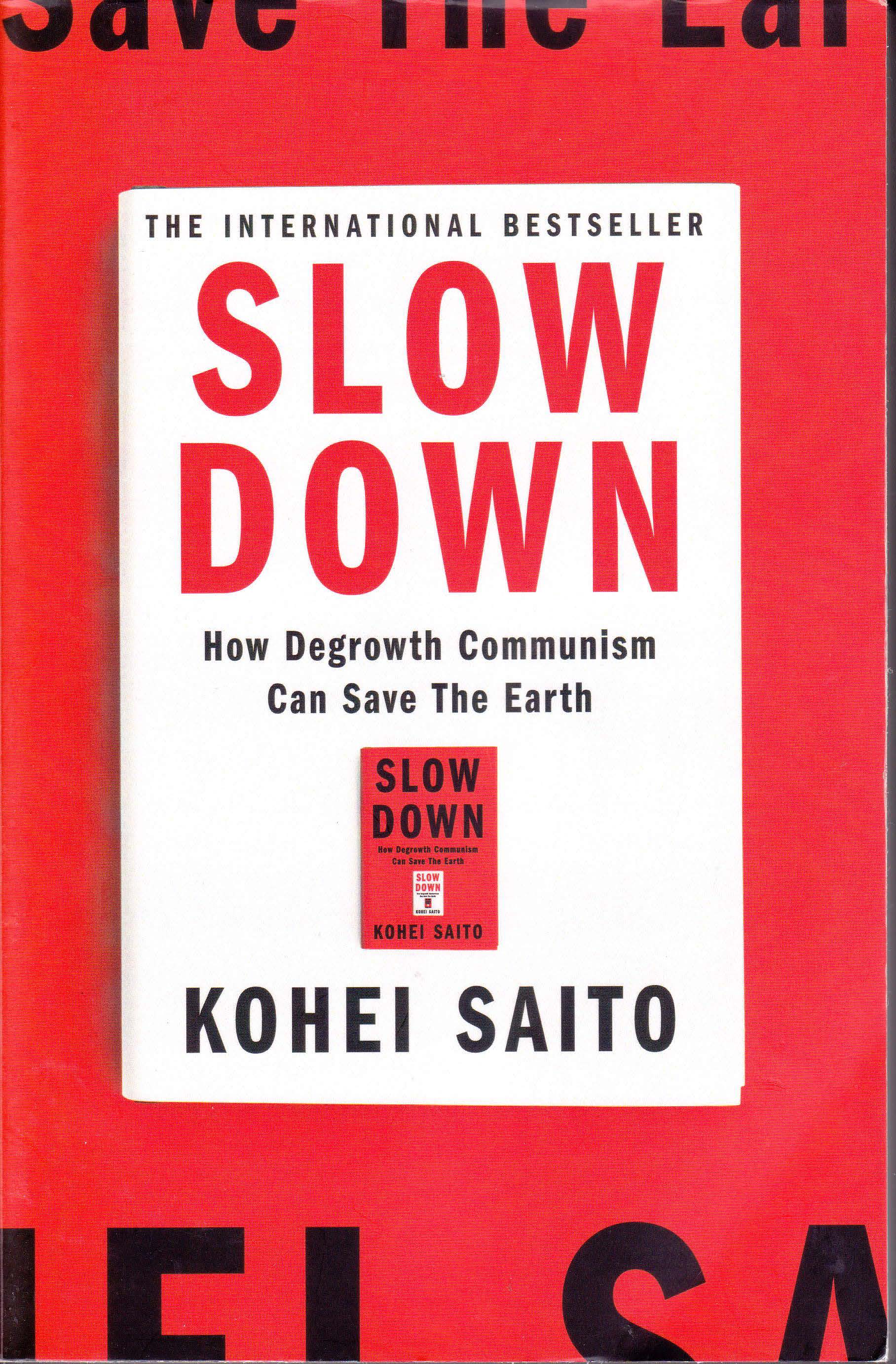 Slow Down. How Degrowth Communism Can Save the Earth, by Kohei Saito is the second recently-released book which we are reviewing. Kohei Saito is a Marxist scholar and an associate professor at the University of Tokyo. He is a member of the MEGA project which aims to publish the complete works of Marx and Engels, including many works never previously published.
Slow Down. How Degrowth Communism Can Save the Earth, by Kohei Saito is the second recently-released book which we are reviewing. Kohei Saito is a Marxist scholar and an associate professor at the University of Tokyo. He is a member of the MEGA project which aims to publish the complete works of Marx and Engels, including many works never previously published.
Print Version - new window Email article
Book Review: VULTURE CAPITALISM
Written by: Duncan B. on 20 April 2024
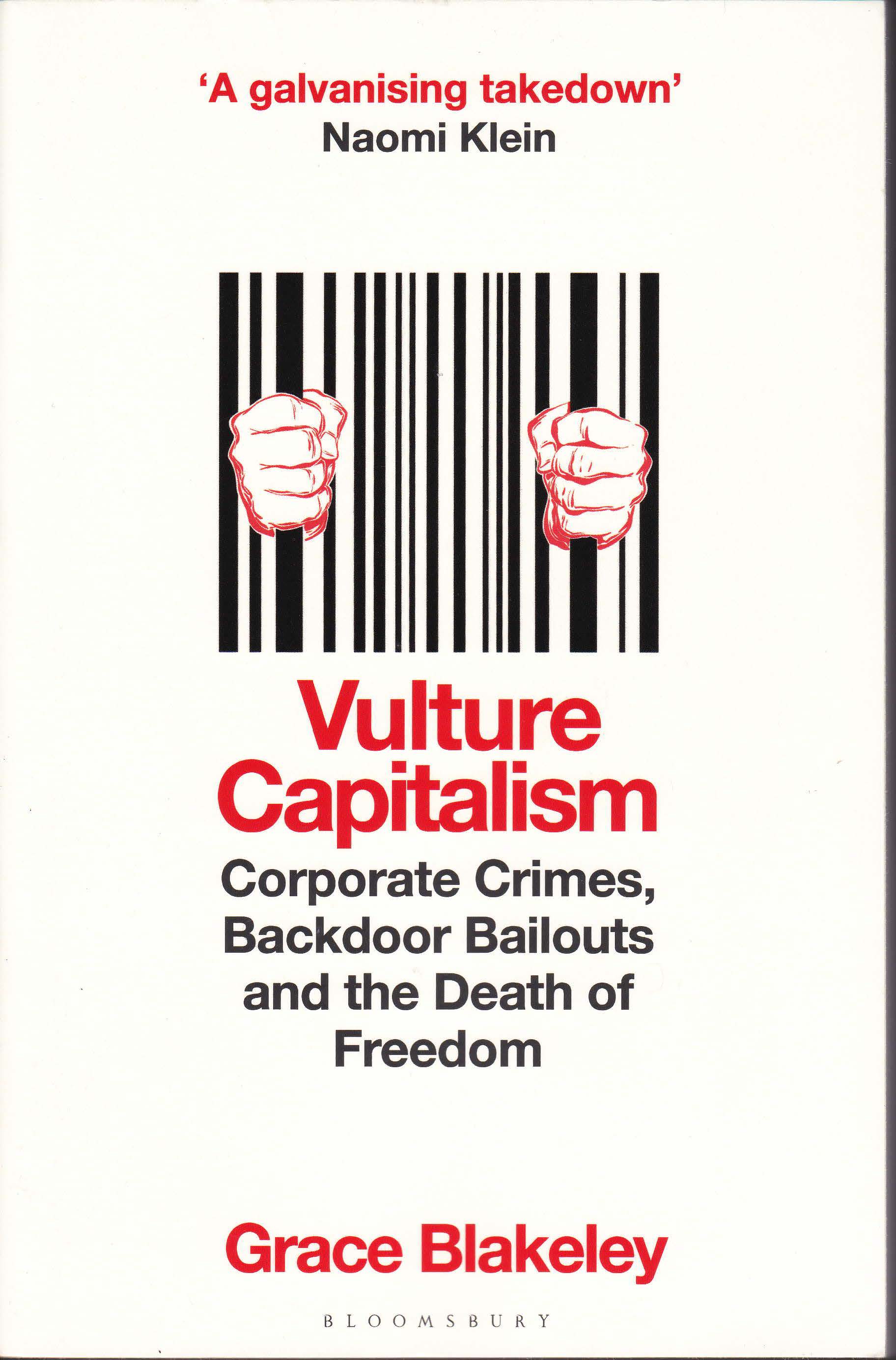 Vulture Capitalism. Corporate Crimes, Backdoor Bailouts and the Death of Freedom by Grace Blakeley is the first of two recently-released books which we will be reviewing. Grace Blakely is a staff writer at the English magazine Tribune, and is a political and economic commentator for the BBC.
Vulture Capitalism. Corporate Crimes, Backdoor Bailouts and the Death of Freedom by Grace Blakeley is the first of two recently-released books which we will be reviewing. Grace Blakely is a staff writer at the English magazine Tribune, and is a political and economic commentator for the BBC.
The book is based around the idea of planning under capitalism. We are led to believe that capitalism is based on the free market, and planning is something that happened in places like the former Soviet Union. However there is a very large element of planning under capitalism.
It is the author’s aim to show how capitalist planning works and how we can start to resist it. She aims to discuss what capitalism is, how it has changed over time, while centralised planning has remained constant. Major institutions capable of planning within capitalist societies: firms, financial institutions, states and empires are examined. On p13 the author says, “Finally I’ll outline how we can start to replace the current system of oligarchic capitalist planning with democratic socialist planning.”
Vulture Capitalism begins by exposing some of the many scandals surrounding big companies such as Boeing’s sales of faulty aircraft, Henry Ford’s relations with Nazi Germany, the collapse of companies such as Enron and the financial crisis of 2008.
In a chapter titled "Disaster Capitalism" the author exposes how many companies benefitted during the COVID pandemic, receiving large handouts and lucrative government contracts. She shows how companies are benefitting from the climate change emergency and the rise in energy costs arising from the war in Ukraine.
Vulture Capitalism exposes how big corporations, financial institutions such as banks and governments unite to bail out failing companies, including those which really should be allowed to collapse, but which have friends in the right places.
The author refers to initiatives being taken in various countries to base planning at the community level where local people and community organisations are planning for the needs of their communities in areas such as health, education and infrastructure. She sees initiatives like these as a way forward.
However she does recognise that the capitalist state does use violence when challenged. Her analysis of the destruction of the Allende government in Chile makes this clear. She says (p269), “Socialists must struggle within and outside all social institutions - including those of the state - to shift the balance of power within society in favour of workers.”
Vulture Capitalism gives the reader much useful information about the workings of capitalism. A positive feature of Vulture Capitalism is that the author refers regularly to Marx and other Marxist writers in explaining the operation of capitalism and in developing her arguments against it, showing that Marx’s theories are as relevant today as they ever were.
Print Version - new window Email article
ADSTAR: Info-wars and the military, Canberra, 2024
Written by: (Contributed) on 23 April 2024
 The organisers of the Australian Defence Science, Technology and Research (ADSTAR) summit in Canberra in September have already publicised their provisional agenda. Representatives of key US allies and defence and security partners are already registered to attend. One of the listed items has far-reaching implications for Cold War Australia; it is doubtful, however, that conference delegates will be discussing the item in the context of a recent US legal decision about non-legitimate intelligence-gathering techniques.
The organisers of the Australian Defence Science, Technology and Research (ADSTAR) summit in Canberra in September have already publicised their provisional agenda. Representatives of key US allies and defence and security partners are already registered to attend. One of the listed items has far-reaching implications for Cold War Australia; it is doubtful, however, that conference delegates will be discussing the item in the context of a recent US legal decision about non-legitimate intelligence-gathering techniques.
The main agenda for the forthcoming ADSTAR summit has six listed items: hypersonic missiles, directed energy, trusted autonomy, quantum technologies, information warfare, long-range fires. (1) Organisers of the summit are expecting in excess of 1,700 delegates, 'including a line-up of international luminaries' to attend the event, which will provide the military-industrial complex with bigger defence budgets and increased likelihood of 'real-war scenarios', more likely than not, in the Indo-Pacific region.
It has already been publicised the summit will include defence leaders being part of panel-led discussions to prioritise what they regard as 'opportunities across the military realm', from India, Japan, New Zealand, South Korea, Singapore, the UK and US together with Australia. (2) It has been noted that Heidi Shyu, US Under-Secretary of research and engineering at the Department of Defence will deliver the keynote speech, while no Australian figures have so far been named as participating at that level.
War, and the preparations for war, are, quite clearly, big business. And ADSTAR figures are, no doubt, rubbing their hands with glee. With western defence budgets set to increase over the next decade, the ADSTAR summit would appear a central consideration for the pushing of military agendas.
It is, however, the fifth listed agenda item which is the most revealing for contemporary Australia; information warfare and countering disinformation campaigns have become a major problem in recent years and has become a major pre-occupation with law enforcement agencies. (3) While it has generally been accepted that social media has enabled disgruntled and disaffected users to gravitate toward conspiratorial far-right political organisations, which then espouse anti-science disinformation and distrust in government, it is also the ability of the state to harvest vast troves of personal information with intelligence-gathering techniques which raise alarm.
A recent legal decision in the US has revealed how Google had tracked users without their knowledge. The outcome of a class-action lodged in a San Francisco federal court, has led Google to plan to destroy a vast trove of data collected from millions of people about their web-browsing histories. (4) It was noted by a lawyer who represented consumers that, 'the settlement required Google to delete and remediate in unprecedented scope and scale the data it improperly collected'. (5)
The legal decision did not, however, note how Google was party to the improper methods of intelligence-gathering from its earliest beginnings. Revelations emerging about US-led intelligence-gathering during the previous Cold War by using Crypton AG equipment also provided information about their later use of the internet; it was noted, for example, that the US National Security Agency's attention eventually 'shifted to finding ways to exploit the global reach of Google, Microsoft, Verizon and other US technical powers'. (6) Such state-controlled intelligence-gathering techniques remain outside usual legal jurisdiction; there is little, if any, accountability.
As attendees of the forthcoming ADSTAR summit participate in the part of the conference dealing with information warfare and countering disinformation, it is extremely unlikely any consideration will be given to the role of their intelligence services trawling daily through confidential communications between internet users. The fact the information accessed by the state is frequently used for profiling purposes was also not addressed in the recent US legal decision; or whether Google had already passed such information onto interested third parties for a whole variety of motives.
1. Strategic advantage key to ADSTAR conference, Defence Science and Technology supplement, Australian, 3 April 2024.
2. Ibid.
3. See: Australia's far right gets COVID anti-lockdown protest booster, Aljazeera, 5 October 2021.
4. Google to destroy its 'Incognito' data, Australian, 3 April 2024.
5. Ibid.
6. The intelligence coup of the century, The Washington Post, 11 February 2020; and, Compromised encryption machines, The Washington Post, 17 February 2020; and, Operation Condor: The CIA is not innocent, The Guardian (U.K.), 23 February 2020.
Print Version - new window Email article
ACOSS survey and the need for a revolutionary class analysis
Written by: Alan Jackson on 23 April 2024
Above: Anti-poverty activists in 2021
Everyday life is getting harder for the average person. This is disproportionately the case for First Nations people, Immigrants, Precarious workers and Pensioners, who are being impacted the hardest in these hard times.
History continues to show us that under capitalism the poor stay poor while the rich get richer. Time and time again history continues to show us this fact. The fundamental issue in this is Class.
Print Version - new window Email article
Rail workers strike for a living wage
Written by: Ned K.. on 20 April 2024
(Above: RTBU organiser Hayden Boyle)
Rail workers including suburban train drivers in Adelaide are taking strike action to win a 20% pay rise over four years.
In their way stands multinational corporation Keolis Downer who operates the suburban train services under contract to the SA Government.
A 20% pay rise over 4 years is by no means an exorbitant wage claim when inflation rates and increases in cost-of-living increases in real terms are arguably higher than 5% per year.
Keolis Downer's current wage offer is 14.7% over 4 years.
The Rail, Tram and Buses Union (RTBU) members have taken strike action of 4 hour to 5-hour periods of time a couple of times a week over the last two weeks. They have timed the stoppages to escalate the impact of the action which has included overtime bans.
On Friday 19 April, the RTBU members telegraphed to Keolis Downer and the SA Government that they would strike for 24 hours on Thursday 2 May if Keolis Downer did not agree to members’ claims.
Thursday 2 May is the same day that the two SA based AFL teams Adelaide Crows and Port Adelaide play their first of two annual "showdown" games. With no trains running on that day, the SA Government will have to organize extra buses to provide alternative public transport to and from the Adelaide Oval. Thousands of fans travel by train to the games and businesses will be pressuring Keolis Downer and the SA Government to "resolve the dispute" before Thursday 2 May.
Bread and Circuses
A big part of the Malinauskas Government's strategy is to keep the people happy by feeding them one "circus" after another in one form or another. The showdown football matches between Adelaide Crows and Port Adelaide are two of the annual "circuses",
The potential 24-hour strike action on 2 May will disrupt the showdown "circus " but the SA Government also knows that workers like the RTBU need more than the cost of "bread" being offered by Keolis Downer.
Publicly the Government is saying that the dispute is an industrial matter between the employer Keolis Downer and its employees represented by the RTBU. Behind the scenes though, bet London to a brick that the Government is in earnest talks with both Downer and RTBU. An added concern for the SA Government is that the higher wages rail workers win, the more likely that other public sector workers will want to match it in their Enterprise Agreements where the SA Government is their employer and the harder it will be for private capitalist businesses to keep wages as low as possible.
The Malinauskas Labor Government is finding out that it is no easy task to make capitalism acceptable to workers and at the same time be viewed favourably by capitalists!
Suburban trains were outsourced to Keolis Downer by the previous Liberal Government. The Malinauskas led Labor Government won the last state election in March 2022 vowing to reverse the outsourcing of train services if it won the election.
In 2023 it announced that it would phase out Keolis Downer's contract over four years with train drivers the first to once again be directly employed by the SA Government in late 2025 and other Keolis Downer employees becoming government employees by the end of 2027.
How seriously will the SA Government be looking at introducing an automated rail transport system with no train drivers?
They would be aware this has occurred in a limited way in NSW.
Another aspect of the dispute is that the RTBU is a relatively small union. In the age of big unions covering many different industries, the RTBU has maintained its identity and independence and a high level of member engagement in the running of the dispute and solidarity between members.
Print Version - new window Email article
Communist Party of the Philippines: Persist in armed struggle, frustrate US war plans
Written by: Communist Party of the Philippines on 17 April 2024
The Communist Party of the Philippines (CCP) has issued an important statement calling on its New People’s Army (NPA) to continue the armed struggle against the oppression of the Filipino people. It has also called on the Filipino people to reject US plans to turn the Philippines into a base for war against its imperialist rival, China. We salute the CCP and the NPA and call on Australians to oppose Australian military ties with the US-Marcos regime – eds.
The NPA must fight more to defend oppressed Filipinos, and to stop US from dragging PH in war against China
Marco Valbuena | Chief Information Officer | Communist Party of the Philippines
March 31, 2024
1.The Communist Party of the Philippines (CPP) and the New People’s Army (NPA) and all revolutionary forces roundly reject Gen. Romeo Brawner call for Red fighters to abandon the armed struggle. The need to wage armed struggle is now greater than ever before amid the worsening socioeconomic conditions and oppression of the Filipino people and threats to the country’s sovereignty.
For the broad masses of peasants, workers, and other toiling people suffering from land grabbing, economic dispossession, low wages, joblessness, and other forms of gross social injustice, waging armed struggle now is ever more just and necessary. The US-Marcos regime has aggravated the situation of the people by serving the interests of foreign capitalists to the detriment of the Filipino people’s welfare and rights.
Under Marcos, the fascist reactionary armed forces has become even more aggressive and brutal in driving the peasant masses and indigenous minorities from their land to allow mining companies, plantations, real estate, energy and other infrastructure projects to expand their environmentally-destructive business operations.
Only by having the New People’s Army can the peasant masses effectively fight back against the onslaught of foreign and big business economic aggressors. In the interest of the broad toiling masses, the armed struggle can never be abandoned. To fight with arms is the only way for the oppressed to defend their life and dignity and fight for a better future.
2. In the face of increasing danger of the Philippines being dragged by the US military to its conflict with China, there is even greater need for the NPA to fight vigorously. The NPA must further intensify the armed struggle to help prevent US plans to fully utilize the country as a springboard for its acts of aggression. The US imperialists want to see an end to the NPA’s armed struggle so it can fully utilize the AFP as a pawn in its plans of aggression and hegemonic expansion.
General Brawner is a remorseless US mouthpiece when he declared in his statement that “external forces”, clearly referring to China, “undermine Philippine sovereignty and challenge our rights.” Brawner is utterly hypocritical to claim defending the country’s freedom against external forces when as chief of the armed forces, he has opened a number of Armed Forcesof the Philippines (AFP) camps to give foreign military forces from the US extraterritorial rights to station its troops and military equipment, and turn the country’s land and water as their playground.
The US military forces in the Philippines have been using the AFP and the Philippine Coast Guard to raise the temperatures of military conflict in the West Philippine Sea through joint patrols, as well as US-backed “supply missions.” These operations are succeeding in pushing back against China’s incursions into Philippine maritime territory, but are being done at the expense of allowing US and its NATO allies to position their naval forces in Philippine waters.
The US plans to turn Marcos into a new Zelensky–a shameless beggar of military and economic aid from the US and NATO. They want to portray Marcos as a defender of Philippine freedom against the “empire”, while actually turning the Philippines into a protectorate of US-led Western imperialist powers, against their imperialist rival China.
Over the next few days or weeks, the Marcos regime is set to receive a major shipment or deployment of US military equipment for use of the AFP to turn it into a more aggressive force against China. This is timed with US plans to hold the Balikatan exercises in April as cover to deploy more of its troops in the country’s outlying islands, from the northernmost tip of Batanes, to the westernmost tip of Palawan. Even now, the US has already deployed Special Operations Forces in the Kinmen Island in the Taiwan Strait, a mere five kilometers off the eastern coast of Xiamen, China.
The Filipino people reject claims of the US imperialists of being “friends, allies, and partners” of the Philippines. It is utterly repugnant at all levels for the Marcos regime to ally itself to the number one terrorist who has connived with the Zionists in Israel in raining bombs and missiles on the civilian population of Palestine in Gaza, killing more than 32,000, more than half of whom are children. The US and Israel has also been supplying bombs to the AFP to carry out the same terrorist act in the Philippine countryside. The same imperialist US is responsible for the deaths of hundreds of thousands of Filipinos during the US war of occupation of the Philippines, and the subsequent plunder of the country’s economic and human resources.
All the patriotic and revolutionary forces of the Filipino people must heighten their struggle for national freedom and draw inspiration from their long history of resistance to US military intervention and war–from the anti-colonial war of the early 1900s, to the mass protests leading to the eviction of US military bases and American troops in 1991.
Presently, they must vigorously resist US schemes and resist the plans to drag the country into US war provocations against China. Such a scenario will endanger the lives of the Filipino people and further place the country’s fate in the hands of the US imperialists.
Print Version - new window Email article
Madeleine King: Helping the Pentagon to our nickel
Written by: Nick G. on 17 April 2024
(Above:original photo WA Today Nathan Hondros)
Resources Minister Madeleine King has approved the use of government funds to ensure the US military has access to Australian nickel.
She met with the US Under Secretary of Defence for Acquisition and Sustainment William La Plant at the Pentagon on March 8 to evaluate available options amid weakening nickel prices that led to several operating Australian nickel facilities either announcing a reduction in operations or going into care and maintenance.
“I think it’s fair to say they are keen to work with us to make sure we’re able to have a nickel industry that survives,” King said.
Nickel is known for its resistance to corrosion, and was a popular metal for coins. The US 5 cent coin was made from nickel and known as a “nickel”.
Nickel is one of eight critical minerals for military purposes.
The US National Mining Association says “Nickel can be used in steel, and this has been used for armor plating in tanks and anti-aircraft firearms. In addition, nickel is used in military batteries for propulsion and storage…A shortage of nickel would hurt goals in both the transportation and defense sectors.”
It is an essential component of high-temperature alloys used in aerospace, and essential to US imperialism’s plans to be the dominant military power in Outer Space.
Nickel (Ni) has long been widely used in batteries, most commonly in nickel cadmium (NiCd) and in the longer-lasting nickel metal hydride (NiMH) rechargeable batteries, which came to the fore in the 1980s.
It is also a major component of the lithium-ion batteries used to run electronic vehicles.
The United States is not a major source of nickel. It has only one operating nickel mine which is planned to close in 2026. Last September, the US Department of Defense provided Talon Metals, a Rio Tinto subsidiary, with $26 million to support prospecting work in Michigan and Minnesota.
Taking a leaf out of the US corporate charity book, King, prior to her trip to the Pentagon, placed nickel on the Critical Minerals List, giving nickel companies opportunity to access up to $4 billion dollars in Commonwealth funding.
Australia is one of the world’s largest producers of nickel.
There are more than 186 nickel mines in operation globally, of which 127 are in Australia.
The five largest nickel mines here are owned by Swiss multinational Glencore, Canada’s First Quantum Minerals, Australian IGO (which is also invested in a lithium focused joint venture with Chinese partner, Tianqi Lithium Corporation, which comprises a 51% stake in the Greenbushes Lithium Mine and 100% interest in a downstream processing refinery at Kwinana producing battery grade lithium hydroxide), and two by BHP (more than 70% US-owned).
It is anyone’s guess how much of the billions of Australian taxpayers’ dollars King is prepared to splash around will go to foreign-owned miners, but she has made it perfectly clear that this is to support a supply chain directly into the murderous US military.
None of this would happen if we were a genuinely independent and anti-imperialist country.
Print Version - new window Email article
Profits before People
Written by: Jed J. on 16 April 2024
 In the age we live in gas and electricity are necessities. They are not commodities which we can choose to buy or not buy.
In the age we live in gas and electricity are necessities. They are not commodities which we can choose to buy or not buy.
Yet in the capitalist system the supply of these essential needs is in the hands of private companies whose main aim is to maximise profits.
The supply of gas and electricity should be, as they once were, controlled by government Utilities to ensure they are available and affordable for all.
Since these utilities were privatised, many working people are finding it increasingly difficult to pay for these basic necessities.
There is a cost of living crisis today and energy costs are contributing to it.
Australian gas is being sold overseas in quantities that allow people in foreign countries to pay less for gas than in the country of its origin.
To maintain their profit levels private energy companies are resorting to large increases in their supply costs.
Many Australian workers, as a result, are finding it increasingly difficult to pay their energy bills while the suppliers make increasing levels of profit.
So what is the government planning to do? Are they planning to introduce price controls? Are they planning to limit export of our natural resources? Are they planning to de-privatise the supply of energy and put it under the control of government controlled Utilities?
No. They are talking about another round of handouts to vulnerable sections of the people, supposedly to help them cope with the price rises.
Actually the public funds used to do this will help guarantee that the energy companies will not miss out on the profits they make selling gas and electricity to these vulnerable people.
The profiteers will be the main beneficiaries of the government’s largesse. Public funds will be used to bolster private profit.
If the government is serious about helping people cope better in this present cost of living crisis they would de-privatise the energy companies and place them in the hands of government controlled Utilities.
That would be the best way to reverse the present trend and put people before profits.
Print Version - new window Email article
Israel gets a taste of its own medicine
Written by: Nick G on 14 April 2024
Image: www.hiiraanweyn.net
Iran’s retaliatory missile attacks on the Zionist Israeli regime are a necessary and justified response to Israel’s attack on the Iranian consulate in Syria two weeks ago, which killed 18 members of the Iranian Revolutionary Guard.
We know that the Iranian state authorities are reactionaries and that the Iranian people have waged courageous struggles for democratic rights and the liberation of women.
That does not change our opinion towards the justness of their response to the consulate attack.
By way of contrast, the Zionist-supporting Australian government has condemned the retaliation in which more than a hundred drones, dozens of cruise missiles, and ballistic missiles were sent to specific targets in Israel.
For too long, Israel has arrogantly chosen targets in Lebanon and Syria and carried out targeted assassinations with seeming impunity. The assassinations include those of five Iranian nuclear scientists for which Israel has never been held to account.
Its attack on the Iranian consulate was typical of that arrogance.
It followed reports by Western analysts that Iran was not seeking to escalate regional tensions. That remains Iran’s position, its spokesperson saying after its retaliation that the "matter can be deemed concluded".
Iran’s retaliation punctures the arrogance of the Zionists and will boost morale among Palestinians in Gaza and the West Bank.
It comes three days after Israeli PM Netanyahu boasted “We have determined a simple rule: Whoever harms us, we will harm them.”
Netanyahu is now getting a taste of his own medicine.
Print Version - new window Email article
Museum workers lead action to save SA Museum
Written by: Ned K. on 14 April 2024
On Saturday 13 April about 2,000 people held a rally outside Parliament House on busy North Terrace Adelaide to protest about proposed cuts to jobs and research at the South Australian Museum.
The rally was organized by the Museum workers and their union the Public Service Association and concerned members of the SA community who had made donations, both large and small to the Museum.
In the week leading up to the rally, concerned supporters of, and donors to, the Museum paid for a full page advertisement in the local Adelaide Advertiser headed "An Open Letter: The Future of SA's Museum Is At Risk"
The letter started,
"Dear Premier Malinauskas,
Capturing 165 years of continuous research and tens of thousands of years of First Nations’ cultural knowledge, the collections housed at the South Australian Museum are not only one of the most significant cultural assets in SA, they are among the most significant in the world".
A newly appointed head of the Museum, CEO David Gaimster, and the Museum Executive and Board decided to ram through a "restructure" of the Museum at the expense of research carried out by highly skilled scientists and researchers in the natural sciences including zoology, mineralogy and palaeontology and natural history generally.
Over the last three decades of economic rationalism, the Museum staff had been reduced to just 73 people and the SA Museum, a state government Statutory Authority, was trying to get rid of the top 27 research positions.
During this period, the SA Museum and other SA Government icons next to the Museum, (Library and Art Gallery) had experienced outsourcing of support services such as cleaning, catering, security, maintenance and research assistants. In some areas of the Museum, scientists and researchers relied on the goodwill of volunteers to complete their work.
One speaker at the rally said that the loss of the 27 individual research staff equated to the loss of 474 years of expertise and knowledge.
Research into and management of biodiversity is threatened with cuts to scientific staff. Since British colonial invasion, more than 300 species have been lost. Studies of collections as to Museum assists in species adaption and survival.
Speakers at the rally included Ngarrindjeri/Kaurna Elder Major "Moogy" Sumner who expressed concern that the cuts to research would be a loss for First Nations communities. With only one position in the restructure reserved for Indigenous expertise, it was possible that the cultural knowledge of First Nations women could be lost. Lack of funding would bring an end to the repatriation of the thousands of First Peoples’ remains from collections from the UK and other European countries and the USA.
The SA Museum Act 1976 states that a core function of the Museum is " to carry out, promote, research into matters of science and historical interest, and to accumulate objects and specimens of scientific or historical interest".
One of the placards at the rally summed up just how the proposed restructure by calling the Museum ATM standing for "Automatic Tellya Museum
Key In Pin
Select Research
Press Enter
Insufficient Funds"
with a picture of a small child trying to make sense of it all.
The Public Service Association Secretary spoke on behalf of all unionists employed at the Museum and informed the rally participants that the Museum had not even complied with its own Enterprise Agreement in trying to ram through cutbacks to staff at a time when what was actually needed was an increase in funding of both Museum staff and resources.
The SA Government has been caught out. There is plenty of money for supporting the US war machine and football events and stadiums, all at the expense of areas of society that the Government thinks will not get it re-elected for another 4-year term of office. Adelaide Lord Mayor Jane Lomax-Smith, a former Chair of the SA Museum Board and Minister of Education in the Rann Labor Government, said that multiple State government had stagnated funding of the museum. She said there had been no real funding for over 20 years. Cultural institutions, she said, had been neglected by a bread and circuses culture.
More broadly, the struggle of the Museum workers is another example of how most of the surplus value created by the working class as a whole ends up in the hands of the ruling capitalist class rather than being used for the benefit of the working class and those unable to work, such as children, unemployed, and the aged.
Print Version - new window Email article
CPI (Maoist) announces the immortalization of 50 people's fighters
Written by: Communist Party of India (Maoist) on 11 April 2024
The Communist Party of India (Maoist) has issued a statement commemorating the deaths of 50of the fighters of People’s Liberation Guerilla Army. The Maoists and other progressive forces are subjected to brutal attempts at elimination by the Modi saffron fascist regime. We salute their sacrifices-eds.
....................
April 9, 2024
The Central Committee of the Communist Party of India (Maoist) issued a statement announcing the death of 50 guerrillas from January 1 and calling on the people to protest the massacres.
"WE TRUST THE POWER OF THE MASSES"
In its statement, the CPI (Maoist) said, "For the last 50 years, a revolutionary movement has been going on in our country under the leadership of the Communist Party of India (Maoist) with incredible sacrifices. The ruling classes are constantly conducting military operations to stop India's revolutionary movement at its very inception. The Government of India, which has declared our party as the only major threat to the internal security of the country, has been carrying out large-scale, long-term military pressure operations for the last 20 years," he said, noting that at least five thousand CPI (Maoist) guerrillas and people have been killed in 20 years.
"Despite this, our revolutionary movement for the democratization of the people in our country continues on its way with great devotion, determination in the face of many tides, with the support of fraternal movements, and by relying on the organized power of the broad masses," the statement continued.
"50 OF OUR COMRADES WERE MARTYRED"
From January 1, 2024, the reactionary Indian state has launched a new military operation called "Operation KAGAR". In a statement, the CPI (Maoist) announced that nearly 50 of its comrades were immortalized within the scope of this operation and summarized the details of the operations as follows:
"Six people were massacred in Chipurbatti, 13 in Korcheli, 3 in Pujari Kanker and 2 in Kerajhiri Dabri. We condemn these murders and commemorate all our heroic martyrs with respect. We will pledge to build a gender-equality, secular and democratic system without exploitation and caste for their unfulfilled dreams.
"For the past two decades, conflict zones across the country have been constantly populated by central and state armed governments, as well as police forces. Unprecedented military repression is being exerted in the conflict zones of Andhra Pradesh, Telangana, Odisha, Maharashtra states of the Central Region, Chhattisgarh and Chhattisgarh, which are the battlegrounds of Bihar-Jharkhand, West Bengal, Uttar Pradesh, Uttarakhand and Assam states in the Eastern Region, which have been identified by the predatory ruling classes as powerful states for the Maoist movement.
"Only modern weapons, anti-mine vehicles, drones and helicopters fly and shoot in the sky. Police are conducting a search operation in thousands of forests. They attack villages and kill people, especially young people, without even seeing the distinction between men and women and the elderly. They chase the revolutionaries, shoot bullets. In fact, seeing all this reminds us that a war is going on in enemy territory. The Indian government is waging a civil war against the citizens of India. The government's war against the people of India must be stopped immediately."
PRESSURE ON THE PUBLIC IS INCREASING
In the continuation of the statement, it was explained that the people were attacked in order to destroy the Maoists and information about these attacks was given: "The reactionary forces have decided to end the Maoist movement throughout the country in the next three years. They target all those who oppose their exploitative policies, anti-people governments, and divisive policies among the people in the country and carry out different kinds of attacks on them. All kinds of activities of citizens are monitored. Modern industry keeps an eye on this. For the last 10 years, the Hindutva dictatorship of the RSS-BJP forces has been going on in the country. By doing many things and abusing power to put a mask of parliamentary democracy on their administration, the 18th century, they hold their Lok Sabha elections.
"The entire village of Prabal is being crushed under the boots of the murderous police. Due to the constant intensive search operations of the police, the chances of survival of people in villages and forests are getting worse and worse. Today, in the forests, there is no guarantee of the safety of life and property of the tribal people, respect for women, protection of children and youth. The police brutally murder those caught in forests and villages, calling them Maoists and fabricating false and fabricated stories about the seizure of weapons and ammunition from them."
BANDH CALLED
The statement concluded: "Fraternal movements must be built in favour of the peoples who are struggling wherever possible for the survival of the Indigenous people against the fascist regime and to stand against the ongoing arbitrary attacks against them.
"Students, intellectuals, human rights activists, social workers, journalists and friends of the media, writers, artists and lawyers are working to establish peace in the forests. People in the Central Region (Telangana, Andhra Pradesh, Odisha, Maharashtra and Chhattisgarh), especially Indigenous people, protested against the harsh conditions faced by Indigenous people and condemned the ongoing attacks against them and demanded an immediate halt to the attacks."
The CPI (Maoist) called on the people to carry out propaganda and demonstrations from 13 to 15 p.m. and bandh on April 15.
(A bandh is a 24-hour strike)
Print Version - new window Email article
Ants and Elephants: Middle Class relations with the Imperialist Bourgeoisie and the Working class
Written by: John G. on 11 April 2024
Australia is a capitalist country.
Big corporates rule the economy, their key owners are overseas capitalists with American moneybags top of the heap. British bosses are next in line with Japanese, German, French and other European capitalists being joined by latecomer Chinese owners.
Their involvement in the country is to make profits, either directly here or by securing resources for profit-making elsewhere, or both.
Workers
Among Australians, the working class, the people who have to work for a living selling themselves to a boss, is the largest class.
There’s a section who sell themselves at very generous premiums, doing very well out of looking after capitalists’ interests; managers, top bureaucrats, people doing the dirty work of policing workers in commissions like Fair Work, police and judges and the like. Many are paid handsomely to keep other workers in line and the capitalists on top.
Still, there’s 3/4s of the population who work for a living in the grind of capitalist exploitation.
Our interest in having comfortable lives, good education, good accessible healthcare, a good living, stand in conflict with capitalists making the best profit they can get. Working class interests are the mainstay of the opposition to capitalists plundering the country, its people, its resources and its environment.
However, working class organisation and capacity to stand up for itself is at a low point. Unionism overall is below 10%. In the public sector, it’s higher but still under 20%. In the private sector unionism is in the lower part of single digit percentages.
Union coverage varies hugely between industries, between industry sectors, and between sections of the workforce within an industry or industry sector. In construction, unionism is higher on major city jobs and tiny in housing construction. Among government school teachers, unionism is very high while it’s much lower in the private sector . In hospitals, unionism among nurses runs well over 70% while among hospital administrative and support staff it’s below 30%.
Overall, there is weakness in the working class but there are some areas of strength.
In the confrontation over capitalist profit-chasing at the cost of working-class living standards, the capitalists’ interest dominate, living standards lose out and down we go.
Middle Classes
Classes other than the working-class superhero and the capitalist supervillain, are wedged between the two.
Middle classes of small and medium businesses, self-employed professionals and the like, vary between those reliant for their social position on the big corporate capitalists and those screwed down by the system of finance and markets monopolised by big corporates. Sometimes they are in both situations simultaneously.
With the working class relatively quiet, the smaller classes and sections pull their heads in and try to do the best they can in circumstances dominated by big corporate monopolies led by US and British imperial capitalists. Those that get desperate, facing imminent ruin or losing out big time, pop up from time to time and squeal, but generally they hunker down. Some take advantage of workers’ support for local production and use the space that affords them to promote locally-owned businesses and locally-produced products, with the success available.
In the building industry, there is experience of subbies and smaller builders supporting workers, some providing jobs when the big builders have blacklisted militants. At the same time they are capitalists, making profits from exploiting workers. Working with and struggling against, is just how it works sometimes.
The main point however is that generally small businesses can’t afford to put a target on their back when the working class is weak, disorganised, lacking direction and fight for its own well-being and freedom and for the nation’s liberty from the plunder of foreign corporate giants.
Workers' relations with Middle classes
When the working class is not able to impose its overall strength on the imperialists, our strategy has to be defensive.
Within that defensive position, sections burst out on tactical offensives. Many public sector workers leapt into strike and protest campaigns in a few states last year. Workers’ sufferings grew as their locked down wages left them open to hardships as inflation raged. That wave of struggle gained concessions and has eased now.
Wollongong Nurses and Midwives in struggle for ratios last year
While workers are on the defensive and under the boss’s thumb, the opportunity to call for middle classes to back the struggle against imperialist rule and get useful responses is limited. It should be carefully considered until workers are on the move.
If the workers are weak at the moment, those middle classes are pretty hopeless. The limits on anti-imperialist struggle among them reflects the reality of class relations today. There’s a tendency to engage with limited reformism and use what influence they have to hold back the working class from confrontation with imperialism.
The old African proverb “When elephants fight, ants get trampled” applies to middle classes keeping their distance in our current situation.
Judgement of the relations of middle classes to the two giant class forces in Australian society and the anti-imperialist struggle won’t really be able to be made until workers are able to take the initiative in offensives against imperialism.
Print Version - new window Email article
Binskin appointment comes with a conflict of interest
Written by: Nick G. on 10 April 2024
Photo credit: militaryleak.com
The Australian government’s appointment of Air Chief Marshal Mark Binskin (Rtd) to serve as Special Adviser to the Australian Government on Israel's response to the Israel Defense Forces strikes which killed Zomi Frankcom, and six of her World Central Kitchen colleagues, comes with a major conflict of interest.
Binskin is a non-executive director for Defence and National Security Policy of BAE Systems Australia. Its UK parent company is literally making a killing out of Israel’s genocidal war on the Palestinians.
A non-executive director of a company is usually not an employee, but advises the company in return for fees, equity (shares) and cash payments.
Binskin’s ties with the commercial life of BAE Systems began in 2018. He was Chief of the Defence Force when BAE Systems Australia was awarded the $35 billion Future Frigate contract, the largest surface warship program in Australia’s history.
The following month Binskin retired. The contract for the $1.2 billion upgrade of the Jindalee Operational Radar Network was also awarded to BAE in the final months of Binskin’s tenure.
In July 2019, one year later, the minimum timeframe permitted, Binskin joined BAE Systems, a position he still holds.
BAE and Israel
BAE Systems, headquartered in London, supplies the Israeli military with a wide variety of weapons, including components for combat aircraft, munitions, missile launching kits, and armoured vehicles. BAE technologies are also integrated into Israel's main weapon systems, including fighter jets, drones, and warships.
BAE Systems provides weapon systems and components to the Israeli Air Force's fleet of F-15, F-16, and F-35 fighter jets.
In 2018, BAE was contracted to manufacture $20.4 million worth of transmitters for Israel's F-35s through the U.S. government's Foreign Military Sales program. Even before October 7, the Israeli Air Force has used the F-35 to launch airstrikes in and around Gaza. BAE in the U.K. produces 15% of the components for these F-35 jets.
Additionally, BAE has provided the Israeli military with electronic missile launching kits and gunsight technology for F-16 aircraft. Israel's use of these weapons against civilians in Gaza is killing Palestinians in their thousands.
BAE partnered with Israeli state-owned weapon manufacturer Rafael Advanced Defense Systems to upgrade Rafael's MK-38 Typhoon gun system, a remotely controlled naval weapon system installed on the Israeli military's unmanned Protector drone. The drone has been used to enforce Israel's illegal blockade of the Gaza Strip. Gazan fishermen, who are restricted by Israel to severely limited fishing areas, have reported being fired at by the Israeli Navy on an almost-daily basis.
In 2015, in close collaboration with the Israeli military, BAE developed the Rokar Silver Bullet, a precision guidance kit used to transform large-caliber projectiles, fired, for example, by tanks and warships, into highly accurate munitions. BAE has supplied Israeli weapon manufacturer IMI Systems (owned by Elbit Systems since 2018) with its Silver Bullet for integration into M401 155mm cannon artillery.
Israel has routinely fired 155mm heavy artillery into residential areas of Gaza City long before the resistance breakout on October 7.
Mark Binskins
It is not good enough that someone working for genocide profiteer BAE Systems will investigate the World Central Kitchen murders.
If it was thought that someone of his military seniority was required to get past Israeli obstructions, then he should have been appointed as part of a team that included war crimes legal specialists and human rights lawyers. The World Kitchen killings are not an isolated incident and should be investigated as part of the murders of nearly 200 aid workers by the Zionists, of their deliberate starvation of the people of Gaza, attacks on food convoys including the so-called “flour massacre” on 29 February 2024 when at least 118 people were killed and 760 injured after Israeli forces opened fire on civilians seeking food from aid trucks. Anything less than an investigation on this scale will miss the whole point of the Zionist genocide.
If Binskins returns a report that is in anyway inconclusive, that in anyway refuses to see what even Blind Freddy can plainly see, then it will have no credibility given his conflict of interest.
Print Version - new window Email article
Adelaide People Gather Round For Palestinians
Written by: Ned K. on 9 April 2024
Sunday 7 April, marked 6 months of fortnightly rallies and demonstrations in Adelaide in support of Palestinian people oppressed by Zionist Israel regime and its imperialist backers, particularly the USA.
The rally on steps of Parliament House gathered around guest speaker Nasser Mashni (above), President of the Australian Palestine Advocacy Network (APAN).
Nasser is a Palestinian Australian and despite the devastation and loss of over 30,000 Palestinian lives including over 13,000 children, he was full of optimism about the heroic struggles of the Palestinian people in Gaza and the West Bank.
Many passers-by on their way to AFL Gather Round game at Adelaide Oval that afternoon stopped to hear what Nasser had to say. There were Hawthorn and Collingwood scarves and jumpers among those at the rally.
Nasser said that the bombing of aid worker vehicles and the killing of aid workers was a tragedy but it was no accident. Nasser explained that it was part of a familiar Israeli Defence Force (IDF) playbook. He said that the main purpose for the bombing of the aid workers and their vehicles was because one element of the Zionist regime strategy is to use starvation to add to Palestinian deaths, as part of their overall strategy to eliminate Palestinians from Palestinian land altogether.
Nasser said that soon after the bombing of the aid workers, a ship containing food supplies and other aid that was headed for Gaza turned around. The bombing of aid workers also took the spotlight off the slaughter of Palestinian health workers and patients in the largest hospital in Gaza.
Nasser said that finally Albanese and Wong showed some anger towards the IDF and Israeli Prime Minister Netanyahu. However Albanese and Wong and their Government still supported Israel as a “democracy”. They failed miserably by siding with colonial oppressor rather than with the indigenous Palestinian people. Nasser said there was a lot in common between the struggles of the Indigenous people of Australia and Palestinians.
Nasser gave the example of the recent multi-million dollar contract the Albanese government signed with an Israeli owned defence company, Elbit Systems.
Before people at the rally commenced their street demonstration, Nasser urged Palestinians living in Australia to hold their heads high as they had the support of the overwhelming majority of the peoples of the world, including non-Palestinians living in Australia.
Nasser also noted the presence of Unions at rallies across Australia he had been part of.
Print Version - new window Email article
“Grey-Zone” intelligence assessments and real-war scenarios
Written by: (Contributed) on 8 April 2024
The US diplomatic response to credible competition from China in the Western Pacific and wider Indo-Pacific region has taken the form of an intensification of Cold War hostilities using grey zone-type intelligence assessments. They rest upon their desperate attempt to reassert traditional hegemonic positions, although remain fraught with dangers of real war scenarios for the US and their allies upon which they are increasingly dependent.
The recent high-level diplomatic visit of US Secretary of State Antony Blinken to the Philippines was accompanied with a brief media release high-lighting the perceived threat of China's 'grey-zone strategy' which had been assessed as a threat to 'US interests'; it included reference to 'a constant ratcheting up' of China's diplomatic brinkmanship. (1)
Grey-zone conflict in military jargon has been usually associated with subversion and has included: destablisation, weakening or undermining traditional structures, in order to systematically weaken an adversary. It has become the face of the new Cold War which exists in the murky area in-between 'between peace and conflict'. (2)
It is, however, accompanied by grey-zone conflict in political circles which has far-reaching implications for civil society and contemporary Australia. It has taken Australian society into the darkest depths of Cold War positions whereby anything linked to China is regarded as suspicious in classic 'reds under the beds' scenarios. (3)
A typical example of the crude conspiracy theories entering into mainstream Australia has been the claim by the so-called US Centre for Strategic and International Studies that China's Qinling base on Antarctica 'was perfectly located … to spy on Australia and New Zealand particularly the satellite launch location in the Northern Territory'. (4) More sensible commentary, however, has noted 'many South-east Asian and Pacific countries are closer, and some would be more hospitable hosts. The growing number of Chinese satellites going over Australia could also do the job'. (5)
It is important to note the US Centre for Strategic and International Studies is a Washington-based 'think tank' with tentacles reaching deeply into Australian academia through seemingly harmless associates; to the contrary, it is an arm of the massive military-industrial complex designed specifically to serve 'US interests'. War, and preparation for war, is big business.
The US-led diplomatic position and controversy about the Qinling base has rested on two significant points: the decision by the Pentagon to transform their Defence Intelligence Agency (DIA) early in the last decade to provide as many as 1,600 newly recruited intelligence-gathers 'into a spy service focused on emerging threats'; a highly controversial study conducted in Washington which found 'the US is no longer the dominant power in the Western Pacific and would struggle to win a conflict against China'. (6)
The former has included extensive use of open-source intelligence (OSINT) with intelligence assessments based on information already in the public domain, raising problems that anything even remotely linked to China or Chinese endeavour can be spied upon and subject to surveillance as being regarded as suspicious. Intelligence-gatherers now also lurk on-line or in university libraries accessing post-graduate research documents while Defence publications openly flout links between universities as centres of learning with military-based programs. The position actively promotes the worst aspects of the previous Cold War now being played-out in the present one; publications from the past have revealed the extent of contemporary class, state paranoia and hysterical mind-sets. (7)
Within those hysterical circles of Cold War fanatics, those who pay the piper, invariably call the tune; the Pentagon remains closely linked with the US military-industrial complex which thrives on increased defence budgets and arms sales. The US defence budget for the last year amounted to $816.7 billion. (8) Vast amounts of US defence spending support the corporate sector and research and development programs, often directly linked into universities which have become dependent upon the hand which feeds them. China, by contrast, had defence spending at only $224.79 billion. (9)
The US imperialists, nevertheless, are relentless and seek to increase their defence budgets on the annual basis in order to reassert traditional hegemonic positions. They fear any competition from China, whether it originates from economic considerations and trade, or defence and security concerns.
The increased US defence budgets, however, have not made the world a safer place. In fact, to the contrary, we live in a world of seemingly endless US-led sabre-rattling and escalating diplomatic tensions. Australia is clearly drifting toward a US-led confrontation with China, and successive governments in Canberra have done little to stand-up for national interests; Australia, furthermore, is increasingly out-of-step with regional neighbours.
The recent ASEAN Special Summit in Melbourne in early March, for example, saw Australia assume the role of the sub-imperial power, although it failed to achieve the Cold War US-led consensus it sought. It took place at a pivotal time. The ASEAN countries have a total population of about 600 million and have become China's largest export market with $790 billion in trade, pushing the US into second place. ASEAN member countries, furthermore, see little benefit in choosing sides between the US and China; they have little to gain from side-lining China.
Some ASEAN political leaders were also forthright in their chosen diplomatic position: Malaysian Prime Minister Anwar Ibrahim, for example, used his visit to Australia to push for countries in the region to remain neutral and non-aligned, with foreign policies decided upon by their sovereign governments, not foisted upon them by Washington and the Pentagon.
In conclusion, the US-led 'grey-zone' assessments of China have taken the region into a dangerous diplomatic position whereby even Washington has acknowledged the strategy is 'on track to create a serious regional crisis and probably armed conflict'. (10)
We need an independent foreign policy!
1. Grey-zone response a way to call China's brinkmanship bluff, Australian, 22 March 2024.
2. Today's wars are fought in the 'grey zone', Atlantic Council, 23 February 2023.
3. See: Labor's national security kowtow a win for the CCP., Australian, 26 March 2024.
4. China's Antarctica moves should be a cause for concern, Australian, 4 April 2024.
5. Ibid.
6. Pentagon plays the spy game, The Guardian Weekly (U.K.), 7 December 2012; and,
Study: US no longer dominant power in the Pacific, Information Clearing House, 22 August 2019.
7. See: None dare call it treason, John A. Stormer, (Missouri, 1964), which was distributed across Australia by the far-right Australian League of Rights. The book was first published in 1964 and was subsequently re-printed twenty times in-between February and October of that year.
8. Website: US Department of Defence, Biden Signs, 23 December 2022.
9. See: China to increase defence spending, CNN., 7 March 2023; and, China's 2023 defence spending, Jamestown Foundation, 14 April 2023.
10. Australian, op.cit., 22 March 2024.
Print Version - new window Email article
As Australia aids Israeli genocide, Elders say it’s time to target Pine Gap.
Written by: Lindy Nolan on 8 April 2024
Above: Peltherre Chris Tomlins at the Frontier Wars protests in Canberra on 25 April, 2018. Mr Tomlins has opposed Pine Gap for decades and is a staunch anti-Zionist. Last month he stepped down as Greens' candidate for the seat of Araluen in NT, after being falsely accused of anti-semitism.
While Palestinians are deliberately murdered and starved, Australia aids Israeli genocide, through Pine Gap near Mparntwe Alice Springs.
At a recent online forum on Pine Gap and Palestine, Professor Richard Tranter from Nautilus Institute made clear Pine Gap is Australia’s biggest contribution to US and Israeli wars.
In 2003 John Howard declared war against Iraq, against the wishes of 94 percent of our people. Back then, Pine Gap guided missiles to strike Iraq. Now its surveillance and targeting means Australia is at war with Palestine, without declaring it.
First Peoples know undeclared wars are as deadly as any other. The Frontier Wars are proof.
Forum speaker, Aunty Barbara Flick called for a protest at Pine Gap near Mparntwe Alice Springs, like the huge mobilisation she joined in the 1980s. Such a protest would bring allies to Mparntwe when its First Peoples’ communities and their young people most need it.
Parallel surveillance, parallel genocide
Associate Professor Kathryn Gilbey, an Alyawarre woman, spoke of the two-week Mparntwe curfew, exposing a parallel to Pine Gap’s mass surveillance systems targeting Palestinians with the escalating surveillance of First Peoples, since the 2007 NT Intervention. Its fifteen-year genocide, particularly of children, went almost unreported in mainstream media.
She mentioned the lies against Palestine and lies triggering the Intervention. The key trigger was on ABC’s Lateline where an “Uluru youth worker” falsely alleging “paedophile rings run by Elders”, actually worked for Howard’s Aboriginal Affairs Minister. Truth uncovered didn’t stop further lies. “The little children are sacred” report is still frequently cited as the Intervention’s cause. Yet both report authors vehemently opposed the Intervention.
The “Emergency” legislation to “save children” didn’t mention the words ‘child’, ‘children’, ‘young’ or ‘youth’. It was full of map coordinates. Entry permits were removed and white businesses replaced successful Aboriginal-run projects in communities and towns. Mining and gas corporations were given land rights with no custodian vetoes.
Young Aboriginal Peoples were swept from the safety of now defunded and disempowered homeland communities, where elders and culture had been strong, into crowded and unsupported regional centres.
Children of the Intervention
Last year Vanguard said of a Saturday Paper expose, “In Children of the Intervention, Gurnaikurnai Wotjobaluk journalist Ben Abbatangelo gives voice to those central desert Peoples who have yet again been blamed. “He writes, ‘This desert town has been depicted as a war zone and its people as alien-like problems that need to be solved.’
“Of the so-called out-of-control young people, Abbatangelo says, ‘Dispossession and displacement lives within each of these kids. Most adolescents at the centre of the firestorm are also the grandchildren of the Stolen Generations and the great-grandchildren of those who were herded onto missions or massacred.’
“Aranda woman and Ntaria/Hermannsburg community organiser Que Nakamarra Kenny told him, ‘What’s clear is that no one cares more about Aboriginal people than Aboriginal people themselves. We’re at the tail end of the Northern Territory Intervention and these children are a product of that. They are the children of the Intervention who have grown up watching their parents be demonised and rejected.’”
Making clear links
For fifteen years, Elders like Aunty Elaine Kngwarraye Peckham and the late Harry Jakamarra Nelson, and younger leaders like Aunty Barbara Shaw trekked thousands of kilometres from Mparntwe and elsewhere to tell Intervention stories. They did this, even as they lived under the daily brutality of its regime, tried to support their people, especially their children.
Right now, when genocide in Palestine is mirrored by ongoing genocide against First Peoples, it’s time to make links clear, and return some immediate support and truth telling for those parallel sacrifices.
It’s time to create to hope through another convergence of allies at Mparntwe, and at the murderous US war base at Pine Gap.
Print Version - new window Email article
Developers’ divisive dream: First Peoples’ lands to feed real estate bubble
Written by: Lindy Nolan on 6 April 2024
(Above: Collage of demolition of Redfern's Block, which began in 2011. All of the original buildings including the flag mural have been removed. Wiki Commons)
Capitalism must constantly expand. Government decisions on when, where and how to develop Australia have always served it.
Brilliant new research, Unshackled, reminds us how 160,000 convicts created colonies and wealth here for British capitalists. On stolen lands.
Two centuries later, NSW governments led and fed the current residential real estate explosion. To link distant potential housing estates, they sold public assets to fund a spaghetti of tollways under and over the Sydney basin, and freeways on its north and south coasts.
Transurban, which grew from Macquarie Bank, purchased the government-subsided tollways with guarantees of ongoing mega profits. Transurban’s top security holder is Unisuper Ltd, but combined its three bigger US-owned runners up – State Street Corporation, Blackrock Group and The Vanguard Group – could easily outvote it.
This expansion is underpinned by high immigration. While governments locked up or locked out desperate refugees, and living costs soared, immigration also drove up rents and house prices. A review means soon only skilled migrants, earning $135,000 per year, will get visas (or afford housing).
Last December ABC’s Nassim Khadem wrote Australian residential real estate value “has hit $10.3 trillion”, around three times bigger than superannuation holdings ($3.5 trillion) or listed stocks ($2.8 trillion). It’s a bubble.
The cry is now ‘More LAND for housing!’ Ten per cent of NSW, including national parks, will soon be transferred to local Aboriginal lands councils. Corporations aim to grab it.
Land is wealth
In 2017, my Driving Disunity, the Business Council against Aboriginal Community revealed the Business Council’s crowned Darkinjung Local Aboriginal Land Council as custodians because it was prepared to sell sacred lands for real estate. It met fierce collective resistance led by First Peoples who came from that land.
Westpac had trained Darkinjung to claim protected environmental land on the NSW Central Coast. It then sold what’s now a massive coastal resort and suburb, Magenta Shores, to BCA member Mirvac, despite huge local resistance. For all this, plus two other developments where 208 lots were sold, just 30 Aboriginal homes (including mobile ones) were built.
Darkunjung now has 1000 potential land claims, but other big coastal and Hawkesbury River headwater developments have already started. Meanwhile, First Peoples and allies mobilise to defend sacred lands.
Westpac shared its template for removing environmental land caveats to 119 other NSW lands councils and claims are multiplying across the state. On Botany Bay, for example, Mirvac has been in talks with La Perouse custodians.
Separate to this, in Sydney Harbour, Goat Island was given to Sydney Metropolitan Lands Council, initially excluding local custodians, who protested. Future plans for Cockatoo Island with First Peoples’ involvement include a hotel.
Likewise, the Block in Redfern was a famed 1970s Aboriginal public housing project. Despite a 29-month Tent Embassy occupation, it was redeveloped for the Aboriginal Housing Authority for 24 storeys of fee-paying overseas’ student accommodation. The Embassy won 62 affordable housing apartments for First Peoples including families, at 80 per cent of market rent. It excludes those displaced.
'The wealth is in the land’
This story told about NSW flowed on, though with some differences, nationwide.
Native title is not land rights. While its punishing process can provide benefits to individual First Peoples, successful applicants can’t veto mining and gas projects.
On other projects including real estate, proving custodian heritage can be extremely difficult without research skills and ongoing funding. With corporate backing, such problems dissolve, leaving greater division and dispossession, as the BCA-Darkingjung “partnership” shows.
The famed IATSIS map of Aboriginal Australia is based on public sources up till 1994. It shows what it calls ‘Darkinung’ lands in NSW to the west of coastal Awabakal and Kuring-gai lands of the Central Coast. While, among other things, the map emphasises it’s “not suitable for native title and other land claims”, the shift which eliminated Kuring-Gai claims is telling.
Some First Peoples who have faith in corporations will try to share benefits. But, once some environmental land is sold, pressure will be on to sell the rest. Capitalism will pave the world without remorse.
As Kuku Yalanji man John Hartley points out, “The wealth is in the land. Once it’s sold, it’s gone.”
When the bubble bursts, Australian governments will prop up profits not our peoples’ needs.
Unshackled reveals how often convicts rebelled. So too today. First Peoples and their allies will not give up. Our joint enemies become clearer day by day. As strong as they seem, their foundations are starting to crumble. Injustice breeds resistance.
Print Version - new window Email article
Haiti: for thousands of new Louvetures
Written by: Alan Jackson on 4 April 2024
Above: Portrait of Toussaint Louverture -artist unknown Wikimedia Commons
Haiti is a country that has a rich history in revolution and has been an inspiration to revolutionaries across the world ever since the Haitian revolution in 1791, that roared until 1804 when Jean-Jacques Dessalines declared independence of Haiti.
Deeply inspired by the French revolution, in a French colony once called Saint-Domingue, the enslaved masses stood up and crushed their slave masters. Haiti’s revolution is far more significant today considering this was a slave revolution and Frances’s revolution was a bourgeois revolution.
Print Version - new window Email article
On the introduction of supermarket security checkpoints
Written by: Comrade Swanston on 3 April 2024
First introduced in mid-2023 to combat the rising number of incidents concerning shoplifting and what the talking-heads of the bourgeoisie have declared to be a sudden and unprovoked “rise in aggression” against their employees in Australian supermarkets, Coles’ and Woolworths’ anti-shoplifting programs demonstrate plainly the bloated and disconnected hubris of the bourgeoisie.
These programs demonstrate a ruling class that is becoming more severed from the lived experiences of the working-class and working-poor with each passing day. It demonstrates a class with such little awareness of its conditions that it ignorantly believes that its own lies it tells to cheat us will simply be taken as fact: by both employee and customer alike. By those it exploits through undercutting wages, and by those it endlessly price gouges out of every dollar.
Yet this lie that they repeat, this lie that they are introducing these means to protect some of Australia’s most vulnerable workers, is acknowledged by all those who toil day to day for what it is! As a sham! As a maliciously crafted excuse which has but one true purpose: to protect capital, From South Melbourne to Carrum Downs, from street to street this is acknowledged earnestly by all people.
One emergency service worker recalled to me that Woolworth CEO Brad Banducci’s panopticon makes them feel as if “everyone is presumed to be a criminal”, and a young single mother told me that ever since those gates first came up in South Melbourne (along Clarendon Street) that she has only seen one thing change. That those “blackshirts” as she calls them, the corporate security of these shopping-centres, have only become ever more energised to brutalise and abuse those they deem “to look too poor” to shop.
To hide behind excuses of fighting crime and to force people to come behind cameras and into that dreaded back room. To come into that back room and face the consequences of surviving and being able to live another day. This is the reality of these programs. This is the reality of the class conflict.
Such measures such as the introduction of so called smart gates, of anti-theft fog and security databases, such measures such as the expansion of security teams and of the trolley-lock system only harm those within working-class suburbs. They do not even affect the wealthy and well-off, the bosses, nor the bureaucrat.
This is even evident in where they place these measures. For what connects South Melbourne to Carrum Downs, what connects my own suburb to all the suburbs chosen for this program is that they are predominantly and historically working-class and host a large population who sit underneath the poverty line. A large population which relies on welfare payments and who reside in public housing. A large population who has long been exploited and shamed by the capitalist system and its supporters.
Like all things in the class conflict, this issue has not remained stagnant over the course of a few months. For it must be acknowledged that this attack has not been one that has been strictly led against consumers, but as ever has been expanded against these corporations’ hard-working employees.
For as reported by several worker-representatives of the Retail and Fast-Food Worker Union, Coles has further expanded this campaign upon its own workers. That is, Coles now again will harass and coerce its employees alongside customers with their “blackshirts”, who will gleefully collaborate and undoubtedly restrain their hardworking and underpaid retail-clerks for but a suspicion of theft. Likely with threats of reporting them to management if they do not comply. With threats of loss of job and livelihood!
These scenes though will be ironic to those who know of Coles’ long history of blatant wage theft. For Coles and Woolworths: the happy hypocrites who cry ‘thief!’ as they rob their workers of their rightful wages have always with a crocodile’s smile attempted to cast blame on others.
They would not dare admit that their employees are being unpaid and should have the ability to shop where they work! They would not admit that the statement from the Retail and Fast-Food Workers Union (RAFFWU) could be true. That as Josh Cullinan, Secretary of RAFFWU puts it, that “the reason they’re bag checking is because they know that their own workers are forced to think about stealing because they can’t afford food”.
For these corporations and their bosses would rather sit lying between their teeth with yearly salaries so high (collected from all their robbery) that the average person could not achieve such in a lifetime.
Print Version - new window Email article
Philippines Constitutional change: lingering spirits and the ghosts of the past
Written by: (Contributed) on 29 March 2024
Above: Filipinos rallying in February 2024 against Changes (“Cha”) to the Constitutional Charter (“Cha”)
Claims by political opposition figures in the Philippines that the presidential administration of Ferdinand Marcos Jnr. is conspiring to make changes to the constitution in order to enable the president to serve longer terms of office, are an indication of US foreign policy complicity inside the Philippine political system.
The Philippines has long been considered a vital strategic part of US regional defence and security provision with the Marcos oligarchy widely regarded as puppets with Washington and the Pentagon pulling the strings.
The US is still haunted, even in the aftermath of the previous Duterte presidential administration, from when the Philippines democratically distanced itself from the US and sought a more stable diplomatic position toward China; the US do not want a re-run of the problem in any forthcoming elections. Philippine democracy is seen as an obstacle.
On the 18th and 19th March, US Secretary of State, Antony Blinken visited Manila for high-level diplomatic talks with the presidential administration of Ferdinand Marcos Jnr. It was Blinken's second such visit to Manila, highlighting the move by the US to push the Philippines into the front-line of US-led regional foreign policy and diplomatic hostilities with China.
The diplomatic talks were accompanied with officially prepared media releases which contained no ambiguity. It was officially announced, for example, the diplomatic visit was 'to strengthen the US-Philippine alliance in pursuit of common interests ... with … Marcos' desire to be closer to Washington'. (1) The announcement that 'the deepening of Washington and Manila ties had also led to expanding cooperation with neighbours in the Indo-Pacific', was also acknowledgement the Philippines was officially linked into the US-led Indo-Pacific Strategy (IPS). (2)
The US-led IPS is based on the US-Japan alliance as a global strategy, resting upon the so-called 'Quad' of the US, Japan, India and Australia, effectively hemming in China on four sides. (3) It is, therefore, not coincidental to note forthcoming high-level diplomatic relations scheduled in Washington next month include those between Blinken, Marcos and Japanese Prime Minister Fumio Kishada. (4)
Surprise agendas are unlikely. The IPS has evolved from a previous hardening of US-led attitudes toward China; over a decade ago Japanese diplomatic officials who actually spoke Chinese and had direct contact with counterparts in China were 'removed from the front-line of diplomacy', laying the basis for the present Cold War position. (5)
Two serious considerations have arisen: claims by Philippine opposition figures that the Marcos administration is planning to alter the constitution to extend single six-year presidential terms of office; an official acknowledgement that Blinken's second visit to Manila took place to track 'a serious regional crisis and probably armed conflict'. (6)
The former is a particularly sensitive issue for most Filipinos; the 1987 constitution was designed to deal with the legacy created by Marcos' father who governed the country by dictatorship and repression. For many, the move to alter the constitution remains reminiscent of the 1973 move by Ferdinand Marcos Snr. 'that indefinitely extended his term of office, leading to rampant corruption, human rights abuses and extra-judicial killings'. (7)
The US, nevertheless, would clearly like the present presidential administration to continue to remain in office for as long as possible, in the name of 'US interests'. (8)
One of the most vocal of the critics of Marcos Jnr. has been former president Duterte, who pursued a more independent foreign policy toward China. His presidential administration was subsequently regarded as problematic for both Washington and the Pentagon, and they were glad to see his demise and the rise of Marcos as more in line with traditional regional hegemonic diplomatic positions.
President Marcos Jnr. has already proposed a referendum to take place alongside mid-term elections next year about the proposed constitutional changes which he announced 'was not written for the globalised world … to enable … greater foreign investment'. (9) Foreign investment into the Philippine economy is at present limited to forty per cent of ownership, and the US is only too pleased to further increase their foothold into the political system; the moves can best be viewed as diplomatic manoeuvres akin to a puppet and puppet-masters. The present Marcos presidential administration, for example, has already been noted as 'the new darling of the West because of its principled and robust stance it has taken on China and its expanding security cooperation with western partners and allies'. (10)
The latter is a problem which has emerged following flawed intelligence assessments that China, the main imperialist rival to the US, has systematically embarked upon 'grey-zone activities in the South China Seas', and been pursuing unclear political and military agendas. (11) In recent years, using the Marcos Jnr. presidential administration, the US has extended its military presence in the Philippines from five to nine bases, including some in the northern part of the country facing Taiwan which they regard as a potential 'theatre of war'.
The US has been concerned about the growing imbalance of power across the Taiwan Straits for over a decade, and a recent announcement that the US were training Taiwanese troops on 'outlying islands that would be on the front lines of a conflict with its neighbour', has coincided with recent developments. (12) One of the islands concerned, Kinmen (Jinmen in Mandarin, meaning “Golden Gate”), has military facilities for amphibious soldiers; it is only ten kms from the Chinese city of Xiamen in Fujian Province, while being 187 kms from Taiwan. Kinmen's beaches have been noted as having numerous anti-invasion spikes, military posts and bomb shelters. (13) The fact US troops are officially based so close to China must be regarded by Beijing as extremely provocative. Moves by many Kinmen residents to push for a de-militarised zone and peace island, with a bridge constructed to link the island with mainland China, has been ignored by the ruling DPP presidential administrations in Taipei, revealing their intention of following Cold War US regional foreign policy. (14)
These are worrying developments, increasing the likelihood of real-war scenarios
in the Indo-Pacific region, with serious implications for Australia:
We need an independent foreign policy!
(Important extra reading - a statement by Compatriots of the National Democratic Front of the Philippines.)
1. Blinken's second Manila visit, The Philippine Star, 15 March 2024.
2. The reasons behind Washington's push for GSOMIA., Hankyoreh, 12 November 2019.
3. Ibid.
4. Philippine Star, op.cit., 15 March 2024.
5. Choppy weather in the China Seas, Le Monde Diplomatique, December 2012.
6. Marcos accused of grab for power, Australian, 19 March 2024; and, Grey-zone response a way to call China's brinkmanship bluff, Australian, 22 March 2024.
7. Australian, op.cit., 19 March 2024.
8. See: The Objectives of the US., The Guardian, 6 August 2003.
9. Australian, op.cit., 19 March 2024.
10. Ibid.
11. Australian, op.cit., 22 March 2024; and, See: Pentagon plays the spy game, The Guardian Weekly (U.K.), 7 December 2012.
12. US trains Taiwanese troops on islands, Australian, 21 March 2024.
13. A China-Taiwan DMZ., CNN., 1 June 2023.
14. Ibid.
Print Version - new window Email article
MUA HERE TO STAY - supporting their members and the Palestinian people
Written by: Ned K. on 27 March 2024
Above: NSW MUA Branch Secretary Paul Keating was one of 17 arrested at the ZIM blockade. Photo: UnionistsforPalestine
The members and the leaders of the Maritime Union of Australia (MUA) are leading the way in working class action in support of the Palestinian people in their struggle against imperialist backed Israeli Zionist regime.
Last Sunday, there was a demonstration against the unloading of an Israeli ship at Port Botany in NSW. Fifteen people including the MUA NSW Secretary, an MUA Organizer and MUA rank and file Delegates were among those arrested on the usual "nonpolitical" charges of obstruction of vehicles and failing to comply with police directives to move off roadways and the like.
The hundreds of people at the demonstration peacefully assembled at the Patrick Terminal at Port Botany.
They demanded that federal and state governments ban Israeli ships owned by Israeli shipping company Zim from all ports in Australia.
They also demanded the federal government action broader sanctions against the Israeli Zionist government.
The MUA is leading by example in support of the Palestinian people. It is far in advance of many official union leaderships who remain silent, presumably because they do not want to go public against the ALP government. History will not judge their silence well. They will fade away as irrelevant while unions that take a stand against oppression will be like the MUA - HERE TO STAY!
Print Version - new window Email article
US submarine visits not welcome and will never be “normal”
Written by: Nick G. on 25 March 2024
On Sunday March 10, the US Los Angeles class submarine, the USS Annapolis, arrived at the Stirling Naval Base in WA from its home base in Guam. The date signified the first anniversary of the signing of the AUKUS arrangements. Rallies in Australia cities were held to oppose AUKUS.
The visit was primarily a propaganda exercise designed to normalize the presence of foreign submarines in Australian waters. The propaganda exercise included a “gridiron friendly” between the US submariners and a WA state team.
Under the AUKUS Optimal Pathway program, up to 4 U.S. Virginia-class submarines and one United Kingdom Astute-class submarine will use HMAS Stirling as a rotational base. The Submarine Rotational Force – West (SRF-West) will operate on the same principles as the US marine rotational base near Darwin, and see more than 700 American personnel at the WA base to support the submarine presence.
The Australian government has announced expenditure of $8 billion to upgrade Stirling’s facilities. According to a March 21 report in the US online Breaking Defense Indo-Pacific, Stirling “needs to be enlarged to cope with larger Virginia-class sub visits and must be secured to meet US and UK standards for protecting nuclear secrets and equipment.”
The $8 billion is on top of the $9.4 billion already gifted to US and UK companies in preparation for building nuclear-powered submarines that will be an Australian appendage to the US Navy as it sits off the coast of China and threatens war with that country.
The US lackey and Prime Minister of Australia, Albanese, claims that once the AUKUS submarines are in operation they will fly the Australia flag and be under Australian sovereignty.
That is not how the US sees it. Former independent SA Senator and submariner Rex Patrick tweeted the text of the conditions under which the US sale of Virginia-class nuclear-powered submarines will take place.
They require their use to be “consistent with United States foreign policy and national security interests.” In other words, not the coastal defence of Australia, but deployment off the coast of China.
And, as is now widely known, the sale is provisional on the US having enough submarines for its own imperialist military requirements. Having enough for itself to release second-hand Virginias to Australia requires an annual US production of 2.3 submarines a year.
But the US has just reduced its submarine production to 1 submarine per year, much to the embarrassment of Albanese and Marles.
Hopefully, the program will collapse under the weight of its own stupidity.
But much more likely is that it will need to be swept away by continuing people’s actions.
Print Version - new window Email article
A tale of two payments…
Written by: Nick G. on 24 March 2024
In the same week that the government gifted $4.7 billion to Rolls Royce in Britain to help them build submarine nuclear reactors, which we will then have to buy from them, the automatic CPI-based indexation of welfare payments will see the unemployed get an extra 97 cents a day.
The JobSeeker Payment, Parenting Payment Partnered and Special Benefit rates are usually adjusted on 20 March and 20 September each year in line with CPI movements over the preceding six month period.
“This increase – not even a dollar a day – is barely enough to cover a packet of pasta, and will not be noticed by people who are still copping heartbreaking rent rises of $30, $40, $50 dollars, or more, as well as contending with rises in food, medical, utility, and other basic expenses”, Anti-Poverty Network SA spokesperson, Jasmin Witham said.
Ms Witham said: “Almost two years ago, the Albanese government was elected on a promise to ‘Leave No One Behind’, but people on JobSeeker have been largely forgotten. Last year’s Federal Budget saw an insulting and miserable $2.86-a-day rise to JobSeeker. With this latest indexation, JobSeeker will still be $34-a-day – $238-a-week – below the Henderson poverty-line of $88-a-day.
Unlike the Australian unemployed, Rolls Royce must be rubbing its hands in glee.
The $4.7 billion gift from the Australia taxpayer matches exactly the same amount gifted to US shipyards struggling to build one Virginia-class nuclear-powered submarine a year.
The government will argue that the $9.4 billion to be shared between US and UK masters of war will be spread over ten years, but so what?
There are currently 565,000 unemployed people in Australia. Shared between them $9.4 billion would mean $16,370,000 per person over ten years, or $1,637,000 per year for a decade.
Instead, they are offered 97 cents a day.
For the sake of selling out our sovereignty, and making it impossible for us to back out of any war the US imperialists wish to drag us into, we are robbing Australians of a decent way of life.
There is no difference between Labor and Liberal in terms of their blind obedience to their US masters.
The waste of money on AUKUS must be stopped.
Print Version - new window Email article
AUKUS: Jobs diversion scheme
Written by: Nick G. on 22 March 2024
Above: For the broader implications of AUKUS, see our AUKUS video.
The $368 billion (and counting) cost of the AUKUS nuclear-powered subs folly was promised by Labor to create a 20,000 jobs bonanza. Looked a rationally, however, it is a massive jobs diversion scheme and a huge wasted opportunity for working Australians.
Having already committed to transferring $4.6 billion to pump prime the struggling US shipyards, Labor announced today an equivalent $4.6 billion transfer to the struggling British shipyards.(1)
That’s 9,200 million dollars that we will not see in Australian jobs creation, jobs that could substantially ease the ramping crisis in our hospitals, improve rural roads, assist in lifting public schools to the same funding level as the privates, or reduce the gap in Indigenous disparities.
And that’s only 1/40th of the total spend on AUKUS subs.
The $368 billion is said to be the largest transfer of wealth outside of Australia.
And we are promised 20,000 jobs spread over 30 years for that! And only 8,700 of those jobs will actually be on submarine construction itself.
Economist John Quiggin at the University of Queensland pointed out in May last year that the cost of the AUKUS jobs “bonanza” worked out at $18 million per job.
How many teachers, paramedics, road workers or engineers cost $18 million a piece to train and employ?
In 2015, the Committee for Economic Development of Australia (CEDA) reported that automation could replace an estimated 40 percent of Australia’s workforce within the next 20 years. That’s approximately five million jobs that could be replaced by robots.
The World Economic Forum in its Future of Jobs Report estimated that as many jobs will be created through AI - notably machine learning engineers, robotics engineers and data scientists – as will be destroyed. Even if this is true – and not a case of putting lipstick on a pig- there will be a huge mismatch between the skill sets of those who lose their jobs through automation and those required in the new areas of employment. There will be no large-scale employment transfer opportunity.
While each of the jobs to be created though AUKUS will be welcomed by those who can access them, there are so few spread over such a long time that the promised jobs “bonanza” is in reality a massive jobs inadequacy.
The cost of AUKUS is a diversion of much-needed government funding away from real widespread employment creation.
Imperialism dictates that the public bear the cost of US preparations for dragging Australia into another of its wars.
AUKUS must be stopped.
The movement for an independent and peaceful Australia must be strengthened.
Only a socialist Australia will make it possible to use government funds for socially useful purposes and real jobs creation.
(1) It has now been revealed by UK Defence Secretary Grant Shapps that the Australian gift to the Rolls Royce plant at Derby where nuclear reactors for submarines are built. Shapp was over the moon, saying it would double the size of the Derby site, allowing it to create 1,170 skilled jobs. That's at a cost to Australia of $4 million per UK job.
Print Version - new window Email article
Transparency: who will the Australian Government listen to?
Written by: Nick G. on 21 March 2024
Original photo: Chris Shannen Flickr Commons
Will a US arms manufacturer have more luck than Australian citizens in getting some transparency from the Australian government?
Frustration at the lack of transparency surrounding decisions of the government is growing.
At the head of the list is self-styled “Transparency Warrior” and former independent SA Senator Rex Patrick. He has bombarded various government departments including Environment, Foreign Affairs and Trade, and Defence with Freedom of Information requests that are more often than not denied. The former submariner and AUKUS opponent’s X (Twitter) account regularly updates readers with the lack of government transparency.
The Department of Defence is one of the least transparent, with many in the so-called defence community railing against the closed-doorism of the department. They include editor of the online Asia Pacific Defence Reporter Kym Bergmann, who has often complained about the lack of transparency in Defence. He said in a podcast last October that “the cult of secrecy – particularly surrounding anything to do with Defence and national security - is having such a corrosive effect.”
The NSW Council for Civil Liberties recently condemned the government for its lack of transparency surrounding the cancellation of visas for Palestinians escaping the Gazan genocide.
“There has not been any transparency from the government regarding their visa cancellations,” wrote Council President Lydia Shelly in an open letter to the Minister for Home Affairs Clare O’Neil.
Peak legal body, the Australian Law Council, began the year with a call for more transparency in government policy decisions, saying the government had been much more closed off to policy discussions in the wake of the PwC tax leak scandal.
The views above represent a very broad cross-section of the Australian public, yet the government continues to have its ears in its pockets.
However, that may soon change.
US arms manufacturer Northrop Grumman “is readying itself for what it hopes will be a steady stream of business as part of the AUKUS submarine plan for Australia, two company executives” said in Canberra on March 19.
According to a report in the US online Breaking Defense platform, the company was hoping to win contracts for repair and maintenance work on the AUKUS submarines, and was also looking for “small to medium enterprises here that can provide components to the US for the US production”.
In order to position itself to profit from the AUKUS arrangements, Northrop Grumman told the government it needed to help them by being more transparent.
Northrop Grumman executive Tom Wears called on the government to “Provide transparency on what the path ahead is. You know, what are the ultimate objectives? What’s the timeline? What are the milestones along the way so that all industry can be ready to engage at the right time to bring the information that they need to put the plan together… one thing I would encourage the government to do, is be transparent as possible on what the plans ahead are so industry can respond and be ready.”
There is no doubt that two executives of a major US imperialist weapons manufacturer will get their way where Australia citizens cannot.
This is the outcome of the sale of our national sovereignty to US imperialism and the control of our economy by US capital.
Print Version - new window Email article
North American Indigenous people support Palestinians
Written by: Assiniboine Nation on 21 March 2024
In Australia, the carrying of the Aboriginal and Palestinian flags side by side has been a feature of many of the rallies against the Gazan genocide.
Many Australian First Peoples instinctively recognise the parallels between the struggles of both peoples against settler colonialism’s ethnic cleansing and genocide.
We reproduce here a statement from the Assiniboine Nation of Montana, USA, one of the Indigenous peoples of North America, and their reasons for supporting the Palestinian people.
The capitalist press seeks to disunite the people, and will never promote the mutual understanding and support between Indigenous peoples.
We will.
…………….
As “Maka Yuchanch,” “Shakes the Ground,” Lance FourStar of the Red Bottom Clan of the Assiniboine Nation in Northeastern Montana, speaking on behalf of a tribe which faces similar struggles against political and economic manipulation and suppression perpetrated by occupying forces, we recognize and stand in compassionate solidarity with the Palestinian people.
We acknowledge that the United States government's deliberate actions to prevent Indigenous tribes from exercising their right to self-determination, dissent, and cultural healing mirror the oppression faced by Palestinians. We acknowledge that just as our Assiniboine tribe experienced starvation at the hands of an occupying force, so do Palestinian civilians suffer under siege tactics aimed at exerting unearned authority over indigenous populations previously thriving on their own land.
We urgently appeal to the federal government to fully restore autonomy and the right to self-determination to Indigenous tribes, to honor the treaties that have been abandoned, to return rightful control over ancestral lands and provide meaningful support to tribes whose territories have been occupied for centuries, to end the cycle of exploitation and suppression, and urge an effort to embrace a new tradition of genuine partnership and respect for Indigenous sovereignty.
Likewise and in complete solidarity with a similarly oppressed Indigenous people, we call for a bilateral ceasefire in Gaza and an end to the siege, the blockade, and all actions against the civilian population of Palestine that prevent its Indigenous population from thriving. We call on Hamas to release all remaining hostages, and on Israel to release all prisoners currently held without trial.
Make no mistake, it does not escape us that so many of the dead and wounded children in Gaza look like they could be our siblings, our children, our grandchildren. It does not escape us that the Assiniboine people can look out our windows and see the graves of victims of intentional starvation by our own colonizers, just as the Palestinian people can see mass graves holding the bodies of their similarly martyred loved ones. It does not escape us, and we will not forget.
Print Version - new window Email article
Poverty in Australia: more entrenched than ever
Written by: (Contributed) on 19 March 2024
Original photo by Fernando Goncalves
Some recent studies have revealed just how much the Australian working-class have lost in the past few years with rampant inflation which has undermined living standards. Lower socio-economic groups have been particularly hard-hit. While economists continue to discuss the likely causes of the problem, the seriously dysfunctional nature of the Australian capitalist economy would appear the likely outcome of being part of the imperialist globalised economy.
A recent study conducted by the Australian Bureau of Statistics (ABS) has found 970,000 Australian workers were employed in multiple jobs, up by 13,600 compared to the previous quarter ending last December. (1) Many Australian workers find it difficult, if not impossible, to retain their living standards with one job. Australia, in recent years, has been hard-hit with soaring price/profit inflation levels which have reduced spending power by as much as 20 per cent to 25 per cent.
Australian workers have experienced a drastic wage-cut.
While Australia has a total workforce of 14,201,300, the participation rate has remained relatively constant at 66.8 per cent. In reality, therefore, the workforce is only 9,486,468. (2)
Using the official government statistics as the benchmark, therefore, a total of 10.23 per cent of the Australian working class cannot financially survive with only one job.
The what extent the second jobs remain outside the usual structured and policed economy with recorded wages and entitlements together with income tax and super being paid and non-official work with payment in the form of cash-in-hand is difficult to accurately establish. The latter, nevertheless, is a factor which has to be taken into account together with the problem of wage-theft.
A further problem workers experience when employed in more than one job is that entitlements for injuries are affected; income protection insurance for main employment, for example, does not apply usually apply if a worker is injured in a second job. If the second job is in the informal economic system, serious legal and liability issues automatically arise during the subsequent investigation.
The official statistics are all the more appalling when taking other criteria into account.
Those employed on the casual basis or precarious levels of employment, while sometimes earning high wages, usually lack credit ratings to raise a mortgage to buy their own homes. They are, subsequently, frequently found in rental accommodation. A recent study conducted by PropTrack has established rental affordability is now at the worse levels since records began. (3) While the average national median household income has increased 19 per cent during the 2019-24 period, rents have increased by 38 per cent during the same period. (4) Last year an ABS study found city rents across Australia increased by an average of 7.3 per cent. (5)
Soaring interest rates have also exacerbated the problem, with the age of cheap credit well past. Many Australians with credit card debts now experience serious financial difficulties.
While economists continue to argue about the causes of the price/profit inflation, a common theory is that it has been the natural outcome of a financial stimulus by the then Trump administration in Washington, designed to ease the problems caused by the COVID pandemic. It was noted 'every year from 2017 when Trump took over from Obama, his administration increased the federal deficit significantly, ultimately adding more to US debt than all former US presidents combined'. (6)
Due to the globalised economy, the problem quickly spread through financial and banking systems to those countries such as Australia which remain strongly linked to the US.
At the top-end-of-town, however, unequal distribution of wealth has continued to be a serious problem. The rich and wealthy continue to expand their portfolios well above levels of inflation while giving their workers wage increases below half that of existing inflation rates! (7) There is no sign the problem of price/profit inflation will end in the near future.
1. Multi-job record a sign of bad times, The Weekend Australian, 9-10 March 2024.
2. ABS: Australian Workforce, January 2024.
3. Rental crisis worst on record, The Weekend Australian, 9-10 March 2024.
4. Ibid.
5. Quoted: Prefabricated and build-to-rent houses, The Conversation, 12 March 2024.
6. Trump or Biden? It won't matter to the US economy, Australian, 14 March 2024.
7. Website: Forbes List, where the rich openly flout their wealth and gloat over their ill-gotten gains; information about what they pay their workforces can be accessed through the ABS and trade-unions.
Print Version - new window Email article
Farewell Judy Henstock Murupaenga
Written by: Lindy Nolan on 18 March 2024
Judy Henstock (Huri Murupaenga)
1943-2005
When Sydney journalist Judy Henstock Murupaenga died in November last year New Zealand, her birthplace, and Australia lost a passionate advocate for human rights and equality. For those who knew and loved her, there was tremendous sadness in her passing, but also gratitude for a precious legacy.
Print Version - new window Email article
Jack Shapiro: A star shining in our sky
Written by: Lindy Nolan on 18 March 2024
Jack Shapiro, “Our British Correspondent” died on 29th January, 2010 at the age of 93. Through several generations and many decades his comradeship with our party was both deeply political and deeply personal. How lucky we are to have been his comrade! Our ideas were shaped through his articles, through conversations and letters. No book written by Comrade Ted Hill was published without Jack's clear analysis and criticism. He stood shoulder to shoulder with our party in the struggle against the revisionism that tried to take the revolutionary heart from Marxism-Leninism.
Print Version - new window Email article
Farewell Marie Shapiro, comrade and internationalist
Written by: CPA (M-L) on 18 March 2024
In December, 2008, the working class of the world, but particularly of Great Britain and Australia, lost a comrade who had spent her life in their service. Though few would know her name, Marie Shapiro made an enormous contribution to the cause of communism.
Print Version - new window Email article
The return of the Philippines puppet Mark 2
Written by: (Contributed) on 16 March 2024
The recent visit of Philippine President Ferdinand Marcos Jnr. to Australia for high-level diplomatic talks marks a return to the days of the previous Cold War now being played-out with the present one against China.
Taking place on the eve of the ASEAN Summit in Melbourne, the Marcos address to parliamentarians in Canberra was designed to act as a rallying-cry for a further escalation of diplomatic hostilities between US-led positions and China inside the regional trade body.
The Philippines has had a long history of political leaders who acted as puppets for US-led regional diplomacy; the present President Ferdinand Marcos Jnr. is no exception to the general rule. Historically, US military strategists have used the Philippines as the centre of an arc which swings to the more economically developed countries of northern Asia and the under-developed yet resource rich countries of South-east Asia. (1) Operations have followed the regional planning.
An arc from sensitive US intelligence facilities based at Pine Gap, Central Australia, likewise, swings to counterparts on Diego Garcia in the Indian Ocean and Guam in the Pacific which have been upgraded as hubs for regional operations. (2) The arc also cuts across the Philippines where the US now has access to nine military bases in strategic areas of the country based on the defence and security of 'US interests' in Taiwan and sensitive island chains used to restrict access and egress across the region. (3)
While great play was made of the Philippines closing some of the huge US military bases in the 1990s with the end of the previous Cold War, the Pentagon soon returned by stealth; emphasis was placed upon re-opening former military facilities then hosted by the Philippine government, partnered to enable US troop rotations with 'permission to operate from the old installations as guests, mostly on the temporary basis'. (4) The moves in the Philippines were also accompanied by similar diplomacy across the region; high-level diplomacy conducted by then President Obama toward traditional allies included numerous agreements about increasing the US military presence without too much publicity about longer-term implications. (5)
The relationship between US-led regional foreign policy and the Philippines, nevertheless, soured considerably with the election of President Rodrigo Duterte whose administration pursued a popularist and pragmatic line; Duterte, politically, came from outside the traditional ruling oligarchies imposed on the Philippines by the Spanish colonial administrations. Instead of, therefore, pursuing the US-led policies of confrontation with China, the Duterte administration stated that it 'will not take sides with any parties contesting China's move to set up a missile base on some of the islands in the South China Seas … this is to avoid the Philippines being dragged into a conflict between superpowers'. (6) The political and diplomatic position was quite clear. It included reference to 'it is not in our national interest … to … be involved in any armed confrontation between China and the US … an independent foreign policy is the best position to take … everything will be resolved in peaceful and diplomatic means'. (7)
The position of the Duterte administration also included their questioning and possible termination of a 1998 agreement with joint US-Philippine military exercises, which set alarm bells ringing frantically in the Pentagon. (8) It effectively threatened to push the US into a front-line position as opposed to lurking behind regional partners and allies. When then President Obama addressed a graduation of US military cadets at West Point, New York, in 2014, for example, he stated 'it was possible for the US to lead through example and by creating international alliances … and … the promise of a less aggressive American foreign policy', was subsequently used for the later Indo-Pacific Strategy. (9)
With the demise of the Duterte administration and election of Marcos Jnr. the US gave a sign of relief; the oligarchies were back in control, with the Marcos oligarchy holding presidential power. Washington and the Pentagon were subsequently able to return to the traditional hegemonic and diplomatic positions of the previous Cold War, now played-out in the present one against China.
It was, therefore, no surprise to observe President Marcos Jnr. being given a big welcome in Canberra; Australia is a regional hub for 'US interests', with defence and security considerations resting partly on the Philippines. In fact, the US regard the Philippines as the front-line with its diplomatic hostilities toward China, with 'Australia the main rear for US military forces'. (10) The diplomatic positions include preparations for 'real-war scenarios'. In recent times, for example, Australian military facilities have been upgraded specifically for this purpose, coinciding with the formal Visiting Forces Agreements between the Philippines, Australia and the US leaving little to the imagination about longer-term implications.
Marcos, furthermore, used his visit to Canberra and address in Parliament House, on the eve of the ASEAN Summit in Melbourne, to state the Philippines 'is prepared to choose a side', namely the US against China. (11) Most ASEAN member countries, however, prefer to not take sides between the US or China; they benefit from diplomacy with both sides. (12)
No doubt the US is, therefore, pleased with their Marcos Mark 2 puppet in Manila, who is serving 'US interests' well, as his father did before him, together with the sowing of seeds of doubt and division inside ASEAN, the premier Asian trade bloc:
We also need an independent foreign policy!
1. The objectives of the US, The Guardian, 6 August 2003.
2. See: Peters Projection, World Map, Actual Size.
3. US plans to expand its military presence in the Philippines to counter threats against Taiwan, USA Today, 2 February 2023.
4. US eyes return to south-east Asian bases, The Guardian, 29 June 2012.
5. US signs defence deal in Asia, The Guardian, 2 May 2014.
6. Duterte won't antagonise China over missile system, The Philippine Star, 9 May 2018.
7. Ibid.
8. Philippines rethinks defence deal with the US, Australian, 4 June 2020.
9. US signals foreign policy shift away from military might, The Guardian, 6 June 2014, and; The reasons behind Washington's push for GSOMIA., Hankyoreh, 12 November 2019.
10. Guardian, op.cit., 6 August 2003.
11. Bongbong knows he needs friends, Australian, 1 March 2024.
12. See: Tapping in to ASEAN needs, Australian, 7 March 2024, with reference to the 'China plus one' strategy of ASEAN member countries.
Print Version - new window Email article
Aged Care Workers Win Higher Wages and Some Respect
Written by: Ned K. on 15 March 2024
Source: United Workers Union, X
On Friday 15 March 2024 the Fair Work Commission handed down its second Decision on wage increases for aged care workers. In 2022 the Commission handed down a Decision increasing nurses and personal care workers and chefs in aged care facilities a 15% wage increase.
The principal unions with membership in the aged care sector (Nurses Union, Health Services Union and United Workers Union) initial case was for a 25% wage increase for all occupations in the aged care sector.
The second Decision of the Commission handed down on Friday 15 March 2024 increased the wage increase (inclusive of the 15%) to up to 28.5% for nurses and personal care workers and a 6.8% wage increase to support service aged care workers such as cleaners, laundry workers and food preparation workers assisting the chefs.
Although aged care workers did not take industrial action to win increases in pay, they raised their voices in unity exposing to Royal Commissions, politicians and the media the impact that low pay had not just on their own personal lives but on the quality of care of elderly people dependent on aged care. It has been their stories that demanded the Fair Work Commission and the federal government ensure that aged care workers be paid wages that reflect the skill and complexity of the work they perform.
Aged care workers’ wages are paid from money allocated to the aged care employers who own and dominate the aged care sector, both residential and home care.
Many aged care sector employers, even the so-called not for profit operators, have a history of mis-allocating federal government money provided to pay workers.
Sometimes this has been done by outright underpayment (wage theft) of workers and sometimes by "creative rostering" and not replacing staff absent from work.
With the increase in wages to aged care workers, the temptation to continue bad practices will no doubt continue.
However, through the workers’ campaign for higher wages and respect for the work they do, they have become more united and organized with thousands joining their appropriate union for the first time. Many are migrant workers who are standing up for their rights and the rights of residents like never before.
The next big battle for the aged care workers and indeed communities is to tackle the question of ownership and control of the sector.
Is it in the interests of aged care residents, workers and communities as a whole that aged care is dominated by private for-profit operators, many of them large overseas owned conglomerates?
Print Version - new window Email article
Party Anniversary and Congress
Written by: Central Committee, CPA (M-L) on 15 March 2024
Today, March 15, 2024 marks the 60th anniversary of our Party’s founding.
To mark the occasion, we are announcing today that we will be holding our 16th Congress this year.
Congress is taking place at a time of intensifying inter-imperialist rivalries and continuing crisis of global monopoly capital. Although US imperialism is still strong, especially militarily, it is more widely exposed and isolated. The gulf between the ruling classes of monopoly capital and the masses is widening globally. Conditions for expanding anti-US imperialist forces are strengthening, not least in Australia. Economic and living conditions of the people are worsening. Climate crisis is rallying the people against monopoly capitalism. Nevertheless, we need to take account of uneven conditions and developments.
The heroic Palestinian resistance is isolating reactionary and imperialist forces, inspiring and mobilising the oppressed and progressive forces. The overwhelming international solidarity for Palestinians is an antidote to the ruling class’s push towards fascism.
The inter-imperialist rivalries between the US bloc and China/Russia bloc are intensifying, threatening imperialist war, giving rise to anti-war and independence movements.
Congress consultations offer excellent opportunities to examine Australia’s and international conditions, class struggle, the people’s and revolutionary movements, enabling the party to set the direction for our work and study in the next 4-5 years.
Central Committee
CPA (M-L)
Print Version - new window Email article
Australia surrenders sovereignty again: integrates with US-UK military exports and RnD
Written by: Nick G. on 13 March 2024
A new set of policies on Australian exports introduced last November has been designed to make local research and development interoperable with that of our AUKUS “partners”, the US and UK imperialists.
Hugh Jeffrey, Australia’s Deputy Secretary of Strategy, Policy, and Industry made the announcement during a Canberra speech sponsored by the Centre for Strategic and International Studies, a Washington-based think tank.
Hugh Jeffrey has had 4 overseas postings, including as Minister Counsellor at the Embassy of Australia in Washington DC and to NATO in Afghanistan, where he was Senior Adviser to the International Security Assistance Force Commander and the NATO Ambassador.
Jeffrey said that the changes will mean “a net decrease in regulatory compliance costs, and actually expand the amount of research that can occur internationally without a permit”.
“…with the national exemption for export permits from the US and UK, (the changes will) remove regulation from $5 billion of almost $9 billion in annual Australian defence exports.”
That will please not just the American and British, but also our good friends in the Zionist genocidal army to which we are exporting arms and technology.
But local researchers outside the US loyalists in the Australian military, public service and government, are worried about the implications.
The president of the Australian Academy of Sciences, Chennupati Jagadish, was concerned about the prospect of a brain drain towards the military. “My ability to attract the best and brightest in the world, wherever they are, will diminish,” he said. “It’s timely to ask what Australia is really seeking to secure if we are restricting the development of technologies that are critical for the future of our country?”
Even people in the US close to their military are surprised at the gullibility of their Australian servants.
Bill Greenwalt, who as a staffer on the Senate Armed Services Committee wrote many of the US export control rules, said he thought “Australia just gave up its sovereignty and got nothing for it.”
Greenwalt, also a former US deputy undersecretary of Defense for industrial policy, warned that incorporating many of the principles of the International Trafficking in Arms Exports (ITAR) regulations to gain access to US nuclear submarine technology would set Australia back 50 years.
The changes are designed to more closely bind Australia to the United States and Britain in return for access to the technology and intellectual property that comes with the primary goal of the AUKUS agreement — buying and building nuclear-powered attack submarines.
The gullibility extends to a promised gift to the US of A$4.7 million to pump prime their submarine production at a time when there is no guarantee of that happening. A matching contribution of US$3 billion has yet to pass Congress, held up by the same Republicans who are hoping for a Trump return to the Presidency.
Editor of the online Australia Pacific Defence Reporter, Kym Bergmann, commented yesterday: “In the US the return of Donald Trump to the Presidency is suddenly looking more likely – and if he scraps AUKUS it might do us all a favour by bowing to the inevitable.”
Commenting on US-Australia relations, former Senator and submariner Rex Patrick wrote yesterday that “There are no guarantee the US will actually deliver. US national interests will always take precedence.”
Former Prime Minister Malcolm Turnbull also said yesterday that under AUKUS, Australia has ‘lost all sovereignty, all agency’.
Australia will never have the capacity for independent decision-making in matters of foreign policy so long as our economy is dominated by the US, and our ruling circles are blindly loyal to US imperialism.
Related reading: Client State: Australia the "51st state of the US" for deadly weapons destruction by Farah Abdurahman
Print Version - new window Email article
WOMAD: Marley to perform, Palestinian musicians banned
Written by: Nick G. on 9 March 2024
Photo: Asbjorn Kanck
Yesterday, members and supporters of the Australia Friends of Palestine Association picketed the entrance to the popular WOMAD music festival calling on audiences to boycott the performance by Ziggy Marley, son of the famous Rastafarian Bob Marley.
Their very vocal calls of "cease fire NOW" and "stop the genocide" rang out during the one and a half hour-long rally. Drivers of passing cars honked their horns in support.
The AFOPA bookshop in Adelaide said that many with tickets to WOMAD had called at their shop to purchase pro-Palestinian t-shirts to wear to WOMAD.
Excuse to test new anti-protest laws.
The head of security bloke was in civvies walking around outside the entrance talking to people. He was hired direct by Womad whereas the security guards were contract security guards employed by SRS.
He said he had a specific contract with Womad and that the police were running the security show and applying/testing those new security laws that the Malinauskas Government rushed through after an Extinction Rebellion protest last year. The new Bill increased the financial penalties for obstruction of a public place 66 times, to a new fine of $50,000, and introduced a three month’s jail time.
At one stage a police officer spoke to a Palestinian demonstrator who was walking on the pedestrian side of the two lane pathway on Frome Road. The other lane was for bicycles.
The Palestinian bloke had a placard about boycotting Ziggy Marley as he walked towards the city facing the Womad patrons who were coming from the city.
The Palestinian guy was told by the police he was obstructing the public.
The organisers of the protest AFOPA met with police prior to the protest and under some new law they were told they had to have no placards or flags within 50 metres of the entrance to the event. The police did not enforce this strictly as even the largest gathering of protesters on the western side of Frome Road were less than 50 metres from the entrance.
Why Marley?
Calls on WOMAD organisers to drop Marley from the program owing to his support for Israel and its armed forces, calls rejected by the organisers, had fuel added to the fire when the same organisers, at the last moment, withdrew their invitation for Jordanian-based Palestinian group 47SOUL.
Marley’s wife Orly Agai, is an Israeli of Iranian-Jewish descent. In Israel in 2011 for two concerts, Marley told the Zionist Israeli news agency Ynet: "The history of our connection to the roots of Israel, to David, Solomon, goes way before I met my wife. My father, my Rastafari culture, has a tight link to the Jewish culture. We have a strong connection from when I was a young boy and read the Bible, the Old Testament.” He told the agency that he “felt very close to Israel”.
In November 2018, Marley displayed that closeness when he joined US rapper Pharrel Williams on stage at the annual Friends of the Israel Defence Forces gala which raised US$60 million for the genocidal army.
Their audience included Israeli soldiers in uniform.
Although he claims his music sends a “message of justice, love, and peace for all people,” on October 20, 2023 Marley posted a picture of a raised hand, along with the words, “You know wha! There must be a better way. Free Gaza from Hamas.”
He also signed an open letter affirming his support of Israel amid the war with Hamas.
The letter instructs Hollywood “to speak out forcefully against Hamas, to support Israel, to refrain from sharing misinformation about the war, and do whatever is in their power to urge the terrorist organisation to return the innocent hostages to their families”.
WOMAD director Ian Scobie tried to defend his decision to allow Marley to perform, saying that it was a lie that he had performed for the IDF and only promoted harmony in his songs.
47SOUL a no-go
47SOUL, which had twice before performed at WOMAD, were to be banned, he said, because of the way feelings were running in the community at the moment, and his inability under those circumstances to be able to guarantee their safety. He added that they could perform in 2025 if they wanted to. This was a bullshit excuse, because anyone can see how feelings are running in the community at the moment.
47SOUL issued a statement on the withdrawal of their invitation to play:
"Having initially accepted the invitation, we were later informed that WOMADelaide took the decision to rescind 47SOUL's invite, citing doubts at being unable to present a 'suitably safe environment' for the artists and audiences at the festival due to community protests taking place in Australia," it said.
"We find this line of reasoning deeply problematic and disheartening as it feeds into the narrative of Palestinians being an inherent source of danger to others.
"At this critical time, the message of multiculturalism that WOMAD seeks to espouse, and its specific relevance to the events we are witnessing, could not be of greater importance."
British-Lebanese multi-genre music producer and DJ Saliah withdrew from WOMAD in protest, saying “I am of British-Lebanese heritage. Members of my family are currently suffering daily bombardment by the IOF (Israeli Occupation Force) in Lebanon….WOMADelaide…refuses to provide a ‘safe’ platform for Palestinian artists and their allies at a time when amplifying our voices could not be more critical.”
Australian singer-songwriter Jen Cloher, who is part of Sunday’s WOMADelaide program and has vowed to donate any profits from that performance to 47SOUL and the Palestinian cause, lashed out at organisers’ claims the decision was based on safety.
Tunisian performer, Emel Mathlouthi performed last night, waving a Palestinian flag for a supportive audience.
Writers Week encourages discussion of Gaza conflict
In contrast to the deplorable decisions that have mired WOMAD in controversy, peaceful audiences of many hundreds of people listened with great interest to speakers on Palestinian and Israeli issues at the previous week’s Adelaide Writers Festival.
Avi Shlaim, whose Arab-Jewish family fled their Iraqi homeland after the First Arab-Israel War in 1948, described the discrimination his family faced from the Ashkenazi Jews who had come to Israel from Europe. He had researched the circumstances of the large-scale migration of Jews from Iraq to Israel at that time, and had discovered “incontrovertible proof” that three of the five terrorist bombs directed at Iraq’s Jewish community had been planted by the Israelis themselves to induce a state of panic, forcing Iraq’s Jews to seek refuge in Israel. He explained why he rejected the “two-state solution” and now sought a singular secular and democratic state of Palestine. His book is Three Worlds: Memoirs of an Arab-Jew.
Tareq Baconi serves as the president of the board of Al-Shabaka, the Palestinian Policy Network. He was listened to without interruption by more than 2,000 people at 8am as he outlined the origins of Hamas, its political ambitions and the reasons why it has the support of the people of Gaza. His book is Hamas Contained.
Several hours later, another huge audience heard Israeli-born Ilan Pappé address the question of Israel and Palestine more broadly. The author of several books on the topic, he is best-known for his detailed study of the Zionist crime of ethnic cleansing that both pre-dated and continued through the Naqba. It was “a crime that needs to be confronted politically as well as morally”, he wrote in The Ethnic Cleansing of Palestine.
As a tale of two decisions, Adelaide Writers Week and WOMAD could not be further apart.
Further protests are planned at the latter.
Print Version - new window Email article
Rising Tide Lifts All Boats
Written by: Ned K. on 8 March 2024
Above: Early Childhood Workers at a rally in 2022.
The dust has settled on the federal government's changes in the Fair Work Act in relation to enterprise bargaining. Workers and their Unions are looking to see where the changes can be used to advantage workers and what are the traps to look for.
The employers said the sky would fall in if the federal parliament approved widening the opportunities for multi-employer bargaining. So far that has not proven to be the case. One of the few sectors where the new multi-employer laws have been applied is the Early Childhood Education sector. The sector is now dominated by private equity companies and other private for profit operators while the wages paid to workers are highly dependent on federal government funding.
The Early Childhood Education workers (predominantly women) and their Union, United Workers Union, initiated multi-employer bargaining and utilised the new provision in the Fair Work Act regarding relevant funding third parties being involved . The third party involved was the federal government as it funded the wages in the sector. While the federal government said it as sympathetic towards the low pay and poor conditions of workers in the sector it dragged its heels on committing to fund wage increases.
Consequently the sector owners stalled the bargaining process.
The workers and their Union responded in February this year by giving notice of a strike on Internatinal Women's Day, 8 March.
About a week before the intended sector wide strike, the federal government announced it would fund a substantial increase in wages. Union members' Delegates agreed in consultation with members to postpone the strike action and possibly withdraw it altogether once they knew the exact amount that the federal government was going to agree to fund in the form of wage increases and over what time frame.
Delegates thought it best to keep the powder dry as they realised that their members may only get one clean shot of strike action as under the new laws the employers and fderal government had plenty of legal options to try and block on-going industrial action.
The threat of industrial action definitely moved the federal government's position on funding wage increases in the sector.
From the workers' perspective, their Union had utilized changes in the new laws to apply the "rising tide (of struggle) to lift all boats(multiple private for-profit Early Childhood Education Centre owners)".
On International Women's Day, thousands of women workers in the sector will be keeping a close eye on developments and waiting to see the dollar signs from the federal government.
In a completely different sector of the economy, the stevedoring and maritime sector, there is a history of protracted enterprise bargaining disputes between the Maritime Union members and a single employer. The new laws in relation to enterprise bargaining have strengthened the powers of the Fair Work Commission to arbitrate when an employer or group of employers argues that workers and their Union are being "unreasonable" if they have not accepted an employer offer after 9 months of bargaining. The new provisions come under an Intractable Bargaining section of the Act.
This new provision of the Act went through without headlines in the daily press and for good reason. The big corporations and no doubt both Labor and Liberal governments want to limit the power of the workers in key areas of the international economy such as shipping trade and turn around time of containers on and off ships.
So whatever the laws of capitalism regarding the class struggle within workplaces, workers and their Unions learn how to both use the laws to their advantage and how to avoid the worst aspect of the laws to further the interests of the working class as a whole to maximize the opportunity of a rising tide lifting many, if not all boats!
Print Version - new window Email article
International Women's Day and Palestinians' Struggle
Written by: Ned K. on 8 March 2024
In Adelaide, celebration of International Women's Day starts early with the now traditional International Women's Day Breakfast at the Adelaide Convention Centre.
Each year thousands of women arrive at the Convention Centre from about 6.30am for a 7am start.
Many school children also attend the Breakfast and there are women from many different backgrounds and occupations in attendance.
This year the guest speaker was Annabelle Crabb and as in previous years, the Breakfast was attended by politicians including Foreign Affairs Minister Penny Wong who hosted the Breakfast.
Nothing different about that.
The difference this year was that as women approached the Convention Centre from north Terrace's footpath they saw police paddy wagons. Once up the escalator and on the plaza they would have seen more paddy wagons and a large contingent of uniformed police spread across the plaza in a straight line.
Were they there to protect the people entering the Breakfast? Possibly.
Or were they there to keep an eye on the small group of mainly women carrying large Palestinian banners standing behind a blockade especially placed to separate them from people entering the Breakfast, especially Penny Wong, the Foreign Affairs Minister so supportive of Zionist Israel?
Many women entering the event would have put two and two together to see the Palestinian flags behind barriers, a row of police nd Penny Wong being the host of the Breakfast.
Print Version - new window Email article
International Women’s Day lifts struggle for liberation of women and socialism!
Written by: Central Committee, CPA (M-L) on 8 March 2024
All power to women of Palestine resisting the occupation!
On 8 March, International Working Working Women’s Day, women all around the world demonstrate their determination to struggle for the liberation of women and humankind from the shackles of colonialism, capitalism, imperialism and its wars. Women resolutely oppose fascism in all its disguises.
- Equal pay for equal work and work of equal value
- Lift wages of all workers
- Bring child care into public hands – make it affordable
- More public and affordable housing
- Increase Single Parents’ Benefits
- Implement and enforce anti-discrimination legislation across society
- Ban commercial profit-driven culture that commodifies women as sex objects
- Oppose involvement in imperialist wars
Print Version - new window Email article
Tuvalu’s Taiwan ties remain, but seeks to regain sovereignty from Australian security pact
Written by: (Contributed) on 7 March 2024
Above: People of Tuvalu protest Australia's indifference to global warming in 2019
Concerns arising about the new government of Tuvalu led by incoming Prime Minister Feleti Teo switching diplomatic ties from Taiwan to China appear to have been resolved, at least for the time being. A diplomatic note from Taiwan's ambassador to Tuvalu stated he had assurance ties with Taipei would be maintained in line with existing defence and security provision. While Tuvalu is a tiny Pacific Island country, it has important geo-strategic significance for US-led regional diplomacy and Taiwan.
In late February the Taiwanese Ambassador to Tuvalu issued a brief diplomatic statement that the incoming government of Prime Minister Feleti Teo in Funafuti would continue to maintain existing links with Taiwan. Concerns had arisen about a possible diplomatic switch to China, following a statement from former Finance Minister, Seve Paeniu, that 'Tuvalu's new government … would review … its Taiwan ties'. (1)
Tuvalu, a small country strategically placed in the Pacific has, historically, maintained full diplomatic ties with Taipei in return for a 'large assistance program'. (2)
Tuvalu achieved independence in the mid-1970s and although it has low levels of economic development, its membership of the British Commonwealth, the Pacific Islands Forum (PIF), together with a treaty of friendship with the US, nevertheless, have shown its vital strategic importance for regional western military and security provision.
Its security pact with Australia, likewise, has revealed its continued significance for Canberra. (3) The Falepili Union, signed last year, allowed for increased migration to Australia, while surrendering veto power over Tuvalu's security arrangements to Canberra. Tuvalu still broadly supports the deal but wants to make changes it says will make the arrangement more "workable" and will safeguard the "integrity of the sovereignty" of the country. Its decision to revisit the pact has dealt a blow to Australia's signature foreign policy initiative in the Pacific. (4)
A major issue arising during recent election campaigning during the New Year was climate change and the very real fear Tuvalu could eventually submerge with rising sea-levels in a few decades. The offer by China, therefore, to create artificial island projects to protect Tuvalu from submerging was taken very seriously by the peoples of Tuvalu. (5) While China's offer was eventually not accepted, the problem, nevertheless, remains unresolved.
In fact, informed opinion has already noted it was too early to expect the Teo administration to categorically maintain its ties with Taiwan, thereby creating continued disquiet amongst those linked to US-led militaryand security provision. (6)
Studies of Tuvalu reveal little about the role of US-led regional diplomacy, which in itself may be an indication of its highly sensitive nature. The US Department of State, however, acknowledge Tuvalu is part of its Indo-Pacific Strategy (IPS). (7) The IPS is based on the global alliance established between the US and Japan, which, in turn, rests upon the Quad. (8) Tuvalu is situated approximately in the centre of the Quad and also strategically-placed at the inter-section of the equator and International Time/Date line. (9)
As Tuvalu also rests on an arc from sensitive signals facilities in Queensland, it would appear an important part of US-led regional military and security provision, particularly for the South and Western Pacific.
The Quad is also composed of numerous lower-level partners inside the main alliance, and Tuvalu would appear part of the regional IPS provision. Part of the US-led IPS strategy has been to build an anti-China missile network along sensitive island chains, used to restrict access and egress of adversaries across the vast region. (10) The geographical, political and diplomatic position of Taiwan is, furthermore, central to the US-led Island Chain Theory.
1. Tuvalu PM 'rock solid with Taiwan', Australian, 27 February 2024.
2. Tuvalu, GlobalSecurity.org – March 2024.
3. Pact with Tuvalu in the balance, Editorial, Australian, 30 January 2024.
4. Tuvalu's new prime minister indicates he will revisit deal…, ABC News, 28 February, 2024
5. See: Fears of Tuvalu turn to China, The Weekend Australian, 20-21 January 2024.
6. Australian, op.cit., 27 February 2024.
7. US Relations with Tuvalu, Website: US Department of State, 23 June 2023.
8. The reasons behind Washington's push for GSOMIA., Hankyoreh, 12 November 2019.
9. Ibid., and, See: Peter Projection, World Map, Actual Size.
10. See: US to build anti-China missile network along first island chain, Nikkei, 5 March 2021; and, US Indo-Pacific Command proposes new missile capabilities to deter China, RFA., 5 March 2021.
Print Version - new window Email article
ICOR Call for International Women’s Day
Written by: ICOR on 7 March 2024
Above: Fighters of the Women's Protection Unit, Rojava are in the front lines of women's emancipation
Today we publish a statement from ICOR on International Women's Day. Tomorrow, on International Women's Day we will publish our own statement - eds.
********************
Print Version - new window Email article
Indonesia: Shadowy hands, shady dealings
Written by: (Contributed) on 6 March 2024
A carefully worded high-level diplomatic statement recently released from Canberra regarding regional trade organisation has revealed how Australia has followed US-led initiatives to undermine ASEAN in favour of the OECD.
Fears exist that ASEAN has proved ineffective at confronting China's regional influence.
The statement appears to show how US-led regional diplomacy has pushed hard against the BRICs, with other considerations played down to avoid unnecessary publicity and controversy.
The announcement that the OECD has been willing to accept Indonesia as a full member was greeted with enthusiasm from Canberra. (1) The sprawling 38 member countries, largely from the advanced, industrial west, appeared to accept Indonesia on the basis that it was an emerging economy destined to become 'an advanced economy by 2045'. (2) While the country has had involvement with the OECD from 2007, the move toward full membership has important implications. The fact that China has remained Indonesia's largest trading partner has not caused undue concern, at the present time.
Behind the scenes, however, the shadowy hands of those well-placed in Canberra has been duly noted.
The present OECD secretary-general, Mathias Cormann, has remained a well-placed Australian Liberal Party member from the National Right faction; a former senator from 2007-20, he was also finance minister, spanning the three successive administrations of Abbott, Turnbull and Morrison in Canberra. (3) In fact, it was Morrison who actually nominated Cormann for the elite OECD position in lavish display of patronage. (4)
The patronage chain linked to Morrison has also included his membership of the board of the so-called International Democrat Union (IDU), which has been aligned with the 'intolerant far right', linked to pro-Trump political groups in the US. (5) The IDU has had a long-time involvement with the Australian Liberal Party and their coalition 'friends'; John Howard was chair of the organisation for more than a decade, while serving as Australian Prime Minister. (6) The period was marked by a particular sycophancy toward the US with his nearly every political move.
In recent times a major push has taken place from Canberra to establish more amenable diplomatic relations with Indonesia, largely due to its geo-strategic position in the neighbouring region. Allegations of war-crimes by leading Indonesian political and military figures, particularly in East Timor and West Papua, have been played down.
Indonesia, historically, has also been more closely associated with ASEAN, an important regional trade body composed of neighbouring countries. In recent times, however, concern has been raised about the continued usefulness of ASEAN for US-led regional diplomacy. Its member countries all retain important trade links with China, and they have little time for choosing either side in the rising diplomatic hostilities between the US and China. They have vested interests in maintaining the present diplomatic status quo.
Indonesia, therefore, has been taken by the OECD as a test-case; it is an important part of Australia's defence and security concerns and Canberra has noted 'it will also have a ripple effect through other countries across South-east Asia in terms of encouraging a greater alignment to OECD standards at a time when China seeks to assert its influence throughout the region'. (7)
Indonesia has also chosen not to apply for membership of the BRICS trade body last year, which came with a sigh of relief from Canberra. The BRICS, composed of China, Russia, and other strategically-placed countries has in recent years dramatically expanded its diplomatic influence across emerging economies. At its Pretoria Summit last year, the BRICS began high-level diplomatic discussions with the Palestinians and called for a State of Palestine with East Jerusalem as the capital. (8) Australia clearly did not want a BRICs member country geographically close in the neighbouring region.
While the BRICs initiative enhanced the diplomatic standing of the Palestinians, it met with complete silence from the West. There was no official media coverage, which was duly noted with interest.
It is, therefore, revealing to also note the recent Canberra diplomatic statement included three references to Israel, and concerns raised by Tel Aviv about Indonesia's support for the Palestinian people. The OECD leadership, nevertheless, appear to have provided encouragement for Indonesia to join the trade body. It was noted, for example, that Cormann was the 'driving force behind getting the other 38 OECD member nations on board. This wasn't easy. Israel was staunchly opposed'. (9)
What relevance this political chicanery has in connection with developments which took place on 7 October and afterwards has yet to be accurately clarified and established.
1. See: Jakarta in a nickle pickle amid its bid for OECD membership, and, Talks signal a key shift towards the West, Australian, 22 February 2024.
2. Ibid.
3. Wikipedia: Mathias Cormann.
4. Ibid.
5. See: Scott Morrison signs on, The New Daily, 14 September 2022.
6. Ibid.
7. Australian, op.cit., 22 February 2024.
8. BRICS Summit, Pretoria, WAFA News Agency, 20 July 2023.
9. Australian, op.cit., 22 February 2024.
Print Version - new window Email article
We support the international campaign to free Ecevit Piroğlu
Written by: CPA (M-L) on 5 March 2024
At the request of the Marxist-Leninist Communist Party (MLKP) Turkey/Kurdistan, we have petitioned the Serbian Ambassador to Australia for the release of Kurdish prisoner Ecevit Piroğlu. Our letter follows:
H.E. Ambassador Mr. Rade Stefanovic
Embassy of the Republic of Serbia in Canberra
Your Excellency,
On June 4, 2022 I wrote to you in relation to the Turkish national Ecevit Piroğlu who is currently facing an extradition request by Turkey for his return to that country from Serbia.
Since 1 June 2022, Kurdish political activist Ecevit Piroğlu has been in detention in Serbia following an extradition request from Turkey. He was denied his legitimate right to asylum. Last year, he went on a 136-day hunger strike in protest. An international campaign stopped his extradition.
On 12 January 2024, Ecevit Piroğlu was released, but the Serbian immigration police were already waiting outside the prison to unlawfully arrest him again and take him to another extradition camp. Piroğlu, who does not accept these unlawful practices, has since gone on another hunger strike for his freedom.
This illegitimate action by the Serbian judiciary, which indicates close cooperation with Ankara, has been going on for 32 months. Turkey is known for systematic human rights violations and attacks on democratic institutions and organisations. The extradition of Ecevit Piroğlu to Turkey would jeopardise his life. With great concern the democratic world public is following the illegality of the Serbian state and is calling for immediate compliance with international and Serbian law. Lawyers from all over the world are informing themselves about the situation and condemning the arbitrariness of the Serbian judiciary.
We protest in the strongest possible terms against these actions of the Serbian state, which violate all human rights. Extradition to Turkey would be a serious violation of Article 3 of the European Convention on Human Rights. It states: "No one shall be subjected to torture or to inhuman or degrading treatment or punishment." This means that extradition to a country such as Turkey, where there is a risk of such treatment, is prohibited. The imprisonment of Ecevit Piroglu is therefore already a gross violation of the law.
We respectfully request that Ecevit Piroğlu be allowed to seek asylum in Serbia and that the extradition order made on behalf of Turkey be quashed.
Nick G.
Chairperson,
Communist Party of Australia (Marxist-Leninist)
5 March 2024
Print Version - new window Email article
Condemn the Israeli bloodlust!
Written by: ICOR on 2 March 2024
 The Zionist aggressors with their massacre of the starving have reached new depths of criminal depravity. They stand condemned by world public opinion, with only the US imperialists and their veto powers at the UN Security Council protecting their genocidal bloodlust.
The Zionist aggressors with their massacre of the starving have reached new depths of criminal depravity. They stand condemned by world public opinion, with only the US imperialists and their veto powers at the UN Security Council protecting their genocidal bloodlust.
Print Version - new window Email article
US imperialism has no friends, only ‘interests’
Written by: (Contributed) on 28 February 2024
Above - Island chain theory - see reference in article
Those observing the dysfunctional nature of US politics may have overlooked one of the serious side-effects of the irrational behaviour. Three Pacific countries which remain dependent upon US foreign aid, have been kept waiting for financial support to materialise with no sign it will take place at some future date. It has been noted from more sensible quarters the three countries, at present diplomatically linked to Taiwan, are, in effect, being pushed closer to switching to China, and thereby, creating greater problems for US regional foreign policy and foisting likely military options upon their allies
Decision-maskers in Washington, supposedly operating in line with Pentagon military planning, can hardly be described as behaving in a rational manner and pursuing a straightforward agenda; they are pushing policies which are clearly counter-productive. Other countries, also dependent upon US foreign policy, including Australia, should perhaps take notice of the highly questionable political and diplomatic behaviour, and evaluate it accordingly. The US budget impasse has thrown elements of AUKUS planning into doubt, according to some in the Australian military community.
With US presidential elections looming later this year the spectacle of an ageing president with cognitive problems being confronted by a far-right buffoon backed by red-necks and gun clubs has become a daily event. It is hardly worth speculating their next move; in fact, it is difficult to take the spectacle seriously.
The latest political chicanery has included pro-Trump supporters wanting to re-introduce an amendment about funding for security on the US border with Mexico into the budget; they have actively campaigned for building a wall to prevent asylum-seekers from Central America as a central part of their increasingly racist and nationalistic political agendas.
Behind the scenes, however, they are pursuing a peculiar and devious agenda, which contributes to undermining US leadership positions in the Pacific; the region is a centre of geo-political battles between the US and China. The US budget impasse has hindered US foreign policy toward Palau, the Marshall Islands and Micronesia, effectively cutting their financial support. Dependent upon US foreign aid, the three countries have been kept waiting for months for vital foreign aid. (1) There is no sign the budget impasse will be resolved in the near future.
In fact, reliable observations about the debacle have noted the three Pacific countries signed a twenty-year agreement last October with the US which cost Washington $7.1 billion, designed to safeguard sensitive shipping lanes in competition with China; the cost of replacing the agreement with military options has been estimated to cost $100 billion. (2)
Most of the Pacific islands had neo-colonial economic relations foisted upon them with independence; their economies have never been sustainable without foreign aid. The mass of the populations live subsistence lifestyles. Essential services are usually provided by foreign aid.
Elsewhere in the region, countries such as the Solomon Islands which made the diplomatic switch in 2019, were rewarded with extensive support from China. Beijing, historically, has been generous with its regional aid programs. It has, therefore, been noted by the President of Palau, Surangel Whipps Jnr., that he was 'coming under domestic political pressure to shift his country's allegiance from the US to China, dropping support for Taiwan'. (3) He further noted that 'every day … the US budget is not approved … plays into the hands of China'. (4)
Similar concerns have also been raised in neighbouring Tuvalu following recent presidential elections where the pro-Taiwan leader lost his seat. Nauru, likewise, made the diplomatic switch from Taiwan to China following recent presidential election last month.
The three Pacific countries, Palau, the Marshall Islands and Micronesia, also form a strategic component part of Taiwan's New Southbound Policy, based on forging closer links with countries in the region and using their diplomatic links to gain access to regional dialogues and trade organisations. (5)
Taiwan, however, has become increasingly diplomatically isolated with a declining number of countries supporting Taipei, none of the remaining countries can be regarded as diplomatically significant. In fact, Taiwan stands the very real risk of total diplomatic isolation as countries switch allegiance to China. In practical terms, as the number of countries diplomatically recognising Taiwan dwindles, decision-makers in Taipei have fewer supporters to assist them at UN level.
Taiwan, however, is diplomatically important for Washington and the Pentagon, marking the centre of Island Chain Theory, used for regional foreign policy with tiny Pacific countries having huge significance by providing strategic access and egress across the vast waterways. (see diagram) Each diplomatic switch from Taiwan to China also enables Beijing to gain access to exclusive economic zones, rich in minerals and natural resources. (6)
Other regional defence and security considerations include the Pentagon planning to build a radar base on Palau and the Marshall Islands hosting the Space Fence, a sensitive space surveillance system. (7)
Returning to the budget impasse in Washington, it is perhaps appropriate to see the whole spectacle as a collapse of political will at the imperial centre being played-out inside a constitution which one side does not even regard as legitimate; it has far-reaching implications for Australia and other US allies.
The US appear to be abandoning Taiwan, if not in word, then by their actions; both Washington and the Pentagon, it should be noted, appear to expect their allies within the Indo-Pacific Strategy (IPS) to take greater responsibility for regional operations. (8)
Bound ever closer to the US through the 'alliance' and numerous military agreements, Canberra, for example, has been forced to accept greater responsibility for regional 'US interests'; the defence and security of strategic Pacific countries, therefore, is a major concern foisted upon Australia. The recently published list of military acquisitions reveals longer distance deployments outside of Australia's usual areas of concern, already been planned by the Pentagon.
In order to increase US production of nuclear-powered submarines and thus have several to pass onto Australia, both countries agreed to provide US$3.3 billion – or A$4.6 billion from our side – but the US payment has been delayed by Congress. Editor of the online Asia Pacific Defence Reporter Kim Bergmann commented: ‘So while Australia remains on the hook for a contribution of $4.6 billion – which neither the government nor the RAN can justify – the Americans refuse to spend their own money to speed up submarine production. What an ally! Unless Virginia class submarines are being built at a rate of 2.33 per year, Australia will receive nothing.’
The vast Australian defence budget is also set to increase dramatically, lifting spending from 2.05 per cent of present GDP to 2.3 per cent by the end of the decade. Much of the increased expenditure is based on military systems and equipment with designed interoperability with the US under their command; little thought or consideration has been given to the defence and security of Australia itself. (9)
The IPS, likewise, has established an agenda to only serve 'US interests', not those of its allies:
We need an independent foreign policy!
1. See: US budget impasse driving Palau into arms of China, Australian, 21 February 2024.
2. Ibid.
3. Ibid.
4. Ibid.
5. See: Beijing keeps a wary eye on new Taipei outpost, Australian, 18 June 2018.
6. US v. China, Japan Forward: Politics and Security, Dr. Rieko Hayakawa and Jennifer L. Anson, 14 February 2020.
7. Ibid., and, Australian, op.cit., 21 February 2024.
8. See: The reasons behind Washington's push for GSOMIA., Hankyoreh, 12 November 2019, with details about the US regional policy for allies taking responsibility for US-led operations.
9. Introductory remarks to APDR Podcast no. 37
Print Version - new window Email article
Cancel the Elbit contract!
Written by: Nick G. on 28 February 2024
Above - the Hanwha Redback PHOTO Andrew Green via Australian Ministry of Defence
Israel’s Elbit Systems announced yesterday that it had been awarded a US$600 million - A$917 million - contract by the Australian Department of Defence for the supply of systems to South Korean company Hanwha.
Hanwha is to produce 129 Redback Infantry Fighting Vehicles (IFVs) for the DoD at Geelong.
Hanwha and Elbit last year signed an agreement to cooperate on the manufacture of the IFVs which already include the Redback Turret, which is based on the latest generation of Elbit’s 30 mm manned turret with the COAPS gunner sight, additional electro-optic systems, Iron Fist active protection system, Elbit's Iron-Vision advanced situational awareness head mounted display system, and Elbit's ELAWS laser warning system.
The contract for the IFVs is worth $7 billion AUD ($4.6 billion USD), of which will go to Elbit, in addition to the additional $917 million.
All of this was negotiated by the DoD last year after the Zionist army attacked Gaza, and is a totally unwarranted reward for Israeli genocide against the Palestinian people.
The significance of the contract was omitted from today’s online Australian Defence Magazine’s announcement, but was prominent in yesterday’s US online Breaking Defense report.
The US report said that the contract ‘expands Elbit’s role in Australia. It is also the largest contract announced by the Israeli firm since the Hamas attack on Israel on Oct. 7, 2023.’
The Australian report did not say why we needed the IFVs, but the US report was less coy, quoting the DoD as saying that ‘The acquisition of these infantry fighting vehicles is part of the Government’s drive to modernise the Australian Army to ensure it can respond to the most demanding land challenges in our region.’
What ‘land challenges’ there might be ‘in our region’ were not specified, although it strongly suggests preparation on the part of the DoD for military action in other people’s countries in the South Pacific.
This contract must be cancelled. There should be no purchases of military equipment from the genocidal Zionists, nor should there be any arms sales to them.
By way of a postscript, the Wikipedia page on Elbit documents other countries that have taken a moral stand against dealing with the company.
Ethical concerns and divestment
A number of financial and investment organizations have divested their interests in Elbit.
On September 3, 2009, the Government Pension Fund of Norway's ethical council decided to sell the fund's stocks in Elbit due to the company's supply of surveillance systems for the Israeli West Bank barrier. At a press conference to announce the decision, Minister of Finance Kristin Halvorsen said "We do not wish to fund companies that so directly contribute to violations of international humanitarian law". The Norwegian Ambassador to Israel, Hans Jacob Biørn Lian, was called to a meeting at the Israeli Foreign Ministry where the decision was protested.
In January 2010, Danske Bank added Elbit to the list of companies that fail its Socially Responsible Investment policy. A bank spokesman noted that it was acting in the interests of its customers by not "placing their money in companies that violate international standards". The Danish financial watchdog DanWatch placed Elbit on its ethical blacklist in 2011. In 2014, one of Denmark's largest pension fund administrators PKA Ltd announced it will no longer consider investing in Elbit, stating "The ICJ stated that the barrier only serves military purposes and violates Palestinian human rights. Therefore we have looked at whether companies produce custom-designed products to the wall and thus has a particular involvement in repressive activities."
In March 2010, a Swedish pension fund, not wanting to be associated with companies violating international treaties, boycotted Elbit Systems for its involvement in the construction of Israel's West Bank barrier wall.
In December 2018, HSBC divested from Elbit following Elbit's acquisition of IMI Systems. HSBC cited IMI's manufacturing of cluster bombs, which violated the bank's ethics policy of not investing in companies linked to the manufacturing or marketing of cluster munition.
In 2019, Axa partially disinvested from Elbit Systems following pressure from the Boycott, Divestment and Sanctions movement. The move followed several years of campaigning by NGOs, including an April 2018 petition launched by SumOfUs that received 140,000 signatures. Axa "quietly reduce" its investments in Elbit and Israeli banks. Axa remains indirectly invested in Elbit and Israeli banks through a non-controlling interest in its former subsidiary Alliance Bernstein.
Print Version - new window Email article
Aaron Bushnell – rest in power…
Written by: Nick G. on 28 February 2024
The self-immolation of an American serviceman in protest against US support for Israel’s genocide against the Palestinians, has gone largely unreported in the Australian media.
The event is a major embarrassment for the US and for supporters of Zionism.
The 25-year old US Air Force senior airman set himself alight outside the Israeli Embassy in Washington, DC on February 25.
As he collapsed to the ground in flames, one security guard pulled a gun and pointed it at him. Another, with a fire extinguisher, remonstrated with his colleague, yelling "I don't need guns! I need fire extinguishers!"
As he approached the embassy, Bushnell declared: "I am an active duty member of the United States Air Force and I will no longer be complicit in genocide. I am about to engage in an extreme act of protest but compared to what people have been experiencing in Palestine it is not extreme at all. This is what our ruling class has decided will be normal.”
As flame engulfed his body, he kept shouting ‘Free Palestine’.
Hamas released the following statement on Bushnell’s death:
The Islamic Resistance Movement, Hamas, extends our heartfelt condolences and unwavering support to the loved ones of American pilot Aaron Bushnell. His name will forever be remembered as a champion of human rights and a staunch opponent of the oppression faced by the Palestinian people at the hands of the American government and its unjust policies.
We also honor the memory of American activist Rachel Corrie, who tragically lost her life in 2003 while standing up against Zionist aggression in Rafah.
The responsibility for Aaron Bushnell's untimely death lies squarely with the Biden administration, which has continuously supported the brutal actions of the Zionist regime against our Palestinian brothers and sisters. Bushnell made the ultimate sacrifice in an effort to bring attention to the genocide committed by the Israeli military in Gaza.
Aaron Bushnell's bravery will forever be etched in the hearts of the Palestinian people and all those around the world who stand in solidarity with our just cause. His tragic passing serves as a stark reminder of the growing discontent among the American populace towards their government's complicity in the suffering of our people.
We call on the global community to join us in condemning the actions of the American government and demanding justice for the Palestinian people. The legacy of Aaron Bushnell will serve as a beacon of hope and inspiration in our continued struggle for freedom and justice.
It gives us no joy to report this young man’s death.
However, the murderous Israeli security agency, Mossad, was jubilant. On its Twitter page on February 26, it gleefully declared ‘Our enemies kill themselves’.
It took the post down the nest day, prompting one of it supporters to ask: ‘You posted yesterday that our enemies are killing themselves and you deleted a post. (Referring to the soldier Bbq'ing himself). Do you consider the US an enemy?’ Mossad replied, ‘the post was deleted because it came across that way. The US is an ally and a friend. Individuals don't change it, not even a president,’ which was hardly a retraction at all.
The people of Gaza do not need more guns, tanks, planes, bombs, drones sent to Israel from the US, Australia, and others in the imperialist bloc.
They need the very real fire extinguisher of the defeat for all time of Zionist expansion, aggression and genocide.
Print Version - new window Email article
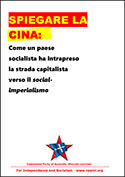 " property="og:description" />
" property="og:description" />
Explaining China: How a socialist country took the capitalist road to social-imperialism (Italian)
Written by: on
Print Version - new window Email article
Greetings to DFLP on its 55th anniversary
Written by: DFLP and CPA (M-L) on 21 February 2024
The Democratic Front for the Liberation of Palestine is one of the constituent bodies in the Palestinian resistance. Tomorrow marks the 55th anniversary of the founding of the DFLP. We received a message from them and have sent a reply. They are both below.
Dear comrades,
On the occasion of the 55th anniversary of the founding and launch of the Democratic Front for the Liberation of Palestine (DFLP) on February 22, 1969, and in light of the Israeli genocidal crimes committed against the Palestinian people that have continued for more than 75 years, the DFLP continues its struggle and resistance in order to end the Israeli occupation of its lands and establish the independent Palestinian state with Jerusalem as its capital, the return of refugees to their homes, and self-determination of the Palestinian people.
DFLP has sacrificed a large number of martyrs in the face of the Israeli occupation and its crimes against the Palestinian people, including members of the Central Committee and the Political Bureau, and it is still defending its Marxist-Leninist ideas in order to implement its political program.
Based on the extent of the real suffering and tragedy that the Palestinian people are experiencing in the Gaza Strip, DFLP will suspend its celebrations on the 55th anniversary of its launch, and activities will be limited to support the resistance and struggle of the Palestinian people.
……………..
Our reply reads:
On the occasion of the 55th anniversary of the founding of the Democratic Front for the Liberation of Palestine, the Communist Party of Australia (Marxist-Leninist) expresses its solidarity with, and support for, the heroic and long-suffering Palestinian people.
The Australian people have been shocked by the genocidal slaughter imposed on Gaza by the Zionist regime. In their hundreds of thousands they continue to rally and march for the right of Palestinians to exist peacefully in their homeland from the river to the sea.
The bloodlust of Netanyahu, and his determination to eliminate Palestinians from the last of their territory, will bring thousands more into the movement, including those Australian Jews who refuse to allow Netanyahu to speak in their names.
Comrades, your adherence to, and defence of, Marxism-Leninism in the context of the need to maintain the broadest united front against Zionist aggression, is an inspiration to Communists everywhere.
Long live the Palestinian resistance!
Smash Zionism and its imperialist backers!
For Marxism-Leninism, the ideology of successful revolutionary struggle!
The Central Committee
Communist Party of Australia (Marxist-Leninist)
Print Version - new window Email article
The Solomon Islands and the 'Look North' policy.
Written by: (Contributed) on 20 February 2024
Above - Sogavare and Xi Jinping establishing a comprehensive strategic partnership July 10, 2023. Photo China Daily
The Solomon Islands goes to the polls on 16 April with the present government of Prime Minister Manasseh Sogavare expected to retain power. The ruling Sogavare administration remains popular with Solomon Islanders although it has been demonised in recent years by right-wing defence and security hawks in Canberra, backed by the US. An assessment from the right-wing Lowy Institute, influential in the corridors of power in Canberra, therefore, has provided an interesting insight into the nature of Australia-Solomons Islands diplomacy.
With electioneering taking place in the Solomon Islands, the present government of Prime Minister Sogavare has announced its five key policy priorities if returned to office; the priorities are all linked to China and its active diplomatic involvement since the Solomon Islands switched to Beijing from Taipei in 2019. They include a national broadband project by Huawei, closer involvement with the Belt and Road Initiative, Chinese police training their Solomons' counterparts, with closer security co-operation with China together with strengthening existing relations with China. (1)
The new Look North policy of the government has also been strengthened with the formation of a ruling political organisation, the Ownership, Unity and Responsibility (OUR) Party.
Politics in the Solomon Islands, like much of the vast Pacific region, has traditionally been based on strongly localised leaders representing a multitude of different ethnic groups. The new OUR Party, however, is based at the national level and has over-ridden many of the ethnic problems which have plagued the Solomon Islands for decades, hindering economic development of one of the poorest countries in the region.
The problem was also exacerbated by diplomatic links between the Solomon Islands and Taiwan; Taiwanese aid programs were channelled through provincial government administrations, the outcome favouring some ethnic groups over others. The decision by the Sogavare government in 2019, to switch diplomatic links to China was regarded by many Solomon Islanders as a good move, although those ethnic groups which lost their aid provision on Malaita Island subsequently marched on the capital Honiara and attacked businesses regarded as owned or controlled by China. Direct involvement from Canberra for law enforcement was necessary to restore political stability.
The Solomon Islands, as part of the South Pacific sub-region, has always been regarded as an important addition to Australia's defence and security in conjunction with neighbouring Papua New Guinea and Vanuatu. It is, therefore, in keeping with the relationship for the arc from Australian military signals intelligence facilities in Queensland to swing through the capital cities of all three Melanesian countries. (2)
While the three countries have their own defence and security provision, established when they achieved independence, they have historically been over-ridden by Australia as the former colonial power. Australia retained the status of the Mother Country afte independence. The defence and security facilities, however, are also further over-ridden by the US, with its global intelligence system at Pine Gap, Central Australia. The US, nevertheless, has usually relied upon Australia for localised operations in line with Five Eyes provision; the 'alliance' always has been the dominant force in US-Australian diplomacy as part of the elite Five Eyes intelligence facilities.
From the early 1970s the US National Security Agency (NSA) together with the British GCHQ starting sharing intelligence work with other members of the Five Eyes. (3) It has now evolved into a highly sophisticated defence and security-based relationship. The origins, however, were not coincidental. In 1973 the US opened sensitive intelligence facilities on Diego Garcia in the Indian ocean which operated in conjunction with Pine Gap.
The opening of the US intelligence facilities included counterparts at Silvermine, near Cape Town, in South Africa, likewise, became operational at the same time. The stated range of the South African intelligence facilities reached from Argentina to Bangladesh, and from north Africa to the South Pole, providing defence and security provision for the South Atlantic and Indian Ocean regions. (4) The South African facilities maintained direct contact with both the US and UK, as dominant within the Five Eyes. (5)
As the present Cold War position taken by the US toward China has escalated, regional defence and security provision has become increasingly important for the Pentagon and its military planners. A quick study of the US regional military involvement has revealed endless obsession and preoccupation with the maintenance of traditional hegemonic positions in the face of increasing competition from China.
The US-led Indo-Pacific Strategy (IPS), for example, has included Japan being elevated into a global alliance with the US for regional operations, resting on the so-called 'quad' designed to hem in China on all sides. (6) The 'quad' is linked to lower-level partners. (7)
Elsewhere, the Pentagon has re-opened a multitude of military facilities across the vast Indo-Pacific region. (8) The US-led regional foreign policy has included re-using Island Chain Theory (ICT), largely discredited during the previous Cold War, and using it to host numerous missile networks. (9) The ICT is, at present, being upgraded to include the Indian Ocean. (10)
It is, therefore, hardly surprising to find the Sogavare administration has been increasingly demonised by right-wing defence and security hawks in Canberra eagerly pursing the US line; it cannot be trusted to follow their diplomatic positions. A recent assessment from the Lowy Institute, for example, included reference to 'the wide array of China-backed policies that will continue to cause Canberra unease if Mr Sogavare is returned after the April election, as is expected by many analysts … he fully intends to pursue closer ties with China'. (11) No recognition was provided in the assessment for Melanesian traditional diplomacy conducted along lines of the peoples of the sub-region being 'friends to all and enemies to none'. (12)
In conclusion, the diplomatic position of Canberra toward the Solomon Islands remains one based in neo-colonial attitudes based on wanton speculation.
At this stage, Australian and US fears that China plans to establish a military base in the Solomons appear unfounded, but China is pursuing its own imperialism – with Chinese characteristics – and must be watched if countries are to maintain their independence.
Every country needs an independent foreign policy!
1. Solomons PM vows: 'I'll look to China', Australian, 14 February 2024.
2. See: Peters Projection, World Map, Actual Size.
3. Spyworld, Mike Frost, (Canada, 1995), page 40.
4. 'Maritime Operational Communications HQ', The Star (South Africa), 10 March 1973; and, Security in the Mountain, The Star (South Africa), 17 March 1973.
5. Ibid.
6. The reasons behind Washington's push for GSOMIA., Hankyoreh, 12 November 2019.
7. Ibid.
8. US eyes return to south-east Asian bases, The Guardian Weekly (U.K.), 29 June 2012; and, The Guardian Weekly, (U.K.), 2 May 2014.
9. US to build anti-China missile network along first island chain, Nikkei Asia, 5 March 2021.
10. Wikipedia: Island Chain Theory.
11. Australian, op.cit., 14 February 2024.
12. Ibid.
Print Version - new window Email article
Workers’ power and closing the loopholes industrial laws
Written by: Ned K. on 18 February 2024
Above - the Perfection Press women, as part of their campaign, released a CD available here.
The federal Labor Government has succeeded in having its Closing the Loopholes industrial laws passed through both Houses of Parliament.
The new laws will find their way into the Fair Work Act and become operational over the next 6 to 12 months.
The new laws make some attempt to regulate working conditions for gig economy workers and owner drivers in the transport industry. They also provide a more detailed definition of casual employment which may assist some casuals to be recognised as permanent workers with at least minimum paid sick leave and annual leave.
David Peetz, a researcher well-respected by workers and their unions, recently wrote an article online in the Pearls and Irritations website about the recent changes.
Peetz's most astute observation about the "rough and tumble" in parliament by Dutton and his cronies about the new laws is that possibly the most important change of all the laws went through "under the radar", so to speak.
Peetz was referring to the changes to the Fair Work Act arising from the Closing the Loopholes Bills that for the first time since the early 1990s see the term Union Delegate and rights of Delegates included in the industrial relations Act of the day.
The Fair Work Act will now require the rights of Delegates in workplaces to be included in Awards and Enterprise Agreements.
Peetz has done very detailed research of the impact on workers’ collective strength in workplaces of the decline in Union Delegate numbers in Australia during the period from early 1990s to about 2015.
His research showed a direct correlation between decline in union membership in workplaces and the decline and/or complete absence of Union Delegates in workplaces.
His research also showed the relationship between strong Delegate networks and stronger industrial outcomes in wages and conditions, respect of workers by bosses and better job security and control of casualization of the workforces, even during the onslaught of Workchoices and the (Un)Fair Work Act years.
Peetz's research findings are backed up by two recent disputes that have been prominent in the media in the last few weeks.
The dispute between stevedore multinational DP World and the MUA and their members saw these maritime workers take industrial action in various forms over a number of weeks against DP world in order to win wage increases and better conditions.
Why were the MUA members able to maintain their struggle for a considerable period of time and win?
One important factor was that throughout all the attacks on the MUA since at least the 1930s, their members have maintained organization and elected Union Delegates across the whole maritime industry.
The second dispute that made headlines was the shocking and utterly disgraceful exploitation and sexual harassment of migrant women farm workers at the biggest tomato producer in Australia, Perfection Fresh.
Twelve courageous women farm workers with the strong support of their Union, United Workers Union, have taken Perfection Fresh to the Federal Court after being sexually harassed by labour hire male workers in positions of power over them.
One important reason these women workers have been able to take this action is because the hundreds of mainly migrant workers in their workplace at Virginia, north of Adelaide, have courageously organized themselves (supported by their Organizer) and elected their own leaders including Union Delegates. Without that level of collective Strength within the tomato glasshouses of Perfection Fresh, the twelve women's decision to take action would have been much more difficult.
As David Peetz correctly points out, even with the new laws giving formal recognition to the rights of Delegates in workplaces, it is up to union leaderships to ensure that workers are given full support and opportunity for development when they step up as Union Delegates in their workplace.
Workers will soon notice which Unions want to organize the unorganized and further develop the already organized.
If David Peetz's research is still valid today, when workers unite and organize, bosses will tremble.
Print Version - new window Email article
ADF in trouble as personnel leave in droves
Written by: (Contributed) on 12 February 2024
The ADF beset with recruitment and retention problems PHOTO: defenceconnect.com.au
Cold War US-led diplomatic hostilities and sabre-rattling continue to escalate across the Indo-Pacific region on the daily basis. An official statement from Duntroon has, therefore, proved particularly revealing when placed in the context of developments in the Western Pacific. While the statement was primarily concerned with training provision and serious shortages of personnel, it revealed the sense of urgency taking place within military planning circles inside the corridors of power, for Australia to be prepared for 'real-war scenarios' at the behest of the US in the next few years.
In early February the Royal Military Training College at Duntroon issued an official media release announcing the beginning of a two-year trial for army officer training provision whereby their standard 18-month courses would be shortened to 12-months. (1) While the stated reason for the shortening of the training provision was 'recruiting and retention problems', a sense of urgency would appear to have taken priority. (2) The present course structure of six separate modules has also been altered to enable students to take each stage separately and not in the usual sequence. The statement also quoted a Lieutenant General Stuart noting that 'officer cadets were keen to get out there and apply what they have learned'. (3)
During the next two years Duntroon will be providing training provision for between 500-600 military officers who, after graduation, will then form part of the command led by the Pentagon for largely regional defence and security provision and military operations.
Following the re-organisation of the elite US Defence Intelligence Agency (DIA) over a decade ago, the Pentagon now receives a regular stream of regional military assessments from various locations in the Indo-Pacific; the region has seen the US experience a serious challenge to traditional hegemonic positions with the rise of China and is regarded as a potential theatre of war. (4)
The US military assessments have already provided the Pentagon with what they regard as a serious problem.
Serious problems face US imperialism
Assessments of the Western Pacific region, for example, have revealed the US is no longer the dominant power. (5) The recent attempt by China to win over the government of Nauru for diplomatic recognition away from Taiwan has heightened tensions still further; it has been noted that 'Nauru could not have been unaware how the timing of its announcement would put the region again on the geo-political frontline'. (6)
Taiwanese diplomatic recognition elsewhere in the region is also under threat with serious concerns about Tuvalu and Palau, the last two countries in Micronesia which support Taipei. (7)
A major US concern is that China has been able to win support from Pacific island countries enabling them to gain access to their huge exclusive economic zones (EEZs); some of the EEZs are used by the US to host sensitive military and intelligence facilities. (8)
North of the Marshall Islands, for example, the small US territory of Wake Island together with the Japanese territory of Minami-Torishima both host highly sensitive facilities for US-led military facilities. (9)
Many of the small Pacific islands also mark sensitive areas of the US-led Island Chain Theory, used for demarcation of the region; they have already been used to host defence and security provision against China. (10)
ADF to recruit footsloggers and commanders from the Pacific
The changes to training procedures reflect government and ADF concern about the numbers of people leaving the ADF. The military recorded a separation rate of 11.2% in 2022/23, falling short of its retention targets. For several years, the right-wing ASPI and similar groups have called for a relaxation of ADF screening of recruits, believing too may are turned away.
In early January, then-acting Defence Minister Keogh announced the ADF was looking to island nations in the Pacific for recruits. At the same time, Pacific military leaders are being given command positions in the ADF. In a first for the ADF, Colonel Boniface Aruma from Papua New Guinea and Fiji's Colonel Penioni Naliva have been appointed deputy commanders of Australian Defence Force brigades. In Naliva’s case, the screening could not have been that thorough – Amnesty International wants him investigated for human rights abuses following the 2006 coup in Fiji.
What seems to have been more important to the government and the ADF is the way the appointments would be perceived: “…as strategic responses to China's increasing influence in the Pacific…This region is traditionally considered within the sphere of influence of Australia and the United States. The ripple effect of these appointments is expected to have vast geopolitical implications, altering the balance of power in the Pacific region.”
Black Hawks darken our skies…
What is also particularly significant about the recent statement issued by Duntroon is their emphasis upon helicopters, in fact about half of the statement was focussed upon the US providing Australia with Black Hawk utility helicopters following the phasing out of existing Taipans together with provision of a Black Hawk training simulator. (See our recent comment Heads must roll to clear Defence of US loyalists).
It was noted Australia will eventually be acquiring forty Black Hawks together with a further 29 AH-64E combat helicopters. (11)
Helicopters have traditionally been associated with rapid deployment in and out of difficult terrain. Small and remote landmasses are, no doubt, already in mind!
The new helicopters have been accompanied by upgrades to sensitive military facilities in Queensland, facing the western Pacific.
The time-line from defence and security provision into likely military operations, therefore, would appear to be shortening:
We need an independent foreign policy!
1. Army officers on fast track to command, Australian, 7 February 2024.
2.. Ibid.
3. Ibid.
4. Pentagon plays the spy game, The Guardian Weekly (U.K.), 7 December 2012.
5. See: Study – US no longer dominant power in the Pacific, Paul D. Shinkman, Information Clearing House, 22 August 2019.
6. Island recruits a win-win solution for ADF shortfall, Australian, 18 January 2024.
7. Pact with Tuvalu in the balance, Editorial, Australian, 30 January 2024; and,
Tuvalu security pact in jeopardy, Australian, 29 January 2024.
8. See: US v. China, Japan Forward, Politics and Security, Dr. Rieko Hayakawa and Jennifer L. Anson, 14 February 2020.
9. Ibid.
10. See: US to build anti-China missile network along first island chain, Nikkei, 5 March 2021; and, US Indo-Pacific Command proposes new missile capabilities to deter China, RFA., 5 March 2021.
11. Australian, op.cit., 7 February 2024.
Print Version - new window Email article
Current trends in Australian agriculture
Written by: Duncan B. on 10 February 2024
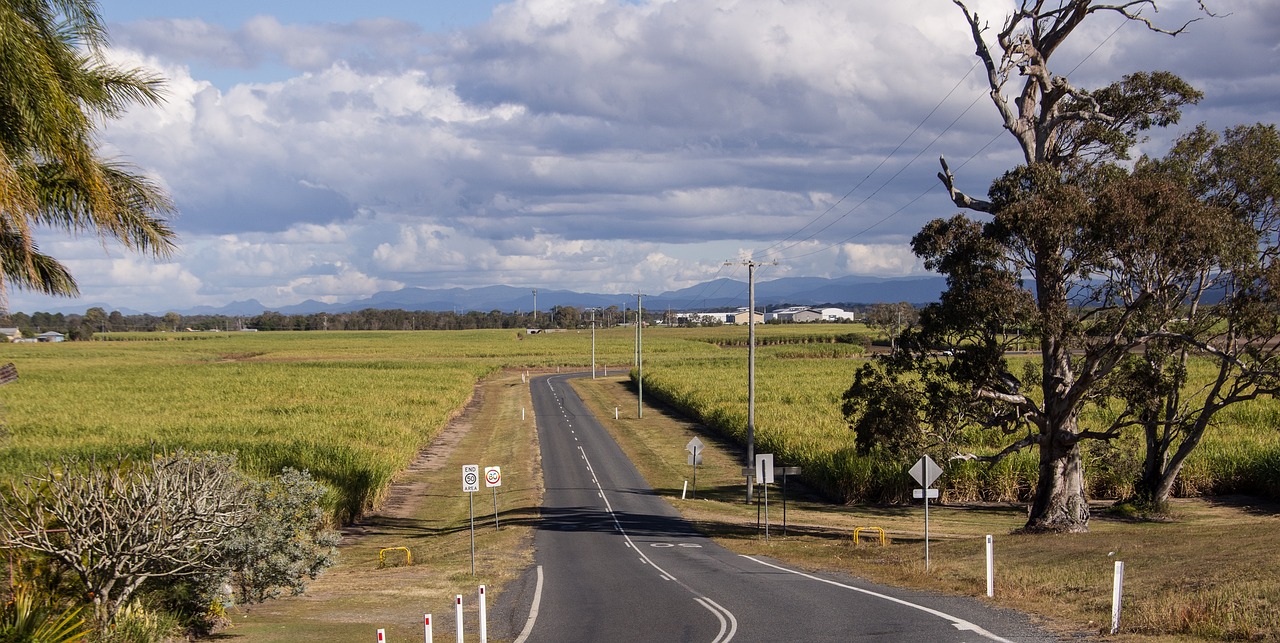 Australian agriculture in 2024 sees the continuation of the trends we have regularly reported on in previous years. Foreign-owned companies continue to buy up big, with more Australian farms and agribusinesses entering foreign hands.
Australian agriculture in 2024 sees the continuation of the trends we have regularly reported on in previous years. Foreign-owned companies continue to buy up big, with more Australian farms and agribusinesses entering foreign hands.
Canadian and US pension funds, particularly the Canadian fund PSP continue to make big purchases of agribusinesses and farmland for cropping, grazing, wine production, nuts and horticulture. Properties with water rights are especially sought after.
Other foreign buyers are active as well. For example, Australia’s largest fruit and vegetable wholesaler Costa Group will be taken over by a consortium comprising US equity firm Paine Schwartz and other partners in a $1.5 billion deal. French agribusiness giant Louis Dreyfus has bought Namoi Cotton Limited in a $104 million takeover.
Interestingly, according to the latest Foreign Investment Review Board figures, the amount of Australian farm land controlled by overseas interests has declined slightly, down from 53 million hectares, (14.1%), to 47.7 million hectares, (12.3%.)
Chinese investors control 2% of Australian farm land, (7.8 million hectares), although only 750,000 hectares of this is freehold land, the remainder being leasehold land.
There have been some recent purchases of Australian cotton, wine and wool properties by Chinese companies, apparently seeking security of supply of these commodities. There have also been a lot of sell-offs by Chinese investors. This is due to them seeking investments in Africa and South America. No doubt the hostile atmosphere towards China by the Liberal Government was also a factor in the sell-offs.
We are seeing the emergence of a comprador class in Australian agriculture, with Australian individuals and companies entering into partnerships with foreign buyers of Australian farms and agribusinesses. Mao Zedong defined compradors as “a class which directly serves the capitalists of the imperialist countries and is nurtured by them.” (Analysis of the Classes in Chinese Society)
Australian collaborators with overseas companies include Lawson Grain which is backed by the Canadian Alberta Investment Management Corporation. Recently Lawson has been making multimillion dollar purchases of cropping and grazing farms in various areas.
There are many others serving foreign masters. PSP also regularly seeks out Australian farm operators as partners in their conquest of Australian agriculture. They look for top-tier farm owner operators, preferably families already running successful businesses, but who lack the capital to expand their operations. The owners of these companies have become keen advocates for foreign investment in Australia.
All of this puts further pressure on the small and medium farmers who struggle to survive against floods, cyclones, droughts and ever-increasing costs of fuel fertiliser, electricity, insurance and all their other inputs.
Print Version - new window Email article
Heads must roll to clear Defence of US loyalists
Written by: Nick G. on 9 February 2024
Senior figures within the Australian Department of Defence are agents of influence for US imperialism and must be removed if we are ever to have the capacity for independent decision-making in matters of foreign policy.
Print Version - new window Email article
Iran, Iraq and the isolation of US imperialism in the Middle East
Written by: (Contributed) on 7 February 2024
Above - Iraqis call for removal of US troops in 2020 following US assassination of Iranian military leader Qassem Soleimani
Image: Thaier Al-Sudani/REUTERS
High-level diplomatic talks between the Iraqi and US governments about a US military withdrawal from the country reveal the changing balance of forces across the region has had its effect upon the ruling presidential administration of Abdul Latif Rashid in Baghdad. US policy against the Iranian Revolution in 1979 and since has rebounded; the Middle East has responded, effectively challenging traditional hegemonic positions, and pushing Iran into a regional leadership position. Despite huge financial budgets for their military incursions into the Middle East, the US have not achieved either their initial objectives or any realistic lasting presence in the region.
When the masses in Iran rose up in 1979 and ousted the Shah and established and Islamic Government under Ayatollah Ruhollah Khomeini, the US lost one of its most loyal allies in the Middle East. The Shah was a US puppet - he 'remained the lynchpin of America's anti-Soviet efforts in the Middle East'. (1) In fact, he had been installed 'with the assistance of the CIA and Britain's SIS in 1953 in a coup organised against the left-leaning government of Dr. Mohammad Mossadeq'. (2) The motive left little to the imagination; US interests were the order of the day. It was noted that 'the catalyst for this action was Mossadeq's imminent nationalisation of western interests in Iran's oil industry … the … CIA subsequently provided organisational and training assistance for the establishment of an intelligence organisation for the Shah … and was placed … under the guidance of US and Israeli intelligence officers in 1957'. (3)
Five decades later the US has been left with the legacy of their interference in Iranian affairs; while creating a Cold War diplomatic position toward the Islamic Republic in 1979, the US has not achieved its objectives. In fact, they have proved counter-productive.
It has given rise to three significant developments:
Firstly, a changing strategic relationship between Iran and its Arab neighbours, linked to the uncertainty about the future of the US role in the region. (4) Iran's initial relationship with its closest neighbours, for example, was strained; while the country was regarded as the centre of Islam, Iranian involvement with US interests was problematic. Slowly, however, the US Cold War position pushed Iran into a leadership role against US interests across the region.
The establishment of a Revolutionary Guard in Iran under a decree issued by Khomeini on 5 May 1979 with 'the ultimate responsibility of guarding the revolution itself', saw Iranian operatives form links with like-minded groups and organisations. (5) Its tentacles now spread across the wider region and into a multitude of armed and opposition groups.
It is, therefore, not surprising to observe Hamas in Gaza, establishing links with Iran. While differences exist between different strands of Islam, the common goal of ridding the region of US interests can be regarded as a binding force.
Secondly, Iran's growing capabilities for asymmetric warfare can be regarded as a serious challenge for US interests. (6) While maintaining a large standing army of regular forces, Iran has also forces trained in unconventional warfare: guerilla tactics, insurgency, rebellion, terrorism. Their influence has grown with the changing balance of forces following the failure of western backing of anti-Assad groups in Syria and the growing influence of Russia, Syria and Turkey, across the Middle East; US backing for anti-government forces and the so-called Arab Spring, was a serious mistake. It has rebounded upon Washington and the Pentagon; their initial intelligence assessments were clearly flawed.
Finally, Iran's success in creating more effective air-defence systems including drones, can be regarded as a serious challenge to US-led military hegemony across the wider region. (7)
The recent attack of a US military facility in Jordan and high-level diplomatic talks between Baghdad and Washington have to be assessed in that context.
The attack, by the Islamic Resistance in Iraq, on a secret US Tower 22 military facility in Jordan, close to the borders with Iraq and Syria, took the US by complete surprise. The pro-Iranian militia used a drone to attack residential quarters, killing three service personnel and injuring many others. (8) It was part of a program which has included at least 165 similar attacks on US interests across the region since last October, with serious implications. (9) A pro-Israeli intelligence source, for example, has noted that as 'the war in Gaza heads into its fifth month … it has brought … the region to the brink of full-blown conflict'. (10)
The Iraqi Prime Minister, Mohamed Shia al-Sudani’s call for a withdrawal of US troops from the country has also led to high-level diplomatic talks; Deputy Pentagon press secretary Sabrina Singh recently issued a statement noting 'the US footprint in Iraq will certainly be part of the conversations as it goes forward, indicating that Baghdad's desire for a reduction in these forces was on the table'. (11) A statement from Baghdad, however, revealed that the Iraqi government was attempting to 'ease pressure … from … militia groups to oust US forces'. (12) There is no wish to prolong the US presence.
The US, at present, has 2,500 military personnel in Iraq together with 900 based in Syria, and a further 900 deployed elsewhere. (13) Their longer term future is questionable. It is unlikely they will have a lasting presence, as the balance of forces continues to slowly swing away from previous US hegemonic positions. A recent statement issued by Hamas, for example, noted 'the continuation of the American-Zionist aggression on Gaza risks a regional explosion'. (14)
It should be noted, furthermore, that during the 2001 to 2019 period, the US Department of Defence has estimated regional operations had been costed at between $2,002.4 to $2,106.2 billion. (15) There has been comparatively little gained for the massive financial costs, and the position of the US, in general, would now appear precarious.
1. US foreign policy and the Iranian Revolution, Christian Emery, (London, 2012), page 2; see also, Project Dark Gene / Project Ibex, www.spyflight.co.uk / dark gene.htm; and, Iran / RSA, Le Monde Diplomatique, December, 1976; and, Project Dark Gene and Project Ibex, Tom Cooper and Art Kremzel, www.acig.org
2. Espionage, Spies and Secrets, Richard M. Bennett, (London, 2002), pp. 142-46.
3. Ibid.
4. Iran and the changing military balance in the Gulf, CSIS., 20 March 2020.
5. Ibid.
6. Ibid.
7. Ibid.
8. Three US troops killed and 34 hurt, The Sun, 28 January 2024.
9. Drone mix-up blamed for deaths, Australian, 31 January 2024.
10. US pushes for deal to end war, Australian, 2 February 2024.
11. America, Iraq to hold talks on troops, The Weekend Australian, 27-28 January 2024.
12. Militia to suspend attacks on US, Australian, 1 February 2024.
13. Australian, op.cit., 31 January 2024.
14. President vows revenge for dead troops, Australian, 30 January 2024.
15. CSIS., op.cit., 20 March 2020.
Print Version - new window Email article
Hobsons Bay community rally for Palestine
Written by: Shirley Winton on 7 February 2024
On Friday 2 February, 200 residents of Hobsons Bay community, western suburbs of Melbourne/Naarm, gathered outside the electorate office of our local member and Deputy Foreign Affairs Minister, Tim Watts.
The rally, organised by Hobsons Bay Community 4 Palestine demanded Tim Watts and the Labor government stop supporting the genocide in Gaza, called for immediate and lasting ceasefire, and for the immediate resumption of the desperately needed humanitarian aid to UNRWA. Speakers included Palestinians and First Nations People.
Many passing cars honked in support of the rally with drivers shouting solidarity messages and waving.
At the end of the speeches the 200 protestors spilled on to the busy Melbourne Road in a short march to “unveil” a newly painted mural (below) on a large wall near Tim Watts' electorate office, and next to the busy Newport Railway station. After unveiling the mural, the organisers treated the protestors to numerous large slices of watermelon, symbolising the banned Palestinian flag and the determination of the Palestinian people’s struggle for justice and self-determination.
The rally called on the local Hobsons Bay Council to pass a community resolution condemning the genocide in Gaza and Australia's complicity, and supporting the Palestinian people."
Print Version - new window Email article
Barngarla join fight to reposition Pt. Lincoln desal plant
Written by: Nick G. on 2 February 2024
Above - a 2021 rally in Pt Lincoln against the desal plant Photo by ABC Eyre Peninsula: Jodie Hamilton
The Barngarla Determination Aboriginal Corporation, which led the successful fight to block the proposed nuclear waste dump at Kimba on Eyre Peninsula, has joined Pt. Lincoln aquaculture companies to oppose a $313 million 3.5 gigalitre desalination plant at Billy Light’s Point about 1km across the water from the local marina.
Oceanographer Professor Jochen Kaempf and Dr Paul McShane, a highly experienced marine biologist, have criticised the selection of Billy Light’s Point because its waters are part of Boston Bay, which has poor flushing characteristics within the bay and poor water circulation.
Desalination plants remove salt from seawater to produce freshwater. In doing so, they produce hyper-saline effluent (at least twice the concentration of normal seawater) which is discharged into coastal waters. Because of the potentially harmful effects of their effluent, desalination plants are recommended to be situated on high energy coastlines where wave action and ocean currents can disperse effluent to harmless levels.
In fact, SA Water first identified three sites in the Sleaford Bay, 25km south of Pt Lincoln as an area for a desalination plant for Eyre Peninsula in 2009. Sleaford Bay is on the southern side of the Lincoln National Park and faces the deep open waters of the Great Australian Bight, whereas Billy Light’s Point is on the northern side of the Park, and sheltered by it from the currents of the open coastline.
Aquaculture in Boston Bay includes the growing of mussels and industry leaders say their industry would be threatened by a desal plant’s hypersaline discharges. Five local councils around Pt. Lincoln oppose Billy Light’s Point as the site for the desal plant.
When a Billy Light’s Point site was announced it sparked community protest in November 2021 with a rally of about 350 people and a flotilla of fishing vessels under the banner Hands Off Boston Bay
The Barngala people regard the Billy Light’s Point waters as a site of cultural and heritage significance.
Barngarla Determination Aboriginal Corporation deputy chairman Jason Bilney said Billy Light’s Point had some of the last pre-colonial fish traps in the Port Lincoln area and echoed community concerns about environmental damage to the lucrative aquaculture industry. The Barngarla were ignored when the marina was developed and lost heritage fish traps to the development.
The South Australian government, which is currently calling for nominations from SA First Peoples for elections to the Voice to the SA Parliament, faces a real test of its commitment to listen to First Peoples.
It can either listen to the Barngarla and relocate the desal plant to Sleaford Bay, or it can follow the dictates of capitalism’s destructive war on nature.
The indications so far are that the economics of the capitalist path represent the government’s preferred option.
Climate, Environment and Water Minister Susan Close, deputy premier and a leader of the so-called “Left” faction of the ALP in SA, has said that the Sleaford West site would cost $150 million more than the Billy Lights Point proposition.
"Billy Light’s is the one that stacks up. It stacks up because it is the cheapest," Dr Close said.
Eyre Peninsula needs a desal plant. Its 35,000 customers currently use the local Uley Basin water supply, but require a further 1.7 gigalitres pumped annually all the way from the Murray River.
Surely the cost of a 25km pipeline from Sleaford Bay is worth saving the aquaculture industry of Boston Bay and the Barngarla’s heritage fish trap sites.
Print Version - new window Email article
Nauru’s diplomatic switch to China is a setback for US imperialism
Written by: (Contributed) on 30 January 2024
Above; Chinese Embassy opening, Nauru, January 2024 Photo Xinhua
A brief, short diplomatic statement from the government of Nauru, that it had decided to switch diplomatic allegiance from Taiwan to China, was largely overlooked by western media outlets. It was not expected and obscured by the Taiwanese general elections only two days earlier. The timing of the diplomatic switch together with the terse nature of the statement, however, would tend to reveal a major diplomatic stand-off has taken place; it has, furthermore, been a major setback for US-led regional foreign policy.
On 13 January the people of Taiwan returned a Democratic Progressive Party (DPP) government for a third term of office with president-elect Lai Ching-te. It is, however, a minority government with 51 MPs as opposed to the Kuomingtang (KMT) with 52 seats. The small Taiwan Peoples Party (TPP) had eight MPs elected, ensuring that it holds the balance of power. The election results, nevertheless, were given high-profile through US-led media outlets, stressing the 'democratic' nature of Taiwan's political system.
Quite unexpectedly, only two days later, the government of Nauru announced it was switching diplomatic allegiance immediately from Taiwan to China. The diplomatic statement included that Nauru would 'no longer recognise Taiwan as a separate country but rather as an inalienable part of China's territory …. and ... Nauru said it would sever diplomatic relations with Taiwan immediately and no longer develop any official relations or official exchanges with Taiwan'. (1)
No official explanation was provided about the diplomatic switch although a statement from Taiwanese deputy foreign minister, Tien Chung-kwang, said 'the government was ending diplomatic relations with Nauru to safeguard our national dignity'. (2) It was accompanied with an official statement from the Biden administration in the White House, that 'criticised the micro-state's distorted rationale'. (3)
Political intrigue inside the corridors of power in Nauru would appear to have taken place in secret. Following the elections in Taiwan on Saturday, Nauru was the first country to congratulate Taipei on the success of the elections the following day, while on Monday morning the diplomatic switch took place! (4) The timing was also particularly embarrassing for the Biden administration which had sent a senior US delegation to Taipei including former national security adviser Stephen Hadley, to assist president-elect Lai for what has been regarded as a 'tense five-month period before his inauguration'. (5)
The US is quite clearly concerned about Taiwan: last October, for example, Nauru president Russ Joseph Kun was given what was regarded as a hero’s welcome in high-level diplomacy with Taiwan; on returning home he was ousted with a no-confidence vote led by David Adeang who was responsible for the sudden announcement about the diplomatic switch to China. (6)
The diplomatic switch has been a further addition to the failed DPP New Southbound foreign policy which is now left in tatters; attempts to foster stronger diplomatic ties across the Indo-Pacific region have seriously backfired. Nauru is the tenth country which has cut diplomatic ties with Taiwan since the DPP took office in 2016, with President Tsai Ing-wen. Taiwan now only has official diplomatic links with twelve countries, none of which are major players in global diplomacy. A recent statement from a former senior Taiwanese foreign ministry figure, likewise, has also caused concern by suggesting 'another one or two of Taiwan's allies … could … be poached by China in coming months'. (7) More to come?
While it is difficult to generalise about China's ability to marginalise Taiwanese diplomacy research conducted by AidData, based at the William and Mary University in the US, has established Chinese diplomacy remains strongly based in economic and financial criteria; Beijing is not reluctant to offer developing countries meaningful aid packages in return for mutually beneficial diplomatic ties. China's aid packages in the Pacific region have been particularly generous over the past two decades. (8)
It has been strongly speculated that Nauru's diplomatic switch away from Taiwan to China was caused by the Australian government winding down aid packages for its off-shore asylum-seeker facilities on the islands causing a shortfall with their budget. (9)
While Taiwanese officials have been invited to regional dialogues and forums, China has effectively forced them out, emphasising the One China policy. (10) Taiwan, nevertheless, maintains 112 representative missions in over seventy countries; in less than sixty years it has been transformed from a rural backwater to a highly developed economy and part of global supply chains for semi-conductors. (11) Its diplomatic future now, however, is beginning to look increasingly vulnerable and precarious, with dwindling diplomatic recognition.
The developments have been particularly problematic for the US; it is not difficult to track US-led regional miitary and security concerns and their inability to maintain traditional hegemonic positions in the face of competition from a strongly assertive China. The Nauru diplomatic switch is all the more acute for the US due to local politician, Barron Waqa, soon to become the next secretary-general of the highly influential Pacific Islands Forum. China, potentially, will be able to use its newly established diplomatic links with Nauru to present a favourable image to a wider regional audience. (12)
Taiwan is a component part of the US-led Indo-Pacific Strategy and its diplomatic links are also used for intelligence-gathering. The increasing diplomatic isolation of Taiwan, therefore, rebounds strongly inside the Pentagon and also the 'Quad', used to contain and encircle China. (13) Countries switching diplomatic allegiance from Taiwan to China are regarded as problematic: Nauru, for example, has a relatively central position in the Pacific, the arc to US military facilities based in Guam also swings through sensitive Australian military signals facilities based in Queensland. (14)
Secondly, Taiwan is the vital component part at the head of US-led Island Chain Theory (above); small Pacific countries, such as Nauru, have huge strategic significance for access and egress across the wider region.
Demands, from inside the ruling DPP presidential administration for eventual full independence, have a huge significance for the US and its allies, including Australia!
1. Nauru switches diplomatic ties from Taipei to Beijing, Australian, 16 January 2024.
2. Ibid.
3. US says Nauru switching ties from Taiwan to China 'disappointing', The New India Express, 16 January 2024.
4. China advances into Indo-Pacific, Editorial, Australian, 17 January 2024.
5. Beijing warns of 'harsh punishment', Australian, 16 January 2024.
6. Editorial, Australian, op.cit., 17 January 2024.
7. Beijing 'buying up' allies in Pacific, The Weekend Australian, 20-21 January 2024.
8. China's billions make new allies, Australian, 8 November 2023.
9. Editorial, Australian, op.cit., 17 January 2024.
10. See: Beijing keeps a wary eye on new US Taipei outpost, Australian, 18 June 2018.
11. See: Democratic Taiwan proud to stand with regional partners, Editorial, Australian, 15 January 2024.
12. Nauru gave Australia advanced warning of decision, SBS., 16 January 2024.
13. See: The reasons behind Washington's push for GSOMIA., Hankyoreh, 12 November 2019.
14. See: Peters Projection, World Map, Actual Size.
Print Version - new window Email article
Book Review: THE NEW CHINA PLAYBOOK
Written by: Duncan B. on 30 January 2024
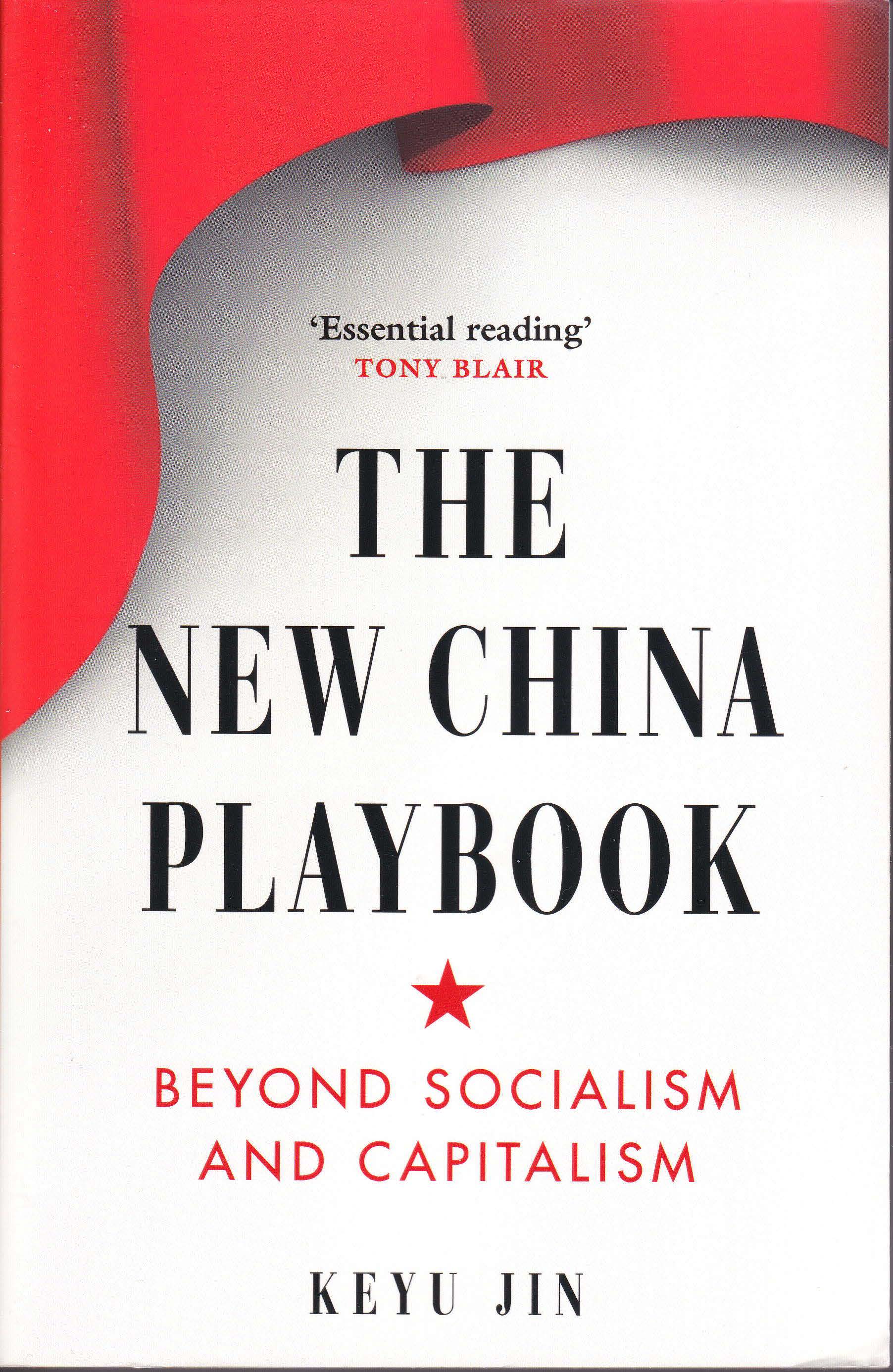 Nearly every day there are articles in the newspapers about China’s economy. These are some recent examples from the Melbourne Age.
Nearly every day there are articles in the newspapers about China’s economy. These are some recent examples from the Melbourne Age.
Fading giant: Why China is facing a difficult future. (Nov 9); Weakened China badly needs a truce with the West (Nov 10); China’s tech billionaires bleed as Biden inflicts pain (Nov 22); China’s green surge could be watershed for the world (Nov 23); China’s financial cancer spreads and sounds alarm bells (Nov 28); Stay of execution for Chinese property giant (Dec 6); China put on notice as it tries to repair its economic mess (Dec 7); The Chinese tians making a killing, but far from home (Dec 20); Beijing shifts gears to avoid fate that trapped Japan (Jan 16); China hits it growth target, but no one’s impressed with data (Jan 19); Red Sea crisis is a serious risk to Beijing’s economic interests (Jan 20); China’s $9 trillion problem won’t be solved by quick fix (Jan25); Warning for investors over China’s market woes (Jan 27).
How do we work through this overload of sometimes contradictory information about China?
The New China Playbook by Keyu Jin may help. The author is an associate professor of economics at the London School of Economics and Political Science. She was born in China and educated in China and abroad.
Keyu Jin was born in 1982, making her a member of the first generation of Chinese born in the era of Deng Xiao Ping’s economic reforms which started in 1978. She writes, (p23), “I was born into this era of China’s modern economic transformation and experienced its life-changing effects firsthand.”
On page 283 she writes, “The miracle of China over the past four decades is not the nation’s record-breaking span of dizzying GDP growth, but the unimaginable transformation that has taken place for hundreds of millions of Chinese and their children within a single lifetime. This was true for my family and for most families we knew.”
In The New China Playbook Keyu Jin traces the development of China’s economy and the transformation of Chinese society from 1978 when Deng Xiao Ping’s reforms started, to the present day. There have been many negative features accompanying this transformation such as environmental degradation and pollution, massive waste of resources, extremes of income differences, property speculation and corruption. (Of course these were a feature of the development of capitalism in England and the USA in the nineteenth century.)
On the positive side there has been a large growth in GDP, the considerable improvements in the Chinese peoples’ lives as described by the author and the incredible growth in technology in China. Keyu Jin is a supporter of the current state of affairs in China, to the point of being coming across as an apologist for the Chinese government and its policies.
While The New China Playbook is useful to help us understand what is happening in China, as Marxist-Leninists, we must be aware of our Party’s position on China. In 1978, Deng Xiao Ping steered China onto the capitalist road, ultimately leading to the imperialist power that we know today.
The CPA (M-L) position on China is explained in the booklet Explaining China. How a Socialist Country Took the Capitalist Road to Social-Imperialism, and other publications such as the Australian Communist.
Print Version - new window Email article
Reverse the decision to suspend funding to UNWRA
Written by: Democratic Front for the Liberation of Palestine on 28 January 2024
The anti-Palestinian Australian government has acted speedily to suspend promised allocations of recently announced funding to the United Nations Relief and Works for Palestinian Refugees (UNRWA).
This was announced by Foreign Minister Penny Wong immediately following allegations by Israel that some UNRWA staff members had participated in the October 7 Hamas actions.
UNRWA has suspended those against whom the allegations have been made. Their involvement has not been proven, and UNWRA is investigating the Israeli claims.
It is significant that Israel’s claims have been made straight after the International Court of Justice decided to proceed with South Africa’s case accusing Israel of genocide. The ICJ accepted that there was a case to answer and issued provisional rulings ordering that Israel take all measures to prevent genocide in Gaza, prevent and punish direct incitement to genocide in Gaza, and allow humanitarian aid into Gaza. Israel is not only continuing with its genocidal war – it has now manufactured the cessation of humanitarian aid.
Even if the actions on October 7 of a handful of the courageous and selfless UNWRA workers are proven, it is entirely wrong for the whole organisation, and the millions of desperate Palestinians who are dependent upon it for food and other supplies, to be punished by the withholding of funds.
Below, we publish a statement from the Democratic Front for the Liberation of Palestine (DFLP).
We fully support its call for governments that are punishing UNWRA at the behest of the genocidal Zionist regime to restore funding to UNWRA as a matter of urgency – Eds.
………………………
A message from the “Foreign affairs Department at DFLP” to the world’s parties and societal frameworks: A new Israeli lie followed by Imperialist countries... and the victim this time is the UN Relief and Palestinian Refugees Agency.
Once again, it is confirmed that the Israeli plan goes beyond the aggression on the Gaza Strip to affect all aspects of the Palestinian issue, in an attempt by Israel to benefit as much as possible from the support provided by the Western coalition to it, and this time the goal is the Relief Agency and millions of Palestinian refugees.
If the Israeli aggression against the Gaza Strip was based on the lie of killing children, burning civilians, and beheading, then some Western countries followed it and built on it their political positions and practices towards the Palestinian people, even though the White House confirmed that it has no tangible evidence to confirm the allegations of killing and burning, and that what the American President spoke about this matter was inspired by a phone call with “Stinky Yahoo” and from Israeli reports that were proven to be incorrect even by the Israeli police, who were unable to prove a single piece of information from the dozens of lies spread by Zionist propaganda in the first days of the aggression.
A new Israeli-American project directly targets Palestinian refugees and their right to return, after Israel announced that 12 employees working for the relief agency in the Gaza Strip participated in the October 7 operation, which resulted in a number of Western countries announcing that they would cut their financial contributions to the agency. United Nations Relief and Works for Palestine Refugees (UNRWA), which is considered the primary source in providing educational, health and relief services to millions of refugees who are spread in: Gaza Strip, West Bank, Jordan, Lebanon and Syria.
As a result, Israel quickly picked up on these positions and announced publicly and explicitly: that the UNRWA will not be part of the day after the Gaza Strip, which confirms that there is a real plan being worked on between a group of countries that targets the UNRWA and its future under the pretext of the participation of some of its employees in the October 7 operation.
Although the Commissioner-General of UNRWA announced the dismissal of a number of employees pending the results of the investigation, which is a surprising and unacceptable measure, a number of Western countries (the United States, Britain, Australia, Canada, Finland, and Italy) anticipated the results of the investigation and suddenly announced the cessation of financial support for UNRWA, under Israeli pressure. Which accuses the UNRWA of corruption and subjugation, despite the United Nations confirming that it conducted a number of investigations, all of which confirmed the UNRWA’s commitment to the values and principles of the United Nations, and therefore the Israeli allegations are incorrect.
We in the “Foreign affairs Department of the Democratic Front for the Liberation of Palestine” cannot understand the Western positions regarding the UNRWA except that it is a cheap blackmail tool that some countries have resorted to in the context of continuing the war they are waging against the Palestinian people, and these are measures that can only be explained as a war of starvation. Collectively against millions of refugees in the context of exploiting the current conditions to eliminate the refugee issue and the right of return by targeting the UNRWA, as it is one of the basic foundations on which the right of return is based.
We call on the parties of the world, especially in the countries concerned that support the Israeli aggression, to raise their voices in rejection of these measures that directly respond to the positions adopted by the Israeli government, which has been inciting for years against the UNRWA and its services, and we affirm that new attempts to target UNRWA on the financial level will be doomed to failure given Because the reasons relied upon are false and misleading and lack accuracy and objectivity in all their details.
While we hold the concerned countries responsible for the repercussions of their positions and policies towards the Palestinian refugees who will defend their right to education, health and a decent life free from oppression and aggression. we reaffirm our right to return to our homes and properties from which we were displaced in 1948 by the force of murder and terrorism committed by Zionist terrorist groups with direct support from The British Mandate, which abused the trust of its mandate over Palestine and colluded with the Zionist movement in implementing its historical project of occupying Palestine and displacing its people.
Print Version - new window Email article
Locally, and internationally, support for Palestine continues
Written by: Rete dei Comunisti (Italy) on 27 January 2024
(Invasion Day 2024 Photo Twitter/X)
At yesterday’s (January 26) Invasion Day rallies, many tens of thousands of Australians marched to demand that the date of Australia Day be changed so that it no longer commemorates the violent seizure of the lands of Australian First Peoples by British colonialism.
At these rallies, it was not uncommon to see Palestinian Australians carrying the Palestinian flag in support of the Australian First Peoples’ struggles, nor to hear First Peoples expressing their solidarity with Palestine.
Both peoples have experienced and are experiencing colonial settler racism and know what each other is going through.
We reprint below a statement from Italy where the fascist government has tried to prevent pro-Palestine demonstrations today (January 27) which, in Italy, is observed as a remembrance day for the Nazi Holocaust of World War 2.
The statement reminds us that reaction everywhere opposes the progressive demands of the people.
The movement against Zionist genocide is world-wide and cannot be suppressed – Eds.
...............
Against the submission of the Italian government to the state of Israel
For the continuity of the internationalist political initiative
A Public Security notice sent to the Questors on the territory orders the postponement of demonstrations in solidarity with Palestine for this weekend.
“As is well known, 27th January is the Remembrance Day, on the occasion of which initiatives, ceremonies and meetings will be held, in observance of Article 2 of the Law of 20 July 2000, No. 211, in memory of the victims of the Holocaust and of those who, at the risk of their lives, opposed the project of persecution and extermination. For the same date”, underlines the circular, “in some provinces, initiatives in favour of the Palestinian cause have been announced in connection with the ongoing conflict in the Middle East, and it is likely that further events with similar aims may be organised on the national territory for the same day”.
The demonstrations referred to in the circular are those that have been held for months all over the world to condemn the Israeli retaliation and collective punishment after the October 7th Operation Deluge of Al Aqsa, and to promote the ceasefire that would bring an end to the Palestinian genocide by Israel.
These mobilisations, initiatives, and direct actions in some countries, including the United States, see the prominence of an important part of the Jewish community.
An important part of world public opinion, starting with that of countries whose governments are accomplices of Israel in the massacre being perpetrated in Gaza and the West Bank, continues to speak out, flanked by a number of states that have supported the South African government’s political-legal action at the International Court of Justice in The Hague to prevent what South African lawyers rightly judge to be – both from the point of view of the subjective will of the Israeli political-military establishment and the incontrovertible objective data – a veritable genocide.
This would theoretically nail the UN international community to prevent this from happening by taking a whole range of appropriate measures from arms embargoes to sanctions to diplomatic isolation.
The popular mobilisations, which are accompanied by an effective worldwide boycott campaign against Israel, in fact take up the ‘spirit’ of those political campaigns that contributed to the fall of apartheid in South Africa, isolating at the time the segregationist regime in Pretoria that was then only supported by Israel and Taiwan.
In this context, under a pretext – apparently at the input of the Jewish communities of Milan and Rome, but clearly on the diktat of Tel Aviv – they want to prevent it from taking place on the very day on which the 17 judges of the United Nations International Court of Justice in The Hague ruled on the transitional measures with respect to the genocide being perpetrated.
The Court rejected the Israeli, and strongly supported by the United States, request to dismiss the case, and although it will take years for a legal judgement on Israel’s actions, the right of the Palestinians to be protected from acts of genocide was recognised.
The court also ruled that Israel must return in a month to report on what it is doing to uphold the order to take all measures within its power to prevent acts of genocide in Gaza, a ruling that creates international legal obligations for Israel.
Returning to the directive of the Ministry of the Interior, this one, with a mix of creativity and bureaucratic nit-picking states, with respect to the mobilisations: “if carried out in conjunction with the aforementioned anniversary, they could assume connotations detrimental, under the formal organisational and content aspect, to the national value that the Italian Republic has attributed with the aforementioned law to the commemorative spirit of the racial laws (...)”.
The circular ends by saying that ‘in the current international conflictual context, the rise of tensions with the consequent risk of negative effects on the maintenance of public and social order’.
So while our country’s involvement in the trend towards war on various fronts - with this week’s vote in Parliament on arms supplies to the Kiev regime and its announced participation in the EU’s Aspide military mission in the Red Sea against the Houthi rebels -, it wants to criminalise dissent to governmental political choices in advance, starting with mobilisations that highlight its complicity with the genocide being perpetrated against the Palestinians, with a very dangerous precedent being set by centre-left local administrations such as in Milan or Rome.
Because this is genocide, just like the various ‘holocausts’ that took place in the golden age of colonialism, starting with the European one against the Amerindian peoples, the one perpetrated by the young Turkish state against the Armenians, and the one perpetrated by the Nazi-fascists (and their allies) against the Jewish people as well.
Italy, under pressure from Tel Aviv, is aligning itself with the initial unsuccessful attempts by France, Great Britain and Germany to prevent a human tide from rising in solidarity with Palestine by isolating the Israeli government.
We politically denounce this extremely serious act on the part of the Italian government, which undermines the already slim margins of democratic political viability in this country and is the consequence ‘on the domestic front’ of a wicked warlike adventurism.
We call to vigilance all those who in recent months have taken to the streets in support of Palestine and against the ongoing Zionist massacre, to continue with greater determination and lucidity these internationalist initiatives to which we have contributed, and will continue to contribute.
January 26th, 2024
Rete dei Comunisti (Italy)
Cambiare Rotta (Communist Youth Organisation)
Opposizione Studentesca d’Alternativa (OSA)
Print Version - new window Email article
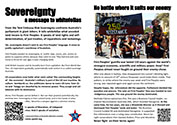
Invasion Day leaflet
" property="og:description" />Invasion Day leaflet
Written by: on
Invasion Day leaflet
Print Version - new window Email article
January 26, what’s to celebrate but struggle?
Written by: Lindy Nolan on 26 January 2024
When Jacinta Nampijinpa Price outraged First Peoples by saying British “settlement” had a positive impact on them, she joked about her convict ancestors sent to Australia.
It’s true, England wasn’t kind to a huge and suffering underclass created by rising capitalism. Forced transportation ripped families and lives apart. But stolen First Peoples’s lands eventually brought better homes and better lives for most of their children’s children.
On 26 January, 1788, over 700 convicts were still trapped on board. One in 18 who left England died on the trip. More horrors awaited, for them and the 160,000 prisoners eventually sent to slave here. The First Fleet did better than the privatised for profit Second Fleet, which killed 26 percent of convicts on board. The rest were so sick, forty percent were dead within six months of arrival.
Convicts, sailors and soldiers were stunted from poor diet. Gadigal, Guringai, Wangal, Bidgigal and other clans grew tall and muscular. They thrived on the riches of the lands and waters.
When they saw convicts flogged, flesh and blood flying as the knotted, nine-tailed whips were flicked clear, First Peoples cried.
The invading British didn’t only destroy lives. The living stream flowing into what’s now Circular Quay became an open sewer.
A reminder
No wonder First Peoples were outraged four months back, when Ms Price praised what she calls ‘settlement’.
“A positive impact?” she answered a Coalition audience. “Absolutely, now we have running water, readily available food.”
She says Australia Day unites us, but her usual ally, Warren Mundine, disagrees. Like millions here, he wants to change the date. Why?
Whether it’s a Day of Mourning, or Survival or Invasion, or all three combined, it’s a day of struggle that unites First Peoples. As a public holiday, it easily brings tens and sometimes hundreds of thousands of First Peoples and their allies to the streets.
Compared to a decade ago, a tiny number of flags now fly on houses or cars.
Woolworths’ CEO cited small sales for not stocking Australia Day paraphernalia, and was given lots of free air on ABC 7.30 to explain that and sharper questions, like why it really wasn’t ripping off farmers and price gouging customers.
Ms Price and her corporate backers use threats to Australia Day to bind their non-Indigenous followers more closely to them. A few target Woolworths.
Yet, struggle to change the date has become so strong, other corporations and their supporters seek to turn it into its opposite, a way of defusing struggle by First Peoples and their allies.
Both groups may gain strength if the date is changed. But whatever Australia’s “celebration” date, fundamentals remain. First Peoples will never give up.
Print Version - new window Email article
Imperialists divided and isolated in the face of resolute Palestinian resistance
Written by: Ned K. on 24 January 2024
As the first month of 2024 draws to a close, Palestinian people's resistance to the Israeli Defense Force's aggression in Gaza and the West Bank remains strong.
Global support actions for the Palestinian people continues to grow, whether it be action in small regional towns or major cities like Melbourne, London, Paris or Cairo or New York.
In Israel itself, the Netanyahu Government is powerless to stop the larger and larger demonstrations for a permanent cease fire and release of Israeli hostages in Gaza. Relatives of some of the hostages, such as Noam Dan, cousin of Israeli captive Ofer Calderon, accuse Netanyahu of "enacting on us the Hannibal Directive", an IDF policy according to which it was better to have Israeli soldiers killed by their own troops than taken hostage. Noam Dan says Natanyahu is intentionally killing captives in Gaza and refuses to negotiate their return so he can extend his political survival. "My government is annihilating them," he said.
Israel's main imperialist backer, USA, has had to ramp up its military "aid" to Netanyahu at a time when the USA Biden regime is also facing demands from the Ukraine Government for more weapons for use against Russian imperialism.
The Biden government also has its hands full ensuring safe passage of freight through the Red Sea. To add to its woes, Biden is facing electoral defeat in the Presidential election later this year and there is pressure on him to at least be seen to be bringing an end to the military spending for wars overseas in the Middle Est and Ukraine and to address the cost of living issues facing millions of people inside the USA.
While Biden faithfully carries out the wishes of the pro-Israel big business lobby in the USA, he is faced with a fast-growing movement of Jewish people in the USA who support the Palestinians through organizations such as Jewish Voice For Peace.
Faced with this deteriorating situation for the Israeli Government, US imperialism and its allies including the Australian Government, are busy hatching new "solutions" to end the armed struggle in Gaza and the West Bank on imperialism's terms.
Biden, echoed by Australian Foreign Minister Penny Wong, calls for a two-state solution of a state of Israel and an ill-defined state of Palestine.
They think they can impose such a solution on the colonized Palestinians and there are press reports of this so-called solution being attached to a deal between Israel and Saudi Arabia.
There are also media reports of high-ranking military leaders in the USA admitting that the Israeli Defense Force goal of wiping out armed resistance by Palestinians in Gaza is just not going to happen.
The chances of their two-state solution happening, let alone succeeding from an imperialist perspective are pretty much nil.
Why is this so?
Firstly, Palestinian people have had decades of bitter experience of what a so-called two state solution means in practice - increasing expansion of Israeli settlements and apartheid-like conditions for Palestinians.
Secondly, US imperialism's Biden government has lost full control of the fascist monster it created, Netanyahu and his henchmen. The latter want a single Zionist state with what is now Gaza and West Bank occupied territory to be part of that single Zionist state, colonized by Israelis.
US imperialism and its allies like the Australian governments over many decades have been on the wrong side of history again and again, most notably in the Vietnam War when a small country, Vietnam, defeated US imperialism to signal the start of its decline as the number one imperialist power in the world.
The heroic Palestinian people are putting another nail in the coffin of the world's biggest but declining imperialist power.
They are sure to win and deserve the peoples of the world's continued visible active support.
Their win will be defined by the Palestinian themselves.
Print Version - new window Email article
The eclipse of economic rationalism?
Written by: (Contributed) on 23 January 2024
(Above - this US cartoon from over a century ago reflects an enduring truth about capitalism)
A recent report from the OECD has revealed how governments are increasingly using tax-payers money for state-controlled programs, as GDP continues to decline. (1) In fact, the global economy is on present track to record the slowest GDP growth in three decades. (2)
An official IMF projection has already concluded that Australia will face a major downturn to a mere 1.2 per cent economic growth this year. (3)
Economic rationalism became vogue thinking for the business-classes and corporate sector during the 1980s. International financial institutions including the World Bank and International Monetary Fund foisted programs of privatisation, de-regulation and liberalisation through trade bodies in order to keep the US at the centre of the global economy; globalisation became the order of the day. A prominent feature of economic rationalism was 'trickle-up' patterns whereby the rich became even richer at the expense of the mass of the population.
An OXFAM report in 2020, for example, established the richest one per cent of the world's population had grabbed two-thirds of the $42 trillion of 'new wealth', while the remaining 99 per cent acquired the remainder. (4) It also established that the fortunes of billionaires were increasing by US$2.7 billion each day, while 1.7 billion workers lived in countries, such as Australia, where wages were outpaced by inflation and CPI. (5)
An IMF report in late 2023 officially recorded that the global economy was 'limping along … not sprinting … growth remains slow and uneven … with widening divergences'. (6)
It is important to note, therefore, that the latest World Bank report, Global Economic Prospects, noted 'a grim outlook beyond the next two years' … the outlook is dark … what looms … is a wretched global growth performance'. (7) There has been a general decline in economic growth over decades: during the 2010s, the average was 3.1 per cent, it is now barely 2.4 per cent and not expected to rise higher. (8) Global trade figures, likewise, have also declined: it is now expected to be only half this year, of an annual average during the decade before the pandemic. (9)
The recent Global Risks Report released by the World Economic Forum, likewise, forecast 'a doomsday scenario of events which could occur in the future'. (10)
The business-classes and the corporate sector, however, were well aware of the looming problems and have already taken precautionary measures to safeguard their positions and stabilise economic systems. It was done with very little publicity and was often hidden amongst indirect forms of support; in South Australia, for example, many companies use government subsidies for 'training provision', with numerous courses linked to private training agencies.
A significant increase in the role of state spending in recent years, nevertheless, has included 'an array of new spending needs, from military priorities to industrial policy'. (11) It marks a shift away from previously held economic rationalist models which emphasised a reduction in state support for business.
The change has been particularly noticeable in the European Union where government spending is now accounting for half of the region’s economic output in 2023. (12) Higher interest rates, globally, have also made their mark; re-payment on existing debt levels has already been recorded rising from 104 per cent of GDP in 2019, to 112 per cent in 2023. (13) They are set to rise even higher.
What is significant is that the business-classes and corporate sector expect governments to use tax-payers money as subsidies, while continuing to gloat over their own profits. Some of their businesses, furthermore, do not even pay tax. It has led to an official statement from a major European bank that 'this means many rich countries … have no alternative to raising tax revenues’. (14)
In conclusion, the economic rationalist business model foisted on countries by international financial institutions can be seen to not have produced healthy, vibrant economies, but those which require government support to maintain their existence.
Ordinary tax-payers are paying subsidies for the business-classes and corporate sector.
It is a disgrace!
The old trade-union slogan from a century ago of 'I work, you work, they profit', would appear to still be holding and highly relevant!
1. Tax take on the rise as borrowing declines, Australian, 20 December 2023.
2. World Bank's 'hazard' warning, Australian, 10 January 2024.
3. Global economy still limping along: IMF., Australian, 11 October 2023.
4. Survival of the richest, OXFAM publication, 2020.
5. Ibid.
6. Australian, op.cit., 11 October 2023.
7. Australian, op.cit., 10 January 2024.
8. Ibid.
9. Ibid.
10. Black swans on horizon, Australian, 11 January 2024.
11. Australian, op.cit., 20 December 2023.
12. Ibid.
13. Ibid.
14. Ibid.
Print Version - new window Email article
Can Australian workers manufacture electric cars? Yes we can – dump the nuclear subs.
Written by: Ned K. on 22 January 2024
On Sunday 21 January 2024, there was a "Holden Day" event held at the beachside Adelaide suburb of Glenelg. Hundreds of Holden cars manufactured in Australia were on display for the thousands of people who attended the event.
The display included the first Holden cars to roll off the production line in 1948 to the last Holden cars made at the Elizabeth production and assembly plant in Adelaide in October 2017.
The time and work done by these Holden car enthusiasts to maintain and where necessary restore the earlier models to their former glory demonstrates not only their individual interest in Holden cars. It also shows younger people that Australian workers are capable of producing forms of private and public transport that have a use value for the people of this country.
The display of Holden cars at the Holden Day is a timely reminder that there IS an alternative future for manufacturing industry in Australia which serves the needs of people in Australia. The Holden cars on display embody the work and skill of hundreds of thousands of workers in Australia over three or more generations. This is conveniently forgotten by politicians who tell people that the country's future lies in spending $380 billion or more on other countries building a majority of “our” nuclear powered submarines and subsidizing multinational companies along the way.
Why do politicians continue down this war-mongering path rather than invest in public-owned electric vehicle manufacturing and manufacturing that will assist the people in the "war" against climate change, global warming and destruction of the environment?
Thousands of people in Australia and indeed throughout the world are taking to the streets demanding their governments take action to force Israel to stop its genocide against the Palestinian people.
People are "joining the dots" and seeing the disastrous ink between Israel's war machine and their own country's increasing dependence on a military related manufacturing base.
Our young people need to be able to look back at their lives when they are older and see that they were part of an Australia manufacturing useful products like electric cars, rather than feeding the US war machine.
Print Version - new window Email article
Sovereignty, a message to whitefellas
Written by: Lindy Nolan on 19 January 2024
(Photo by Lindy Nolan)
Black Sovereignty sends a powerful message to whitefellas about what unceded land means to First Peoples. It tells us wherever we stand, we are on stolen land. It reminds us every part of these lands were defended in armed struggle and in so-called peace. It speaks of reckonings, of just treaties, of reparations to be won in ongoing battles.
For a decade or more the word ‘sovereignty’ has confronted Australia’s parliament in giant letters from the Tent Embassy.
Yet, there is no word in any Aboriginal or Torres Strait Islander language for it. The term only arose with capitalism. First Peoples’ society did not have classes. They did not need a capitalist state apparatus underpinned by a theory of national sovereignty to empower a ruling class to suppress, enslave or exploit others. First Peoples had no courts, jails, rulers, parliaments, army or police, no written laws.
They had much more – tens of thousands of years of lore and ceremony, arising from the need to survive and flourish in ever-changing lands. Before he was elected to the NT Parliament, Yingiya Mark Guyula compared the Madayin system of Yolngu Lore that made him Djirrikaymirr (a senior leader), to Australia’s 122-year constitution. He called the constitution ‘just a piece of paper’.
An evolving meaning
Encyclopaedia Britanica charts sovereignty’s development. Unsurprisingly, it doesn’t mention either class or capitalism, only nationalism: ‘Sovereignty, in political theory, the ultimate overseer or authority, in the decision-making process of the state and in the maintenance of order” but “has often departed from this traditional meaning.’
The encyclopaedia writes of this new concept used by political philosopher, jurist, parliamentarian and law professor Jean Bodin in 16th century France to strengthen “the power of the French king over rebellious feudal lords”.
The overthrow of feudalism by capitalism took different forms in different places, so the concept of sovereignty developed different emphases. Feudalism evolved in violent struggle with previous slave owning societies, but sometimes – like capitalism and colonialism – incorporated slavery. In England it played out in wars and the rise of parliament.
In North America, both British colonialism and later revolutionary independent US capitalists freely used slavery to secure their rule and profits in stolen lands. After the US civil war, winners and losers disagreed about what was ‘sovereign’. Sovereignty was claimed and argued over by states and their people, by the federal government, in the Supreme Court and in the constitution.
Whatever the subtle differences, claims of sovereignty and sovereign interest (like claims of democracy) often underpin ruling class state apparatuses that deceive, divide and suppress the masses.
It is regularly a weapon of current ruling classes to justify unjust rule and unjust wars against other nations also claiming sovereignty.
So called sovereign citizens use it, on behalf of far-right capitalists, to manipulate some First Peoples.
“I come in spirit from the land”
This sovereignty is a totally different idea to what First Peoples mean when they use it. They don’t rule the land, they’re part of it. They have responsibility to it.
As an elder on a 1970’s poster said, "The land is mine because I come in spirit from the land.”
But sovereignty also has a progressive content. It focusses strength for the people in struggles to overthrow foreign empires or imperialism. Revolutionary Chinese leader Mao Zedong led the defeat of Japanese invaders in World War Two and the US-backed Guomindang reactionaries after it.
Under Chairman Mao’s revolutionary leadership, the Chinese Communist Party was still a Marxist-Leninist Party. It lifted more people out of poverty than at any time in history.
At a time when national liberation struggles were exploding worldwide, it put forward the slogan ‘Countries want independence, nations want liberation, people want revolution.’
Controlling the commanding heights
Since World War Two, US imperialism has systematically seized sovereignty in Australia.
It controls what Lenin described as ‘the commanding heights of our economy’. Australia’s military is part of the US war machine. It’s Kardashian culture bombards Australian minds. Our politicians dance to every US tune.
The two biggest Australian capitalists may flirt with the other imperialist superpower, China, as market for their minerals. But even Gina and Twiggy are dwarfed by US imperialism’s power. They have to come to terms with US control of Australia. They help buy off mineworkers and others with high wages, making them prey to sovereign citizens movements with themselves as philanthropic heroes.
First Peoples cannot win their liberation against such power alone. The working class as a whole is the greatest potential ally of First Peoples and all oppressed. We have the same enemies – US imperialism and those who do its dirty work.
Here sovereignty becomes a progressive term for both First Peoples and their allies. Sovereignty in the hands of the people demands independence and socialism from US capitalist domination.
Class struggle is full of examples where ruling class weapons were turned against them. When First Peoples claim unceded sovereignty to demand justice, this is what they are doing. But their own lives – as part of the land and water and air they move in and on – creates a far richer, more powerful and more generous concept than the word sovereignty can ever convey.
Elders like Yaluritja
When Nyungah were occupying sacred Goonininup, in Perth’s old Swan Brewery site in 1989, union organiser, activist and Elder, Yaluritja Clarrie Isaacs, travelled as their representative.
Cockatoo Island Dockyard in Sydney Harbour was occupied by workers. Of course, Yaluritja stayed with them!
Land Rights flag he gave them flew alongside the Eureka flag from the Titan crane till the occupation ended three months after it began.
Those two battlegrounds, four thousand kilometres apart, symbolise the power of working class and First Peoples’ unity.
There can be no justice without justice for First Peoples. There can be no justice with these lands and our peoples dominated by US monopoly capitalism, or by their Australian collaborators. They are the murderous white heart of capitalism here.
Independence regained by First Peoples is independence won also by the working class and its allies. It’s the core of socialism. There will be a new ruling class – the working class and its allies who are the vast majority – whose key job in serving their peoples will be to end class rule forever.
On January 26 and every other day, it is a collective dream to work for, to organise for, to fight for. Elders like Yaluritja embody it.
First Peoples have chosen to speak of sovereignty. They are loud, united and strong!
Print Version - new window Email article
When whitefellas dance Ceremony, it’s time for consequences
Written by: Lindy Nolan on 18 January 2024
(Sovereignty banner faces parliament from tent embassy. Photo: Will E. Clicket Flickr Commons)
The so-called sovereign citizen movement is a puppet of the most vicious wing of US imperialism, that wants rules and laws only to benefit itself. The puppet master wants to make war, exploit lives and destroy environments with zero consequences.
Sovereign citizens claim that laws, like taxes, are ‘illegal’ if they stop citizens ‘freely’ living their lives.
Here they claim James Cook’s secret instructions from British Admiralty – to chart this continent and make agreements with inhabitants – was illegally broken by him when he claimed British sovereignty on Possession Island. They say all subsequent law here is illegal. A small but growing number of First Peoples agree.
Laws ALWAYS have a class content. The British didn’t reprimand Cook for claiming British sovereignty on Possession Island.
They promoted him from lieutenant to captain. Eighteen years later, Britain invaded what is now called Australia.
They aimed to challenge the Dutch spice trade monopoly and create both a military base against France and a dumping ground for convicts. They knowingly brought the diseases and guns that decimated other First Peoples in other lands they’d already invaded.
A birthright
When so-called original sovereigns invaded the Tent Embassy in 2022, allowing painted up whitefellas to dance “ceremony”, some claimed missing Aboriginal children were prey to paedophiles in tunnels under old parliament house.
This divisive Q-Anon poison provides some First Peoples’ troops backing Jacinta Nampijinpa Price’s demand for a royal commission into child sexual abuse in Aboriginal communities. It will launch another witch-hunt.
False claims of paedophile rings run by male Elders was the excuse for the 15-year NT Intervention. In reality it was a land grab that humiliated and disempowered Aboriginal men and destroyed almost all NT First Peoples’ hard-won rights. By every measure it made their lives far worse.
Recently sovereign citizens have bombarded native title meetings. Native title is not land rights. It can be divisive. It can be manipulated to favour lands councils over custodians. But it can have great positive impact for First Peoples too.
The sovereign crew use the negatives to trick and win over First Peoples, calling it ‘slave title’, saying ‘you’re actually signing the land away’.
First Peoples themselves led the pushback against sovereign citizens’ hijack. In early January 2022 Birpai journalist Jack Latimore, quoted Warriors of Aboriginal Resistance (WAR) spokesperson, Gamilaraay and Kooma woman Ruby Wharton, who slammed the attempt to “co-opt the First Nations Sovereignty rights movement.
Wharton said, “Sovereignty is our birthright.
“It’s our birthright to occupy our traditional homelands, it’s our birthright to speak language, it’s our birthright to practise our traditional laws and protect our Country.”
She ridiculed so-called Australian sovereignty for belonging to the British queen or king. Parliamentarians still swear allegiance to them, and Britain’s flag dominates the Australian one. But like Australia, Britain now dances to a US tune.
Wharton is right, Australia is not independent. Sovereignty is in other hands. Laws are in other hands. It’s time for consequences. It’s time to smash the foundations and build new ones.
Print Version - new window Email article
Multipolarism – the new Kautskyism
Written by: Alan Jackson on 14 January 2024
(Above; Prominent leftist academics help sell multipolarity)
It is clear that U.S global hegemony is on the decline while economic formations like BRICS and Imperialist powers Russia and China are growing in global dominance.
The U.S since the dissolution of the social-imperialist Soviet Union in 1991 has since been the most powerful economic and military power with little competition due to the destruction of its main contender, the U.S.S.R. This led to bourgeois journalists, think tanks, politicians, financiers and academia in their refusal to acknowledge Imperialism, to refer to the global relations situation and the supreme dominance of the U.S as one that was Unipolar.
- China: Revolution and Restoration
- Explaining China: how a socialist country took the capitalist road to social-imperialism
- China, a new social-imperialist power
- Pao Yu-ching, From victory to defeat
- Pao-yu Ching, Revolution and counter-revolution
- Deng-yuan Hsu and Pao-yu Ching, Re-thinking socialism
Print Version - new window Email article
Condemn US attacks on Yemen
Written by: Nick G. on 12 January 2024
Above: Millions of Yemenis march for Palestine
The US imperialists, backed by the UK, have attacked Yemen in a move that may spread the Zionist-Palestinian conflict throughout the region.
The Australian puppet government has supported the attacks.
In deference to Australian public opinion, Albanese and Marles made a show of rejecting a US “request” to send a warship to the Red Sea. However, they did send six more ADF personnel to join five already working for US imperialism in its base in Bahrain. These ADF members have been part of the US attack on Yemen allowing Marles to blabber on about Australia “defending the international rules-based order”. It is quite likely that Australia also supported the US attacks through Pine Gap.
Yemen has survived previous attacks
US and Saudis waged war on Yemen for 7 years from 2015-22, killing hundreds of thousands of Yemenis. It ended in humiliating defeat with Houthis far stronger than before the war. Today, the "Houthis" (officially called Ansarallah) aren't a "militia"; they lead the government where 80% of Yemenis live.
In response to the Zionist genocide in Gaza, the Houthis have boarded ships carrying supplies to Israel. Their objective has been to make it more difficult for the genocide to succeed.
In contrast, the US and its subordinates have blocked UN resolutions for a ceasefire in Gaza, and continued to arm Israel to support its murder of Palestinians.
There was no such condemnation by the US when Israeli soldiers landed on the Gaza Flotilla, six civilian ships carrying humanitarian aid and construction materials to Israeli-blockaded Gaza on 31 May 2010. Nine peace activists were killed by the Israelis, dozens wounded and 629 taken hostage,
Danger of war throughout region
The Gaza conflict has been embroiled in the contradictions existing thought the Middle East.
For example, the Saudis who had only recently acceded to US demands to improve relations with Israel, are one of the countries supporting South Africa’s case for declaring Israel’s actions genocidal at the International Court of Justice. (No Western “defender of human rights” has yet backed South Africa’s ICJ approach.) Despite still recognising the Yemeni regime that it had supported during its war with the Houthis, they and the Saudis are continuing negotiations for an end to their fighting.
Although the US attack was launched from Bahrain, with the support of that government, a more convenient launching pad would have been its base in Djibouti, just across the narrow strait between the Horn of Africa and the Arabian Peninsula. However, the Djiboutian government rejected a US request to allow missile launchers to be installed in Djibouti to target Yemen.
The Prime Minister of Djibouti said “Djibouti confirms that the solution lies in stopping the Israeli war on the Gaza Strip.”
Meanwhile, US “advisers” in Iraq have come under fire and rocket attack. In return, they have killed a number of Iraqis and militia leaders alleged to have been backed by Iran.
On Jan. 5, a day after the US struck a purported militant leader in Baghdad, the office of Iraqi Prime Minister Mohammed Shia al-Sudani said the Iraqi government was taking the first steps towards removing US and coalition troops “permanently,” beginning with setting a date for a committee discussion about how to do so.
Al-Sudani repeated his demand on January 10, although he is reported to have told American officials privately he wants US troops to stay to help fight the regrouped ISIS, and had only called for the removal of US soldiers to calm domestic pressure.
Throughout their aggression against Gaza, the Israelis have continued to launch strikes against Syria and Lebanon, provoking forces such as Hezbollah to increase their missile attacks in retaliation.
On January 2, Israeli airstrikes resulted in the assassination of Saleh al-Arouri, the deputy chairman of the Hamas political bureau, in Beirut, Lebanon, while on January 8, Israel assassinated Wissam al-Tawil, the deputy commander of Hezbollah's Redwan Force. Each assassination was accompanied by other deaths. Media outlet Al-Jazeera said the killings “raised the fears of total war”.
Turkey, seeking to expand its influence in the region and in Africa, has been loud in its condemnation of Israeli genocide, and is one of the nations backing South Africa’s case at the ICJ. Its public opposition to Israel is welcome. Yet its exports to Israel have increased since October 7, and it is conducting its own war against Kurds and their allies in Rojava north-eastern Syria, engaging in murderous attacks against the progressive enclave.
As for Iran, demonised relentlessly by the Western media, it has so far remained out of the conflict. How long that lasts is entirely dependent upon the provocations that US imperialism and its allies throw in its direction.
The only certainty at present is that imperialism is driving towards war and the people of the world are growing increasingly united against it.
Print Version - new window Email article
US wants Australia to stockpile the weapons it would need for war with China
Written by: Nick G. on 7 January 2024
US moves to increase its military presence in Australia contain two immediate threats to our nation and people.
One is the more obvious danger that US bases and equipment stockpiles become targets in the event of a US war with China. The other, less obvious, relates to biosecurity threats.
Ukraine and Gaza raise supply chain problems
The Ukraine and Gaza conflicts are forcing the US to reexamine its logistics deployment.
From maintaining platforms from afar to a deep-seated demand for mass quantities of munitions, Russia’s invasion of Ukraine is providing US Army Materiel Command with a wealth of insights into what it needs to do to prepare for contingency in the Indo-Pacific region, according to a three-star general there, Army Materiel Command’s deputy Lt. Gen. Christopher Mohan.
“(Ukraine’s) lines of communication are contested, like we know we’re going to have in the South China Sea, so we should look at it from that same lens,” he later added.
US imperialism has provided more than $13 billion in equipment and weapons to Kyiv since the Russian invasion.
Mohan was critical of Ukraine’s wasteful use of US weapons and said that the US was continuing to grapple with an array of stockpile questions after watching Ukraine burn through munitions provided by US and other friendly nations.
The drain on US stockpiles by Ukraine created similar problems when the Zionists launched their genocidal attacks on Gaza. On October 17, the Australian Financial Review reported that “US arms manufacturers are preparing to surge weapons supplies to Israel at a time when they are already under pressure to arm Ukraine and replenish depleted Pentagon stocks, a challenge analysts say will add stress to a stretched defence industrial base.
“Unlike Ukraine, which has been the recipient of hundreds of tanks and armoured vehicles, Israel is primarily seeking munitions. Interceptors for its Iron Dome missile defence system are at the top of the country’s wish list.”
US Congress dragged its feet on approval of sales to Israel, forcing Biden to use an emergency authority to allow the sale of about 14,000 tank shells to Israel without congressional review.
The tank rounds worth $106.5m were for immediate delivery to Israel to assist its killing of Palestinians. The shells are part of a bigger sale the Biden administration is asking the Congress to approve. The larger package is worth more than $500m and includes 45,000 shells for Israel’s Merkava tanks, regularly deployed in its aggression in Gaza.
US plans military expansion
According to the online US newsletter Breaking Defense, “One key to any future US engagement could be, for instance, US Army Prepositioned Stockpiles or APS”. The US has seven such stockpiles around the globe, one of which is “afloat” or stored on naval vessels.
Mohan said he is a proponent for expanding land-based equipment numbers in the Indo-Pacific region to reduce transit times and avoid hurdles like agricultural inspections.
He wants military exercises in our region in 2024 to focus on provision of supplies from stockpiles. Mohan said he is a proponent for expanding land-based equipment numbers in the Indo-Pacific region to reduce transit times and avoid hurdles like agricultural inspections.
Australia, because it is a “friendly” country and because of its location, is favoured to host more APSs.
However, a December 23, 2022 US Congressional paper notes that such large stockpiles “makes them potential priority targets for adversary long range weapons in conflict scenarios”.
That is the first and obvious danger to Australia if it hosts such stockpiles.
Mohan’s desire to “avoid hurdles like agricultural inspections” refers to quarantine requirements governing the introduction of foreign goods to Australia.
During the Talisman Sabre Exercise in 2023, the US Army had to bring huge amounts of equipment into Australia. However, Australia’s strict agricultural inspection guidelines, including searching inbound military weapons for pests, meant the US spent months deep cleaning the weapons and vehicles in Hawaii before loading back onto a ship with an agricultural inspector onboard outfitted with pesticides.
Under an agreement with Australia, that inspector is not allowed to be an Australian. The US refuses to allow Australian or any other country’s inspection of its vessels, military equipment and personnel. We are in the invidious position of having to train US personnel to do the job for us, and to trust that they will do it to the standards of exactness and thoroughness required to protect our biosecurity.
US Maj. Gen. Jered Helwig, in charge of logistics deliveries into Australia for Talisman Sabre, said “We did a really good job of cleaning… but they did find a few .”
So, what’s a few little insects between friends? In a “nudge-nudge wink-wink” explanation of how this was got around, Helwig admitted “…because of the relationship that we built with the (Australian) Department of Agricultural, Fisheries and Forestry … they allowed us to mitigate that in a way” that only took days and not weeks.
Even allowing for our “strict agricultural inspection guidelines” to be “mitigated”, in real war conditions such delays in the movement of armaments and other supplies is unacceptable to the US, so increasingly, it is looking to have an Australian APS or two or three so that what it needs for a conflict with China is immediately within the region.
It is not in our interests to increase the presence of US bases that other countries may attack if push comes to shove, and because we don’t want our biosecurity protections diminished as the US transports materiel into and out of our country, we must say “No” to US APSs on our soil.
Australia’s best defence is its own people motivated to protect an independent and peaceful foreign policy.
Sources:
From petroleum pipes to pest problems, what a US Army 2-star learned from Talisman Sabre 23
Defense Primer: Department of Defense Pre-Positioned Materiel
Telemaintenance and stockpiles: Army Materiel Command takes its own lessons from Ukraine
Print Version - new window Email article
Strategic Denial Rights, EEZ's, Rare Minerals: Palau And US Neo-Colonialism
Written by: (Contributed) on 3 January 2024
(Above: the three island chains)
Palau is fast becoming a key strategic component in US-led regional military planning; the small Pacific country has increasingly been used by the Pentagon for military training and weapon technology transfer with Taiwan. Strategically placed within US-led Island Chain Theory (ICT), designed to restrict and control regional access and egress, Palau has recently signed a new agreement with the US to enforce their large Exclusive Economic Zone (EEZ), thought to be rich in resources and rare deep-seabed minerals. The so-called US-led Strategic Denial Right (SDR), and other recent initiatives, have transformed Palau into a military hub for US-led operations. Political opposition to the war-mongering has taken place in recent times, in line with the present Cold War.
The US recently began moves to establish work on over-the-horizon radar facilities in Palau, coinciding with President Surangel S. Whipps Jnr., requesting the US station the Patriot missile defence system in the country for permanent regional deployment.
Palau, a tiny country sandwiched between the Philippines and Guam, has become highly strategic for US regional military planning in recent years. Palau is also particularly close, in diplomatic terms, to Taiwan; the recent moves to install military facilities in Palau have coincided with Taiwan and the US signing a $83 million deal in 2022 to upgrade defence systems. (1) The present presidential administration wants to further strengthen their diplomatic links to provide even greater inclusion with Taiwan. (2)
It is not difficult to understand why pro-US presidential administrations in both places have acted accordingly; Taiwan forms part of the first Island Chain, whereas Palau is part of the second chain. They are, therefore, central to attempts by the US to restrict China's regional involvement in the Pacific.
A military intelligence assessment submitted to US Congress in early 2021, contained the initial plan for 'the fielding of an Integrated Joint Force with precision-strike networks along the first island chain and integrated air missile defence in the second island chain'. (3) The estimated cost of the military plan amounted to $27.4 billion over a six-year period from 2021 to 2027. (4) It was not intended as a narrowly defined defence and security gesture, but with capability to 'dispense and sustain combat operations for extended periods'. (5)
The moves have also rested upon even longer-term military planning over a decade ago when a statement issued by the Congressional Research Service noted the US was 'laying the foundations for a region-wide missile defence system that would combine US ballistic-missile defences with those of regional powers, particularly Japan, South Korea and Australia'. (6) The defence system was subsequently updated to the present Indo-Pacific Strategy (IPS), with parameters from India, Japan, the US and Australia, to contain sensitive areas of the vast region. (7)
Palau, interestingly, is situated half-way between sensitive US military facilities at Pine Gap, central Australia, and their counterparts in Japan. (8) Other countries, close to Palau, have already hosted sensitive US military facilities, including satellite systems. (9)
The fact the US has full diplomatic links with Palau, including an Embassy in the capital, Melekeok, and an Ambassador, Joel Ehrendreich, appointed in August, 2023, would clearly, highlight the importance placed on the tiny country with an estimated population of only 18,054, by Washington and the Pentagon. Palau, in the eyes of the Biden administration in the White House, cannot be regarded as a diplomatic backwater. Ehrendreich is noted on the official US Department of State website as a career diplomat, for example, with a 'deep and substantive background in East Asian and Pacific Affairs and previous regional assignments, coupled with nearly thirty years of Foreign Service experience make him a well-qualified candidate for Ambassador to Palau'. (10)
Just what, therefore, does Washington and the Pentagon have in mind for Palau?
It is also particularly interesting to note the recent opposition in Palau to the US-led moves; fears have been raised about real-war scenarios with lethal AI-powered warfare, together with the country's Senate being opposed to the plans. (11) Due to the small size of the country and population, very little must be able to happen without residents becoming aware. Military facilities and fortifications must be easy to detect and visible. Palau, however, is a country strongly subject to US-led Cold War problems and it is difficult to establish how deep and widespread opposition is inside the country to the US military planning. Interests, perceived as being pro-China, are regularly met with accusations, even if not true. (12) Those willing to challenge US-led positions experience difficulty.
The recent moves by the US military have also included other initiatives, which appear more in line with traditional neo-colonial thinking. Recent diplomatic initiatives by China across the region, for example, have allowed it to gain access to about 80 per cent of the Pacific's EEZ's, which has been assessed as a serious threat to traditional US-led hegemonic positions. (13) The EEZ's are thought to be rich in natural resources, rare and deep-seabed minerals, which the US want to control and to restrict China's access.
The recent US-led military planning has, therefore, also included both Palau and neighbouring Micronesia signing deals with the US for warships to patrol their EEZ's to enforce 'strategic denial rights'; the Marshall Islands is also considering similar moves at the present time. The three countries possess huge EEZ's which straddle the first and second island chains, reaching almost to the Philippines and Indonesia. (14)
1. Opinion: From Taiwan to Palau, The Island Times, 3 October 2023.
2. Palau's president wants greater inclusion, BBC News, 16 December 2022.
3. US Indo-Pacific Command proposes new missile capabilities to deter China, RFA., 5 March 2021.
4. US to build anti-China missile network along first island chain, Nikkei, 5 March 2021.
5. Ibid.
6. US seeks new Asia defences, The Wall Street Journal, 24-26 August 2012.
7. See: The reasons behind Washington's push for GSOMIA., Hankyoreh, 12 November 2019.
8. See: Peters Projection, World Map, Actual Size.
9. China now controls 80 per cent of the Pacific EEZ., US v. China, Japan Forward: Politics and Security, Rieko Hayakawa and Jennifer L. Anson, 14 February 2020.
10. Website: US Department of State, Ehrendreich, Joel, 28 March 2023.
11. Palau joins chorus, The Island Times, 19 December 2023; and, Palau – Opinion Observer, The Global Times, 21 December 2023.
12. See: Failed Palau media deal, ABC News, 21 July 2023.
13. China now controls 80 per cent of the Pacific EEZ., op.cit., 14 February 2020.
14. Opinion, Island Times, 3 October 2023.
Print Version - new window Email article
Support for Palestinians on New Year's Eve
Written by: Ned K. on 3 January 2024
(Above: original photo by Asbjorn Kanck)
On New Year's Eve 2023 in Adelaide, thousands of people gathered at Elder Park on the banks of the city's Karrawirra Pari ("River Torrens" is the colonial name) to see in the New Year.
At the same time, thousands more walked across the footbridge of Karrawirra Pari on their way to watch the Big Bash cricket game.
These two events occur every year, but this year was different.
As people walked to both events they were greeted by over 300 people walking along the river bank path and over the footbridge carrying flags and banners in memory of the Palestinians in Gaza who had been killed by Israeli Defence Force missiles, bombs and gunfire since 7 October 2023.
The Palestinian supporters were led along the path and over the bridge by a Palestinian woman read out the names of individuals killed and a short summary of their lives cut short.
The action organized by Australian Friends of Palestine Association (AFOPA) was deliberately a solemn protest with the wording on banners and placards "doing the talking".
The response from the people crossing the bridge on their way to the cricket was more than the organizers of the action could have wished for. People going to the cricket made comments such as "good on you", "we support you" to several stopping and clapping to how their support.
Perhaps people connected this peaceful action with the pro-Palestinian stand taken by opening batter for Australian cricket men's Test team Usman Khawaja?
Actions in support of the Palestinian people both in the Israeli Occupied Territories of Gaza and the West Bank and all round the world have varied. Even the most desperate, violent actions by some individuals or groups have their root cause in the colonial occupation of Palestinian lands through the establishment of the Zionist state of Israel.
Even the Zionist leaders are aware of this. For example, Avraham Burg, the former head of the Knesset and former head of the Jewish Agency, wrote "Israel, having ceased to care about the children of the Palestinians, should not be surprised when they come washed in hatred and blow themselves up in the centers of Israel escapism. They consign themselves to Allah in our places of recreation, because their own lives are torture. They spill their own blood in our restaurants in order to ruin our appetites, because they have children and parents at home who are hungry and humiliated." (from Conversations With Tariq Ali)
There was a pre-colonialism time when Palestinians lived together peacefully. Some were Moslem, some Christian, some Jewish but no Zionists backed by colonial or imperialist powers.
As one Palestinian said at the New Year's Eve action, Palestinians whatever their faith are going to stay on their land.
Print Version - new window Email article
Global climate change hits dangerous new milestones in 2023
Written by: Leo A. on 28 December 2023
For decades, we have been warning about the consequences of careless greenhouse gas emissions on the Earth’s environment. Now the pace at which the global climate is changing is speeding up.
On November 17, the global average temperature hit 2.07 degrees Celsius above the pre-industrial average (specifically above the average global temperature across the 1850-1900 period, before artificial greenhouse gas emissions began to have a noticeable effect). This is the first time the “two-degree threshold” has been crossed since prehistoric times. While the exact threshold was just crossed temporarily, it seems likely that this will become the new “normal” in a matter of years.
The impact of artificial warming is already being felt across Australia. Earlier this month much of the country experienced severe heatwaves. For example, on December 9 the outside temperature in some parts of Sydney got as high as 46 degrees Celsius. If the big fossil fuel corporations have things their way, that’s going to become a regular occurrence. And not just in Australia – this year heat waves have hit every continent, with hundreds of confirmed deaths so far.
It is not just temperature that has hit dangerous new records this year. Back in July, the Antarctic sea ice “deficit” (that is, the difference between how much of the Southern Ocean was covered by sea ice and how much is normally covered by sea ice at that time of the year) grew to 2.5 million square kilometres. In other words, an area equal to that of the state of Western Australia that should’ve been ice-covered wasn’t.
What will the world look like if this becomes an everyday occurrence, if the two-degree mark is crossed as a year-round average rather than as a temporary event? Over the past ten years several research studies and reports have attempted to answer this question. Their conclusions? In a two-degree “new normal”, severe heatwaves will last much longer and expose much more of the global population on a regular basis. Heavy rainfall will be more intense and across much of the world’s land, the risk of river flooding will increase substantially. Either most or all coral reefs will be at risk of annual bleaching. Crop yields such as those of wheat and maize will plummet, which may cause the largest mass famines in history. Global sea levels will rise significantly, washing countless islands and coastal communities off the map. Extreme weather, famine, and sea level rise could result in a refugee crisis on an unprecedented scale, conflicts over food and clean water, and the extinction of a significant fraction of the world’s plant and animal species. And this is not even a worst-case scenario.
Earlier this month, the United Nation’s COP28 Climate Conference was held in Dubai. Despite how much this year has demonstrated the severity of the crisis, the draft agreement published on December 11 was described as a “death certificate” for the most vulnerable countries. Later “compromise” agreements essentially amounted to “we promise we will achieve net zero emissions by the time we’ve used up almost all the fossil fuels on the planet”. That's not very helpful.
It is obvious who’s interests are being represented here and who’s aren’t. As Irish communist leader James Connoly excellently summarized back in 1915, governments in capitalist society are but committees of the rich to manage the affairs of the capitalist class. This is just as true in the present day. The bourgeoisie are not the ones at risk of starvation, dehydration, hyperthermia, or drowning. And they already view those who are at risk as expendable. In particular, the decision to continue a business-as-usual approach is most beneficial for multinational fossil fuel corporations and the politicians affiliated with them. It is no secret that these corporations have a significant amount of leverage in Australia, and as a result are, for example, permitted to mine and drill on Indigenous peoples’ lands without their consent.
The military-industrial complex also benefits from this policy approach. When we think of the devastation caused by the war industry, it is natural to immediately remember the mass suffering this causes directly, in countries such as Ukraine and Palestine. But what is often overlooked is the contribution warfare makes to greenhouse gas emissions. Here in Australia, the ADF is responsible for 66% of the Australian government’s emissions. Elsewhere the portion is similar – the UK armed forces account for 50% of the British government’s emissions, and the US military accounts for 56% of American government emissions.
There is hope. As the effects of the climate crisis continue to grab headlines and catch the world’s attention, more people will take the crisis seriously, and this may lead more people to question the mode of production that’s driving us into this catastrophe. In the short-term, we’re likely to see more activism placing pressure on the bourgeoisie to take some measures to at least slow down the crisis. In the long run, increasing awareness of the climate crisis and it’s driving causes could lead to an increase in class consciousness, which may become an important step toward the establishment of socialism in Australia and elsewhere, leading to more serious measures being taken. The technology to solve the climate crisis already exists, all we need are leaders willing to solve it, to prioritise the interests of the Earth over the interests of capital.
As we all enter the new year, we should keep in mind that despite the severity of the crisis, a better world is still possible.
Print Version - new window Email article
Doctor On the Frontline Gaza Praises Palestinian Resistance
Written by: Ned K. on 28 December 2023
Recently a YouTube video was circulated by supporters of the Palestinian people called "Wounds of War: The Gaza Experience Through the Eyes of Dr Ghassan Abu Sitta",
Dr Ghassan is speaking to other health workers in a forum organized by the Global Health Institute (GHI).
Dr Ghassan is a Palestinian surgeon living in the UK. He went to work in hospitals in Gaza in October and November 2023 to perform surgery for the Palestinian victims of the Israeli bombardment of Gaza.
He found that the Israeli Defense Force were systematically targeting hospitals, universities, water supply, power stations. He witnessed the Israeli attempts to destroy the health system and all major needs of society.
He said Israel's strategy was to create a "self-catastrophe." Bombing the health system and medical supplies needed for surgeries in turn created disease and epidemics. Bombing bakeries created catastrophe of starvation and malnutrition while destroying water and sewerage works created the catastrophe of no sanitation.
Dr Ghassan explained that the bombings of Gaza by Israel were to create what he called "performative deaths" that everyone could see. Added to this were deaths caused by Israel's experimenting with the latest phosphorous bombs to kill people and then conduct research on the dead bodies so as to be able to see the impact of these bombs on humans. Then Israel would showcase the research results as part of their marketing strategy for sale of weapons to other countries.
This strategy by Israel was designed to create a mindset within the Palestinians that the only solution was to leave Gaza via Egypt and become a refugee as thousands of Palestinians had done in the past 70 years.
However, Dr Ghassan said this strategy was doomed to failure because the Israeli Zionist regime did not understand that for Palestinians in Gaza and the West Bank, there was something worse than death for them. That was becoming a refugee without a home as they had seen the impact of that on previous generations of Palestinians.
This resistance by Palestinians in the face of Zionist barbarism was creating mixed messages from Netanyahu. On 27 December he boasted about "voluntary migration", a euphemism for mass forced expulsion of Palestinians to Egypt and he claimed he was talking to other countries to take refugees. His plan was then to extend Israeli settlements throughout Gaza.
However, on the 28 December, the ABC news and Murdoch press reported that Netanyahu said the Israeli war on Gaza would go on for many more months.
At the end of the interview with Dr Ghassan, he was asked how he saw the future for the Palestinian people.
He said "Acts of steadfastness of ordinary people doing ordinary acts of living gives great hope. Despite Israel's acts of barbarism, people are still there."
The ordinary people of the world are supporting the Palestinian people in any way they can and there is no sign of that support declining.
Israel and its imperialist and pro-imperialist backers, including the Australian Government are increasingly isolated and more desperate to hide the truth of what they are doing in their support for the Zionist regime.
Print Version - new window Email article
Closing loopholes or creating new ones?
Written by: Ned K. on 27 December 2023
The federal government's Closing Loopholes Act Part 1 was passed on 14 December 2023. This Act covers industrial issues raised by workers through their Unions as part of the latter's financial and voting support for the election of the Albanese led Labor Government in 2022.
Print Version - new window Email article
Christmas: It’s all class…
Written by: Nick G. on 27 December 2023
(Source: favim)
The gorging on products that is celebrated in the commercialised “holy” day of Christmas has seen more families than ever disadvantaged as a result of the current cost of living crisis.
Charities had struggled to keep up with the distribution of toys to families that could not afford them. And a new demographic has appeared at food distribution centres.
There was a person interviewed on the radio from Foodbank who said that half of those seeking food were employed, and a third had mortgages. That is, it is no longer the homeless who are seeking assistance, but people in the ranks of the working class who are finding, in the current crisis, that they really can’t make ends meet.
Foodbank’s 2023 Hunger Report is pretty self-explanatory and provides the data underlying the observations made in the radio interview.
Regional centres are experiencing the same problems as the big cities. Mount Gambier Foodbank reported that where it usually provided food to 30-40 families a day, in the week before Christmas the numbers had shot up to around 100 families a day.
Part of the problem has been rising interest rates. The CEOs of the big four banks told a parliamentary enquiry in July that the 4% increase in rates over 14 months had not pushed customers over the “mortgage cliff”.
The changing face of those seeking help from charities gives the lie to the big banks. People may be making mortgage payments, but they are giving up a lot to do so: skipping meals, taking kids out of sport because the club fees and club uniforms cost so much, not purchasing household goods or toys for Christmas, etc.
Capitalism is a terrible system. It impoverishes and drives into despair the most vulnerable sections of one class, while increasing the wealth and luxury of another. Four months ago, the Guardian reported that the typical CEO in Australia now earns 55 times that of the average wage worker.
There is no justification for this growing gap between the rich and the poor. While it fluctuates somewhat over time, it never goes away, and never will, so long as we allow capitalism to survive.
And the Australian Tax Office has just reported that more than 800 of the biggest companies in Australia paid no tax.
This gives the lie to government claims that it is chasing the big multinationals and forcing them to pay the taxes owing on their Australian revenues.
Make 2024 a year of heightened struggle against imperialism, and for an independent and socialist Australia.
.....................
PS: A reader has contacted us suggesting that we highlight this link to the contact addresses for charities seeking food donations. If you open the link, click on “Australia” on the right-hand side for Australian charities. We also recommend this article from 2021: Charity, hand in hand with the military, strengthens capitalism’s grip on Australia.
Print Version - new window Email article
RIghts Of Indigenous Peoples’ Struggles Continue As Governments Side With The Big End Of Town
Written by: Ned K. on 23 December 2023
(Above: Image ironically sourced from https://humanrights.gov.au/ )
The National Indigenous Times December edition reported on the front page that both Labor and Liberal Parties voted in the Senate to defeat the UN Declaration on the Rights of Indigenous Peoples Bill 2022. The Bill was tabled by Indigenous Senator Lidia Thorpe.
The Bill, if it became law, would require Commonwealth law in Australia to be consistent with the UN Declaration on the Rights of Indigenous Peoples. If the Bill became law in Australia, the federal government would have to prepare an action plan to enhance the objectives of the Declaration. The Bill if it became law would also require the Prime Minister to present annual reports to Parliament.
Reading the UN Declaration on the Rights of Indigenous Peoples, it is not hard to see why the
two major parliamentary political parties voted against it.
The Declaration comprises 42 Articles.
For example, Articles 3 and 4 state:
"Indigenous peoples have the right to self-determination. By virtue of that right they freely determine their political status and freely pursue their economic, social and cultural development"
"Indigenous peoples, in exercising their right to self-determination, have the right to autonomy or self-government in matters relating to their internal and local affairs as well as ways and means for financing their autonomous functions".
Article 10 would send alarm bells to the mining companies and their obedient politicians.
"Indigenous people shall not be forcibly removed from their lands or territories."
The Rights expressed in the Declaration are far in advance of the Voice and the promise by the federal Government that the Voice would have required governments to "consult" with Indigenous Peoples on some issues.
The UN Declaration when first passed by a majority in the General Assembly in 2007 was a "non-binding" Resolution. Even so, four settler society governments -USA, Canada, New Zealand and Australia voted against it.
Lidia Thorpe rightly expressed her anger at the federal government voting against the Bill in Parliament on 6 December 2023. The federal government voting against the Bill showed that they now have no problem supporting a non-binding UN Resolution. Enshrining the UN Declaration on the Rights of Indigenous Peoples Articles into Commonwealth law would be binding on the government, a far cry from the requirement to "consult" with Indigenous Peoples' representatives but not being bound by their demands.
When it comes to the crunch, the major political parties in parliaments at both state and federal levels since the Voice was defeated are acting in a manner that shows they are more interested in protecting the interests of capitalism and the policiesof the imperialists than the rights of Indigenous Peoples.
Another example of this was the recent banning of the words "From the River to The Sea" on a mural by an Indigenous artist at a local Adelaide suburban community public school.
The mural expressed solidarity and connection between the Indigenous Peoples of Australia and Palestine.
Print Version - new window Email article
Dirty deeds done dirt cheap: political scandal in Japan
Written by: (Contributed) on 23 December 2023
An unfolding political scandal has placed the Japanese Liberal Democratic Party (LDP) government of Prime Minister Fumio Kishida in panic mode. It sacked four cabinet ministers in mid-December as the government struggled to cover the main scandal: long-time political corruption stretching back decades with connivance from far-right groups, spurious pseudo front organisations, organised crime and seemingly non-legitimate business practices as standard operations. The relative silence accompanying the scandal from US-led mainstream media outlets is evidence, in itself, of US concerns about their main partner in their Indo-Pacific foreign policy.
In mid-December an announcement that Japanese Prime Minister Fumio Kishida was planning to sack four of his cabinet ministers, who, within hours, tendered their resignations, escaped the attention of most mainstream media outlets despite being senior government members. The resignations were also accompanied by a special advisor to the PM and five deputy ministers also quietly leaving office. Diplomatic silence, on the part of the US, however, would appear to have been the order of the day; all the Australian newspaper, the mouthpiece of Canberra, could manage was 75 column centimetres over two days. They were also evasive about the main reasons for the political crisis.
While the stated explanation for the resignations was financial corruption of an estimated $5.26 million, the real reason was the ongoing investigation into the assassination of former Prime Minister Shinzo Abe last year; for example, 'media reports suggested prosecutors were about to begin raiding offices and start interviewing dozens of M.P.s'. (1)
The LDP is known to be bitterly divided into factions and the fact those allegedly receiving the corruption were from the largest faction which was formerly headed by Shinzo Abe has thrown light on the shadowy nature of the inner workings of the Japanese political system and culture. (2) The LDP has ruled Japan, effectively, for decades; political opposition is largely ignored.
In recent years the US has upgraded its diplomatic relations with Japan to that of a fully-fledged global alliance: the Indo-Pacific Strategy (IPS) is now a central feature of US regional and global foreign policy. (3) Japan, together with the US, India and Australia, form the 'quad', effectively hemming in China on all sides, with other countries, including South Korea, Singapore, Vietnam, China’s breakaway province of Taiwan, and others as lower-level partners. (4) Under such circumstances the US, clearly, does not want any unfavourable publicity about Japan.
Japan, however, has had a troubled history which continues to hang like a shackle: many countries in Asia have difficulty forgetting the period of Imperial Japan, militarism and its horrific human rights abuses. Soon after the Second World War, however, the US quickly developed Japan as a major player in their foreign policy. Those associated with Imperial Japan were allowed to slip away, as if unnoticed.
The far-right figures also quickly re-grouped.
It was noted that, 'just as they did with the Nazis in Europe, the American occupation authorities had a change of heart about Japan's war criminals. As the Cold War began, the enemy was no longer the fascists but the communists … war criminals were quietly released from prison in 1948 and became some of the prime movers, organisers, and funders of the LDP, a conservative pro-American party that has controlled the political life of Japan ever since'. (5) The LDP soon emerged as the 'respectable' party of the Japanese middle-classes.
The nature of the recent corruption investigation threw light upon the inner workings of the LPD and the prevailing long-engrained political culture of their supporters and associates: party members were required to sell tickets for fund-raising, if they exceeded their quota the extra money was retained as a personal 'kick-back'. (6) The method of operation revealed a compliant power-base of supporters who, 'had their M.P. to look after their interests', along the lines of the 'big man at the top'; an almost tribal political culture. Tax evasion would appear another side of the political corruption; it was noted in the inquiry, for example, even the faction of the LDP until recently headed by Fumio Kishida was suspected of failing to declare more than 20 million yen between 2017 and 2020. (7) No wonder Fumio Kishida became P.M.; those in the know wanted a compliant leader to serve their interests!
Another organisation they used for more covert operations was the Asian People's Anti-Communist League (APACL), established in 1954, which later merged to become the World Anti-Communist League (WACL) in 1966. Studies of the organisation have concluded that it was, 'the most sinister of all the internationally active extreme right-wing organisations … and the … main conduit for funds for extreme right-wing organisations throughout the world'. (8) It later became a dominant player in the Iran-Contra scandal. (9)
The Japanese APACL/WACL league chapter was also controlled by the shadowy Unification Church or 'moonies' led by the Reverend Sun Myung Moon; a seemingly pseudo 'front-type' organisation based on devoted followers. (10) It 'has kept close to its Yakusa origins', that of organised crime. (11)
The fact that a recent parliamentary inquiry found that nearly half of the LDP's M.P.s, 'had some connection with the Moonies', has raised serious questions about their credibility. (12) Reference to the, 'deep, historical ties between Japan's ruling LDP and the Unification Church … and … the groups alleged predatory fund-raising practices', has serious implications for the ongoing corruption inquiry in Japan. (13)
Studies of the Yakusa have proved particularly revealing and throw light upon a turf-war type mentality where organised crime has been able to control large sections of the Japanese economy. During the 1980s, for example, the Yakusa moved into real estate to launder 'their ill-gotten profits from drug sales, prostitution, gambling and extortion. Yakusa's annual income is estimated at $10 billion'. (14) Japan is a centre of the global pornography industry.
Later studies, in 2020, revealed the Yakusa had increased their wealth to an estimated US$50-100 billion a year, with legislation passed in the Japanese parliament merely forcing the criminal organs underground, where they operated with relative impunity. (15) A further study conducted in 2023, likewise, revealed the organised crime body had increased its wealth still further with an annual income of an estimated $200 billion. (16)
The increased wealth amassed by the Yakusa has revealed they have been able to control their own turf very effectively; and they also evade detection. They form part of a relatively closed political system and a culture whereby questions are not asked and items pushed to the bottom of government agendas to avoid lifting the lid on non-legitimate business practices, in fear of creating widespread political turmoil. 'Yes, Minister', write large.
Japan, nevertheless, is a country in relative decline: only criminals appear in ascendency and prospering, the rest of Japan's population appear to be paying a high price for little.
Domestically Japan used to have a high standard of living: recent studies, however, have revealed many grievances with falling living standards and inflation; recent tax cuts appear to have fallen on deaf ears with 'real wages are still in decline'. (17) As a regional player for US foreign policy, Japan used to be the, 'biggest supporter of ASEAN's economic growth and industrialisation'. (18) In recent years its position has been eclipsed by China, which also pushed Japan into third place as an important part of the global economy.
In conclusion, the recent corruption inquiry in Japan has produced evidence of a political system under strain, although commentary about the forthcoming general election has already stated, that, 'there is no realistic proposition it … the LDP … could actually lose power', despite the fact the Kishida government has approval ratings of less than thirty per cent. (19)
The LDP has become a permanent feature of Japan's political culture, and is also Australia's partner in US-led regional military and security provision:
We, therefore, need an independent foreign policy!
1. Four Japanese ministers quit, Australian, 15 December 2023.
2. Japanese PM tipped to sack four ministers, Australian, 14 December 2023.
3. The reasons behind Washington's push for GSOMIA.,Hankyoreh, 12 November 2019.
4. Ibid.
5. Inside the League, Scott Anderson and Jon Lee Anderson, (New York, 1986), pp. 62-63.
6. Australian, op.cit., 14 December 2023.
7. Australian, op.cit., 15 December 2023.
8. Website: In Latin America, libcom.org - 38025
9. See: The Iran-Contra Scandal: The Declassified History, Edited by Peter Kornbluh and Malcolm Byrne, (New York, 1993), reference – Retired Major-General and former Commander of US Forces in South Korea, John K. Singlaub, Chair of WACL., page xxx.
10. See: Inside the League, Scott Anderson and Jon Lee Anderson, op.cit., pp. 124-25.
11. Ibid., page 125.
12. Fumio Kishida orders probe of Moonies, The Financial Times, 17 October 2022.
13. Could former P.M.s assassination end the Moonies in Japan?, CBC News, 7 December 2022.
14. The family that preys together, Jack Colhoun, Covert Action, Edited by Ellen Ray and William H Schaap, (Victoria, 2003), pp. 192-205.
15. Yakusa alive, The Asia Times, 3 December 2020.
16. How rich is the Yakusa?, NAVI / 33 Square, 28 October 2023.
17. See: Kishida's popularity in free fall, The Japan Times, 16 October 2023; and, Kishida is so unpopular, The Japan Times, 7 November 2023.
18. Missile test 'threat to region's stability', Australian, 19 December 2023.
19. Japan Times, op.cit., 7 November 2023.
Print Version - new window Email article
An unfolding political scandal has placed the Japanese Liberal Democratic Party (LDP) government of Prime Minister Fumio Kishida in panic mode. It sacked four cabinet ministers in mid-December as the government struggled to cover the main scandal: long-time political corruption stretching back decades with connivance from far-right groups, spurious pseudo front organisations, organised crime and seemingly non-legitimate business practices as standard operations.Dirty deeds done dirt cheap: political scandal in Japan
Written by: on
An unfolding political scandal has placed the Japanese Liberal Democratic Party (LDP) government of Prime Minister Fumio Kishida in panic mode. It sacked four cabinet ministers in mid-December as the government struggled to cover the main scandal: long-time political corruption stretching back decades with connivance from far-right groups, spurious pseudo front organisations, organised crime and seemingly non-legitimate business practices as standard operations. The relative silence accompanying the scandal from US-led mainstream media outlets is evidence, in itself, of US concerns about their main partner in their Indo-Pacific foreign policy.
In mid-December an announcement that Japanese Prime Minister Fumio Kishida was planning to sack four of his cabinet ministers, who, within hours, tendered their resignations, escaped the attention of most mainstream media outlets despite being senior government members. The resignations were also accompanied by a special advisor to the PM and five deputy ministers also quietly leaving office. Diplomatic silence, on the part of the US, however, would appear to have been the order of the day; all the Australian newspaper, the mouthpiece of Canberra, could manage was 75 column centimetres over two days. They were also evasive about the main reasons for the political crisis.
While the stated explanation for the resignations was financial corruption of an estimated $5.26 million, the real reason was the ongoing investigation into the assassination of former Prime Minister Shinzo Abe last year; for example, 'media reports suggested prosecutors were about to begin raiding offices and start interviewing dozens of M.P.s'. (1)
The LDP is known to be bitterly divided into factions and the fact those allegedly receiving the corruption were from the largest faction which was formerly headed by Shinzo Abe has thrown light on the shadowy nature of the inner workings of the Japanese political system and culture. (2) The LDP has ruled Japan, effectively, for decades; political opposition is largely ignored.
In recent years the US has upgraded its diplomatic relations with Japan to that of a fully-fledged global alliance: the Indo-Pacific Strategy (IPS) is now a central feature of US regional and global foreign policy. (3) Japan, together with the US, India and Australia, form the 'quad', effectively hemming in China on all sides, with other countries, including South Korea, Singapore, Vietnam, China’s breakaway province of Taiwan, and others as lower-level partners. (4) Under such circumstances the US, clearly, does not want any unfavourable publicity about Japan.
Japan, however, has had a troubled history which continues to hang like a shackle: many countries in Asia have difficulty forgetting the period of Imperial Japan, militarism and its horrific human rights abuses. Soon after the Second World War, however, the US quickly developed Japan as a major player in their foreign policy. Those associated with Imperial Japan were allowed to slip away, as if unnoticed.
The far-right figures also quickly re-grouped.
It was noted that, 'just as they did with the Nazis in Europe, the American occupation authorities had a change of heart about Japan's war criminals. As the Cold War began, the enemy was no longer the fascists but the communists … war criminals were quietly released from prison in 1948 and became some of the prime movers, organisers, and funders of the LDP, a conservative pro-American party that has controlled the political life of Japan ever since'. (5) The LDP soon emerged as the 'respectable' party of the Japanese middle-classes.
The nature of the recent corruption investigation threw light upon the inner workings of the LPD and the prevailing long-engrained political culture of their supporters and associates: party members were required to sell tickets for fund-raising, if they exceeded their quota the extra money was retained as a personal 'kick-back'. (6) The method of operation revealed a compliant power-base of supporters who, 'had their M.P. to look after their interests', along the lines of the 'big man at the top'; an almost tribal political culture. Tax evasion would appear another side of the political corruption; it was noted in the inquiry, for example, even the faction of the LDP until recently headed by Fumio Kishida was suspected of failing to declare more than 20 million yen between 2017 and 2020. (7) No wonder Fumio Kishida became P.M.; those in the know wanted a compliant leader to serve their interests!
Another organisation they used for more covert operations was the Asian People's Anti-Communist League (APACL), established in 1954, which later merged to become the World Anti-Communist League (WACL) in 1966. Studies of the organisation have concluded that it was, 'the most sinister of all the internationally active extreme right-wing organisations … and the … main conduit for funds for extreme right-wing organisations throughout the world'. (8) It later became a dominant player in the Iran-Contra scandal. (9)
The Japanese APACL/WACL league chapter was also controlled by the shadowy Unification Church or 'moonies' led by the Reverend Sun Myung Moon; a seemingly pseudo 'front-type' organisation based on devoted followers. (10) It 'has kept close to its Yakusa origins', that of organised crime. (11)
The fact that a recent parliamentary inquiry found that nearly half of the LDP's M.P.s, 'had some connection with the Moonies', has raised serious questions about their credibility. (12) Reference to the, 'deep, historical ties between Japan's ruling LDP and the Unification Church … and … the groups alleged predatory fund-raising practices', has serious implications for the ongoing corruption inquiry in Japan. (13)
Studies of the Yakusa have proved particularly revealing and throw light upon a turf-war type mentality where organised crime has been able to control large sections of the Japanese economy. During the 1980s, for example, the Yakusa moved into real estate to launder 'their ill-gotten profits from drug sales, prostitution, gambling and extortion. Yakusa's annual income is estimated at $10 billion'. (14) Japan is a centre of the global pornography industry.
Later studies, in 2020, revealed the Yakusa had increased their wealth to an estimated US$50-100 billion a year, with legislation passed in the Japanese parliament merely forcing the criminal organs underground, where they operated with relative impunity. (15) A further study conducted in 2023, likewise, revealed the organised crime body had increased its wealth still further with an annual income of an estimated $200 billion. (16)
The increased wealth amassed by the Yakusa has revealed they have been able to control their own turf very effectively; and they also evade detection. They form part of a relatively closed political system and a culture whereby questions are not asked and items pushed to the bottom of government agendas to avoid lifting the lid on non-legitimate business practices, in fear of creating widespread political turmoil. 'Yes, Minister', write large.
Japan, nevertheless, is a country in relative decline: only criminals appear in ascendency and prospering, the rest of Japan's population appear to be paying a high price for little.
Domestically Japan used to have a high standard of living: recent studies, however, have revealed many grievances with falling living standards and inflation; recent tax cuts appear to have fallen on deaf ears with 'real wages are still in decline'. (17) As a regional player for US foreign policy, Japan used to be the, 'biggest supporter of ASEAN's economic growth and industrialisation'. (18) In recent years its position has been eclipsed by China, which also pushed Japan into third place as an important part of the global economy.
In conclusion, the recent corruption inquiry in Japan has produced evidence of a political system under strain, although commentary about the forthcoming general election has already stated, that, 'there is no realistic proposition it … the LDP … could actually lose power', despite the fact the Kishida government has approval ratings of less than thirty per cent. (19)
The LDP has become a permanent feature of Japan's political culture, and is also Australia's partner in US-led regional military and security provision:
We, therefore, need an independent foreign policy!
1. Four Japanese ministers quit, Australian, 15 December 2023.
2. Japanese PM tipped to sack four ministers, Australian, 14 December 2023.
3. The reasons behind Washington's push for GSOMIA.,Hankyoreh, 12 November 2019.
4. Ibid.
5. Inside the League, Scott Anderson and Jon Lee Anderson, (New York, 1986), pp. 62-63.
6. Australian, op.cit., 14 December 2023.
7. Australian, op.cit., 15 December 2023.
8. Website: In Latin America, libcom.org - 38025
9. See: The Iran-Contra Scandal: The Declassified History, Edited by Peter Kornbluh and Malcolm Byrne, (New York, 1993), reference – Retired Major-General and former Commander of US Forces in South Korea, John K. Singlaub, Chair of WACL., page xxx.
10. See: Inside the League, Scott Anderson and Jon Lee Anderson, op.cit., pp. 124-25.
11. Ibid., page 125.
12. Fumio Kishida orders probe of Moonies, The Financial Times, 17 October 2022.
13. Could former P.M.s assassination end the Moonies in Japan?, CBC News, 7 December 2022.
14. The family that preys together, Jack Colhoun, Covert Action, Edited by Ellen Ray and William H Schaap, (Victoria, 2003), pp. 192-205.
15. Yakusa alive, The Asia Times, 3 December 2020.
16. How rich is the Yakusa?, NAVI / 33 Square, 28 October 2023.
17. See: Kishida's popularity in free fall, The Japan Times, 16 October 2023; and, Kishida is so unpopular, The Japan Times, 7 November 2023.
18. Missile test 'threat to region's stability', Australian, 19 December 2023.
19. Japan Times, op.cit., 7 November 2023.
Print Version - new window Email article
Support for Palestinians grows in Adelaide
Written by: Ned K. on 21 December 2023
On Sunday 17 December, thousands of people participated in a rally and demonstration in Adelaide in support of the Palestinian people's struggle in Gaza and the West Bank against the Zionist colonial occupation of Palestinian land.
Some might say "just another rally"!
How wrong they would be. This rally in support of the Palestinian people was not only another show of force of people power "on the ground". It included some new speakers who represented very important sections of the working people of South Australia.
A 16-year old public school student took to the microphone and proudly declared that she was of Jewish heritage and that her grandparents fled Europe from the Nazi terror against Jewish and other nationalities.
She said that the Zionist Israeli Government did not speak in her name in their genocidal attacks on the Palestinian people. She said that just as Hitler and the Nazis were condemned and fought against by western governments, including Australia's, so these western governments should be fighting against the Zionist genocidal attacks against the Palestinians in 2023.
She said it was a step forward but a step too late by the Albanese Government to finally support the UN General Assembly Resolution for a Cease Fire but they needed to do much more!
She also had strong words to say to the media barons and some politicians who said that school students should stick to their studies and not be out on the streets participating in rallies in support of "terrorists" like Hamas. She said she and thousands of 16-year olds like her were intelligent enough to realise that the struggle by Palestinians against the Zionist Israeli Government, backed by Britain and the USA in particular, had been going on for many decades before Hamas even existed!
She ended her speech with "Free, Free Palestine!" and received rousing applause.
The next speaker was also significant due to who he represented.
For the first time since the post-7 October rallies, the Secretary of SA Unions, Dale Beasely spoke in support of the Palestinian people.
SA Unions represents the voice of thousands of workers in SA from diverse cultural backgrounds, including Palestinians and Jewish people.
He pointed out that Unions in Australia had a proud history of opposing wars of aggression, going back to the anti-conscription struggle in the First World War and the struggle to end Australia's involvement in the Vietnam War.
He also said that the Australian Government needed to do much more to force a Cease Fire in Gaza.
Unions are a diverse movement on social issues but he said a common point of agreement is that Unions stand for peace not war. He gave the example of the MUA members in Perth recently refusing to co-operate with the docking of an Israeli ship.
The third speaker who added to the breadth of support for Palestinians was a local Doctor who was born in Gaza and who gave the crowd examples of the tremendous courage of doctors and nurses in the hospitals in Gaza, despite the constant bombing by the Israeli Defence Force.
Despite the thousands of Palestinian deaths and even more wounded, he had no doubt that Palestinians would overcome the colonizer state of Israel.
Print Version - new window Email article
Community school mural censored over First Nations artist's identity with Palestinians
Written by: Nick G. on 21 December 2023
(Above: Mali Isabel's beautiful mural)
The intimidation that the Australian Zionist lobby exercises over Australian politicians and public servants was seen on December 19 in Adelaide.
Martin Westwell, the Education Department Chief Executive directed the staff of the Bowden-Brompton Community School to remove the words “From the River to the Sea” from a mural on one of the school’s buildings.
For many decades the school has served students from predominantly working class families who have become disengaged from mainstream schooling and who have complex emotional and social needs. The mural artist had been working as an artist-in-residence at the school. She is Mali Isabel, an Arabana and Kokatha artist.
According to an Advertiser article, Westwell was responding to a complaint from Australian Jewish Association chief executive, Robert Gregory, who was quoted as saying that ‘From the River to the Sea' is “widely recognised as a genocidal call for the elimination of the state of Israel” as well as being antisemitic.
Both sides proclaim From the River to the Sea sovereignty.
In fact, the phrase has been used by Zionists and Palestinians alike, but for very different purposes.
The 1977 original platform of Israeli Prime Minister Netaniyahu’s Likud Party began with the heading The Right of the Jewish People to the Land of Israel (Eretz Israel) and continued with the two following points:
a. The right of the Jewish people to the land of Israel is eternal and indisputable and is linked with the right to security and peace; therefore, Judea and Samaria will not be handed to any foreign administration; between the Sea and the Jordan there will only be Israeli sovereignty.
b. A plan which relinquishes parts of western Eretz Israel, undermines our right to the country, unavoidably leads to the establishment of a "Palestinian State," jeopardizes the security of the Jewish population, endangers the existence of the State of Israel. and frustrates any prospect of peace…
The term “Eretz Israel” originated in the Torah and was adopted by Zionists to refer to the Mandated Territory of Palestine, that is, to the entire area from the River Jordan to the Mediterranean Sea. Judea and Samaria specifically refer to the area designated today as the occupied West Bank.
In opposition to the Zionist claim to an exclusively Jewish/Israeli sovereignty over the area from the Sea to the River (Jordan), the Palestinians have promoted the slogan “From the River to the Sea” as a single secular state where Jews, Christians and Muslims will share equal rights of citizenship.
Does this mean, as Gregory alleges, that Palestinian use of From the River to the Sea is “widely recognised as a genocidal call for the elimination of the state of Israel” as well as being antisemitic?
It does mean the elimination of the apartheid state of Zionist Israel, that is, of a state whose governing party the Likud, in its current Party Platform, states:
3. The Government of Israel will enable the Palestinians to manage their lives freely, within the framework of self-government. However, foreign affairs and defense, and matters which require coordination, will remain the responsibility of the State of Israel. The government will oppose the establishment of an independent Palestinian state…
5. Jewish settlement, security areas, water resources, state land and road intersections in Judea, Samaria and the Gaza Strip shall remain under full Israeli control.
The so-called “two state solution” proposed by some is a dead duck. The Zionists have made it clear that they will never accept an independent Palestinian state.
The choice is either a continued genocidal repression of Palestinians by a state that is exclusively permitting rights for people of one religion only, or the dismantling of that state and its replacement by a single secular state that grants equal rights to people of all religions and ethnicities .
Both sides believe in the slogan “From the River to the Sea”, but the Zionists dishonestly attribute this exclusively to Palestinians and smear them as anti-Semitic.
First Peoples first Australians to support Jews facing Nazi genocide
The mural expresses First Peoples identity with the oppressed Palestinians. What right have they to do this?
The first political action by Australians against the Nazis and in open support of the oppressed Jews of Europe was undertaken by Aboriginal Australians.
Reading press reports of the Nazi Kristallnacht in November 1938, Yorta Yorta man William Cooper organised Aboriginal community activists to approach the German consulate in Melbourne to deliver a letter of protest against the violence meted out to the Jews. It is considered by many to be the only protest of its kind in the world at the time, according to the National Museum of Australia.
The identity of First Nations activists with the Jews then facing the genocidal rampages of the Nazis gives contemporary First Nations activists every right to today stand with the Palestinians between the River and the Sea who are suffering the genocidal rampages of Netanyahu and his allies.
Responding to the Education Department’s political censorship, Mali Isobel said:
The fact that someone can attempt to censor Aboriginal art and call it a “hateful stunt” is extremely offensive, not only to myself, but to my practice as an Aboriginal artist. As someone whose people and family have been victims of genocide, displaced from their land, and torn from their families through colonisation, I find this situation and the article published by the Advertiser personally insulting.
I have been in communication with the beautiful staff at the school who have been instructed by the Department for Education to remove the words. I appreciate that they have no choice in this matter and want to make this process as stress free as I could for them. However, I could not stay silent. My people have already been without a voice for too long.
The Education Department must reverse the decision taken to censor the work by Mali Isabel.
It must ensure a balanced and informed discussion of the issues arising from the Israeli attacks on the West Bank and Gaza throughout the Department and its schools.
Informed discussion seeks truth from facts.
Print Version - new window Email article
Australia’s sub-imperial relations with PNG
Written by: (Contributed) on 19 December 2023
(Above: US agent of influence Albanese with PNG Prime Minister James Marape on December 7. Photo: Nick Haggarty, ABC News)
The signing of a new security treaty between Canberra and Port Moresby on December 7 has carried all the hallmarks of Australia being a sub-imperial power for 'US interests' in the wider Indo-Pacific region.
The security treaty, aimed at side-lining China as an emerging regional power, has followed the US treating China as a competitor and thereby, threat to their traditional diplomatic and hegemonic position.
The security treaty, however, is especially fraught with controversy as PNG remains faced with a constitutional crisis over its strained relationship with Bougainville.
Australia's diplomatic relations with neighbouring PNG have been topical for over fifty years, since independence of the country during the mid-1970s. PNG, as part of the Melanesian South Pacific, has also included the Solomon Islands and Vanuatu, as strategically-placed countries for the pro-imperialist exercise of Australian sovereignty. Diplomacy between Australia and the three countries has been historically based in neo-colonial type relations: the former has exploited the latter for cheap minerals and resources.
The present potential $80 billion merger between Australian-based Santos and Woodside, for example, is primarily focussed upon greater access to PNG's vast oil and gas reserves. (1) Similar moves are common across the South Pacific, as vast wealth has been systematically siphoned off and paid in massive dividends to shareholders in western countries. Ordinary residents and citizens of the South Pacific, rarely, if ever, see any benefit from the neo-colonial relations.
Australia, officially, has 41 billionaires, a number of whom own and control large-scale mining companies. (2) What proportion of their vast wealth was linked to the extraction of South Pacific minerals and resources has not been disclosed in documentation in the public domain. It is likely to be considerable, if not huge.
The three South Pacific countries, however, tend to be politically unstable and have a multitude of internal problems: effective and transparent governance, basic security considerations, ethnic and inter-ethnic rivalries and separatist movements. They have far-reaching implications: the PNG constitution and military regulations, for example, contain the right to conscientious objection when dealing with ethnic problems as a safeguard for preventing the escalation of ethnic tensions.
The fact that China has also courted the three countries in recent decades has, therefore, raised serious diplomatic considerations in Canberra and the US, as the dominant regional players. Large-scale Chinese investment has taken place in recent years, based, primarily, in economic programs and infra-structure projects, which have effectively been designed to open the countries for later development.
Regional diplomatic rivalry between the US and China has, therefore, been increasingly played out in the small South Pacific arena. The US fear competition: their regional development programs have historically, however, been barely effective; the mass of the population of the South Pacific continue to live in poverty with subsistence life-styles.
The diplomatic rivalry has also had to take into account that Melanesian culture and sovereignty is based upon the notion of a 'friends to all, enemy to none' standpoint: domestic and foreign policy diplomatic positions tend to remain relatively independent and non-aligned. (3) A recent defence agreement with the US, for example, raised concerns in Port Moresby that 'it could compromise PNG's sovereignty'. (4)
The US, for example, recently re-opened an embassy in the Solomon Islands after decades of ignoring the small country and its significant strategic importance. Elsewhere, across the small region the US has now increased its presence. Australia, nevertheless, has remained the dominant player for 'US interests'; with all which that position entails.
China, diplomatically, remains quite popular in the South Pacific: local people rely upon cheap manufactured produce from China in their everyday lives.
Studies of the Solomon Islands, furthermore, have revealed China's aid 'is attractive to the Solomon Islands because it largely stays in Solomon Islands; Australian aid does not … this is a form of boomerang aid that simply returns to Australia … Australia was the largest recipient of its own aid funding '. (5) The studies concluded with Australia being assessed as a sub-imperial power.
Defined along the lines that 'Australia has a capable, technologically advanced military and a number of intelligence agencies that operate in the region and far afield to uphold the US-led order. Australia's trade and investment agreements are organised with a similar goal in mind', sub-imperialism is conducted by Australia remaining subservient to 'US interests'. (6)
Bougainville and PNG
The new security treaty between Australia and PNG, therefore, has to be evaluated and assessed in that light. The smaller print of the treaty is particularly revealing. A total of $200 million has been included for a new PNG police infra-structure and a new $110 million 'police investigations training centre in Port Moresby'. (7) While law and order is an important consideration for stability in PNG, the concern has to be seen in light of moves by the peoples of Bougainville for full independence from PNG.
The issue of Bougainville has been contentious for decades.
The former Australian colonial administration placed the island in PNG in the lead-up to independence in the mid-1970s. It was an uncomfortable fit. The inhabitants of Bougainville
had a strong independence movement and regarded themselves as ethnic Solomon Islanders.
During the late 1980s an insurgency led by the Bougainville Revolutionary Army (BRA) began, which resulted in the largest open-cast mine in the world being closed due to hostilities. All attempts by the mine-owners and mercenaries to re-open it, failed.
The armed conflict saw human rights abuses on a wide scale: controversy over the use of Australian-issued helicopters for PNG Defence Force personnel to throw BRA personnel into the sea, some being still alive, remains a strong allegation from the Autonomous Bougainville Government (ABG). (8)
While a lasting peace agreement was eventually established after a decade of hostilities, a referendum in 2019 saw 97.7 per cent of the population of Bougainville vote for full independence, as opposed to the present autonomous status.
The whole matter of the referendum still remains a matter for the PNG government to resolve. They have, to date, proved apprehensive to deal with issue on account of other
parts of PNG feared to follow suit leading to the fragmentation of the large country into smaller 'countries'. The issue, nevertheless, will continue to simmer as separatist groups continue to agitate for a more localised sovereignty.
Behind the scenes, however, the US fears China will establish stronger diplomatic relations with Bougainville, given the opportunity. It has already been noted that 'China looks to make inroads in Bougainville, with promises to fund major infra-structure upgrades in the autonomous region'. (9)
A statement issued by the ABG Attorney-General, Ezekiel Massat, about the new security agreement was unequivocal: it was noted, 'Australia was deliberately avoiding its obligations to hold PNG accountable, amid delays by the Marape government in tabling the referendum result in the nation's parliament … Australia is supposedly the Big Brother in the Pacific, but it is a coward when it comes to the Bougainville independence issue'. (10)
As a sub-imperialist power Australia has moved into a very murky diplomatic area by signing the new security treaty with PNG. It is also highly significant to note that the agreement document itself, has constitutional considerations with the small print possibly having serious implications at a later date: it is considered legally binding, not merely a military-based treaty. (11)
We need an independent foreign policy!
1. See: PNG key in Santos-Woodside merger, Australian, 12 December 2023.
2. See: Aussie rich-listers' wealth up as inheritances pay off, Australian, 1 December 2023.
3. PM stokes Bougainville tension, Australian, 8 December 2023.
4. Ibid.
5. Sub-Imperial Power – Australia in the International Arena, Clinton Fernandez, (Melbourne, 2022), pp. 94-97.
6. Ibid., page 3.
7. Australian, op.cit., 12 December 2023.
8. Australian, op.cit., 8 December 2023.
9. Australian, op.cit., 12 December 2023.
10. Ibid.
11. Australian, op.cit., 8 December 2023.
Print Version - new window Email article
The truth about Hiroshima and Nagasaki must not be forgotten
Written by: Nick G. on 15 December 2023
(Above: Nagasaki, August 9, 1945)
On December 9, an influential Australian media commentator and presenter made a comment which revealed her ignorance of the political struggles that surrounded the defeat of Japanese militarism at the end of World War 2.
Specifically, she was unaware of the entry of the Soviet Union into the war against Japan, and the relationship of that to the dropping of the atom bombs on Hiroshima and Nagasaki.
In a sense, it is not her fault. The narrative that has been built up around the US use of atomic bombs is tightly controlled, dominates academia, school curricula and the media. It simply “disappears” any view sympathetic to the Soviet Union or questioning of the US narrative.
Stalin secures his eastern front
The attempts by the Soviet Union under its Foreign Minister Maxim Litvinov, during the 1930s, to win acceptance of collective security as a defence against fascist aggression, were rebuffed by the British and French who sought to direct the Nazis eastwards against the Soviet state.
The Stalin leadership expected a German attack, and had fought several battles against the Japanese between 1932 and 1939 along the border between Japanese-occupied Manchuria and Mongolia and the Soviet Union. The Soviet-Mongolian victory over the Japanese in the Battles of Khalkhin Gol in 1939 convinced the Japanese to concentrate on expanding into China rather than continuing their conflicts with the Soviets.
Japan and the Soviet Union signed the Soviet–Japanese Neutrality Pact on 13 April 1941, allowing Stalin to withdraw troops from the east and concentrate his defences on the west, facing Germany. The famous German spy, Richard Sorge, who worked as a journalist in Japan at this time, provided Stalin in mid-September 1941 with documentary proof that Japan would abide by the Treaty and not attack the Soviet Union.
At the Tehran Conference in November 1943, Joseph Stalin agreed that the Soviet Union would enter the war against Japan once Germany was defeated.
At the Yalta Conference in February 1945, Stalin agreed to Allied pleas to enter the war against Japan within three months of the end of the war in Europe.
The Soviet intention was to make a unilateral declaration of war against Japan on August 7, 1945.
US bombs Japan to keep Soviets out
In the lead-up to that date, the US imperialists were working frantically to develop the horrifying new weapon, the atom bomb.
If they could develop the bomb in time, they could force a Japanese surrender before the Soviets won control of Japan’s second biggest island, Hokkaido, as was the plan. They were desperate to avoid the power-sharing arrangement that had been imposed on Germany at the war’s end.
James Forrestal, then US Secretary of the Navy, writing of James Byrne, who had been appointed President Truman’s Secretary of State on July 3, 1945, said “Byrnes said he was most anxious to get the Japanese affair over with before the Russians got in…” (Forrestal Diaries p. 78).
This was spelled out by Norman Cousins and Thomas K. Finletter in an article in 1946. Finletter later became Truman’s Secretary for Air. The article said, that in dropping the bomb, “the purpose was to knock out Japan before Russia came in – or at least before Russia could make anything other than a token of participation prior to a Japanese collapse.” (Saturday Review of Literature, June 15, 1946).
Scientists who created Bomb opposed its use on civilians
The atomic scientists who developed the bomb were vigorously opposed to its use on Japan. These scientists had thought long and deeply about the problems of atomic warfare and its implications and had appointed a committee to present their views to the US Secretary of War, Henry L Stimson. Accordingly, a month before the test of the bomb in New Mexico, a company of seven scientists, headed by Professor James Franck, submitted a report.
This report has also become known as the Franck Report, and its main purpose was to advise against use of the bomb on Japan.
Richard Flanagan’s latest book, Question 7, has the great credit of bringing to the fore the little-known Hungarian Jew and nuclear scientist Leo Szilard who was one of the originators of nuclear fusion.
He was also one of the seven signatories to the Franck Report (The Franck Report: A Report to the Secretary of War, June 1945 (fas.org) ) who stated to the US Secretary of War in June 1945 that they believed “the use of nuclear bombs for an early unannounced attack against Japan inadvisable”, and called for “an effective international control of nuclear armaments”.
Szilard was active on other fronts. I quote Flanagan (p. 137):
Szilard’s torment was only beginning. In late May, weeks before the first atomic bomb was tested in New Mexico on 16 July he passed a memorandum to James Byrne, soon to be secretary of state for the new president, Harry Truman, for him to deliver to Truman. Szilard asked that the president withhold his approval of using the bomb against Japan, pleading that Japan be given advance warning, arguing for a demonstration bomb explosion to be witnessed by Japanese officials to show the terrifying power that the US could now unleash.
Byrnes never delivered the memorandum.
The day after the first atomic bomb test Szilard, frightened by what he had been central in creating, forwarded a petition to Truman signed by 155 Manhattan Project scientists that advanced a moral argument against the bomb’s use against Japan, warning that any subsequent global nuclear confrontation would be catastrophic. There would have been more signatories but J. Robert Oppenheimer, director of Los Alamos, forbade the petition’s circulation there.
General Groves delayed the petition’s delivery. To negate its impact he ordered a poll of his scientists only to discover that 83 per cent supported a demonstration of the bomb to Japanese officials before using it. He buried these findings also.
US war crimes to defeat Japan and freeze out the Soviet Union.
In the later narratives of the atomic bombing of Hiroshima and Nagasaki, the anti-Soviet element disappeared, and justification centered on the desire to avoid the deaths of US troops in the island-hopping approach to Japan.
The two atom bombs certainly hastened the Japanese surrender and saved US military losses. But the targeting of the civilians of Hiroshima and Nagasaki (and of the conventional bombing of Tokyo before this) was a war crime, that is, the killing of civilians to save military lives.
And the US knew from having cracked Japanese encryption codes, that its emperor Hirohito was close to surrendering anyway. His change of heart had been prompted by the US air war on the civilian population of Tokyo.
The Japanese capital had been within reach of US bombers since February 1945, when its bombing of Kobe and Tokyo began.
The decisive bombing raid was on March 9-10, 1945 when 1,665 tons of bombs rained down on 16 square miles of Tokyo, killing 100,000 civilians and leaving one million homeless. It was the single most destructive bombing raid of the war. However, it required 279 B-29 Superfortresses to carry and drop this combined payload. Although the subsequent bombing of Hiroshima was not quite as destructive, it required only one plane and one bomb.
US President Truman authorised the dropping of an atom bomb on Hiroshima on August 6, one day before the Soviet Union declared war on Japan. A second bomb was dropped on Nagasaki two days after the Soviet entry into the war in the light of swift and devastating Soviet advances into Japanese-occupied Manchuria and Korea.
This is the buried truth of the US war crime of using atom bombs against civilians to “keep out the Soviets”.
It should not be forgotten.
Print Version - new window Email article
Miko Peled speaks truth about the Zionist war against Palestine
Written by: Nick G. on 12 December 2023
I heard an important talk this evening.
I was at the Al Salam Community Centre and mosque in Adelaide with more than 200 others who had responded at less than 24 hours’ notice to hear a speaker.
The Community Centre belongs to the Islamic Society of South Australia and the meeting was chaired by Mike Khizam from the Australian Friends of Palestine Association (AFOPA).
And the speaker? His name is Miko Peled.
He is the grandson of a Zionist who was a signatory of the Israeli Declaration of Independence. He is the son of an Israeli general who commanded troops during the so-called Six-Day War of 1967.
His message was simple. The Zionist state of Israel was a terrorist creation, a racist and apartheid presence that has no right to exist, and must be replaced by a single secular state – “from the River to the Sea – will I get into trouble for saying that?” - where Jews and Palestinians have equal rights.
He described the current Israeli aggression against the Palestinians of Gaza as the continuation of 75 years of efforts by Zionism to wage war, not on this or that Palestinian resistance organisation, but on the entire Palestinian people.
He said that Israel was a gangster state that had been humiliated by the events of October 7. In the week that followed, it had lost a mass of territory and its armed forces and security service had been paralysed in front of the whole world. Its military was a paper tiger incapable of facing a serious fighting force, so in pure gangster logic it was taking revenge against the poorest and weakest sections of the Palestinian people.
He said that known deaths among the Palestinians currently stood at 20,000 people, but that figure could rise to as many as 50,000 once all bodies had been excavated from the rubble of civilian society.
He said that the initial military success of October 7 had not yet resulted in political gains for the Palestinians. The hostages seized on October 7 were intended to be traded for the release of many of the 6000 Palestinians held in Israel jails, but since then the number of jailed Palestinians had doubled to 12,000.
He said that it would be unrealistic to expect anything good to come so quickly after October 7. The Zionists had created a compelling, well-financed story since 1947 that controlled the terms for public discussion of the issues. No opposing view could yet penetrate public discourse.
However, truth was on the side of the Palestinians. The so-called “two state solution” was a myth. The state of Israel would never agree. An independent Palestinian state would never be allowed to exist alongside a Zionist entity.
He said the international community must demand sanctions against Israel, insist on a no-fly zone over Gaza, and take steps to dismantle the apartheid regime in Israel.
While he had never met a Palestinian who did not want to see Palestine freed, it would take a long time, under the repressive conditions imposed by the Zionist state, for a unified strategy to emerge. Even so, Palestinians were teaching their children that the Jews were not their enemies -it was Zionism.
The Zionist state would always try to label its opponents as anti-Semitic. He had faced that accusation himself. The Palestinians had nothing to apologise for. Zionism had 75 years of oppression and murder that it must first apologise for.
Israel must be made a pariah state through sanctions, divestment and boycotts. There should be no Israeli representation in any international arena.
At the end of his talk and the subsequent question time, Miko Peled received a well-deserved standing ovation.
Print Version - new window Email article
Military Satellite Project JP1902: Class and State Power in Australia
Written by: (Contributed) on 11 December 2023
In April, the Australian government selected US arms manufacturer Lockheed Martin to partner the Department of Defence to build the JP Defence Satellite Communications system following the tender process. It has shown the age-old concept of the military-industrial complex is alive and well in Australia, with all that area of state activity entails with security vetting procedures and wider surveillance and political interference in civil society.
Already labelled as the 'critical enabler' for Australian Defence Force operations at home and overseas, the new satellite forms part of an increasingly hostile Cold War diplomatic stance which has drawn heavily upon space projects. It has also drawn Australia even closer to US-led Cold War military planning for 'real-war scenarios' in one or more of several regional flashpoints.
A recent statement from Canberra about enhancing interoperability with the US also said that 'we can't, for example, target our long-range missiles without accessing America’s system'. (1) The alliance between Australia and the US has been systematically strengthened over decades to ensure the ‘defence and security’ of the former remains totally dependent upon the latter and 'US interests'. The exploration of space and subsequent research and development has merely extended the reach of US foreign policy further into the skies.
In Adelaide, South Australia, usually referred to as the Defence State due its defence industry sector, Lot 14 on the old Royal Adelaide Hospital site on North Terrace has been converted into massive research and development for space projects. Satellite JP9102 is a fundamental part of those projects.
Work is already under-way to extend the program into local manufacturing industries and workshops to strengthen the military-industrial complex. Over the past decade similar work commissioned for the US F-35 Joint Strike Fighter program which included research and development of hyper-sonics, autonomy, machine learning, artificial intelligence, command control and communications together with surveillance and reconnaissance, saw more than seventy Australian companies winning tenders for about $4.13 billion. (2) The new JP9102 project has already seen Lockheed Martin assemble a team of leading Australian companies to research and develop ground and control segments and beyond. (3) They include Inovor Technologies, EM Solutions, AV-Comm, Linfox, Shoal Group, Ronson Gears, Calytrix Technologies, Conscia, Clearbox Systems, DXC and Blacktree Technology. These are part of the national bourgeoisie “working for the Yankee dollar”.
What proportion of the companies and related business organisations are 'proprietary companies' remains, as yet, to be accurately established. The term is a CIA definition for, 'a commercial asset of front company', used, specifically, for 'US interests'. (4) It is likely to be a considerable number and proportion, including workforces which are unionised. Studies conducted even a generation ago, before the present-day Indo-Pacific became a central Pentagon focus point, noted, 'as far as despots of untraceable arms, airlines and other installations concerned, one wonders how the CIA could accomplish the tasks required of it in South-east Asia without such facilities'. (5) The use of proprietaries was widespread; there is every reason, therefore, to believe it remains a central feature of 'US interests', in present-day Australia.
Reference in official media releases to the Mentor Protege Program (MPP), for example, has thrown light upon a shadowy business network launched in the US, in 1990. Its specific aim is to enable, 'successful long-term relationships with eligible small, innovative businesses while helping them to develop technical and business capabilities that will enable them to compete more effectively'; it has already recruited a number of Australian businesses. (6) The MPP, operating in the sensitive areas of defence and security research and development and procurement, would obviously possess those connections with the nerve centres of power and the exchanging of required information. And also excluding those who they have no wish to deal with.
References to the project have also included tender collaboration and improvement activities with the British Commonwealth, and it is, therefore, no surprise to find proposed AUKUS legislation being introduced into the Canberra parliamentary system at the end of November to increase vetting procedures for those employed in the military-industrial complex. (7) The proposed Defence Trade Controls Amendment Bill, 2023, will draw Australia 'into the US's military-industrial eco-system, enabling the transfer of sensitive US technology to Australia … under the AUKUS pact'. (8) So much for the national sovereignty of Australia and the civil liberties of its residents and citizens.
The bill, will restrict employers from recruiting foreign workers from a number of countries including China and India, while providing exemptions for those from countries forming the elite intelligence-sharing Five Eyes and Japan. (9) Those from Five Eyes countries, however, would appear likely to have already been subject to security vetting procedures as a matter of course. Canberra, nevertheless, has remained silent on the sensitive issue.
Shadowy class and state powers linked to routine monitoring and surveillance systems, lurking in almost every aspect and level of society inside the Five Eyes, would appear to have profiled entire populations, without their consent. Those on the receiving end of such class and state repression remain left, invariably, with everyday concerns about why the job they always wanted, and which they had the required qualifications and experience, was, nevertheless, always outside their grasp. Others, less well-suited, however, moved into their career pathways with relative ease. The simple explanation is that vetting procedures have already taken place and that, 'detailed, private and intimate knowledge of a prospective employee and her or his acquaintances', has been provided for employers. (10)
During the previous Cold War US-led security vetting was primarily linked to identification of those assessed as unsuitable for security clearances due to pro-communist views, often of other family members or their associates; the definition of communist was broad, and virtually useless. It was, however, used to justify profiling of whole populations of countries who were subsequently placed on white, grey or black-lists for identification. (11)
While intelligence-gathering was conducted through US facilities at Pine Gap, with its huge surveillance capacity, a generation ago in the previous Cold War, security vetting in the present Cold War would appear to be conducted on the far more systematic basis with complete coverage of the internet and on-line facilities. Massive monitoring facilities collect intelligence from all everyday on-line communications. (12)
A generation ago the capacity of the Pine Gap facilities included the capacity for surveillance along the lines of, 'a multi-purpose vacuum cleaner, sucking electronic signals 35,000 kms into space and feeding them to the enormous computer complex at Pine Gap'. (13) The facilities have been upgraded throughout recent decades; they now have the capacity for intercepting all global internet connections and telecommunications, including those of Australians through XKEYSCORE programs. (14)
Such facilities have serious implications for security vetting for the Australian working-class, and their families, friends and associates, turning civil society into one where suspicion becomes the order of the day. A noticeable feature of societies under such surveillance is isolation; doubts linger, whereby people lose trust in those whom they associate, with concerns information is being collected on files. The problem of 'unwitting agents' is a very important consideration in society at large: they provide information about their associates, 'without knowing the ultimate recipient is an intelligence service'. (15)
And during the present-day Cold War, domestic surveillance remains directly linked to US-led military and security considerations. The use of military terminology, including reference to the JP9102 being a, 'critical enabler for every ADF operation at home and overseas … and … enhancing our interoperability … with the US', furthermore, reveal Australia is being drawn closer to US-led real-war scenarios primarily in the Indo-Pacific region. (16)
It has nothing to do with the defence and security of Australia, only the role of this country as a regional hub for 'US interests'.
The US-led present day Cold War is a real threat for Australia; the US is preparing for war!
We need an independent foreign policy!
1. Space as a critical enabled: nation has a strategic imperative, Space Capability supplement, Australian, 28 November 2023.
2. Partnership fosters innovation, Space Capability supplement, Australian, 28 November 2023.
3. Ibid.
4. See: Proprietary Company, Espionage, Spies and Secrets, Richard M. Bennett, (London, 2002), page 227.
5. Lyman Kirkpatrick, former CIA Executive Director, US News and World Report, 11 October 1971, quoted; The CIA and the Cult of Intelligence, Victor Marchetti and John D. Marks, (London, 1976), Proprietary Organisations, Chapter 5, Part 2, pp. 161-81.
6. Partnership fosters innovation, Australian, op.cit., 28 November 2023; and, The CIA's Australian Connection, Denis Freney, (NSW, 1977), Multi-nationals as CIA cover, pp. 56, with specific references to Lockheed.
7. AUKUS bill to restrict use of foreign workers, Australian, 30 November 2023.
8. Ibid.
9. Ibid.
10. See: Vetting and Surveillance, State Research, (London, 1978), Bulletin No. 5, pp. 77-78.
11. See: Army's Project X had wider audience, The Washington Post, 6 March 1997.
12. See: The intelligence coup of the century, The Washington Post, 11 February 2020.
13. The Secrets of Pine Gap, William Pinwill, Australian Penthouse, October 1979, pp. 62-68.
14. See: Wikipedia – Pine Gap.
15. See: Unwitting Agent, Espionage Spies and Secrets, Bennett, op.cit., page 385.
16. Industry survival is vital in the contested and congested domain, Space Capability supplement, Australian, 28 November 2023; and, Space as a critical enabler, op.cit., Australian, 28 November 2023.
Print Version - new window Email article
#FreeDanDuggan - A Fight for Freedom and Australian Sovereignty
Written by: Free Dan Duggan Campaign on 8 December 2023
We are reprinting without change or comment the latest update from the campaign to have US extradition charges dropped against US-born Australian citizen Dan Duggan. Today is Day 412 of Dan's incarceration in solitary confinement. We stand with Dan and his family - eds.
Secret courts and glaring errors all in a day's extradition
A legal debacle has emerged in what can only be described as yet another sad example of Australia’s relentless and wilful persecution of Australian citizen Daniel Duggan and his family on behalf of the United States.
Earlier this month, a hastily and sloppily prepared AFP affidavit riddled with typos, mistakes and misleading information was secretly submitted (ex parte) to the NSW Supreme Court.
The AFP’s false affidavit again weaponised the Australian legal system against Dan, his wife Saffrine and his six children on behalf of the US government, all paid for by Australian taxpayers.
Most Australians might believe that secret ex parte courts where allegations can be laid and property seized, without the defendant or legal representation getting a chance to contest, only happen in authoritarian countries. Not so.
In fact, the geopolitical persecution against Daniel Duggan dates began in 2016 in another secret court in the US which indicted Dan for allegedly training Chinese military pilots while working as a flight instructor to a civilian South African test flying school 12 years ago. Dan rejects these allegations entirely.
The indictment, however, led to his arrest on the 21st of October 2022 and he has been in maximum security solitary confinement in Australian prisons ever since. Put simply, his presumption of innocence was trampled on.
Dan is now forced to fight extradition to the United States from solitary, despite have no Australian charges or previous criminal history of any kind. The father of six children is locked up in maximum security with severely limited communications, trying to navigate a complicated and expensive legal system that appears to be stacked against him.
This harsh, heavy-handed treatment is no accident. Akin to the Robodebt scandal, it is deliberately cruel and designed to break a person psychologically, emotionally and financially. Dan’s legal fees are mounting quickly and, while he has no Australian charges against him, he has no access to legal aid nor has he or his family received any support from the Australian governments, be it federal or state.
One might wonder what are the benefits of an Australian citizenship when a foreign government can persecute you inside Australia, and the Australian government assists them in doing so with no regard to your welfare or the welfare of your family, including six children.
If that weren’t bad enough, in a mean-spirited deliberate move to cause as much duress as possible on this Australian family, this disgraceful, false affidavit has been filed by the AFP again in secret ex parte hearing.
It is an attempt to seize a property solely owned by Dan’s wife, Saffrine, and which was in the process of being sold in order to pay for more than a $1 million in legal fees mounting, and the future of the children.
This is all part and parcel of the US government’s extradition playbook designed to cause as much psychological, emotional and financial duress as possible to force them to give up. It’s all enshrined in one of the most unjust legal instruments in the country, the Extradition Treaty.
As unfair as this treaty is, it still requires two main thresholds to be met:
- principle of dual criminality requiring an equivalence of law in both countries which is not the case in Dan’s matter, and
- the principle that the allegation cannot be of a “political character”, which is certainly the case when it comes to anything related to China in the current environment.
As a sovereign nation, is the Australian government’s primary responsibility to prioritise the welfare and interests of its citizens over that of a foreign government?
Throughout the entire extradition proceedings against Dan, we have witnessed a disgraceful display of lapdog politics.
False affidavits and improprieties that don’t stand up to scrutiny, and certainly don’t pass the Australian pub test.
It’s hardly what we expect of the land of a fair go.
When coupled with other matters like David McBride, Richard Boyle and Julian Assange, it helps explain why faith and trust in government is now at an historic, all-time low.
If you believe Dan’s persecution is unfair and unjust, please sign the petition at FreeDanDuggan.org, to urge the Australian government to vacate this extradition request and be on the right side of history.
Please also consider making a donation to help the family pay its huge legal costs and survive through this extremely unfair abuse of power. https://chuffed.org/project/freedanduggan-campaign
Print Version - new window Email article
The housing problem in Australia: caused by capitalism and capitalist social relations (reprint)
Written by: Alex M. on 7 December 2023
(Above: original photo courtesy of Fernando Goncalves)
Introduction: The housing crisis is not going away. It is a crisis in what Marxist historian Humphrey McQueen identifies as one of five pillars for the comfortable existence of the mass of the population. As such, it should be a social right and not an opportunity for private speculation and investment.
A comrade has commended our article on housing in the latest (Spring 2023) Australian Communist, which can be downloaded from our website. He has suggested, in addition, that we reprint an article we published in June 2014. That article in turn makes reference to, and quotes from, an article we published in 2010.
Over what is now more than a decade since the 2010 article, the housing problem has only worsened.
Our comrade writes, “Even with a federal Labor Government and Labor Governments in most States and Territories, there still reliance on “the market” to control housing. Rents and house prices have increased even more and Governments at state and federal level rely on private “developers” who build suburban estates with no or little public services, or high-rise city apartment blocks which target the very wealthy or international students.”
Influential ABC financial analyst Alan Kohler has just had an essay titled THE GREAT DIVIDE: Australia's Housing Mess and How to Fix It published in the hard copy Quarterly magazine. A substantial extract can be accessed here, and is worth reading alongside our articles.
Our 2010, 2014 and 2023 analyses of Australian housing go beyond the suggestions forwarded by bourgeois economists on how to fix the housing crisis. That crisis cannot be fixed so long as capitalism is allowed to exist - eds.
...................
The housing problem in Australia: caused by capitalism and capitalist social relations
Alex M.
A previous article on housing in Australia published in the ‘Marxism Today’ section of Vanguard in November 2010 referred to a report by the Australian Housing and Urban Research Institute (AHURI).
The report examined the benefits and risks of home ownership for low to moderate income households.
Fast forward to earlier this year and AHURI have made a submission to the Senate Economics Reference Committee, which has been given the task of investigating affordable housing in Australia.
The Senate Committee took submissions from a number of interested parties, from individuals to organisations, amongst them AHURI. The Committee is due to report its findings to the Senate in late June.
What has triggered the inquiry into housing affordability is the inexorable rise in house prices and rents and the consequent rise in housing related poverty, people being priced out of homeownership and increasing numbers of the homeless.
What often gets overlooked in these sorts of Parliamentary inquiries are the main beneficiaries of house price inflation; landlords, real estate agents, property developers and financial corporations.
Inevitably, what is overlooked are the class aspects of the provision of housing in Australia. Nonetheless, it is possible to get important insights and information from such inquiries.
Factors that have influenced housing affordability in Australia AHURI’s analysis
The AHURI submission identifies a number of conditions that are currently influencing housing affordability in Australia and are worth noting here. These are:
• Insufficient supply of new housing to meet underlying demand.
• Real house prices rising faster than incomes – estimates of the ratio of average/median house prices to average/median incomes vary between 5 and 7 depending upon which measures are used.
• A preference for larger, higher quality dwellings, despite relatively small household sizes – from 1994 to 2009, the average size of a new house in Australia increased by 30% from 189 to 245 square metres, average household size fell throughout 20th century from 4.5 to 2.5 persons in 2006, yet the median price of housing in Australia rose 1994–2009 by 240% cent from $125 000 to $425 000.
• Falling rates of home ownership amongst 25-44 year olds. In 1981 61% of 25-34 year olds and 75% of 35-44 year olds were home owners. By 2011 these figures had fallen to 47% and 64% respectively.
• A change in the secure ‘tenure for life’ status of home ownership with 22% of Australian home ownership careers characterised by either dropping out permanently (9%) or churning in and out (13%) of home ownership.
• Market failure at the bottom end of the private rental market with supply unresponsive to demand, despite a context of growth in the relative size of the private rental market – in 2006 it was estimated there was an undersupply of 298,000 private rental properties affordable and available to households in the lowest 40% of the income distribution. By 2010, this is estimated to be over 500,000 dwellings.
• Continuing high numbers of households in the private rental market in housing affordability stress – in 2007-08 60% of lowincome private renters were in housing affordability stress.
• A change in the nature of the private rental market from a predominantly short-term transitional tenure, to one that has 33% of its occupants (in 2007- 08) as long-term private renters who have rented for 10 years or more continuously, an increase from 25% in 1994. Long term private renters (597,000) now outnumber households in public housing (365,000).
• The supply of dwellings in affordable housing programs (National Rental Affordability Scheme, community housing, public housing) is not keeping pace with population growth or the changing nature of Australia’s population (e.g. more older households and more households with people with disabilities). The share of affordable housing program dwellings in Australia has fallen from 5.5% in 1998 to 4.7% in 2012
• Growth in the numbers of people living in boarding and rooming houses and living in severely overcrowded dwellings from 46,991 in 2006 to 59,111 in 2011.
The AHURI submission to the enquiry is detailed (as are many other submissions) and does take a critical look at aspects of the taxation system such as negative gearing; the latter having contributed to the spike in house prices and rental increases.
However, as the submission is to a Senate Committee, then it is reasonable to assume that the final recommendations will be for reform to address the inequalities inherent in the housing market here. Fundamental change and views that support that change will most likely be marginalised.
The problem of inequality
Still, voices that highlight the inequalities inherent in the provision of housing under capitalist conditions in Australia persist, despite being marginalised.
Frank Stillwell, Professor of Political Economy at the University of Sydney, made a short submission.
His submission gets to the heart of the matter: “First we need to challenge the view, commonly conveyed in the media, that rapid housing price inflation is beneficial. The question should be: good for whom? There are losers as well as winners in a game such as this. Existing home owners and those owning rental properties may benefit in terms of capital appreciation. On the other hand, those who are seeking to become first homeowners must pay ever higher entry prices, making homeownership an increasingly unattainable goal for many households. Tenants meanwhile face escalating rents…”
Furthermore, inequality is an inherent part of the problem of housing affordability as well as being an intrinsic part of capitalism itself:
“The contrast between wealthy suburbs and areas with poor housing is the physical expression of a deeply divided society. Of course, people’s capacity to service a mortgage or to pay market rent varies markedly according to their income. So it is very difficult to achieve the social goal of decent and affordable housing for all without addressing the economic forces that generate those inequalities. It is not just that some people derive income from capital while others only derive income from labour. Nor that some people benefit from inherited assets while others do not. These processes are compounded by the way in which housing inequalities interact with labour and capital market inequalities to create cumulative patterns of social advantage and disadvantage.”
Stilwell’s submission is critical of the role of what he calls the ‘economic forces’ which generate inequalities, in wealth and homeownership for example.
He avoids using terms such as class and capitalism, due most probably to the audience he is addressing.
We don’t need to be quite so circumspect. The housing problem in Australia is a product of the profit maximising drive of capitalism. Particular class interests benefit from the way things are in the housing sector now.
What is also apparent is the decline of direct government involvement in the provision of housing at the Federal and State levels.
The November 2010 ‘Marxism Today’ article on housing gave an overview of housing policy in Australia since the 1950s and the class aspects of housing and these sections from that article are worth repeating here.
Overview of housing policy in Australia
In the 1950s, in line with postwar reconstruction in general, home ownership was promoted.
A combination of housing and non-housing policies encouraged this ideal.
These policies included: ‘exemption from capital gains tax, discounted/ controlled interest rates for home mortgages, cash grants to first home buyers, provision of low interest home loans directly by governments and via intermediary organisations such as state banks, sales of public housing to sitting tenants, mortgage deductibility (for a short period only), development of “affordable” home ownership lots by state land developers, and planning policies which promoted detached housing, the house type desired by purchasers’.
It was clear that governments at Federal and State levels saw it as their duty to help people achieve the ‘Australian dream’.
With modifications, the broad policy settings of Australian governments continued along the lines mapped out in the 1950s.
With the stagnation that accompanied the ending of the long boom of capitalism in the late 1970s-early 1980s, government policies regarding housing were re-assessed.
The 1990s ushered in ‘a fundamental change in policy settings on home ownership with the elimination of some of the more explicit measures to promote home ownership.
In particular, governments no longer saw it as their role to assist the “marginal would-be home owner” in purchasing a home’.
Emphasis in government housing policies shifted from the promotion of home ownership for ‘marginal’ people to the provision of rental housing assistance for those with urgent housing needs.
Such a shift in emphasis was driven by neo-liberal ideology which saw the market as the most efficient resource allocator, with governments having the reduced role of safety net providers ‘for some “at risk” households’.
The class aspect of housing
Clear from what has been outlined above about declining government involvement in and concern with housing policy is the power of particular class interests.
Finance capital in the form of banks, home loan brokers and others have big stakes in the housing market and some rental investors do too, though the latter do not necessarily have the same clout as the finance capitalists.
As has been pointed out before in the pages of Vanguard, the provision of housing and related government policies necessarily reflect the values of the dominant class.
That is, the provision of affordable housing to low and middle income families, or working class families, is not a priority for governments, landlords or fi nance capitalists.
For the latter two, their priorities are profit maximisation. For governments, beholden as they are here in Australia to capitalist class interests, the social reforms of the 1950s and the long boom years are things of the past.
Markets are alleged to be the most efficient mechanisms for distributing commodities such as houses.
In his work The Housing Question, Frederick Engels wrote rather presciently about the attitude of capitalist states to the issue of working class access to affordable housing.
“It is perfectly clear that the existing state is neither able nor willing to do anything to remedy the housing difficulty. The state is nothing but the organised collective power of the possessing classes, the landowners and the individual capitalists (and it is here only a question of these because in this matter the landowner who is also concerned acts primarily as a capitalist)… “
“If therefore the individual capitalists deplore the housing shortage, but can hardly be persuaded even superficially to palliate its most terrifying consequences, then the collective capitalist, the state, will not do much more.”
Housing in Australia will continue to be fraught with problems of affordability for working class families, and fi nance capitalists and landlords will continue to rake in the profits.
This is the stuff of capitalist social relations. The only solution to such inequity and inequality is the creation of a more just and equitable society, that is, an independent, socialist Australia.
Vanguard June 2014
Print Version - new window Email article
Did capitalist corner-cutting kill the Thylacine?
Written by: Leo A. on 5 December 2023
(Above: Original Image by Daniel Eskridge on Flickr Commons)
Amidst the ongoing crisis of environmental destruction across Australia, countless species of plants, fungi, animals and so on are rapidly becoming threatened with extinction. In order to save as many of these as possible, it is important to have as accurate as possible an “inventory” of threatened species. Some organizations, most notably the International Union for the Conservation of Nature (IUCN), attempt to do exactly this. However, as we described in a previous article, capitalist interests' interference results in many species which should be officially considered vulnerable, endangered, or critically endangered, appearing on no such lists.
These “hidden threatened species” can be grouped into multiple categories. In some cases, a species may not be well-studied enough for its appropriate conservation status to be known, and may remain in this situation for an extended period of time, resulting in the species either being labelled “data deficient” or being given an inaccurately “secure” official status. Alternatively, a species may not be “registered” at all, either because its existence is genuinely unknown, or because the body of evidence supporting the species’ existence is not yet considered absolutely conclusive. Finally, a species may not be listed as threatened as it may already be erroneously considered extinct.
The difficulty in assessing hidden threatened species lies in the fact that, while all of these categories make theoretical sense and have plenty of historical precedents, due to the problem’s very nature there are no officially-recognised present-day examples. But while we cannot know with certainty how many hidden threatened species are in Australia or what those species are, we can at least find clues that could lead us in the right direction. And a research study published in March may have revealed one such clue for a species falling into the lattermost category – an animal which likely persisted beyond its “official” date of extinction (the scientific term is that it is a ‘Lazarus Taxon’).
When considering the extinction of Australian wildlife, the most “iconic” example which comes to mind is the Thylacine, Thylacinus cynocephalus, also sometimes known as the Tasmanian Wolf or Tasmanian Tiger. Prior to the British conquest, this marsupial was populous across the island of Tasmania, co-existing with other unique wildlife and the Indigenous people since prehistoric times. But when colonizers first arrived in Tasmania in 1803, they began an act of ecological genocide. The largest flowering trees on Earth, the giant mountain ashes, were mostly cleared. The Tasmanian emus were hunted into extinction within a few decades.
Areas of otherwise-unprofitable forest were cut down to allow the grazing of sheep, and the Thylacine came into conflict with sheep farmers. Whether any sheep really fell victim to Thylacines is unknown, but the claims of predation by some sheep farmers were on such a scale as to be physically impossible. Like most politicians in every capitalist state, the Tasmanian officials were self-serving cowards with knee-jerk reactions. To be seen as doing something, they offered bounties on Thylacines from 1830 to 1909. During those years, 2184 bounties were paid.
Deliberate extermination attempts, snaring, trapping, capturing, and habitat damage reduced the species’ population to extreme rarity. Many specimens were caught for zoos around the world, but no concerted attempt was made to captive-breed them. The last Thylacine in captivity died on September 7, 1936, at Hobart Zoo, apparently from cold, as it had been locked out of its sleeping quarters.
The species was officially declared extinct fifty years later in 1986.
If that was where the story ended it would already be a tragedy. However, using a detailed statistical analysis the new study sheds light on a darker conclusion to the animal’s story – that at the time the Thylacine was declared extinct, there were likely still a few left in the Tasmanian wilderness. In other words, that the Thylacine could’ve still been saved from extinction had the right decisions been made, but was instead simply given up on.
The study used a sample of one thousand, two hundred and thirty-seven unconfirmed records of Thylacines in Tasmania between 1910 and 2019. While no-one ever reports sighting a Dodo, Passenger Pigeon, Quagga or Moa in the present day, alleged observations of Thylacines continued well past the 1930s. Of course, we should not immediately jump to the conclusion that these observations were all genuine. As a remarkable example of convergent evolution, the Thylacine closely resembles some dog breeds, and as such some observations may be the result of misidentification. Some others may be the result of deliberate dishonesty.
But these reported sightings come not just from laypersons, but also from some very credible witnesses such as zoologists and wildlife rangers. That alone doesn’t conclusively prove anything, since even experts can make mistakes, so the new study takes a very different approach. Rather than rely on the legitimacy of any specific observations, it applied a mathematical model which accounts for uncertainties to estimate the most likely time in which the animal went extinct. Several different scenarios were calculated – in some, observations by experts are given more “weight” in the calculations, in others, only specific types of evidence is counted, and so on.
In total the results of 16 scenarios were presented. In the somewhat “average” scenario the study chose to emphasize the results of, in which all 1237 records are counted but all are given a low “weight” in the mathematical model, the Mean Time of Extinction (MTE) is in the year 1993, with a 95% confidence interval spanning the years of 1969 to 2017. In the most optimistic scenario, the MTE is in the year 2007, with a 95% confidence interval spanning the years 1975 to 2040, and a probability of the species’ survival in 2023 of thirteen percent.
We are left with two uncomfortable possibilities. The first is that the extinction of the Thylacine in the wild took place between the death of the last individual in captivity - and most likely the time when it was “officially” declared extinct - and the present day. In other words, the Thylacine could have been saved within the past few decades, but was essentially driven to extinction by the negligence and corner-cutting of wildlife protection policies under capitalism. The IUCN acknowledges this phenomenon in which a species’ proclaimed extinction becomes a self-fulfilling prophecy, referring to it as the ‘Romeo Error’.
The second possibility is that the total, complete extinction of the Thylacine in the wild not only didn’t happen as early as was previously believed, but hasn’t happened yet at all. Recall again that the likelihood of the species’ survival in 2023 was calculated to be up to thirteen percent. A maximum of thirteen percent is, admittedly, a rather low probability. But is it really so low as to receive the neglect, indifference, and ridicule it’s so far had? The study even went as far as to map out where in Tasmania the last surviving populations of the species may be.
It is easy to understand why our capitalist politicians lean in favour of sweeping this whole situation – and others like it – under the rug. But the effects of this dismissive attitude trickle down to individual researchers and experts too. A little earlier than the Thylacine study’s publication, in January, another research study tried to explain some of the cognitive biases that can afflict those without anti-environmental motives. While the study primarily focused on the Caspian Tiger (an unrelated animal native to Asia which happens to be in a similar situation to the Thylacine), the following conclusions are equally applicable here:
“Humans including academics, conservationists, and wildlife managers are hardwired for cognitive biases. Cognitive biases play a role when people assessing a species’ status notice evidence in the first place; how they interpret it, and how they make conclusions during the process of species assessments. The case of the Caspian tiger demonstrates the cognitive bias of the Dunning–Kruger effect in action and the potential implications for conservation. The Dunning–Kruger effect, a phenomenon known in psychology, prevails when people overestimate their competence and underestimate their incompetence in social and intellectual domains. As a result, people not only reach erroneous conclusions and make unfortunate choices, their incompetence prevents them from critically evaluating their own thinking.”
In other words, people overestimate how thoroughly they know what’s in our biosphere, and as such are hesitant to consider any possibility that could be considered out-of-the-ordinary. This of course is a result of the capitalist narrative that mankind has “conquered” nature and that our environment primarily exists to serve capitalist interests – and not as a system that has existed for billions of years before class struggle even began.
So how will the environmental conservation issue of hidden threatened species be treated differently in a socialist Australia? An important change is that sufficient effort should be put into properly surveying and recording the contents of our nation’s ecosystems, to ensure that ambiguous situations can be cleared up. This should be implemented alongside other efforts to protect and preserve these ecosystems. In our pre-revolutionary Australia, our efforts will have to be smaller in scope. Much of the environmental activism we are already familiar with indirectly supports hidden threatened species by helping to protect their habitats. And as with all environmental issues, spreading awareness about the problem may also prove beneficial.
Above all else, we must understand that the more we know – not believe, not assume, not guess, know – about our biosphere, the better we will be at saving our nation’s species from the ongoing mass extinction crisis.
Print Version - new window Email article
There’s no space for warfare in Space
Written by: Nick G. on 5 December 2023
On November 30, the Australian Defence Magazine hosted a Space Summit in Canberra.
If the various imperialist blocs actually honoured the UN Outer Space Treaty, formally the Treaty on Principles Governing the Activities of States in the Exploration and Use of Outer Space, there would never have been such a Summit.
Their violation of this negotiated “international rules-based order” has been led by US imperialism, which has created a Space Force to operate alongside its Army, Navy and Air Force.
Increasingly, the lines are becoming blurred between the military and legitimate civilian uses of space such as the tracking of space debris, of meteors, and on meteorological patterns.
This was made clear by the contribution to the Summit of Australian company Electro Optic Systems (EOS). The company began operating more than 40 years ago in the civilian arena, but has increasingly focussed on the following:
• space domain intelligence and control services
• laser, remote weapon system and counter-drone technologies
• high-performance naval satellite communications products
2022 was a disastrous year for the company financially, and it lost many staff. Its Chairman and CEO told shareholders in the 2022 annual report that they were cutting back so “we are focused on core business areas where we have genuine technological advantages over competitors. Current examples include our family of remote weapon systems (RWS); our long-established expertise in space domain awareness and other space services”. The presentation it made at the Summit was basically to sell its services to US imperialism in its contention with Chinese social-imperialism over the seeking of military superiority in Space.
It claimed that Australia is one of just two countries with the capabilities to neutralise large numbers of satellites passing over its territory.
EOS spokesperson Dr Ben Greene said Australian Space Domain Awareness (SDA) covered around one sixth of the sky, delivered by, among others, EOS with its laser tracking facility in Canberra, the RAAF’s space telescope in WA and the new US-owned LeoLabs Australia space radar, also in WA.
“We could intercept and interdict the satellite operations of any country on earth, if we chose to. That’s a really powerful platform for us,” he said.
“It’s quite feasible now to talk about taking out hundreds of satellites a day if that was necessary.”
An ASPI (aka Australian Serving Predatory Imperialism) spokesperson supported EOS’s vision for the military use of Space, saying: “We need a much more ambitious approach to how we think about defence and space. It can’t just be for communications provision. It’s got to be about space control.
“It’s got to be how we respond to a contested space domain when China is rapidly developing counter-space capabilities and fully intends to use them in the next war. Space will quickly become a warfighting environment, not because of our own actions but because of decisions in Beijing.”
A spokesperson for the US-owned LeoLabs lamented that lack of Australian political support for turning Space into a US-dominated battlefield.
He said, “We actually need ministerial type leadership to set the policy and strategy to do everything we are talking about and it’s unfortunately not happening yet.”
EOS also has its sights on connections within the government, and had appointed retired ACT Labor Senator Kate Lundy as one of its four directors.
Lundy and current Defence Minister Richard Marles were parliamentary colleagues in the various Rudd and Gillard governments, so she is really only a phone call away from the ear of a prominent pro-US decision-maker in the current government.
We must raise the demand that Australia respect and work within the provisions of the UN Outer Space Treaty and not allow Australian companies to violate it.
Late News: December 1 2023
The top defence officials from the United States, United Kingdom and Australia today announced a raft of new initiatives associated with the AUKUS security pact’s second pillar. Included in the new items is an announcement that the US, Australia and the UK are creating a joint radar network for enhancing space domain awareness, with each home to one of three planned sites for the US Deep-Space Advanced Radar Capability (DARC).
“In the coming years, our nations will be creating a global radar network, bringing together three ground base stations, one in each of our countries,” Shapps said. “Radars more sensitive, more accurate, more powerful and agile than anything that has gone before giving us the ability to see beyond the clouds to detect, identify and track in space, up to 22,000 miles away.”
DARC is being developed by Northrop Grumman under a February 2022 contract to provide global monitoring of geosynchronous orbit 24/7 in all kinds of weather and during daylight. The trilateral network is apart from but will support Pillar II of the AUKUS agreement, and help the allies keep tabs on potentially Chinese and Russian spacecraft.
............
For previous articles on the militarisation of space. see:
US wants AUKUS to expand into outer space
Print Version - new window Email article
Imperialist Rivalry Plays Out in Fight for Control of Australia's Rare Earth Minerals Deposits
Written by: Ned K. on 4 December 2023
(Above: Image from Flickr Commons)
While all the hand shaking and well-wishing between Prime Minister Albanese during his recent meetings with US President Biden and Chinese President Xi Jinping, on the economic front, the competition for access and control of raw materials, a feature of imperialist rivalry, continues.
With changes in technology this competition spreads to new raw materials required by capitalist production. One of the new areas is the desperate search for access and control of the world's 17 critical minerals defined as rare earths.
Even though China mines 70% of these critical minerals and processes more than 80% of them, companies based in China are still in the hunt for these critical minerals in other countries. Australia has a growing number of critical minerals mines.
The dominance of China in the race for access and supply of critical minerals has alarmed the Quad members, Australia, USA, Japan and India who want to find alternative sources of these minerals.
The 17 critical minerals (rare earths) are essential in the manufacture of such commodities as electric vehicles, wind turbines and for the precision-guided missiles.
Given this relatively new arena of imperialist rivalry, it may come as no surprise to see the Australian Financial Review headlines on Monday 27 November, "China Link To Firm In Rare Earths Fight".
The article was about a rare earth mine in Browns Range in the north east of WA near the NT border. The mine is owned by Northern Minerals and will have the first fully integrated rare earths refinery. The federal government is putting up $1.25 billion loan for the building of the refinery. The refinery will process dyprosium and terbium.
A Singapore registered company, Yuxiao, has signed a co-operation agreement with China Northern and Shanghai-based Shenghe Resources. Yuxiao has shares in Northern Minerals and recently had its attempt to increase its shares in Northern Minerals to 19.9% blocked by the Australian Government Treasurer Jim Chalmers.
This Browns Range venture is meant to be part of the Quad goal of decreasing dependency on China for critical minerals.
Yuxiao with direct connections with Chinese capital is now trying to install one of its people on the board of Northen Minerals.
Dyprosium and terbium are essential for the permanent magnets used in weapons systems to give them extreme accuracy, according to former Defence Minister Kim Beasley.
Beasley is an adviser to Lockheed Martin which uses these critical minerals in its fighter jets.
The story of imperialist rivalry is being played out on the economic front behind the facade of diplomacy.
The other untold story about this imperialist rivalry for critical minerals is that these powers put their interests before the interests of First Nations people who may object to the mines or demand ownership and control of the mines as a condition of them going ahead.
..................
Additional reading: In 2019 we covered the imperialist rivalry over Australian dysprosium deposits, concluding that "Pressure will be exerted in all manner of ways by both US and China on the Morrison Government regarding to where the rare earths from Australia are exported." See: Rare Earth Minerals and Australian Independence
Print Version - new window Email article
DFLP: The future of the Gaza Strip is an internal Palestinian matter
Written by: Democratic Front for the Liberation of Palestine on 30 November 2023
 Some political positions are presented by Western officials about their vision for the future of the Gaza Strip after the aggression. Israel expressed its position that it wants to install “a new security system in the Gaza Strip” in addition to what it describes as “liquidating the infrastructure of the Palestinian resistance.” In another place, the Israeli prime minister said: “After the war, there will be no civil authority in Gaza that teaches children to hate Israel.” These positions are consistent with the positions of the United States and some European countries, who spoke of a different reality for the future of the Gaza Strip.
Some political positions are presented by Western officials about their vision for the future of the Gaza Strip after the aggression. Israel expressed its position that it wants to install “a new security system in the Gaza Strip” in addition to what it describes as “liquidating the infrastructure of the Palestinian resistance.” In another place, the Israeli prime minister said: “After the war, there will be no civil authority in Gaza that teaches children to hate Israel.” These positions are consistent with the positions of the United States and some European countries, who spoke of a different reality for the future of the Gaza Strip.
Print Version - new window Email article
Mr Mundine, stop harming kids if you want them to go to school!
Written by: Lindy Nolan on 30 November 2023
(Above: Twiggy Forrest and Warren Mundine. Image Flickr Commons)
Before the Referendum, Warren Mundine revealed plans to completely crush or assimilate First Peoples, to silence them, and provoke their allies to hit out blindly.
Alongside Jacinta Nampijinpa Price, Coalition politicians and former prime ministers, Mr Mundine is a self-serving spokesperson for far-right corporations. These corporation know strong Aboriginal and Torres Strait Islander culture and language stands in the way of their profits from Aboriginal lands.
Mr Mundine identified four fronts of ongoing corporate attacks – accountability, education, economic participation and social change.
Print Version - new window Email article
Opposition to Zionism is not anti-Semitism.
Written by: Nick G. on 27 November 2023
Ever since international solidarity with the Palestinian resistance to Zionist aggression against Gaza emerged after October7, the Zionist lobby and its supporters have charged their opponents with anti-Semitism.
The Zionist lobby knows well the effectiveness of this charge. As one group of Semites (the term originally included Palestinians and other Arabs, and Akkadians, and Phoenicians), the Jews had been attacked by Christians for their alleged involvement in the crucifixion of Christ and barred from most employment and professions throughout Europe. Pogroms attacked Jewish communities over hundreds of years before Hitler elevated ethnic cleansing into wholesale genocide. Thus, from the late 1800s on, anti-Semitism was promoted by some, and opposed by others, as a specific form of hatred of Jews.
The German variant of the fascist movement that began in Italy under Mussolini, took anti-Semitism and anti-Communism as its targets. Hitler often spoke of them in the same breath as “Jewish Bolshevism”. The National Socialist Program of 1920 clearly stated its intention to deny citizenship to Jews and people of Jewish descent, and five years later, Hitler’s Mein Kampf further developed his racial hatred of Jews as a people inferior to the Aryan “master race”.
There was nothing hidden or concealed about Hitler’s intentions towards the Jews. As his Nazi Party grew in strength, world leaders were asked by Jewish organisations to take a stand against anti-Semitism. Many were affected by the disease themselves or were afraid to alienate those in their electoral bases who were anti-Jewish. Only one leader made a public condemnation of anti-Semitism, and he was the head of a country which had a long history of hatred of Jews and of pogroms against their communities.
Stalin’s forceful denunciation of anti-Semitism
On January 12, 1931, Joseph Stalin replied to an inquiry from the Jewish News Agency in the United States:
In answer to your inquiry :
National and racial chauvinism is a vestige of the misanthropic customs characteristic of the period of cannibalism. Anti-semitism, as an extreme form of racial chauvinism, is the most dangerous vestige of cannibalism.
Anti-semitism is of advantage to the exploiters as a lightning conductor that deflects the blows aimed by the working people at capitalism. Anti-semitism is dangerous for the working people as being a false path that leads them off the right road and lands them in the jungle. Hence Communists, as consistent internationalists, cannot but be irreconcilable, sworn enemies of anti-semitism.
In the U.S.S.R. anti-semitism is punishable with the utmost severity of the law as a phenomenon deeply hostile to the Soviet system. Under U.S.S.R. law active anti-semites are liable to the death penalty.
J. Stalin
January 12, 1931
Not one other leader of the so-called “democracies” denounced anti-Semitism so forcefully. Indeed many did not at all.
Despite knowing of Hitler’s desire to cleanse Germany (and Europe) of Jews, and knowing of the existence of concentration camps, they refused to condemn Hitler.
On the other hand, and knowing of Hitler’s plans for war and his “final solution” of the “Jewish problem”, Stalin had Pravda publish his reply to the US Jewish News Agency on November 30, 1936 so as to provide leadership on this question among the Soviet people.
Anti-Semitism not an issue for Menzies.
This stands in marked contrast to people like Robert Menzies. As Attorney-General in the Lyons United Australia Party government, Menzies admired Hitler’s government for its suppression of the workers’ movement, and ignored its growing record of anti-Semitism. In 1933, he had acknowledged the “barbaric and medieval persecution” to which Jews in Europe were “apparently” being subjected, but the following year he unsuccessfully attempted to exclude Czech Jewish Communist Egon Kisch from entering Australia on an anti-fascist speaking tour.
Whilst still Attorney-General (and Minister for Industry) he toured Europe from April to August 1938, and included Nazi Germany on his itinerary. Persecution of Jews was in full swing (it was only three months before the notorious Nazi pogrom known as the Kristallnacht) yet all he could talk of was how wonderful was Hitler’s leadership.
Addressing the Australian Women's National League in Melbourne in October after his return, he said “If you were Germans, you would take off your hats to Herr Hitler, who does really rule Germany and is not a figurehead. He has produced results. He has been able to bluff and the other nations have not been able to call his bluff.”
The Melbourne Argus, Nov. 15th, 1938 said “In his recent visit to Germany he (Mr. Menzies), had been impressed with German industrial efficiency and with the attitude of responsibility of the big industrial enterprises to the welfare of their employees and their children.”
Reporting on the same speech by Menzies, the Sydney Morning Herald quoted him as saying “The dictator in Germany had been guilty of unspeakably bad things, but there were also points in the dictatorship that Australia could learn from. He had been impressed with German industrial efficiency.”
On July 17, 1939 in Perth, Menzies said “If Herr Hitler were to be considered fairly and dispassionately, it must be admitted that he had done remarkable things for his country.”
A woman shouted an interjection: “Concentration camps, my God!”
Menzies replied that he regarded it as a cardinal rule to be fair to one's opponents. In other words, the woman should be fair to Hitler!
Following the death of Lyons in April 1939, Menzies became UAP leader and Prime Minister. In September, he announced as his “melancholy duty” that as a consequence of the UK declaring war on Germany, Australia was also at war.
But at this stage it was a “phoney war”, with no real action being taken by the US and France to stop Hitler. That lasted for eight months until May 1940, when Germany invaded France. Up until this point, Menzies was still defending Hitler.
“I have a great admiration for the Nazi organisation of Germany. There is a case for Germany against Czechoslovakia. We must not destroy Hitlerism, or talk about shooting Hitler,” he told Parliament (Hansard, April 22, 1940).
Zionism has inherited the spirit of anti-Semitism
It is all very well for the heirs of Menzies and their look-alikes in the Labor Party to decry anti-Semitism, but they do so only as a defense of Israel as an imperialist enclave within the Middle East.
When the Israelis engage in Nazi-like suppression of the Palestinians, they are silent.
When Israel established itself through terrorist violence of the Haganah, and of the Irgun and Stern gangs, Zionism fully embraced a racist ideology of conquest and suppression. As early as 1895, Theodor Herzl had proclaimed that “The superiority of Jewish colonial rights over the rights of the indigenous Palestinians has always been the hallmark of the Zionist movement.” He had the Nazi concept of lebensraum (the right of conquest for seizure of living room) before Nazism existed and made it its own. It still manifests itself in Israel’s illegal seizure of Palestinian territory following the Zionist state’s creation in 1947, and in its state-supported invasion of the West Bank by so-called settlers who impose their will by way of anti-Palestinian pogroms.
To achieve its attempted crushing of the Palestinians, Israel has imposed the Warsaw Ghetto writ large upon Gaza. Announcing a “complete siege” of Gaza two days after Hamas’ attack on Israel, the latter’s defence minister, Yoav Gallant, was straightforward about his view of Palestinians. “There will be no electricity, no food, no water, no fuel, everything will be closed. We are fighting against human animals and will act accordingly.” When the Palestinians stage their own Warsaw Ghetto Uprising, the Israelis stage their own Nazi demolition of the ghetto they have imposed.
It is one thing to slander the supporters of the Palestinian resistance as anti-Semitic. It is a blindness to the spirit of anti-Semitism that lies at the heart of Zionism and its supporters.
This is the Nazi-like spirit that infuses the comments of Israeli Heritage Minister Amichai Eliyahu who said that dropping a “nuclear bomb” on the Gaza Strip is “an option”.
Eliyahu, a minister from the far-right Otzma Yehudit party, said that “one of Israel’s options in the war in Gaza is to drop a nuclear bomb on the Strip,” Daily Times of Israel reported.
Speaking a radio interview, Eliyahu also “voices his objection to allowing any humanitarian aid into Gaza.”
“We wouldn’t hand the Nazis humanitarian aid,” the minister said, adding that “there is no such thing as uninvolved civilians in Gaza.”
The far-right minister also said that the Palestinian population “can go to Ireland or deserts, the monsters in Gaza should find a solution by themselves.”
He added: “Anyone waving a Palestinian or Hamas flag shouldn’t continue living on the face of the earth.”
Again, the same spirit infuses the comments by Israeli Prime Minister Netanyahu following the events of October 7.
In describing the war he had unleashed as a “holy mission”, he said: “You must remember what Amalek has done to you, says our Holy Bible”. His words are reference to a text which goes on to read: “Now go and smite Amalek, and utterly destroy all that they have, and spare them not; but slay both man and woman, infant and suckling, ox and sheep, camel and ass,” (1 Samuel 15:3).
According to George Browning, former Anglican Bishop of Canberra Goulburn, “This statement frighteningly tells you all you need to know about the mindset and intention of Israel’s vengeful Prime Minister, and of the future that lies ahead for all Palestinians in the lands of their birth.”
Nothing gives the lie to charges of anti-Semitism directed at supporters of the Palestinian resistance more than the involvement of non-Zionist Jews in the rallies and demonstrations. A disciplined approach to anti-Semitism has been a hallmark of the organisers of pro-Palestinian marches and rallies, and they have welcome the presence of Jews with their anti-Netanyahu slogans of “Not in our name”.
The courage of the young Jewish boy who spoke at the Sydney school student strike for Palestine, and the welcome afforded by the Palestinian organisers points in the best possible way to a future in which Jews and Palestinians, and Hebrews, Muslims and Christians cooperate in the creation of a singular, secular state from the River to the Sea.
Print Version - new window Email article
The Factors of Production in Contemporary Australia
Written by: (Contributed) on 26 November 2023
A recent Australian Council of Trade Unions (ACTU) poll has revealed a large-scale reaction to the Australian corporate-led agenda of pushing their profits to the detriment of basic workers' rights and attempting to undermine and vandalise the Closing the Loopholes Bill passing through Canberra. The findings, together with other additional information, provide all trade-unionists with data to strengthen their bargaining power at all levels of industrial relations in workplaces across Australia.
In early November an ACTU-commissioned survey conducted by Essential Research found two-thirds of voters from a sample of 1216 voters within fifteen marginal seats that they regarded big business of possessing too much power; they also supported labour hire casual workers in the struggle for same-job-same-pay legislation. (1) The poll followed similar findings with an earlier survey conducted by SEC Newgate Mood of the Nation where nearly half the 1600 voter sample expressed the view that the Australian corporate sector were not behaving in an ethical manner when dealing with workers' issues. (2)
The results of the two surveys reveal the reaction taking place against decades of economic rationalism which enabled the business-classes to strengthen the role of capital against organised labour; the result was enrichment of the corporate sector, with little benefit for the working class. Decades of liberalisation, de-regulation and privatisation foisted on governments through international financial institutions controlled by the US, had removed barriers to wealth creation solely for the rich.
The role of capital, as a basic factor of production, was strengthened over labour, the other factor. Information, readily available in the public domain, has revealed the problem.
Over twenty years ago an eighteen-month project commissioned by the elite US National Security Council (NSC) intelligence service, concluded that economic globalisation 'will not lead to a general well-being … because the gap between rich and poor … both between countries and within them … is growing'. (3) The findings, while subsequently subject to classification, were leaked to a Spanish language media outlet without comment from Washington.
Similar studies also conducted years ago showed how wealth accumulation accelerated under globalisation; the rich were quick to expand their wealth. A study conducted in 2005 concluded that in 1980 the income of the advanced, industrial countries was eleven times larger than the rest of the world; by 2000 it had increased to 23 times larger. (4) Global inequality grew at a rate of 2.4 per cent in the decade before 1980, afterwards it had an annual rate of 3.9 per cent into this century. (5)
In fact, by 2020, it was established the richest one per cent of the world's population had already grabbed two-thirds of the US$42 trillion of new wealth; the remaining 99 per cent acquired the other one third. (6)
With such inequalities commonplace it was hardly surprising that the ACTU-commissioned survey also found that, 'Australians don't trust big business and they see through the lies they have been peddling simply to protect their profits'. (7)
Against the backcloth of vast economic power wielded over the working-class, it was noted that business groups had already spent millions of dollars opposing proposed government legislation designed to create a more favourable industrial relations arena: the Closing the Loopholes Bill at present passing through Canberra deals with same-job-same-pay procedures and wage theft, which remains rampant across Australia. (8)
Elsewhere, information emerging about wage theft, has revealed how the Fair Work Ombudsman has already recovered $17.7 million on behalf of 7,242 underpaid workers in the care industry during the past financial year. (9) An official media release from the department noted, 'increases in civil penalties and the proposed criminalisation of wage theft would act as a deterrent'. (10) No wonder the business-classes are campaigning against the proposed legislation; it effectively challenges the power of capital and the abuses of their power over entire workforces.
Official facts and figures about the Australian workforce, for example, reveal a third were born overseas; despite continuing problems of shortages of workers only one per cent of employers, however, were keen to offer higher wages to attract suitable personnel. (11) It is, therefore, not particularly difficult to establish how wage theft takes place: many new workers from overseas originate from countries where trade-unionism is dangerous and activists are targeted by para-military organisations, they are reluctant to challenge Australian employers; language difficulties, likewise, present a challenge. Australian employers appear only too keen to exploit the vulnerable sections of the workforce. (12)
And, finally, there is the whole issue of tax evasion; data released by the Australian Tax Office has shown that during the 2020-21 financial year, 66 very wealthy Australians, who had amassed over one billion dollars, paid no income tax, not even the Medicare levy. (13)
The sooner the Closing the Loopholes Bill is passed, the better!
Dealing with massive tax evasion should then also become a government priority. Workers pay income tax all their working lives, while unproductive employers bludge on the system!
1. Big business has too much power: voters, Australian, 14 November 2023.
2. Voter rage against corporate ethics, Australian, 7 November 2023.
3. Hunger does not subside and slavery returns, Granma International (Havana), 24 June 2001.
4. How globalisation fuels poverty, Socialist Campaign Group News, (Westminster, London), July 2005.
5. Ibid.
6. Survival of the Richest, Oxfam publication, 2020.
7. Big business, Australian, op.cit., 14 November 2023.
8. Ibid.
9. Pay a priority for work adjudicator, Australian, 10 October 2023.
10. Ibid.
11. See: Skills shortages proving chronic, Australian, 5 October 2023.
12. See: $50m to combat 'systemic' exploitation of migrants, Australian, 5 October 2023, which has provided evidence that Canberra is aware of the problem of exploitation of vulnerable workers and unscrupulous employers.
13. Rich should pay their share, says Smith, The Weekend Australian, 11-12 November 2023.
Print Version - new window Email article
Zionist State Of Israel Always Dependent On Imperialist Powers
Written by: Ned K. on 25 November 2023
The theoretical founders of the political Zionist movement in Europe from the 1880s were well aware that their desire for a region in the world for exclusively Jewish people was dependent on the support of the imperialist powers.
One of the theoretical founders, Herzl, was acutely aware of this. He realized that the Zionist movement needed to paint a picture of a Jewish state that would enhance European imperialist expansion and that colonization needed to be presented as spreading of "progress, civilization and well-being".
Herzl opposed the "spiritual Zionism" of Ahad Ha'am, who only wanted to form a spiritual homeland in Palestine, not necessarily a distinct state of Israel. He envisaged scattered Jewish agricultural colonies spread "harmlessly" across Palestinian land.
Herzl criticized this as being based on the "false principle of successive infiltration". Herzl said infiltration will always end badly because it would not enable the "influx" of European Jews. Only a Jewish state of Israel could do this.
Herzl's "Society of Jews" would "negotiate with the sovereign authorities of the territories in question, and it will do so under the protectorate of the European powers, if they find the arrangement to their liking".
The "sovereign authorities" were the Ottomans and then the British imperialist power.
Nowadays it is US imperialism and its supporters including the Australian Government!
In the Introduction to Maxime Rodinson's book, Israel A Colonial Settler State?, Peter Buch quotes Herzl as to what he foresaw as the value of a state of Israel in Palestine
"If His Majesty the Sultan were to give us Palestine, we could undertake to regulate Turkey's finances. For Europe, we would constitute a bulwark against Asia down there, we would be the advance post of civilization against barbarism. We would remain in constant touch with all of Europe, which would guarantee our existence".
The language used by Herzl way back in the late 1800s which frames Israel as the "advance post of civilization against barbarism" is similar to how the current Zionist leaders frame their vicious genocidal attack on the Palestinian people.
The world-wide protest movement in support of the Palestinians is an aspect of the international situation that was not present in Herzl's time. The power of the people will defeat Zionism and its imperialist backers.
Print Version - new window Email article
Pilbara Train Drivers Take industrial Action Against BHP
Written by: Ned K. on 22 November 2023
About 400 train drivers in the Pilbara voted to take industrial action in pursuit of higher wages and better conditions. The train drivers transport iron ore from BHP owned mines to the coast for export to steel corporations in other countries, including China.
The industrial action started with train drivers banning the use of BHP's mobile app fr rostering.
The industrial action is significant. It is the first industrial action in the Pilbara region of this magnitude for 15 years. It comes at a time when last financial year the mining industry made a staggering $304 biillion in profits. In the last decade mining industry wages have gone up by 22% while in the same period mining industry profits went up by 200%.
These figures show that even though wages may be higher than in many other industries, they are low when compared with the surplus value and profits of BHP and other mining corporations. The latter come from the toil of mining industry workers like the 400 train drivers in the Pilbara.
The industrial action by the train drivers is occurring as the Labor Government's Closing Loppholes Bill crawls through the federal parliament.
The key element of the Bill is to prevent corporations like BHP using labour hire workers to cut wages by labour companies paying labour hire employees far less than the going rates paid to directly employed workers.
Like most Bills that go through parliament generated from workers through their unions, there are qualifications and limitations for the bosses' side.
The Bill provides that where the host employer (eg BHP) is covered by an Enterprise Agreement and engages labour hire through a labour hire company, an application may be made to the Fair Work Commission for a "regulated labour hire arrangement order". If the order is made the host employer has to pay the labour hire workers not less than the rate of pay applying under the enterprise agreement.
If the Bill becomes law, it does not apply in the first three months of labour hire. The Bill does not apply to what is described as "genuine service contractors". In the mining industry this will mean that where mining companies like BHP use other multinationals like Sodexo, Compass or Civeo or ISS to provide support services such as cleaning miners’ quarters or providing their meals in the mining site canteen, these workers will still be subject to cheaper labour rates than if they were directly employed by the host mining company.
Despite the conditional nature of the Closing Loopholes Bill, it is still a win through years of struggle by the working class against labour hire wage swindles.
The ACTU in their excellent research paper "Digging a Hole: Mining Boss myths about the Closing Loopholes Bill" estimates that about 600,000 labour hire workers will be better off if the Bill becomes law.
As with all gains won through workers’ struggles, the bosses will try and claw back and find ways around the new laws.
However the Pilbara train drivers’ collective action and the example they set to other workers is what the bosses fear most. It is when workers organize to defend and extend their interests that those bosses like BHP become most alarmed.
Print Version - new window Email article
Will US base new Typhon strike weapon in Australia?
Written by: Nick G. on 21 November 2023
(Above: Typhon missile launcher. Photo: US Army)
According to a US report last Saturday, the US plans to deploy a new long-range missile launcher in the Indo-Pacific next year.
Known as Typhon, the land-based system is designed to launch Raytheon’s existing SM-6 missiles and Tomahawk cruise missiles to hit targets between the Precision Strike Missile’s (PrSM’s) planned 500-kilometer range and the 2,776-kilometer reach of the future Long-Range Hypersonic Weapon (LRHW).
US Army Pacific commander Gen. Charles Flynn did not identify where the Typhon launchers would be based, but told reporters that he does not anticipate needing foreign government permission to deploy the interceptor if they have already signed off on HIMARS.
Australia signed up to HIMARS, the High Mobility Artillery Rocket System launcher, when it agreed on January 5 this year to purchase 20 of the launchers from Lockheed Martin for an estimated cost of $558 million. The Hong Kong-based Asia Times reported on the purchase agreement under the heading Australia to point America’s HIMARS at China. The Chinese mainland could not be reached from Australia, but Chinese naval and commercial shipping are obvious targets.
HIMARS was on display and used by US forces in the recent Talisman Sabre Exercises in Queensland. American 3rd Field Artillery Regiment, 1st Battalion, Specialist Juan Jimanez said “It’s good for you guys to see how we operate and shoot. It gets the excitement going, so when you do get them, it’s like, ‘Alright, let’s go play’.”
Sadly, that would appear to match the child-like enthusiasm of Defence Minister Richard Marles for any new US weaponry.
Would Australia need to give permission to the US for it to base its Typhon launchers here?
Australia is the only country in the region to have signed off on HIMARS. So too has the regime in Taiwan, but they are not really within the region, and their HIMARS will be pointed at mainland China. Singapore has also signed up, but is further from the South Pacific island nations whose relationships with China are threatening US domination of the region.
The supply chain for the missiles to be launched from HIMARS vehicles and from the Typhon is not regarded as reliable, particularly given the deployment of HIMARS in Ukraine where it is regarded as having passed all tests against the invading Russians with flying colours and where the demand for missiles is insatiable.
So, not only has Australia had to purchase the launch systems from US manufacturers, it has had to agree on a program to produce missiles domestically, partnering domestic firms with US defence contractors Lockheed Martin and Raytheon.
The deployment of the Typhon, if indeed Australia is the country that the US believes it does not need to seek permission from, is another unwelcome betrayal of our sovereignty and a further hold that the US has over the capacity we are meant to have for independent decision-making.
Should one or other of the rival imperialist powers seeking to dominate our region provoke an armed conflict, any use of US missile launch systems from Australian soil will immediately see us at war and a target for the opposing imperialism.
An independent and peaceful Australia should not lend itself to the war games of competing imperialisms.
Print Version - new window Email article
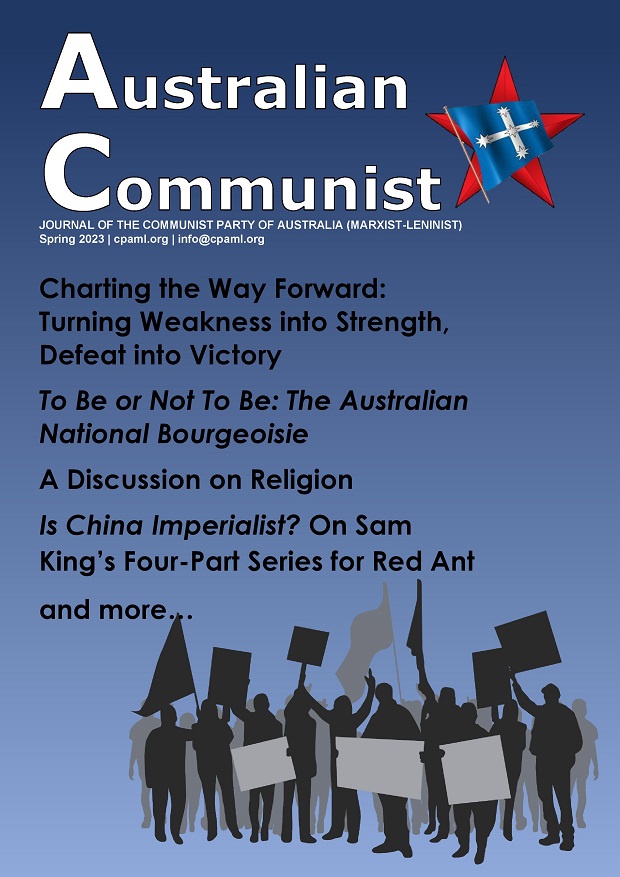
Australian Communist
Spring 2023
" property="og:description" />
Australian Communist Spring 2023
Written by: on

Australian Communist
Spring 2023
Print Version - new window Email article
How Secure Are Australia's Defence Bases?
Written by: Ned K. on 20 November 2023
(Above: Wilson Security guard at Watsonia barracks. Picture: Angie Basdekis News.com.au)
There are many military bases in Australia. There are air force bases, army bases, navy bases, rocket and missile bases, signal bases and proof ranges and training bases. Since September 11, 2001 when Al Qaeda operatives used planes to target the twin towers in New York, security measures at defence bases and domestic and international airports have received more attention and resources from successive Australian Governments.
The growing rivalry between imperialist powers of the USA, Russia and China have added to the Government's determination to ensure that Australian military bases are secure and adequate to facilitate military operations required by the US - Australia Alliance and now AUKUS commitments. These commitments successive Australian Governments have entered in to suit the needs of the USA in particular in its military operations on a global scale.
The Australian people support Australia having Australian military bases which are secure and adequate for the defence of Australian independence and peaceful neutrality.
It is ironic that as Australian Governments talk more and more about the need to increase the country's defence and national security, they have handed over the operation of security services at all defence bases to foreign owned multinational corporations!
There was a time before the frenzy of outsourcing of government services in the 1980s and 1990s when military base security services were owned and operated by Australian government departments.
Now military security services and airports are almost entirely in the hands of Wilson Security, MSS Security, Securecorp, Secom and Certis
Wilson Security is owned by the Hog Kong Kwok family who also provide security services to the Chinese Government.
MSS Security is owned by an Indian multinational security company SIS Group Enterprises.
Securecorp is owned by multinational Guardforce Group with headquarters in Hong Kong.
Secom Group is Japanese owned.
Certis Group which is a major player in airport security in particular is Singapore owned.
These multinational corporations' primary concern is not the security of Australia, Australian defence bases and the workers and military personnel inside those bases.
Their primary concern is maximizing profits.
In 2015 for example, Wilson Security's Kwok family were caught shifting profits to the tax haven of the British Virgin Islands through a shelf company Wilson Offshore Group (BVI) Holdings.
The Security Officers employed at the defence bases work long hours for low wages with high workloads. Most are on base Award rates of pay. They also get swindled out of leave entitlements and overtime payments by the way their employers construct the rosters over lengthy roster cycles.
Sub-contracting is also a common feature of security services at the Bases.
Trawling through Facebook posts by angry Security Officers indicates that these workers have had enough.
They expect more from Governments who tell the public day in and day out how important defence is at the moment.
Their demands for higher wages and better conditions and ultimately to be directly employed as government Security Officers will be supported by the people.
Print Version - new window Email article
Israeli crimes in the Gaza Strip continue (2006-2023)
Written by: Fouad Baker DFLP on 17 November 2023
The comrades at the Democratic Front for the Liberation of Palestine (DFLP) have asked political parties everywhere to publicise their statement on Israeli crimes in the Gaza Strip. We are more than happy to oblige - eds.
 Foreign affairs Department at the Democratic Front for the Liberation of Palestine 2023/11/16
Foreign affairs Department at the Democratic Front for the Liberation of Palestine 2023/11/16
Israeli crimes in the Gaza Strip continue (2006-2023)
To the political parties in the world,
The barbaric Israeli aggression supported by Western colonial countries, especially the United States, which has been continuing since the eighth of last October, was not the first. Rather, it was preceded by many wars on the Gaza Strip, resulting in tens of thousands of martyrs and wounded, in addition to the systematic destruction of homes and infrastructure.
Wars and aggression are an inherent feature of the Israeli entity since its inception, which masters committing massacres and crimes against defenseless civilians, using the latest products produced by the Israeli and Western killing and destruction machine against residential neighborhoods and civilian facilities, in an area with the highest population density (the area of the Gaza Strip is 365 km2 and it is more populated (2.2 million people)).
During a period of 17 years (i.e. from the start of the unjust siege on the Gaza Strip from 2006 until 2023), Israel launched (12) wars against the Strip, including (6) destructive wars. The number of martyrs during these wars reached more than 4,300 martyrs, in addition to about 19,500 wounded, 2014 was the bloodiest and most brutal year, not to mention the massive destruction... while the number of Israeli deaths did not exceed 136 dead and about 4,000 wounded.
1) Shattered Illusion 2006: 277 Palestinians were killed and 1,167 wounded in Israeli raids that continued for three months.
2) Hot winter 2008: 125 Palestinians were killed and large numbers of wounded over the course of five days of bombing.
3) Battle of Al-Furqan 2008 – 2009: 1,430 Palestinian martyrs were martyred, including about 400 children and 240 women, 5,400 wounded, in addition to the complete or partial destruction of more than 10,000 homes.
4) Battle of the Shale Stones: About 180 Palestinians were martyred, including 42 children and 11 women, and about 1,300 others were injured.
5) The battle of the eaten storm: 2,322 martyrs and 11,000 wounded were killed, and Israel committed massacres against 144 families.
6) Battle Cry of Dawn: 34 Palestinians were killed, and more than 100 others were injured
7) Battle of Saif Al-Quds: About 250 Palestinian martyrs were killed and more than 5,000 wounded.
The Gaza Strip is an integral part of the occupied Palestinian territories and it is not possible to create any kind of geographical or political separation between them. These territories are a single and unified territorial unit, and any dealing with them in a partial manner is an attempt to divide the Palestinian land with the aim of striking the unity of the Palestinian people, which we will fight. In order to dedicate it as a major issue in the central trinity: the unity of the land, the people, and the cause.
What must be emphasized repeatedly is that what happened on October 7 is an extension of what was happening before that date in the Gaza Strip, the West Bank and the city of Jerusalem in terms of criminal practices against the Palestinian people. Therefore, the battle of “Al-Aqsa Flood” comes in the context of responding to the massacres and crimes committed against our people in the West Bank and Jerusalem, and in the Gaza Strip, whether daily killings, arrests, theft of land for the purposes of settlement, the demolition of homes, the burning of entire towns, the storming and destruction of cities and camps, and the terrorization of those who are safe, are in response to the occupation’s aggression against the land and the sanctities. Therefore, we say that there is no solution to our national issue without recognizing that occupation and settlement are the basis of the issue.
The aggression is not against a faction or party, but rather against all the people, with all their parties and political and social components. It is a systematic aggression, even genocide, against an entire people, for women, for children, for the sick, for the elderly, for everything that is alive and moving on the land.
The Gaza Strip is an Israeli and Western aggression, targeting the Palestinian people across all of Palestine, especially since the number of martyrs in the West Bank has exceeded 500 martyrs since the beginning of the year, including about 200 martyrs since October 7, which is the bloodiest year for the Palestinian people. In the West Bank and Jerusalem, which confirms that the main problem is the physical presence of the occupation and its settlers.
The United Nations and its resolutions consider the West Bank, the Gaza Strip, and East Jerusalem to be Palestinian lands occupied by Israel. All international law charters allow persecuted peoples to resist the invaders. The Palestinian people have the right and even their duty to resist the Zionist occupier, and the legal, political, moral and humanitarian duty of the international community is to support the people’s resistance. The Palestinians who struggle to liberate their land do so to enable them to freely exercise their national rights away from occupation, subordination and colonialism.
The Occupation and settlements are the main root of the problem, and any solution that does not take into account the national rights of the Palestinian people will be a reason for reproducing conflicts in Palestine in Palestine and the region.
The Democratic Front for the Liberation of Palestine (DFLP) calls on all parties of the world and its political and popular institutions to condemn the war of extermination pursued by the Israeli enemy against the Palestinian people, to take punitive and deterrent measures against Israeli war criminals, and to exert pressure on Western governments that support the aggression to stop their partnership in killing and crimes against civilians of the Palestinian people and to work from In order to stop the series of crimes against humanity.
Fouad Baker
FOREIGN AFFAIRS DEPARTMENT AT (DFLP)
Contact us:
Telephone: 0096176927214
Email: baker.fouad@yahoo.co
Print Version - new window Email article
Palestine will live!
Written by: Alice M. on 16 November 2023
The Palestinian people’s protracted struggle for self-determination and liberation is inspiring people the world over.
Centuries of oppression, from slavery to Palestine today, show that the oppressed will resist, organise rebellions and revolutions for freedom, national liberation and class struggle.
Struggles against colonial, capitalist and imperialist oppression, exploitation and plunder, ebb and flow, take different forms, depending on the conditions and the relative strengths between the oppressed and their oppressors.
Print Version - new window Email article
Will AUKUS turn us into the world’s nuclear waste dump?
Written by: Nick G. on 15 November 2023
While Albo and Marles are confident that the US Congress will approve the sale of several second-hand nuclear-powered submarines to Australia, doubt remains in the US over the wisdom of the whole AUKUS arrangements.
This despite the US having suggested back in 2013 that we lease ten or twelve Virginia-class nuclear submarines, a proposal that Malcolm Fraser strongly opposed. This beneficiary of a US-backed constitutional coup became so worried about Australia’s surrender of sovereignty to its US masters that he called his book Dangerous Allies, criticising the US proposal.
Under the Morrison-Albanese AUKUS arrangements, the submarines are to be purchased, and not leased. However, the US Congress is worried that the US is so far behind in the production of nuclear submarines for its own use that it will not be able to supply new ones to Australia.
Speaking of the recent Indo-Pacific Conference in Sydney, the US online Breaking Defence journal wrote:
Indo-Pacific naval and industry leaders meet in Sydney this week for the Indo-Pacific Exposition, amid growing concerns that AUKUS, the region’s signature defense initiative, is running out of steam. Despite substantial investment over the last decade, the US submarine industrial base is generating as much backlog as boats, leading US lawmakers to question the wisdom of selling a tenth of the operational US submarine fleet to Australia. On the other side of the Pacific, a chorus of Australian leaders is balking at the potential bill for a country of 26 million to field its own nuclear submarine force.
The author went on to say of the Australian Navy that:
…its fleet of about 50 ships and 16,000 personnel is small compared to the vast region it has to protect and the alliance operations it may need to support.
And demands on the RAN are only likely to grow, as the new Australian Defence Strategic Review highlighted. Australia’s sparsely-populated northern approaches are expected to be critical for supporting alliance air and naval operations in a confrontation with China, but sustaining a presence across thousands of miles of water will be impossible using the existing Australian fleet and air force.
Meanwhile, concerns have grown about the responsibility Australia has taken on in relation to the decommissioning of the eight nuclear-powered submarines it hopes to own and operate. As the government’s Australian Submarine Agency website now clearly states;
As a responsible nuclear steward, Australia will manage all radioactive waste generate by its own Virginia Class and SSN-AUKUS submarines, including radioactive waste generate through operations, maintenance and decommissioning.
Morrison had not drawn attention to this when he announced AUKUS with his US and UK counterparts, knowing well that it would never be accepted by most Australians.
The decommissioning of a nuclear-powered submarine is a costly and complicated process. The UK has decommissioned 20, but they remain in dockyards and have done so for more than thirty years.
The problem is the nuclear waste. The reactors employ enriched uranium high in U-235 isotopes which are constantly bombarded by neutrons to release energy. The U-235 that remains after the submarine is taken out of service must be carefully extracted and stored. It has a half-life of 704 million years.
From 1946 through 1993, thirteen countries used ocean disposal or ocean dumping as a method to dispose of nuclear/radioactive waste with an approximation of 200,000 tons sourced mainly from the medical, research and nuclear industry. Since 1993, the UK has not been able to dump high level waste in the ocean, has not yet discovered a geologically stable land dump site, and so has its retired nuclear-powered submarines sitting in its harbours with their nuclear wastes intact.
Unfortunately for Australia, we are seen as a prospective dumping ground for high-level nuclear wastes because we are a relatively geographically stable land mass. It would seem that the US and the UK saw AUKUS as an opportunity to require Australia to create the high-level radioactive waste dump that could eventually solve their own nuclear waste disposal problems.
After all, if Australia can be made to dispose of the U-235 in its nuclear-powered submarines, why could it not be persuaded to take other nations’ wastes as well? This idea had previously surfaced in the South Australian Nuclear Fuel Cycle Royal Commission established in 2015 by the “left” ALP state Premier Jay Weatherill. Weatherill was enthusiastic about what it could mean for the state’s revenues, but a randomly-selected “citizens’ jury” overwhelmingly rejected the idea, and it was binned.
It stands to reason that the US made it a condition of supplying us with nuclear-powered subs that we take care of the wastes, so that they can manipulate a future Australian government into taking their, and the UK’s, waste as well at a future date.
The AUKUS arrangements must also be binned if we are not to become the world’s nuclear waste dump.
Print Version - new window Email article
Book review - Missing the point: Alison Pennington's "Gen F'D"
Written by: Blake Sartori on 15 November 2023
 Review of Alison Pennington’s Gen F’D, How Young Australians Can Reclaim Their Uncertain Futures, $24.99.
Review of Alison Pennington’s Gen F’D, How Young Australians Can Reclaim Their Uncertain Futures, $24.99.
Review by: Blake Sartori
To tread the dangerous path of summarising a book in one word, let’s settle on disappointing. If Pennington succeeded in one aspect, it is demonstrating just how void the mainstream Australian left is today, and how much farther we have to go before any of us can provide genuine explanation and battle against the current tumults.
In fairness to Pennington, the pitfalls which Gen F’D leaps into are not unique, or new. Similar stories can be found through the opinion pieces slapped on the Guardian’s website, in the Green’s talking points, and from too many a ‘progressive’. These pitfalls all share a common root, which Gen F’D fails to unearth. This weakness stems from an inherently bourgeois economics, not a socialistic one. Let us, to paraphrase Marx, be radical – and grasp matters by the root.
The issues that Pennington identifies are shared by many of the proletariat – precarious housing without much hope of home ownership, insecure jobs that are typically underpaid, and a lack of faith in the political system (take note – a political system, at large, which escapes scrutiny in Gen F’D). But these are all signs of an underlying disease. This disease, Pennington posits, is the nebulous neoliberalism. This is wrong. Instead, these symptoms come from the disease that is Capitalism. Neoliberalism is the label attached to one of its recent phases.
The first chapter of Gen F’D demonstrates Pennington’s bourgeois economic outlook from the onset. According to Pennington:
“From the 1970s, but gathering pace in the 1980s, big structural changes were made to the DNA of Australia’s economy. Businesses became increasingly determined to make quick bucks for shareholders rather than investing in people for the long term.”
Seemingly the bourgeoisie only became more determined in ever higher profits in the late 1970’s and 80’s. When the aim of the game is valorisation, ever higher profits are always front and mind of a capitalist. Pennington’s claim fails to properly account for the nature of the class struggle within Australia in the 30-odd years following WWII. In those years, the bourgeoisie still had just as much of an interest in yielding ever higher profits. What was the counter to this drive? Put simply – labour militancy, through trade union struggle by the proletariat. This omission foreshadows Pennington’s later resorting to a ‘generational divide’ analysis later in Gen F’D. If we are to concede the proletariat of past generations had their own trade union militancy and class struggle, then any sort of analysis of ‘generational divide as a class divide’ becomes unravelled.
One need look no further than the sub-section in Chapter 4 titled the loss of class to lament at the liberalism tainting Gen F’D. Pennington fails to identify class in its most basic form – being determined by the social relations that different groups have to the means of production. Even for an introductory book, this requirement shouldn’t be a tall order. Indeed, without this conceptual understanding, how can one hope to comprehend the problems facing us today and begin to forge, at least in our imaginations, what a new world might look like? And while it is essential to understand there are different strata within the proletariat and bourgeoisie, especially so in a ‘developed’ capitalist country such as Australia, to understand their underlying commonality, one must understand how these layers relate to the means of production. In a word, as workers versus owners.
Another pitfall is Pennington’s resort to a ‘generational divide.’ The inability, as outlined above - to see class as determined by social relations to the means of production - allows Pennington to divide people by age. Given the title of the book, one shouldn’t be surprised at this lacklustre analysis. And although it is true that the ratio of the average income compared to the average house price has shifted significantly in the last 50 years, Gen F’D readers are once again denied the class analysis that would allow us to see that it is not baby-boomers who are our enemy, but rather the owners and controllers of global capital. Once again, a failure to see social divide in terms of property relations.
Pennington does make some strides when confronting the liberal’s tendency to focus on ‘identity formation’ as the guiding star of one’s politics. She does well to approach this subject by not discounting the varied challenges that marginalised communities continue to face. In addition, Pennington draws a potent link between this liberal identity formation and the types of content that today’s younger generation share and consume en masse.
“Millions of algorithmically tailored sales pitches entrench human differences… Despite facing similar conditions, time spent online can make people feel worlds apart from others.”
Greens, Labor Lefties and ‘progressives’ take heed. If we are to advance the processes for total transformation, this ideological battle must be understood, lest we land ourselves with a century of infighting.
Pennington’s final chapter, Making the Modern Fair Go, introduces readers to another re-heated slab of social democracy. Even using the term ‘social democracy’ is a stretch, given the lack of any proposals for nationalisation. There is some attempt to draw readers towards the importance of rebuilding the trade union movement. But without any class analysis, this cry rings hollow. Let us be clear, labour should be organised by our class. Our interest is directly opposed to that of the owners. Past union struggles, such as the green bans waged by the Builders Labourers Federation, understood this class analysis and distilled it into concrete action. Pennington’s failure to do the same will not help to deliver a reinvigorated labour movement. What’s more, Gen F’D in no way confronts the reality of today’s labour bureaucracy, exemplified by the Shop, Distributive and Allied Employees Association, as the enemy of rank-and-file activism, let alone militancy.
Today, our class needs to be reintroduced to the basics. Good theory sharpens good practice. For all Pennington’s talk of neoliberalism, in the final analysis, we still exist in (or more accurately, are ruled by) the same economic system – capitalism. Today’s proletariat have greater means to access scientific socialist works, like those of Marx and Lenin. What’s more, we have had over two centuries of struggle from which to learn. Using the insights from theoretically informed practices will continue to prove the most adept at realising real benefits for our class.
If Gen F’D is the best on offer from today’s Australian left, that is because it is ‘best’ for those who dare not go to the root of a system of exploitation grounded on class relations.
Print Version - new window Email article
Corporate management and the Alliance for Responsible Citizenship
Written by: (Contributed) on 14 November 2023
A recent study of the views of Australians toward the economy has produced some interesting insights; a substantial section of the electorate has serious concerns about corporate management.
The corporate sector has also taken notice of the problem: their cronies and associates deeply penetrate government departments in Canberra and provincial cities, international financial institutions and other influential organisations. Little escapes their notice although whether they admit it is another matter; problems of liability merge with political expedience and the hidden identities of their trusted informants.
It has been noteworthy, therefore, how the corporate sector has chosen to deal with the problem, who selected the Australian delegation for the recent Alliance for Responsible Citizenship (ARC) conference in London, and the political line they appear to be formulating for future agendas.
The recent SEC Newgate Mood of the Nation survey of more than 1,600 Australians has revealed nearly half thought the corporate sector was not behaving in an ethical manner: key points included excessive profits, unjustified price increases, tax avoidance, political interference, stagnant wages in relation to executive pay, and the general treatment of employees. (1)
Australia, like most of the world economy, was swept along by the tide of US-led globalisation implemented through international financial institutions; after four decades of economic rationalism marked by deregulation, privatisation and liberalisation, however, ordinary Australians have received little benefit. It remains particularly revealing, therefore, to note only twenty per cent of the sample agreed with corporate sector ethics. (2)
The fact many of the richest people in Australia, and globally, pay little or no income tax on their immense wealth remains a serious matter of contention. (3)
In fact, a total of 63 per cent of the sample thought Australia was heading in the wrong direction and, 'are increasingly uneasy about the long-term prospects for the economy'. (4)
The bigger picture, likewise, is not rosy; economic rationalism has not created a vibrant economic environment.
The International Monetary Fund (IMF) World Economic Outlook, published last month, upgraded Australia's growth, but only from 1.6 per cent to 1.8 per cent; the figures reveal a mediocre level of sustainable economic development. (5) The report noted global growth was again slowing from 3.5 per cent last year, to a projected 3.0 per cent for 2023, with an even slower level of 2.9 per cent for next year. (6) So much for the dynamics of globalisation.
The corporate sector, however, is not oblivious to the economic quagmire they are largely responsible for creating.
As a means of consciously distancing themselves from traditional US-led international financial institutions they have recently established the ARC which held its first major international forum in London last month. A total of 1,500 delegates paid a conference fee of $2870 to attend a talk-fest amongst former political and economic leaders and those who have been groomed to revamp the flagging fortunes of the corporate sector. (7) The extensive use of flowery language, carefully fine-toned to create an image of something new and fashionable, included the view that 'Davos man became a caricature of itself, almost the platonic ideal of elites out of touch with ordinary people and common sense'. (8) This refers to the notion of 'Davos man' being the symbol of the World Economic Forum (WEF).
The ARC sales and marketing personnel would appear to have been working alongside specialists in psychological warfare techniques to create a viable alternative to existing bodies such as the WEF and other international financial institutions.
When studied closely, however, the ARC is not different but a continuation of the same political and economic traditions of right and far-right positions; it merely marks an attempt at re-packaging traditional conservative positions, making the way for a takeover by right and far-right forces, if, and when, required. In fact, it is not surprising to note the ARC would appear to have direct lineage to earlier, largely US-based, political front organisations including Western Goals, the American Security Council and the Conservative Caucus which were major players during the previous Cold War. (9) They are now being revamped for the present Cold War.
The Australian link in the elite ARC patronage system chose a motley crew to steer the country into higher levels of capitalist exploitation which appear more in line with far-right positions than the supposedly democratic ideals usually associated with Canberra and other provincial cities; the delegation carried some considerable and curious baggage, to say the very least.
Three former Australian right-wing prime ministers attended the London ARC conference: John Howard, Tony Abbott and Scott Morrison, together with Dominic Perrottet, former premier of NSW, and the First Nations quisling who almost single-handedly brought about the defeat of the Voice Referendum, Jacinta Nampijinpa Price. They enjoyed a wave of favourable publicity in the mainstream media. (10)
All, however, was not what it seemed at face value.
John Howard, for example, has held a long-time involvement with the notorious World Anti-Communist League (WACL) and its renamed counterpart, the World League for Freedom and Democracy (WLFD), although has always presented himself as a political figure of the centre. (11) He attended their 22nd annual conference in Brisbane in August, 1989, which was composed of 120 delegates representing fifty countries. (12)
Political expedience and downright duplicity merge; studies of the WACL/WLFD conducted by interviewing former members and their associates have revealed it is, 'largely a collection of Nazis, fascists, anti-semites, sellers of forgeries, vicious racialists, and corrupt self-seekers … the very existence of this organisation is a total disgrace … and it is a … collection of fringe ultra-rightists, religious nuts, aging ex-Nazis, emigres and cranks'. (13)
It is important to note those hosting the Brisbane conference were not only able to invite WACL delegates from such backgrounds but to also enable their safe passage through stringent Australian border controls without difficulty and without too many questions being asked about sponsoring organisations and their political affiliations. Grey flannelled dwarves in the corridors of power obviously served their purpose as Mr and Mrs Fixit.
Tony Abbott, likewise, has a long history of nasty right-wing politics and was mentored by Bob Santamaria, founder of the notorious National Civic Council (NCC). (14) The NCC was, and remains, committed to a political strategy of establishing front organisations which spew anti-communist positions and socially conservative Catholic bigotry in line with 1930s clerico-fascism. (15)
Scott Morrison would also fit comfortable into the mould of religious bigotry, holding right- wing evangelical positions which were subsequently pushed into the political arena. His tenure as prime minister was continually marked by highly questionable behaviour, which at times, bordered well into the illegal 'grey' areas of constitutional irregularities together with the notorious and illegal Robo-debt scandal. Morrison, nevertheless, remains a man in denial behind a smug grin.
Last year Morrison also joined the board of the International Democrat Union (IDU), which has been described as being aligned with 'the intolerant far-right'. (16) The stated position of the IDU was openly flouted by Hungarian leader Viktor Orban, who in 2020, addressed an audience which included Tony Abbott with praise for Australia due to its 'brave, direct and Anglo-Saxon constituency which it has shown on migration'. (17)
The fact that John Howard held the position of IDU chairman from 2004-14, is evidence of his far-right position. (18) His period of tenure was marked by disturbing trends of openly resisting asylum-seekers, which appeared blatantly racist and Islamo-phobic in nature. Howard, even to the present time, has openly admitted he has 'always had trouble with the concept of multi-culturalism', despite the fact contemporary Australia is a truly multi-cultural and multi-racial society of a vast number of different cultural and racial types. For him, the Anglo-Saxon European world in which he resides, takes precedence over the rest.
Jacinta Price has embraced this world, telling the Conference that she rejected “our most marginalised being told they are victims of their racial heritage, of our country’s history, because of colonisation…”. Instead, she said, as individuals “we all have agency”, implying that if someone is marginalised and disenfranchised it was because they had failed to use their “agency” successfully. Referring to the right-wingers and racists who had backed her campaign, she said its success “has emboldened every day Australians”. (19)
And, finally, there is the case of Dominic Perrottet; while being carefully groomed as a 'party animal', it eventually emerged he had the disposition of liking to get 'dressed up', including wearing Hitler's uniforms. When challenged about his strong identification with German fascism he dismissed it on the basis, 'he had nothing to disclose that could embarrass the Liberal Party'. (20) The NSW Liberal Party, historically, it should be noted, has come under considerable scrutiny on a number of occasions for harbouring far-right figures masquerading as loyal party members. (21)
Perrottet has been particularly noted as remaining close to John Howard and the product of a family background with strong allegiance to the reactionary Catholic Opus Dei sect; all sexual activity is for procreation only, with sublimation including flagellation. (22) The norms lend themselves to a closet lifestyle based on secrecy to avoid open identification and ridicule.
In conclusion, the corporate sector appears to be pushing the ARC agenda as a means of strengthening their class and state power to enable higher levels of exploitation of the working class; the Australian contingent, however, have chosen some highly questionable leaders! Others, associated with the Australian ARC link, have yet to be identified; for reasons perhaps best known to themselves. They appear to have no wish to openly identify themselves as being associated with the ARC.
A noted strategy used by the right and far-right, however, has always taken the form of the 'use of double agents and sleepers by the conservatives – people who join the Liberals, claim to have moderate views and become friends with the moderates, while secretly working for the right and taking over their branches'. (23)
1. Voter rage against corporate profits, Australian, 7 November 2023.
2. Ibid.
3. See: Alan Kohler – Make billionaires and multinationals pay more tax? The New Daily, 25 October 2023; and, Survival of the Richest, Oxfam publication, 2020.
4. Voter rage, Australian, op.cit., 7 November 2023.
5. Global economy still limping along: IMF., Australian, 11 October 2023.
6. Ibid.
7. Meeting of minds for a better future, The Weekend Australian, 28-29 October 2023.
8. Ibid.
9. See: Inside the League, Scott Anderson and Jon Lee Anderson, (New York, 1986), pp. 155-61.
10. Meeting of minds, Weekend Australian, op.cit., 28-29 October 2023; and, Howard's way 'leads to harmony', Australian, 3 November 2023.
11. See: Howard's way, Australian, ibid., 3 November 2023.
12. Website: WACL., 9 January 1990.
13. Inside the League, Scott Anderson and Jon Lee Anderson, op.cit., page 88.
14. See: Crusader who gave lift-off to a PM., The Weekend Australian, 1-2 August 2015.
15. Ibid; and, John Maynes and the National Civic Council, Chapter 12, The CIA's Australian Connection, Denis Freney, (Sydney, 1977), pp. 59-67; and, B.A. Santamaria, Your most obedient servant, selected letters: 1938-96, Edited, Patrick Morgan, (Victoria, 2007), pp.185-86; and, Catholic spies in ASIO's network, Australian, 11 August 2017.
16. Scott Morrison signs on with global political network home to 'intolerant far right', The New Daily, 14 September 2022.
17. Ibid.
18. Ibid.
19. See: Jacinta Price
20. Wikipedia: Dominic Perrottet.
21. See: A right wing and a prayer, The Weekend Sydney Morning Herald, 10-11 September 2005; and, Putsch to extremes, The Weekend Australian, 17-18 September 2005; and, Ardent Nazi took Liberal to extremes, Obituary: Lyenko Urbanchich (1922-2006), The Weekend Sydney Morning Herald, 4-5 March 2006; and, A man and his dogma, The Weekend Australian, 14-15 April 2007.
22. Wikipedia: Dominic Perrottet.
23. Party animals, The Weekend Sydney Morning Herald, 1-2 July 2006.
Print Version - new window Email article
Solidarity with the garment workers of Bangladesh
Written by: Garment Workers’ Trade Union Centre, Bangladesh on 12 November 2023
We have received a request from Bangladesh to support the struggles of garment workers. In the face of severe repression, including killings, they are demanding to be lifted above their poverty-level wages. According to Australian support group ActionAid, “the mainly women workers at the heart of the industry are routinely expected to work 12-to-16-hour days, six days a week in unsafe and exploitative working conditions.” Organisations such as Union Aid Abroad-APHEDA should take on working for the support of Bangladeshi’s exploited workers.
November 08, 2023
Minimum Wage Movement: 230 USD for a Month
International Call of Immediate Solidarity Action for the Struggle of Garment Workers of Bangladesh
The Garment Workers' Trade Union Centre (GWTUC), representing the interests over five million garment workers in Bangladesh, is a major global supplier of garments. They have called upon all stakeholders involved in the industry, both within and outside the country, as well as the government, to heed the demands of the ongoing movement for a minimum monthly wage of 25,000 BDT (230 USD now). This wage has remained stagnant at only 8,000 BDT (73 USD) for the past five years.
In support of the wage increase movement for workers in Bangladesh, the GWTUC calls on workers worldwide and the downtrodden to unite against the repressive owners and their government. During peaceful worker demonstrations, the government resorted to violence. Despite being the primary clothing supplier to the world, Bangladesh’s garment industry workers receive the lowest wages globally. Foreign buyers and multinational corporations in this supply chain should be held accountable. Simultaneously, the GWTUC calls upon the autocratic government of Bangladesh to stop now the human rights violations, surveillance through cell phones and social media, the killing of unarmed civilians, and the false cases and trail against trade union leaders. The world is urged to raise their voice against these injustices, and GWTUC represents this perspective.
The current wages make it nearly impossible for workers to make ends meet, and all stakeholders, including local owners, international retail brands, and other supply chain beneficiaries, should take a humane and sensitive approach to safeguard the lives of these workers who power the apparel industry.
Bangladesh ranks as the world's second-largest apparel supplier, with major brands like Adidas, Gap, Calvin Klein, H&M, Giorgio Armani, Ralph Lauren, Hugo Boss, Nike, and Tommy Hilfiger manufacturing their products here. However, Bangladeshi workers receive the lowest wages among their global counterparts.
Workers have been submitting demands to the government for nearly three years, and they are now initiating activities to increase their wages. The latest protest erupted when employers proposed a minimum wage of only 10,400 BDT.
Protests for a higher minimum wage began on October 23, as it was revealed that the wage would increase to only 10,400 BDT per month, effective from December. As in the past, protests led to confrontations with the police and hooligans affiliated with the ruling party.
In three separate industrial areas, the police are using force to suppress extensive worker protests. They are arresting hundreds of workers and filing false cases against thousands of workers, including trade union leaders.
So far, at least five workers have been killed due to police and ruling party hooligans' torture. One of them, Rasel Hawladar, was shot from a point blank range and killed at 30th October. A worker named Imran died in the fire on the same day. These protests have now spread to various industrial areas, and violence and oppression continue. Workers have gone on strike and ceased working in factories. Unable to force them back to work, factory owners are now seeking negotiations with worker representatives, including those from the Garment Workers’ Trade Union Centre. Among all these, on November 8, the government has proposed a minimum wage of 12,500 BDT for the workers. The workers rejected the proposal and announced to continue the movement. Workers refuse to return to work with the proposed minimum wage. In response, the ruling party and factory owners are jointly threatening local union leaders, hinting at the possibility of arresting and imprisoning these leaders if the strike persists. On November 8, police fired at a workers rally again and killed another woman worker, Anjuara Khatun.
The government is in discussions with GWTUC on one hand. On the other hand, various false allegations are being rapidly processed against the top leadership of GWTUC, including Vice President Joly Talukdar, General Secretary Sadekur Rahman Shamim, and Deputy General Secretary Monzur Moin. Due to the judiciary's complete dependence on the government in the current governance system of the country, GWTUC is calling on the global community to stand against the unjust incarceration of top trade union leaders again for an extended period. Additionally, GWTUC are asking to the working class of the France to raise their voice in protest of the act by the French government, for serving Bangladeshi autocratic government by giving aggressive surveillance technology which is barbarically using against human rights activists, trade unionist and democratic movement. They have urged people around the world to join this cause.
The garment workers of Bangladesh are demanding a minimum monthly wage of 25,000 Bangladeshi Taka and are struggling against the factory owners. Despite facing various atrocities, the movement continues. We call on all of our fraternal trade unions to stand in solidarity with the ongoing movement of the workers in Bangladesh.
Workers of the World, Unite!
Long live, Internationalism and Solidarity!
Thank You
Maria Ferdawsi
International Affairs Secretary
Garment Workers’ Trade Union Centre, Bangladesh
Further reading and links:
http://Anjana's Story - ActionAid Australia
http://Our Projects | Union Aid Abroad-APHEDA
Print Version - new window Email article
Albanese’s visit to China – a different China from the one Whitlam visited in 1973
Written by: Ned K. on 11 November 2023
(Above: Albanese and Xi Jinping Photo source: Twitter)
Recently Prime Minister Albanese visited China and met with the Chinese Communist Party's leader Xi Jinping. Albanese and his government know they have a problem. Their political and military allegiance is with US imperialism and this has deepened through its commitment to AUKUS, nuclear submarines and an expansion of US military bases of one form or another in Australia. US imperialism's main target is China. The problem for Albanese and his government is that China also remains Australia's major trading partner and is likely to remain so for many years to come.
Albanese came away from his visit to China all smiles in the hope that China's tariffs on Australian products will be lifted. He also trotted out the same mantra of previous Prime Ministers about their concern about "human rights" violations in China, a few days after China would have noted that Australia abstained on the UN vote for an immediate Ceasefire in Gaza!
Albanese's visit to China came 50 years since Prime Minister Whitlam's visit to China in 1973 which was a landmark visit because Australia recognised the People's Republic of China before the US did so. Albanese in his visit was hoping to repair trade relations between the two countries and paint a picture of himself as following in the footsteps of Whitlam as far as relations with China goes.
However, there are some important differences regarding the relationship between Australia and China in 1973 and in 2023 and also the relationship between Australia and the USA.
In 1973 when Whitlam visited China, China was starting to emerge from the Cultural Revolution and was still on the path to building a socialist country with the ruling CCP under the leadership of Mao Zedong. In 1973, Whitlam made murmurs about whether it was in Australia's interests to have the US-owned Pine Gap and other military bases in Australia. The CIA was meddling in Australia's internal affairs and the US embassy in Australia was openly concerned about Whitlam's murmurs.
In 2023 when Albanese visited China, China was no longer on the path to building a socialist country, but challenging US imperialism as the world's number one capitalist economic system "with Chinese characteristics". President Biden of the USA and US imperialism's mouthpiece in the media in Australia, the Murdoch Press, were impressed with Albanese's total commitment to AUKUS and the USA's use of Australia as a military base from which to launch attacks on China when required.
China in 2023 has expanded economically like previous imperialist powers with a very visible and wealthy capitalist class of private and state-owned corporations and individual company directors.
Evidence of Chinese capitalist expansion sometimes hits the news headlines such as the Chinese company operating the Port of Darwin, a few hundred kilometres away from large US military bases in Australia!
There are other forms of Chinese capitalist expansion into Australia that Chairman Mao and Whitlam, when they met in 1973, would never have imagined! An example of this was tucked away in a report in the Australian Financial Review on Wednesday 8 November 2023. The reporting article was headed "Chinese buyers use private jets to swoop in on Toorak mansions".
The report said that a real estate agent in Melbourne, Mr Bragilevsky, "facilitated $135 million of real estate deals in Toorak in the past 6 months and all these buyers were Chinese". One of the buyers from China was Xin Zhang who bought a Toorak mansion for $21.5 million. Another Chinese client, a Mr Jin Du, the chief executive of a clothing manufacturer, bought a mansion on fashionable Whernside Avenue Toorak for $33.5 million.
Mr Bragilevsky said "the Chinese will pay over the odds for single dwellings. These will serve as the family home with their children attending prestige schools like Scotch College"!
The Albanese government can see that it needs China as a trade partner for its own electoral survival but that it must continue to kow-tow to US imperialism or face the same or similar fate as the Whitlam government - a semi coup orchestrated by USA.
There is an alternative for an Australian government. That is to have trust in the people of Australia to back Australia having an independent foreign policy and removal of all foreign power owned military bases in Australia.
Print Version - new window Email article
Bosses still out to undermine Awards in changing workforce
Written by: (Contributed) on 7 November 2023
While the federal government in Canberra makes minor amendments and deals with opposition to their Closing the Loopholes Bill, some reports emerging about the changing composition of the Australian workforce have not raised concerns from the business-classes.
In fact, the business-classes have remained totally quiet about the massive growth of temporary work visas, which hinder security of longer-term, viable employment and permanent residency leading to citizenship status.
It provides evidence of a business-class agenda marked by attack on basic Award terms and conditions of employment being largely unaccountable, a plan designed to ensure many workers remain employed, indefinitely, on the vulnerable basis at the whim of their employers.
Criticism of the Closing the Loopholes Bill, passing through Canberra, has been the rallying cry of the Australian business-classes. Some of the complaints have been particularly revealing; while casualisation remains a huge problem, the political line of the business-classes is that it remains a matter of choice and the 25 per cent paid over the standard wage is a fair outcome for not having sick leave, annual leave and other entitlements; a position symptomatic of industrial relations conducted on level-playing fields with economic trickle-down wealth rubbish. (1) The business lobby, in conjunction with the Opposition in Canberra, have, nevertheless, launched a multi-million dollar campaign to challenge the legislation.
It is not particularly difficult to establish why the business-classes remain so agitated about the Bill; an official statement from Canberra, for example, has accused opposition to Labor's proposed legislation as 'being solely motivated by a desire to keep wages low'. (2) Decades of economic rationalism and exploitation of workers has created huge profits which have not 'trickled down', but, to the contrary, enriched the already wealthy and powerful business lobby; they are now, therefore, squealing like stuck pigs, realising their game is up!
For 2.7 million Australian workers employed as casual workers, for example, opposition to the legislation completely overlooks the fact they remain on minimal credit ratings due to no security of employment and, therefore, remain on the economic fringes of mainstream Australian society, subsisting on the day-by-day basis with little opportunity for longer-term financial planning and enhanced outcomes. Mortgages and car loans are a major problem. Many have also been long-term casual workers for years, seemingly, almost forgotten.
Casual workers tend to be difficult for trade unions to recruit and organise, for a variety of reasons. The temporary nature of their employment creates conditions whereby longer-term planning for improved terms and conditions of employment take lower priority over receiving their pay every week. Immigrants arriving in Australia from some countries may also be cautious about joining a union in fear of retaliation from employers; in countries such as the Philippines and India, two large immigrant groups in Australia, trade union activists are often targeted by far-right para-military organisations and killed.
Official statistics reveal Australia has a total workforce of those aged between 18 and 67 years, of 14,115,100; a participation rate of about 66 per cent, however, leaves only 9,428,886 million. (3) In reality the true figure is likely to be far lower, with those of working age not officially registered as unemployed or elsewhere. When comparing the small size of the Australian workforce with the estimated $3.3 billion Super theft by employers each year, it is not difficult, however, to establish what the business-classes regard as ethical best practice. (4)
When broken down into component parts, the Australian workforce would also appear to have changed in composition in recent years. While the country has always been dependent upon immigration for a reliable workforce, in recent years there has been a dramatic increase in temporary work visas. The latest official statistics reveal nearly 2.3 million workers live in Australia without permanent residency. (5)
Many of those residing in Australia on temporary work visas also never access permanent residency for a variety of reasons: better prospects elsewhere, high rents, problems with employers, bureaucracy. In fact, during the past financial year, for example, those on temporary work visas rose 424,000, 'more than twice the number of enduring settlers'. (6)
The Australian economy has also been noted as stagnating during the three months to June, with at least one in eight mortgage-holders now, 'unable to make ends meet … and … Australians may have been working harder and longer to maintain a reasonable standard of living as the cost of living soared'. (7) Those casually employed, together with those on temporary visas, must find living in Australia, at the present time, financially very difficult.
It is also significant to note a substantial proportion of those on temporary visas do not necessarily enter the Australian workforce as skilled workers, revealing shortages of labour in those areas of unskilled and semi-skilled employment. In fact, in the 2020-21 year, when the permanent program accepted 160,000 new immigrant workers, only half were in the skilled sector; later in the 2022-23 year, only 73 per cent were skilled. (8) Unskilled and semi-skilled workers are usually paid basic Award rates of pay or slightly above on workplace agreements, while skilled workers and trades-people receive far more.
The early experiences of immigrant workers in Australia often include rampant wage theft, as they are not aware of their rights and the obligations of employers. (9) A recent study conducted by Unions NSW and the Migrant Workers Centre found more than one-fifth of immigrant workers were paid less than other workers for the same job and 19 per cent 'lost an opportunity for promotion at work because of their visa status'. (10) So much for a fair go. A similar study conducted by the ACTU in May also established the hourly pay rate between casual workers and those permanently employed had risen to 28 per cent; casual workers earned $11.59 less an hour than their permanent work colleagues. (11)
When added together, 2.7 million casual workers and 2.3 million workers on temporary visas comprise a substantial proportion of the Australian work-force, although there may be some overlap. The former, however, have been targeted by the business-classes for special attention, to undermine government planning for permanent employment provision and increased wage rates, whilst the latter have been subject to silence as they are being systematically used to undermine Award wage rates, and terms and conditions of employment.
The problem, nevertheless, has already been highlighted by a top bureaucrat in Canberra, Martin Parkinson, who detailed how, 'what we've done without ever setting out to do it … is we've created a guest worker program with a permanent underclass of people who are temporary migrants … they have no pathways to permanency, they have no idea what their status is, but we also don't force them to leave'. (12) So there!
The silence of the business-classes over the matter is, therefore, revealing!
They have 2.3 million workers who live in fear of losing their employment as they are not entitled to welfare benefits and, therefore, remain in Australia for their livelihoods at the whim of their employers. The master-and-servant type relationship has been pushed by employers to undermine basic Award terms and conditions of employment and standard industrial relations. Those on the receiving end of this standard business practice continue to suffer, in silence. It is a total disgrace!
What is urgently required is for more stringent policing of the powers of the business classes
by trade union delegates and officials, by allowing open access to financial records and incriminating information, and for the judiciary to then act in the appropriate manner and secure criminal convictions!
1. See: Casuals still in danger under Labor's blue-print. Australian, 2 November 2023; and, Survival of the richest, Oxfam publication, 2020.
2. Pub giant toasts changes for casual workers, The Weekend Australian, 4-5 November 2023.
3. Labour Force, Australia, Australian Bureau of Statistics, 19 October 2023.
4. Pub giant, Weekend Australian, op.cit., 4-5 November 2023.
5. See: Migration reboot to target skilled talent, Australian, 30 October 2023.
6. Ibid.
7. Flat-out working but going nowhere, Australian, 11 October 2023.
8. Migration reboot, Australian, op.cit., 30 October 2023.
9. See: New migrants the key victims of wage theft, Australian, 24 May 2023.
10. Pay rorts rife for migrant workers, Australian, 22 June 2023.
11. Casual pay gaps at record levels, Australian, 23 May 2023.
12. Migration reboot, Australian, op.cit., 30 October 2023.
Print Version - new window Email article
Imperialism and the Israeli state condemned Palestinians to poverty.
Written by: Ned K. on 5 November 2023
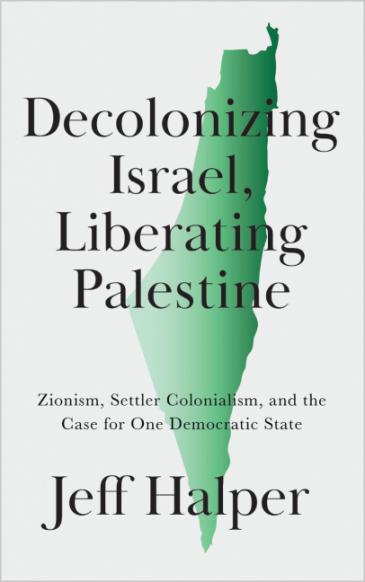 In his book Decolonizing Israel, Liberating Palestine, Jeff Halper provides readers with an insight into how imperialism and the Israeli state imposed their neo-liberal economic policies on the Occupied Palestinian Territories (OPT) to impoverish the Palestinian people.
In his book Decolonizing Israel, Liberating Palestine, Jeff Halper provides readers with an insight into how imperialism and the Israeli state imposed their neo-liberal economic policies on the Occupied Palestinian Territories (OPT) to impoverish the Palestinian people.
Harper says that the foundation of neoliberal control was the Paris Protocol of 1994 which gave Israel control over Palestinians and customs and trade, two thirds of the Palestinian Authority's revenue and 40% of its spending. Israel since then controlled all the points of entry into Palestinian territory giving it power over Palestinian imports and exports.
Even worse, the imperialist backed Paris Protocol gave Israel control over the licensing of both industrial and commercial Palestinian enterprises, plus control over shipping and insurance agents that Palestinian businesses had to use.
By 2021 manufacturing owned by Palestinians had declined to 10% of the economy and 90% of industrial enterprises in the Occupied Territories employed less than five people.
Neoliberal "reforms" prioritized the West Bank over Gaza under attempts by Israel and western powers led by the USA and supported by the Australian Government to isolate Hamas which in 2006 was the elected government of Gaza. Israel expanded industrial zones attached to their expanding settlements on Occupied Land and used cheap Palestinian labour to serve Israeli owned businesses.
Over time, the Occupied Palestinian Territories’ economies became co-opted in to Israel's "free market" economy, itself dependent on imperialist finance capital.
By 2021 less than 1% of so-called 'development funds' from the West via Israel into the Palestinian Occupied Territories economies went to agriculture.
By 2018 unemployment in the West Bank was 31%. In Gaza unemployment was a staggering 52%!
70% of Palestinians in 2018 lived on less than $2 per day.
60% of Palestinian imports are from Israel and 80% of its exports go to Israel. So not only has Israel backed by the western powers de-developed the Palestinian Territories’ economies (that have never been strong in any event) but made them dependent on Israel.
The Israeli economy in 2021 was 60 times the size of the economies of West Bank and Gaza and with more and more land disappearing through illegal Israeli settlements, the situation in 2023 was even worse.
It is in this economic context of deliberate economic impoverishment that Hamas launched its attack on Israeli settlements north of Gaza.
Print Version - new window Email article
Strength In Diversity - The Australian Working Class
Written by: Ned K. on 3 November 2023
(Above: Victorian dairy workers, members of the United Workers Union display unity in strike action in October)
The Australian Bureau of Statistics has recently released its Population By Country Of Birth Report for 2022. The Report recorded that the overseas-born people in Australia represented 29.5% of the total population.
According to the Report, by international standards, Australia has a high proportion of overseas-born people. The USA has 15.3%, Canada has 21.3 % and France has 13.!%.
The USA figure may be much higher if undocumented migrant workers, arguably the backbone of the US economy are included.
Although people born in England are still the largest migrant group at 961,000, the number of migrants born in England is steadily declining. The number of migrants born in developing countries continues to increase. Indian-Australians born overseas number 750,000, with large numbers of people born in China, Philippines, Vietnam, Malaysia and Nepal also looking to build their lives in Australia. The total number of overseas-born people in Australia is 7.7 million out of a total population of about 26 million.
There are overseas-born migrants in smaller numbers from many other developing countries from Asia, Africa and South America.
Most of the new migrants have to work for a living and make up a significant portion of the working class. They come from different cultures and have experienced different economic and political lives in their countries of birth.
For generations since British colonial invasion of this continent, the ruling class has hoped new migrants and First Nations People turned out as a good source of cheap labour for the needs of capitalism's industries.
In the age of the internet and now Artificial Intelligence, the nature of work is constantly changing but the ruling class still needs workers to create surplus value from which profits are derived.
New migrant workers are awake up to this and participate in collective action with other workers in pursuit of common goals as cost of living continues to rise. Sometimes they participate in workers struggles despite their visa status and threats from some employers of dobbing them to Immigration Department authorities for working when their visa has expired or is awaiting extension.
Many new migrants from developing countries in particular were ineligible to vote on the Voice Referendum but empathize with First Nations people because of their own experiences in their country of origin.
This empathy with First Nations people's struggles and the experiences in their countries of origin strengthens the working class as a whole.
This in stark contrast to the ruling class and their press barons like the Murdoch group who look for every opportunity to weaken and divide the working class.
Print Version - new window Email article
For a United Front against Fossil Fuels and Feral Species
Written by: Alan Jackson on 3 November 2023
(Above: Original image Queensland Fire and Emergency Services facebook)
This week, dozens of fires have burned across Queensland. More homes have burned in the state than during the 2019–2020 Black Summer – 57 so far this year, compared to 49.
The current fires are peculiar compared to previously because the fires aren’t being slowed in any capacity by nighttime which usually brings lower temperatures and more moisture in the air. Queensland South-East and western downs regions are seeing more than five times more nighttime hotspots than average. (1) This is not an isolated issue and corresponds to similar cases in Canada, Spain, Greece and many other countries. Strongly permeated by ongoing climate change due to capitalism’s inherent infinite expansion of a finite planet and gutting of safer more pricey alternatives for cheaper and dangerous alternatives that destroy the environment.
Adding petroleum so to speak to this already heated situations is a key ingredient in Hawaii’s deadly Maui fires — unmanaged invasive grasses, like the highly inflammable buffel grass — is also spreading throughout vast areas of Australia, prompting a warning about the increased risk to people, houses and biodiversity on this side of the globe.
Buffel grass expansion is growing further south at an accelerated rate and has the ability to grow in 60-70% of Australia, particularly in dry and arid climates which are so very common place in Australia. Buffel grass is also tough to manage with the labour required being intensive and expensive due to buffel grass’s widespread distribution often in remote areas. (2) Almost 50% of the Tjoritija/MacDonnell national park west of Alice Springs has been burnt since the start of 2023 with Northern Territory Parks and Wildlife senior director Chris Day stating “if we only had native grass in the landscape we would find these fires much less intensive”. (3) To date, an area twice the size of Tasmania has been burnt in the NT.
Not only is the damage from the expansion of buffel grass ecological due to the fires it permeates but it is also cultural effecting Fist Nations people directly through its destruction of native plant biodiversity that is so important to their daily lives.
Buffel grass is one of the worst invaders of arid ecosystems worldwide. Across Central Australia, buffel grass was deliberately planted at scale since the 1950's by the NT Government, CSIRO and pastoralists as a feed for cattle and as a dust suppressant for degraded lands (usually due to overstocking). Buffel grass outcompetes native wildlife and is considered a transformer weed due to its ability to change habitat and is greatly impacting First People’s culture and connection to country. For many years Aboriginal leaders from affected areas have been speaking out and demanding action to mitigate the buffel grass threat. Buffel is still not considered a weed in the Northern Territory despite it being declared so in South Australia in 2015. Buffel affects the viability of bush foods, bush medicines and plant materials to be harvested, in addition to altering hunting practices. Culturally significant animal and plant species are to also be impacted. (4)
The reason that Buffel grass and climate change have been allowed to gut Australia’s climate and habitat is due to monopoly capitalism and its failure to shut down fossil fuel industries allowing global warming to permeate. Inherently connected to capitalism’s insatiable drive for profit is the pastoral industry’s profit-before-environment over-grazing and denuding of country, followed by introduction of invasive species like cane toads, and grasses such as buffel grass and the failure of the governments and pastoralists to manage crops that aren’t native to our country.
These fires and the ecological destruction of the country cannot be stopped unless capitalism is dismantled. A system predicated on infinite expansion of a finite planet cannot fix our ecological disasters and societal ills. Socialism is a necessity. In the meantime, a United front of the First Nations people, small and medium-sized farmers, regional townsfolk and the urban working classes must be agitated, organised, mobilised and unleashed in mass united struggle against buffel grass, global warming and unhealthy environmental practices that continue to destroy Australia’s environment and First Nations peoples’ daily life necessities.
I write this on the traditional land of the Butchulla people and recognise the abhorrent appropriation that led to my fortunate dwelling here.
Print Version - new window Email article
Support for Albanese, Wong and Marles declines, even within their own ranks
Written by: Ned K. on 3 November 2023
Within the governing Labor Party parliamentarians there are a range of views regarding the Palestinians struggle against Zionist state of Israel and its imperialist backers, led by the USA.
Some in the ALP government such as Tony Bourke are more sympathetic to the Palestinian cause and are also worried about an election voter backlash in his western Sydney electorate. Others like Sue Lines from WA are strong supporters of the Palestinians.
However, the decisive leadership of the ALP Government in Albanese, Defence Minister Marles and Foreign Minister Wong are firmly in the Zionist/US imperialist camp.
They were quick to condemn Hamas when it attacked Israeli forces and settlements in occupied Palestinian land north of the Gaza open air prison and quick to join the USA in branding them as a "terrorists". Albanese and Wong in particular had some support from the Australian people when they attacked Hamas over reports of killing civilans.
However their support from the Australian people started to go downhill from there.
As the Zionist Israeli regime launched its devasting military arsenal on the people of Gaza and to a lesser extent in the West Bank, Albanes, Marles and Wong pushed the US imperialist line that Israel had the right to defend itself against Hamas.
They repeated ad nauseam that Hamas was a "terrorist" organization, conveniently omitting that Hamas was actually an elected government of Gaza which even former US President Jimmy Carter said was a fact.
Their justification for condemning Hamas was the killing of Israeli civilians by Hamas.
The Israeli military's response in killing thousands of Palestinian civilians including children in Gaza has not been met by cries of Israeli Government "terrorism" by Albanese, Marles and Wong. They still push the line of the Israeli Government and US imperialism that Israel has the "right to defend itself"!
As the situation in Gaza worsens for the people, many rank-and-file people within the ALP and trade unions in particular can see that the struggle in Gaza is one of an oppressed, poorly armed Palestinian indigenous people and an Israeli military force armed with the most advanced weapons and financial backing of the USA.
The other day, one young ALP member said in a lunchtime conversation that it was time to "call them out" (ie Albanese, Marles and Wong) regarding their " disgraceful" lack of support for the Palestinians.
Another young ALP member said that she thought Israel wanted to flatten the northern part of Gaza and everything in it and expand Israeli settlements into more Palestinian land!
In response, another ALP member said, "And the rest. Israel intends flattening the whole of Gaza and getting rid of all the Palestinians"
These young people were hopeful that with "Left" faction leaders Albanese and Wong in key positions of Prime Minister and Foreign Minister, there would be progressive change especially on foreign policy. First, they were served up with AUKUS and nuclear submarines and now with Australian Government support for the Zionist regime of Israel!
Albanese, Marles and Wong then would have heard the views of Sydney's western suburbs people of the Islamic faith saying they would never vote ALP again after the Sydney Opera House was lit up in Israeli colours of blue and white.
To top off their commitment to the Zionist regime and the USA the Australian Government could not bring itself to support the UN Resolution for a Cease Fire in Gaza.
Then Albanese, Wong and Marles must have had a light bulb moment, but with a pretty dimly lit globe.
They started saying that Israel should continue its aggressive military push into Gaza to "defend itself against Hamas" but kill less civilians in the process.
They could still not bring themselves to say Cease Fire Now!
Print Version - new window Email article
Microsoft buys into AUKUS and Australian surveillance industry
Written by: (Contributed) on 31 October 2023
(Above; original image by freepik0
An announcement that Microsoft was planning joint operations with Australian security agencies has revealed higher level Cold War security provision with the military-industrial complex. It has also revealed even closer diplomatic links between Australia and the United States, and a further escalation of hostilities directed toward China across the Indo-Pacific region. While ostensibly concerned with cyber-related defence and security concerns, the move will affect every level of Australian society, directly or indirectly.
The planned $5 billion upgrade of Australian defence and security provision with cyber strategy by Microsoft had been additional to the already $9.9 billion allocated for the Redspice program with Australian Signals Directorate (ASD) last year. (1) There is little ambiguity about the planned upgrade: resting on the Redspice program where it was formally noted to be linked to the elite Five Eyes intelligence sharing facilities and the AUKUS defence and security for 'supporting a secure Indo-Pacific region', the new bumper Cyber Security Strategy (CSS) has been primarily directed toward countries considered adversaries; it is intended to be fully operational by 2030 as the 'second pillar' of AUKUS focussed upon 'technology sharing of advanced capabilities'. (2)
Two features of the CSS include: stronger diplomatic links between the US and Australia; and intelligence facilities primarily concerned with more efficient information and technology sharing through the use of AI. (3)
When viewed in the context of the present Cold War with China, an escalation of diplomatic hostilities will obviously occur, particularly in the Indo-Pacific region where Australia provides defence and security coverage of the southern half for 'US interests'.
The announcement that Microsoft was already planning to increase its computer capacities by about 250 per cent during the next two years, reveals a stepping up of Cold War militarism; it rests upon a rapid uptake of AI. (4) When viewed in the context of the previous Cold War, there are far-reaching implications for Australians, directly by placing the country on a war-footing with China, and indirectly by domestic surveillance and monitoring of the civilian population.
There is little doubt that China remains the focus of US-led militarism sweeping the Indo-Pacific region; what, however, clouds the war-drive is the massive domestic surveillance of civilian populations. (5) Numerous US-led military exercises create fictional enemies in the warped minds of those lurking in the corridors of power inside the Pentagon.
Hidden in the official media releases was reference to 'Microsoft's collaboration with the ASD (Australian Signals Directorate – eds) to enhance cyber security for households and business', which can be viewed as contentious. (6) The previous Cold War was marked by massive domestic surveillance and espionage by those welding class and state power over ordinary citizens. Declassified documents, from the period, reveal civil liberties amounted to very little in those eyes of those welding power.
Beginning in the 1960s, the US formalised Project X, for example, which was based at the US Intelligence Center and School at Port Holabird, Maryland; the project was designed to 'provide intelligence training to foreign friendly governments'. (7) Various 'lessons' provided for students, by US military officials, included extensive profiling of entire populations: 'they included lessons in creating black, grey or white lists of potential adversaries and in making block-by-block inventories of families and their assets to keep tabs of the population'. (8)
The extensive use of intelligence agents to infiltrate 'a wide array of groups, including political parties, labor unions, youth and student groups, religious organisations, and publishing organisations', was considered a legitimate way for those welding class and state power to gather intelligence for profiling. (9) Today, there is little need for infiltration agents, the required intelligence can be easily collected from cyber-space and social media.
In fact, several years ago the US National Security Agency (NSA) closed a number of intelligence-gathering facilities because 'the NSA's attention shifted to finding ways to exploit the global reach of Google, Microsoft, Venizon and other US technical powers'. (10)
Studies of the US-led telecommunications interception facilities have concluded that the Echelon system has the ability to sift through millions of messages and select intelligence using 'trigger words' which are then used for higher-level analysis and profiling. (11)
The new CSS facilities also include Microsoft establishing nine 'new data centres in Australia', supposedly for protecting the country from cyber-criminals, while declassified documents from the previous Cold War have revealed US foreign policy and 'co-ordinated counter-intelligence activities world-wide … are conducted against … those who oppose the US Defence Department … during peacetime and all levels of conflict'. (12)
The latter would appear to have taken priority over the former; the military practice was never discarded, only upgraded through the subsequent decades to the present day. The spies in cyber-space are not elsewhere, but within.
And those who fail to learn the lessons of history, have to repeat them over and over again:
We need an independent foreign policy!
1. Microsoft to spend $5 billion 'turbocharging' AI in Australia, Australian, 24 October 2023; and, Redspice, The Guardian (U.K.), 29 March 2022.
2. Guardian, ibid., 29 March 2022; and, US trip must send signal of unity, Editorial, Australian, 25 October 2023; and, Australian, ibid., 24 October 2023; and, Killing by Algorithm, Declassified Australia, 21 August 2023.
3. Editorial, Australian, ibid., 24 October 2023.
4. Microsoft, Australian, op.cit., 24 October 2023.
5. See: China 'is right at the top' of US watch list, Australian, 26 October 2023; and, Indo-Pacific still 'top of the list', Editorial, Australian, 26 October 2023.
6. PM enlists Microsoft for cyber war, Australian, 24 October 2023.
7. Lost History: Project X, Drugs and Death Squads, Robert Parry, The Consortium Magazine, 31 March 1997.
8. Army's Project X had wider audience, The Washington Post, 6 March 1997.
9. Ibid.
10. The intelligence coup of the century, The Washington Post, 11 February 2020; and, Compromised encryption machines, The Washington Post, 17 February 2020; and, Crypto AG / Five Eyes, The Millennial Source, 15 February 2020; 'Crypto AG – the CIA', The Daily Telegraph (London), 12 February 2020.
11. Espionage, Spies and Secrets, Richard M. Bennett, (London, 2002), Echelon, pp. 89-93.
12. Turbocharging, Australian, op.cit., 24 October 2023; and, Army Foreign Intelligence Assistance Program, Army Regulation 381-20, Section 1.5, Mission and Policy, page 1, (declassified, 15 November 1993).
Print Version - new window Email article
Beware AUKUS expansion
Written by: Nick G. on 30 October 2023
US imperialism wants to expand AUKUS on several levels, neither of which contribute to global peace or to Australia as an independent and sovereign nation.
Opposition to AUKUS has for very good reasons concentrated on the question of Australia acquiring at a staggering cost of at least $368 billion eight nuclear-powered submarines. This is the so-called First Pillar level of the AUKUS arrangements, and involves a tri-lateral agreement between the US, UK and Australia.
It is possible for this level of the agreement to include other nations. As early as December 2022, at the annual AUSMIN talks, the question arose of incorporating Japan into AUKUS, and there were some light-hearted references to it becoming JAUKUS.
More recently, the UK Parliament Foreign Affairs Committee again raised the matter of expanding AUKUS to include Japan in its Second Pillar of “information sharing”, saying that its aim was to eventually invite Japan into the First Pillar nuclear-powered submarine arrangement.
However, Japanese public opinion is unlikely to support such a move. This was made clear on September 20 by Abe Nobuyasu, a former United Nations Under-Secretary-General for Disarmament Affairs and former Director-General for Arms Control and Science Affairs at the Japanese Ministry of Foreign Affairs. In an article for the Asia-Pacific Leadership Network, he cautioned that:
…nuclear-powered submarines would be a very different story for Japan. Unlike South Korea, which has already expressed interest in acquiring such submarines, a significant part of the Japanese population still maintains a strong aversion against anything “nuclear.” Japan continues to monitor radioactive releases from American nuclear-powered warships when they visit Japan. There is a historical precedent of Japan abandoning its civil nuclear-powered ship project after an experimental vessel named Mutsu was found to have released radioactive waste. The residents of Mutsu port refused the entry of the ship, leading to its eventual abandonment in 1990.
With the recent election of the New Zealand conservatives, the focus has shifted to Pillar 2 of AUKUS.
In 1987 New Zealand was thrown out of the Australia-New Zealand-US (ANZUS) Alliance after Wellington banned nuclear weapons and nuclear propulsion from its territory. However, Pillar 2 of AUKUS relates to creating a shared platform for military expansion as defined in the following areas:
• Undersea capabilities. Through the AUKUS Undersea Robotics Autonomous Systems (AURAS) project, our nations are collaborating on autonomous underwater vehicles, which will be a significant force multiplier for our maritime forces. Initial trials and experimentation of this capability are planned for 2023.
• Quantum technologies. The AUKUS Quantum Arrangement (AQuA) will accelerate investments to deliver generation-after-next quantum capabilities. It will have an initial focus on quantum technologies for positioning, navigation, and timing. Together, we will integrate emerging quantum technologies in trials and experimentation over the next three years.
• Artificial intelligence and autonomy. Trilateral cooperation on artificial intelligence (AI) and autonomy will provide critical enablers for future force capabilities, improving the speed and precision of decision-making processes to maintain a capability edge and defend against AI-enabled threats. Early work is focused on accelerating adoption, and improving the resilience of, autonomous and AI-enabled systems in contested environments.
• Advanced Cyber. In light of the importance of the cyber domain to advanced capabilities, we are focusing our efforts on strengthening cyber capabilities, including protecting critical communications and operations systems.
• Hypersonic and counter-hypersonic capabilities. The AUKUS partners will work together to accelerate development of advanced hypersonic and counter-hypersonic capabilities.
• Electronic warfare. The electromagnetic spectrum is increasingly contested. The three countries will work together to share understanding of tools, techniques, and technology to enable our forces to operate in contested and degraded environments.
• Innovation. Our work on innovation aims to accelerate our respective defense innovation enterprises and learn from one another, including ways to more rapidly integrate commercial technologies to solve warfighting needs.
• Information sharing. We will expand and accelerate sharing of sensitive information, including as a first priority enabling workstreams that underpin our work on agreed areas of advanced capabilities.
New Zealand Nationals leader and Prime Minister Chris Luxon has confirmed that New Zealand is looking to join Pillar 2. If Japan and South Korea also join Pillar 2, it will mean an expanded development of war capabilities in the Asia-Pacific region.
The other area of AUKUS expansion is outer space. We have already commented on US plans for expansion of AUKUS to include the space domain. On October 27, further details emerged of these plans, namely a redrafting of US Space Command’s Joint Publication 3-14 (JP 3-14): Joint Space Operations.
This includes more clearly establishing the fact that SPACECOM and the other combatant commands will conduct “offensive and defensive space operations” during conflict, using “direct or enabling” capabilities against adversary space assets — that is, spacecraft on orbit, terrestrial control stations and/or the data links between them. It also details SPACECOM’s area of responsibility (AOR) in joint operations.
The new JP 3-14 introduces the term “astrographic” to describe SPACECOM’s area of responsibility, which starts at 100 kilometers (54 nautical miles) above mean sea level. It says that SPACECOM’s AOR is “defined by altitudes rather than a nations’ borders or latitude/longitudinal coordinates.” It stretches into “exgeosynchronous” orbit — that is, beyond about 36,000 kilometers (about 19,000 nautical miles) above mean sea level.
Another change in the new JP 3-14 is the avoidance of the terms “space control” and “counterspace” in acknowledgement that space control “implies ownership,” which could be read as counter to the UN 1967 Outer Space Treaty. Euphemisms are the first refuge of the dishonest and it is of some concern that the US is now prepared to ditch terms which over many years have been used as code for offensive space operations and the weaponry to support them.
It is in this context that the new agreement signed between Albanese and Biden on October 26 needs to be seen. The two countries have signed a Technology Safeguards Agreement that will create more opportunities for US space companies to launch space vehicles from Australia. Underscoring the military implications is the design of the agreement – it seeks to protect sensitive US space launch technology and data. According to the online US Breaking Defense in a comment on the Biden-Albanese meeting:
The US Space Force is keenly interested in the capability to launch military payloads from Australia and the wider Southern Hemisphere.
Most spacecraft are launched eastward to take advantage of the speed boost provided by the Earth’s rotation, and the closer to the equator — where the Earth’s surface spins the fastest due to the laws of physics — the launch takes place, the bigger that boost. Australia is not only fairly close to the equator, but also launching eastward from the continent allows easier orbital insertion over China.
Any plans for the expansion of AUKUS run counter to the objective of an independent and peaceful Australia.
They need close and careful scrutiny by all who refuse to see further surrendering of Australian sovereignty to the US war machine.
Print Version - new window Email article
Free Palestine! The National Liberation struggle of the Palestinian people is just!
Written by: CPA (M-L) on 28 October 2023
The massive offensive by Hamas forces, with numerous rockets, the breaking through the Israeli prison fence and the entry of Palestinian fighters into seven Israeli-occupied areas of Palestine on Oct 7, is the just reaction of a people who, for decades, have been suffocating under Israel’s murderous grip.
It is an act produced by the ongoing crime of the Israeli-Zionist-settler state against the Palestinian people.
The crime is the transformation of the Gaza Strip into the largest prison in the world. Israel's fascists have driven Gaza’s 2.3 million inhabitants into conditions of unbelievable poverty and misery through a 16-year blockade. The Israeli state is displaying its brutal dictatorship and its moves towards implementing a "final solution" of the complete annihilation of the Palestinian people in its massive bombardment of houses, and apartment, hospital and other civic buildings in densely populated areas, heightened by its ‘total blockade’ of food, water, medicine and fuel.
The crime is continuous encroachment of Palestinian land by settlers of the Israeli occupiers with the effective blessing of all Israeli governments - "left-wing", "centrist", "right-wing" and in recent years "far-right" and openly fascist parties. The new crime of forcing abandonment of north Gaza under fierce bombardment strives to extend and consolidate land seizures.
That crime, continuous, now accelerated and fascist, is ultimately directed at the expulsion of Palestinians from their land through the 1948 war of conquest, the 1967 war, repeated lesser wars and ‘incursions’ that led to the occupation of most of Palestine and the suffocating control of the rest by the fascist-Zionists of Israel, on behalf of and dependent on arms and funding by the USA.
The US has done all it could to plant a watchdog state in the Middle East to dominate the region and, to provide a platform for interventions to ensure its superiority in this crucial - geopolitical and economic-energy – crossroads.
Given the characteristics of Hamas, its illusions about some of the reactionary regimes in the region and its connections with others, this attack is also linked to Palestinians’ efforts to blow up the Biden administration's promotion of agreement between Israel and Saudi Arabia, by which the US strives to further "degrade" the "Palestinian issue".
Despite reservations about the disposition of the Hamas leadership, the depth of the preparation of the attack and the response of the occupiers, and, above all, the lack of those ideological and political elements of a communist orientation that could bring victory to the armed struggle, these developments show that, even if they don’t have the leaderships they are due, the people reject their chains!
The Palestinian people have taken their armed struggle to the heart of the Israeli-Zionist settler state, exposing their own determination and rejection of genocide, while exposing the inherent weakness of their fascist-occupier. Oppression and fascist genocidal extension of their occupation continuously build and rebuild the Palestinian struggle for National Liberation, while exhausting the occupiers’ forces.
This development multiplies the complications of the Middle East. The region has become a red-hot tangle of contradictions. Significant rearrangements have been taking place. Simultaneously with the events in Gaza, the Turkish bourgeoisie has bombed areas of Iraq and Syria for the umpteenth time, while its drones have been shot down by US forces based in the Kurdish areas of north-eastern Syria. Iran and Saudi Arabia, mediated by China, are trying to find ways to coexist (hence Biden's intervention), while Yemen continues to suffer the long-standing back-breaking war by Saudi Arabia and its allies. Internal contradictions in the Arab world have been tightened by several notches at once.
The United States, joined by the European Union, accomplices and pillars of fascist-Zionist-settler Israel, and enablers of its crimes against the Palestinian people, issue statements of support and talk about the "right of self-defence" of the occupiers. The Australian government can’t echo US statements fast enough. Grovelling to the USA in supporting Israeli genocidal efforts, the Albanese Labour government continues - shamefully for every progressive person - the support of the Zionist-Settler state that has characterised every Australian government throughout the shameful history of Israeli settler land theft, dispossession and fascist-occupation.
Progressive people all over the earth, the oppressed peoples of the planet, are with the Palestinian David versus the Israeli-American Goliath. They are with the Palestinian people struggling to live with dignity in a free homeland against their fascist-Zionist conquerors who have been murdering them in every way and by every means for 75 long years!
The CPA (M-L) calls on all progressive organizations, every progressive collective, every progressive person, to defend, broadly and massively, on the street and in every corner of the country, the just cause and rights of the struggling Palestinian people to their national liberation.
Print Version - new window Email article
“Understanding of Zionism…” available again
Written by: CPA (M-L) on 28 October 2023
A Canadian friend has sent us a Canadian reprint of a 3-part article on Zionism that was first published in Vanguard in 1975.
The series provides evidence of collaboration between Nazi and Zionist leaders to prioritise the escape of certain Jews to Palestine at the expense of the vast majority left to suffer and die in the concentration camps. An example is provided of Hungary where Zionist leader Rudolf Kastner collaborated with the man who was Commissar of all German concentration camps, Kurt Becher. Becher was saved from prosecution at Nuremburg by Kastner, and lived in Germany until 1995. He became a fabulously wealthy businessman in Germany after the war, doing business with Israel. Kastner, however, was prosecuted in Israel and subsequently assassinated. The author claims this may have been to conceal the full extent of the collaboration between Zionist leaders and the Nazis.
At the time of writing, the author did not have access to an equally damning study of the fate of Jews in Holland under the Nazis. Jewish Dutch historian Jacob Presser presented evidence of the collaboration between Zionist Jewish community leaders and the Nazis as the latter progressively deprived Dutch Jews of their rights and shipped them to concentration camps and death. His book, Ashes in the Wind: The Destruction of Dutch Jewry was published in 1965, but was out of print for many years, only being reprinted in 2010.
Our Canadian friend suggested we reprint and publish this 3-part series, and a retyped version would have perhaps been more readable, but given the current interest in Israeli Zionism’s war on Gaza Palestinians, we have decided to instead make the Canadian pdf immediately available. It can be accessed here in our booklets section.
Print Version - new window Email article
The GPS system: military use and US strivings to maintain domination
Written by: (Contributed) on 28 October 2023
Revelations that the US is urgently seeking to upgrade their dual-use Global Positioning System (GPS) intelligence facilities has emerged due to significant factors, including competition from China and the Russian Federation together with other systems controlled by those usually associated as US allies.
Serious questions about the effectiveness of the US-led GPS system and defence and security provision appear to have arisen. An insight into the US position, furthermore, can be found amongst studies from the previous Cold War which reveal the nature of US foreign policy toward China in the present Cold War.
During mid-October a media release from Washington found its way into a mainstream Australian outlet. It announced that fears had been raised about the centrality of the US-led GPS, which for fifty years had been a world leader in global navigation, geo-location and time services. (1) Planning has already taken place for the system to be further upgraded with a fleet of satellites to enable 'non-military devices more precise co-ordinates in more indoor and hard-to-reach spaces'. (2)
Non-military users of the GPS rely upon the facilities for a multitude of household items including clocks and timing devices, smart-phones and other smart-devices, and road-users with location finding. The gadgets are a dominant feature of everyday life in Australia.
What was not divulged, however, was that the GPS is dual-use technology, closely linked to sensitive US-led intelligence facilities. It is, therefore, not surprising to note the GPS was established for use in 1973, coinciding with the official opening of intelligence facilities based on Diego Garcia in the Indian Ocean and Pine Gap in Central Australia; other linked facilities included the opening of Silvermine near Cape Town in South Africa with arcs within the Southern Ocean Defence Plan, from Argentina to South Africa, to Diego Garcia, to Pine Gap. (3) Pentagon controlled, it transformed the nature of intelligence-gathering. (4)
While the system has been fully operational since 1995, the US Space Force have now taken control of the system, while still inside the Pentagon. (5)
Present-day military planning to upgrade the GPS has also included maintaining the original radio frequencies for gadgets, 'to avoid making billions of dependent devices obsolete'. (6)
Studies of the military-uses of the GPS have revealed widespread surveillance and monitoring facilities: the Pine Gap facilities have been noted as possessing the ability to work as a 'multi-purpose vacuum cleaner … sucking electronic signals 35,000 kms into space and feeding them into the enormous computer complex at Pine Gap … unwanted data is sifted out by computers on the ground'. (7)
The Echelon system has provided the basis for sifting through masses of basic intelligence data and selecting only those items required for higher levels of analysis and profiling. (8) It was working overtime during the pandemic.
Any controversy surrounding the use of the GPS system by the Pentagon for regional surveillance can be easily clarified by the fact the main satellite position was placed over Borneo in Indonesia, at the end of the First Island Chain of the US Island Chain Theory (ICT) and its regional defence and security provision. (9) The island chains represent areas of access and egress into the Asia-Pacific region, which the US have used in an attempt to restrict China's ability to enhance their diplomatic presence and influence in the most dynamic sector of the global economy. (see diagram)
ICT was conveniently shelved at the end of the previous Cold War, then suddenly revamped and directed toward China with the onset of the present one.
The island chains have also been subject to US military planning for their Pacific Deterrence Initiative with networks of precision-strike missiles along the first island chain, costed at $27.4 billion; integrated air missile defence systems have also been planned for the second island chain. (10) The US are clearly planning for military hostilities and ‘real-war scenarios' against China, more likely than not, in the Indo-Pacific region.
Fears, however, have arisen within Pentagon circles that competition from both China and Russia have presented a credible challenge to US-led supremacy with their own GPS.
China's Beidou system, for example, has grown in recent years to have 46 operational satellites which provided global coverage in 2020; the US, by contrast, has only 31 operational satellites. (11) The Beidou system, furthermore, is based on at least thirty precision-enhancing monitoring stations on earth and claims to pinpoint users' locations accurate within several cms. The service also offers ‘basic two-way communications capacities'. (12) Other competitors including Russia and the EU, likewise, already have facilities which offer global coverage. (13) Japan and India have also developed technology for more localised uses in the northern Asia region as part of main US-led systems. (14)
In conclusion, the balance of forces is swinging away from the traditional US-led hegemonic position in the Indo-Pacific region; hidden within Australian defence budgets from Canberra, nevertheless, lies information relating to the extra burden placed on Australian tax-payers to fund US-led military and security provision for ‘US interests' together with wholesale interference with our domestic and everyday communications:
We need an independent foreign policy!
1. US's GPS system at risk of losing top position, Australian, 17 October 2023.
2. Ibid, and, Wikipedia: List of GPS satellites, detailing that on 15 August 2023, the system had about half of its satellite system officially ‘retired', together with a further two lost while being launched.
3. Wikipedia, Diego Garcia; and, Maritime Operational and Communications HQ., Front Page, The Star (South Africa), 10 March 1973; and, Security in the Mountain, The Star (South Africa), 17 March 1973.
4. The CIA and the cult of intelligence, Victor Marchetti and John D, Marks, London, 1976), page 121.
5. Australian, op.cit., 17 October 2023.
6. Ibid.
7. The Secrets of Pine Gap, Willian Pinwill, Australian Penthouse, October 1979, pp. 62-68; and, The Falcon and the Snowman, Robert Lindsay, (London, 1981), Chapter 34, pp. 237-249.
8. Espionage, Spies and Secrets, Richard M. Bennett, (London, 2002), Echelon, pp. 89-93.
9. Secrets of Pine Gap, ibid; and, Diagram – Island Chain Theory.
10. See: US to build anti-China missile network along first island chain, Nikkei., 5 March 2021; and, US Indo-Pacific Command proposes new missile capabilities to deter China, RFA., 5 March 2021.
11. Australian, op.cit., 17 October 2023.
12. Ibid.
13. Ibid.
14. Ibid.
Print Version - new window Email article
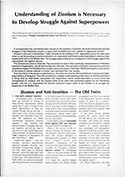 " property="og:description" />
" property="og:description" />
Republished: Understanding of Zionism is necessary to develop struggle against superpowers
Written by: on
Print Version - new window Email article
After the referendum, we cannot fight blindly
Written by: Lindy Nolan on 23 October 2023
The enemies of First Peoples have announced their strategy and tactics. Over coming days, weeks, months and years, allies of First Peoples must be ready to join the fight with the clear eyes of truth.
Years ago, a dear friend said, “We live very different lives Lindy.” She grew up in La Perouse on Botany Bay shores, but her kinship links spread southwards along Yuin land to towards Lake Tyers in Victoria, west into the headwaters of the Snowy River, and north along the coast to her mother’s People. None of those links, she says, is a full stop. They flow further with connections to all those who make up the First Peoples of this continent and its islands.
Each day my friend stands for unity and for justice despite ongoing trauma.
Saturday 14th October remains a time of deep grief for the great majority of First Peoples and their allies. But the pain is deeper for those on the front line of the enemy’s attacks. Its offensive has already begun.
It means allies who have the privilege to live comparatively comfortable lives on stolen lands must stand strong, to show First Peoples they are not alone.
We cannot fight blindly. Non-indigenous people made up the vast majority of combatants in the referendum battle. We have both the luxury and the ethical obligation to begin summing up the lessons that led to its defeat.
We need to set aside our own grief and anger and blame, and look with clear eyes at what went wrong.
From the past to the future
The first Aboriginal resistance to invasion began on Bidjigal land and lasted 20 years. It then spread to every corner of what is called Australia, holding back safe settlement on average between ten and thirty years.
How did spears, nulla nullas and boomerangs have such success against the world’s most powerful economic, scientific and military power?
Bidjigal man Pemulwuy struck the first blow, leading clan alliances of Bidjigal, Dharawal and Dharug. They fought from Botany Bay’s wetlands and high rocky cliffs, to Sydney Town, to Parramatta and many places between.
At Brickfield Hill near what became Sydney’s Central Station, they approached apparently peacefully. A sudden attack, and they disappeared without injury into sunset’s blinding light, where no amount of 18th century firepower could make them visible.
Ground chosen by the enemy
That pattern to strike where the enemy was weak and they were strong was repeated again and again across continent for 150 years.
When their enemy attacked, they retreated. When their enemy retreated, they attacked. They never fought on ground that suited their enemy.
The referendum, with all the good will and immense effort in the world, did the opposite. The decision on First Peoples lives was handed to non-Indigenous people. Most were indoctrinated, told half-truths, lied to or empowered to vote in ignorance. In some places and cases vicious racism was let loose. This was ground where the enemy held strength.
Yet 5.5 million still voted yes. That’s no small number. Some who voted no, both First Peoples and allies, will join other campaigns and battles, when First Peoples’ ground is safe and solid and their enemy is disadvantaged.
Victory from defeat
Pemulwuy was killed in 1802 and his son Tedbury in 1810. Pemulwuy’s decapitated head was sent to England, and lost. But his spirit, and of all those who resist in their myriad of different ways, live on.
On October 14, a long battle ended in defeat. It’s harder and crueller, but we can learn more from defeat than victory.
The enemy has declared war on multiple fronts. We must deny them the capacity to ever fight on such favourable ground again, where those who don’t know truth in all its fullness or those who act in irrational fear or with malice can so easily be used. We must find ways to disrupt their unity and build our own.
We must look beneath the surface to those who benefit from the far-right push of Abbott, Dutton, Mundine and Price, the giant corporations which stood on both sides in the referendum, which used it to divide. They are still coming for Aboriginal lands.
Print Version - new window Email article
Dan Duggan - a shameful anniversary
Written by: Nick G. on 21 October 2023
Today marks the first anniversary of the jailing of US-born Australian citizen Dan Duggan.
He was seized by Federal Police officers at the insistence of our US rulers who want to extradite him to face charges in the US. The charges relate to training he undertook of Chinese pilots.
Even assuming the extradition process is legitimate, Duggan could have been kept in home detention, or in a minimum security facility close to home.
But no, such is the power of the US over Australian politicians and police that he was thrown into the harshest possible environment - a maximum security gaol where he has been held for long periods in solitary confinement.
Only three hours after he was scooped up by Australian Federal Police on Oct. 21, 2022, a Friday, Dan Duggan was on his way to Bathurst Correctional Centre. He would find himself not just in maximum security, solitary confinement. But in a dry cell.
“A dry cell is one with no toilet or running water. Placement in a dry cell may be suitable for an inmate suspected of concealing contraband within a body cavity or an inmate who has refused to supply a urine sample. No inmate is to be placed in a dry cell for more than 24 hours,” Corrective Services NSW website states.
Dan should not have been in a dry cell. And he should not have been in a dry cell for two days, nobody should be. These are just two of the first breaches of Dan’s human rights that have been perpetrated on him. Dan remained in Bathurst for about five days until he was transferred to Silverwater. During this time his lawyer Dennis Miralis did not know where he was. His wife and children did not know where he was. Yet Dan had not been charged with any offences in Australia. He has no history of violence. This is what the system can do in Australia. This, apparently, fulfils our extradition treaty with the US.
The state apparatus under capitalism – the judicial system, police, gaols, armed forces – is the coercive, violent expression of capitalist state power. In Australia, that means state power in the service of US imperialism. Its economic, political, diplomatic, cultural and military control of Australia is manifested everyday. Just think of Assange, of AUKUS, of US bases throughout the country, of Murdoch’s media, of war preparations against China, of repetition of US assurances that Israel can do what it likes to the Palestinian people.
Today, Dan Duggan will have been locked up in his own country, in maximum security solitary confinement on the say-so of the United State government for 12 months. This is a horrific breach of Australian sovereignty and a nightmare for an Australian family of eight.
The #DanDuggan Twitter (X) page, supported by his family, pulls no punches:
While Dan has been tortured and has his rights as an Australian citizen stripped away by a government that has bent its knee too far to its US ally, his family has suffered cruel and unusual punishment.
That the Australian government has deliberately chosen to inflict such pain and trauma on an Australian woman Saffrine Duggan and her and Dan’s six children Molly 18, Finn, 17, Rory, 17, Jack 10, Hazel 8 and Ginger 6 is beyond shameful. Labor came to office promising better, kinder government and almost immediately granted a bridging visa to the Murugappan family including the two young girls born in Australia, releasing them for years of government sponsored torture and trauma. Yet it has turned around six months’ later an incarcerated Dan Duggan, on the back of an unproven and disputed US indictment for events that took place outside the US 12 years ago. Since then not one government agency has been in contact with the family to offer any help. You, the taxpayer, are paying for Dan’s incarceration but the government won’t offer a single one of your cents to helping this family. Once a week, Dan’s kid’s make the 90 minute drive to Lithgow’s brutal, unwelcoming gaol where they are searched and prodded, sniffed by dogs and moved through up to a dozen security doors. They spend maybe an hour - if they are lucky - in a tiny glass encased room watched constantly by guards. Is this how Australia's politicians, the shadowy bureaucrats who advise them and other decision makers in the security apparatus want their kids to be treated? Is this the Australia that you want to live in?
No, we want to live in a free and independent socialist Australia where Australians determine the direction of the economy, the content of cultures, and exercise the fullest capacity for independent decision-making in matters of foreign policy.
We stand with Dan Duggan and demand his release and protection from the vengeful processes of US extradition.
We stand with Assange on the same basis.
We stand with persecuted whistleblowers David McBride and Richard Boyle.
Unite to protect our rights and liberties!
Print Version - new window Email article
Palestinians just struggle demands support!
Written by: CPA (M-L) on 18 October 2023
Hundreds of thousands around the world rallied in the streets of more than 90 cities demanding Israel immediately ends the genocidal bombardment and barbaric blockade of Palestinian Gaza.

The relentless carpet bombing and cutting off power, water, food and medicines into Gaza has left more than 3,500 Palestinians dead with numbers of dead and injured continuing to rise as Israel continues to pound Gaza and threatens military invasion and annihilation of Palestinians. Israel bombardment is targeting schools, hospitals, Mosques and Churches housing fleeing refugees from north Gaza.
Gaza is an open air prison of displaced and dispossessed Palestinian refugees evicted from their homes and country by the colonial Zionist Israel state with the full support of western imperialist powers. For 75 years Palestinians have fought for their liberation, resisting Zionist Israel’s ruthless oppression and occupation, backed by US imperialism.
Israel would never be able to maintain and escalate its brutal colonial occupation, expansion of settlements, the Gaza blockade, murdering thousands of Palestinians, without full political and financial backing from U.S. imperialism, pouring nearly $4 billion in military aid every year into Israel. Since 1948 at the establishment of Israel state and brutal eviction of Palestinians from their homes and country, the US has given Israel more military aid than to any other country.
Israel is a vitally important strategic economic and military base for US imperialism in the Middle East with huge oil and gas reserves in the Mediterranean sea bordering Gaza. The ordinary people of Palestine and Israel are hostages of the US and Zionist colonial and imperialist domination.
World Wide Solidarity
Solidarity with Palestinians struggle for national liberation is galvanising globally. The long struggles of Palestinians for national liberation resonates strongly with millions of people, especially those living under the heavy boot of colonialism and imperialism.
Australia’s Aboriginal and Torres Strait Islander People identify with the Palestinian people’s shared history and experiences of dispossession, oppression, discrimination, and in their long struggle for self determination.
In Australia, since the start of Israel bombing of Gaza nearly 2 weeks ago protest rallies have been held in many Australian cities. On the weekend of 13 – 15 October thousands joined protest rallies across the country in most cities, and heard passionate and powerful speeches by Palestinians, First Nations peoples, Moslems, Jews, Christians and many others.
More rallies will be held on the weekend of 21-23 October.
Many peoples'organisations are releasing statements and petitions condemning Israel.
Australian Palestine Union Solidarity Statement https://auspalestine.org/our-statement/
Reports from around the country ...
Brisbane - Meanjin
Thousands marched through the streets of Brisbane on 13 October.
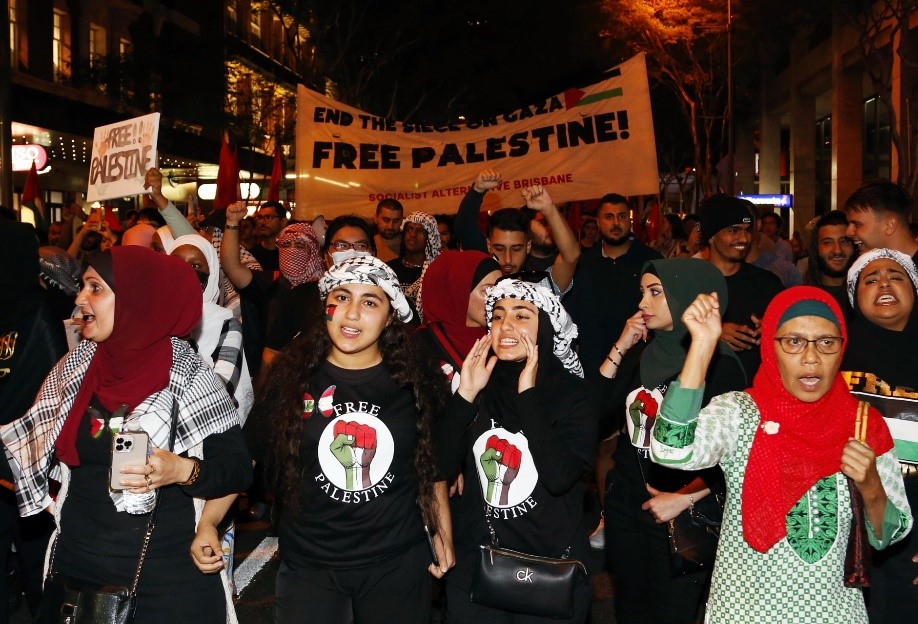 Canberra - Ngambri
Canberra - Ngambri
Canberra held one of its biggest rallies attended by approximately 300 people. For a city populated largely by public servants and politicians it was a significant and militant protest.
Sydney- Gadigal
Despite threats, thousands rally in Sydney for Palestine
“We are fighting human animals and we are acting accordingly.” Yoav Gallant, Israeli “Defence”
Minister https://www.middleeasteye.net/news/israel-palestine-war-fighting-human-animals- defence-minister
After the Opera House sails and Australian Parliament displayed Israeli flag colours, NSW Premier
Chris Minns used media outrage about smoke flares and anti-semitism to undermine further Palestinian protests in Sydney.
Despite threatening potential protestors with new NSW anti-protest laws, more than 6000 came in defiance.
A speaker from Palestine Action Group told them, “For 75 years these horrors have been inflicted
upon us. This did not start last weekend. This has been ongoing for seven decades.”
He continued, “And what did the world do, when faced with images of the apartheid brutality in the
West Bank? Gaza has been under blockade for 16 years. What did the world do in years past? With
every single war on Gaza? The asymmetric death toll, Palestinians dead in their thousands?
“Because you cannot keep a people locked up, chained, subject to brutality and occupation and the
indignity of the military violence that Israel subjugates us with every single day, and not expect that
would somehow come crashing down.”
Beyond endurance
Professor Peter Slezak, the son of holocaust survivors and for decades a voice for sanctions on Israel,
said thousands of Jews are protesting in New York chanting ‘Not in our name’.
“It’s not anti-Jewish to protest the crimes of the state of Israel,” he declared.
“It was a desperate breakout from a concentration camp by the people of Gaza,” he continued,
saying this so-called ‘unprovoked’ attack came after the decades of attacks by Israel. “The world only
pays attention when Israelis are killed and Palestinians resist,” not when the opposite is true.
Professor Bezak said life in Gaza “is beyond endurance. What did Israel or the world community
expect? How can you trap over two million in Gaza, half of whom are children in the one of the most
densely populated places on the planet?
He condemned the officially stated Israeli policy, of keeping Gazans at starvation level, but still alive,
that Israeli leaders mockingly describe as ‘putting Palestinians on a diet’.
In one attack, “Israeli snipers lined up on a barricade and shot nurses, disabled people in wheelchairs
and hundreds and hundreds of unarmed civilians.”
There have been four military invasions since 2008. 70 percent of the population of Gaza are on humanitarian aid, 40 percent are unemployed, ten percent of the children under five have stunted growth due to malnutrition, 60 percent of Gaza’s school children are anaemic and 90 percent of the water in Gaza is unfit for human consumption.”
Current Israeli leaders have publicly abandoned the so-call two state solution
Al Jazeera gives the hourly toll of new horrors.
The Palestine Action Group speaker concluded, “My message to politicians is Palestine will be free!
And a day of reckoning is coming that a genocide was being perpetrated AND YOU DID NOTHING!
And that shame will live with you forever.”
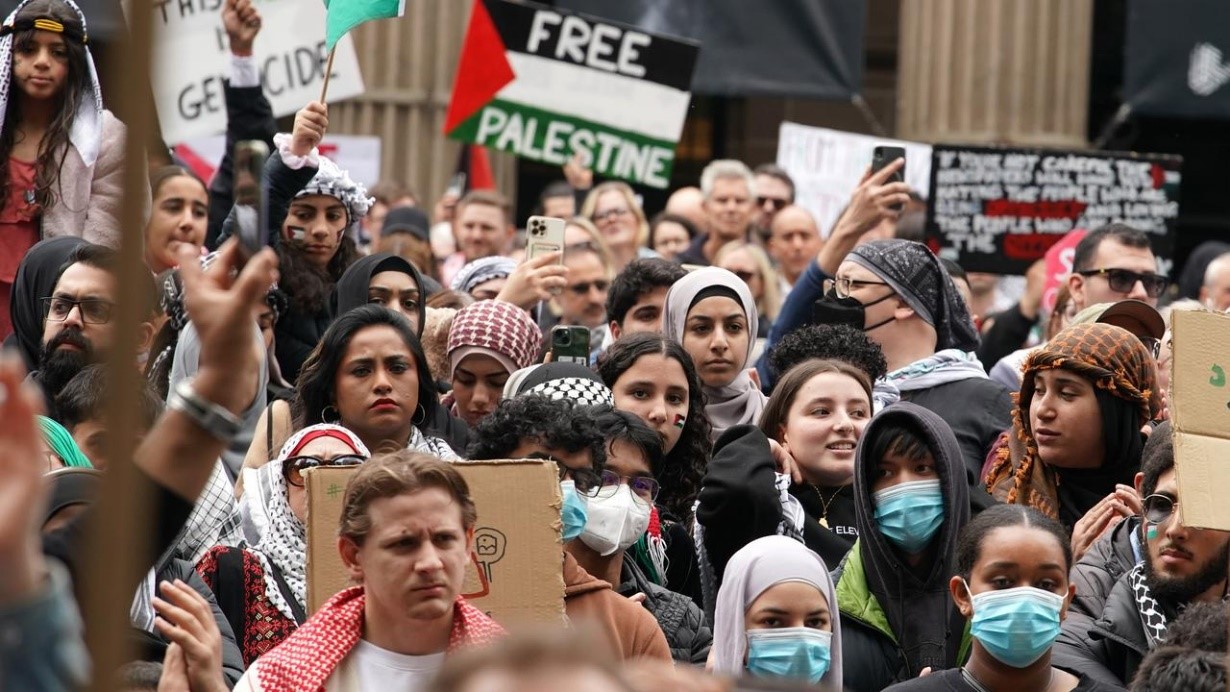
Melbourne - Naarm
Justice and equality for all “from the river to the sea”. In Melbourne, on Sunday 15 October, 15,000 rallied and marched through the streets of Melbourne CBD calling for an end to bombing of Gaza and the blockade, end Israeli occupation and the slaughter of Palestinians.
The rally heard passionate and powerful speeches from Australia’s First Nations people, Palestinians, Moslems and Jews. Gary Foley, a veteran leader of the First Nations people told the rally that the First Nations people have stood in solidarity with Palestinian people and their liberation for a long time. He linked the Australian First Nations people’s struggle for land rights and self-determination with the Palestinian struggle against Israel colonialism and imperialism.
Nasser Mashni representing Australians for Palestine Advocacy Network, expressed his heart felt thanks to the thousands who came out in support of the Palestinian people. He said it was gratifying to see so many from people’s organisations at the rally. Mashni, son of Palestinian refugees evicted from their Palestinian home during the 1948 Nakba, pointed out the hypocrisy of the successive Australian governments and the media, silent for decades whilst thousands of Palestinians were being killed. Mashni told the rally to be proud for standing on the side of justice with the Palestinian people, and not be intimidated.
The large crowd enthusiastically welcomed a young Jewish speaker who condemned the occupation of Palestine and compared Gaza to the Warsaw Ghetto. Other speakers included representative of the Islamic Council of Victoria, Samah Sabawi (Palestinian poet and writer), Women for Palestine, Janet Rice (Greens) and socialists. Speakers called for end to apartheid, and justice and equality for all “from the river to the sea”.
The rally marched through the streets of Melbourne chanting “Free, Free Palestine”, “End the blockade and bombing of Gaza”, “Israel, USA how many kids did you kill today” and “In our thousands, in our millions we are all Palestinians.”


Statement by the Australian Jewish Democratic Society (Melbourne -Naarm))
“We recognise that Israelis will never truly be free until Palestinians are also free; that for Israelis to be safe, there is no option but to achieve a robust political resolution with Palestinian that demands painful concessions on both sides, including recognizing the reality of the other´s permanency.”

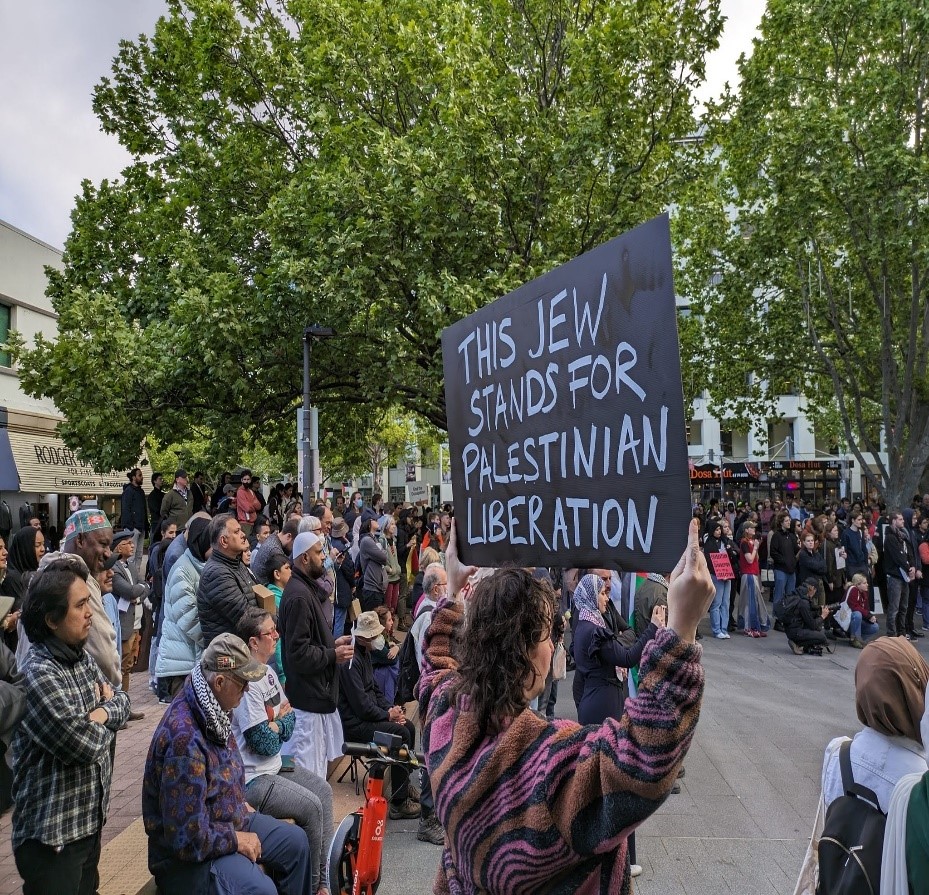
Adelaide - Kaurna
In Adelaide about 4,000 people attended the biggest Palestinian rally for a long time. The rally marched from Parliament House onto North Terrace and to Victoria Square.
Imad Mahmoud called on Australian federal and state governments to stop being complicit in Israel's ongoing violent occupation of Palestinian territories.
"If there was no ongoing occupation, there would be no violence and you know that," he said. "If there was no daily brutal oppression there would be no violence and you know that.
Mike Khizam from Friends of Palestine group said only the people's movement in support of Palestinian people in Gaza could prevent Israel from escalating their aggression into a catastrophic war throughout the Middle East.
Another rally is planned for next Sunday 22 October.
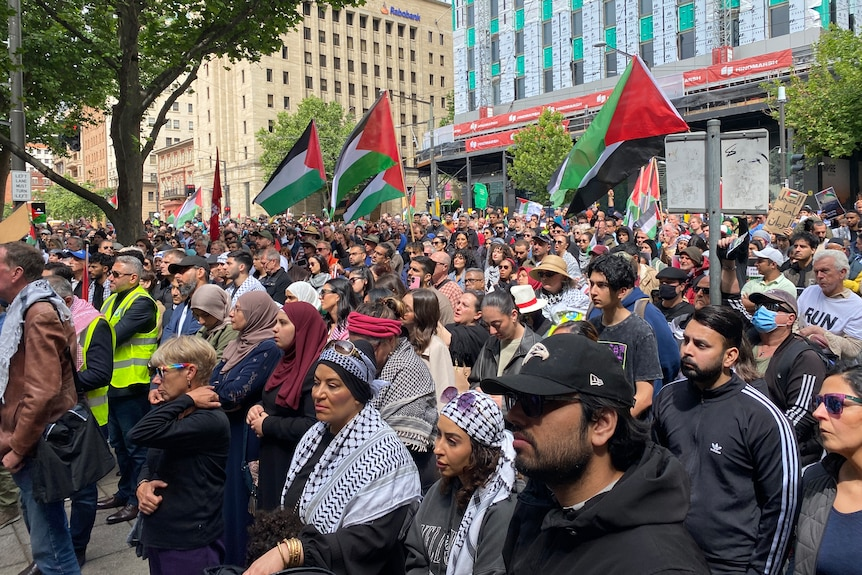
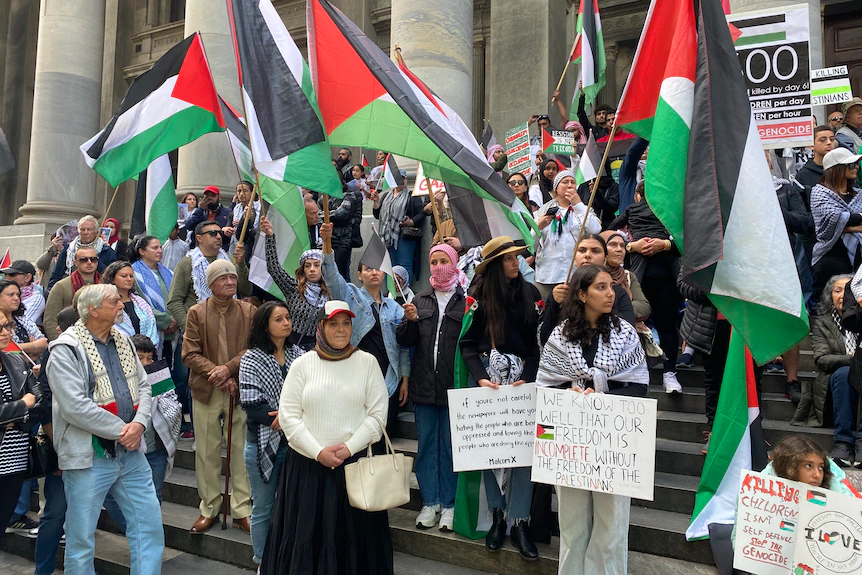
Perth - Yagan
Perth rally was attended by 500 people calling for end to the bombing and blockade of Gaza.
Print Version - new window Email article
Capitalist interference disrupts Australian science
Written by: Leo A. on 18 October 2023
It is pretty common under a capitalist system for scientific progress to receive unnecessary obstacles and roadblocks as capitalist interests are given priority. Its predictable that one of Australia’s premier scientific research organizations, the CSIRO, would become a significant target for this kind of interference. Recently, a boiling point within the organisation has gone public.
In late June, internal divisions were exposed within the CSIRO’s leadership. One side, led by the organization’s former chief Larry R Marshall, leaned more toward support for corporate interests such as those involving fossil fuels. Over two decades after he originally left Australia for the United States, Marshall returned and first arrived at CSIRO from Silicon Valley in January of 2015, although even the year prior he had already faced backlash for promoting practices with dubious scientific validity.
The time in which Marshall was chief of the organization saw cutbacks to research into climate change, which was criticized by scientists both in Australia and elsewhere. In November of 2021, oil and gas company Santos announced it was “partnering” with the CSIRO to develop their technology. The organization also undertakes work through the Gas Industry Social and Environmental Research Alliance (GISERA), which as the name suggests is largely funded by gas companies.
In opposition to Marshall’s goals, CSIRO board members have indicated that they lean more toward prioritising the Australian public – a position also supported by some politicians, such as Greens senator Barbara Pocock. The result of this conflict between incompatible priorities was that Marshall was refused another term in his role. After leaving the CSIRO, he joined the board of the fourth-largest iron ore mining company on Earth, the Fortescue Metals Group.
To be clear, neither side in these tensions is against the domination of capitalism in Australia, however this still illustrates how conflicts can arise between different interests in a capitalist system, and decisions that benefit working-class society must come at the expense of capitalist profits. Marshall attempted to justify his decisions by claiming that the CSIRO was originally created “specifically for the purpose of assisting industry”. In reality, the CSIRO’s official function specifies “furthering the interests of the Australian community” as a goal no less important, and its definition of “assisting Australian industry” may not encompass the extent to which the organisation has been collaborating with fossil fuel corporations. And even if the relevant policies were rewritten to encompass such actions, that doesn’t make it okay!
Australian society has been polluted by capitalist interference in scientific research – both metaphorically and literally.
In contrast with this, the 20th century has shown us what scientific and technological progress can look like under socialism. The Soviet Union, for example, produced inventions such as the world’s first anthrax vaccine, artificial heart, nuclear power plant, orbital launch vehicle, satellite, and manned spacecraft, all within the span of less than thirty years. The Soviet Union also performed extensive exploration of Antarctica, conducting numerous scientific expeditions and even establishing multiple research stations on the continent. The first man-made object on the surface of another world was a Soviet spacecraft, and Soviet spacecraft were also the first to see the far side of the moon, to enter interplanetary space, and to fly past both Venus and Mars.
If all this could be performed by one Marxist-Leninist state within the span of a few decades in the mid-20th century, then what accomplishments could be made in our near future, once the weight of capitalist interference has been lifted? We may have a truly bright future ahead of us. It won’t be easy to get to, but it’ll be worth the effort.
Print Version - new window Email article
We stand with Rojava and Palestine (Farsi)
Written by: Nick G. on 18 October 2023
We have received the following Farsi translation of our statement on Palestine and Rojava from an international friend. We reprint it here for circulation amongst Farsi-speaking Australians - eds.
(بالا: فرح عدنان الخیر و جراحات ناشی از بمباران ترکیه)
ما در کنار روژاوا و فلسطین ایستادهایم
نوشتۀ نیک جی.
نشریۀ پیشتاز (Vanguard)، ارگان «حزب کمونیست استرالیا (مارکسیست-لنینیست)»
13 اکتبر 2023
همزمان با جنگ رژیم صهیونیستی اسرائیل علیه فلسطینیان، رژیم فاشیست ترکیه نیز جنگی را علیه منطقۀ آزادشدۀ روژاوا در شمال شرق سوریه به راه انداخته است.
روژاوا منطقهایست که توسط «یگانهای مدافع خلق» (YPG) و «یگانهای مدافع زنان» (YPJ) که عمدتاً سازمانهای کورد هستند، اما سایر مردم عرب را نیز دربرمیگیرند، از دست داعش آزاد شده است.
روژاوا چیزی بیش از یک مکان است: این جنبش همچنین یک جنبش سیاسی است که بر تمرکززدایی، برابری جنسیتی و نیاز به حکومت محلی از طریق دموکراسی مستقیم تأکید دارد. «یگانهای مدافع زنان» (YPJ) یک گروه مسلح است که به دلیل مخالفت با مردسالاری و مبارزه برای حقوق زنان مورد پذیرش قرار گرفته است.
وجود روژاوا ستم دولت ترکیه بر اقلیت کورد خود را به چالش میکشد.
در چند وقت اخیر، ترکها مبارزان YPG و YPJ را با بمبافکنها و حملات پهپادی مرگبار هدف قرار دادهاند. این امر از زمانی که توجه بینالمللی بر غزه متمرکز شده است تشدید شده است.
در 9 اکتبر 2023، 29 عضو «واحد مبارزه با مواد مخدر نیروهای امنیت داخلی» روژاوا در حملۀ پهپادهای ترکیه به مقر آنها در شهر «دِریک» کشته شدند.
زیرساختها و غیرنظامیان نیز هدف قرار گرفتند.
در «تربسپی» تأسیسات گازی «گردَهول» هدف قرار گرفت. در «دِریک»، هواپیماهای جنگی ترکیه میدان نفتی «تَقِل بَقِل» را بمباران کردند. «واصل حسن المحمد» غیرنظامی 60 ساله در حملۀ ترکیه به تأسیسات گازی «اَودا» در شرق «تربسپی» مجروح شد.
«نادیا محسن العیاش» 10 ساله و «علی احمد العیاش» 9 ساله در گلولهباران ترکیه در «عین عیسی» کشته شدند.
«فرح عدنان الخیر»، زن جوان کوردی که در مزرعه مشغول چیدن پنبه بود بر اثر بمباران ترکیه مجروح شد، و به دلیل شدت جراحات وارده، هر دو پای خود را از دست داد.
در 12 اکتبر، پلیس ترکیه به تظاهراتی که برای همبستگی با روژاوا در «رحا» (که «اورفا» هم نامیده میشود) در جنوب شرقی ترکیه برگزار شد، حمله کرد. 35 نفر از جمله اعضای هیئت «حزب چپ سبز»، اعضای «شورای جوانان رحا» و 15 دوست انترناسیونالیست آنها بازداشت شدند.
«حزب چپ سبز» اعلام کرد: «ما در برابر سیاستهای ظالمانه سر فرود نمیآوریم. ما به دفاع از روژاوا ادامه خواهیم داد.»
رئیس جمهور ترکیه، اردوغان، نقض حقوق بشر در غزه را به درستی محکوم میکند، اما در عین حال، دست به نسل کشی کوردها میزند و باعث کشته شدن کودکان در روژاوا میشود.
ما در کنار فلسطین ایستادهایم.
ما در کنار روژاوا ایستادهایم.
Print Version - new window Email article
From the Democratic Front for the Liberation of Palestine
Written by: DFLP on 17 October 2023
From the Democratic Front for the Liberation of Palestine
To the political powers and parties in the world
Dear comrades:
We send you our greetings,
Print Version - new window Email article
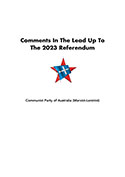 " property="og:description" />
" property="og:description" />
Comments In The Lead Up To The 2023 Referendum
Written by: on
Print Version - new window Email article
For our friends who fought for Yes
Written by: Lindy Nolan on 15 October 2023
(Above: Symbol of the frontier wars, 'Atnerte Urrpele' in Eastern Arrernte, is also called the desert pea or blood flower. Photo: Lindy Nolan)
“When I think of the battles that lay ahead for our people on the other side of the Voice referendum, I am drawn to the legacy of the late Gladys Tybingoompa, who successfully led her people in the landmark High Court case.
After years of litigation against the state of Queensland, Gladys stood on the footsteps of the High Court of Australia in Canberra and said: ‘My name is Gladys. I’m the hot one. The fire. Bushfire is my totem. And I’m a proud woman of Cape York today. It is for me, here today, a historic moment as a Wik woman.’
‘I am not afraid of anything!’
“Not being afraid of anything, despite the brutality of Australian history. This is the energy I am taking on the road to the Voice referendum and beyond. To show up with compassion and kindness, propelled by an undying love for our people, exactly as our Ancestors would have done.”
Wiradjuri and Wailwan writer and lawyer Teela Reid, 29 September 2023
Kindness, compassion and bravery are strong companions. Yet sometimes fear and grief are part of life. What we do in their face, how we find courage in dark and dangerous times – whether it be for ourselves or for others – determines the future.
How many defeats have First Peoples suffered? Yet collectively they never had the luxury to give up.
The referendum remains a launching pad for the far right to further divide and crush First Peoples. It is stronger and more dangerous than ever.
Gathered around Peter Dutton, Tony Abbott, John Howard, Jacinta Nampijinpa Price and Warren Mundine, it represents one faction of the corporate ruling class. The other faction is organised through the Business Council of Australia. Both capitalist blocs profit from First People’s lands, from the labour power of workers and other everyday people. Both use sprinklings of truth to better deceive with half-truths and big lies. They use people and spit them out.
Collectively, First Peoples won’t be able to give up after the Voice’s defeat or victory, because their lands, their lives, their cultures, their present and their future depend on it. Yet they will assert their voices each time they teach their children in two ways or walk in their own lands or those of other clans, when they work, each time they talk or sing or dance or paint or reclaim language, each time they support each other in heartache or celebration.
But there is no room for romanticism. Ongoing trauma has its terrible cost. Unlike/Alongside unity, division and lateral violence are genocidal inter-generational poisons.
Sleeping people have awoken
First Peoples want and need and deserve control over their own lives. But with the best of intentions and the greatest of hopes, the Yes/No decision was given to non-Indigenous people, and to social media awash with deception.
There will be hard truths for us all, but whatever the final count, truth has to be faced and understood. Because the far right has made a declaration of war on First Peoples and all who support them. This is on top of the bipartisan war that steals lands and jails ten-year-olds.
Clothed in deceit, Mundine and the rest have laid out their strategy and tactics. We need to study them. We need to learn from our own errors.
People across the lands have been awakened to the lives of First Peoples. Despite the lies, the referendum has shaken the sleep from their eyes and ears and hearts. Opportunity lies before us.
But first, a breath. Accept and understand fear and grief or even relief.
Kindness, compassion and bravery are strong companions in life. Another is humility to listen. In the quest for truth and justice, those four will serve the people.
Print Version - new window Email article
Bosses deny need for “Closing the Loopholes” Bill
Written by: (Contributed) on 14 October 2023
While the 'Closing Loopholes Bill' makes its way through parliament and into law the response from the Business Council of Australia (BCA) and their associates has been particularly interesting and quite predictable. Once implemented the new laws will potentially benefit millions of workers, especially those in low-paid and vulnerable employment by enhancing their workplace rights and living standards together with increasing their opportunity to raise loans with enhanced credit-ratings.
Elsewhere, however, a related matter linked to inflation has received scant publicity although it remains of huge significance to the Australian workforce; the Closing Loopholes legislation, however, is unlikely to be effective and there remains an urgent need for further legislation to prevent blatant racketeering by the business-classes.
The Closing Loopholes legislation is making its way through parliamentary processes at the present time. It will have far-reaching benefits for millions of workers once implemented; problems arising from casualisation, wage and super theft, same job same pay, failure by employers to update workplace agreements within the allocated time frame and various other matters will become legislation by the end of the year. Millions of Australian workers will return to their places of employment in the New Year with different contracts of employment and enhanced pay and terms and conditions of employment.
Australia has an estimated 2.7 million casual workers from a workforce of about eight million. (1) Many of those not officially included within the category, however, continue to remain on less than full-time 38 hour a week permanent provision, with a multitude of alternatives such as permanent part-time and fixed-term contracts, rendering them vulnerable with employers using master and servant workplace relations to control workers.
The response from the BCA and those associated with the employer's organisation has been useful to monitor, if only to identify their continued ability to deny the existence of problems in all industries across Australia. Their latest ploy has included an attempt to refer the proposed legislation to the Productivity Commission, 'in order to avoid an economic calamity'. (2) Those concerned, however, have not been specific about which areas of the legislation they regard as responsible for the pending calamity they allege they face.
Some industries, hospitality, retail, transport and agriculture, in particular, have problems with rampant underpayment, and flouting of basic terms and conditions of employment remains commonplace. The legislation contains provision for dealing with the matter.
A Senate inquiry last year concluded with grim findings that an estimated 13 per cent of the Australian workforce were subject to wage theft, amounting to about $1.3 billion per annum. (3) It also noted that the problem was the outcome of business practices, and, 'systemic wage theft is often a deliberate decision of businesses that participate in a race to the bottom to bring down wages and increase profit'. (4)
The BCA and their associates, nevertheless, have been quick to try and undermine the legislation, without being too specific with content.
Their arguments and suggestions, nevertheless, have been revealing; bleating that the legislation will cost businesses up to $9 billion in extra wages over the next decade, they did not even bother to explain how they had conducted their calculations. (5) It is remains significant to note how those responsible for the calculations can specify the total cost, while not having the ability to read awards and regulations which have been flouted by wage-thieves on their behalf to maximise profit over obligation.
Some of their cronies in mainstream media outlets, likewise, have used their 'expertise' to draw attention to the casualisation issue. One, having access to a large feature spread in the Business Australian, attempted to argue those who were casualised workers were so by choice; Australians, furthermore, benefited from what they referred to as the 'gig economy'. (6) A statement from Canberra, however, quickly clarified the urgent need for the legislation to be passed; it noted, 'everyday it is delayed is another day that gig workers have no minimum standards, agreed rates are undercut and wage theft is not considered criminal'. (7)
The inability of casualised workers to raise even small loans due to their low credit-ratings, was an issue not addressed. Casuals frequently have difficulty with even basic financial planning. The fact the business-classes casualise employment in order to undermine awards and other regulations was also an issue not addressed or even acknowledged.
Numerous examples of business practices merging with unethical and illegal activity can, nevertheless, be easily assessed from reliable sources in the public domain; they have been caused by the same cost-cutting mentality and flagrant disregard for established rules, laws and regulations designed to ensure accountability and compliance with ethical business practices. It remains a sad reflection of contemporary corporate Australia and high inflation rates they are largely responsible for creating. (8)
The other side of the present price / profit inflation caused by the business-classes is that Australian workers have lost between 20-25 per cent of their spending power over the past eighteen months; the problem of food inflation is also particularly noteworthy. Recent studies have concluded Australian supermarket food prices rose dramatically during the past twelve months. (9)
In the previous twelve months to April, for example, food inflation rose 9.6 per cent, to June, 8.8 per cent, to July, 7.6 per cent, and to August, 8.5/9.0 per cent. (10)
Other areas of concern include automotive fuel prices surging with petrol and diesel prices rising by 9.1 per cent in the twelve months to August, rents rising 7.8 per cent during the same period, as did electricity prices by 12.7 per cent and gas prices by 12.9 per cent. (11)
Meanwhile, corporate Australia continues to record mega-profits, while criticising the working class and demonising the trade union movement - so much for a fair go!
1. Business blasts 'flawed' IR bill, Australian, 27 September 2023.
2. IR laws risk economic 'calamity', Australian, 2 October 2023.
3. Senate inquiry calls for laws to stamp out 'systemic, sustained and shameful' wage theft, ABC News, 30 March 2022.
4. Ibid.
5. Business blasts, Australian, op.cit., 27 September 2023.
6. See: Why we need gig economy, Australian, 27 September 2023.
7. IR laws, Australian, op.cit., 2 October 2023.
8. See: ASIC in crackdown on reporting laggards, Australian, 29 September 2023; and, 'Aggressive growth' unstuck PwC., Australian, 28 September 2023; and, PwC Australia boss insists culture problem is local, Australian, 28 September 2023; and, Starting as one means to continue? Australian, 28 September 2023.
9. Food prices outpacing inflation, Australian, 26 September 2023.
10. Ibid.
11. Volatile inflation muddies the water for RBA., Australian, 28 September 2023.
Print Version - new window Email article
Put Kaurna People's Land of Cultural Significance Before Private For-Profit Housing Development
Written by: Ned K. on 14 October 2023
Natasha Wanganeen speaking at 2020 Black Lives Matter rally
As people in South Australia went to vote on the Voice Referendum on Saturday 14 October 2023, the local Advertiser newspaper contained an article about the discovery of Aboriginal remains on a private for-profit $3 billion Riverlea housing development of the Walker Corporation.
The housing development is on the Adelaide to Port Wakefield Road, and part of the urban sprawl of the northern suburbs of Adelaide. The skeletal Remains of 31 people were excavated and put in a shipping container!
A community meeting of the Kaurna Yerta Aboriginal Corporation has made five recommendations to the SA Labor Government Minister for Aboriginal Affairs, Kyam Maher, himself a First Nations person. One of the recommendations is that the 31 Remains be put back in the ground where they were found by workers.
This discovery of cultural significance was also raised by Kaurna People's actor Natasha Wanganeen, a Ngarrindjeri, Narungga, Kaurna and Noongar woman, on the ABC's Q & A program earlier in the same week.
Whether the remains were the result of a massacre or group burials has yet to be determined by Kaurna people who want an independent forensic archaeologist to conduct a review of the findings.
The Walker Corporation under capitalism's laws "owns" the housing development.
The Advertiser article says that the Corporation "plans to build 12,000 homes for 40,000 residents over a 15-year plan.
However on September 13, the Walker Corporation applied to the Minister to extend the application to 25 years and conduct ground disturbing works which would see more remains 'excavated and removed where necessary'!
The SA Labor Government expects its investigations into Walker Corporation's application for expansion and decisions about the discovery of the 31 remains of Aboriginal people will be made in early 2024.
Many organizations and entities, including the SA Government, start meetings with an Acknowledgement To Country of the First Nations people where a meeting is being held. The Acknowledgement includes verbal recognition of "Aboriginal Land, Always Was, Always Will Be."
Yet here there is a case of a corporate developer "owning" the new Riverlea housing development but clearly on Kaurna land of cultural significance to them.
What will the SA Government do? It has recently legislated The Voice to require it to consult with First Nations people in SA on issues that affect them. The SA Government, like all colonial governments in Australia is highly dependent on the private for-profit sector to increase available housing for people.
How the SA Government attempts to resolve this contradiction between its commitment to the Voice process legislated by SA Parliament and its dependence on corporate developers for housing construction will be watched by both First Nations people and non-Indigenous people alike.
Print Version - new window Email article
We stand with Rojava and Palestine
Written by: Nick G. on 13 October 2023
(Above: Fereh Ednan El Xayir and injuries from Turkish bombing)
At the same time as the Israeli Zionist regime’s war against Palestinians, the Turkish fascist regime is unleashing war against the liberated Rojava region in north-eastern Syria.
Rojava is an area liberated from ISIS by the People’s Defence Units (YPG) and the Women’s Defence Force (YPJ) which are predominantly Kurdish organisations, but also include other Arab peoples.
Rojava is more than a location: it is also a political movement that emphasizes decentralization, gender equality and the need for local governance through direct democracy. The YPJ is an armed group which has won acceptance for its opposition to patriarchy and its fight for women’s rights.
The existence of Rojava challenges the Turkish state’s oppression of its own Kurdish minority.
In recent times, the Turks have targeted YPG and YPJ fighters with bombers and murderous drone attacks. This has intensified since international attention has focussed on Gaza.
On October 9, 29 members of Rojava’s Internal Security Forces’ Anti-Narcotics Unit were killed in a Turkish drone attack on their headquarters in Derik.
Infrastructure and civilians were also targeted.
In Tirbespiye the Girdahol gas facility was targeted. In Derik, Turkish warplanes bombed the oil field in Teqil Beqil. 60-year-old civilian Wasil Hesen El Mihemed was injured in a Turkish attack on the Ewda gas facility in eastern Tirbespiye.
10-year-old Nadiya Mehsin el-Eyaş and 9-year old Ali Ahmed el-Eyash were killed in a Turkish shelling on Ayn Issa.
Fereh Ednan El Xayir, a young Kurdish woman who was picking cotton on a field when she was wounded by a Turkish bomb, lost both of her legs due to her heavy injuries.
On October 12, Turkish police attacked a protest held in solidarity with Rojava in Riha (also known as Urfa) in southeastern Turkey. 35 people, including Green Left Board members, Riha Youth Council members and 15 internationalist friends, were detained.
The Green Lefts declared “We will not bow to oppression policies. We will continue to defend Rojava.”
Turkiye’s President Erdogan correctly condemns human rights violations in Gaza but at the same time is perpetrating a genocide against Kurds and causing child casualties in Rojava.
We stand with Palestine.
We stand with Rojava.
Print Version - new window Email article
Call to support US Auto Workers' Strike
Written by: ICOG on 13 October 2023
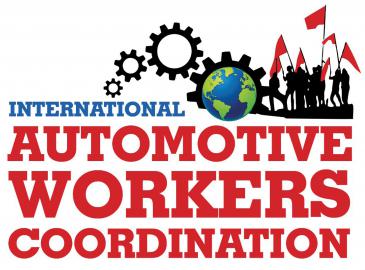 We have received the following appeal from the International Automotive Workers’ Coordination to support the strike by US auto workers. It contains an important message about international working class solidarity, and we recommend it to our readers – Eds.
We have received the following appeal from the International Automotive Workers’ Coordination to support the strike by US auto workers. It contains an important message about international working class solidarity, and we recommend it to our readers – Eds.
10 October 2023
Touch one – touch all!
Call of the ICOG for active solidarity with the strike of the UAW in the USA
Dear Colleagues,
Despite a widespread media boycott, the already 4-week strike of the United Auto Workers (UAW) union against the "Big Three" (GM, Ford, Stellantis) has attracted worldwide attention. The list of international expressions of solidarity is long and an important trump card in the "historic strike". There are already 25,000 colleagues in the "Stand Up" strike. Thousands more are ready to fight. The UAW and its members have prepared for a long labor struggle. The strikers' will to fight and their self-confidence are high. A large majority in the USA is still behind them. The bosses of the international auto monopolies of the "Big Three" also know this. Meekly, they have already announced individual concessions to the workers and their union. We call on them to fulfill the justified demands of the UAW comprehensively and immediately. Workers will not be satisfied with crumbs.
In view of the high inflation rate, the demand for 40% more pay over 4 (!) years is more than justified. The transition to electromobility and digitalization will also destroy tens of thousands of jobs in the USA. Therefore, the 32-hour week with full wage compensation is necessary to preserve jobs and create new ones. We have anchored arguments for the 30-hour week with full wage compensation in our International Program of Struggle.
If U.S. President Biden now wants to "join the strike front," we ask, what about 2009, when as then vice president he was involved in the mass layoffs at GM and Chrysler subsidized by billions of dollars. The U.S. auto monopolies are being massively financed by taxpayer money, as with the "inflation reduction act" under the slogan "America First". The strikers are rightly demanding the restoration of the social benefits that were massively cut during the crisis 15 years ago.
From September 5 to 6, 2023, the First World Conference of the International Anti-Imperialist and Anti-Fascist United Front against Fascism, War and Environmental Destruction (United Front) took place successfully in Thuringia/Germany. Automotive workers participated in this conference with an Anti-Imperialist Platform within the International Automotive Workers Coordination in the United Front. The message of this conference with 124 international participants from 46 countries is: we take responsibility for each other internationally and no struggle should be left alone. Instead of "my country first", a global anti-imperialist counter-concept against the worldwide rightward development and fascism is being advanced here. This is where the solidarity with the strike of the UAW colleagues comes in.
We call on all auto workers and their families, especially at GM, Ford, Stellantis foreign plants, and their supporters to commit to consistently rejecting and stopping any strike-breaking activity. Take the side of the UAW strikers offensively with statements in your unions and at the workplace, and organize creative solidarity activities up to and including solidarity strikes. Promote support for this important labor struggle of the UAW! Collect donations for the strikers and their families! Overcome any squinting at alleged advantages that might be derived from the UAW strike, for workforces of other corporations and companies on the basis of nationalist or social-chauvinist thinking and acting.
Whether on October 13 at the Europe-wide uniting strike day of the unions in France or at the general strike of the grassroots unions in Italy planned for October 20, include the struggle and solidarity with the strike of the UAW. Unleash other joint unifying struggle actions in your countries, corporations and workplaces.
No workers' struggle should stand alone anymore!
Touch one - touch all! Attack one and you attack all!
Organize and consolidate international workers' and trade union unity!
Long live the international solidarity!
Print Version - new window Email article
Standing with Palestine
Written by: Nick G. on 8 October 2023
After years of oppression at the hands of the Israeli authorities, the Palestinian people in the Gaza Strip have launched a coordinated resistance.
Thousands of rocket attacks have hit towns in southern Israel, the fence imprisoning Palestinians in Gaza has been bulldozed and Palestinian fighters have entered occupied Palestinian territory in southern Israel by various means, seizing Israeli military hardware and taking over towns and engaging in fighting with Israeli troops.
Lead organisation Hamas has been accused of targeting Israeli citizens for killings and for seizure as hostages. Hamas is not a Marxist-Leninist organisation, and its methods of struggle, in-so-far as they are directed at civilians, are wrong. Terrorism is caused by a failure to understand it's the masses who make history. Concentrating on criticisms of Hamas as terrorist is a diversion from the reality of the oppressive terrorism of the Zionist regime.
We stand with Palestine and uphold the sacred right and duty of resistance to oppression.
Glove puppets echo their US master’s voice
Despite growing support in Australia for the rights of Palestinians, a support that reaches into the ranks of the governing Labor Party, the Albanese-Wong-Marles triumvirate have sung from the US song sheet, condemning the “unprovoked attacks from militant Hamas” and describing them as “abhorrent”. Echoing Biden, they have upheld “Israel’s right to defend itself”.
These are disgraceful sentiments.
Palestinian citizens, including children and the elderly, have been brutalised and murdered daily by the Israeli authorities, Israel soldiers have stormed into the West Bank to kill people in their homes, and to turn those homes over to so-called settlers who have embraced the Nazi concept of lebensraum, or the right of the Nazis to take over the land of others for their own “living space”.
Palestinian citizens, including children and the elderly, in 2018 in Gaza organised the peaceful Great March of Return to show the world their plight. Day after day, they walked, unarmed, to Israel's military fences around Gaza. Israel shot 8,000 with live ammunition, killed 220 Palestinians and injured 36,143.
Palestinian citizens, including children and the elderly, have been subjected to indiscriminate bombing by Israeli armed forces that have resulted in thousands of deaths and the rubbleisation of whole districts of the 30 x 10 kilometre strip of land in which more than 2 million Palestinians are confined by the Israeli military.
Now the fascist Netanyahu orders these imprisoned peoples to “leave” as he promises to reduce Hamas districts to rubble. The Egyptians built pyramids, the Chinese built the Great Wall, but the civilization of the US and of Israeli Zionism reduces people’s homes to rubble.
Netanyahu has already cut electricity to Gaza. Cutting electricity to 2.2 million people will kill children. There’s no other way to look at such an action and the fact that Israel even has the power to do so highlights the daily oppression of Palestinians in Gaza.
Regional support for Palestine.
Unlike the traitorous triumvirate, popular opinion throughout the Middle East is with the Palestinian resistance.
In a statement on the day of the actions by Hamas, Saturday 6 October, the Communist Party of Israel (CPI) and the Democratic Front for Peace and Equality (Hadash) blamed the criminal occupation policy of the far-right Netanyahu government, underlining the grave dangers that it poses for the peace in the region.
“The fascist right-wing government’s crimes to perpetuate the occupation are leading to a regional war that must be stopped. Even in difficult days like this – we repeat and voice an unequivocal condemnation of any harm to innocent civilians, and call for their removal from the bloodshed. We send our condolences to all the families of the victims of the occupation, Arabs and Jews alike”, the statement reads.
CPI and Hadash put the “full responsibility on the fascist right-wing government for the sharp and dangerous escalation of the last few hours, that has already cost the lives of many innocent citizens.”
“At the end of a shocking week in which the settlers ran amok throughout the occupied territories under the auspices of their government, desecrated the Al-Aqsa Mosque and carried out another pogrom in Huwara, we woke up this morning to a very serious escalation, which endangers the entire region in a regional and dangerous war – which the right-wing government has been fueling since its first day.”
The Israeli Communist Party was joined by that of neighbouring Lebanon. The Secretary-General of the Lebanese Communist Party, Hanna Gharib, saluted the Palestinian resistance on Saturday.
Gharib said, in a Facebook post: A thousand greetings from the Lebanese Communist Party to all the heroic resisters in occupied Palestine who are today writing a new epic of heroism against the Zionist occupation.
He concluded by saying: "All of us together, were and remain with Palestine and its people resisting for the right of return and the establishment of their national state on the entire Palestinian national territory with Jerusalem as its capital."
The Popular Front for the Liberation of Palestine, calling on its fighters to join with Hamas, said Saturday was “a day when the nature of the conflict and the dignity of the Arab nation will be restored.”
And the Lebanese Hezbollah on Saturday congratulated the Palestinian resistance for the heroic large-scale operation and pledged their support.
The racist and expansionist Israel must be brought to heel.
Like every reactionary entity, it will not fall until it is pushed over. The heroic resistance of the long-suffering Palestinians will help destabilise the Israeli regime.
We stand with Palestine!
Print Version - new window Email article
Message from the Women’s Defence Forces (YPJ) of Rojava, Syria
Written by: YPJ Information Office on 3 October 2023
(Above: September 17, 2023, YPJ women fighters at a memorial meeting for comrades killed in Tourkish drone attacks)
We have received a message from the Women’s Defence Forces (YPJ) of Rojova, a predominantly Kurdish-held area in Syria. Having successfully fought against ISIS, they are now under drone attack by the Turkish state.
They have sent us two pdf documents, Turkey’s War Against Women Fighting ISIS, and Ten Years of the YPJ. If you would like copies of these, please contact us at ozml@protonmail.com.
Dear comrades,
We are the YPJ Information & Documentation Office and write to you from the heart of the Rojava Revolution in North and East Syria.
One of our goals is to strengthen alliances with democratic and socialist forces from the world and get in touch with organisations which are struggling against capitalist modernity. We believe that the paradigm on which we built our revolution is not just an alternative for Rojava, Syria or the Middle East, but for the whole world.
As YPJ we are mostly known for our fight against the Islamic State, in which we turned ourselves into living shields protecting the whole of humanity against the barbarism of these Islamist gangs who were used by nation-states against our people and our revolution. But next to our defensive tasks as a military force, we see ourselves first and foremost as an ideological force committed to create a society around the three principles of women's liberation, direct democracy and ecology.
As a basis we take the paradigm of Democratic Confederalism, a concept that Abdullah Ocalan developed after he was kidnapped in an international conspiracy with the involvement of various NATO states and imprisoned by the Turkish state in 1999. Since then, he is imprisoned in solitary confinement. For the last years he is completely cut off from any legal support or communication, and so we don’t have any information about his current situation.
The YPJ was founded on the long tradition of the anti-colonial women's struggle in Kurdistan and the experiences of the women's guerrilla forces in the free Kurdish mountains. We have a deep ideology and analysis on patriarchy, the capitalist system and its liberal ideology. In the 11 years of the ongoing revolution, we developed methods and concrete ways on how a just an equal society can be built and how especially women can liberate themselves from thousands of years of patriarchy mentality.
At the moment we are facing brutal attacks of the Turkish state which is killing our comrades in targeted assassinations via drone strikes. Almost every day, a Turkish drone is targeting vanguards of the revolutions, women who bravely fought ISIS and also civilians. Even according to Human Rights Conventions or International Laws these attacks are classified as war crimes.
Being a NATO member, Turkey is committing these crimes with complete impunity. The silence of the international community is supporting Turkey, making them understand that they can act completely outside any legal or ethical standards.
As YPJ Information & Documentation Office we provide on the ground information and want to get in touch with journalists who are already covering the region or who would be interested in covering the topic. Therefore, we would like to ask if you could forward our contacts to journalists, but also to activists, politicians, researcher or anyone who wants more information on the ongoing Turkish attacks, the Rojava Revolution and the works and tasks of YPJ.
We are also interested to be in exchange with feminist, socialist or democratic organisations to discuss and share the experiences of our struggle. Attached you will find two brochures. One is about the history, ideology and aims of the YPJ, the other one documents Turkish drone assassinations which killed eight of our comrades in 2022.
If you have any questions please contact us via mail or phone: WhatsApp, Signal, Telegram: +491782238561
Revolutionary greetings,
Sara YPJ Information & Documentation Office
Print Version - new window Email article
First Nations People Lead The Way In September
Written by: Ned K. on 2 October 2023
(Source: 6PR )
The last Saturday in September 2023 was the day of the Australian Football League (AFL) Grand Final between Melbourne-based Collingwood Magpies and Brisbane-based Brisbane Lions.
There were over 100,000 people at the MCG for the game and millions watching the game on TV or mobile phones around the country and in remote locations around the world including one overseas based Australian in the remote west of China!
Seats available for supporters of the competing clubs at the game was limited to about 18,000 each to enable the corporate sponsors and the "establishment including the top politicians, to be assured of seats. There was also an allocation of seats for the other 16 clubs of the competition. This has become the normal practice of a highly corporate controlled elite level competition.
It was, as always, the skill of the players and the love of the game by people in Australia that made the Grand Final day a people's cultural event, despite the inevitable intrusion of corporate interests into a uniquely Australian game.
The highlight of the game was the extraordinary play of First Nations player Bobby Hill who was playing his first season with Collingwood. Hill kicked a match winning four goals and provided more opportunities for his team mates to kick goals as well.
Millions of people watching the game would have marvelled at his high marking and goal kicking skills. He was awarded the maximum 15 points by the panel that determined him as the winner of the Norm Smith Medal for the best player on the ground.
Two weeks from the Grand Final day is the vote on the Referendum on The Voice to federal parliament.
The effort of Bobby Hill in the Grand Final followed the outstanding efforts of many First Nations People in Australian Football League's Grand Finals and competitions over many decades.
It is a great irony that a First Nations person, Bobby Hill, won and received the Norm Smith Medal as thousands of Collingwood supporters cheered. It was three decades ago that First Nations St Kilda player Nicky Winmar was racially abused by a small section of Collingwood supporters at Collingwood's Victoria Park home ground. Winmar responded by lifting his St Kilda jumper and pointing proudly to the colour of his skin.
More recently, Sydney’s Adam Goodes was virtually forced from the game after sustained racial abuse by other club’s followers. Idiot and provocateur Sam Newman just weeks ago called for those attending the finals series to respond to Welcomes to Country by booing and slow hand-clapping. But the Welcomes proceeded respectfully and were applauded by the huge crowds. They did not embrace the nastiness promoted by Newman. It is a hopeful sign that in 2023, Collingwood supporters and the club and indeed hundreds of thousands of AFL followers will not tolerate racism aimed at First Nations players.
No matter to what extent the skills of Bobby Hill at the MCG on the last Saturday of September influence how people vote in the Referendum on 14 October, one thing is certain.
Millions of people today recognise and respect the extraordinary contribution of First Nations people to Australian people's culture, a culture which will outlast the corporations that want to make it serve their profits
Print Version - new window Email article
ASEAN Solidarity Exercise keeps US and China at a distance
Written by: (Contributed) on 1 October 2023
(Source: Ministry of Defence, Singapore)
The ASEAN Solidarity Exercise, a joint military drill, has provided further evidence of a growing reluctance by South-east Asian nations to get drawn into escalating US-China diplomatic hostilities.
There was, for example, no official US or China involvement.
While it will take time to assess the significance of the exercise, it is important to note the response as indicative of deeper problems and issues. It is highly relevant that the exercise took place with widespread publicity across the region. In Australia, the main hub for 'US interests' in the southern part of the region, however, there was near silence; a brief official media release from Canberra was terse in style and did not follow the stated ASEAN line but merely reiterated the standard US diplomatic position.
On 19 September ASEAN member countries began a five-day joint military exercise, ASEAN Solidarity Exercise, near Batan Island, adjacent to Singapore on the eastern approach to the Straits of Malacca, a sensitive maritime area with congested shipping-lanes. (1) The host country, Indonesia, chose the area for the drills due to it not being contested by China and its claim to sovereignty of the South China Seas. The exercise was initially planned for the southern edge of the South China Seas although it was relocated to not provoke a confrontation with China. (2)
Singapore is regarded by the US as highly strategic: it is placed on a straight line from US intelligence facilities of Diego Garcia in the Indian Ocean, and Guam: the facilities have undergone extensive upgrading in recent years as part of US regional military and security provision, and rest upon an arc from base facilities at Pine Gap in Central Australia. Singapore is also situated approximately half way between Diego Garcia and Guam. (3)
Military personnel and their civilian counterparts working for US signals intelligence (Sigint) were, no doubt, working overtime throughout the ASEAN Solidarity Exercise, sitting silently focused on computer screens in numerous regional facilities.
While officially planned in June, there was very little publicity in western media outlets although widespread coverage across South-east Asian countries, highlighting a welcoming stance after years of escalating US-led diplomatic hostilities toward China as a serious competitor and rival to their traditional hegemonic positions. Stand-offs in the contested South China Seas have become common, as the US moves toward real-war scenarios.
Official ASEAN diplomatic positions were pragmatically stated along the lines that 'by uniting together, we can maintain stability in the region for the favour of the people … and the drills were … about ASEAN centrality'. (4) The softer style diplomacy has highlighted ASEAN's attempt to accommodate China as a major trading partner with trade agreements.
The response from Canberra, however, was both direct, but extremely limited; a 32-column centimetre news item explained the ASEAN Solidarity Exercise was, 'largely aimed at countering Beijing's muscular defence of its claims to the disputed water-way', with reference to the South China Seas. (5) Scant on details, the official Australian diplomatic position slavishly followed the recently implemented US-led Indo-Pacific Strategy. (6)
A recurring problem is that the US bases its foreign policy upon geo-strategic goals for control with neo-colonial designs and finance capital, whereas China's foreign policy is more trade-based and subtle. Played-out in the ASEAN example, the sub-region forms a significant part of the US first island chain running from the Kuril Islands in the north to Borneo in the south; during the past and present Cold War the island chains are regarded as a first line of defence, with reference for the defence and security of Taiwan. (see diagram)
China, by contrast, has regarded Borneo as an important centre for its part-financing of a huge $132 billion trade zone and manufacturing hub; China has provided a hydro-plant for electrification. (7) The US has responded to the whole matter with icy diplomatic silence.
China's financing of overseas facilities also tends to be extensive, with outlays for longer-term planning. Flows into Indonesia, for example, doubled to $3.2 billion in the 2021-22 period. (8) Behind a great deal of economic development planning across South-east Asia, however, there is concern that the rapid growth could unleash new social and political forces. The nature of the independence struggles of yesteryear waged against unwanted outside interference in their own and neighbouring countries, continues to shape a great deal of political thinking of later generations of leaders across the sub-region; they fear politicisation of the working class and small farmers due to exploitation by the corporate sector and big land-owners who wield enormous power and extensive influence.
It is interesting to note, therefore, that while the ASEAN drills were officially billed as non-combat exercises, some coverage revealed a photograph of a counter-insurgency operation exercise in jungle terrain with Indonesian soldiers from the 112th Infantry Battalion (9) Indonesia has a long history of highly repressive military operations designed to stifle any political opposition, including in Indonesian Papua and East Timor, which is now part of ASEAN.
A number of the ASEAN countries have opposition political groups which has led to involvement with US-led military personnel and their allies for training local military forces in counter-insurgency and counter-intelligence operations. Those countries associated with ASEAN through various regional forums and observer status, likewise, include some with highly questionable political, economic and social stability: Ski Lanka, Bangladesh, DPRK.
Inside ASEAN, the Philippines, for example, has had a long-time insurgency led by the Communist Party New People's Army. As the US remain highly unpopular in the country, Australian Special Forces have been used, in their place, for training Philippine counterparts in recent years.
Thailand, furthermore, witnessed serious political upheaval following economic planning for agricultural areas by the World Bank over twenty years ago. It unleashed new popularist social and political forces which shook the foundations of Thailand's electoral system and saw the military step into civil society. Controversy surrounding recent elections was merely a continuation of the massive political discord sweeping Thailand.
Elsewhere, Malaysian politics has remained bogged down by massive corruption scandals and political intrigue; the problem could easily spillover and destabilise one of the dominant diplomatic players in ASEAN, particularly amongst rival ethnic groupings.
In conclusion, the ASEAN Solidarity Exercise can best be viewed initially as a highly localised attempt to deflect unwanted US-China diplomatic rivalry, regarded as an obstacle to further and higher levels of economic development amongst member countries and their associates.
1. See: ASEAN holds war games amid regional tensions, Australian, 20 September 2023.
2. Ibid.
3. See: Peters Projection, World Map, Actual Size.
4. First ever ASEAN drills held, 21 September 202; and, ASEAN kicks off joint military exercise near Batan Island, The Diplomat, 19 September 2023; and, ASEAN kicks off, REUTERS, 19 September 2023.
5. Australian, op.cit., 20 September 2023.
6. See: The reasons behind Washington's push for GSOMIA., Hankyoreh, 12 November 2019, which has provided a fully detailed account of the US Indo-Pacific Strategy.
7. China doubles investment, Benar News, 24 October 2022.
8. Ibid.
9. Star, op.cit., 21 September 2023.
Print Version - new window Email article
US wants AUKUS to expand into outer space
Written by: Nick G. on 27 September 2023
(Above: As sinister as it looks, the emblem of the 23 Space Operations Squadron of the US Space Force. Public domain image)
In April 2001, the US Department of Defence announced that its objective was “full spectrum dominance”. It included the domain of space in its definition of the term, which was:
The cumulative effect of dominance in the air, land, maritime, and space domains and information environment, which includes cyberspace, that permits the conduct of joint operations without effective opposition or prohibitive interference.
Print Version - new window Email article
When Workers Unite, Bosses Tremble!
Written by: Ned K. on 23 September 2023
Poultry Workers Getting Organized. Strike Against Corporate Greed And Rising Cost Of Living
About 1,000 workers at Inghams Poultry processing plants in WA and SA went on strike on Friday 22 September. They are demanding wage increases that keep up with the rising cost of living and better working conditions.
Inghams have increased profits by about 70% in the last 12 months with the increased profits coming from the surplus value created by these workers. Apart from the 70% increase in profits, the workers on the picket line when interviewed by the mass media said that the CEO had a 9% salary increase.
Inghams' wage offer after months of negotiations with the workers' Union Delegates was well short of their demands for 6% per year, just to keep up with inflation.
As with most strikes, wage levels are not the only issue. Delegates said work intensification, repetition strain injuries and increased fatigue levels had reached unbearable levels.
Before taking the strike action, workers spent months building their own networks and organization on the job to ensure that the required Protected Industrial Action Ballot was supported by a big majority of workers,
There are many strike actions by workers across many different industries despite the limitations of the Fair Work Act enterprise bargaining laws
What is important about the Inghams workers' strike is that the the company's strategy of hiring new migrant labour from diverse cultural backgrounds (a divide and conquer strategy) has met its match.
The strength of the workers in this dispute lies in the unity of a diverse workforce.
When workers unite, bosses tremble!
Print Version - new window Email article
70th anniversary of Emu Field A-Bomb tests approaches
Written by: Nick G. on 22 September 2023
As a kid growing up in the western suburbs of Adelaide, a hand-painted slogan on the old bridge over the railway line on Henley Beach Rd (where the underpass is now) is firmly imprinted on my memory. I suspect it was done by CPA members in the late 50s. It read “Ban all A- and H-Bomb Tests”. It was unmistakable and lasted there for years.
A similar slogan had been painted on the wall of Government House in 1957 and a young member of the Moulders Union convicted and ordered to remove the slogan.
The CPA paper Tribune gave regular coverage to atomic and hydrogen bomb tests on Monto Bello Island and at Emu Field and Maralinga. These were carried out by British imperialism and its local servants in violation of Australian independence and sovereignty, and against the wishes of the people.
Even before the tests, the CPA had begun a campaign against the creation of the Rocket Range on Mt Eba pastoral station. A town, later known as Woomera, was built to service the testing of rockets. Alf Watt, SA State Secretary of the CPA, published a booklet in the late 1940s titled Rocket Range Threatens Australia which first raised the issue of threats to First Peoples from the weapons tests.
The Central Australian Aborigine Reserve is to be violated. Across its 65,000 square miles there will pass a rocket range 200 miles wide. Falling missiles, some fitted with war-heads (including atomic war-heads) will endanger both the lives and food supply of the natives. With observation posts placed at I00 mile intervals along the range, the Reserve will be opened to white men, with disastrous effects upon the aborigines and their tribal organisation.
Another crime is to be added to the long list by which the aborigines chiefly know us. It is the fashion of governments to proclaim New Deals for the natives. But practice, without exception, has been to destroy the aborigines as a race, and turn the survivors into virtual chattel slaves for the white exploiters.
The following drawing illustrated the passage above:
When the first tests of atom bombs on Australian soil were announced in 1953, Tribune again exposed the dangers to First Peoples:
Truth (October 4) said that “nomadic tribes of Aborigines have been rounded up…It is impossible to round up these tribes, impossible to stop them returning to their hunting grounds…Even if the atom blast does not kill and mutilate a number of Aborigines, it will devastate their hunting grounds, destroy their water holes, and devastate tribal territory that is sacred to them, and to which they believe their spirits will return after death. The inevitable result will be disastrous to the tribes.
Tragically, the scenario painted by the Tribune materialised with the first A-Bomb test at Emu Field on October 15, 1953. A second A-Bomb was detonated on October 27, 1953. The effect of these explosions was to render Emu Field contaminated by nuclear radiation, so the test site was moved to Maralinga where further tests were held in 1956.
Aboriginal people did die as a result of nuclear explosions on their lands. Yankunytjatjara man Yami Lester later became well-known for having suffered blindness from the black mist which blew across his family in the aftermath of a test. He became a much-admired activist against nuclear energy and for the rights of First Peoples. Paul Kelly’ song Maralinga references Yami Lester.
On September 21, 2023, the Adelaide Advertiser revealed that for nearly 70 years, the British imperialists have kept hidden from nuclear veterans and First Peoples the results of their blood tests taken between 1956 and 1960. The blood tests would have benefitted doctors treating people exposed to radiation from the bomb tests, but would have significantly assisted those tested in lodging claims for compensation from the British and Australian governments. Keeping these blood tests secret for all these years is a crime against the people concerned. Yami Lester’s daughter Karina has called for the records to be made public.
During the time that atomic and hydrogen bombs were tested on Australia soil, the Communist Party encouraged unions and peace committees and the Union of Australian Women to condemn the tests and demand their cancellation.
This was a strong campaign, but ultimately unsuccessful in achieving its objectives.
As the 70th anniversary of the Emu Field tests approaches, we must redouble our efforts against the contemporary abominations of the AUKUS arrangements, the preparations for fighting the US war against China, and the push to create an Australian nuclear energy industry.
Please seek out Emu Field commemorative activities and take part in them.
Print Version - new window Email article
We are always stronger when we stand together
Written by: Louisa L. on 18 September 2023
 Palawa lawyer and activist Michael Mansell recently called for the referendum to be abandoned, labelling it divisive.
Palawa lawyer and activist Michael Mansell recently called for the referendum to be abandoned, labelling it divisive.
Michael Mansell has a long and militant history. As a young man his existence as a Tasmanian Aboriginal person was denied and he was demonised above all other First Peoples’ leaders. His lived experience makes his words today particularly potent.
He was present and voted for the Statement from the Heart. But his repeated and powerfully argued preference is for Treaty over Voice if – as Anthony Albanese made clear – only one is on offer in this parliamentary term. Michael Mansell says to non-Indigenous people, “You have every right” to vote Yes or No without fear of being attacked.
A cry for justice
Younger activists are rightly impatient for justice because lives are at stake.
Before January 26, Tom Tanuki a white YouTube activist and satirist publicised the voices of strong Blak opponents of the Yes campaign like Amy McQuire and Linda-June Coe, and encouraged people to attend Invasion Day rallies. But, instead of attacking the ruling class, he repeatedly ridiculed those allies who actively support the Yes vote as “Age-reading, white Australian, leftie brothers and sisters.”
Many of them are older women, unionists and workers with long history in struggle. While some think a No vote will be a victory for racism, most now understand the view of First Peoples who oppose the Voice because it is not enough. Overwhelmingly, like many First Peoples, they see no alternative to the current system, including parliament. Hardly surprising given the sea of sophisticated and all-encompassing propaganda against alternatives, particularly since the collapse of the Soviet Union and 1989 events and rise of capitalist corporations in China.
Those whom Tanuki targets are not stupid. They have generations of experience.
Underlying Tanuki’s concern, but not mentioned, is the huge job done by the Business Council of Australia to hide First Peoples’ suffering from non-Indigenous people, to mesmerise them with vibrant culture and successful individuals, voting Yes to convince themselves that real change is afoot. There may be some who fit this description. But while 9 network’s ‘Age’ may be one-sidedly pro-Yes, many articulate No activists have now appeared on NITV and the ABC this year, because they are so numerous and active their voices can no longer be effectively suppressed.
Tanuki’s negative mantra mimics “the latte-sipping inner-city lefties” so mocked by the right before they discovered “woke”. It’s not helpful. But his anger as he sees the carnage wrought on First Peoples is a cry for justice.
While growing numbers of non-Indigenous No voters are influenced by First Peoples’ concerns, those influenced by Sky, Advance Australia and official Government Referendum No propaganda know far less about First Peoples lives than Yes voters.
Far right No propagandists ridicule and belittle Yes advocates, including First Peoples, as they ridiculed and demonised Lidia Thorpe when she used parliament to consistently expose tax avoiding multinational corporations. Even worse when she showed just who parliamentarians swear allegiance to, “the colonising queen” of England.
We have not lived the lives of First Peoples. We cannot speak for them. We cannot act for them.
First Peoples often remind us they are only 3 percent of the population. They need allies to stand alongside them if they are to win this centuries’ long war.
Our comrades have consistently amplified First Peoples’ voices silenced by capitalist media as the twin constitutional recognition and reconciliation juggernauts rolled forward.
We were far from the only ones, and others did far more. Many, many non-Indigenous groups and individuals dedicate their lives to First Peoples and make sure quieter voices were heard and supported.
But we have not lived the lives of First Peoples. We cannot speak for them. We cannot act for them.
Like others we shared the stories of Grandmothers Against Forced Removals who said, “Sorry means you won’t do it again”, as state-sanctioned theft of First Peoples children skyrocketed.
Together we reported from coroner’s courts and protests years before Black Lives Matters erupted.
Together we spread the words of women and men, young and old, from all over the lands, speaking for Treaty and unifying inter-clan treaties.
Whether our joint enemies were mining, fracking, damming or poisoning lands and waters, denying the frontier wars, crushing culture, raiding communities, torturing children in prison, within and beyond the even greater myriad of First Peoples struggles over decades, we all tried to listen, learn, share and act.
The non-Indigenous people the far right targets to vote No are undermined by ignorance and motivated by fear. They didn’t create the lies, but they believe them. As we build our own forces, Non-Indigenous people who support First Peoples need to gradually drive wedges into the far right’s support, just as it does to us.
People learn from their own experiences
One key leader of the Yes campaign, a former firebrand, later saw the terrible carnage all governments ignored as she worked in depths of the Deaths in Custody royal commission. Soon after, she became a vocal advocate of the “opportunities” provided by mining corporations. She now bitterly condemns the industry.
Her own experience showed the truth, even before Rio Tinto destroyed the cave at Juukan Gorge. Her anger is also a cry for justice.
Awabakal man Terry Mason says the Voice will undoubtedly disappoint most who have faith in it, if against the current odds, it is implemented. But we believe they’ll learn from its failure in practice.
Sixty years ago, our party said the ALP was a capitalist party and said parliament is part of the deceptive apparatus of the ruling capitalist class. That didn’t mean parliament, the ALP or even Liberals like Malcolm Fraser did nothing of benefit to the people, especially when waves of struggle forced their hands.
Other left parties condemned us as sectarian. Experience has accumulated since then. Now every left party looks askance at Labor. Out of office it makes all sorts of claims. In office it never delivers on fundamentals. Capitalism still runs the show, even when Labor prosecutes things like Robodebt that widely expose capitalist cruelty, but don’t threaten profits.
How is it that so many people now see through the Labor Party? Is it because we condemned it? Or is it because their own experience convinced them the Labor Party would never bring about the change that is necessary in this country? Could the same be true of the Yes vote? We know it could deliver nothing fundamental. We know it could overpower the voices of others.
Yet, the struggles surrounding the referendum process have seen the voices of those demanding fundamental change grow louder.
Collectively and individually, especially in struggle, people learn from their own experiences.
The masses make history. First Peoples and non-Indigenous people have different lives, different priorities, different battles. But we have the same enemies.
We are always stronger when we stand together.
Print Version - new window Email article
Is Jacinta serious?
Written by: Mike W on 17 September 2023
You’ve got to hand it to Jacinta Nampijinpa Price – she sure knows how to prettify colonialism and its aftermath.
Speaking at the National Press Club, Price, who is the Opposition’s shadow Minister for Indigenous Affairs and one of two prominent Indigenous advocates for the reactionary No vote in the Voice Referendum, denied that colonialism had negatively impacted upon Australian First Peoples.
Instead, she said that it had impacted positively. “Absolutely. I mean, now we’ve got running water, we’ve got readily available food.”
Food
But First Peoples always had “readily available food”, according to Geoffrey Blainey, a conservative historian. He said that famines were rare. “It may well be that on most days of 1788 the Aboriginals ate a much greater number of fresh fish than the 13 million Australians eat today,” he argued in his 1975 book Triumph of the Nomads (p. 133). After making similar comparisons based on waterbirds, shellfish, seeds and meat, he concluded, “If we specify the main ingredients of a good standard of living as food, health, shelter and warmth, the average aboriginal was probably as well off as the average European in 1800…” (p. 225).
What changed was the impact of colonialism which, by force and violence, or the threat of force and violence, separated First Peoples from their lands, and then destroyed the bountiful habitats that had sustained human life in favour of sheep and cattle runs that brought in feral grasses and destroyed the medicinal and food stores of the First Peoples. Changes that wiped out biological diversity included clearing land for grain crops.
I have seen the terrible quality of the “readily available food” in canteens and stores on the APY Lands and throughout northern Australia, and I have seen the prices asked of people living on or below the poverty line. The quislings are wrong.
Water
First Peoples have had their water sources: soaks, water holes, creeks and rivers, and certain tree roots and ground-burrowing frogs, exchanged – violently – for the “benefits” of running water from taps.
I say violently, because farmers and pastoralists, and in more recent time, miners, have taken the pure waters of the land from their fellow human beings and given them over to the stock and the crops and the minerals whose value capitalism places above that of the welfare of people.
Waterholes were poisoned, the shit from stock fouled others, and First peoples were “dispersed” by guns and whips.
In 1856, John Bowyer Bull recorded how he had visited waterholes on Flinders Ranges stations. At Minbrie, Wilpena and Aroona, he reported seeing only women of the Adnyamathanha. They all said the same thing “Whitefella shootem all about blackfella”.
At Angepena Station, “Stewart took me down the creek…and showed me a camp of lubras and children all cut to pieces with the stockwhips. The women’s breasts were cut open and little children six to twelve months old were bleeding all over.” Bull was told that the women and children went to a little spring to get a drink when stockmen whipped them to keep them away from waters now reserved for cattle.
In 2011 I wrote a poem about this:
Angepena Waters
Angepena waters were always just there
For all of the yura to share
And the birds and the creatures
Danced through its virgin features
As the yura chanted the songlines
Angepena waters are sparkling in the sun
But white men took the land for their cattle to run
And for them it makes more sense
Than to build a big long fence
That the yura are dispersed with the gun
Though yura men lay dead
Their families had not fled
They still huddled near Angepena water
So the stockmen took whips
And slashed their breasts with great rips
And cut the heads and the backs of their children
At Angepena waters there were genocidal slaughters
So that cattle could drink without disturbance
With the water holes mud
Mixed with cow shit and blood
Angepena’s a shame job for whitey.
But the shame job continues today in First Peoples communities.
Almost all of what city people call remote communities are reliant on bore water and, as a result, there are concerns that groundwater is being exposed to large amounts of minerals, particularly heavy metals. These are a major cause of kidney disease in First Peoples.
In some communities, uranium is the problem. Laramba is an Aboriginal community, roughly 205 kilometres west of Mparntwe (Alice Springs), that is home to about 300 people. Its water comes from a bore, and uranium occurs naturally in the area. A 2020 NT Power and Water report found the community's water was contaminated with 0.052 milligrams per litre of uranium, more than three times the concentration limit recommended in the Australia's drinking water guidelines.
Salt and calcium are also present in bore water. Washing machines, taps, electric jugs become heavily calcified and require regular replacement. In addition to these ongoing costs, communities often have to purchase bottled water.
Jacinta Price cannot plead ignorance about these things. Just last June, the community at Ali Curung, 400km north of Mparntwe (Alice Springs) started trucking in bottled water because issues with local water quality — including contamination, taste, colour or even temperature — are causing many residents to turn to the sugared poisons of soft drink instead.
Controversy surrounding the bottled water issue is well-known in the Territory following a decision by the government to grant a private water licence to Fortune Agribusiness at the nearby Singleton Station.
The licence will allow Fortune to extract up to 40,000 megalitres a year for a major fruit and vegetable project in Central Australia that will mostly supply China.
Kaytetye Warlpiri woman Maureen Nampijinpa O’Keefe is one of the local mob who fear any drop in the water table could risk "irreversible damage" to sacred springs, soakages and trees.
"This is about people's lives, this is about human rights," she said. "The impact will be devastating, and we will hold the government responsible for the damage."
Nor should Jacinta Price be unaware of problems closer to Mparntwe.
Her mother, Bess, was NT Community Services minister in August 2014 when water was cut off from the town camp of Ingerreke (Whitegate).
Because it is not an official camp, Whitegate residents, who live in tin sheds, do not get basic services, including electricity. The population fluctuates from a handful to up to 30 people, and they organised a rally against Bess Price in September 2014 to demand access to water.
As the daughter of a Warlpiri women, Jacinta surely knows the story of her own people’s denial of access to water by pastoralists. In her June 2023 Arena Quarterly article on the police killing of Warlpiri man Kumanjayi Walker, Melinda Hinkson wrote:
Such an attitude marks the character of a lot of what occurred across the Australian continent in the early brutal years of colonial invasion. It is a vital ingredient to the othering that enables one person to kill another, and that rationalises the dispossession and destruction of entire societies in the name of European progress. On Warlpiri Country this process acquired purposeful intent in the 1920s and was felt most profoundly with the granting of a pastoral lease over Pikilyi, a tract of land of great cultural significance which contains the only precious permanent water source throughout the vast Tanami Desert. Having secured the pastoral lease and named it Mt Doreen for his wife, William Braitling set about a brutal campaign to exclude Warlpiri from the life-giving spring and surrounding lush hunting grounds. Through their starvation he forced them to mine wolfram in return for meagre food supplies. There were documented cases of malnutrition, of floggings, of women and girls suffering venereal disease, of a group of Warlpiri being neck-chained and forced to walk the 250 miles to Alice Springs as part of investigations into the death of a white man. The work of missionaries and anthropologists to expose the brutal conditions on Mt Doreen station was one significant factor in the establishment of settlements and reserves across Central Australia in the 1940s and 1950s.
Why Jacinta Price wants to put lipstick on the pig of colonialism is beyond me.
She will not stop First Peoples fighting for their rights.
Print Version - new window Email article
The reactionary No vote and a term we must revive
Written by: Nick G. on 17 September 2023
When Labor PM Albanese decided that the No campaign in the Voice referendum would not be attacked for being racist, he opened the floodgates of racist opinion.
We all know from the treatment of Adam Goodes, Stan Grant, Lydia Thorpe and many more First Peoples, that to have a First People’s voice is to make oneself a target of the vilest residual racism that still infests much of the non-Indigenous population.
What enables the die-hard racists to persevere with their racism is the legitimacy given to their views by certain conservative First Peoples themselves.
An appropriate term to be attached to such people is “quisling”.
Vidkun Quisling was a Norwegian fascist who headed a domestic Nazi collaborationist regime during World War II. He headed the government of Norway during the country's occupation by Nazi Germany during World War II. He was a traitor to his people and identified completely with the occupiers.
The Nazis were adept at using quislings in their areas of occupation. Other notable quislings were Croatia’s Ante Pavelic and Ukraine’s Stepan Bandera. At the end of the war, Quisling was tried and executed for crimes against his own people.
During the lead-up to the Voice Referendum, racists have claimed that a Yes vote would create apartheid in Australia, that it would extend privileges not enjoyed by other Australians to First Peoples, that it would divide the country.
A form of apartheid already exists in Australia. It is not enshrined in law, as was its South African version (itself inspired by the treatment of First Peoples in Queensland), but is for that reason so much harder to identify and oppose. The invisible apartheid can be seen, however, in the social avoidance of First
Peoples by many non-Indigenous Australians and the informal closing of doors to their employment and advancement.
Some more recent arrivals in this country, themselves facing barriers to education, housing and employment, are susceptible to the poison spread by racists that the Voice would privilege First Peoples ahead of other Australians. A Voice that is purely advisory does not do that.
Those who claim that the Voice would divide Australia engage in the real racism of denying existing division as witnessed in the appalling gaps that exist between First Peoples and the rest of the population in areas such as housing, health, education, incarceration and suicide rates, and employment.
Die-hard racists in the community, and in the ranks of Liberal and Country Party politicians say all of these things and more, not only because Albanese has said not to name racism for what it is, but also because these views are legitimized by quislings among the First People.
They deny the need for Treaty, decry the “romanticism of Culture” and deny the ongoing trauma of unsettlement and colonialism.
When some people defy Albanese and call these quislings out for their treachery and complicity with Australian racism, they cry foul and behave like pitiful victims of the same racism that they have themselves covered up, aided and abetted.
Our use of the term “quisling” does not extend to those First Peoples who advocate a No vote based on their refusal to acquiesce in reliance on parliament, and their rejection of the explicitly racist Australian Constitution.
The quislings to whom we refer represent and do the work for the most reactionary section of the mining industry who want unhindered and unlimited freedoms to exploit and plunder the lands of the First Nations Peoples.
Capital's economic imperatives create the capitalist ideology of neo-neoliberalism and reactionary conservatism. Racism is a tool of colonialism, of capitalism, of imperialism.
The racism displayed by the quislings on behalf of the most reactionary section of the ruling class needs to be challenged by facts - truth telling.
That's why Truth Telling (educating about, and challenging, the intense propaganda and lies) should have been the first step, before the Voice.
First Peoples will make up their own mind about how to vote in the Referendum.
We have refrained as a Party from advocating a Yes vote out of respect for the divergence of views among First Peoples, but we will call out the racist underpinnings of the reactionary No vote for what they are.
Print Version - new window Email article
Article review: Changing Composition Of Working Class In Australia
Written by: Ned K. on 15 September 2023
George Megalogenis has written a very good article in the latest edition of The Monthly about the history of past Referendums in Australia, He provides a convincing argument that the most reactionary sections of the ruling class led by Peter Dutton should be careful what they wish for in campaigning for a No vote in the coming Voice Referendum.
Megalogenis demonstrates that the inner-city parliamentary electorates that the Liberal Party need to win back in the next federal election contain the largest number of people likely to vote Yes in the Referendum. Dutton and those he represents may well campaign successfully for a No vote in the Voice Referendum, but Megalogenis predicts this may be a hollow victory for them as it will make their chances of winning the next parliamentary election very remote.
Megalogenis invites the readers of his article to visualize the people in Australia as a "family tree". The roots are the First Nations Peoples, the Old Australia trunk comprises non- First Nations people born in Australia and so were their parents and grandparents.
The "new Australians" are the tree's branches and comprise migrants and their locally born children.
Megalogenis points out that First Nations People now outnumber the English-born population in Australia for the first time since the 1820s!
The roots of the family tree (First Nations People) and the branches (migrants and their Australian born children) according to Megalogenis, "now account for almost 55% of the national population: 56% in Victoria, 57% in NSW, and 68% in WA. But Old Australia retains a majority in SA (51%), Qld (53%) and Tasmania (65%)".
These percentages are a reflection of the diversity of the working class in Australia, a trend that is likely to continue with increased permanent migration, which further enriches the working class giving truth to the saying "strength in diversity"
The reactionaries represented by Dutton become less appealing to a larger section of the people, sending them further in to the parliamentary political wilderness.
This puts the ALP in the driver's seat of the ruling class's parliamentary vehicle as their natural party of government whichever way the Voice Referendum goes.
Print Version - new window Email article
What’s wrong with the Constitution? Everything.
Written by: Louisa L. on 11 September 2023
 'Surely one of the biggest truths we need to be tell in the first place is how the Constitution came to be and why it was deliberately written to exclude us. And given this, is the answer really our inclusion, or is it coming to the table as equals, sitting down and nutting out, as sovereign peoples, treaties that could ensure a better, more inclusive, way forward?' Arrernte woman Celeste Liddle
'Surely one of the biggest truths we need to be tell in the first place is how the Constitution came to be and why it was deliberately written to exclude us. And given this, is the answer really our inclusion, or is it coming to the table as equals, sitting down and nutting out, as sovereign peoples, treaties that could ensure a better, more inclusive, way forward?' Arrernte woman Celeste Liddle
The Communist Party of Australia (Marxist-Leninist) acknowledges that it is not our place to advise First Peoples how to vote in the forthcoming referendum.
The Statement from the Heart organisers worked within Constitutional Convention, guaranteeing a decision on the Voice through Constitutional change would be decided by all adult Australians in a referendum. That immediately established an obstacle to a process which should have been one for self-determination by First Peoples themselves. It empowers the divide and rule structures of the original colonies, now called states.
Other divisions were deliberately fostered by the Business Council of Australia which interfered in the process from the beginning, using its enormous resources.
First Peoples are right to be suspicious of the process that has led to the Referendum on a Voice to Parliament. The Statement from the Heart, as a first step, diverted First People’s aspirations to parliament, ahead of demands for Treaties (including unifying ones between various First Peoples’ clans) which many of those present saw as a more important first step. Some who walked out of the meeting rejected the parliamentary approach altogether, others because of attempts to silence dissent, particularly against DjabWurrung Gunnai Gunditjmara woman Lidia Thorpe.
The Constitution thrown out and a new one written
Some First Peoples hope fundamental change will come through parliament listening to a constitutionally enshrined First Peoples Voice.
We believe that focussing on the Constitution was problematic from the start. It was unfit for purpose even before the ink of its signatories had dried. It tried to affect a compromise between the British Crown as “owner” of the Australian colonies, the local elites which had their own political and economic base in a particular colony, and that section of the capitalist class that needed a national framework for its development. The result was a weak three-way compromise in which each of these competing elements tried to grab power from the others. All, however, accepted the correctness of the colonial seizure of First Peoples’ lands and consequently refused to even acknowledge First Peoples as citizens of the newly emerging nation.
The Constitution legally recognised the nationwide character developed in industry and transport. Australia-wide working class industrial action and political struggle against plunder of the people and country by British Imperialists and their local collaborators reflected national development in the economic base. Mass maritime’, shearers,’ and miners’ strikes in the 1890s, including acts of sabotage and armed camps of strikers, forced the hands of British and local elites. Federation saw Britain legally establish the nation, but hold onto separation into states. The unity alongside division sought to secure a legal form of apparent independence while ensuring continuing real imperialist dominance.
To add to the confusion of the Constitutional referendum, at the time of its adoption in 1901, the Northern Territory was part of South Australia. In 1911, the NT was excised from South Australia; at the same time, the ACT was excised from NSW. Both remained as Territories whose laws were made by the Commonwealth. In 1978 they were granted responsible government but not Statehood. The Constitution requires a referendum to be carried by a majority of electors and by a majority of the six States. Voters in the two Territories are included in the nation-wide result, but are disenfranchised from the tally of the States. This particularly disenfranchises First Peoples in the Northern Territory and the ACT from one of the two tallies that determine the result of the Referendum. The injustice of this can be seen in that the State with the largest number of First Peoples is NSW. First Peoples in NSW make up 3.55% of the NSW population. By contrast, First Peoples in the NT comprise 30.34% of its population, but they are excluded from the decision-making process enjoyed by people in the States.
We believe that to change this Constitution to recognise First Peoples by way of a Voice to parliament is window-dressing. Yet, despite that, the desire for a Voice that they hope can't be dissolved or fragmented is supported by many First Peoples who have fought alongside their communities for land rights, for First Peoples' control of their own affairs, for justice against corporations.
We say this Constitution enshrines violence and attempted genocide, that the sovereignty of First Peoples was never ceded to the colonialists, and remains in force alongside, and as the foundation of, any true sovereignty that the Australian people aspire to.
As Lidia Thorpe so powerfully pointed out, Australian politicians swear allegiance to a foreign power.
We work for the day when united struggle of all Peoples is strong enough for the Constitution to be destroyed and a new one written, beginning with the truth-telling – already understood by all – that the Australian nation was created by the unsettlement of, and theft from, the sovereign First Peoples, whose dispossession was everywhere attempted by the force and violence, or threat of force and violence, employed by the unsettlers and their police and troopers, that every land was defended in warfare.
We struggle for just settlement that creates enduring peace between our Peoples.
From there we can begin again.
Print Version - new window Email article
Parliament votes to continue prosecution of whistleblowers.
Written by: Nick G. on 8 September 2023
On September 6, independent MP Andrew Wilkie sought leave to move a motion calling on Attorney-General Mark Dreyfus to drop the prosecution of whistleblowers David McBride and Richard Boyle.
The text of his motion read:
That the House:
(1) notes that:
(a) Mr David McBride, a former military lawyer, is facing five charges relating to the disclosure of information that is undeniably in the public interest, including credible evidence of war crimes committed by Australian Defence Force personnel in Afghanistan;
(b) Mr McBride faces court on 13 November 2023, and will be the first person on trial in relation to alleged war crimes committed in Afghanistan and he faces the very real prospect of spending years in prison, simply for telling the truth, because of this Australian Government prosecution; and
(c) Mr Richard Boyle, a former Australian Tax Office official, is also facing the prospect of life in prison within the year, for revealing information about serious improper conduct within the Australian Taxation Office, which was also undoubtedly in the public interest; and
(2) calls on the Government to immediately intervene pursuant to the Judiciary Act 1903 and discontinue the politically motivated prosecutions of Mr McBride and Mr Boyle.
The leave was not granted.
Wilkie then sought to suspend the standing and sessional orders that had been used to deny the leave he had sought. His motion to do so was seconded by another independent MP, the Member for North Sydney Kylea Tink.
In seconding Wilkie’s motion, Tink said “Every day the government lets the prosecution of these two men continue is another day it's having a chilling effect on anyone who is considering revealing unlawful and other wrongful conduct inside the Australian government because these prosecutions send a very clear message: to blow the whistle is to bring the full force of the law down on your own head and the cost of courage is too high.”
Dreyfus was reminded that he had intervened shortly after the election to drop the prosecution of whistleblower Bernard Collaery over his involvement in disclosures of Australia’s bugging of the East Timorese government during negotiations over oil and gas extraction in the Timor Sea.
This followed a massive people’s campaign of support for Collaery.
Speaking against Wilkie’s motion, Dreyfus refused to address the key issues of concern, denied that the “extraordinary circumstances” of Collaery’s case applied to McBride’s and Boyle’s, and hid behind the fact that both were the subject of criminal proceedings before the courts to justify his refusal to comment further on their cases.
If ever proof were needed that so-called “Labor values” are nothing more than the merest fig-leaf trying to hide Labor’s essential service to the ruling class, this was it.
The heads of the armed forces, of government instrumentalities and private monopoly corporations want to see McBride and Boyle imprisoned. They want the courts to set an example to anyone else contemplating blowing the whistle on injustice, corruption, dishonesty and criminality that they will not be protected, but instead, prosecuted and jailed.
On the one hand, Dreyfus has committed the government to continue its prosecution of McBride and Boyle, whilst on the other, admitting that the whistleblower legislation is faulty, and that a second review of the legislation is contemplated. He said, “…the government intends to commence a second stage of reforms, which will include public consultation on, firstly, broader reforms to the Public Interest Disclosure Act to provide effective and accessible protections to public sector whistleblowers.”
His was a contemptable performance in the service of those who seek to crush whistleblowers.
After Dreyfus spoke, there was only time for two more independent MPs, Allegra Spender and Zoe Daniel, both of whom supported Wilkie’s motion.
When time for debate expired, the vote was put.
There were 15 “Ayes” and 83 “Noes”.
The Lib-Labs for the big end of town had crushed the independent voice of the people and, by refusing to protect the whistleblowers, left them both facing years in jail.
See also: Speech by IPAN member Derek Burke at a rally in support of Richard Boyle here.
Print Version - new window Email article
The major powers and their South Pacific strategies
Written by: (Contributed) on 5 September 2023
In late August a major diplomatic statement issued through a New Zealand university highlighted the continued significance of Island Chain Theory (ICT) for present-day US-led regional diplomacy across the vast Indo-Pacific Region. (1) While the theory was largely discredited, it has, nevertheless, been re-vamped for use in the present Cold War by the Pentagon and, at present, moves are also under-way to enlarge the scope by introducing fourth and fifth chains across the Indian Ocean to comply with the Indo-Pacific Command. (2) The existing scope of ICT rests upon three chains which have been strengthened by the US in an attempt to encircle and contain China's influence in the Asia-Pacific region. (see diagram)
While the US has implemented its Indo-Pacific Strategy (IPS), marked by the importance of the US-Japan alliance as central to global strategy, elsewhere Australia and New Zealand also have roles within their own localities, with specific reference to the South Pacific. (3) It is not coincidental that Australia and New Zealand form part of the elite US-based Five Eyes global intelligence sharing organisation: its regional eyes and ears.
Reference in the recent diplomatic statement to the Solomon Islands, therefore, have followed the set pattern of criticism of the Sogavare administration in Honiara: it noted, for example, 'Beijing was interested in the Solomon Islands because of its geographical location in the second island chain in the Pacific'. (4) The Solomon Islands is, indeed, a strategic part of the second chain, running from Japan to Western New Guinea, and a boundary for the Philippine Sea and islands in Micronesia including Guam which hosts numerous sensitive US military facilities. But, Prime Minister Sogavare has already stated, without ambiguity, 'Australia remains the security partner of choice', for the Solomon Islands. (5)
Speculation, nevertheless, has arisen about China using its favourable diplomatic links with the Solomon Islands in order to establish military facilities which would 'significantly change the strategic order which has prevailed in the Pacific since the end of WWII'. (6) No credible evidence was provided, or ever has been. Elsewhere, studies of the problem, however, have already established the US has become a declining regional power, with China presenting credible challenge to existing traditional hegemonic positions. (7)
The August diplomatic statement was contained in a larger article about problems of policing across the Pacific: the issue of effective governance remains a central concern in numerous countries which are relatively poor, political unstable and socially volatile.
Historically, Australia and New Zealand have taken a leading role in regional police training. Immediately prior to the independence of most Pacific countries in 1970, the Pacific Islands Chief of Police Forum was established in conjunction with their Australian and New Zealand counterparts on the basis of encouraging a 'Pacific First' response to regional security problems. (8)
In May, Canberra provided additional funding for the forum leading to the creation of the Australian Federal Police and Pacific Police Partnership, termed the AP4: other additional police organisation has included the Law Enforcement Co-operation Program, designed to strengthen the capability of Pacific police forces. (9)
Studies of the official websites for the Pacific Faculty of Policing Program Guide, 2022/23, reveal extensive educational and training facilities with a wide range of courses available on-line for distance learning techniques from basic training to higher management. (10)
Starting in late August, a regional meeting of 22 leading Pacific police officers has taken place. Included in the official media release was reference given to, 'this year's conference comes at a time of increased tension, when China is seeking to establish policing deals as part of its growing footprint across the region'. (11) Elsewhere in the media release it was noted, 'the Pacific is an increasingly complex environment that faces multifaceted security challenges and a dynamic geopolitical environment'. (12) The latter statement is best understood in the context of the former, whereby US-led Cold War considerations have been prioritised.
While there is little doubt serious law and order problems exist in the Pacific, and particularly the South Pacific: recent coverage of ethnic and inter-ethnic killings in PNG, for example, leave little to the imagination or idle speculation. In both the Solomon Islands and Vanuatu similar problems remain an ever-present concern in a highly volatile environment.
Yesterday, September 4, in Vanuatu there was a change in Prime Minister, with the incoming Sato Kilman immediately saying that the security pact signed with Australia last December could harm his country’s relationship with China. Saying, "We are not pro-West, and we are not pro-Chinese. We adopt a non-aligned policy," Kilman foreshadowed a redrafting of the agreement before it could be ratified by Vanuatu’s parliament. (13)
Meanwhile, last week, controversy again flared in the Solomon Islands as leaked US cables suggested that replica firearms supplied by China to the local police for training purposes in March 2022, were not replicas at all, but real weapons. (14) The Solomon Islands has also received Australian weapons and vehicles.
It would, however, be a remarkably naive observer to conclude that merely strengthening Pacific police forces is taking place to safeguard ordinary workers and subsistence farmers.
The moves, to the contrary, highlight the ability of the US to push their Cold War diplomatic agendas onto Australia and New Zealand to act as their regional hubs for 'US interests':
We need an independent foreign policy!
1. Policing confusion in wisdom of the Solomons, Australian, 29 August 2023.
2. Wikipedia: Island Chain Theory.
3. See: The reasons behind Washington's push for GSOMIA., Hankyoreh, 12 November 2019.
4. Australian, op.cit., 29 August 2023.
5. Ibid.
6. Ibid.
7. See Study: US no longer dominant power in the Pacific, Paul D. Shinkman, Information Clearing House, 22 August 2019.
8. AFP bolsters Pacific police ties, Australian, 31 August 2023.
9. Ibid.
10. See websites: Pacific Faculty of Policing Program Guide, 2022/23; and, Australian Federal Police helps train, The Tribune, 8 February 2023.
11. Australian, op.cit., 31 August 2023.
12. Ibid.
13. Future of Australia-Vanuatu security pact in doubt after Pacific Island nation picks new PM - ABC News
14. Solomon Islands MPs demand answers over ‘replica’ guns from China | Weapons News | Al Jazeera
Print Version - new window Email article
Two referendums and a battle: lessons from history
Written by: Louisa L. on 4 September 2023
 This is the third of five comments on the Voice Referendum approved by the Central Committee - eds.
This is the third of five comments on the Voice Referendum approved by the Central Committee - eds.
As we face the coming referendum, the past gifts us experience. On January 26 this year we pointed out, “The 1967 referendum shifted focus to constitutional change. First Peoples saw it as a turning point. The Australian masses had turned towards them. Racism still existed, but 91 per cent had voted for them to be counted in the census and to transfer control from vicious state governments to the federal parliament. First Peoples were more free to travel and organise.
“Struggle everywhere ramped up. Federal funding for Aboriginal services followed.
“Dialectics teach us to look below the surface to understand something, and that a thing may become its opposite, positive become negative, in certain circumstances.
“The 1971 Census exposed for the first time the horror of living conditions for First Peoples, life expectancy, blindness and ill health, arrest, imprisonment and infant mortality rates. TV cameras brought vision into suburban lounge rooms.
“Capitalism did not change its spots. Today, the same shameful lived statistics for the majority of First Peoples, with the addition of substance abuse and child suicides.
“The Gurindji waited seven more years to be ‘given’ a piece of their own land. An Australian government had to negotiate with the invader’s Vestey Group! Who actually ruled?
“And in 2007, John Howard with ALP opposition support used Section 51(xxvi), the Constitution’s “race powers” introduced in 1967, to impose the 15-year genocidal NT ‘Emergency’ Intervention, for the benefit of resource giants,” we stated.
Howard had already relied on Section 51(xxvi), to extinguish native title claims of Ngarrindjerri women against SA’s Hindmarsh Bridge on a sacred site. With Justice Kirby dissenting, the High Court ruled Section 51(xxvi) could work to the detriment of First Peoples.
Waves of struggle
The Whitlam Government came to power on waves of peoples’ struggles. It began the process which returned Gurindji land, later finalised by Liberal PM Malcolm Fraser. It outraged US imperialism mired in and soon losing the Vietnam War, when its little buddy Australia took some steps to greater independence.
US corporations faced a government trying to “buy back the farm” from US economic control, and even worse, with a loan from the rival Moscow Narodny Bank through an Arab intermediary. The government blocked sales of uranium to US Westinghouse Corporation which was sued for its inability to fill nuclear power station contracts. There was a lot more for the US to hate about Whitlam’s Government. It all came from the strength of the people.
The US appointed coup master Marshall Green as its ambassador to Australia. Protesters pointed out the coup death toll of his time in Indonesia – between 500,000 and 2,000,000.
After a long period of undermining the government, the CIA overthrew the Whitlam Government using the British queen’s governor general.
Two decades later, John Howard took on the growing republican movement. There were similarities to the gathering near Uluru, but the Constitutional Convention was entirely handpicked by Howard, completely omitting the working class and those who led struggle. It chose a referendum question doomed to fail specifying the president would be chosen by parliament. A true politicians’ referendum, so long chanted against by Dutton recently with so little truth. 60 percent voted no.
In 2000, the Council for Aboriginal Reconciliation made three recommendations to the Howard government. All three were rejected in 2002, including the proposal for a referendum to change the preamble to the constitution to recognise Indigenous people as the first peoples of Australia
Howard and his ideological liars immediately began rewriting history for the ruling class. Australians opposed a republic, Howard said, while massively funding and speaking of our ‘British heritage’, ‘our flag that flew over battlefields’ and - often helped by state Labor governments – demanding the removal of Peoples’ history of resistance and struggle that kids thrived on from school curriculums. Instead, Federation, lists of prime ministers and favoured sports people and World War One battles made students turn their backs on our shared history.
Many First Peoples point out Australia can never be a republic until just settlement is made.
How we deal with defeats is as important as how we deal with victories
Thirty years after Whitlam’s sacking, two giant waves of mass struggle arose, the waterfront dispute and later Iraq war protests. Unlike the lead-up to Whitlam’s rise, when the Vietnam Moratoriums saw workers ‘Stop Work to Stop the War’, the working class was not nationally organisationally mobilised before the Iraq invasion.
It was a lost opportunity.
How we deal with defeats is as important as how we deal with victories.
One of the failures of the anti-Iraq war movement was that we didn't go beyond the Stop the War demand and organisations which left the movement with nowhere to go once the war started. The call for an independent foreign policy and opposing imperialist wars was not raised sufficiently by us or anyone at that time, which would have offered political direction and incentive to continue the struggle. Those of us who led those protests were not farsighted enough to make preparations for when war was declared, against over 94 percent opposition from the Australian people. Nationally, the working class was not systematically organised against it. There could have been major uplift in struggle, major disruption of capitalist profits.
Why didn’t our lead-up publicity or protest speeches and banners make preparations for immediate action and protracted struggle following any declaration of war?
Far more people marched before the Iraq War than during the Moratoriums. We felt our immense collective power. Yet it created pessimism. ‘We failed’, was the lesson learned.
There’s always both negative and positives in any situation. Muslim people knew they were part of a world-wide and Australian mass movement. We all understood who our enemies were. We could have built on that.
First Peoples are already looking beyond the coming referendum. Whatever the result, we all have to hit the ground running.
Print Version - new window Email article
Cocos (Keeling) Islands prepared for war
Written by: Nick G. on 1 September 2023
Two years ago, the Australian government announced a $184 million expansion of military facilities on the Cocos (Keeling) Islands.
The Cocos (Keeling) Islands (CKI) is an Australian external territory located in the Indian Ocean, approximately 3,000km north-west of Perth, Western Australia. It comprises 2 coral atolls made up of 27 smaller islands.
The expansion reflects growing tensions and war preparations in the Indo-Pacific region with the Australian servants of US imperialism bending over backwards to “do their bit”.
The CKI proposal is for airfield strengthening and extension, and for a new permanent construction wharf on West Island.
In a separate project, the ADF will next month begin $22-million works to make the Cocos (Keeling) Islands a forward-operating base as part of plans to strengthen electronic warfare support to naval, air and land forces.
Islander concerns
The expansion plans have caused some concern on the part of local residents, according to ABC reports.
Some residents have voiced concerns about deaths of local turtles which they claim are a result of military activity denuding their sea-grasses, and some have threatened to take the Australian government to the United Nations over Australian inactivity over global warming. A letter from the Shire of Cocos (Keeling) Islands calling on the federal government to recognise the devastating impacts of global warming on their lives remains unanswered five months on. Last year, the UN ruled that Australia had violated the rights of Torres Strait Islanders by failing to address the impacts of climate change. CKI residents are hoping for a similar ruling.
Others worry about their long-term safety as the threat of war grows.
In January the ABC quoted the CKI chief executive Frank Mills as saying "The community, I guess, has some trepidation as to what's going to happen in terms of the upgrade,” and he questioned whether there was any possibility of the runway becoming a target for armed forces from other nations.
He might also consider asking what armed forces from other nations might be given access to the longer runway and port facilities given that the Force Posture Agreement Australia has with the US surrenders our sovereignty to the overlords, allowing them unrestricted access to Australian territory for military bases and storage of supplies.
The ostensible reason for the airfield extension is the changeover from the Lockheed Orion to the Boeing P-8A Poseidon maritime surveillance and anti-submarine planes.
However, the US is keen to obtain additional facilities for its nuclear-armed B-52 bombers. It has its puppets in Canberra extending the RAAF Base Tindal, outside of Katherine in the NT to make space for its B-52s which otherwise must use Diego Garcia or Guam. CKI would be closer to the action in our region than Diego Garcia.
Yet another cost blowout
Earlier this year, it was reported that the initial $185 million estimate for the expanded military facilities on CKI had blown out to $568 million in just two years.
This is typical of military contracts, which are thrown around like confetti by the so-called “Defence” Department. The cash cow of military contracts is milked for all it is worth - and that is a value derived from the bottomless pit of government debt.
Consider the original Collins class sub contract of $40-50 billion which quickly blew out to $90 billion, or the $2.4 billion blowout in the F-35 contract. The P-8A contract blew out by $1.8 billion, although two extra planes were included in that. The contract for the Lockheed Martin HIMARS rockets (valued at around $300,000 each) has grown from a package costing $604 million in May 2022, to the similar package for Australia now costed at $1.5 billion. The Australian package does include some more rockets than the other one, but Asia Pacific Defence Reporter editor Kym Bergmann still believes that more than $800 million of the blowout is unaccounted for and is just price gouging by the US arms manufacturer.
War is good for big business, and if there is no war, then the threat of war will do.
Imperialism spreads its menace to all on the globe, including those on tiny coral atolls in the Indian Ocean.
With politicians from both major parliamentary parties in furious agreement over how best to serve their US masters, it is up to the people to organise and fight the menace of imperialist war.
For anti-imperialist independence and socialism!
Fight the plans for warfare between the imperialists!
Print Version - new window Email article
Celebrating the 60th anniversary of Australia’s oldest revolutionary newspaper.
Written by: Nick G. on 1 September 2023
Vanguard, newspaper of the Australian Marxist-Leninists, was first published 60 years ago, in September 1963, predating by a few months the formation of the Communist Party of Australia (Marxist-Leninist) on March 15, 1964.
The first issue continued the work of those within the original Communist Party of Australia who had been battling to defend Marxism-Leninism in the CPA.
The contradiction between the sliding into reformism of the revisionists and the commitment to revolutionary politics and ideology upheld by the Marxist-Leninists, reached such levels of antagonism that a parting of the ways became inevitable. The Marxist-Leninists were either expelled or forced to leave the CPA. The first editions of Vanguard rallied the revolutionaries and led them organisationally, politically and ideologically towards the reestablishment of a genuine Marxist-Leninist Party, the CPA (M-L).
Vanguard continued as a hard copy newspaper until December 2014 when articles were transferred to the Party’s website. Selected hard copy editions still occurred on important dates (eg the centenary of the October Socialist Revolution in 2017) and annually on May Day. However, the advantage of the online publication of Vanguard has been its greater reach (including on the Party’s Facebook and Twitter accounts) and the immediacy of comments being able to be published on important events.
The online and occasional hard copy editions of Vanguard make it, at 60 years since that first edition, the oldest continuing revolutionary paper in Australia.
We are very grateful to all those who over the years, have contributed financially, organisationally, as writers and photographers, suppliers of information to be followed up, and distributors to the people. And we are equally grateful to those who continue to read the Vanguard.
Print Version - new window Email article
Vanuatu: Military Exercises and Real-Life Dramas
Written by: (Contributed) on 30 August 2023
Google Maps/Christopher Woody
While the recent Exercise Predators Run was under-way in the Northern Territories, a real-life drama was being played-out in Vanuatu. The exercise was planned to prepare countries allied with the US Indo-Pacific Strategy (IPS) for military conflict in Australia's immediate northern region: the political crisis in Vanuatu, likewise, provided a vivid example of how diplomatic tensions can, potentially, escalate into real-war scenarios at quick notice, with far-reaching implications. It has also showed how the US-IPS is a military plan and part of US foreign policy toward the vast region, which has little scope, or any intention, of respecting the sovereignty of other countries.
During late August the twelve day Exercise Predators Run began, with a bare minimum of publicity. In fact, it was only publicised following the deaths of three US military personnel on Melville Island, about seventy kilometres north of Darwin. The military exercise, however, has been noted as a large-scale war-game with more than 2,500 troops from countries which form part of the US IPS: the US, Australia, The Philippines, East Timor and Indonesia, with land, sea and air military personnel. (1)
The exercise followed the recent Exercise Talisman Sabre, which was widely publicised.
The latter exercise and military planning was specifically concentrated upon the area of the region to the immediate north of Australia, and would appear to have been regarded by the Pentagon as sensitive. (2) A brief official media release about the exercise noted, for example, 'it aims to replicate a joint allied response to amphibious conflict to Australia's immediate north. It is one of a growing number of military exercises to prepare the ADF and allies for potential conflict'. (3) The exercise would, nevertheless, appear an important component part of the wider US-IPS, in the southern area of the region where Australia has the designated role of a major hub for 'US interests'. (4)
Situated from about 115 degrees east, to about 155 degrees east, the northern approaches of Australia include: the countries of the South Pacific, Indonesia, The Philippines, the South China Seas, and sensitive areas of the wider Pacific including Guam, which in turn is linked to Diego Garcia in the Indian Ocean on an arc from US intelligence facilities based in Pine Gap. The northern part of Australia is also littered with numerous military facilities, including: 1st Combat Signals, Darwin; 1st Signals, Brisbane; 3rd Signals, Townsville; Electronic Warfare, Cabarlah, Queensland. (5) Australian Defence Force military facilities at the Lavarack Barracks, Townsville, also host the 141st Signals Squadron together with numerous other sensitive and training units which were expanded during the previous Cold War due to conflict in South-East Asia. (6)
The new US-led Cold War with China has drawn heavily upon regional frameworks established decades ago, including those in Australia.
Moves by the US to establish the new Cold War included the re-use of numerous military facilities across the region, which were largely abandoned decades before, following the end of the Vietnam War. The re-use, however, has not involved large-scale military facilities, but emphasis is placed upon countries hosting temporary US presence, on a rotational basis. (7)
It is important to note, therefore, that initial US troop rotations through Australian facilities amounted to about two hundred in 2011, to 2,500, at the present time. (8) Similar increases have taken place elsewhere across the Indo-Pacific, as part of waves of US-led militarism.
The beginning of Exercise Predators Run also coincided with a regional diplomatic summit hosted by Palau which included the signing of a security pact for PNG, the Solomon Islands, Vanuatu and Fiji, with Australia. There was, again, a minimum of official publicity although a Joint Communique issued by the Defence Department, did, nevertheless, note the pact included, 'co-ordination … amongst … regional security agencies … to address multi-dimensional security challenges'. (9) The economic use of language conveyed a certain type of diplomacy, aimed at being transparent as a matter of expedience, although circumspect.
But then, even the best made of plans taking place in relative secrecy, can go astray.
Within days of the signing of the pact, M.P.s in Vanuatu crossed to floor to side with opposition figures who subsequently won a vote of no confidence against Prime Minister Ishmael Kalsakau, following opposition leader Bob Loughman lodging a petition against the government, 'for signing a security pact with Australia … with the claim … the security pact with Australia compromised Vanuatu's neutral status'. (10)
DFAT here in Australia are keeping a very low profile about the whole matter.
The fact the successful vote of no confidence took place in the middle of a highly strategic US-led military exercise is evidence in itself of hidden hands in a troubled diplomatic environment.
While the matter rests with the Supreme Court in Port Vila, it has been noted that Vanuatu has become the 'centre of strategic rivalry between China and western countries'. (11)
And then the following day China deployed their police to Vanuatu to support counterparts: the deployment took place under a diplomatic provision established between Vanuatu and China last year, with a five-point agreement designed to 'deepen strategic co-ordination … and regional co-operation'. (12)
It remains highly significant to note the developments have taken place with the bare minimum of publicity, although present Australia with a major defence and security problem
in the South Pacific. Acting on behalf of the US and their IPS, Australia has also been seen to have been drawn into the very real likelihood of real-war scenarios and to have complied with the US line of little, or no, respect for the sovereignty of countries such as Vanuatu:
We need an independent foreign policy!
1. The deadly cost of rising to challenge China aggression, Australian, 28 August 2023; and, 3 US marines killed, Boston.com., 27 August 2023.
2. Australian, ibid.
3. Ibid.
4. See: The reasons behind Washington's push for GSOMIA., Hankyoreh, 12 November 2019.
5. Wikipedia.
6. Ibid.
7. See: US eyes return to south-east Asian bases, The Guardian Weekly (U.K.), 29 June 2012; and, US signs defence deal in Asia, The Guardian Weekly (U.K.), 2 May 2014.
8. Australian, op.cit., 28 August 2023.
9. Australian Government, Defence, Joint Communique, Meetings, 23-24 August 2023.
10. China sends police experts to Vanuatu amid political crisis linked to Australian Pact, The New Daily, 27 August 2023.
11. Ibid.
12. China, Vanuatu reach five-point consensus, China.org.en., Xinhua, 2 June 2022; and, Chinese police experts, Radio New Zealand, 27 August 2023.
Print Version - new window Email article
Australian armed forces – guardians of the Bushido
Written by: Nick G. on 29 August 2023
(Original photo under Attribution 4.0 International (CC BY 4.0)
US imperialism created it and now wants to get rid of it – the so-called pacifist Constitution of Japan.
It wants to clear the way for the greater deployment of Australian and Japanese forces as its cat’s paws – agents of provocation – against its rival, Chinese social-imperialism.
Print Version - new window Email article
Divide and conquer, the oldest trick in the book
Written by: Louisa L. on 28 August 2023
 As the Voice referendum approaches, First Peoples have never been more divided. Competing factions within the capitalist ruling class have caused those divisions. The factions agree on fundamentals – that First Peoples’ lands and waters will continue to be exploited for oil, mineral and gas, for real estate profits, for corporate farming, for waste dumps or military bases.
As the Voice referendum approaches, First Peoples have never been more divided. Competing factions within the capitalist ruling class have caused those divisions. The factions agree on fundamentals – that First Peoples’ lands and waters will continue to be exploited for oil, mineral and gas, for real estate profits, for corporate farming, for waste dumps or military bases.
They disagree on tactics. One side prefers soft tactics with some concessions to the struggles led by First Peoples, the other wants to completely crush resistance. In the ruling class-controlled parliament they are represented by their respective servants, Albanese and Dutton.
Over years both factions gutted land rights and replaced them with native title which excluded the vast majority of First Peoples. They pitted traditional custodians against lands councils from which custodians are often excluded. They condoned world-leading incarceration rates, demonised and tortured children as young as ten, and stole others from families, hounded families on Centrelink. They evicted them from public housing. They sat on their hands as children suicided. They still do.
Witness the labelling of traumatised Aboriginal children at the Banksia Park detention centre as “terrorists” by the WA Labor Premier.
They prepared the Northern Territory for deeper exploitation through 15 years of the brutal Intervention: $100 million spent on police centres; forcing the young out of communities and off Country into towns; humiliating elders with allegations and the rest with basics cards; banishing language instruction in schools till late afternoons; dumping community run councils, businesses and employment programs.
And so much more. How has it come to this?
How has it come to this?
In 1988, First Peoples struck a tremendous and united blow against 200 years of colonialism and imperialism. They said to the ruling class, you have thrown every weapon you possess against us but we have survived! It was an extraordinary moment of growing First Peoples’ unity, power and defiance, built upon two centuries of resistance. It struck fear into the heartless, inhuman, profit-driven core of the ruling class.
The Business Council of Australia, set up to unify the largest corporations in the country, knew its outright suppression of First Peoples had failed. It began planning. By the year 2000, it set its vast economic, human, political, legal and cultural resources into an offensive on a wide range of fronts to systematically drive disunity into First People’s communities. It promoted the identity of corporate and First People’s aspirations, although in reality these are diametrically opposed.
In 2017, our comrade Lindy Nolan first documented the process in Driving Disunity: The Business Council Against Aboriginal Community.
One focus was constitutional recognition.
Without grassroots processes of development, what became the well-funded Uluru process was outlined by Noel Pearson at Garma Festival 2016 on a platform shared with the BCA’s Michael Rose. Noel Pearson’s proposal incorporated and praised ‘Australia’s British Institutions’. Garma was full of Business Council of Australia members, 21 from Westpac alone. CEO Jennifer Westacott co-chaired another key forum of three BCA speakers.
Corporations like Rio Tinto and other US-controlled mining giants support the Voice, but it’s nothing more than self-interest. They want to blackwash their image. Whether the referendum is won or lost, it’s nothing to them. Driving division was their true aim.
Peter Dutton calls the Voice divisive. But it’s precisely what the ruling class intended.
The far right organises
The commanding heights of the Australian economy are in US hands. Despite Australian faces in parliament, the USA holds state power. The biggest, most powerful US corporations organised as the ruling class have again and again shown their willingness to overthrow governments that no longer serve their needs, and institute open dictatorships. This happened in South Korea, Cambodia, Vietnam, Indonesia, across Central and South America, in the Middle East, in Africa.
Because Labor and Coalition unswervingly support US imperialism, there is no current danger of a coup.
The particular danger which has to be more widely understood, opposed and eventually prepared for is the gradual removal of swathes of hard-won democratic rights, the personal attacks on opponents of US domination, brutal isolation and suppression of individuals who expose injustice to discipline the rest.
First Peoples will not be the beneficiaries of what we loosely term fascism, but which really means the open and direct rule of the capitalist class, in Australia’s case, US imperialism.
Marx pointed out parliamentary “democracy” is the ruling classes’ preferred option. It builds the far right, holding it in reserve for the time when so-called democracy no longer serves its purposes. More and more people see through Australia’s so-called democracy. Most politicians are rightly disrespected, because again and again the big end of town is the beneficiary of their decisions. But the majority still see no alternative to parliament.
With massive one-sided publicity that ignored the progressive First Peoples’ No sentiments and the undemocratic way it was set up, the 2017 Statement from the Heart won overwhelming support from non-Indigenous people. Yet it demanded more than some far right corporations wanted. Successive Coalition politicians stomped on change, delaying it while they organised. As proposals were watered down and negotiations dragged on, bit by bit they became more aggressive.
Now far right voices are roaring. Its leadership is mainstreamed under Peter Dutton and Tony Abbott. It’s no longer a few crazies targeting Muslims with roast pig festivals and burka banning.
For decades they systematically created fear and division among everyday people over ‘Islamic terrorism’, abortion, voluntary assisted dying, Covid lockdowns and vaccines, with one section of the population after another drawn into their influence and organisation. This included some militant workers, First Peoples and left activists rightly suspicious of Big Pharma and discriminatory applications of lockdowns. Now, alongside attacking easy targets, like “woke” media personalities and trans sportspeople, they use ignorance to discredit the Voice. They don’t want even an advisory body to mitigate their total control when elected, even though as Michael Mansell points out, they could simply stop funding it. The Constitution’s Section 101 states, “There shall be an Interstate Commission.” It hasn’t existed since 1950.
The key for the far right is building a mass organisational base.
So, it lies and distorts. Even the official, publicly funded and distributed referendum material about the No “information” is full of lies.
Compelled to lie
Racism is a tool of the ruling class to create division, often internalised and passed on generationally. Its Vote No campaign is motivated by centuries of the most vicious embedded racism. Although a “gentlemanly agreement” was proposed by PM Albanese under which the Voice debate would not see opponents labelled as “racists”, racism is at the heart of Dutton’s No campaign.
Racism is a festering sore. Just look at social media support for cops who have killed First Peoples, the hounding of Indigenous sports people by racist trolls, the hounding of Wiradjuri man and media personality Stan Grant by the same racists, and the everyday lived experiences of so many First Peoples.
The far right have to lie and distort because Australians have never been more supportive of justice for First Peoples. They know if they told the truth – that they want to completely and utterly crush First Peoples’ lives and hopes – it would not be tens of thousands on the streets. It would be millions.
This faction moans about the Voice causing division, of giving First Peoples privileges and power, so powerfully ridiculed decades back in Paul Kelly’s Special Treatment. Alongside this they cry about the terrible conditions facing First Peoples, despite their own role in generations of ongoing attacks and deliberate neglect.
But they have more cynical and dangerous ploys. Guardian Australia’s Josh Butler and Nick Evershed documented Tony Abbott-led Advance Australia’s use of multiple social media platforms aimed specific groups, with different messages aimed at women and older people. For young people influenced by the left No campaign, Advance Australia’s ‘Not Enough’ Facebook page says people should vote No because the Voice won’t have enough power. They try to draw people into their organisational tentacles.
Peter Dutton even abuses its factional rival Westpac for funding the Yes campaign. What a hypocrite! Where was this ex-Queensland copper when the last government tried to stop the royal commission into corruption by banks like Westpac? Dutton, Morrison and Co created the shortest royal commission in history in the lead up to Christmas, so it would fade in holiday celebrations.
Where was he when Westpac created a template empowering NSW lands councils to claim and sell swathes of “Crown” lands, while excluding traditional custodians?
Their leaders are happy to shift their targets to increase their reach. For example, many Muslims were against vaccines and lockdowns. Now, like other religious groups, they are being mobilised against so-called threats to children – safety programs supporting transgender and non-binary young people in schools.
But their true target has always been the conscious and organised left which increasingly understands Australia capitalism as a wing of US imperialism and organises against it.
In its march to war, in Garramilla Darwin and Mparntwe Alice Springs, First Peoples are on the front line yet again. Both parliamentary ruling class factions are complicit in this.
We need to know our enemies, not just broadly, but in detail. If the No vote wins, as seems likely, Dutton’s group will claim responsibility. Sky’s wealthy Indigenous mouthpiece will be louder. The Coalition’s spokeswoman will continue to promote the cause of Northern Territory style interventions.
Yes supporters will be deeply wounded.
Progressive No supporters must be organised and ready. They must be stronger. They must be armed with the knowledge that it is the masses who make history.
When the time is right, they must respectfully and gently reach out to Yes supporters to show all is not lost.
Together, we have a world to win.
Print Version - new window Email article
Wage thieves don’t like new legislation
Written by: (Contributed) on 27 August 2023
Plans by the Albanese government to introduce wage theft legislation have already met with opposition from employers' organisations. It is not difficult to establish the extent of the problem of wage theft and the urgent need for effective legislation to protect workers from unscrupulous employers. Many employers, however, continue to hide behind facile excuses: their chosen business model has served their financial interests well for many years, they see no reason to accept criticism or accept change.
A McKell Institute study based on International Monetary Fund (IMF) analysis examining the Fair Work Ombudsman business audits from 2009, has established Australian workers have been subject to massive wage theft. The report estimated workers were being underpaid by at least $847.25 million per annum. (1) It also noted that the total amount of wage theft was likely to be much higher, with other cases being well-hidden and difficult to calculate accurately. (2) Large numbers of 'zombie' agreements, long out-of-date, still exist, whereby employers merely pay their workforces small annual wage settlements without reference to other entitlements and obligations.
When taking the fact Australia only has a workforce of approximately 13 million, with about a 66 per cent participate rate, the active section of the workforce only amounts to about eight million workers.
Assessed on the state-by-state basis, the problem of wage theft has been calculated to amount to $306 million in NSW with more than 500,000 workers. Sydney, the capital of NSW, had 41,106 workers subject to $25 million wage theft. In Melbourne, 28,500 workers
missed out on $17.5 million. (3) When measured across the whole of Australia an estimated 269,728 businesses were, therefore, collectively robbing more than 1.3 million workers of $847.25 million. (4)
The analysis found an estimated forty per cent of businesses were not complying with the Fair Work Act, while more than a quarter were in breach of monetary obligations including award rates and agreements. Government departments, which are supposed to police the legislation, appear little other than toothless tigers, composed of faceless office-workers trained to turn a blind-eye to a major problem in fear of compromising their own career-pathways in the eyes of managers who form part of elite patronage systems.
Employers' organisations have continued to complain about 'the supposed complexity of the award system', although the legislation was written in standard, technical English and interpreted to the word. There are no 'grey areas' in industrial law. The facile excuses by the business-classes would tend to indicate the failure of business and management educators to provide adequate and suitable training for their students.
The report did, in fact, draw attention to the problem of what was recognised as 'ingrained negligence'. (5) The silence, on the part of the legal profession, has been duly noted, as has their 'professionalism'. A similar explanation could also be directed toward employers' organisations generally, which tend to specialise in the provision of 'help-lines' for their clientele for use to undermine existing legislation and regulations. There is a common tendency for them to parade 'legal' services on glitzy websites with free-phone facilities.
So much for the privileged education of the Australian middle- and upper-classes and the ethical standards to which they aspire and the facile nature of their hand-wringing excuses.
It should be noted as highly relevant that most Australian trade-union representatives and delegates have no difficulty reading and studying existing awards, agreements and legislation despite the fact many have failed to even finish secondary education or to have tertiary qualifications.
The findings of the McKell Institute study of wage theft highlight the urgent need to criminalise wage theft to destroy the chosen business model of the supporters of economic rationalism. Such legislation would be a major assault upon the Australian business-classes and their supporters in the corridors of power in Canberra and other provincial cities.
And, in conclusion, the opposition from the business-classes is evidence that the proposed government legislation has some positive features for workers,
The evidence is there, for all to see!
1. Wage theft an $847 m-a-year hit, Australian, 22 August 2023.
2. Ibid.
3. Ibid.
4. Ibid.
5. Ibid.
Print Version - new window Email article
Why is such an inter-imperialist rivalry concentrated in a single country like Sudan?
Written by: Parti Communiste du Togo on 23 August 2023
(We are internationalists and want to know about and to support people's fights for liberation and socialism around the globe. Struggles in Africa have additional importance for us now that we have such a large African diaspora embedded in the ranks of AUstralian workers. This analysis from the Communist Party of Togo on the situatio in Sudan is of great assistance in helping us to understand events there - eds.)
PCTogo 15 August 2023
"If the capitalists divide the world among themselves, it is not because of their particular villainy, but because the degree of concentration already attained compels them to follow this path in order to make profits."
Print Version - new window Email article
Capitalism’s destructive war on nature causing ongoing extreme weather events.
Written by: Nick G. on 22 August 2023
(Artwork courtesy Earth Liberation Studios)
As I write today, there are still bushfires burning in parts of New South Wales after a weekend on which more than 70 bush or grass fires were being fought.
The official start of the NSW fire season is October 1, but the NSW Rural Fire Service says that the season has already started in six areas in the north of the state.
Globally, there has been country after country in which wildfires, some unprecedented in scope and intensity, have occurred – some still not under control.
Canada still burning
Canada is in the midst of its worst wildfire season, with more than 5,700 fires recorded so far this year.
More than 137,000 square kilometres have been burned from one end of Canada to another, twice the size of the worst affected areas in the past. At this moment, more than 1000 Canadian fires are being fought, with assistance from overseas fire fighters.
Just two days ago, thousands of residents from Tenerife in Spain’s Canary Islands had been evacuated as a wildfire authorities deemed “out of control” raged on for a fourth day.
The Canary Islands emergency services said more than 26,000 people had been evacuated by Saturday afternoon, according to provisional estimates, a sharp rise from 4,500 on Friday. Some 11 towns have now been affected.
The fire was at a scale never been seen before in the Canary Islands, Tenerife Council President Rosa Davila told reporters.
The Tenerife evacuation mirrored that of the Greek island of Rhodes. Multiple wildfires in Greece started on 17 July 2023. They resulted in at least seven deaths and injured more than 20 people, and burned dozens of areas in parts of Greece. Tens of thousands of people were evacuated from Rhodes as firefighters struggled to deal with the blaze. Many had to flee the fires on foot.
The current heatwave engulfing Greece is set to be the longest in its history, lasting nearly three weeks, surpassing the 1987 heatwave.
Following two deadly fire seasons in 2021 (90 lives lost) and 2022 (37 lives lost), Algeria was again consumed by wildfires this July in which 34 people died.
Italy, Croatia, Turkiye and Tunisia were also battling wildfires this July. In the second week of August, hundreds of firefighters battled wildfires in Portugal where 1,400 people had been evacuated in a 46C heatwave.
In Hawaii, the death toll from the Maui wildfires has risen to 111 with as many as 1,000 still missing.
During June, Beijing and parts of northern China experienced record temperatures, with authorities urging people to limit their time outdoors. The Nanjiao observatory in southern Beijing for the first time recorded temperatures above 40 degrees Celsius for a third consecutive day, according to the China Meteorological Administration.
If it’s not one thing, it’s the other
No wonder people are apprehensive about the proliferation of extreme weather events. Rainfall and flooding on an unprecedented scale are matching bushfires in their destructive intensity.
In January 2022 More than 72 millimetres were recorded in Lithgow - almost a month's worth of rain in just over an hour. People sat on rooftops waiting to be rescued. Insurers have walked away from such areas. In November 2022 there was further NSW flooding, with two people drowned. Floods also occurred across Victoria.
In late July, Typhoon Doksuri, a tropical super cyclone, hit the Philippines killing 137 and injuring many more. Passing into China’s south-eastern province of Fujian, it set records for 24-hour rainfall totals, then moved north towards Beijing where, although weakened, it still caused havoc.
At the start of August, China’s capital recorded its heaviest rainfall in at least 140 years as remnants of Typhoon Doksuri deluged the region, turning streets into canals where emergency crews used rubber boats to rescue stranded residents. The city recorded 744.8 millimeters (29.3 inches) of rain over three days. Last year’s total rainfall in Beijing did not even top 500 millimeters (19.6 inches).
This week, Cyclone Hilary became the first tropical storm to hit Southern California in 84 years. It dumped more than half the average annual rain on some desert and mountain areas, including Palm Springs, which saw nearly 3 inches of rain by Sunday evening. Tens of thousands of people across Southern California had no power due to the storm.
Capitalism’s global warming must bear responsibility
The frequency of extreme weather events has a cause, a responsibility. That cause is the increase in global warming. It occurs because of unrestricted carbon dioxide emissions. The gluttony of fossil fuel corporations is mainly responsible. They feel no compunction in placing profits before the planet.
Cyclones and rain bombs are related to the behaviour of the world’s oceans. The oceans absorb 90 percent of CO2 emissions. A just-released report on the warming of the world’s oceans shows rising sea water temperatures that are “off the scales”. Rises in atmospheric and sea water temperatures lead to melting of polar ice caps and glaciers, reducing their ability to reflect sun’s rays back into space.
It is the people of the world who suffer during extreme weather events.
We must bring the fossil fuel corporations to heel. They must be forced to stop their destructive activities.
Socialism alone can develop and sustain an economy in which there can be a balance struck between people’s needs and the health of the planet we inhabit.
Together with all our other tasks, the fight against global warming must remain a priority.
Print Version - new window Email article
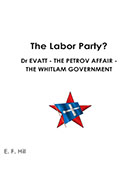 " property="og:description" />
" property="og:description" />
The Labor Party? (E. F. Hill)
Written by: on
Print Version - new window Email article
The day after the Referendum, struggle will continue
Written by: Louisa L. on 21 August 2023
 This is the first of five statements that the Party will release on the Referendum to change the Constitution. They will be printed on successive Mondays as from today - eds.
This is the first of five statements that the Party will release on the Referendum to change the Constitution. They will be printed on successive Mondays as from today - eds.
Once again decisions about First Peoples’ lives will be made by others.
Despite some First Peoples’ input in the lead up, the 97 percent of non-Indigenous Australians will decide the Referendum.
As Murrawarri man Fred Hooper says, the Australian Electoral Commission could have organised a plebiscite or referendum of First Peoples to decide what they want.
For those willing to listen, this year has been full like never before of the lives, experiences and views of First Peoples, no matter where they stand on the Referendum.
Throughout the whole constitutional recognition process, well before the current Referendum proposal, we have helped promote the views of those demanding treaties and fundamental change. That remains our preferred position, but we have no right to impose it on First Peoples.
Palawa leader Michael Mansell said the Voice would marginalise not empower Aboriginal Peoples, that as an advisory body it would be ineffective, that its underlying ideology is assimilationist and that it was used by the prime minister to block Treaty.
He said its powerful proponents – the PM, media and big business – portrayed those questioning the Voice as racist or unthinking, instead of answering questions raised. Speaking in March, before increasing public action by First Peoples’ opponents increasingly broke through, he criticised one-sided media coverage.
He voted for the Statement of the Heart, but at the meeting delegates had no right to separate the four key elements, sovereignty, truth telling, treaty and voice. They had to vote for all or none.
The government allocated $66 million for the Voice, but just $5 million for Treaty.
His full speech is essential listening, available here. https://www.youtube.com/watch?v=7U0qrjJLMJ0
State Voice and other voices
South Australia created a Voice to the state parliament by legislation. It was the first State to do so. It placed First Nations in the State into six geographical groups, each to have two elected representatives serving on the State Voice.
It was widely welcomed as a great step forward by many – but not all – First Peoples in SA.
Goreng Bibullman (Nyoongar) man Keith Thomas, editor of the SA Native Title Services paper Aboriginal Way, writes that SA will now have “two voices: A Voice that is funded by the government, and provides advice to the government, and a Voice by the people, for the people, to maintain lore and custom for Aboriginal people at the grassroots level.”
“SA Native Title Services (SANTS),” he said, “has been vocal about the concerns of the native title holders we represent across the state. While we do support the principle of a Voice to SA Parliament, our major concern is that the State Voice will become a separate entity with the potential to erode and undermine existing First Nations leadership and cultural authority…Only Traditional Owners have the responsibility and right to speak for issues impacting them, their Country, their community and their culture…no-one else should be given the authority (especially by the Crown) to perform functions or make decisions about issues over that Country.”
These concerns have also been raised by long-time activist for Blak rights, Gumbaynggirr man Gary Foley at this year’s Invasion Day rallies. He spoke of land rights, culture and true self-determination.
Lidia Thorpe speaks of the invaders’ “assimilation project”. When she speaks of Treaty, she means long-term mass struggle strong enough to provide a just peace from the ceaseless 235-year war crushing First Peoples.
Others like Gumbaynggirr woman Elizabeth Jarrett who supports a left No vote are sceptical about type of treaties capitalism will offer. Some like Fighting in Solidarity Towards Treaties-activist Wiradjuri, Badu Island leader Linda June Coe and Michael Mansell want parliamentary representatives directly elected by First Peoples to arise from treaty processes.
High profile grassroots activists campaigning for a Yes vote include Bunuba elder and Human Rights Commissioner June Oscar who helped lead the successful battle in Fitzroy Crossing for Bunuba to control alcohol distribution and consumption; Barbara Shaw who stood firm against the NT Intervention across the country and led practical responses to protect First Peoples from its devastation on the ground in Mparntwe; native title barrister Tony McAvoy, who has always stood for treaties and whose people are the Wangan and Jagalingou opposing Adani. There are many more.
Tony McAvoy says that just as the 1967 Referendum did not cede or extinguish First Peoples' sovereignty, neither will the upcoming Referendum or the Voice.
Michael Mansell pointed out the Northern Territory Treaty Framework designed by Tony McAvoy, provides for land without the native title process, including for those in cities, autonomous law-making providing hunting and fishing rights, health, education, land use and adequate cash.
“It delivers a bundle of rights, binding states, police, courts, business and the public,” Mansell stated.
First Peoples’ lives are not a Yes-No proposition
It is important to distinguish between racist opposition to the Voice and the legitimate criticisms of the Yes vote coming from First Peoples.
There is undeniably a danger that the Voice to Parliament will control and defuse the voices of grassroots First Peoples, and channel their concerns into parliament making them ineffective.
But all people learn primarily from their own experiences. Whatever the Referendum result, there will be both positive and negative effects to be built on or countered.
First Peoples want and demand more than survival. Australia is built on their lands.
For 200 years they have fought for unity, for land rights, for culture including language, for Aboriginal control of Aboriginal lives. We continue to support those struggles.
The day after, whatever the Referendum result, First Peoples’ struggle for fundamental change will continue. Their lives are not a Yes-No proposition.
Print Version - new window Email article
Working together "for the nation" is a class question
Written by: Ned K. on 20 August 2023
Governments and big business often say that business, government and workers must work together for the benefit of the nation as a whole.
In the day-to-day experience of workers, it is the businesspeople and governments that get the benefits rather the workers. Who is 'the nation" is a class question that workers face every day.
There are countless examples of this on a large and small scale. Big banks often announce that they have to "let so many thousand workers go", a euphemism for throwing workers on the scrap heap.
Many workers thrown out of work though, never have their story told in the newspapers or on the TV news. Human Resources managers, now called "People and Culture" managers have the job of disposing of unwanted workers without any disruption to the profit-making activities of the business.
Where workers are hired by a contractor to perform work for larger host employers, it is sometimes the host employer that is the one calling the shots.
Shopping centres owned by multinationals like Westfield and commercial property developers are renowned for this type of behaviour. Shopping centers and large commercial developments such as multi-story office towers are often owned by corporations whose entire existence is based on workers’ income in the form of managed superannuation funds.
Recently a worker (Bill) employed by a medium sized contractor performing work for a large shopping center owner complained to his contractor boss about excessive workload.
His concerns fell on deaf ears. He was a conscientious worker and was worried that his contractor boss would lose the contract and he would then be out of work himself if something was not done. The quality of work required to be done at the shopping center was deteriorating as the workers hired by the contractor were not trained properly. The worker complained again about the declining standards of work but the contractor boss still did nothing.
In desperation the worker took one of his family members in to work with him after the center had closed to the public to try and catch up on unfinished work. The manager of the center’s owner saw this "unauthorised" worker on the premises and within a couple of days, the worker Bill was told not to come to work as he had breached health and safety by bringing another person in to the center to help him catch up on workload.
The contractor told Bill the shopping center owner no longer wanted him on the site.
Bill's union got in touch with the property owner and their People and Culture manager promised a full investigation. There was hope that the center owner would overturn the decision of their center manager and recognize that the real issue was workload and that Bill's action in calling in a family member to help out was with the best of intentions.
Bill's hopes were raised when it was revealed that one of the large industry superannuation funds had money in the ownership of the shopping center. After about a week of not being able to work, the property owner said that after a full investigation, Bill had to go.
Bill the worker and his union on one side, representing the viewpoint of the workers and on the other side, the contractor, property owner and property manager with the viewpoint of the capitalists. The contractor boss was not the worst boss in the world, but fearful of losing work with a major client, fell into line at the expense of the worker. All the drivel of the People and Culture manager of the property owner and the property management about people are our greatest asset came to naught. Bill was down the road, so disgusted he did not want to go for unfair dismissal but instead took up assistance from his union in helping him find alternative employment at another worksite.
Print Version - new window Email article
E.F. Hill’s “The Labor Party?” republished.
Written by: Central Committee, CPA (M-L)19 on 19 August 2023
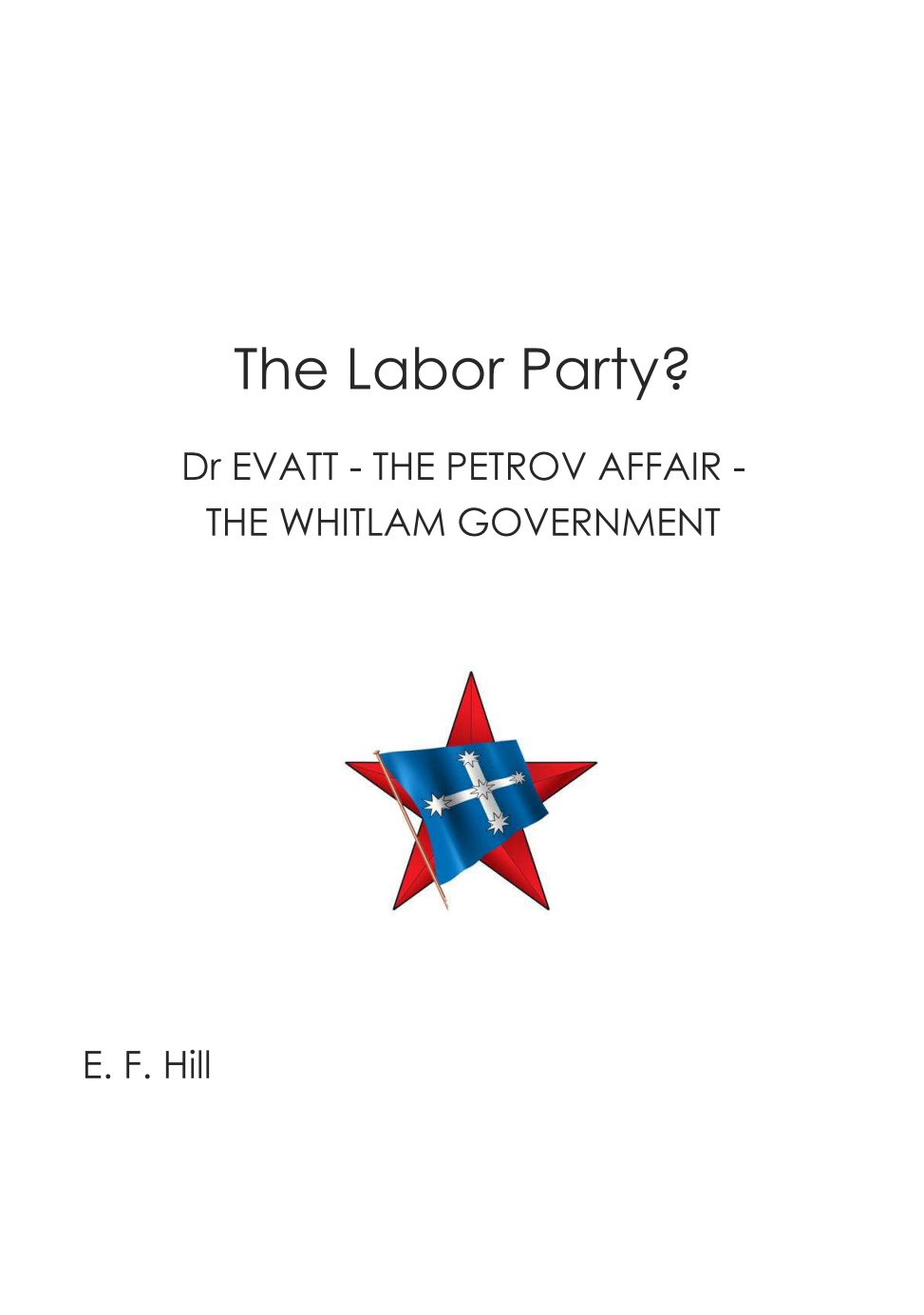 Founding Chairperson of the Communist Party of Australia (Marxist-Leninist), E. F. Hill, raised the understanding of Communists about the nature and role of the Labor Party to a distinct new height.
Founding Chairperson of the Communist Party of Australia (Marxist-Leninist), E. F. Hill, raised the understanding of Communists about the nature and role of the Labor Party to a distinct new height.
At the request of younger comrades for access to his The Labor Party?, the whole book has been retyped and placed on our website as a pdf.
It is available here.
By way of introduction to the book, we reproduce here a brief foreword to the 2023 edition:
FOREWORD TO THE 2023 EDITION
Like a wine of exceptional quality, this book, now nearly fifty years old, has aged very well. Its analysis of the Labor Party shows its fundamental character as a party of capitalism. It explores its contradictions as a party alternating between service to imperialism, on one hand, and to Australian capitalists sometimes seeking greater capitalist independence from imperialism, on the other. It explains how internal Labor Party division is fuelled by its fundamental service to capitalism and its need to maintain the deception that it serves its electoral base in the working class and other progressive people.
The author, E F (Ted) Hill was the founding Chairperson of the Communist Party of Australia (Marxist-Leninist), established in 1964. Ted was a prominent and outstanding Communist leader, activist and lawyer who dedicated his life and work to working people in Australia. His other works can be found on the E F HILL website.
Since this book was written, additional experience has arisen of Labor in office, including its attacks on the workers through the Accord, its pioneering of neo-liberalism under Hawke and Keating, its keeping the unions under control through Fair Work Australia, its further opening of Australian territory to the US military under Gillard, and the continuation of that treachery via AUKUS under Albanese, Wong and Marles. All these later phenomena can be best understood by learning from the example set by Hill in his analysis of the Labor Party.
A young comrade offered to retype this book, long out of print, so that it can be made available to a new generation of Australian Communists. We thank him for his enthusiasm and hard work.
Print Version - new window Email article
US imperialism and its attempts to control South-east Asia
Written by: (Contributed) on 17 August 2023
Two recent reports, written independently of each other, have both confirmed how the US is beginning to experience serious diplomatic problems in South-east Asia. The small sub-area of the vast Indo-Pacific has been a powerhouse of the global economy in recent decades; regional diplomatic organisation has become, therefore, a major global consideration.
In the half century since the establishment of ASEAN, however, the US has witnessed the eclipse of power in their regional foreign policy, to one which is now subject to challenge from its rival imperialism, China.
In late July the Asia Society, published Prioritising South-east Asia in American Strategy, a report which detailed how the US was losing the diplomatic offensive in South-east Asia. (1) The right-wing business intelligence and lobby organisation based in Washington is part of a global network and states its role is to, 'navigate shared futures for Asia'. (2)
The publication coincided with another similar report, 'Quad erat demonstandium', by a number of Japanese and South Korean academics not usually associated with either progressive or left-wing causes. (3) In fact, many of those involved in the report were part of the US university system. They, nevertheless, had a great deal to state about recent Japanese foreign policy, and noted, 'Japan needs a more autonomous foreign policy', which was not US-led. (4)
Behind the scenes both reports were drawing attention to the shortcomings of recent US regional foreign policy and the General Security of Military Information Agreement (GSOMIA) intelligence-sharing organisation which has elevated the US-Japan alliance to global significance. (5) It has had far-reaching implications for US regional foreign policy, particularly in South-east Asia.
The small sub-area of the vast Indo-Pacific region is placed largely in-between the first and second island chains, which are used by the Pentagon to contain and encircle China's foreign policy. The area is also one of the most economically dynamic in the global economy. Traditionally under US hegemony, in recent times the challenge from China has sent US diplomatic tensions soaring.
While US foreign direct investment into South-east Asia has reached $328.5 billion, the equivalent of that of China, South Korea, and Japan combined, it has been noted, however, 'Washington's biggest problem was the lack of a compelling trade agenda'. (6) Floods of imperialist finance capital do not are not designed to create meaningful economic development; in fact, they tend to be accompanied with strings and other considerations.
In order to monitor their finance capital, the US tends to create 'front-type companies' in the corporate sector, usually controlled by US citizens; shadowy bodies where influence is brought to bear from elsewhere inside the corridors of power of the host country, ensuring the money trail remains opaque.
Regional diplomatic organisations such as ASEAN, established during the last Cold War during the 1960s as essentially pro-US and anti-communist, now, however, welcome China. Times have changed. Modern-day ASEAN is also careful to use informal decision-making procedures as a means of establishing mutually beneficial diplomacy in a very politically and culturally diverse member environment in order to promote regional harmony.
Japan, while not officially an ASEAN member, has, nevertheless, maintained extremely close and cordial relations for over three decades; the 2008 ASEAN-Japan Comprehensive Economic Partnership Agreement cemented already strong trade and diplomatic links. ASEAN is now Japan's second largest trading partner. Japan also regards ASEAN as the key to peace and stability in the region.
The US position of continually pushing forward the GSOMIA has, therefore, created problems in Japan and elsewhere.
Countries in South-east Asia have been allocated the position of lower-level partners inside the US-Japan global alliance; they are expected to follow the Pentagon-line of the US Indo-Pacific Strategy, aimed directly at China, which is not necessarily in their own interests. (7)
The fact that Beijing is ASEAN's largest trading partner, has, therefore, raised serious questions for the eleven member countries. Their governments see no reason to offend China; they increasingly rely upon Beijing for favourable trade and diplomacy in what China describes as a multi-polar world.
The ever-increasing war-mongering by the US is regarded as problematic; while Washington remains the largest provider of military equipment and weapons for South-east Asia, governments are increasingly reluctant to be seen to antagonise China. They are also concerned at the ability of the US military-industrial complex to dictate foreign policy which they are supposed to comply with, without comment or criticism.
US 'allies', likewise, are also increasingly faced with similar problems.
The 'Quad erat demonstadium' report, for example, also had some harsh words to say about the US-Australia alliance, with the statement, 'in Australia, meanwhile, the military brass section still dominates the foreign policy orchestra … with reference to … more US troop rotations'. (8)
The recent announcement of Australia hosting a Combined Intelligence Centre with the US, within the Defence Intelligence Organisation next year is another warning sign of the country being drawn ever closer to Pentagon military positions, with all the problems which that entails. Australian regional diplomatic initiatives will merge with intelligence-gathering, for what are, essentially, 'US interests'.
A comment from an informed source that Australia will also be hosting the deployment of US missiles, and that Canberra had been regarded as failing the US diplomatic position to accurately assess China's role in the Pacific, show how the increased wave of militarism has affected Australia. (9) But even the best of the Pentagon's plans have gone astray.
It is interesting to note the Asia Society report drew specific attention to the claim that 'US engagement in the region was failing … and … many disliked its lectures on adhering to the rules-based order'. (10) And for good reason. Studies of the problem have concluded that, 'an imperial lens provides a more precise explanation of how the rules-based order operates and in whose interests'. (11) ASEAN members, furthermore, have tended to regard the US diplomatic position as hypocritical over a number of issues in light of Washington's continued refusal to sign the United Nations Law of the Sea Convention. (12)
In conclusion, government personnel in Canberra could do well to study the two reports and assess the likely outcome in years to come, particularly in light of a recent statement that Australia was designing a new aid program for South-east Asia for use with ASEAN. An official media statement said that 'the new aid policy will aim to connect Australia more closely to the region'. (13)
Those concerned in Canberra might like to consider in whose interests the new aid program is being formulated and implemented, and just who is actually pulling the strings to challenge the emerging multi-polar nature of regional diplomacy:
We need an independent foreign policy!
1. US diplomacy off the boil in South-east Asia, Australian, 3 August 2023.
2. Official website: Asia Society, Washington.
3. 'Quad erat demonstandium', Inside Story, National Affairs, 31 July 2023.
4. Ibid.
5. The reasons behind Washington's push for GSOMIA., Hankyoreh, 12 November 2019.
6. Australian, op.cit., 3 August 2023.
7. Hankyoreh, op.cit., 12 November 2019.
8. Inside Story, op.cit., 31 July 2023.
9. Vale Sovereignty, change.org., 7 August 2023.
10. Australian, op.cit., 3 August 2023.
11. Sub-Imperial Power, Clinton Fernandes, (Melbourne, 2002), page 45.
12. Australian, op.cit., 3 August 2023.
13. Regional aid plan to restore relations, Australian, 4 August 2023.
Print Version - new window Email article
Peter Dutton and the Liberal Party business model
Written by: (Contributed) on 11 August 2023
(Above: Opposition leader Peter Dutton Photo: Creative Commons Attribution 2.0)
A parliamentary move by opposition leader Peter Dutton to allow registered unemployed workers to be allowed to earn up to $300 a fortnight without losing welfare benefits has clearly shown the Liberal Party preferred business model, based on undermining awards and other regulations together with enhancing further casualisation of employment.
As the federal Government seeks to raise benefits for unemployed workers and finalise legislation to challenge casualisation of employment, the coalition appear hell-bent on pushing other agendas which reveal the type of business model they prefer without providing too many details. To say they play their cards close to their chests, would be an under-statement.
Peter Dutton has already stated the coalition will propose unemployed workers be allowed to earn $300 a fortnight before losing their benefits. (1) No comment about wage theft, however, has accompanied the coalition position. A major cause of wage theft in Australia can be attributed to cash-in-hand payments and refusal by employers to pay penalty rates together with wages level below national minimum levels.
Studies of the problem have revealed it is widespread and estimated to total around $1.35 billion per year. When studied in the context of Australia only having a workforce of about 13 million, it has been estimated approximately a third of all workers experience the problem. (2) Other studies have found estimated wage theft an even greater problem, at around $5 billion, but affecting only 3 million workers. (3) The Working Women's Centre in Adelaide recovered over $500,000 recently, in one financial year. (4)
Fair Work Australia increased the national minimum wage from 1 July 2023 to $23.23 per hour. Taking the Dutton proposals into consideration, an unemployed worker would be allowed to work 12.9 hours a fortnight, or 6.45 hours a week during the present financial year.
Casualisation promoted
One can but question what type of employer would offer employment on such a limited basis and what type of contract of employment would be offered; unless they intend flooding workplaces with large numbers of short-week workers to undermine Awards of other, permanent members of workforces by creating a sub-class of workers obliged to accept the back and call of employers, if, and when, required. Problems, therefore, arise.
The Manufacturing Award, for example, states a part-time employee must be engaged and paid for a minimum of four consecutive hours per shift … although by mutual agreement the parties may agree … to an engagement of no less than three consecutive hours per day or shift. (5) The employee and employer, also, 'before commencing part-time employment … must agree in writing on … hours worked … the days … starting and finishing times … and … the classification'. (6)
Manufacturing has traditionally been associated with widespread labour-intensive duties and practices which include sorting parts and components, re-work and numerous activities conducted to comply with annual stock-takes of large volumes and capacity. Whether the moves by the Liberal Party are aimed at cutting manufacturing costs, remains, as yet, to be established. The industry has long been targeted by successive Liberal administrations.
Other industries which have, historically, had relatively high levels of casualisation include construction and hospitality. They, likewise, remain in clear focus of Liberal leaders.
Awards and the National Employment Standards, however, specify a standard working week is 38 hours, while other, part-time work, is also still held by similar contracts of employment, which are supposed to legally provide all workers with:
information concerning the nature of the employment;
the name of the employer;
the classification level and rate of pay;
the number of hours a worker is required to perform.
Whether an employer would bother to undertake such legal requirements for 12.9 hours a fortnight is highly unlikely. It would also involve other obligations on their part which include payment of Superannuation.
Undermining of superannuation
Australia already has a serious problem with employers using fraudulent and creative accounting techniques to not pay Super, which is now amounting to eleven per cent from 1 July 2023. While eleven per cent of $300 does not amount to much of a Super investment for a worker, it would, nevertheless, be expected to be paid by employers.
A study conducted by the ABS last year found underpayment or non-payment of Super in Australia already amounted to an estimated $6 billion a year, even with Super being policed by government departments. (7)
A far more likely option, under the Dutton proposals would be employers to use a worker for general labour and payment by cash-in-hand. And to do so discretely, and being non-accountable. The Australian Tax Office may have a few comments to make in due course about such practices, if the Dutton scheme is ever implemented.
But there are also other important considerations, with far-reaching implications.
Safety risks increase
Safety regulations, for example, involve a worker being covered by safe working conditions while on an employer’s premises; an injured worker is expected to sign a legally-binding Statutory Declaration, detailing the nature of the injury, the date and time it took place and where it happened. Whether an employer would undertake such requirements for 12.9 hours a fortnight by a worker, remains a matter for serious consideration, particularly if other relevant documentary requirements had not been fulfilled with non-compliance of Awards and regulations.
When the Liberal Party announced they were opening a new battlefront over work or welfare, the slogan may be appealing to those who accept their political spin without too much scrutiny as most of their members and supporters regularly do. (8) It is, in fact, nothing new: union-bashing on their part has a long, sordid and under-hand history.
While workers rely upon unions as their only insurance against unscrupulous behaviour on the part of employers, a recent statement from Australia Industry Group chief executive Innes Willox, continued the Dutton political line with included references to proposed industrial relations changes as 'anti-productivity and driven by outdated union fixations'. (9) So much for 'good faith' industrial relations practices by the leader of a major Australian employers' organisation. He is supposed to set an example for his underlings.
Willox, furthermore, remains well-known in business circles for his curious views and denial of even the most basic reliable data from official sources: he does not accept, for example, that recent and present high inflation rates are the product of price/profit inflation, which is easily substantiated from banking statistics and the Forbes list. Rather, he cites other, non-substantiated reasons for the problem, carrying the hallmarks of sub-rational belief systems. (10)
Willox, nevertheless, also sits comfortably alongside other counterparts, including Scott Morrison, who, likewise, resides inside a cocoon of denial, as revealed by his response to the Robodebt. (11) The recent commission report on the problem, for example, revealed the grey area between government bureaucracy and downright and unacceptable illegal behaviour was, indeed, very blurred in the mind of Morrison. Or even non-existent.
And not only in the case of Morrison.
Other counterparts and those associated with the corporate sector, including Woolworths, have been charged with over a thousand criminal charges linked to wage/leave theft. (12)
And finally, there remains the issue of Australian employers taking advantage of recent arrivals and immigrants who are unaware of their rights, and some of their associates. Non- payment of correct wages, overwork, non-payment of penalty rates, overtime and non-payment of Super, all feature in a recent study conducted by the Australian Border Force. The findings generated fines of in excess of $300,00 in just two weeks. (13) It was noted officially from the government department that, 'in some instances exploitation of workers might also be an indication of organised crime and money-laundering'. (14)
For those on the receiving end of such business models, the bigger problem is how to organize these workers, especially ones on visas and now overseas students who can only work 24 hours a week on the books, forcing them to seek more money in cash-in-hand jobs or on ABNs where it is more difficult to trace actual hours worked.
Wage swindling is growing. Wage theft legislation proposed at federal level will not stop it. However big employers may not risk it themselves but turn a blind eye to it being rampant in their supply chains.
Some unions have done a good job of supporting casualised workers. More needs to be done.
See the CPA (M-L) booklet on organising service sector workers for an example of what can be done.
1. Battlelines drawn over dole queue, Australian, 31 July 2023.
2. Wage theft – the new model for big business, Australian Unions, 8 September 2019.
3. Australian wage theft laws, AKYRA., 22 February 2023.
4. Wage theft in South Australia, The Working Women's Centre.
5. Manufacturing and Associated Industries and Occupations Award, September 2020, Part 2, Types of Employment, Clause 10, 10.2.
6. Ibid., 10.3.
7. Senate Inquiry, ABC News, 30 March 2022.
8. See: Dutton plays work versus welfare card as it fuels antipathy to dole, Australian, 1 August 2023.
9. 'Union fixations' hold us back, Australian, 2 August 2023; and, Big Business slams better wages push, The New Daily, 2 August 2023.
10. Australian, ibid.
11. ScoMo's 'well of Robodebt self-pity', Australian, 2 August 2023.
12. Woolworth accused, The New Daily, 2 August 2023.
13. ABF hits bosses for fleecing migrants, Australian, 21 July 2023.
14. Ibid; and, New migrants the key victims of wage theft, Australian, 24 May 2023.
Print Version - new window Email article
Whistleblower Richard Boyle Needs Support
Written by: Nick G. on 9 August 2023
A small crowd of 30-40 people gathered outside the SA Supreme Court at 9am this morning to support Australian Tax Office whistleblower Richard Boyle.
On March 27, 2023, Boyle lost a bid to be declared immune from prosecution as a whistleblower, meaning he could face the prospect of life in prison.
Today’s appearance was to appeal the March decision.
Boyle had worked as a debt collection officer at the ATO's Adelaide office and accused the ATO of covering up serious maladministration and lying to Senate Estimates about his accusations.
He first made a public interest disclosure to the ATO itself, and then made a complaint to the tax ombudsman. He felt he had been fobbed off and that the injustices he had uncovered were not being taken seriously, so he took his revelations to the media as a part of a joint Fairfax-Four Corners investigation.
Although the ATO was forced to concede that its practices were unjust, especially in relation to small businesses, and subsequently changed parts of its policies on debt recovery, it has not commended Boyle, but acted to punish him as revenge for “blowing his whistle”.
It speaks volumes about the class nature of capitalist justice that a diligent worker with the public interest at heart is facing life in prison, while the ATO executives come and go as they please.
The same may be said about the disclosures of illegal and unethical corporate behaviour by the likes of PwC and KPMG.
Workers are made to live in fear of police charges and jail for speaking up in the public interest while those from the big end of town who cheat, practice corruption or break the law, undermining the public interest for selfish gain, are adept at using the law to escape its consequences.
Labor Attorney-General Mark Dreyfuss pretended to be an advocate of whistleblowers when he enacted the Public Interest Disclosure Act (2013). Yet it is the Commonwealth Director of Public Prosecutions that has laid the charges against Boyle, and Dreyfuss has refused repeated requests to use powers under section 71 of the judiciary act to stop the prosecution.
As it stands, four decent Australian citizens are having their rights and liberties trampled upon. They are Boyle, ADF whistleblower David McBride, and the two facing extradition to the US – Julian Assange and Dan Duggan.
They could be any of us.
Each of them should be at the top of the Australia Day honours list for their courage and commitment to truth and justice.
We should celebrate whistleblowers, not send them to jail.
Print Version - new window Email article
University protests: welfare not warfare!
Written by: Nick G. on 9 August 2023
The National Union of Students (NUS) is holding a nationwide protest today against the increasing militarisation of tertiary education and its complicity in the US drive to war.
Ironically, the protests come just days after the University of Adelaide announced a new partnership with British multinational Babcock, which has the contract for the maintenance of British submarines.
Babcock Managing Director (AUKUS & International) Sir Nick Hine and University of Adelaide Vice-Chancellor and President Professor Peter Høj AC signed a Memorandum of Understanding (MoU) to work closely together on August 6.
According to a University press release, Babcock and the University will “work together on developing Australia’s defence workforce and skills through new initiatives and projects to support current defence programs and the AUKUS program, including the delivery of the nation’s first nuclear-powered submarines”.
It is hoped that those skills will enable Babcock employees to do a better job than the ones who were reported last January to have used glue to fix broken bolts in a nuclear reactor chamber.
The repairs to cooling pipes were discovered on HMS Vanguard after a bolt fell off during checks.
It was reported that the heads of bolts had sheared off after being over-tightened but, rather than fix the broken shafts, workers for Babcock allegedly glued the heads of the bolts back on instead.
It makes a joke of Babcock’s claims to being “a proven, trusted leader in sustainment, nuclear safety and stewardship”.
The NUS is demanding that universities stop relying on funding from the big merchants of death whose profits come from the drive to war.
They are opposed to what Professor Peter Høj enthusiastically referred to on 21 July as “research commercialisation initiatives that will strengthen Australia’s defence capabilities and assets”. This was part of his announcement that the University of Adelaide and the University of NSW had joined a Defence Trailblazer program which “draws together industry and academia to create the workforce and technologies” that support the drive to war. WA’s Curtin University is also part of the program, with other universities expected to join.
The Trailblazer project has a government commitment of $50 million in cash over four years, which will be matched by $50 million of funding from the two universities. More than $140 million will be invested in the project by over 50 industry partners located around the country bringing the total value of the program to approximately $250 million.
Links between armaments and weapons manufacturers and universities have proliferated in recent years. Between them, the three SA unis, Flinders University, University of South Australia and University of Adelaide, have, or have recently had, ties to BAE Systems, Thales, Lockheed Martin, Raytheon and SAAB Systems and more.
The links follow a Morrison government initiative which saw fees for STEM subjects reduced by 20%, but fees for humanities courses in some cases doubled. Courses which could encourage critical enquiry are being made to subsidise courses in vocational training for the military.
At Adelaide University about 50 students rallied and marched into the Engineering Building to demand that this faculty stop prostituting itself to commercial and military interests. A large number of cops and university security followed them, a far cry from Moratorium days when cops were kept off campus. No arrests were made.
The NUS demands are correct and must be supported.
Print Version - new window Email article
The crisis in Russia
Written by: Union of Maoists of the Urals on 8 August 2023
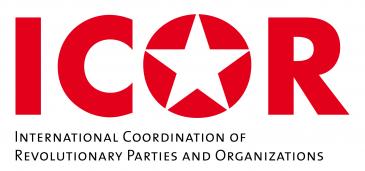 We continue our series of reports from ICOR’s webinar on the United front Against Imperialism and Fascism. This report is from the Union of Maoists of the Urals – eds.
We continue our series of reports from ICOR’s webinar on the United front Against Imperialism and Fascism. This report is from the Union of Maoists of the Urals – eds.
The crisis in Russia
The Russian Federation is going through a severe political crisis. After the almost complete defeat of all opposition forces at the beginning of 2022, the ruling group of the imperialist bourgeoisie achieved a complete monopoly on power and complete domination in all spheres of society. However, the hopes of this group for a quick victory in the war with Ukraine and large economic gains did not materialize. The corruption-riddled army failed to win the war quickly, and the failed diplomacy of Russian imperialism led to international isolation. Competent economists were able to save the economy for almost a year, but they were not omnipotent, and in recent months the economic situation began to deteriorate. Contradictions between nations are growing in Russia. The protests of migrants and non-Russians in large cities have become more frequent, they are fighting against the lawlessness of the police and Russian nationalists.
Against the backdrop of military defeats, the struggle between the two lines among the grouping of the bourgeoisie that had completely seized power became sharper and sharper. Finally, towards the end of last year, against the background of failed mobilization and resounding defeats at the front, Putin's grouping of the imperialist bourgeoisie split into two parts. The first part of it is trying to accumulate political forces for military success and not greatly disturb the masses, hiding their cannibalism behind initiatives distracted from the population. The main slogan of this group of imperialists was expressed by a deputy from the Communist Party of the Russian Federation with the words “Please look like the people!”, said during a debate in the State Duma.
The second group, on the contrary, is trying, out of ideological motives, to carry out the most anti-people initiatives without regard to public opinion. From these people, calls are regularly heard for the massacres of opposition-minded citizens, for the prohibition of all other ideologies and for the recognition of any non-Putin movements as terrorists. These groups are non-partisan and a split permeates all the ruling parties in Russia. They are now fighting within the authorities, sabotaging each other's initiatives. On the other hand, the Russian army is seriously decomposed, which is why the Russian imperialists are starting to run away from the front and from Russia. The most striking example is Prigozhin's pseudo-rebellion, which was aimed at the Wagner PMC escaping from the Russian-Ukrainian war. This example is not the only one. We are witnessing a serious crisis and the actual collapse of the statehood of Russia as an imperialist state.
Russia's main contradiction is war. This is a contradiction between the entirely narrowed ruling class and all other classes of Russian society, except for the labour aristocracy. One side of this contradiction is the crisis. The other side of this contradiction is a number of repressive laws and initiatives that are constantly introduced and regularly adopted. We consider the question of which side is the main one in the main contradiction still open and we are conducting further analysis. In practice, we believe that the main side of the contradiction is precisely the crisis, and the non-main side is repression. However, at the same time, we are preparing for the worst scenario, where the main side of the contradiction will be repression and the regime will stand.
About repressions and other measures to support the ruling regime. In Russia, laws against "foreign agents" were again tightened, which are used in our country for mass repressions against citizens and public organizations. Against the backdrop of last year's failed mobilization, the penalties for failing to appear at the military registration and enlistment office for conscription and mobilization have now been seriously increased, total restrictions have been introduced for draft evaders for military service, and the boundaries of those subject to conscription have been expanded. Previously, they promised to raise the lower limit of conscription from 18 to 21 years old, but did not raise it and now everyone is called up from 18 to 30 years old.
The militarization of schools is growing, the school subject of the Basics of Safe Life has been renamed the Basics of Protecting the State. Previously, special subjects were introduced at school with state propaganda, the so-called "Conversations about the important". Under the new laws, a police officer can be “scared” because someone threatens his acquaintance and this will be a crime against a police officer. Independent psychiatry has been abolished, and conversion therapy for homosexual people has been introduced. All conditions have been created for the return of political punitive psychiatry. New restrictions on women's reproductive rights are constantly being introduced, abortions are being gradually banned in the regions, and a fight has begun against emergency contraception and the distribution of abortion drugs. All this is happening along with spy mania and calls for rallying under the state ideology of combating "Western values". The authorities have entered under "Western values" absolutely everything that prevents the fascist regime from continuing to exist.
In our daily work, we try to follow the line of the masses and create all the prerequisites for the imminent fall of the fascist Putin regime and the creation of prerequisites for the creation of a large Marxist-Leninist party. Our main enemies today are the Putin regime and the heirs of Soviet revisionism.
Print Version - new window Email article
No Job Security For Security Workers Under Capitalism
Written by: Ned K. on 5 August 2023
(Photo: Titanium Security Facebook page)
The capitalists who own the thousands of businesses across the country and their governments at federal, state and council levels have created armies, police forces and private security companies to protect their property and to maintain the operation of capitalism on a day-to-day basis.
The workers who constitute the armies, police forces and private security companies are employed in a scale of decreasing wages and job security.
At the bottom of the scale are workers employed by private security companies. Most are lucky to be paid even the minimum Award rates of pay and many have minimal job security due to contract changes and insecure hours of work.
The private security industry employs many new migrant workers and older workers displaced from other industries such as the car industry that no longer exist.
Security companies come and go as they compete on price to win contracts in both the private and public sector.
Like the building industry, their insecure work is made even more insecure by companies going belly-up. The latest one is Titanium Security in SA which went into liquidation on 1 August leaving workers without pay for work performed and with loss of entitlements such as annual leave, superannuation and long service leave. Titanium served a similar fate in 2021 when it was saved from liquidation by a Deed of Company Arrangement which enabled it to keep trading.
Titanium had won some large security contracts including SA Government contracts to provide security services for SA Water, the water utilities body in SA.
Their website also states Titanium are a member of the Defence Industry Security Program (DISP) which allowed them to provide government defence department cleared personnel.
When Titanium went belly-up on 1 August, their security officers kept working at their usual workplace not knowing who they were working for, who was paying them and who would be their next security company employer, if any.
Meanwhile the Director of Titanium was enjoying the good life in the Greek islands.
How governments of the Labor type can continue to treat workers this way by exposing them to contracted out private for-profit employers shows how embedded Labor governments remain in the capitalist system.
Print Version - new window Email article
On Fascism in Lyon
Written by: Unité Communiste on 8 August 2023
Below we publish a recent contribution to an international webinar on the United front Against Fascism and Imperialism. The contribution was made the day after more than three hundred anti-fascists confronted Nazis in Melbourne who were on a recruiting drive. We publish the contribution from French comrades so as to encourage anti-fascists to be aware of, and give support to, each other’s struggles – eds.
Print Version - new window Email article
Port of Darwin upgrades for military and commercial interests
Written by: (Contributed) on 5 August 2023
The following article was submitted to us before yesterday’s disclosure – from US budget sources and not from the Australian puppet government - that another US Air Force base is to be built outside Darwin. This latest spending push follows the US outlaying around $270 million to build 11 giant jet fuel storage tanks near Darwin's main port. The US has complete control over the Australian government and its Department of Defence. Albo, Wong and Marles are enthusiastic cheerleaders for the US warmongers – eds.
Port of Darwin upgrades for military and commercial interests
A plan to develop the Port of Darwin would appear part of other, Cold War military and security provision, designed to strengthen northern Australia. The plan was tabled at the same time as US-led attention has been increasingly focussed on the South Pacific, where fears have been raised about China's longer-term investment and development programs.
Australia's historical focus on the South Pacific has been primarily based on that of a sub-imperial power, acting under US tutelage, with neo-colonialism an important consideration. The same forces appear to be the main factor to upgrade the Port of Darwin; and moves appear well under-way.
A plan to upgrade the Port of Darwin was presented in mid-July by the Aurizon Holdings Ltd business organisation. The ambitious plan included transforming the existing facilities to create Darwin as a major Australian port; diagrams of the plan show Darwin feeding other Australian ports across land. (1) Rail links between Darwin and Adelaide were also included, together with a large amount of data outlining trade volumes and logistics for containers. (2) No reference was made to 'dual use' infra-structure whereby the military can take control of useful facilities in time of national emergency: Adelaide, for example, is the 'defence state', and home to numerous defence industries.
In a diplomatic statement about the 2023 AUSMIN meetings, the defence industries were regarded as particularly useful for developing AUKUS technologies; an indication the issue was an agenda item for the high-level diplomatic meetings. (3)
In recent times Canberra has also pushed the idea of upgrading northern Australia as part of military and security provision; a number of military facilities have been targeted for upgrades, in line with increased US troop rotations for rapid deployment into the wider Indo-Pacific region. (4) The moves have also included closer diplomatic links between Australia and New Zealand for plans 'to work more actively in the Pacific to counter growing Chinese influence'. (5)
Both countries are dominant players in regional diplomacy through their membership of the elite US-led Five Eyes intelligence networks. Their membership of the British Commonwealth, likewise, has provided them with close diplomatic links with counterparts across the Indo-Pacific region.
It is also not coincidental that Darwin is already regarded by the US as a support centre, with an arc swinging through Diego Garcia in the Indian Ocean and Guam in Micronesia, which host regional and global intelligence facilities for the Pentagon. (6)
The South Pacific countries of PNG, the Solomon Islands and Vanuatu, have also long been regarded as belonging to Australia’s zone of regional influence While they have their own intelligence facilities and defence and security provision, they have historically been over-ridden by Australian facilities and, in turn, by US-led facilities. Australia has had the role of a sub-imperialist power, operating along guidelines for the protection and extension of 'US interests'. (7) The economic development of the South Pacific countries, furthermore, has never been a serious agenda item for Canberra.
Concerns, therefore, have been raised, in recent times, about the Solomon Islands and the administration of Prime Minister Manasseh Sogavare's and their, 'increasingly close relationship with Beijing and his attacks on Australia and the US'. (8) It has been noted, for example, that, 'Chinese aid is attractive to the Solomon Islands because it largely stays in the Solomon Islands; Australian aid does not … it is … a form of boomerang aid that simply returns to Australia'. (9) Diplomatic relations between Canberra and Honiara have, therefore, proved problematic, with Sogavare portrayed in an unfavourable light.
The announcement of the plan to upgrade the Port of Darwin has also coincided with the International Seabed Authority agreeing to a two year 'road map of adoption of deep-sea mining regulations'. (10) It was noted that mining companies have been assessing the financial viability of rare earth minerals used for clean energy technologies including electric car batteries, on the abyssal plain reaching from Hawaii to Mexico, at 37 degrees north, 160 degrees-110 degrees west; the vast region and deep oceans are now possible to mine with autonomous underwater vehicles to extract minerals from the seabed. (11) The wider oceanic area covers more than half the planet, three kms underwater, or even deeper.
The so-called critical minerals are considered a serious matter for the US, who compete with China for access across the Indo-Pacific region. The fact China has recently increased its diplomatic presence across the Pacific to countries which possess enormous Exclusive Economic Zones (EEZs), has become a major factor in explaining the frantic nature of US diplomacy during the past few years. China now has about eighty per cent of diplomatic relations with the Pacific countries and their EEZs, as opposed to only about twenty per cent retaining links with Taiwan and the US. (12) It is, therefore, important to note that AUSMIN media releases state the US is seeking expanded co-operation in the Indo-Pacific. (13)
And if there is any controversy over the role of the US and what they regard as their regional interests and foreign policy, a diplomatic statement issued about the 2023 AUSMIN high-level talks, gave reference to 'Australia's backyard', in relation to the Pacific, and, that, 'critical minerals provide a particularly good example of an area in which Australia can make an out-sized contribution to the resilience of the US alliance and region'. (14)
No reference, however, was made to 'US interests': We need an independent foreign policy!
1. Aurizon's ambitious plan for Darwin's port, Australian, 19 July 2023.
2. Ibid.
3. 'Stay Tuned', The New Daily, 28 July 2023.
4. See: Defence – Special Report Supplement, Australian, 25 May 2023.
5. Anzacs to be 'more active' in the Pacific, Australian, 26 July 2023.
6. See: Peters Projestion, map of the World, Actual Size.
7. See: Sub-Imperial Power, Clinton Fernandes, (Melbourne, 2022).
8. Anzacs, Australian, op.cit., 26 July 2023.
9. Sub Imperial Power, op.cit., The South West Pacific, pp. 94-7.
10. Forget mining, unknown biodiversity is the true treasure of the Pacific floor, Australian, 26 July 2023.
11. Ibid.
12. US v. China, Japan Forward: Politics and Security, China now controls 80% of the Pacific EEZ., Dr. Rieko Hayakawa and Jennifer L. Anson, 14 February 2020.
13. 'Stay Tuned', New Daily, op.cit., 28 July 2023.
14. Ibid, and, Economics, security and our critical minerals, Australian, 26 July 2023.
Print Version - new window Email article
Computerised war games and US imperialism’s regional decline
Written by: (Contributed) on 1 August 2023
(Above: Image by rawpixel.com on Freepik)
The outcome of a computer simulation military exercise has sent shock-waves into the Pentagon, as the US recognise their declining traditional regional hegemonic diplomatic position across the Indo-Pacific. Other related factors have also raised serious questions about the continued viability of their US Indo-Pacific Strategy, as a workable regional foreign policy aimed at encircling and containing Chinese influences.
Earlier this year the Center for Strategic and International Studies in Washington staged a computer simulation military exercise over the threat by China to retake Taiwan: the outcome was that the US required the support of regional allies, Japan and Australia, in order to, 'block a Chinese takeover of Taiwan'. (1) The findings follow similar concerns by the Pentagon in 2019, that the US were no longer the dominant power in the Pacific and required, 'further relying on traditional allies, including Japan and Australia', following an in-depth study conducted by a Congressional Committee the previous year. (2)
The University of Sydney, United States Study Centre, likewise, has provided a regional assessment along the lines that the US could potentially lose a war with China, if Beijing conducted a wide-scale missile attack on military facilities based on Guam. (3)
The US has pushed both Japan and Australia to provide more assistance for the Pentagon's regional warmongering. It has caused certain concerns.
While US assessments regard their 54,000 armed forces based in Japan to be in the forefront of any forthcoming military conflict, it has been noted, 'Japanese leaders publicly shun discussion of a role in any Taiwan war, in part because public opinion is generally against getting ensnared in a conflict'. (4) A public statement from Professor Satoru Mori of Keio University in Tokyo, said that in the event of Japanese military involvement in defence of Taiwan 'ninety per cent of Japanese people would say no!'. (5)
The US would also require official approval from the Japanese government in order to deploy their troops from Japanese bases. (6) It was noted, furthermore, that under the circumstances, 'the US is seeking more clarity from Japan as the two sides try to develop a combined operational plan for a Taiwan conflict'. (7) Studies conducted elsewhere have also noted how Japanese people have a, 'zero appetite to engage in direct confrontation with China over Taiwan'. (8) Instead, attention has been placed upon forthcoming presidential elections in Taiwan next January, where a KMT victory may occur, which would effectively undermine the US support for present DPP administration of President Tsai Ing-wen, many of whose supporters seek Taiwan's independence. The KMT has long sought cross-straits relations, and peaceful co-existence with China. Such an outcome is clearly regarded by the US, however, as, 'a potential threat to Washington's plans in the Asia-Pacific'. (9)
In local elections across Taiwan late last year, the ruling DPP lost key seats in Taipei, Taoyuan and Hsinchu, and only secured five from 21 posts of city mayors and country chiefs, while the KMT took 13. Whether the results can be projected onto the next presidential elections will be known early next year.
Similar assessments of the role of Australia have also found a marked difference between traditional support for the 'alliance' and other outcomes: it is not particularly difficult to access the US position; the Australian newspaper publishes several every week by Greg Sheridan, a well-known Pentagon sycophant and court jester. One of his recent articles, for example, noted that while US Secretary of State Anthony Blinken and Defence Secretary Lloyd Austin were about to visit Australia for high-level diplomatic talks with the Australia-US Ministerial meetings, the Pentagon was deeply concerned about Canberra recently removing $1.5 billion from defence over the next four years. (10) Hundreds of millions of dollars have also been reallocated from the defence budget to other government departments and less support than expected has been forthcoming for the Ukraine, together with fears arising about further reallocations in order to finance the building of submarines with inter-operability with US counterparts. (11)
Behind the scenes the US is concerned about the viability of their Indo-Pacific Strategy, where the alliance with Japan has become a global alliance and central to US military and security provision. (12) It rests upon the 'Quad', consisting of the US, Japan, Australia and India, and couched in terminology which has included reference to, 'modernised long-standing alliances … forged innovative links'. (13) It also relies heavily upon lower-level partners, in networks linked to the Quad: South Korea, Taiwan, Singapore, Vietnam, Indonesia, Malaysia, Mongolia, New Zealand, the Pacific Islands and others. (14)
While the defence and security provision has kept the US-led military industrial complex financially secure with huge arms budgets, the centrality of Japan on which it all hinges, is problematic: in fact, Professor Mori has been quoted as stating that in the event of hostilities over Taiwan, 'political chaos … would occur, and … the government would struggle to manage the US alliance while dealing with public concern'. (15) Namely, Japanese institutions of state, including its central and provincial governments, would experience a serious legitimacy crisis in the eyes of civil society.
With 30,000 troops brought together for the present Talisman Sabre military exercises off Queensland, all it would appear, is not what it seems. In fact, we are witnessing the gradual decline of US traditional regional hegemonic positions and the very real likelihood of 'real-war' scenarios in the Indo-Pacific region, conducted on the basis of reckless, swashbuckling bravado:
We need an independent foreign policy!
1. US pushed Japan on Taiwan question, Australian, 17 July 2023.
2. Study: US no longer dominant power in the Pacific, Information Clearing House, 22 August 2019.
3. Ibid.
4. Australian, op.cit., 17 July 2023.
5. Ibid.
6. Ibid.
7. Ibid.
8. Japan doesn't want to fight for Taiwan and neither do other US allies, Sputnik, 23 July 2023.
9. Ibid.
10. See: Defence emergency hiding in plain sight, Australian, 25 July 2023.
11. Ibid.
12. The reasons behind Washington's push for GSOMIA., Hankyoreh, 12 November 2019.
13. Ibid, and, The Indo-Pacific Strategy of the United States, The White House, 11 February 2022.
14. Ibid.
15. Australian, op.cit., 17 July 2023.
Print Version - new window Email article
CPA (M-L) contribution to ICOR webinar on united front against imperialism
Written by: CPA (M-L) on 1 August 2023
 On Sunday 30 July, a comrade from the CPA (M-L) made a short contribution to the discussion. As there were many participants from countries around the world, each person was limited to a 3-minute presentation. The comrade spoke without notes but has made the following written recollection of his comments.
On Sunday 30 July, a comrade from the CPA (M-L) made a short contribution to the discussion. As there were many participants from countries around the world, each person was limited to a 3-minute presentation. The comrade spoke without notes but has made the following written recollection of his comments.
........................
Greetings comrades,
Firstly, let me begin by acknowledging the more than 300 people, many of them young, who confronted Nazis at a Nazi recruitment event in Melbourne yesterday. Their defiance of these right-wing street thugs is a very good thing.
Secondly, I can report that in common with workers in other advanced capitalist countries, Australian workers are facing declining living standards as the ruling class seeks to control inflation by using the levers of unemployment and interest rates. As a result, more and more are finding it difficult to meet mortgage repayments and rent increases, adding to the crisis of homelessness. They are yet to find the path to organised resistance, partly due to the repressive industrial relations laws that make all but “protected” industrial activity illegal. Even so, outbreaks of struggle are taking place.
Thirdly, on the international situation. In our region we are acutely conscious of the danger of war as the competition develops between Chinese social-imperialism and US imperialism. Even those who are friendly towards the US are increasingly worried by the government’s surrender of sovereignty to the US. Mass organisations with broad popular appeal are organising resistance to the US stranglehold over Australia. The Independent and Peaceful Australia Network (IPAN) is one in which we work with former diplomats and politicians, with peace activists and others across a range of differing viewpoints, all wanting the Australian government to possess greater capacity for independent decision-making in matters of foreign policy. Alliances are being built across our region. An IPAN conference on the theme of a peaceful Pacific was held on July 29 with speakers from Australia, Okinawa, Guaham (Guam), Samoa and New Zealand.
Australia has recently joined the US and UK in the AUKUS alliance. This saw the cancellation of a contract for France to build conventional submarines in Australia in favour of a $368 billion contract with the US and the UK for eight nuclear-powered submarines. Even within the “defence” establishment there are criticisms of this arrangement. The submarines will not be based in Australian coastal waters, but will be “seamlessly interoperable” with US submarines off the coast of China. A new organisation, the Australian Anti-AUKUS Coalition is bringing together the rank-and-file of the governing Labor Party, unions and peace activists. A common demand is for the scrapping of AUKUS and the direction of the $368 billion towards the social problems of the working people.
A further consequence of AUKUS is that Australia must take responsibility for the disposal of nuclear waste from these submarines once they are decommissioned. For sixty years, the government has tried to impose a nuclear waste dump for intermediate and low-level waste on communities that have successfully resisted these proposals. Inevitably, they are proposed for “remote” locations on the lands of the First Peoples. We campaigned with the Barngarla people of South Australia, and the local farming community, to successfully block the latest dump proposal. The prospect of a future high-level nuclear waste dump will further boost the anti-nuclear movement.
Finally, let me acknowledge that many comrades at this ICOR meeting face far greater difficulties than those of us in countries like Australia. We pledge to do what we can to assist them in our joint struggle against imperialism.
Thank you.
Print Version - new window Email article
The spineless puppets must be defied!
Written by: Nick G. on 31 July 2023
The visit to Australia by our imperial masters, Anthony Blinken, US Secretary of State, and Defence Secretary Lloyd Austin III, has revealed just how spineless Australia’s political “leaders” are.
Not only have we “agreed” to purchase 20 C-130 Hercules heavy transport planes from Lockheed Martin for $10 billion at what defence insiders complain is a vastly inflated price; not only have we “agreed” to manufacture and export missiles to the US war machine; not only have we “agreed” to further upgrade air bases in northern Australia so they can be used for training exercises by both Australian and American troops; not only have we seen the spectacle of a cut-out kangaroo daubed in the Stars and Stripes on board the USS Canberra in a gratuitous display of ownership of our sovereignty; not only are we to have US military spies embedded within “our” Defence Intelligence Organisation in Canberra, but Albanese and Wong have nothing to show for their representations to the US for the dropping of plans for the extradition of Julian Assange to face trial in the US.
Acknowledging that the matter had been raised at the AUSMIN meeting, Blinken publicly humiliated Wong by declaring that he thought it “important that our friends here understand our concerns about this matter.” In other words, stuff you, we are out for revenge and we’re not going to be swayed by the opinions of our puppets.
Albanese and Wong have come away from their latest round of obsequious pleading with nothing in their hands.
Their failure to secure the release of such an internationally famous icon as Assange, whose only “crime” was to have shattered the imperialist monopoly over, and control of, information does not bode well for any action they may be persuaded to take in the case of Australian citizen Daniel Duggan, currently held in a maximum security Australian cell while the US makes out a case for his extradition. The US believes it can use Duggan as an exhibit in its case against China, although he has done nothing illegal under Australian law. Attorney-General Dreyfus is deaf to pleas made on Duggan’s behalf.
The desire for revenge is not just a US imperialist character trait. The Australian government is still proceeding with its persecution of David McBride, the former Australian Army lawyer who blew the whistle on Australian war crimes in Afghanistan, and Australian Tax Office whistleblower Richard Boyle.
Labor Party rank and file are showing their displeasure at the Labor Government’s crawling to the US by passing motions at local branch level to pull out of AUKUS and cancel the $368 billion purchase of nuclear-powered submarines.
Along with other Australians, they will fight for the right to assert our sovereignty and independence.
More and more unions are passing resolutions against AUKUS. Common to their demands is that the money wasted on submarines be spent on meeting the people’s needs.
None of us want to be dragged into another unwinnable US war.
But to prevent that happening, we must rely on our own determination to struggle against US imperialism.
The spineless puppets in the Coalition and in Labor will not do that for us.
Print Version - new window Email article
Greetings from Ukrainian revolutionary
Written by: Andriy on 31 July 2023
(Above: Bucha main street after Russian invasion. Photo: Oleksandr Ratushniak Creative Commons Share Alike 4.0)
A webinar held under the auspices of the International Coordination of Revolutionary Parties and Organisations (ICOR) was held recently. Contributors from Germany, France, Russia, Ukraine, Iran, Palestine, Australia, Turkiye, South Africa, Uruguay, Tunisia, and Cameroon shared 3-minute presentations on the situation in their respective countries. The following contribution came from Andriy, a socialist Ukrainian. We publish it for our Australian readers – eds.
I greet everyone on behalf of the working people of Ukraine, who have been fighting the hardships of a bloody war and imperialist aggression for the second year already. Every day some people are killed by missile and bomb attacks by Russian imperialism. Houses, cities, and the environment are destroyed. Huge territories are mined, and people are dying from this as well. And a crime that affects not only our country, but the whole Europe, and the Black Sea region, is the destruction of the Kakhovka reservoir dam, which led to the flooding of large territories and the death of dozens of civilians, collapsing thousands of residential buildings and other civil infrastructure.
In addition, dangerous accidents are possible at the Zaporizhzhya nuclear power plant, the largest one in Europe. This can lead to more serious consequences for the country and the entire region than even the Chernobyl disaster. Putin's interventionists can easily arrange such an accident, and the Western imperialists are interested in this issue only from the point of view of their plans in Ukraine and Europe, and not in terms of harm to ordinary people. The bourgeoisie cares about their "business", their pocket, and not about millions of workers.
In such conditions, the majority of workers are busy with the problems of everyday survival – many of them have lost their homes, and unemployment is high, real incomes of the people have fallen significantly.
And some words about the war. The interventionists still have great power, and the supply of Western weapons is also growing. It is difficult to say how long the war will last, but, apparently, at least one year more. One of the factors is the US elections: both the pre-election campaign and the election results can affect Washington’s activity in Ukraine, the dynamics of military support etc. In any case, even now, after one and a half years of the war, this is a bloody horror in the middle of Europe. And this is a direct consequence of imperialist contradictions and capitalism as it is.
There is no doubt that the danger of war on a world scale is growing before our eyes. The imperialists are endangering the lives of entire continents and of all mankind for the sake of their selfish interests. Therefore, the United Anti-Imperialist Front is of particular importance, and meets the real interests of the working people worldwide, in whatever country they may be. This will make it possible to coordinate the struggle on a global scale, the struggle against imperialism and militarism.
Down with any imperialism!
Print Version - new window Email article
Inter-imperialist rivalry and the Niger coup
Written by: Nick G. on 30 July 2023
(Photo: VCG)
The military coup in Niger is proof that without genuine anti-imperialist independence, neither bourgeois democracy nor socialism can be secured.
Four days after Niger’s democratically elected President Mohammed Bazoum was detained and removed in a coup led by members of his presidential guard, details of the rivalry for influence and control between various imperialist powers is emerging.
Background
This relatively large and landlocked African nation has a population of 25 million, nearly all of whom are Muslims. Nearly 80% of Niger is Saharan Desert country. It was a French colony until 1960.
Niger's armed forces have a long history of military cooperation with France and the United States. As of 2013, the capital Niamey is home to a U.S. drone base. The country has had close ties to France since independence, and relies on French and US military support against Boko Haram jihadists from neighbouring Nigeria.
At Sochi in October 2019, Putin announced that Russia would supply Niger 12 Mi-35 attack helicopters to use against Boko Haram.
However, Niger also decided to take on board much of the French force expelled from Mali, and this has not gone down well with everyone. In September 2022, demonstrators took to the streets of Niamey carrying Russian flags and placards attacking the French. This was very similar to the pro-Russian rallies earlier in neighbouring Burkina-Faso.
Niger is also of interest as it is one of only a few African countries to have an arms deal with Turkey. The latter only supplies 0.5% of Africa’s weaponry, but is keen to expand its influence on the continent. In June 2022 it was reported that Turkey had delivered six Bayraktar TB2 drones to Niger. The deal includes armoured vehicles and Hurkus light attack aircraft, the first Turkish manned aircraft to be exported.
The European Union earlier this year launched a 27-million-euro ($30m) military training mission in Niger. The US has more than 1,000 service personnel in the country. France has 1,500 soldiers, which conduct joint operations with the Nigeriens.
However, urban residents in Niger’s bigger towns, faced with continuing threats from Boko Haram, have called for intervention by Prigozhin’s Wagner mercenaries.
In the capital, Niamey, an opposition stronghold, according to an Al Jazeera report, several hundred people on Thursday gathered to chant support for the Russian military group Wagner while waving Russian flags. Later, they burned cars and ransacked the headquarters of the president’s political party.
One of the protesters was quoted as saying, “We are tired of being targeted by the men in the bush … Down with the French people. We’re going to collaborate with Russia now.”
This explains the demands by the US imperialists for the restoration of the Niger government, and their threats to withhold financial support for Niger.
Imperialist rivalry promotes regional instability
Niger is part of Africa’s unstable Sahel region which has seen eight coups in three years, and a growing presence of Wagner group soldiers in places like Mali, Burkina-Faso and the Central African Republic.
US Secretary of State Blinken visited Niger in March saying he wanted to promote stability in the region, imperial-speak for imposing US dictate to the exclusion of competing imperialist powers.
The Niger coup has corresponded with the opening in St Petersburg of the Second Russia-Africa Summit. Just 17 heads of African states are attending this year, less than half of the 43 heads of state that attended the 2019 conference. Russia has lost some influence across the continent in the wake of its aggression against Ukraine, a major grain supplier to African countries, and is keen to recover some of that lost influence.
The great African continent has suffered more than any other from the ravages of imperialism.
We stand with all African peoples struggling for liberation and socialism.
……………
For further reading on Africa, see our Russia’s New African Adventure.
Print Version - new window Email article
Superpowers court PNG, Solomon Islands as regional tensions intensify
Written by: (Contributed) on 26 July 2023
An announcement from Port Moresby that the PNG Defence Force were considering establishing an elite military grouping has raised concerns about wider issues arising in the South Pacific. The small area to the north of Australia remains riven with ethnic and inter-ethnic rivalries, exacerbated by fierce hostility with US-led regional operations directed toward perceived Chinese influences, particularly in the neighbouring Solomon Islands.
In mid-July the PNG government in Port Moresby announced it was seriously considering establishing a special operations force modelled on the British Gurkha regiment. (1) British defence officials had already had formal meetings with their PNGDF counterparts on the basis that PNG 'struggles to strengthen its armed forces at a time of increased tension in the region between China and the US'. (2) It was noted the 'South Pacific has become a theatre for strategic competition between the US and China' (3)
The Gurkhas, historically, have been associated with elite military traditions and jungle warfare; in May PNG signed a Defence Co-operation Agreement with the US, paving the way for US forces being exempt from taxes and criminal prosecution, unimpeded and rent-free access to bases in PNG, and stationing troops and equipment for deployment. (4) The move forms part of the stated intention of PNG to increase the size of the PNGDF from the present 3,650 personnel to 10,000 by 2030, together with a reservist force of an extra 3,000 personnel. (4)
The moves coincided with a bi-partisan diplomatic statement from the Biden administration that, 'NATO's expansion into the Asia-Pacific region … was … inevitable, arguing that the AUKUS security pact, of which Australia is a key member, is the first step into turning the growing military into a global bulwark against China and Russian power'. (5)
The moves, however, are far from straightforward: France, for example, vetoed a push by some NATO members in June to open a diplomatic office in Japan to increase liaison with Indo-Pacific nations. (6) While the reasons explaining France's diplomatic decision were merely noted as, 'a big mistake … amid concerns it could antagonise Beijing', a far more likely explanation was that France retains major diplomatic links with Vanuatu as a former part-colonial power, New Caledonia and the wider Polynesia. (7) The Macron presidential administration does not want outside interference in what they regard as essentially their French regional interests.
The fact that Japan was chosen for the NATO office would also indicate the recent moves rest upon the US-led Indo-Pacific Strategy (IPS) whereby the US-Japan alliance has been upgraded to a global alliance, resting upon the so-called 'Quad' composed of the US, Australia, India and Japan. (8) The IPS also has lower-level partners, including South Korea, Taiwan, Singapore, Vietnam and others. (9) Whether PNG has now been included remains to be verified, although its defence agreement with the US in May would tend to indicate the decisions have already been taken with this goal in mind.
PNG has, historically, been the dominant player in the South Pacific due to its size and population: it has about 10 million people compared to the Solomon Islands 611,340, and Vanuatu only 307,815. PNG has also been a dominant player inside the British Commonwealth. Moves, by the US, to expand their IPS, have to be assessed in this light. And the fact the Solomon Islands does not even have its own defence force, likewise, is also an important consideration. The Solomon Islands relies upon its police force for defence and security provision, and outside assistance, if required.
Under these circumstances it is not particularly difficult to establish the fraught nature of Australia-Solomon Islands diplomacy. The Solomon Islands has been noted as of 'vital strategic importance to Australia'. (10) There is little doubt, however, that the US are pulling the strings as a puppet-master: while Sogavare was visiting Beijing, the US National Security Council raised the matter as a concern. (11) The Solomon Islands would appear to be regarded by the US intelligence services as a country of some considerable interest.
The recent visit by Solomon Islands Prime Minister Manasseh Sogavare to Beijing, therefore, also saw diplomatic tension between Honiara and Canberra escalate: while in Beijing, Sogavare signed nine agreements with China, which Australia have requested are published immediately. It was noted with alarm, from Canberra in the meantime, that 'exact details are yet to be disclosed'. (12) Fears exist that while the Solomon Islands have discussed the prospect of creating their own army with Canberra, Honiara also has a defence agreement with China, which may complicate the matter. (13)
Those inside the corridors of power in Canberra would appear to have forgotten the Solomon Islands are a sovereign independent state, as ratified by the United Nations, not a neo-colonial outpost from yesteryear ruled by the Australian Colonial Administration. The continued response from Canberra has also been symptomatic of the colonial and Cold War politics of yesteryear, and has left little to the imagination: two editorials in Murdoch’s the Australian, for example, have portrayed Sogavare as seemingly an agent of influence; one was titled 'Sogavare kowtows to Beijing', and the other included references to 'Prime Minister Manasseh Sogavare has been singing from the Chinese Communist Party's anti-Australia songbook'. (14)
Such diplomacy and media comment would hardly qualify as professional or conducive to harmonious relations between Australia and the wider South Pacific. It would, to the contrary, be typically symptomatic of US-led Cold War positions, based upon neo-colonial relations.
We need an independent foreign policy!
1. PNG, UK discuss 'Gurkha' regiment, Australian, 14 July 2023.
2. Ibid.
3. Ibid.
4. We won't be pawns in global game: PNG., Australian, 18 July 2023.
5. PNG, UK discuss 'Gurkha' regiment, Australian, op.cit., 14 July 2023.
5. NATO sets sights on Asia-Pacific, Australian, 18 July 2023.
6. Ibid.
7. Ibid.
8. The reasons behind Washington's push for GSOMIA., Hankyoreh, 12 November 2019.
9. Ibid.
10. China-Solomons pact 'wake-up call', Australian, 17 July 2023.
11. China, Solomon Islands sign policing pact in upgrade of ties, Reuters, US News, 10 July 2023.
12. Sogavare hits Canberra over budget delay, Australian, 18 July 2023.
13. Ibid.
14. See: Sogavare kowtows to Beijing, Editorial, Australian, 13 July 2023; and, Sogavare rant is fooling no one, Editorial, Australian, 19 July 2023.
Print Version - new window Email article
Greece is on fire and the system of profit is responsible.
Written by: Communist Party of Greece (Marxist-Leninist) on 24 July 2023
Our thoughts go out to the people of Greece, currently suffering the consequences of capitalism’s war on nature and its consequence of global warming and extreme weather events. Greek people will rally today, Monday July 24, at Syntagma, the central square of Athens. The statement below was released by the Communist party of Greece (Marxist-Leninist) on July 18. Although there are several references to particular matters that we do not know abut, the general thrust of the analysis is clear – eds.
Print Version - new window Email article
The Rojava Revolution and the leadership of women
Written by: YPG (Women's Defence Forces) on 20 July 2023
The role of women is central to the successes of revolutionary movements in the Philippines and in India. Women have also played major roles in recent struggles in Iran and Afghanistan. The following statement was recently released by the Women’s Protection Units (YPJ), an armed force of Kurdish and other peoples fighting for liberation from ISIS, the Assad regime, and the Turkish invaders in the northern and eastern sectors of Syria.
Print Version - new window Email article
Report on the Australian political situation to the ICOR Asia Conference 22-23 July 2023
Written by: Nick G. on 20 July 2023
 The following country report has been sent to the Asia Conference meeting of parties and organizations affiliated to ICOR, the International Coordination of Revolutionary Parties and Organizations.
The following country report has been sent to the Asia Conference meeting of parties and organizations affiliated to ICOR, the International Coordination of Revolutionary Parties and Organizations.
Our Party is affiliated to ICOR through the Asian Continental grouping, along with parties and organizations from India, Sri Lanka, Bangla Desh, Indonesia, Afghanistan, Iran and Nepal.
The ICOR Asia Conference is being held in India on 22-23 July.
The report follows:
First Peoples
We open this report by commenting on the circumstances of the First Peoples of this continent and its islands. The First Peoples claim to have been here “since time immemorial” which, in calendar years, is around 60,000 years of occupation and ownership. The invasion of their lands by British unsettlers, whose history books for years spoke of “peaceful settlement”, was everywhere accomplished by force and violence or the threat of force and violence. Colonial racism justified attempted genocide, and violent occupation and exploitation of the First People’s lands and country. Indeed, one authoritative “history” published as late as 1890, equated the First Peoples with the “beasts of the field” who “sowed not, nor did they reap”, and whose nakedness indicated that they “pre-dated…even Adamic times”. That is, they were not created by the Christian God in his image, and should not therefore be treated as humans, but rather as a lower race of savages destined to be exterminated off the face of this Earth. Their lands were not regarded as populated in the European sense of having privately owned territories, so no attempt was made to “justify” colonial occupation by way of treaties.
The First Peoples resisted and survived and are determined to take back what is theirs. Never having ceded the rights to their lands by way of treaties with the unsettlers, they have since the 1970s, won through their own efforts, recognition in colonial law of land rights and, after the 1992 Mabo Decision, of their continuing occupation and ownership of traditional lands.
However, their battles are far from over. First Peoples are still subjected to daily racism and systemic disadvantage which results in huge gaps between their health, housing, education and employment levels and those of non-Indigenous Australians. They are the most incarcerated people on Earth. First Peoples continue to be displaced from their lands by the multinational mining corporations.
This year there will be a nation-wide referendum to alter the Australian Constitution to recognise Aboriginal and Torres Strait Islanders in the Constitution and create a permanent representative Voice for First Peoples to the Australian Parliament. Although this demand has been driven by conservatives among the First Peoples and is rejected by more militant First Peoples as an attempt to divert their struggles into the quicksand of parliamentary reform through a powerless advisory-only mechanism, it has prompted a racist Vote No campaign led by the conservative Liberal and National Parties. Whatever the outcome of the referendum, the momentum behind First Peoples’ demands for self-determination will continue and grow.
Australian workers
In the Asian region, the Australian working class has had the benefit of living in an advanced industrial nation of imperialist-dominated capitalism. The Australian working class creates enormous surplus value from the exploitation of its labour power and natural resources on the stolen lands of the First Nations people, appropriated by mining monopoly corporations. Since the 1980s, imperialist globalization has destroyed much of the local value-added manufacturing industrial base. No longer does Australia have car manufacturing and tool making industries, shipbuilding, clothing and footwear, pharmaceuticals, steel production. We are often described as a quarry for multinational mining corporations (minerals and gas) exporting natural resources and profits.
Although the Australian working class’s living standards are relatively high, so is the cost of living and many are threatened by insecurity through a combination of a decade-long inability to improve wages, through ongoing threats of unemployment or precarious employment, huge rises in rents and purchase prices for housing, rising medical costs and education expenses. As a result, more and more people are homeless, forced to seek accommodation with friends and family, and failing that, sleeping rough in the streets, or living in the family car. These conditions are exacerbated by some of the most restrictive and punitive industrial laws in the advanced capitalist world: strikes are illegal except when granted by permission of the authorities during enterprise agreement negotiations, which means that employers are given plenty of warning and preparation time, and the strikes are of limited duration and effectiveness. Very little has changed with the election of the social-democratic Australian Labor government, and with Labor governments in 7 of the 8 state and territory jurisdictions. Workers are learning that they must fight for their own independent working class agenda, and not rely on parliament or the authorities.
The US-Australia Stranglehold
The major parliamentary parties are dyed-in-the- wool supporters of US imperialism. Australia is part of the Five Eyes intelligence sharing network, is part of the Quad (with India, Japan and the US) and of AUKUS (with the US and UK). Its history post-WW2 is one of willing subservience to the US imperialist global order, and it has joined imperialist wars in Korea, Malaya, Vietnam, Afghanistan and Iraq. At the present time, attempts are made to prepare the Australian people psychologically and politically for a US-led war with its main rival, Chinese social-imperialism. However, there is growing momentum behind opposition to AUKUS and the decision to equip the Australian Navy with US and British nuclear-powered submarines. The Independent and Peaceful Australia Network (IPAN) and the Australian Anti-AUKUS Coalition (AAAC) are the driving forces behind this public grass roots campaign which has been supported by a growing number of unions and by many rank-and-file members of the Labor Party.
There is evidence of small divisions within sections of Australia’s ruling class some of whom are aligning themselves closer to China.
Successive Australian governments, both Liberal and Labor, slavishly uphold and promote U.S. global imperialist policies, turning Australia into a major U.S. military base, a launching pad for U.S war with China. At the same time as ICOR Asia Conference is taking place major military exercises on land, air and sea are being held in North Queensland (North Australia). Talisman Sabre is the largest US-Australia military training exercises in the region, held biannually in Australia. This year more than 30,000 military personnel from 13 countries are taking part in these war preparations, most from the U.S. Nuclear weapons carrying US B51 and B 52 bombers, US warships and US and UK nuclear powered submarines will be regularly based in Australia.
However, recent polls show more than 50% of Australia’s people want Australia to be neutral if war breaks out between US and China. Support for neutrality is strongest amongst women and young people.
Opposition to Australia’s involvement in U.S. wars and calls for sovereignty and independence are growing.
A movement for peace and nuclear free Australia is being re-built.
Increasing Repression
Australia does not have a Bill of Rights, and the Australian people’s rights and liberties are subject to continual attack by the ruling class. In addition to the repressive industrial laws, anti-terrorism provided the bourgeoisie with the pretext for increased surveillance, for new crimes and for increased penalties for old ones. Most states have massively increased fines and created or strengthened provisions to jail protesters who cause obstruction in a public place. The newly-elected Labor government dropped charges against a high-profile defendant involved in the exposure of Australia’s bugging of East Timorese negotiators on behalf of Woodside, an oil giant, after a widespread mass campaign in his favour. However, they proceed with court action against other whistleblowers such as David McBride, a former British Army Major and Australian Army lawyer who exposed Australian war crimes in Afghanistan leading to a civil court ruling that one Victoria Cross winner was a “bully, a liar and a war criminal” responsible for the murder of Afghan civilians. The government has proven powerless to date to secure the freedom from extradition to the US of Australian journalist Julian Assange, who shattered the imperialists’ monopoly on information with the publication of Wikileaks, and is preparing to extradite to the vindictive and criminal US authorities yet another Australian citizen, Daniel Duggan, whose “crime” was to have trained pilots in China. At the time of writing, he has been held in solitary confinement in an Australian maximum security prison for 260 days whilst his extradition is arranged.
80% of the Australian people want the government to stand up to the U.S. to stop the extradition of Julian Assange and bring him home to Australia.
Revolutionary Movement
Comrades, although we are far from a revolutionary situation in our country, a revolutionary movement exists and grows. Feeding into it are related movements against fossil fuel corporations and for action to stop global warming, and the #metoo women’s movement which rallied around a young Tasmanian woman who had been groomed and repeatedly sexually abused by a teacher, and around a political staffer who was alleged to have been raped in a Ministerial office at Parliament House by another staffer. Both of these women’s stories added to the campaign to stop domestic violence and discrimination and abuse of women in the workplace. On average, working women receive $255 less than men per week in wages. Young people are prominent within the climate and women’s movements.
We continue to analyse the political situation in our region where the small nations of the Pacific are asserting their independence and demanding effective action on climate change, and where people across the Indo-Pacific are struggling to prevent war between the US and Chinese imperialists. Our country is a second world, or sub-imperial power, playing a disgraceful role in aligning with the US imperialists who have the Australian bourgeoisie thoroughly enmeshed in a net of economical, political, cultural, diplomatic and military control. We the people are fighting for genuine anti-imperialist independence and for socialism.
We look forward to contributing, in a spirit of proletarian internationalism, to the advance of the peoples’ movements in our region.
Warm greetings,
Nick G.
Chairperson, CPA (M-L)
Print Version - new window Email article
Papua New Guinea and the US Indo-Pacific Strategy
Written by: (Contributed) on 19 July 2023
(Above: Signing the US-PNG Defence agreement Photo source: ABC)
A major diplomatic statement from a well-placed source in Canberra about planned sensitive military facilities in PNG has shown how the South Pacific has become a front-line for Australian military and security with the wider region. Reference to the US and their Indo-Pacific Strategy (IPS) partners was also contained in the statement showing how it has become the core of US regional foreign policy.
In early July, the Strategic Analysis Australia in conjunction with the National Security College, issued a major statement about US regional foreign policy in general, with specific reference to PNG. (1) In recent times, due to the changing balance of forces with the rise of China, countries such as PNG have become more sensitive to military planners in Canberra and the Pentagon.
The timing of the statement coincided with similar moves made between Canberra and Indonesia with a high-level contact established with President Joko Widodo visiting Australia in early July. It was noted, 'in the diplomatic sphere, direct engagement is an opportunity to build on a key strategic partnership as the Indo-Pacific becomes increasingly fraught'. (2)
Reference in the PNG report, likewise, was made to the Milne Bay area being assessed for military facilities; the sheltered deep-water harbour surrounded by heavily wooded terrain has made the area ideal for covert US-led regional operations. Previous attention given to the Lombrum facilities on Manus Island have proved highly controversial with complaints from local land-owners. Milne Bay also faces Fiji, another Pacific country with a strategically-placed deep-water harbour, used by submarines for regional operations.
There is also another important reason why Milne Bay has been chosen over Manus Island for the defence and security of 'US interests'. Milne Bay faces a multitude of small island chains, including the Calvados Chain reaching to Rossel and Adele Islands. They are situated on a straight line from the Kuril Islands in the northern hemisphere through Australian military bases in Queensland, at 153 degrees east and face the western Pacific between 10 and 30 degrees south and the Solomon and Coral Seas. (3)
The Kuril Islands mark the beginning of Pentagon regional military planning with Island Chain Theory, a re-used relic of the previous Cold War now upgraded for containing and encircling perceived Chinese interests. Island chains are used for regional demarcation to restrict easy access and egress into the wider Oceania.
Of the nine military bases in Queensland, Lavarack in Townsville remains the most important, hosting the Third Brigade of the Combat Signals Regiment. It is also not surprising to find the arc from Lavarack to Milne Bay also swings through Darwin, used by the US for troop rotations into the wider Indo-Pacific. (4)
References in the diplomatic statement to the 'US agreeing to share satellite data with PNG', is also evidence of the strategic significance of Milne Bay. (5) While the US is able to spy on the entire world with their surveillance and monitoring systems, they require local knowledge to identify areas of interest from agents and 'ground human'. Local people in the Milne Bay area, for example, would have experience of islands and population movements between the small land-masses which have become more sensitive in recent times.
It is also significant to note references in the diplomatic statement to other US allies included in their Indo-Pacific Strategy (IPS), as lower-level partners: Taiwan, South Korea, India, and others. (6) The Japan-South Korea General Security of Military Information Agreement (GSOMIA) is regarded by the US as 'essential as a military intelligence sharing framework for trilateral missile defence as a key axis in the IPS targeting China', and has four key points: the US, Australia, India and Japan, with the enclosed area including strategic assets for 'US interests', particularly in Asia. (7)
Recent regional assessments have revealed how the US has been pressurising Australia to upgrade its influences in South-east Asia to counter China's large regional aid program. (8) A total of $55.7 million was allocated in the recent federal budget to 'deepen ties with South-east Asia'. (9) At present Australia's two-way trade with the area of the Indo-Pacific only amounts to fourteen per cent of its total trade. (10) China, by contrast, has increased its regional diplomacy during the last decade by using programs based on mutual benefits with a $38 billion program launched in 2015 and completed in 2021. (11)
When PNG signed a Defence Co-operation Agreement with the US in May, to enable the Pentagon to deploy assets to selected PNG bases, it was noted that 'PNG will become a key location to build some real influence in Melanesia', and that they were placing themselves in the front-line of US-led regional hostilities. (12)
Australia should really consider an independent foreign policy before it is too late to prevent the drift into real-war scenarios, most likely through rapid escalation of hostilities elsewhere in the region.
It is not idle speculation: a recent study conducted by the University of Technology, Sydney, and their Australia-China Relations Institute, for example, found most Australians thought military conflict with China a distinct possibility within the next three years, and fewer than half thought the AUKUS military agreement will make Australia a safer place. (13)
1. America walks the walk in battle for Pacific minds, Australian, 10 July 2023.
2. Canberra-Jakarta union to bolster growth, security, Australian, 3 July 2023.
3. See: Peters Projection, Map of the World, Actual Size.
4. Ibid.
5. Australian, op.cit., 10 July 2023.
6. The reasons behind Washington's push for GSOMIA., Hankyoreh, 12 November 2019.
7. Ibid.
8. China holds regional sway with $38 bn aid, Australian, 5 June 2023.
9. Risks and rewards in Asia, Australian, 6 July 2023.
10. Ibid.
11. Australian, op.cit., 5 June 2023.
12. Australian, op.cit., 10 July 2023.
13. War with China on the cards, says poll, Australian, 11 July 2023.
Print Version - new window Email article
Kimba nuclear dump decision – tears of joy.
Written by: Nick G. on 18 July 2023
There were tears of joy outside the Federal Court in Adelaide this morning when Barngarla First Peoples and their supporters celebrated the quashing of the federal government’s decision to construct a nuclear waste dump at Napandee, near Kimba on Eyre Peninsula.
Earlier, the mood of the standing-room room only courtroom of Justice Natalie Charlesworth was solemn as she dismissed three of four grounds of the Barngarla’s case. However, the substantive fourth ground was upheld, with Justice Charlesworth finding that then federal Resources Minister Keith Pitt had shown “apprehended bias” in deciding in favour of the Kimba site, and therefore set his decision aside.
It is rare for a court to make a ruling of apprehended bias against a Minister, although the Federal Court last March made such a ruling against former Prime Minister Scott Morrison, quashing his decision to refuse to extend Asset Energy’s petroleum exploration permit, as his decision could be apprehended to have been predetermination following his overt public stance against the project.
At common law and under the Administrative Decisions (Judicial Review) Act 1977, the test for the Bias Rule extends beyond whether there is actual bias to whether there is an appearance of bias. An appearance or apprehension of bias may occur if, in the circumstances, a fair-minded lay observer may reasonably apprehend that the decision maker may not bring an impartial mind to their decision.
Leaving aside the legal niceties of the courtroom, it was the strength and courage of the Barngarla community that helped decide the issue. Uncle Harry Dare, a Barngarla elder told me as we waited for the court to open that regardless of which way the decision went, the Barngarla would continue their fight against the dump. They had strong allies among the farmers of Kimba who had their own organisation, No Radioactive Waste on Agricultural Land in Kimba or SA. However, they did not have the financial resources to fund their own court case against the decision, President Peter Woolford declaring that the system was unfair to those without such resources.
In a statement following the court decision, Woolford said that he was “extremely happy and relieved” that the court had decided in the Barngarla’s favour.
“Having also experienced the injustices and the manipulations that have occurred over the entire 8 year process, we fully understand the frustration and stress that the government’s tactics have caused. We are so pleased that the voices of the traditional owners have been heard and listened to, and that their unwavering opposition to this facility has finally been recognised.”
“What does this say about the Voice?”
Both Liberal and Labor federal governments have thrown huge amounts of taxpayer moneys to get the dump approved and to defend their process against the Barngarla’s pursuit of a court review of the process. Facilities around Kimba have benefitted from millions given to the town to entice its ratepayers to vote for the dump, with the promise of a community development package of up to $31 million once the dump was operational.
They also spent more than $10 million on their legal costs against the Barngarla, who over the same period had only spent $124,000 on their legal costs.
Barngarla Development Aboriginal Corporation chairperson Jason Bilney described the legal battle as a “David and Goliath” battle. He said that it was a very proud and emotional day.
He also asked what the long drawn-out case said about the Voice. The Barngarla had commissioned their own vote on the dump proposal and it had been unanimously opposed by the 83 respondents, yet the incoming Labor government continued to run with the dump, and their Resource Minister Madeleine King had shown her support for the dump on a visit to Kimba and by authorising work at the site despite the Federal Court case being still underway. The previous government and the current one had both ignored the Barngarla voice. He said today’s victory was for truth-telling.
The federal government now has two choices. It can appeal today’s decision, wasting more money, further disrespecting the Barngarla and throwing into even more doubt the sincerity of their promise to listen to the Voice of First Peoples. Or it can initiate a new search for a stable, deep underground repository for nuclear waste. The waste will not only be low level and intermediate level waste but must now, by virtue of the AUKUS arrangement, include high level waste from decommissioned nuclear-powered submarines. The search for a new site must work with, and not against, the communities concerned. Such a process of site identification must avoid what Peter Woolford said was the “absolute disgrace” of the Kimba process.
Print Version - new window Email article
Corporatisation of Universities Exposed
Written by: Ned K. on 17 July 2023
A Briefing Paper by Eliza Littleton for the Australia Institute this month exposes in considerable detail how Universities have become corporations competing for the overseas student dollar.
The Report finds that since 1995 federal government funding for universities has declined from 0.9% of GDP to 0.6% of GDP in 2021. This may not seem a lot but in dollar terms the Report says this equates to a $6.5 billion reduction in federal government funding in 2021.
Print Version - new window Email article
AUKUS and the US Stranglehold on Australia
Written by: CPA (M-L) on 11 July 2023
Underpinning the AUKUS arrangements, set in motion by the US a decade ago, is the inevitability of war with China. But just what is the US dragging us into, and what would be the consequences for Australia of war with China?
We attempt to answer this question in our latest video podcast which is available under the Media and Archives drop down menu.
AUKUS and the US Stranglehold on Australia - YouTube
Print Version - new window Email article
https://www.youtube.com/watch?v=oftOnFENAA4" property="og:description" />
AUKUS and the US Stranglehold on Australia
Written by: CPA (M-L) on 11 July 2023
Underpinning the AUKUS arrangements, set in motion by the US a decade ago, is the inevitability of war with China. But just what is the US dragging us into, and what would be the consequences for Australia of war with China?
https://www.youtube.com/watch?v=oftOnFENAA4
Print Version - new window Email article
Increased Police and Security Presence at NAIDOC Week in Adelaide
Written by: Ned K. on 7 July 2023
(Photo source: #VickWelly)
This week is NAIDOC week and in Adelaide it has taken a back seat in the mass media outlets.
The main local story on radio, TV and daily paper has been about safety for people walking on North Terrace near SA Parliament House, Adelaide Railway Station and the Casino and at the city's main beach retail and hospitality strip at Glenelg.
Several Members of Parliament and their staffers and city office workers reported being harassed and/or assaulted by un-named people as they walk to and from Parliament House. In response to this, the Malinauskas Government increased the number of "on the beat" police in the areas. There has also been a noticeable increase in the number of contract security guards along North Terrace.
The number of homeless people including people with mental illnesses coming into the city has increased. Some media reported that First Nations people made up a significant proportion of the people accused of harassing or assaulting people in the North Terrace "hot spot".
The Police Minister, Joe Szakacs, was asked about First Nations people being the culprits. He is reported to have replied that there was an increase in the number of First Nations people in Adelaide this week, but they came from NT or WA, implying they were not locals.
The reason they had come to Adelaide was because of the poor social conditions where they came from. The Minister was also reported to have said that the SA Government was looking to "remove them" to some suitable place in the parklands that border the city!
All this was unfolding during NAIDOC week and as the campaign for a Yes vote for the Referendum on The Voice to Parliament tried to regain momentum.
Meanwhile, Premier Malinauskas announced millions of dollars of SA Government money to facilitate the merger of the University of Adelaide and University of South Australia. The initial announcement by the Government about the merger was that the merger would create an "internationally competitive." university for the State and benefit South Australian students.
By the end of NAIDOC week, the media reported that the Premier was jetting to China and part of the reason was to try and attract more overseas students from China to the coming new merged University in Adelaide.
The SA Government's quick action to improve safety for parliamentary staffers and city office workers is in contrast to the lack of action to provide relief (rather than a paddy wagon!) for homeless people and mentally ill people and unemployed people.
In NAIDOC week, there is the stark contrast between a Premier off to China to bring more overseas students to Adelaide compared with the Government cursing under its breath the visiting First Nations people from the NT and WA.
Print Version - new window Email article
The Republic of Korea: Back in the US Fold
Written by: (Contributed) on 3 July 2023
The decision by the South Korean (ROK) government to activate a sensitive US-THAAD system has placed the presidential administration of Yoon Suk-yeol closer to the Pentagon; the ROK is now a major player in the US-led Indo-Pacific Strategy.
The previous presidential administration of Moon Jae-in, however, was more reluctant to actively side with the US, to prevent a confrontational diplomatic position with China.
The ROK, subsequently, has become increasingly divided, between those who want a more conciliatory diplomatic position toward the northern DPRK and China, and those who support the present US-led Cold War on the Korean peninsula.
The announcement from the Blue House in Seoul that the US THAAD missile defence system had been given the all-clear for activation next year has raised diplomatic tensions on the Korean peninsula. It had been initially put into position in May, 2017, shortly before Moon Jae-in took the presidency, although never activated due to health and safety and environmental considerations held by local people. The radar system had sufficient range to reach into the northern DPRK together with China and Russia. (1)
China, specifically, had raised criticism that the radar of the THAAD system could be used for surveillance of China. (2)
The THAAD system is a component part of the US Indo-Pacific Strategy (IPS), based on the US-Japan diplomatic alliance being upgraded to a global alliance. The ROK, which hosts 28,500 US military personnel as part of their Defence of Japan doctrine for rapid deployment in time of war, had been subsequently downgraded to the diplomatic position of a lower-level partner alongside Taiwan, Singapore, Vietnam and others. (3) The ROK was also initially reluctant to provide the US with unconditional guarantees about their participation in the IPS, and the Moon Jae-in administration had sought clarification in writing.
The activation of the US-THAAD system has also formed part of a region-wide missile-defence network, with Australia and Japan as regional hubs for 'US interests'. The foundations of the network were being laid over a decade ago, with a primary responsibility for intelligence-gathering and surveillance. (4)
Further concerns raised by the Moon Jae-in presidential administration included fears of economic retaliation by China, which still remains the ROK's biggest trading partner. It was noted during the period that, 'anti-THAAD sentiment by Chinese consumers affected everything from South-Korean-owned retailers and car-makers to K-pop concerts. Chinese tourism to South Korea plummeted'. (5) The fact that the ROK is reliant upon China for semi-conductors, batteries and rare earths, has meant the Blue House has historically taken a measured stance toward Beijing, as a matter of political expediency. (6)
The Yoon Suk-yeol presidential administration, nevertheless, has proved to be openly pro-US, without acknowledging the likely consequences. While it has been noted that Yoon Suk-yeol 'centred his foreign policy around tighter collaboration with the US and envisioned a relationship with China based on mutual respect', the ROK has become increasingly divided since he took office in March last year. The Yoon Suk-yeol administration has become very unpopular: many ROK people want a more conciliatory diplomatic position toward the DPRK, where they have family members.
It is also important to note a major diplomatic statement about the practicalities of ROK diplomatic relations with China, from Moon Jae-in special advisor, Moon Chung-in. It officially noted that while, 'South Korea is an American ally, and we maintain a strategic co-operative partnership with China … alliance is more important strategic partner … but … we are structurally dependent on China'. (7) The Yoon Suk-yeon presidential administration, however, appear to have rejected the assessment, and all which that entails.
1. Missile defence gets the all clear, Australian, 23 June 2023.
2. South Korea, China clash over US missile shield, Reuters, 12 August 2022.
3. The reasons behind Washington's push for GSOMIA., Hankyoreh, 12 November 2019.
4. See: US seeks new Asia defences, The Wall Street Journal, 24-26 August 2012.
5. Australian, op.cit., 23 June 2023.
6. South Korea and the THAAD dilemma, DEFENCE.info., 6 July 2022.
7. Seoul's balancing act between Beijing and Washington set to remain, The Global Times, 27 May 2021.
Print Version - new window Email article
Contradictions within the Russian imperialist camp
Written by: Revolutionary Youth Communist League (Bolshevik) on 28 June 2023
The extraordinary events surrounding private military contractor Prigozhin’s march on Moscow, and subsequent intervention by Belarus, are best explained by Russians themselves. Here we reprint a statement from the Central Committee of the Revolutionary Youth Communist League (Bolsheviks) written during the march on Moscow, with an update following the Belarus deal - eds.
Statement of the Central Committee of RKSM(b) on the rebellion of PMC Wagner
25.06.2023
On June 23, 2023, the owner of the Wagner private military company, Yevgeny Prigozhin, declared a rebellion and moved his troops into the territory of the Russian Federation. The Russian President Vladimir Putin called these actions «a treason» and «a stab in the back», while drawing analogies with the actions of the Bolsheviks in 1917. On the morning of June 24, the Wagner troops controlled key facilities in Rostov-on-Don and Voronezh. Fighting is already under way near Voronezh, there are casualties. A counter-terrorist operation regime has been declared in Moscow and a number of other regions of Russia. The situation is changing very quickly.
Background
1. What happened, regardless of the outcome, is a natural consequence of a deep political crisis that has developed within the Russian ruling class amid a stalemate in the war in Ukraine.
2. As we have often emphasised (https://rksmb.org/rksmb/official/revkomsomol-protiv-imperialisticheskogo-peredela-ukrainy/), the war in Ukraine is not the defence of the Ukrainian people from the «Moscow barbarians» and is not the defence of the people of Donbass from the «Ukrofascists», but the clash of the imperialist interests of the West, on the one hand, and Russia, on the other. Russia gets tacit support in this confrontation from a group of countries united behind Chinese capital – a fact which proves the global rather than regional nature of this conflict.
3. From the very beginning, the so-called «special military operation» did not run as was planned by the Russian leaders. Russia has entered the war weakened.
A particular reason for the weakness of Russia is the inconsistency of the Russian bourgeoisie, which until recently tried to negotiate with its «Western partners» on the division of the spheres of influence at the expense of Donbass inhabitants’ lives. We must remember that it was Russia that stopped the offensive of the Donbass militias against the reactionary regime that arose as a result of a right-wing coup in Kiev in 2014.
was Russia that pushed through the Minsk agreements, which left the Donbass defenceless against the Armed Forces of Ukraine. As a result, the ruling elite of Russia itself allowed Western imperialism to prepare its Ukrainian puppets for war as best as possible. The price of such Kremlin’s policy is thousands and thousands of ruined lives of working people on both sides.
The fundamental reason for the weakness of Russia is the economic and social policy that the Russian bourgeoisie has been steadily pursuing for all the decades since the fall of the USSR. The Yeltsin and Putin eras differ from each other significantly in the external features (rhetoric, symbols, foreign policy statements, etc.).
Since the beginning of the 21st century, the ruling class of Russia has tried and is still trying to cover its goals up with patriotic rhetoric and references to the Great Patriotic War – sacred to the Soviet people. However, at its core, this is the same power of capital that parasitises on the natural and human resources of Russia.
The bourgeoisie under Putin is the same class that was formed as a result of the controlled dismantling of the Soviet economy, which is a symbiosis of the repressive machine created by Yeltsin and the oligarchy. Under both Yeltsin and Putin the impoverishment and even extinction of the Russian people, the degradation of the education system, the plunder of natural resources, and the destruction of industry (including the military) – all continue.
Suffice it to say that even in 2023, the bankruptcy of Russian military enterprises continued. The Kremlin propagandists are trying to drape the real state of affairs with bravura rhetoric, but the fact remains: Putin is Yeltsin’s faithful disciple in the robbery and destruction of our Motherland. And this, of course, could not but lead to the deplorable state of most public institutions, including the Armed Forces.
4. The Wagner private military company emerged as a tool of Russian imperialism that effectively serves its foreign interests in cases where the official use of military force would be impossible. The basis of Wagner was the Slavic Corps PMC, created in 2013 by Russian businessmen allegedly to «protect fields and oil pipelines» in Syria, in fact – to participate in the war in this country.
Later, PMC Wagner defended the interests of Russian imperialism in Libya and the Central African Republic. PMC Wagner consists of the well-equipped and trained mercenaries. Consequently, when the course of the war has revealed the weakness and low motivation of the Russian military personnel, the ruling regime was forced to resort to professional mercenaries.
PMC Wagner has become one of the most combat-ready units on the Russian side, which fuelled the ambitions of its owner. It is worth noting that the very name of this PMC, its «Blood, Honour, Motherland» motto, the repeated public statements of their representatives testify to the ultra-right views of the founders and many common soldiers.
We emphasise that PMC Wagner was created by the Russian ruling class and was its tool for a long time, while Yevgeny Prigozhin himself is a big businessman who personally knows Vladimir Putin and has certain privileges thanks to this acquaintance.
5. Getting involved in a military adventure, the Russian bourgeoisie still showed inconsistency, tried to manoeuvre and looked for ways to reach “an agreement”. This can be evidenced by the numerous statements about «red lines» that did not entail any consequences and the absence of strikes against the military-political leadership of the enemy. The price of such a policy is fruitless sacrifices. All this did not go unnoticed.
Conclusions
1. The unfortunate course of the war in Ukraine for Russia has strengthened the centrifugal tendencies within the ruling class. One part of the Russian oligarchs hastened to gain distance from the Kremlin and show loyalty to the West. The other part still follows the president. The third part is dissatisfied with the Kremlin’s cautious, half-hearted policy and wants to see drastic measures.
2. The rebellion of Prigozhin’s PMC reflects the interests of a certain group of the bourgeoisie, which is aimed at emergency measures for the sake of a decisive turning point in the war. This requires the immediate establishment of a fascist dictatorship, i.e. direct terrorist dictatorship of the most chauvinistic and reactionary group of big financial capital.
3. At the same time, the behaviour of Prigozhin himself, his criticism of the goals and methods of the so-called “special operation” make us suggest that this group is also ready to participate in bargaining with the West and perhaps offer them more favourable terms for a compromise. It is significant that the rebellion is taking place amid an unprecedented increase of NATO military presence along the western border of Russia and amid constant threats to use the nuclear weapons.
4. However, the current ruling regime in Russia is also moving towards fascism, which we have repeatedly warned about. In other words, both sides are interested in establishing a fascist dictatorship. The only difference is who, when and by what means will lead Russia to the final establishment of fascism – be it fascism «from above» established by the current regime, clumsy and burdened by a corrupt bureaucratic apparatus, or fascism with the elements of anarchy performed by PMC thugs.
5. Thus, the military conflict that has begun in Russia is neither a «civil war» nor a «revolution», but rather a struggle between two reactionary groups of the Russian bourgeoisie striving for fascism. Both sides of this conflict bring suffering and death to the working people. Both sides, with all their contradictions, are much closer to each other than to the peoples of Russia.
6. The labour movement in the country is still weak. The communists are also weak and fragmented. That ideological, political, organisational work on consolidation, which is carried out by the RKSM(b) together with other communist groups, is still far from complete.
7. The key tasks to the communists in these conditions are:
In any case, do not support any of the groupings of the bourgeoisie that have grappled with each other. To explain the pernicious effects of such support to the workers and the youth. To explain that, regardless of the winner in this fight, the result for ordinary citizens will be worsening social security and further crackdown.
To strengthen the ties with the working class and with the military on an everyday basis. To spread the propaganda among them tirelessly, to explain the class goals and the meaning of what is happening. In the course of the propaganda work, to exercise caution, taking into account that now, more than ever, the Russian Federation is very close to the conditions of a fascist dictatorship.
To promote self-organisation of the workers in factories, to promote the creation of newly-made workers’ organisations before they are outlawed.
In the areas that are in the war zone or nearby, to encourage the workers to form self-defence units to maintain order.
The crucial class battles are yet to come.
The Central Committee of the RKSM(b)
24.06.2023
Update as for the evening of June 24, 2023
The media report that the Kremlin and PMC Wagner have reached an agreement through the mediation of Alexander Lukashenko, President of Belarus. Prigozhin retroactively called his actions a «march of justice» and announced that he would turn troops back. The rocket attack on the Wagner camps, which allegedly took place on the evening of June 23, has already been forgotten.
Does this ever mean that the story is over? No. The contradictions that became the source of this rebellion have not been eliminated. The reached agreements are only a fragile truce before a new struggle between various factions of the ruling class of Russia. When and in what form they will proceed – we do not know, but the reasons for what happened we have stated above.
The only way to put an end to Russia’s slide into a national catastrophe is a socialist revolution led by a strong, organised, ideologically armed working class.
Print Version - new window Email article
Artificial Intelligence: Claims and Counter-claims
Written by: (Contributed) on 28 June 2023
(Above: image from freepik.com)
Readers of the Business section of the Australian newspaper in early June, had the opportunity of viewing a photograph of a CEO of a major corporate organisation wearing a garish shirt in a demonstrative pose. The individual concerned was warning those in attendance at the Morgan Stanley Australia Summit in Sydney about AI; billed as an AI guru, she insisted it was the 'greatest innovation of our time'. (1)
AI was attributed with the ability to raise global productivity, lower prices, solve inflation and so on. No practical evidence was provided. Information about social and economic matters is one thing, for the corporate classes to change the system which has served them well, is something rather different, particularly in an era of price / profit inflation.
The announcement followed a warning two days earlier that 'AI systems will be powerful enough to kill many humans within two year … the technology could eventually lead to the extinction of humanity', from a joint statement of 350 so-called AI 'experts'. (2) Remember Dr. Strangelove? He would appear to still exist in the minds of the 'experts'; fear of being controlled by machines, gadgetry and external forces is also symptomatic of deeper, darker psychological states, and mental illness.
And, why would the corporate sector want to kill the goose which has laid the golden egg?
Such people have a vested interest in the maintenance of capitalism; it continues to provide their social class with ever increasing profits. As opposed to the working class.
The statements carry a familiar ring reminiscent of the millennium bug, where all the world's computers were going to suddenly fail with the new century beginning. The apocalypse never happened, it was basically rubbish, although quite typical of the paranoid mind-set and right-wing political thinking of the Australian business-classes.
A recent military publication, however, has provided a short, concise account of the development of AI. It began with the problem of human processing of data, and the ability of Artificial Intelligence to produce findings in a few seconds. The development of the internet has produced a situation whereby huge streams of data appear every minute. Research conducted at the University of Melbourne, in conjunction with the Australian Defence Forces have already developed an AI platform 'designed to gather and analyse key intelligence sourced from social media sites'. (3)
The report also listed what was regarded as important criteria for analysis: time of disaster, military attack, mass uprising and political unrest. It also included reference to 'Real-time Analytics Platform for Interactive Data-mining, to deliver the required analysis in real-time, that, 'cluster networks of tweets, users, keywords and topics, and deep dives into discussions on particular topics or between persons of interest, quickly zeroing in on significant data'. (4) Such is the nature of class and state power.
The development of AI would appear to be based on an upgraded Echelon system, which was introduced into telecommunications networks toward the end of the last century. Concentrating upon computer programs designed to be activated by keywords, the US-led system has the ability to intercept all 'telephone calls, faxes, telexes, internet messages, and
other electronic communications'. (5) It has been noted the Echelon system 'has created an awesome spying capacity for the US, allowing it to monitor continuously most of the world's communications targeting civilian as well as military traffic'. (6) Knowledge is power. As the US well know.
The Echelon system is based at Fort Meade, Maryland, and is central to a vast, global network of military facilities; it is also based on the UKUSA military alliance which has been upgraded to also include Australia, through Pine Gap, with the AUKUS. (7) The facilities have a capacity 'that tap directly into land-based telecommunications networks'. (8)
Advances made to internet communications during the last decade enabled to US and their intelligence services to shift attention to 'finding ways to exploit the global reach of Google, Microsoft, Venizon and other US technological powers', for intelligence-gathering and analysis. (9) Spies, and intelligence agents, have no need to tail persons of interest around, for hours, days, weeks and months: they can access required intelligence data from an office with the required search-engine, with relative ease.
The US, furthermore, have provided no reference to the sovereignty of Australia or civil liberties of its inhabitants. In fact, it would appear Australians are regarded as targets for the repressive technology, if, and when, required. We have few, if any, safeguards, to protect us from the abuses of power.
The whole AI matter remains confined to the question of control: the US and their supporters around the world fear competition. It can be viewed from public statements issued by the British government which has begun a global effort to regulate AI as Westminster begins planning for a summit 'designed to set international rules for the technology that … Prime Minister Rishi Sunak … acknowledges pose an existential threat to humanity'. (10)
An official statement from Westminster about the issue was both measured and circumspect, although typical of Yes, Minister, and devoid of meaningful content. British Security Minister, Ted Tugendhat. for example, did not accept what he referred to as 'exaggerated fears of AI destroying humanity', but accepted it would be difficult regulating and managing the problem.
Tugendhat then drew attention to business culture and directed them to recognise 'their responsibilities'. (11) But, after forty years of economic rationalism with de-regulation, privatisation and liberalisation, business culture accounts for very little, if measured against ethical and moral considerations: does Tugendhat really think business organisations, in competition with each other, are not going to use AI for ulterior motives and self-advancement? The race-to-the-bottom mentality became standard business practice, with all which that entails, decades ago. The uses and abuses of power merge in a grey fug.
Data-mining has also been used by Australian government departments in recent times: a reference to the Australian Bureau of Statistics included their access to banks and vast troves of transaction data streams, together with similar requests from supermarkets for their transaction data about customers. (12) So much for confidentiality with our financial transactions.
CentreLink, likewise, has also been noted as gleaning information about clients from social media. The government department, however, has shown no inclination, whatsoever, toward using AI to establish benefit entitlements for those without work, or pension entitlements for retired workers. In comparison to their haste to implement the Robodebt program, which was designed specifically to penalise the poorest and most vulnerable sections of Australian society, the position of CentreLink is clearly a disgrace.
These developments have far-reaching implications for progressive political organisations and trade-unions as they have already been used to strengthen class and state power, welded by the business-classes. It is not difficult to find everyday examples. The corporate sector appears curiously reluctant, for example, to use AI for dealing with the problem of wage-theft in Australia. But then, why would they? They have shown, on numerous occasions, to have a vested interest in initially denying it, then attempting to cover it over without suitable explanation when successfully challenged by trade-unions.
US-led AI has become a standard practice in everyday society, the question of who controls it, and who is accountable, nevertheless, remains:
We need an independent foreign policy!
1. Greatest innovation ever: Ai to slash prices, guru insists, Australian, 9 June 2023.
2. We have two years to save the world, warns Ai chief, Australian, 7 June 2023.
3. Fast, on-the-ground military intelligence gleaned from social media, thanks to Ai, Defence Research, Australian, 5 April 2023.
4. Ibid.
5. Echelon, Espionage Spies and Secrets, Richard M. Bennett, (London, 2002), pp. 89-93.
6. Ibid.
7. Ibid.
8. Ibid.
9. See: The intelligence coup of the century, The Washington Post, 11 February 2020.
10. British PM to host Ai summit, Australian, 9 June 2023.
11. Brits join Canberra in fight to stay ahead of China on Ai, Western Security, The Weekend Australian, 10-11 June 2023; and, UN chief proposes code to tackle 'grave digital harm', Australian, 14 June 2023.
12. ABS dives deep for data on the economy, Australian, 7 May 2020.
Print Version - new window Email article
Deep-sea mining rivalry threatens sovereignty and environment
Written by: (Contributed) on 26 June 2023
(Above: Original photo by fabrikasimf at freepik.com)
A recent statement from a well-placed defence and security specialist and colleague in Canberra has provided a fascinating insight into US-led Cold War neo-colonial diplomatic relations between Australia and countries across the Pacific. Related information elsewhere has shown how the business-led lobby expect government subsidies to pursue neo-colonial ambitions, while returning very little, if anything, back to the Australian economy to benefit the working class, or Pacific Islanders
A statement issued by a senior fellow at the Strategic Analysis Australia business intelligence organisation and an 'expert associate' with the National Security College together with a colleague identified only as an independent consultant have revealed a major Cold War drama being played out in the Pacific, with the US expecting Australia to take a leading role. The seventy-centimetre column statement, issued through mainstream media, was couched in diplomatic jargon and insisted Australia 'should encourage Pacific leaders to establish a regional deep seabed mining agreement'. (1) Even the title of the statement left little to the imagination: it was expected Australia push a pro-US diplomatic line on Pacific Island nations. (2)
The statement was, nevertheless, highly critical of Australian governments for having 'remained silent … but now is the time for us to stop dithering on seabed mining … doing or saying nothing is no longer a credible policy option'. (3) The statement that 'Australia should be at the forefront of this emerging industry in our neighbourhood', is little other than a strengthening of the existing neo-colonial position toward the Pacific Islands. (4)
No concern for Pacific Islands’ sovereignty
Elsewhere in the statement, equally dismissive positions are taken against Pacific Island nations and their sovereignty, as 'independent' countries: it advocated the countries should adopt 'surveillance capacity and policies that reflect regional and national development strategies and meet environmental standards'. (5) No reference or acknowledgement was given to the role of the Pacific Islands Forum. The regional representative body has long-standing policies which collectively favour member countries.
It is not difficult to establish the role of the US behind this diplomatic position. Those with experience of walking the corridors of power in both Canberra and Washington have recently tabled a report highlighting the importance and significance of critical minerals: they took care to not refer to the deposits in the Pacific, although suggested the matter should be 'a key pillar of the AUKUS alliance … and … the solution is for AUKUS and its partners to engage Australia as the spearhead of mineral diversification'. (6) Further reference to Australia being responsible for 'bankrolling their development through offtake agreements and use strategic stockpiles', is, perhaps, a perfect example of the use of loaded yet ambiguous political spin designed to cover over references to neo-colonialism and exploitation of the Pacific nations. (7) It, nevertheless, carries hallmarks of 'Yes, Minister!'
The diplomatic move to establish a deep-sea mining agreement has followed similar moves to create an Indo-Pacific Charter, centred on the so-called Quad and including South Korea, Indonesia, New Zealand and the Philippines together with other South Pacific States. (8)
The US-led Quad seeks to dictate terms and references to 'allies' for the defence and security of 'US interests'. It is not difficult to establish what their recent preoccupation has been.
Exclusive Economic Zones: Chinese and US-Taiwanese rivalry
Many of the Pacific Islands have large Exclusive Economic Zones (EEZs) with deep-sea deposits of rare minerals including, manganese, cobalt, nickel, gold, silver, copper and a wide range of rare earths, used for research and development of semi-conductors and AI.
Before September, 2019, Pacific nations had combined EEZs distributed almost equally between those countries which were diplomatically linked to Taiwan and those with China. Following the Solomon Islands and Kiribati switching diplomatic allegiance to China, however, the distribution of EEZs is now about eighty per cent in favour of China and only twenty per cent with Taiwan. (9) The EEZs tend to be disproportionate to size of landmass.
The matter arising is further evidence of the rapidly changing balance of regional forces across the Pacific: the rise of China has been assessed as a threat to US hegemony. A leaked US-led intelligence assessment has also thrown light upon the increasingly paranoid mind-set of the Pentagon: Chinese Foreign Minister Wang Yi took a regional diplomatic tour of Pacific Islands last year. He was clearly tracked by US-led surveillance systems which noted the countries visited and those with whom he met. Concerns about secrecy were raised after Wang Yi had a four-hour visit to Kiribati capital, Tarawa, indicating the US felt particularly uncomfortable about a high-ranking Chinese government official visiting the tiny Pacific Island state of Kiribati. (10)
Many of the Pacific EEZs are considered by the US as highly strategic: Kiribati, for example, is located in a sensitive area on the equator, including the Gilbert Islands, Phoenix Islands and Line Islands, which are used for satellite tracking and surveillance. (11)
Fears exist, in Washington and the Pentagon, that China will use more favourable diplomacy in the region to gain access to mineral deposits. In fact, a recent statement from the US-backed Australian Strategic Policy Institute included reference to Beijing already having established a commanding lead over Western nations, 'even after combining the research and capabilities of the AUKUS nations'. (12)
US and China seek Pacific minerals
In recent times China has increased its diplomatic position in the Pacific through aid programs with an emphasis upon economic development. In fact, the main explanation about the diplomatic switch made by the Solomon Islands and Kiribati was that both countries wanted assistance for economic development: most Pacific Islands have fast-growing populations but lack basic infrastructure and employment. (13)
Against this backcloth of rising diplomatic rivalry between the US and China, lies the so-called 'alliance' whereby Washington and the Pentagon rely upon Australia as a regional policeman for 'US interests'. The former right-wing Morrison coalition government in Canberra allocated $2 billion toward various critical minerals projects, and the present Albanese government has furthered the funding by promising $1 billion for 'value-add in resources'. (14)
This funding, however, is primarily for the corporate sector to further its neo-colonial hold upon the Pacific countries for their mineral deposits.
Australian and Pacific peoples pay for private corporations to exploit sea-bed wealth.
Two important factors emerge: the developments are another continuation of the neo-colonial tradition which has been foisted upon the Pacific countries from elsewhere, with little benefit for the islanders themselves; ordinary Australian people, likewise, are expected to fund the corporate sector who then provide dividends for shareholders. The working class, in the countries concerned, see few benefits from these financial transactions: those 'benefits' which do arise, remain highly questionable and rarely straightforward.
The diplomatic moves have also taken place with little reference or publicity for the stance taken by President Surangel Whipps Jnr of Palau, who raised concerns last year about the 'potential impact of deep-sea mining on ocean biodiversity', and called for a regional moratorium together with a petition for a ten year pause on deep-sea mining while further research is conducted. (15)
It is not difficult to establish why Pacific Islanders remain apprehensive about mining and mineral exploration: the devastation of whole areas of PNG with the OK Tedi mining project in the Western Province and the lasting legacy of Bougainville, provide evidence of the callous position of Australian diplomacy. There are numerous other examples, elsewhere.
It has also been noted that, 'Australia has remained silent', over the deep-sea mining initiatives: diplomatic silence, however, is usually deafening. They do not want discourse, for obvious reasons.
The funding of the various projects, nevertheless, would appear to indicate Canberra has already given tacit support for deep-sea mining in the Pacific. The corporate sector and US mining companies registered in Australia also have their snouts already well into the trough, as bludgers sneaking a free lunch for themselves and their shareholders.
The Australian working class as tax-payers, however, have been left to foot the bill, while Pacific Islanders will be left to clean up the rubbish and environmental hazards: the fact many of the Islanders rely upon fishing for their livelihoods has not even been given any publicity, whatsoever.
This whole shoddy Cold War drama is a disgrace! It does not do Australia proud.
1. Our chance to take charge of the seabed mining legislation, Australian, 19 June 2023.
2. Ibid.
3. Ibid.
4. Ibid.
5. Ibid.
6. See: Beazley, Mining vital for AUKUS., Australian, 22 June 2023, which is a review of a report published by the Australian Strategic Policy Institute, by Kim Beazley and Ben Halton, June 2023.
7. Ibid.
8. Wartime charter a handy blueprint for the Indo-Pacific, Australian, 4 May 2023.
9. China now controls 80% of the Pacific EEZ., US v. China, Japan Forward: Politics and Security, 14 February 2020.
10. See: China's secrecy in South Pacific, Editorial, Australian, 30 may 2022.
11. Threat to INDOPACOM., US v. China, Japan Forward: Politics and Security, 14 February 2020.
12. Push to reverse China influence, Australian, 6 June 2023, with an included chart, Critical Tech Race, detailing six critical areas of research and development.
13. A Helping Hand 'Compact', US v. China, Japan Forward: Politics and Security, 14 February 2020.
14. Critical minerals strategy falls short, Australian, 20 June 2023.
15. 'Not worth the risk', Reuters, 28 June 2022.
Print Version - new window Email article
Nuclear Weapons: Support Demands for No First Use and Complete Prohibition
Written by: Nick G. on 24 June 2023
The Russian imperialists have confirmed the movement of tactical nuclear weapons to Belarus.
Tactical nuclear weapons can range in size from the equivalent of one kiloton (one thousand tonnes) of explosive TNT to 200 kilotons, the latter dwarfing the 15 kiloton bombs dropped on Hiroshima and Nagasaki.
Russian President Putin has declared that the nuclear weapons would only be used if Russia's territory or state was threatened.
Putin cannot be trusted. He strenuously denied that the Russian troops massed along the Russia-Ukraine and Belarus-Ukraine borders were not there for the purpose of invading Ukraine, a denial repeated right up until the day of the invasion.
The invasion was then justified on three grounds: it was needed to de-Nazify Ukraine, to protect ethnic Russians and Russian-speaking Ukrainians in eastern Ukraine, and because NATO expansion posed a threat to Russia’s territory and state.
Putin has threatened to use tactical nuclear weapons before, earning a rebuke from his Chinese friends who, in their February 23 Twelve-Point Peace Plan for Ukraine, stated: “Nuclear weapons must not be used and nuclear wars must not be fought. The threat or use of nuclear weapons should be opposed. Nuclear proliferation must be prevented and nuclear crisis avoided”.
Russia and the United States each have up to 2000 tactical nuclear weapons. Russia justifies basing some of its weapons in Belarus because the US imperialists have at least 150 spread across Europe with 50 in Turkiye and others in Italy, Belgium, Germany and Holland.
Just over a week ago, on June 12, the Stockholm International Peace Institute released its 2023 Year Book, with the following table of major, non-tactical nuclear weapons distribution in the world:
Russia and the US are the standout leaders of the nuclear weapons club. They each have over 5000 nuclear warheads, with a sizeable proportion of those already attached to missiles and in readiness for immediate attack.
All nine nuclear weapons states have consistently voted against an annual UN General Assembly resolution since 2018 that welcomes the adoption of the Treaty on the Prohibition of Nuclear Weapons and calls upon all states to sign, ratify, or accede to it “at the earliest possible date”.
The Treaty prohibits nations from developing, testing, producing, manufacturing, transferring, possessing, stockpiling, using or threatening to use nuclear weapons, or allowing nuclear weapons to be stationed on their territory. It also prohibits them from assisting, encouraging or inducing anyone to engage in any of these activities.
For the first five years of the Treaty, Australia – which is to the US imperialists what Belarus is to the Russian imperialists – voted against the Treaty in the UN General Assembly. Last year, it timidly took a step outside the US shadow and abstained on the vote.
Labor leader Anthony Albanese pledged in 2018 to sign the TPNW, and must be held to his word. We support the campaign led by the International Campaign to Abolish Nuclear Weapons (ICAN) to demand Australia sign the TPNW as a step towards the complete prohibition and thorough destruction of nuclear weapons.
We also support the demand for all nuclear weapons states to pledge not to be the first to use nuclear weapons. The No First Use (NFU) demand is aimed at the immediate relaxation of international tensions prior to the agreement by nuclear weapons states to destroy their stockpiles. It commits a nuclear-armed state to never use nuclear weapons first under any circumstances, whether as a pre-emptive attack or first strike, or in response to non-nuclear attack of any kind.
To date, China is the only country to have made an unconditional No First Use pledge. It made it when it was still a socialist country under Mao Zedong’s leadership in 1964, following its first nuclear test explosion. The Soviet Union also had such a policy, but abandoned it in 1994 in the wake of the Soviet Union’s demise. India maintains a policy of NFU with exceptions for a response to chemical or biological attacks.
Neither China, India, Pakistan, North Korea nor Israel have nuclear weapons currently attached to missiles.
It is important that pressure be placed on the Albanese-Wong-Marles group within the Labor government leadership to demand that US imperialism make an NFU commitment. A US refusal to join China, its main adversary, in a NFU policy exposes it as a country prepared to use nuclear weapons aggression.
Refusal by the US to commit to NFU strengthens our case for withdrawal from the AUKUS arrangements which could involve Australia being complicit in any such US nuclear aggression.
The demand is more likely to be achieved than an agreement to destroy and prohibit all nuclear weapons in the near future. Both Obama and Biden have given support to NFU, although they have not enacted it as a policy.
The demand should also be made on all nuclear-armed states, especially Russia.
At the present time, the main danger of the use of nuclear weapons, tactical or otherwise, comes from the pushing and shoving between the US-NATO on one hand, and the Russian imperialists on the other.
While revolutionaries must never be afraid of nuclear weapons, their capacity for massive destruction is very real. That includes Australian territory where US bases would be attacked in the event of a US war with China. The most important of those bases, including Pine Gap, North West Cape, the marine rotational base outside Darwin, and the Tindal Air Bae outside Katherine, are on unceded First Peoples’ lands, endangering their communities and nearby non-Indigenous Australians in the event of an attack.
Whatever contributes to the complete prohibition and thorough destruction of nuclear weapons must be supported.
Print Version - new window Email article
Trickle-down economics: double standards, rigged rules
Written by: (Contributed) on 21 June, 2023
A survey of business leaders' salaries has revealed recent increases of double the rate of inflation. Those concerned, however, have continued to campaign against increasing wage rates for their workforces even to much lower percentages. The contradictory behaviour is symptomatic of a power relationship based upon rampant exploitation by the business-classes, with double standards and rigged rules, devoid of any moral or ethical considerations for anyone else but themselves.
Economic rationalism has increased the exploitative relationship to new heights, with massive accumulation of wealth, which clearly does not trickle down to lower socio-economic groups.
In mid-June the Governance Institute of Australia issued their latest Board and Executive Remuneration Report, with details of how base salaries for managing directors had increased by an average of 14 per cent while CEO salaries had risen by 15 per cent. (1) The comprehensive survey, conducted in conjunction with McGuirk Management Consultants, included findings from 1167 boards in the public, private and not-for-profit sectors, including 226 listed companies. (2)
The study also found managing directors of 200 ASX-listed companies had recorded an average of 19 per cent salary increases. (3) The large salary increases, however, form only part of the economic relationship: 52 per cent of listed managing directors were also shown eligible for performance bonuses, with an average maximum bonus paid of 89 per cent. (4)
Of listed CEOs, a total of 51 per cent were eligible for performance bonuses, with an average maximum of 72 per cent. (6)
The fact the average fixed remuneration of an ASX-listed managing director is $1.58 million, clearly shows a massive discrepancy in spending power when compared with lower socio-economic groups. (7) The snouts of the top end of town were clearly in the trough.
While Governance Institute chief executive Megan Motto stated the large salary increases were 'an indication that a tight labour market and the rising cost of living was playing out at the executive level', those who benefited from the salary increases have tended to show little regard for lower socio-economic groups experiencing the same problem. (8) In fact, many have openly advocated small wage increases for workforces not even in line with CPI, despite drastically reduced living standards for lower socio-economic groups.
CPI, furthermore, is only part of the economic landscape, and not particularly accurate.
A recent study, for example, found employees were experiencing a 9.6 per cent percentage change in the cost of living. (9) The CPI, however, has remained at around 7 per cent, not accounting for interest rate increases and other criteria. (8) Food prices, meanwhile, have increased by 9.2 per cent, bread by 13.4 per cent, imported oils and fats by 20 per cent, electricity by 12 per cent, travel by 20 per cent. (10)
For the record, recent studies have concluded the average weekly wage in Australia currently stands at $1,376.60 per week, and $71,585.20 per year, with the new basic minimum wage recently being increased by Fair Work Australia to $882.80 per week. (11)
Lower socio-economic groups are likely to spend far more of their disposable income on basic essentials than higher socio-economic groups. The cost-of-living is a decisive factor.
The exploitative relationship between owners of businesses, their managers and workforces takes place within an environment shaped by the rich and powerful. They have made the most of the rules for self-benefit. Government departments, for example, frequently turn a blind eye to wage theft, unless prompted by trade unions to take the required action against employers. They have no wish to upset the business-classes, and fear their reaction.
Recent economic trends have also taken place amid a flood of business investment into Australia, showing returns remain sound. (12) Spending on equipment, plants and machinery, for example, has increased by 3.7 per cent to $17.1 billion, the largest increase in over two years. (13)
And at the top end of town, global wealth has continued to grow: reports from banking and financial institutions have revealed aggregate global wealth grew 12.7 per cent in 2021, despite the pandemic. (14) It was noted that it was 'the fastest annual rate ever recorded'. (15) In 2020, the richest one per cent of the world's population took two-thirds of the $42 trillion in new wealth, the remaining 99 per cent were left with the remainder; during the previous decade the richest one per cent and the other 99 per cent each acquired about half of all new wealth, pointing to the fact that inequality and the rate of inequality are both increasing. (16)
While higher socio-economic groups monopolised the massive accumulation of wealth, none of it trickled down to the working class, who have experienced a rapid decline in their living standards. The trickle-down effect, incidentally, was always the claim of the advocates of economic rationalism, who used it to publicise their model for economic development. The opposite took place: 131 billionaires doubled their wealth during the pandemic. (17) But then, that is what double standards and rigged rules are about.
The fact many of the higher socio-economic groups which reside in Australia do not pay income tax also remains, furthermore, a matter of serious contention.
1. Chief executives pocket an average 15 pc pay rise, Australian, 14 June 2023.
2. CEOs in clover as pay soars by 15 pc., Australian, 14 June 2023.
3. Chief executives, Australian, op.cit., 14 June 2023.
4. CEOs in clover, Australian, op.cit., 14 June 2023.
5. Ibid.
6. Ibid.
7. Chief executives, Australian, op.cit., 14 June 2023.
8. Cost-of-living crunch, chart, Interest rates rises fuel cost-of-living crisis, Australian, 4 May 2023.
9. Ibid.
10. Average Weekly Wage – Australian Bureau of Statistics, 23 February 2023.
11. Thinking about retirement? Rampant inflation means you'll need a bigger nest egg, Australian, 21 March 2023.
12. See: Business investment jumps in early-2023, Australian, 2 June 2023.
13. Ibid.
14. See: Global Wealth Report, 2022, Credit Suisse; and, Global Wealth Report, 2022, The World Bank.
15. World Bank, ibid.
16. See: Survival of the Richest, Oxfam publication, 2020.
17. See: Bloomberg Billionaires Index.
Print Version - new window Email article
Australia-PNG Defence and Security Agreement
Written by: (Contributed) on 18 June 2023
(above: joint planning Australian and PNG militaries Photo: PNG Embassy, Australia)
A defence and security agreement between Australia and Papua New Guinea has to be viewed in the wider context of increased US-led militarisation of the Indo-Pacific region.
The agreement, nevertheless, forms an important component part of traditional Australian military and security concerns following intelligence assessments about the vulnerability of sensitive northern approaches.
In early June, with the bare minimum of publicity, an announcement from Canberra stated Australia and PNG were close to reaching agreement on a defence and security agreement scheduled for completion by the end of the month. (1) PNG, historically, together with the similar South Pacific countries, the Solomon Islands and Vanuatu, have had strategic significance as buffers, protecting sensitive northern approaches to Australia. In recent years, a constant stream of well-publicised intelligence assessments has warned about the increased presence and threat from China, in the South Pacific and wider Indo-Pacific region.
It is, therefore, hardly surprising to find both the Solomon Islands and Vanuatu are also being considered for similar defence and security agreements with Australia.
Within the corridors of power in Canberra, however, there remains widespread US influence: the so-called 'alliance' has bound Australia ever closer to Pentagon regional military planning. The sovereignty of Australia accounts for little in the eyes of the Pentagon. The recent Defence Strategic Review, for example, contained numerous references to the perceived vulnerability of northern approaches to Australia and the role of the US in large-scale military upgrades to secure 'US interests' elsewhere in the region.
Reference in the review to a 'network of bases stretching from the Cocos Islands in the Indian Ocean across northern Australia to Townsville, must allow the ADF the capacity to deny an adversary's attempt to project power against Australia through our northern approaches', clearly shows the strategic importance of the South Pacific countries and elsewhere. (2)
It is, therefore, not coincidental the US have also recently signed their own defence agreement with PNG. (3)
The arc, from the Cocos Islands to Townsville, also swings through sensitive areas of Micronesia, where a number of the countries remain under US political and diplomatic control and form strategic parts of Island Chain Theory, designed to restrict access and egress to the wider region. (4) As members of regional trade and other bodies, the US uses its protectorates as pawns with diplomatic manoeuvres which include Taiwan.
The list of Australian bases in the network include: an upgrade to the airfield on the Cocos Islands for the specific purpose of intelligence and surveillance assets; major works at Tindal in the Northern Territory in conjunction with the US; Darwin, to cater for rotational deployments; Townsville, Learmouth and Curtin in north-west Australia; Scherger on the Cape York peninsula; and elsewhere. (5) The review also stated that, 'the RAAF's northern bases will be hardened, and developed as regional logistic hubs'. (6)
Planned upgrades at Townsville have, furthermore, already been designated as an ADF 'jumping off point for operations in the north as well as the Pacific together with those on Cocos Island as 'vital for offence as well as defence and, as such, are front-line installations'. (7)
It is not difficult to establish the role of the US and Pentagon in these military plans.
In fact, the review has included a statement that 'intense China-US competition is the defining feature of our region and our time'. (8) Australia remains little other than an appendage.
An official statement from the US Department of Defence has noted the strengthening of US regional force posture, by, 'launching a series of new force postures with Australia … including increased rotations of US bombers and fighters at Australian bases, alongside expanded maritime and ground forces co-operation'. (9)
The same factsheet also lists five forthcoming US-led regional military exercises, which increasingly resemble a preamble for 'real war scenarios'. (10)
These developments place Australia as a client state of the US, not as a regional ally:
We need an independent foreign policy!
1. PNG security pact nears completion, Australian, 2 June 2023.
2. Comprehensive upgrade works to northern bases 'imperative', Defence Report, Australian, 25 May 2023.
3. Factsheet: Secretary Austin's 7th trip to the Indo-Pacific region, United States Department of Defence, May 2023.
4. See: Peters Projection, Map of the World, Actual Size.
5. Comprehensive upgrade, Defence Report, op.cit., 25 May 2023.
6. DSR calls to strengthen northern bases, Defence Report, Australian, 25 May 2023.
7. Mission critical, money neutral, Australian, 25 May 2023.
8. Ibid.
9. Factsheet, op.cit., United States Department of Defence, May 2023.
10. Ibid.
Print Version - new window Email article
Finance Sector Union Condemns Westpac Which "Lets 500 Staff Go" While Profits Soar To $4 Billion In Last 6 Months!
Written by: Ned K. on 18 June 2023
While workers struggle to cope with the impact of rising interest rates, Westpac has sacked 500 workers in the last two weeks and says it will "let go" another 116 workers in coming months.
"Letting go" is the big banks and other corporate giants' euphemism for sacking workers and throwing them on the unemployment scrap heap of capitalism.
The Finance Sector Union national secretary, Julia Angrisano's statement said, "Westpac is wallowing in record profits on the back of mortgage interest rate rises but that hasn't stopped its insatiable appetite for job cuts."
The sackings come at the same time as Westpac increased its half year profits by 22% to the amount of $4 billion.
No doubt Westpac and the other big three banks will say that their profits are distributed to shareholders and to repay money borrowed from overseas banks. However, most of the shareholders are big corporations and very little of the big banks’ profits end up with mum and dad shareholders or modest income self-funded retirees.
In the late 1940s there was an attempt by popular demand to nationalize big banks.
The High Court ruled that this was not allowed under the Australian Constitution.
This showed how much the Constitution served the interests of the corporate ruling class rather than the people when it was made.
Nationalizing the big four banks is needed as part of securing an independent financial sector which puts people's financial needs before profits.
Nationalizing the banks as a demand on the federal government will have popular support.
Print Version - new window Email article
Copper mining (the new gold rush) should be publicly owned
Written by: Ned K. on 17 June 2023
With the transfer to renewable energy and electric vehicles, the race is on by multinational corporations to control the mining and processing of copper. The largest copper mine, Olympic Dam in Australia, is owned by multinational corporation BHP which also owns the Escondida Mine in Chile.
BHP has recently bought Oz Minerals copper mines, Prominent Hill and Carrapateena in South Australia located south west of Olympic Dam and its town Roxby Downs.
Smaller locally owned mining companies are Rex Minerals and Enviro Copper. Rex Minerals have received the go-ahead to mine copper on farming land near Ardrossan in South Australia. Enviro Copper plans to revive the copper mine at Kapunda in South Australia's lower north using an insitu method backed by the CSIRO and University of Adelaide.
In the 1860s to 1880s copper mining at Kapunda and the Copper Triangle of Moonta, Kadina and Wallaroo was a major export from the colony and also gave rise to the proud working class communities of those regions, with a strong Cornish background being a feature of the miners.
While the colonial government got some money from the copper mining of that period most of the profits went overseas to the headquarters of the British empire.
With copper resources in South Australia in high demand again, the SA Labor Government is looking forward to increased royalties from the corporations owning the copper mines and processing of copper.
According to an article in the Adelaide Advertiser on Saturday 17 June, the current price of copper is $US 8,300 per tonne. To give an idea of the amount of money per year that amounts to, BHP will produce at just its Olympic Dam mine alone 200,000 tonnes of copper in 2023.
Enormous profits will flow to BHP, far in excess of the royalties paid to the SA Government.
As even the Adelaide Advertiser article points out, "BHP on occasion built up expectations of expanding Olympic Dam with multi-million dollar investments, only to change its mind. It canned a planned $20 billion expansion of Olympic Dam in 2012, embarrassing the then Labor state government which had pinned its economic hopes and dreams on the project going ahead.”
BHP like other multinational corporations makes decisions based on its own global economic interests and cares little for First Nations people on whose lands the copper mines exist, the workers who mine the copper and service the mining facilities, state governments and the people (in this case in SA).
In this day and age when electric vehicles and renewable energy are essential services in the people's struggle to prevent environmental catastrophe, the mining of rare earth metals and minerals like copper should be in the hands of the people, not multinational corporations who exist to make profit for a rich minority.
Print Version - new window Email article
Class struggle works two ways
Written by: Nick G. on 17 June 2023
(During the intense class struggles of the 1890s, it was clear that either capital or labour must prevail in class struggle)
Whenever some minor economic reform that directly or indirectly benefits the working class is introduced, the capitalist class and its politicians allege that some form of antiquated class struggle has taken place.
Actually, there is nothing antiquated about it – it happens every day, and although we promote working class struggle, the ruling class turns it into a two-way street, taking measures against the well-being of the workers and intermediate strata in the interests of capital.
It can be summed up in the saying that “those who work do not get, those who get do not work”, meaning the capitalist exploits the surplus value of the worker at the point of production, and takes back for itself as much as possible of what is paid out as wages or welfare benefits.
We don’t shy away from discussion of class struggle. The doctrine of class struggle is the basis of Marxism, one of the fundamental points of historical materialism. The ruling class, on the other hand, tries its hardest to obscure its own class struggle against the people. Its hypocrisy knows no bounds.
In a class society, prominent people are representatives of a certain class. Their role depends on the role of the class they represent.
The capitalist press has presented the Reserve Bank’s Philip Lowe as “the most hated man in Australia”. That may be the case, and it may be a justified view of the man. But without consciously knowing it, the media is propagating a form of historical idealism, focussing on an individual so as to channel public discussion away from the interplay of class forces. The attention is placed on the motive of this single individual rather than answering the question posed by Engels: “What kind of motivation is hidden behind these motives?”
A comrade tells us that his workmates discuss the interest rate rises as a direct transfer of wealth from the people to the banks. They sense that more is at play than the motives attributed to Lowe, namely the need to control inflation via interest rates.
Behind the Big Four banks are US financial institutions. A 2017 paper from the United States Study Centre at the University of New South Wales pointed out: “The Big 4 banks are heavily reliant on wholesale funding from US debt markets. Due to foreign exchange markets, the depth of US debt markets, and interest rate derivatives, the United States is the overwhelming source of that funding.” Thus, much of the finance capital issued by the Big Four banks is US capital which they have borrowed and which they must repay with interest.
The domination of Australian financial institutions by US finance capital drives the decisions of the Reserve Bank. This expresses the reality of Australian class struggle in circumstances of Australia’s subordination to US imperialism.
Another example: Foodbank has seen a 57% increase in people applying for free food in the first three months of this year. Although the recipients of free food continue to include the homeless and the unemployed, a major component of those seeking food aid is the working poor – people with jobs whose wages are insufficient to feed their families as well as paying rent or mortgage. The dire circumstances facing an increasing number of families is a consequence of the class struggle waged by the rich against the rest.
CEO salaries increased by around 15% over the last year, yet business leaders say that a 5.75% wage increase awarded to the lowest pad workers is outrageous, cannot be justified, and will be inflationary. These are the excuses they trot out to try and conceal the reality of their gains from the class struggle they wage for their own selfish ends.
Renters are at the mercy of speculators in housing, of people for whom housing is an investment and a source of personal gain. Their class position determines that they cannot see the private housing market, from which they are making money, as a human right and a social need. They see it in terms of individual property rights and have no compunction in using those rights to force renters onto the streets or into couch surfing or sleeping in cars. The interests of two opposing classes are at play. It was reported on the ABC’s The Drum that a landlord had just increased the weekly rent on a property from $600 a week to $800 a week. What worker has seen an equivalent rise in wages?
Working people must be encouraged to see class struggle as a two-way street, recognise the class struggle waged against them by the ruling class, and proudly embrace their own fight to end capitalist exploitation and social inequality.
Print Version - new window Email article
“Same Job, Same Pay” Bill Tinkers At The Edge Of Wage Swindles
Written by: Ned K. on 13 June 2023
(Above: Same Job, Same Pay campaign inage from ACTU Facebook page)
The mining and resources industry multinational corporations have threatened a multi-million-dollar campaign against the federal Labor Government's "Same Job, Same Pay " proposed legislation.
The proposed legislation would require labour hire workers to be paid the same as if they were directly employed by the employer where they are sent to work by their labour hire employer.
In response to the threat by the employers, the Minister for Industrial Relations started talking about "phasing in" the changes and tightening the definition of labour hire in any new legislation.
The "Same Job, Same Pay" legislation that passes through parliament is likely to apply to a very small percentage of workers in Australia. Currently the Australian Bureau of Statistics says that 2.3% (319,900) workers are labour hire workers out of a total employee workforce in Australia of 11.4 million.
"Same Job, Same Pay" promise by Labor before the federal election of May 2022 had many workers with high hopes that the concept of same job, same pay would extend far beyond employees hired by an employer defined as a labour hire employer. There are millions of workers in Australia employed by employers who provide workers to large corporations to perform work which used to be done by directly employed labour. However, these employers are not defined by the Australian Bureau of Statistics as labour hire employers.
For example, most public hospitals in Australia have contracted out workers who perform support services such as catering, cleaning, orderlies or security. Public transport has been privatized resulting in thousands of workers being employed by contractors. In most cases the wages and monetary related entitlements are less than if the workers were directly employed.
"Same job, same pay" legislation to have any real teeth should extend to these workers.
The growth of labour hire and contracting out has seen the growth of wage swindles where workers do not even get the measly minimum Award entitlements.
The fragmentation of the working class has contributed to the decline in union membership.
Since 1992-3 when the federal Labor Government introduced the none-union enterprise bargaining legislation and "blessed" neo-liberalism and economic rationalism, union membership has declined from 43% of the workforce to 12.5% of the workforce in August 2022.
Since that time, most unions have still funded the Labor Party and raised hopes of workers that "they are better than the other lot, the Liberals". If the mild "Same Job, Same Pay" Bill is watered down to appease big business, it is likely that the decline in union membership trend overall in Australia will continue. The statistics on union membership show that union membership density is highest in the highest paid occupations categorized as "professionals, machine operators and drivers, community public sector service workers, technicians and trades workers".
Workers who voted Labor expect the Labor Government to champion secure work and to make wage swindles a crime. This is surely not too much to ask for. Unions need to push ahead with an independent working class agenda that appeals not just to the existing core of union membership but to the great mass of workers who are currently in lower paid work and supportive of real "same job, same pay" laws
Print Version - new window Email article
Annual wage review reveals declining living standards of the working class - sets the scene for big struggles ahead
Written by: Ned K. on 10 June 2023
(Above: June 6 – Early childhood workers, members of the United Workers Union, are the first to apply for multi-employer bargaining at the Fair Work Commission. Photo: UWU Twitter)
The Decision of the Full Bench of the Fair Work Commission is worth reading for the information it provides on the impact of the anarchy of the capitalist economy on the living standards of working class people.
Despite the 5.75% increase to pay rates in Awards, the Decision concludes, "Real wages have been in decline since the middle of 2020 and are forecast to fall further this calendar year, before slowly beginning to recover in 2024"
The lowest paid workers on Awards have "seen their wages rise by 7.8% since 2020 if working full time...or by 7.2% if on a higher Award classification rate. It is well established that National Minimum Wage and modern award-reliant workers spend a higher proportion of their income on goods and services such as food, housing, energy and healthcare. Prices for these non-discretionary items have risen faster than the 15.9% increase in prices as a whole since June 2020."
Some people may shrug this trend off, assuming that most workers are employed under above-Award collective agreements. The Annual Wage Review Decision includes "Method of Setting Pay" data. This shows that since 2012 there has been a decline in the percentage of the working class paid under collective agreements, an increase in the percentage paid under the minimum Award rates, and no change in the percentage paid under "individual arrangements".
In 2012 there were 16.1% paid under Awards, 42% under collective agreements and 41.9 % under individual arrangements.
In 2021, there were 23% paid under Awards, 35.1 % under collective agreements, and 41.9% under individual arrangements.
While many of those under "individual arrangements" include higher paid sections of the working class including the mining and resource industry, it also includes an underclass of workers paid less than the Award under the guise of individual contractors which, when examined, are nothing but a wage swindle to avoid minimum Award entitlements.
Under pressure from the organized working class and their allies, the Labor Party has introduced multi-employer collective agreement making into the Fair Work Act. This new legislation gives the appearance of providing workers on an industry basis to unite across employers to improve living standards. However, there are many hoops for the unions to jump through and loopholes for employers to frustrate workers’ hopes of gaining lost ground.
As throughout the history of capitalism, where workers unite in determined struggle under progressive leaders from their ranks, they will force concessions from the big capitalists in particular.
One of the first group of workers to test out the new multi-employer collective agreement provisions of the Fair Work Act is Early Childhood Education workers. This sector consists of mainly women workers who have developed a strong collective culture. They will be determined to show that women workers hold up half the sky for the working class as a whole when it comes to the question of wages vs profits’ share and the struggle against the tendency of capitalism to impoverish the working class.
Print Version - new window Email article
Fossil fools in unholy alliance
Written by: Nick G. on 9 June 2023
A South Australian company that once sought to use its Labor Party contacts to win approval for it to mine uranium inside the Arkaroola Wilderness Sanctuary is in the news again – but under a new name.
Marathon Resources rebadged itself as Leigh Creek Energy Ltd on 3 September 2015 after purchasing the Leigh Creek Energy Project from Marathon’s then largest shareholder, ARP Tri-Energy Pty Ltd.
Opposition to Leigh Creek Energy’s proposal for in-situ, or underground coal gasification (UCG) was opposed by the Adnyamathanha traditional owners and by conservationists. UCG differs from fracking in that it has to first burn coal underground to release the gases that are then captured and sold on the market.
The Adnyamathanha were also the traditional owners of the Arkaroola Wilderness Sanctuary.
We wrote about opposition to Leigh Creek Energy in 2018 (see here Vanguard: Oppose the Leigh Creek UCG proposal! (vanguard-cpaml.blogspot.com) ).
Chinese social-imperialism wanted “in” on the uranium project through its giant China International Trade and Investment Corporation, the Pacific region operations of which were headed by Chen Zeng. The blogger mike-servethepeople wrote about China’s investment in Marathon here: servethepeople: Chinese increase stake in Marathon (mike-servethepeople.blogspot.com) .
They have remained a Top 20 shareholder in the Leigh Creek Energy until 2021 by which time they had focussed their attention, and their investments, on Australian coal, iron and aluminium.
Having been rebadged once, Marathon – as Leigh Creek Energy – rebadged itself again on 28 March 2022, this time as “clean green” NeuRizer Ltd, claiming to be “Australia’s first carbon neutral producer of urea fertiliser - the building block of crop production around the world”. Not a bad claim for a company that has not even started production.
NeuRizer aims to use the same UCG process to convert coal from its solid state into a gaseous form, resulting in the production of synthesis gas (syngas) containing methane and hydrogen, which is then further refined into urea fertiliser.
However, it has run into problems with the Environmental Defenders Office (EDO), a legal body acting for the Conservation Council of SA, which has written to the Australian Securities and Investments Commission (ASIC) asking it to investigate whether NeuRizer had made "misleading or deceptive" carbon-neutral claims.
Part of NeuRizer’s claims to carbon-neutral status relies on the discredited process of purchasing carbon offsets. The Conservation Council SA has responded that urea production using this process is “a very carbon-hungry process”.
Chinese finance capital continues to be heavily invested in Marathon/Leigh Creek Energy/ NeuRizen. In addition to CITIC’s shareholdings, NeuRizen raised $21 million in new capital on 30 March 2017 when it sold a new release of 150 million shares to Hong Kong based China New Energy Ltd.
China New Energy is heavily involved in fossil fuels, with large asset holdings in China. They are joint owners with Shanxi Meijin Energy Ltd in 3 steel mills, 3 gas-fired power stations, and 4 coking coal and PCI (pulverised coal injection) mines. The latter uses thermal coal rather than the more expensive coking coal in a process in which coal particles are injected into blast furnaces.
The two largest shareholders in NeuRizer are now China New Energy Ltd (12.96%) and Citicorp Nominees Pty Ltd (11.86%).
On June 1, 2023 NeuRizer announced that it had signed a binding contract with Meijin Energy Investments (MEI), part of the Meijin Group, the largest integrated hydrogen company in China, to produce hydrogen at two Chinese sites using the UCG process.
We wish the Environmental Defenders Office of the Conservation Council SA every success in challenging NeuRizer’s greenwashing attempts.
NeuRizer’s unholy alliance with Chinese fossil fuel giants is not in the interests of the working classes of either country, and is part of capitalism’s destructive war on nature.
Print Version - new window Email article
Big Ben tolls no more
Written by: Bill F. on 4 June 2023
"Murderer, war criminal, bully" are the words used to describe Australia's fallen war hero, Ben Roberts-Smith. "Liar" can also be added to the list after his unsuccessful defamation case against courageous truth-seeking journalists.
This is the same man who was friend and personal mentor to NT police officer Zachary Rolfe who shot and killed Warlpiri-Luritja man Kumanjayi Walker at Yuendumu in 2019.
What words can be used to describe his skulking cheer-squad? Kerry Stokes the millionaire boss of Channel 7, Brendon Nelson former director of the Australian War Memorial, board member Tony Abbott, Gina Rinehart – all have cosied up to Big Ben and fondled his Victoria Cross, all have scoffed the rumours and leaks and scorned the Brereton Report.
The same gang were among the loudest supporters of US imperialism when Australia joined the US in the illegal and catastrophic invasion of Afghanistan in 2001. The legacy of that invasion lives on in the misery and hardship of the Afghan people, victims of imperialist war and victims of hideous war crimes.
Will the war criminals ever be brought to justice? In Roberts-Smith's case, if he is prepared to even return to Australia where he will be pariah number one, there could be an appeal on the defamation case, followed by charges, trials and appeals on the war crimes and other matters. Will his wealthy and powerful backers continue to cough up the dollars?
Contrast this to the treatment of real heroes like Julian Assange and David McBride who exposed serious crimes, especially war crimes, and not to forget Bernard Collaery who helped to expose efforts to swindle Timor Leste of its resources wealth. And don’t forget US-born Australian citizen Dan Duggan who, as of the time of writing, is in his 226th day of solitary confinement in Lithgow’s maximum security prison. He has not been charged with any offence under Australian law, but is facing extradition to the US for having participated, legally at the time, in the training of Chinese pilots. His wife Saffrine’ s visits are conducted in a tiny cage with guards, and Saffrine is subjected to 40 minutes of sniffer dogs, pat downs, scanners, and finger print checks to get in. Duggan’s struggling Aussie family is even forced to pay for Dan's cruel arbitrary incarceration. On top of refusing to help pay the legal costs, the Government is billing the family $400 a month for Dan's calls and enough food to stay fit, and even more for warm bedding and clothes. Yet Ben Roberts-Smith is free to enjoy a relaxing holiday in Bali!
Overshadowing all of this is the subservience of Australia’s governments to the political, economic and geostrategic interests of US imperialism. However, unlike the US, Australia has ratified the Rome Statute that established the International Criminal Court, where war crimes can be tried when the country involved cannot do so.
To undo some of the shame Roberts-Smith has brought on Australia, the Albanese government must demand the immediate release of Julian Assange, drop all charges against David McBride, and refuse the US demand for the extradition of Dan Duggan.
Print Version - new window Email article
“Decent Work” – Nice If You Can Find It
Written by: Ned K. on 4 June 2023
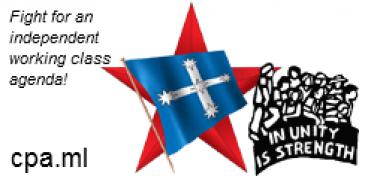 The Fair Work Commission handed down its National Wage Case Decision last week.
The Fair Work Commission handed down its National Wage Case Decision last week.
The minimum wage was increased by 8% and Award wages increased by 5.75%. The increases apply from July 2023. The increases were a higher percentage than the usual pittance.
The higher increase was due to the struggle of the workers for a living wage. With the escalating cost of living increases reflected in the official rate of around 7% and rising interest rates, real wages continue to decline. This has resulted in more working-class families not having enough income for food and a roof over their heads. The more astute sections of the capitalists realize that workers need enough income to be able to remain fit and healthy to front up to work each day.
A few days before the Fair Work Commission announced its National Wage Case Decision, employers, including government departments were complaining about high absenteeism and difficulty in finding workers to fill vacant positions.
However even the astute capitalists will be compelled to "recover the increase in operating costs" when the 5.75% wage increase kicks in from July this year. With Award minimum wages rising by 5.75%, there will be demands by workers employed under Enterprise Agreements to maintain their above Award wage rate margins as well.
Work Intensification:
One of the main ways capitalists seek to "recover increased costs" from increased wages is through work intensification. This is of course not a new phenomenon. Work-intensification has increased alarmingly in the 21st Century. This was noted by progressive researcher John Buchanan at a Festival of Ideas session in the early 2000s in Adelaide called "Decent Work - Nice If You Can Find It". His research found that the biggest issue by far and across the board was work intensification and understaffing. John said that "quiet time" had been squeezed out of most workplaces. There was no time for workers to pass on skills to new or younger workers.
He said that while wage increases are essential to keep workers heads above water, the struggle against work intensification and decent work was equally important for workers.
He said that from earliest times, decent work had been a struggle by those performing the work. Aristotle described work as the "essence of existence through thoughtful activity".
John contrasted Aristotle's description of "work" with the word "labor" and pointed out that the word "labor" means "hard activity, punitive".
Under capitalism, decent work is a rarity while "labor" as defined above is the norm.
John Buchanan saw the issue of work intensification and the struggle for decent work as an opportunity to mobilize workers around the ideas of decency, dignity, time to work, time to recover.
He added one more important insight on the issue of decent work and the struggle of workers against work intensification. He said that while the struggle for real wage increases is constant under capitalism, governments had stripped away workers’ rights to organize.
He asked the audience the following question.
"Is it any wonder that there is a shortage of good rank and file union delegates and an abundance of unorganized workplaces? Who would be a delegate today? What legal rights have they got under current laws? Very few. They are not even mentioned in name in the Act!"
This question is still relevant today. Decent work will only be achieved where workers organize and win the right to representation on the job. The development of a well-organized mass movement within the working class is a pre-condition to free workers and the whole society from the control of the capitalists and their extensive state machine of which the Fair Work Commission is a part.
Print Version - new window Email article
With war on the horizon, we must prepare for the future
Written by: Leo A. on 2 June 2023
(Above: Original image by David Costa Fernandez)
For the first time in nearly a century, a major imminent war between global powers in the Asia-Pacific is plausible.
In November of last year, we warned that the United States may be approaching the conclusion that the only remaining way to put an end to the PRC, and the geopolitical opposition it presents to American hegemony, is through a direct war. In the time since then, things have gotten worse.
These days it seems hardly a month goes by without some new escalation – as recently as May 8, for example, it was reported that the US is planning to move $500 million of weapons to the island of Taiwan. China has made it clear that in the event of war, it will treat Australia as being effectively a part of the United States. In other words, Australia will automatically and unwillingly become a participant if an armed conflict between the PRC and USA begins. Even if China did not take this stance, the United States would force Australia to join the war anyway. Unless Australia adopts an independent foreign policy before the war starts (which would only be possible through revolution), there is no way we would be able to take a neutral stance in this catastrophic conflict.
Therefore we, Australia’s revolutionary Marxists, need to start carefully thinking about – and establishing clear, detailed plans for – the outcome of these escalations and provocations.
First it must be emphasized that an exact prediction of how this hostility will develop in the coming decade or two is still difficult. As for how this could potentially develop, however, the following distinct possibilities are apparent.
Potential developments
First, it is still plausible that the uneasy peace in the region will be maintained, and a direct war between major powers will be avoided, as was the case in the First Cold War. In this case, things will primarily continue on as they currently are, although we can expect pro-war fearmongering to nonetheless intensify, and unless the Australian people are to take action against it, the American militarization of Australia will also continue to worsen, as will Australia’s own military buildup - to the pleasure of the military-industrial complex and imperialist warmongers, and to the detriment of Australia’s future. Inevitably, something has to snap at some point, but that may not be as imminent as it appears.
Second, a Sino-American war may erupt but remain “conventional”. Many assume that war between nuclear-armed powers necessarily means an escalation into nuclear warfare, but this is uncertain. However, even a conventional conflict of this scale would cause immense damage and create the most severe capitalist crisis of the 21st century. Its realistically almost impossible for the Chinese bloc to invade Australia, even if it wins decisively in Taiwan, but it is wrong to believe that the damage from warfare would remain above the equator. US Military bases in Australia would still face missile strikes, which would likely devastate nearby towns and cities such as Alice Springs and Darwin. In other words, Australia’s submission to US imperialism has made it more of a target, which could have deadly consequences. Additionally, Australians would be sent in large numbers to be slaughtered in battle. The Gallipoli campaign killed 7594 Australians. This could kill dozens of times as many.
War has historically been tied to a surge in working class dissatisfaction with capitalism, and this could happen again. However, Australia’s capitalist class could use the war as an excuse to suppress revolutionary sentiment. As we know, bourgeois propaganda does not distinguish between revolutionary socialism and revisionism – we call ourselves communists, the CPC calls themselves communists, that’s all it’ll take for false accusations of collusion to be made and spread. Every Marxist group in Australia could be in danger if caught off-guard. Even in our current peacetime we suffer from a militarised police force, and an army that is being trained for use against Australian citizens. What further layers of weaponised state machinery will supplement these in the future, we do not know, but what we do know is that the resulting struggle will be intense.
Third, there is the possibility that a Sino-American war will escalate into nuclear warfare. Here a popular misconception must be addressed. Some believe that a global nuclear war would kill everyone on Earth, and thus that we should not bother thinking about the aftermath. This is inaccurate. Let me be clear, a global nuclear war would be the deadliest event in human history, and probably cause more damage to the global environment than anything else since the Cretaceous–Paleogene (K-Pg) mass extinction 66 million years ago that wiped out three-quarters of the plant and animal species on Earth, including the non-avian dinosaurs. But the story would not end. According to a research study published less than a year ago in August of 2022, even in an absolute-worst-case scenario nuclear winter, Australia would not be at risk of starving under “nuclear famine”. I will not go into the technical details of what would put Australian lives in danger, but to simplify a very complicated situation, there would still be many of us left. Our task as Marxists would not be over, and it would be important for us to ensure that the capitalist class does not retake control over Australia again during the rebuilding process – our nation’s best hope of recovery would be under revolutionary socialist leadership.
Fourth and finally, we cannot rule out the possibility of some unforeseen factor changing the situation in an unexpected way. If the history of geopolitical forecasting has proven anything, it is that no-one is perfect at predicting the future, and it is possible that all three above possibilities will be seen as completely inaccurate just ten or twenty years from now. This is of course hard to prepare for, although if secure plans are in place for the first three scenarios, we will be able to account for any unexpected eventualities too.
Preparations for the future
To prepare for the future, we are laying the foundation for an Australian united front for anti-imperialist national independence and socialism. This is one of many projects one could label “the hard part”, but its necessity is absolute. The socialist revolutions of the past were only possible because immense effort was made to unite all who can be united around the working class, against the capitalist class. Right now in Australia, the working class lacks sufficient unity, and even many of those who oppose the results of capitalism – the upcoming war for example – are still looking in the wrong direction for answers and solutions. We need to spread the word however we can to get people looking in the right direction, and we need to do it faster than we currently are.
Some inspiration can be gained from how this has been accomplished in past revolutions, and in actively ongoing revolutions such as that in the Philippines, although fresh new ideas to suit Australia’s situation may also deserve careful consideration. No capitalist crisis can result in revolution if the working class doesn’t know that it’s a capitalist crisis and doesn’t know that revolution is both possible and necessary. Only when the working class knows these things, and has a powerful vanguard party to lead them, can we all make history together.
Print Version - new window Email article
SA anti-protest Bill gets the nod
Written by: Nick G. on 31 May 2023
Just before 7am this morning, the SA Upper House passed the Labor government’s changes to the Summary Offences Act.
Unlike the Lower House, where Liberal and Labor combined to introduce the changes in a world record 22 minutes, the presence of SA Best and SA Greens MPs in the Upper House stretched the debate over the Bill into a 14-hour all-night sitting.
The four cross-bench MPs sought to amend the Bill to send it to a committee for further deliberation, give it an expiry date, and add a reasonableness test, and remove references to “indirectly” causing a public obstruction. In the end, only the removal of a reference to “reckless intention” was carried.
The new Bill increases the financial penalties for obstruction of a public place 66 times, to a new fine of $50,000, and introduces a three month’s jail time. It also makes defendants potentially liable for emergency services costs responding to a public obstruction, which could also run into thousands of dollars.
The all-night sitting of the Upper House followed yesterday’s rally, called by SA Unions, and attended by 800 people including officials and members from 15 unions.
Part of the hysteria whipped up by Malinauskas and sections of the media included the prospect of the whole city being thrown into gridlock, and ambulances being prevented from taking critically ill patients to hospital, if actions such as the woman who dangled above traffic from a city bridge were allowed to occur.
However, Ambulance Employees Association general secretary Leah Watkins said this needed to be debunked entirely. “Our members are trained to deal with obstructions to their passage on a daily basis. It’s a stretch to say that the bridge incident required changes to this law”.
Referring to AEA rallies in 2021 against the then Liberal government, she said ““We blocked both sides of North Terrace. Labor, the Greens, SA-Best and many independent MPs stood with us in protest of the then-dismissive Liberal government… Our rallies were big, they caused disruption, they closed roads and they stopped trams… obstructing a public place to peacefully protest for a safer community for all.”
Other members of emergency services union present were the Firefighters Association and a healthy presence of members of the Police Association – although the latter were there to “supervise” the rally rather than to support it.
Although the denizens of the Cowards’ Castle on North Terrace have got their way with the passage of the Bill, the unity shown by 80 community groups who signed a public letter to the Premier, the resolve of the thousand people who took to the streets and deliberately conducted sit-downs, the defiance of the unions who held their own rally of 800 people yesterday outside a meeting of the ALP State Caucus – all provide a solid basis for a continuing defence of the right to protest with disruptive intent.
Print Version - new window Email article
Australian Economic Trends 2023 – A “Fair Go”?
Written by: (Contributed) on 31 May 2023
(Above: Photo by Chris Devers Creative Commons Flickr)
Information emerging from reliable sources has revealed a looming crisis in Australia: forty years of economic rationalism has produced a dysfunctional economy based on short-term profit, with little resilience or sustainability.
The problem has been exacerbated by political spin and carefully edited statements from government departments and private business intelligence bodies to hide the deep-rooted economic malaise. The business model has also been accompanied by standard management practices which, at best, can be aptly described as questionable; at worst, they are frequently illegal.
In mid-May a business report noted the Australian economy was 7.2 per cent bigger than at the start of the pandemic in December, 2019. (1) Taking the problems of the pandemic period the report, at face value, made an interesting read. Reading between the lines, however, economic developments are not what they appear; 6.5 per cent of the increased size of the economy was explained by Australians working more hours than before 2019. (2)
The price / profit inflation which has become a major problem in Australia during the past couple of years has eaten into household budgets with declining living standards. Inflation was virtually zero in 2020, in December last year it reached eight per cent. (3) The figures are all the more appalling when taking other detailed statistical records: the noted cost of living for an employee house has increased by 9.6 per cent during the past twelve months. By the end of the year the Reserve Bank of Australia has forecast mortgage repayments will reach 9.9 per cent of disposable income. (4) Increased costs of basic food items have reached a peak of 9.6 per cent in April. (5) Workers, in present day Australia, are now more inclined to work overtime or even have second jobs to make ends meet.
The outcome of forty years of economic rationalism has not produced a stable economic environment. In fact, present day Australia has become increasingly unstable. Massive discrepancies in distribution of income have been recorded elsewhere: Australian company tax receipts have risen from $123.3 billion in 2021-22 year to a forecast $190.2 billion by 2026-27. (6)
Company profits, however, remain based on rampant levels of exploitation and inside the sphere of financial speculation in an economy increasingly resembling a casino. Recorded levels of GDP growth, the only accurate economic criteria for studying the health of an economy, nevertheless, remain continually slow. During the early 1960s, for example, GDP growth rates hovered around seven per cent, by the early 2020s it averaged a dismal two per cent. (7) If the trend is continued into the next decade GDP growth rates are likely to sink to zero, heralding serious economic problems and crisis.
A recent study of the building trades found an increasing number of businesses already failing: there have been fifty per cent more failures in 2022-23 than the previous year. (8) A trend has been established due to increased interest rates and operating costs.
During the early days of economic rationalism political spin and media releases from government departments were quick to push the business model: the years of the Howard coalition governments were a prime example. A race-to-the-bottom mentality of cost-cutting was accompanied by anti-trade union legislation designed specifically to undermine awards and workplace agreements and boost company profits with master-and-servant style industrial relations procedures. Their praise of so-called free enterprise was little other than a massive cover for dubious and often illegal behaviour: one noted feature of the business model has been the rampant casualisation of work.
Taking the Australian workforce as composed of about 13 million, a participation rate of about 66 per cent has given an actual workforce of about 8.5 million in full-time equivalents. Research conducted by the ACTU has established that close to 2.6 million Australian workers are casuals, meaning over thirty per cent of the present-day workforce are without paid holidays, sick-leave and other entitlements. (9) Casualisation, furthermore, has been used by employers to systematically undermine trade-union organisation and worker's bargaining power, while pushing up company profits.
The ACTU report also noted a large discrepancy between hourly pay rates between casual workers and those in permanent employment, growing to 28 per cent: a national average has shown casual workers earn $11.59 per hour less than their permanent counterparts, with $28.95 per hour to $40.54 per hour. (10) Such developments are best viewed along lines of the business classes forcing wage rates down, with no concern for the under-dog.
Australia also has a major problem with wage-theft; it is an integral part of the economic rationalist business model. A recent study found underpayment of Australian workers and unpaid Super was in excess of $6 billion a year. (11) When viewed in the context of the actual size of the Australian workforce of about 8.5 million, the problem is widespread.
New immigrants into Australia are the prime target for unscrupulous employers: a recent study found up to sixteen per cent of recent arrivals are paid less than the national minimum wage and are twice as likely to be exploited than longer term residents. (12) The report also found forty per cent of recent migrants were more likely to be underpaid than longer-term workers with the same skills and expertise, and eight per cent of recent arrivals were being underpaid at least three dollars per. (13) When taken in the context of the size of the recent immigrant workforce as being well over one million recent arrivals on temporary visas from a total of 8.5 million, the problem is clearly not a peripheral issue.
Economic rationalism runs counter to Australia being a lucky country with a fair go for all!
*****
1. Pandemic accentuates problem of our productivity flatlining, Australian, 22 May 2023.
2. Ibid.
3. Statistical Report, Annual Wage Review, 2022-23, The Fair Work Commission, page 41.
4. Young who borrowed low and paid high cop the crunch, Australian, 17 May 2023.
5. More pain as food inflation reaches 9.6 per cent, Australian, 23 May 2023.
6. Tax bonanza but slower growth ahead, Australian, 10 May 2023; and, Survival of the Richest, Oxfam, 16 January 2023.
7. GDP growth rates – Australia, The World Bank; and, Australia – GDP growth rates, 1961-2023, Macrotrends.
8. No worse time for IR reforms: builder, Australian, 24 May 2023.
9. Casual pay gaps at record levels, Australian, 23 May 2023.
10. Ibid.
11. Senate inquiry calls for laws to stamp out ‘systematic sustained and shameful’ wage theft. ABC News, 30 March 2022.
12. New migrants the key victims of wage theft, Australian, 24 May 2023.
13. Ibid.
Print Version - new window Email article
Malinauskas and Modi, With Friends Like These, Who Needs Enemies?
Written by: Ned K. on 28 May 2023
(Original photo: MEA Photography on Creative Commons Flickr)
The other morning when I went to buy a newspaper at the local petrol station, I was served by an international student, Harmandeep, who was working to support his time here while studying at an Australian university.
I asked him what he thought about Indian Prime Minister Modi's visit to Australia. He said that his family lived in the Punjab in India where there were many small farmers, his father being one of them.
He said he was surprised that Albanese literally embraced Modi when Modi met Albanese here. I asked him why he was so surprised.
He said that Albanese was meant to support democracy for the ordinary people, being leader of a Labor Party government. Yet Modi was definitely not a fighter for the common people in India. Harmandeep said that Modi was directly responsible for the massacres of Muslims and Sikhs, including farmers from the Punjab. The farmers were fighting the Modi Government and agribusinesses who wanted to kick small farmers off the land and turn agriculture over to the control of Modi's friends in agribusinesses.
I asked Harmandeep why so many Indian people in Australia went to see Modi and Albanese at the sports ground in western suburbs of Sydney recently?
He said the Indian business Hindu community in Australia support Modi, but the Modi government had done nothing for working people in Indian big cities and farming areas, most of whom were poor, regardless of their different religions.
I said that maybe Albanese was so desperate to get India on the side of USA and Australia in their military build-up against China that he ignores the crimes committed by Modi against farmers from the Punjab in particular.
Harmandeep agreed and said that Modi would do deals with any foreign government if it meant more profits for his corporate friends in India
Harmandeep's comments made me think that Modi and SA Labor Government Malinauskas were alike in some ways.
Both were mainly interested in supporting their friends in business and both had taken action against the ordinary people who wanted to protest in public spaces about issues of concern to them.
Modi used force to suppress farmers participating in demonstrations in public spaces.
Malinauskas passed new laws in a flash in parliament in SA in an effort to make people's protests about issues of importance to them ineffective.
Modi amd Malinauskas have similar objective when it comes to suppressing people's protests.
Just different methods to achieve their ends.
Print Version - new window Email article
Thousand disrupt streets to protect protest
Written by: Nick G. on 27 May 2023
Photo: ABC News Che Corley
It took hundreds of years of bloody struggle to establish the right to use public space for expressions of protest.
And it took the Liberal and Labor parties in the SA Parliament just 22 minutes to introduce changes to the summary Offences Act to introduce harsh new penalties to take away that right.
As one commentator on radio said, you usually need a calendar and a sundial to follow the snail’s pace of legislation through parliament, but this only needed a stop-watch.
It beat the previous record of just under 24 hours that it took for SA politicians to vote to effectively exempt themselves from scrutiny by the state’s Independent Commission Against Corruption in September 2021.
No wonder a thousand people braved overcast skies and the threat of rain last night to gather at Parliament House to voice their opposition to the changes.
For around an hour, they listened to speakers from among the 80 unions and community groups that had signed an open letter to the government calling on it to withdraw the changes.
The changes came in the wake of an Extinction Rebellion protest against the Petroleum Producers and Explorers conference, at which the State’s Minerals and Energy Minister had pledged the government to be at the “disposal” of the fossil fuel industry.
Among the speakers was the President of the Australian Education Union in SA, Andrew Gohl, who linked the Eureka Rebellion, the Suffragettes, and the anti-Vietnam War protests as examples of the necessary disruption required to change bad laws. He ended by reciting the Eureka Oath: We swear by the Southern Cross to stand truly by each other and fight to defend our rights and liberties.
By this stage, the crowd had swelled out onto North Terrace, blocking two lines of traffic.
When the time came to march, the whole of North Terrace was blocked, as was King William Street, into which they turned.
Massed chanting of slogans filled the air.
“Whose streets? Our streets?”
“Tell me what democracy looks like – This is what democracy looks like”.
Then, in joyful shows of defiance, several sit-downs occurred as the march turned into Rundle Mall.
Even if the Labor government and the Opposition (better named “Partners”) get these laws through, they won’t cow people prepared to dare to struggle.
They won’t silence those who believe that defiance of reactionary laws is a good thing.
The harsher the laws, the sharper the struggle.
Print Version - new window Email article
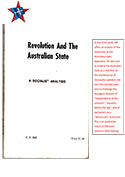 " property="og:description" />
" property="og:description" />
Revolution and the Australian State (E.F. Hill)
Written by: on
Print Version - new window Email article
Latest on foreign investment in Australian agriculture
Written by: Duncan B. on 20 March 2023

(Photo: ABC Mid West and Wheatbelt)
The latest figures on the extent of foreign investment in Australian agriculture have just been released. As always, they make interesting but disturbing reading.
The Top Ten investors with their country of origin and the amount of their investments are:
1. PSP Investments (Canada $6 billion).
2. Macquarie Agriculture (Australia $3 billion).
3. TIAA-CREF-Nuveen (USA $2.2 billion).
4. Rural Funds Group (Australia $1.6 billion).
5. CK Life Sciences (Hong Kong $1.5 billion).
6. Manulife (Canada $1.2 billion).
7. Auston Corporation (Canada $1billion).
8. Australian Agricultural Company (Australia $1 billion).
9. goFARM (Australia $850 million).
10 Fiera Comox (Canada $800 million).
We can see that Canadian investments far outstrip the others. PSP operates over 120 properties across all states and territories in a wide variety of cropping, horticulture, cattle, sheep and nuts.
Foreign companies also control the majority of our dairy processors, sugar refineries, ports, meat processors, cattle feedlots and bulk grain terminals.
There are some wealthy Australians not far behind the big investors. Well-known names such as Gina Rinehart, Andrew Forrest and Kerry Stokes are among the Top Ten Australian investors in agriculture.
(Details of these investments can be found in the May edition of AgJournal published by the Weekly Times.)
There is a great divide between Australia’s small and medium farmers and the foreign and Australian millionaire and billionaire investors in agriculture. The small and medium farmers must seek unity with the Australian working class and its allies in the struggle for an independent Australia.
Print Version - new window Email article
SA Parliament introduces harsh laws against protest
Written by: Nick G. on 18 May 2023
South Australia is the latest state to massively ramp up penalties for protests that cause public disruption.
The state that regularly closes CBD roads in the east of the city for a fortnight for the fossil fuel extravaganza Adelaide 500 race, will join NSW, Victoria, and Queensland in attacking people who cause temporary inconvenience in order to make their protest more effective.
The changes to the law were introduced into State parliament by the Liberal Opposition, but quickly endorsed and applauded by the Labor government.
If passed by the Legislative Council, where the Greens will try and oppose it, the laws will increase the fines for obstruction from $750 to $50,000 or three month in jail.
That’s the sort of increase that the Reserve Bank could well say was inflationary!
The proposed changes to the law were a knee-jerk reaction to a member of Extinction Rebellion (ER) lowering herself in abseiling gear from the Morphett Street Bridge near the venue of the Australian Petroleum Production and Exploration Association (APPEA) conference being held at the Adelaide Convention Centre.
Ironically, it was the same day as the latest warning from scientists in the World Meteorological Organisation that the word is on track to surpass the 1.5 degrees tipping point for climate disaster.
Their report said there will be a 66 per cent likelihood that between 2023 and 2027 the annual average near-surface global temperature will be more than 1.5C above pre-industrial levels for at least one year. Global temperatures are set to break records in the next five years, they said, with a 98 per cent chance one will be the warmest ever recorded.
Despite this warning, SA minister Energy and Mining, Tom Koutsantonis told the Conference on Wednesday: “We are thankful you are here. We are happy to a be recipient of APPEA’s largesse in the form of coming here more often. The South Australian government is at your disposal, we are here to help and we are here to offer you a pathway to the future.”
Extinction Rebellion’s protests against the APPEA Conference began on Sunday when about 60 people, in two shifts, lined the road opposite the exit from the airport to “welcome” APPEA delegates. I was one of them and can testify to the appreciative waves, thumbs up, and beeping of car horns from the traffic passing by.
The ER people were joined by other groups including the anti-AUKUS Nonuclearsubssa, the Wilderness Society and the Port Adelaide Resident's Environment Protection Group.
This was repeated, by a smaller group, on Monday morning.
Also on Monday morning, a group of ER activists entered the foyer of the South Australian Drill Core Reference Library at Tonsley, with plans to protest the gas and oil industry.
Two protesters were arrested for entering and then refusing to leave the building, including Violet Coco who had been jailed for disrupting traffic in Sydney last year. When asked for her name, Violet replied “Gina Rinehart”. Her presence was a great display of a refusal to be cowed by the sort of laws now being resorted to by the two main parties in SA.
On Wednesday morning, Nonuclearsubssa organised a “Don’t dice with nuclear war” protest outside the Adelaide Casino where the American Chamber of Commerce was hosting a panel with Federal Defence Minister Richard Marles and former Liberal Defence Minister and military industry consultant Christopher Pyne as speakers. The anti-AUKUS group was joined by ER, Wage Peace – Disrupt War, and Independent and Peaceful Australia Network (IPAN). Protesters entered the venue and held a banner reading “Climate collapse is the only security threat” in front of the speakers’ platform before being dragged away.
Thursday’s protest against the APPEA Conference saw one lane of traffic closed while the firies removed abseiling 69-year-old Meme Thorne. It also saw white paint thrown over the ground floor windows of fossil fuel giant SANTOS’s Adelaide premises, and a rally outside Parliament House.
No matter what the state throws at us, we won’t be stopped.
Our cause is just.
Print Version - new window Email article
Budget exposes myth of falling profitability and productivity
Written by: (Contributed) on 18 May 2023
(Source: Andy Pucko on Creative Commons Flickr)
The 2023 Australian federal budget has a myriad of figures and technical detail amongst which are some that give the lie to claims of falling profitability and productivity.
|
Year |
Amount Paid ($bn) |
Increase on 2021-22 |
% increase on 2021-22 |
|
2021-22 |
123.3 |
||
|
2022-23 |
138.4 |
15.1 |
12.25% |
|
2023-24 |
167.7 |
29.3 |
21.17% |
|
2022-23 to 2026-27 |
190.2 |
51.8 |
37.43% |
Print Version - new window Email article
No more Operation Kasangga!
Written by: Nick G. on 17 May 2023
Australian soldiers have begun a training exercise, Operation Kasangga, with the Philippines Army in the province of Rizal, 57 kilometres east of Manila.
The Philippines Army is a reactionary, anti-people armed force which has long been deployed to counter the Communist Party of the Philippines and its New People’s Army.
In training the army of the Filipino ruling class, the Australian Defence Force is standing on the wrong side of history, standing in the way of the liberation of the people of the Philippines from imperialism, feudalism and capitalism.
It comes immediately after last month’s involvement of the US military in the biggest Balikatan joint US-Philippines training exercise so far.
Operation Kasangga will involve around 200 troops from the Philippines and 50 from Australia in a monthlong exercise. It will focus on urban operations, combat tracking, jungle warfare and survival training, and intelligence, surveillance and reconnaissance operations.
The first Kasangga exercise was conducted in Fort Magsaysay, Nueva Ecija, from April 11 to June 27, 2022. It lasted two months.
We demand the ADF withdraw from Operation Kasangga.
We support the armed struggle of the people of the Philippines for liberation.
Print Version - new window Email article
May Day March, Sydney 1st May 2023
Written by: Jed J. on 14 May 2023
Sometimes when participating in a May Day March it pays to look, listen and learn and on this march learn I did just that.
The march was noisy. There was an aura of power and militancy in the air as unionists from a diverse range of unions marched together in solidarity.
There was a sense of unity and a comradely atmosphere. Even the police sent to deal with any disturbance that might arise were friendly and some even mixed freely with those they were sent to keep an eye on.
When the chant “the workers united will never be defeated’ was aired it was clear that the chant and march were on the same page.
The fact that the march was taking place on May 1 was also significant. It linked the workers of Australia with those of other countries who would over the next 24 hours also be marching.
That workers all over the world were marching on the same day reinforces the call for workers of the world to unite.
No doubt in many places the same grievances will be aired as living standards are under threat due to the attack on workers wages and conditions by capitalists the world over.
While most unions didn’t join the strike, many sent contingents to express solidarity.
At the Sydney rally one speaker pointed out that over 90% of the economic growth that has been achieved in the last period has been gobbled up by 7% of the population.
Workers are clearly not getting the benefit from the creation of wealth their labour power has been responsible for.
Without the labour power of the workers there would be no economic growth. The capitalists are parasites on the working class.
Those who spoke at the rally pointed out how the industrial laws that prevail in Australia clearly favour capitalists and at the same time they make it very difficult for workers to struggle for better wages and conditions.
It was made clear by those who spoke that they expect changes to the industrial laws and they want them changed now.
Some laws were singled out. Workers are concerned that although the ABCC has been abolished, as Labor promised before the federal election, key ABCC leaders have been shifted to the Fair Work Ombudsman and boast about “continuing ABCC methods” there.
In reality, Labor’s promise has been broken.
It was made clear that as far as the organised working class goes, it’s not good enough.
Speakers said the “Fair Work” Commission is anything but fair and needs to be replaced.
The new Labor Premier of NSW was also put on notice to deliver on promises, including changing industrial relations laws and repeal of anti-protest laws. Unions present fully support a mass rally to be held in June to put pressure on them to do so.
It was clear from the march that some key unions are increasingly united, militant and deadly serious. Just helping to bring about a change of government is not enough.
There is every indication that workers are coming to a realisation that they need to continue to struggle no matter which party is in government if they are to achieve laws that recognise their rights.
If there is one lesson to be learnt from the march, it is that there are unions up for the fight and are prepared to play a leading role.
Print Version - new window Email article
Nakba Day - Long Live Palestine
Written by: CPA (M-L) on 13 May 2023
Today is the day for the commemoration of Nakba – the catastrophe inflicted on the Palestinian people following Israel’s declaration of independence in May 1948.
We draw readers’ attention to the ICOR booklet The Palestinian Liberation Struggle which contains contributions from Marxist-Leninists in Europe, the Middle East and North Africa, and Latin America putting forward various views on the Palestinian struggle.
he booklet is on our website.
We also remind comrades of Mistahi’s song on Palestine here:
Long live Palestine!
Defeat Zionism for a free secular Palestine.
Print Version - new window Email article
“Australian” companies that serve foreign capital
Written by: Nick G. on 11 May 2023
(Above: Another of our publications that examines the extent of US domination of Australia)
It is often said by critics of our Party’s support for anti-imperialist Australian independence that Australia is already an independent country and, moreover, an imperialist country in its own right.
Evidence for this is said to be the number of Australian companies investing overseas to secure raw materials and to exploit cheap labour.
Print Version - new window Email article
Dancing to death at the end of a rope: Labor’s Budget fails the most vulnerable
Written by: Nick G. on 10 May 2023
Photo: Fernando Goncalves
When a person strangling to death on the end of a hangman’s rope is told that, rather than being suspended 3 feet above the floor, they will be lowered to within 2 feet of the floor, it would be somewhat presumptuous to expect gratitude from the victim – or to praise the compassion of the executioner.
But that is exactly how Labor has cruelly taunted the “most vulnerable”, as it self-righteously refers to people in poverty.
It expects to be greeted with applause because it has given JobSeeker recipients an extra $2.86 per day, leaving them still deep in poverty, still gasping for breath on the end of a rope that is said to “leave no-one behind”. At $52 a day, JobSeeker will still be $35 a day ($250 a week) below the Henderson poverty-line
Far above the reality of poverty, Labor keeps alive the disgusting welfare for the rich Stage 3 tax cuts. Living well beyond the reach of poverty, not having to scrimp and save as rents rise, not having to house the family in the car when made homeless, those on an annual income of $200,000 will be gifted an extra $24.66 per day from July 2024.
Well may we thank Labor for raising the age of children from 8 to 14 for the sole parent Parenting Payment – it was Julia Gillard’s Labor Government that reduced it in the first place. And why so meanly only restore it to the age of 14 when most young people remain dependent on their parent until the end of the years of compulsory schooling? Would it have hurt to extend it another two years?
The Anti-Poverty Network in SA released a press statement yesterday that perfectly expressed the anger over the Budget: It was headed “We Demanded Bread, We Received Crumbs: Federal Labor’s Pathetic Budget Betrays People In Poverty”.
Labor knows that its so-called “surplus” budget will go straight into deficit in coming years. It has committed to its US masters that it will proceed with the AUKUS expenditure of $368 billion (plus blow-outs) to purchase attack submarines pointed by the US at its imperialist rival, China.
Capitalism is a system in which the greatest imaginable cleavages between classes are produced by the marketplace in which labour power is sold for wages. And for those unable to sell their labour power, the generosity of the rich ensures the most abject poverty, justified by a blame-the-victim mentality kept alive in the monopoly media and the paid opinion-makers, the “influencers” of think tanks and academia.
Capitalism is a system that requires two types of party for its maintenance and administration. One openly works for the rich, the other is kept in reserve because its professed concerns for “all Australians” is a necessary deception when the former starts to stink.
Both are parties of capitalism. Both are parties which carry out the directives of the US imperialists who dominate the economy and all the agendas that suit their purposes.
We support all actions called to protest against Labor’s “leaving the poor behind” Budget.
Lift JobSeeker and all Centrelink payments above the poverty-line!
Print Version - new window Email article
Australian Strategic Defence Review sacrifices jobs, industries for US patronage
Written by: Nick G. on 8 May 2023
One of the first acts of the incoming Albanese Labor government was the commissioning of a review of Australian Defence requirements. The review was headed by former Labor Defence Minister (currently the Australian High Commissioner to the UK) Stephen Smith, and former Chief of the Defence Force, Sir Angus Houston.
It should be said from the outset the “defence” here is a misnomer: with the exception of that stage of World War 2 when the defeat of fascism was on the agenda, and when the Japanese imperialists threatened invasion of Australia and bombed our cities, the Australian military has never been deployed in conflicts to defend Australian sovereignty and territorial integrity. It is owned by the ruling class, and used to serve whichever imperialism that ruling class is required to support.
To deceive the people into supporting its acts of loyalty to imperialism, the ruling class develops narratives maintained by the mainstream media. The current narrative features an external threat, the “threat of an aggressive China” and an internal benefit, the “jobs bonanza” from the defence industry.
Because they are basically lies, more and more people start to see through them. Unions, anti-AUKUS mass organisations, and rank-and-file members of the Labor Party are rejecting the AUKUS arrangements. The Electrical Trades Union, for example, in adopting an anti-AUKUS policy, stated quite clearly that “The newly announced AUKUS deal will reduce Australian jobs and sovereign capability and could be a dangerous step towards lifting Australia’s prohibition on nuclear.”
But it is not just amongst the people that opposition develops. A section of the national bourgeoisie speaks out against the cancellation of military contracts in order to more firmly attach the Australian military to US supply chains.
This section of the national bourgeoisie is prone to vacillation and switching loyalties. So long as the Defence Department lays the golden eggs of defence contracts, they could not be happier. They have world class high-tech and advanced manufacturing skills and sell them to the highest bidders, including overseas regimes that use them against their own people. However, once those contracts are cancelled and all-too-obviously replaced with contracts going to US suppliers, they cannot conceal their disappointment.
And this replacement of Australian suppliers by US contractors is at the heart of the Smith-Houston Australian Defence Review.
Thus, the online Australia Pacific Defence Reporter (APDR) editor Kym Bergmann lashed out today against the decision to spend over $A307 million “to buy towed array sonar systems that could – and should – be made locally.” His article was headed “Latest AUKUS outrage – buying towed array sonars from the US”. He said the decision to buy the sonar systems from the US rather than from Australian industries already supplying the equipment to the US, UK and French Navies “has left local industry totally gobsmacked”.
This follows April’s reaction by Australian companies to the release of the Defence Review. The Defence Teaming Centre said that the Review “may cost the industry millions of dollars in lost investment. This has the DTC predicting a decline in the number of businesses working in the Defence sector due to the continued lack of commitment and certainty from government.”
The Australian Industry and Defence Network (AIDN), a peak body for national bourgeois elements seeing to gain from contracts with the military, said of the Review that “The references to Defence Industry appear cursory at best. Of concern is the statement that Australian industry content and domestic production should be balanced against timely capability acquisition.”
It went on to say:
Allowing Internationally owned large Defence contractors the ability to provide advice to Defence on ‘speed to capability’ without due regard or requirement for work to be transferred to Australian Industry, means that these overseas companies will simply use the ‘speed to capability’ mantra to employ their existing overseas supply chain. And there will be no development, enhancement or creation of an Australian Indigenous sovereign industrial capability, a capability our national requires in order to achieve national strategic resilience.
Another commentator said of future Australian defence contracts, “if you’re not from the U.S. no need to apply.”
In a separate comment, Bergmann said “the pro-U.S. faction only want things with the stars and stripes plastered on them – and AUKUS will make that mentality even worse”.
Other examples of decisions to bail out US industries at the expense of the local capitalists include the decision to scrap the building of more than 300 Infantry Fighting Vehicles and 45 Self-Propelled Howitzers and resupply vehicles worth about $A15 billion to local industry and instead spend $A4 billion on 30 year old U.S. Abrams main battle tanks with zero Australian content.
This led one reader of the APDR to respond: “This Review (so far) is nothing more than an excuse to tie the ADF to U.S. Supply Lines and Manufacturing Bases at the expense of Australian Industry and Sovereignty.”
Australian workers do not need to sympathise with the vacillating national bourgeoisie.
What they must do is understand that the pro-US narrative is based on deception and falsehood, and that there is no future in tying employment opportunities to an imperialist power that only seeks to serve its own interests.
An anti-imperialist independent and socialist Australia must be fought for.
Our future depends on smashing the existing machinery of state and taking control of an economy without capitalists.
Print Version - new window Email article
They fought fascism and won: Ludmilla Pavlichenko
Written by: Nick G. on 8 May 2023
May 8 and 9 are celebrated as the day of victory over the Nazis in the Great War Against Fascism.
Because of the different time zones, the end of hostilities occurred when the Soviet Union had already entered May 9, while France, Britain and the US were somewhat “behind the times” in that it was still May 8 in their territories.
The Soviet Union bore the brunt of the Nazi onslaught, reportedly losing 20 million of its citizens in the struggle to drive fascism from its borders.
Many brave and courageous Soviet citizens stood up to the invaders, responding to Stalin’s leadership and that of the Communist Party of the Soviet Union. Among them was the female sniper Ludmilla Pavlichenko, who we select today to represent all those who fought and saved the world from Hitler’s fascist hordes.
Born 12 July 1916 in Kiev, Ukraine Pavlichenko grew up alongside and within the first workers’ state – the Soviet Union.
Following the Nazi invasion of the Soviet Union, at the age of 25 she was amongst the first to volunteer. She asked to join the infantry, and despite pressure to become a nurse, underwent military training and joined the Red Army Rifle Division.
On 8 August 1941, she shot her first two Nazis with a borrowed 1891 bolt-action rifle. Over a period of 2 ½ months during the siege of Odessa, she killed 187 German Nazi and Romanian enemy soldiers.
In June 1942 she suffered a facial wound and was evacuated, having killed by that time 309 enemies.
Such was her popularity and status as a leading sniper that it was decided to send her on a speaking tour of the United States to win support for the badly needed opening of a Second Front. She was hosted by the First Lady, Eleanor Roosevelt.
Pavlichenko”s autobiography “Lady Death: The Memoirs of Stalin’s Sniper” was published in the West in 2018 by Big Sky Publishing (www.bigskypublishing.com.au )
She inspired US Communist singer-songwriter Woody Guthrie to compose the tribute song “Miss Pavlichenko”.
The song can be heard on Youtube and the lyrics are below:
Miss Pavilichenko's well known to fame;
Russia's your country, fighting is your game;
The whole world will love her for a long time to come
For more than three hundred nazis fell by your gun
Fell by your gun, yes
Fell by your gun
For more than three hundred nazis fell by your gun
Miss Pavlichenko's well known to fame;
Russia's your country, fighting is your game;
Your smile shines as bright as any new morning sun
But more than three hundred nazi dogs fell by your gun
Fell by your gun, yes
Fell by your gun
For more than three hundred nazis fell by your gun
In your mountains and canyons quiet as the deer
Down in your big trees knowing no fear
You lift up your sight. And down comes a hun
And more than three hundred nazi dogs fell by your gun
Fell by your gun, yes
Fell by your gun
For more than three hundred nazis fell by your gun
In your hot summer's heat, in your cold wintery snow
In all kinds of weather you track down your foe;
This world will love your sweet face the same way I've done
'Cause more than three hundred nazi hounds fell by your gun
Fell by your gun, yes
Fell by your gun
For more than three hundred nazis fell by your gun
I'd hate to drop in a parachute and land an enemy in your land
If your Soviet people make it so hard on invadin' men;
I wouldn't crave to meet that wrong end of such a pretty lady's gun
If her name was Pavlichenko, and mine Three O One
CHORUS
Print Version - new window Email article
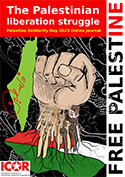 " property="og:description" />
" property="og:description" />
ICOR: Palestinian Liberation Struugle Journal 2023
Written by: on
Print Version - new window Email article
Unite All Sections Of The Working Class
Written by: Ned K on 6 May 2023
In the Chinese Revolution Mao Zedong emphasized the importance of uniting all who can be united among the people and also the importance of how to correctly handle differences or contradictions amongst the people. Mao made a distinction between how to handle differences between the ruling class and the working class and how to handle differences within the working class. Unite the many to defeat the few was his way.
The same method of work applies to progressive forces within the working class today in Australia.
Living standards for workers in Australia are declining as the cost-of-living increases. Rising interest rates and the inflation rate far exceeding wage increases. Out-of-work workers are expected to live on $50 a day, while those in a job are told that wages are increasing through enterprise bargaining to an average of 3.5% across the private sector.
This is happening with Labor Governments now "in office" in most Australian States and Territories and nationally.
Workers are looking for answers while the ruling monopoly capitalist class is keen to divide workers rather than have them unite with all who can be united against the ruling class.
Within unions, there are often differences of opinion among members on how to progress resolution of issues.
In some Unions there can sometimes be difference of opinion between elected and appointed Officials, or a neglect of the ideas of appointed Officials or Delegates by the inner circle of the Union Officials.
In some industries Union Officials of one Union compete with Union Officials of another Union to convince workers to join one Union rather than another in a workplace where they see big increases in membership and hence finances as a real possibility. Meanwhile thousands of harder to organize workers are neglected. This sometimes causes division among the affected workers in the targeted workplaces and raises the level of alienation of unorganized workers from the organized sections of the working class. The overall result is to weaken the fight against the ruling class.
Another potential division between Unions within an industry or sector is caused by affiliation or non-affiliation with the ALP.
Some Unions claim to be more "left" than others because they are "non-political" and only concerned about the immediate economic demands of workers. However, in reality they may in some areas have covert political connections with reactionary political organizations.
Then there is the deliberate strategy of the ruling class in diverting workers from class struggle through promoting "identity politics" of one form or another in the hope of dividing workers whether it be women v men, First Nations v non-Indigenous Australian workers, new migrants v second or third or fifth generation migrants and so on.
We all need to spread the word about the bosses' divisive tactics and strategies and make sure that uniting the many to defeat the few is always in command within the working class as a whole.
Print Version - new window Email article
Farmers face tough times" property="og:description" />
Dairy farmers face tough times video
Written by: CPA (M-L) on 5 May 2023
Revolutionary organisations need to seek friends among the small and medium-sized dairy and other farmers. When the people establish their own authority over suburbs, towns and cities, the ability to supply food will be critical. This video, based on an earlier article by Duncan B is a contribution to alliance-building.
Print Version - new window Email article
Dairy farmers face tough times video
Written by: CPA (M-L) on 5 May 2023
Revolutionary organisations need to seek friends among the small and medium-sized dairy and other farmers. When the people establish their own authority over suburbs, towns and cities, the ability to supply food will be critical. This video, based on an earlier article by Duncan B is a contribution to alliance-building.
Farmers face tough times - YouTube
Print Version - new window Email article
Australia a pawn in US ITAR considerations
Written by: (Contributed) on 3 March 2023
The outcome of a recent seminar at the University of Sydney has proved highly embarrassing for supporters of the so-called alliance, US and Australian diplomacy, and those involved with the present defence review. An official media release in mainstream Australian media has left little ambiguity surrounding the nature of US-Australia relations and the role of the former, with tutelage and control, over the latter.
A recent seminar at the University of Sydney's US Studies Centre (USSC) provided the basis for frank discussions between Australian defence industry representatives and senior figures from the elite think-tank. While the outcome has left many inside the corridors of power in Canberra feeling uncomfortable about the nature of US-Australia relations in contemporary times, they, nevertheless, remain silent over one of the most important and pressing issues of our time. (1)
The USSC was established during the Howard Coalition years in 2006, and has remained linked to the NSW State Government and corporate sector. While its official website has noted it is dedicated to 'the rigorous analysis of American foreign policy, economics, politics and culture', the centre is a mainstay of US involvement in Australian academia, and inevitably, a component part of elite patronage systems and general interference. Even the best made plans for 'US interests', however, can go astray.
The main bone of contention at the recent seminar was the all-encompassing nature of the US International Traffic in Arms Regulations (ITAR), which provides Washington and the Pentagon with absolute control over their armaments and all military equipment. It runs counter to any semblance of joint diplomacy and respect for Australia, or any other sovereign country.
ITAR was established by the US in 1976, during the previous Cold War, and dramatically enforced in the late 1990s. With a carefully listed 21 categories of classification of defence articles, ITAR effectively has total control over arms sales, including those to their closest allies. (2) Reading between the lines about ITAR has inevitably raised questions about security vetting, and official procedures for safeguarding state secrets: the US, historically, has tended to conduct foreign policy along lines of having no friends, only allies and interests. They are not usually inclined to even consider sharing 'US interests'.
All authorisation concerning ITAR, for example, is conducted through the US Department of State with strict control only passing into the hands of US citizens or direct control from the US. Evidence of the problem can be easily identified with the strategic employment of US citizens inside Australia's defence industries, particularly in South Australia.
Specific studies of ITAR have revealed how the US controls and monopolises defence matters such as satellite technology: its share declined from 83 per cent to 50 per cent in 2008. (3) To avoid unnecessary publicity and concern about their role, the US then removed satellite technology from ITAR listings in 2013.
While Australia has remained the closest ally for the US and a major hub for 'US interests' in the Indo-Pacific region, it was noted in the recent seminar that ITAR treated 'top-tier US allies such as Australia in the same way as lesser strategic partners'. (4) Those warning about the role of the US toward Australia were drawing attention to recent regional re-organisation of defence and security provision by the Pentagon. In recent years the US has implemented the Indo-Pacific Strategy, where the US-Japan alliance has been upgraded into a global alliance. (5) While the US, Japan, India and Australia have formed the four partners of the so-called 'Quad', it has been subsequently linked into US-Japan relations. Other countries including South Korea, Taiwan, Singapore, Vietnam and others are now categorised as lower-level partners. (6)
When military officials maintain that 'Australia must continue to work closely with our ally and principal strategic partner, the US … close co-operation with the US is central to achieving balance and stability in the Indo-Pacific', as claimed in the recent defence review, they have overlooked the establishment of the US Indo-Pacific Strategy and its implications. (7)
Those attending the recent USSC seminar, likewise, quite rightly drew attention to the problems arising with ITAR and that, 'the approach to technology sharing between the allies had not changed to reflect evolving challenges'. (8) They also drew attention to their concern about 'how the ITAR system would affect co-operation under AUKUS's so-called Pillar Two – which covers advanced capabilities, quantum technologies, artificial intelligence, advanced cyber capabilities, hypersonic missiles and electronic warfare'. (9)
In conclusion, the USSC seminar noted that 'the need for urgent reform is poorly understood by the US Congress or sections of the US government'. (10) To date, however, the same concern could also be levelled at Canberra and their silence has been deafening: the problem, nevertheless, has far-reaching implications for Australian sovereignty and government control when dealing with regional war preparations by the Pentagon. While 'the Australian Defence Force will be transformed into a more agile, lethal force, capable of mounting missile strikes and amphibious assaults far from the mainland', it will be the Pentagon which provide the orders for war, and total control of the military equipment. (11)
If it was a game of chess, Australia would be a pawn, or another expendable piece:
We need an independent foreign policy!
1. 'Decisive action' urged with the US, Defence Strategic Review, Australian, 25 April 2023.
2. Wikipedia: ITAR.
3. 'Earthbound', The Economist, US Edition, 28 August 2008.
4. 'Decisive action', Australian, op.cit., 25 April 2023.
5. The reasons behind Washington's push for GSOMIA., Hankyoreh, 12 November 2019.
6. Ibid.
7. Next-gen bomber off the wish list, Defence Strategic Review, Australian, 25 April 2023.
8. 'Decisive action', Australian, op.cit., 25 April 2023.
9. Ibid.
10. Ibid.
11. Mission critical, money neutral, Australian, (front page / headline), 25 April 2023.
Print Version - new window Email article
(1) May Day Video CPAML - YouTube " property="og:description" />May Day - Independent working class agenda
Written by: CPA (M-L) on 1 May 2023
To celebrate May Day, we have released the following video outlining the need for workers to develop aims and objectives that cannot be restrained by the ALP:
(1) May Day Video CPAML - YouTube
Print Version - new window Email article
May Day: Independent Working Class Agenda video released.
Written by: CPA (M-L) on 1 May 2023
To celebrate May Day, we have released a video on the need for workers to develop goals and objectives that cannot be contained by the ALP and parliamentarism.
Please watch at this link: May Day video CPA (M-L)
Print Version - new window Email article
Celebrate May Day with commitment to the struggle
Written by: Nick G. on 1 May 2023
May Day is revered as the day that workers around the world hold in common as the day of their class.
It is the day on which they renew their conviction that capitalism must be replaced with a system that will abolish the exploitation of people and the environment by the owners of capital.
It is the day on which they put on display their internationalist support for each other’s struggles.
It must be the day on which we, in Australia, renew our commitment to the development of a genuinely revolutionary mass movement with the objective of achieving anti-imperialist national independence and socialism.
That commitment must proceed from the reality that these objectives will not be fought for by the Australian Labor Party. Despite its current status as the more popular of the two major parliamentary parties, it will not implement policies for working people that are fundamentally opposed to the big corporations, both local and from overseas. Its agenda is framed within limits that accept the permanence of capitalism, and are channeled through the institution designed to serve capitalism – parliament.
This outlook extends to the majority of unions, many of which are affiliated to the ALP and are under pressure from the parliamentary wing not to upset the applecart or in any way, to embarrass the Labor governments, state and Federal.
Some class conscious workers want the unions to win back the right to strike. They can’t understand why the unions are not fighting harder for this, and whether they would even use it if it were restored.
The unions are important collective organisations of workers. They have legal status as defensive organisations of the workers, with limited rights to defend and (a recognised right to) advocate improvements in wages and conditions. Even these few rights have been eroded. Unions operate within a capitalist legal industrial system designed to protect bosses’ exploitation of workers and profits. Experience shows that workers’ victories are won through our own collective action on the ground, not by relying on the bosses’ courts and the ALP.
Unions are also registered organisations with assets and investments whose officials enjoy high salaries.
Their leaders generally fear the consequences of crossing the lines of legality.
There is very little evidence of a daring to struggle, very few who are prepared to accept, as did John Cummins of the BLF and CFMEU, that “…it is an occupational hazard for union officials to be arrested and go to gaol.”
Cummo, a leader of our Party, walked that walk.
But workers and their militant unions have a long and proud history of fighting and breaking the bosses’ laws to defend and advance the interests of the working class.
When we talk about a renewal of commitment on the occasion of May Day, it is a commitment to objectives that are independent of the restraints that the ALP and union officialdom seek to impose.
It is a commitment to resist the ALP shifting capitalist economic crises and imperialist war on the shoulders of the working class.
It is a commitment to an independent working class agenda, driven by rank and file workers and controlled by them.
It is a commitment to restore rank and file militant unionism to the union movement.
Print Version - new window Email article
Editorial - May Day Message
Written by: Central Committee, CPA (M-L) on 1 May 2023
On May Day we express our solidarity with the international working class in their struggles for a better life.
We think of the oppressed and exploited working people suffering from imperialist wars, poverty, disease and political, religious or ethnic repression.
We think of our comrades in other countries carrying out their revolutionary tasks in difficult, complex and often dangerous circumstances. We salute their victories and their martyrs.
When asked how people in other countries could assist the struggle of the Vietnamese people in the 1966-75 war against US imperialism, Ho Chi Minh replied, “Make revolution in your own country.”
Australian socialist revolution
Since our formation in 1964, our Party has taken up that responsibility and, based on intense on-going class analysis of Australian conditions, has developed a political program that sets out a path to socialism.
It targets the ruling class of corporate monopolies, big banks, insurers and finance companies, big miners and landholders, almost all owned or dependent on foreign capital, particularly US capital. They control all key sections of the economy and exert their political influence through subservient politicians and a tame mass media. They are the main pillar of capitalism in Australia. This is how imperialist domination of Australia operates, supported by the more direct intervention of US government political agendas and bribes. It threatens to drag Australia into another disastrous US-led war, this time with China.
Overcoming the hold this ruling class has over the Australian people requires a powerful mass movement led by the politically conscious working class and embracing the needs of all working people. In the process, the path to genuine anti-imperialist independence and socialism through revolutionary change becomes clearer, as control of key sections of the economy passes to the working class.
If you agree, join us
Our Party is small, but has some influence. And of course, we need more comrades and welcome any enquiries about joining.
The majority of our members are not publicly known, however membership is not passive; it means taking responsibility, taking initiative, collective study, and commitment to the working people. We rely on mass work among the people and supporting their struggles. We work with and respect all genuine people in the united front and mass movements.
Print Version - new window Email article
Building the movement among the workers of China
Written by: Revolutionary Socialist Front on 30 April 2023
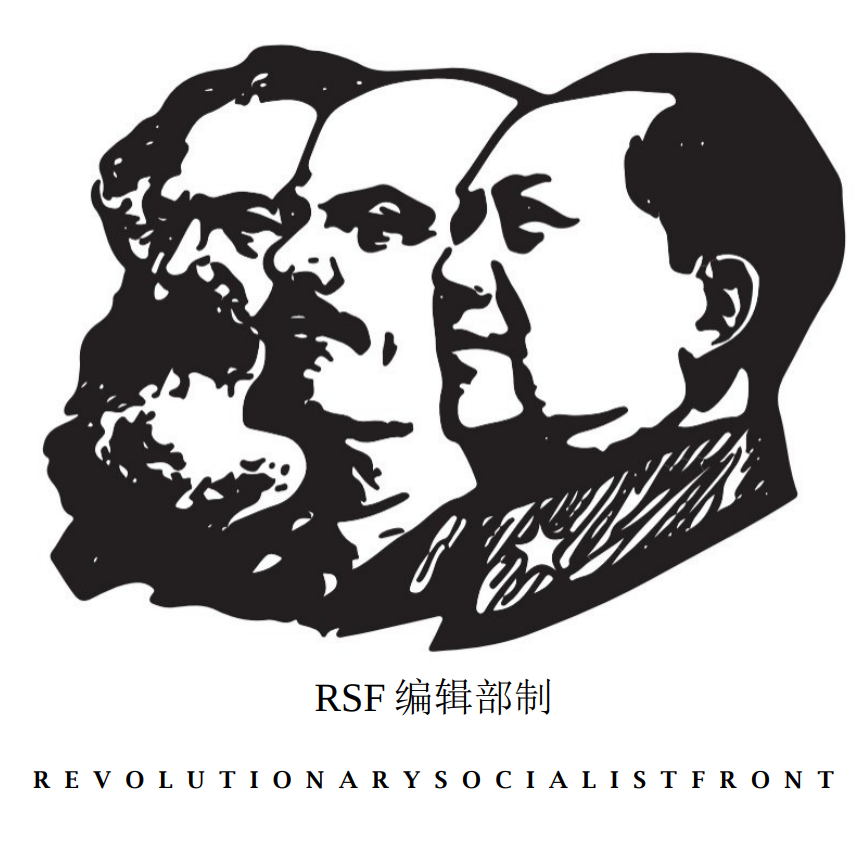 (As we approach May Day, the day of international working class unity, we publish an article from the second volume of the journal of China’s Revolutionary Socialist Front. It is important that workers in different countries take an interest in each other’s approaches to developing the revolutionary mass movement of their own country, for only in this way can we truly implement the Marxist view that the workers have no country, that they are not divided by nationality or ethnicity, but are united as the class that will shape the future of humanity. We have added some footnotes for the information of readers outside China – eds.)
(As we approach May Day, the day of international working class unity, we publish an article from the second volume of the journal of China’s Revolutionary Socialist Front. It is important that workers in different countries take an interest in each other’s approaches to developing the revolutionary mass movement of their own country, for only in this way can we truly implement the Marxist view that the workers have no country, that they are not divided by nationality or ethnicity, but are united as the class that will shape the future of humanity. We have added some footnotes for the information of readers outside China – eds.)
Six aspects of the relationship that should be grasped by current Marxist-Leninist-Maoists participating in the workers' movement
Adapted from the article on the Bolshevik website: (1)
RSF Editor's note:
1. Illegality and legality, political struggle and economic struggle, are not metaphysical "sequences", but unified, concrete, relative and dialectical "primary and secondary relations".
2. The bourgeoisie cannot be defeated by expanding political influence, but Marxist-Leninists-Maoists should first organise themselves, grasp what needs to be done at the present stage, work in a practical manner and take root in the various stages of production.
3. Step by step, enter the network of acquaintances, the correct line needs grassroots cadres who are integrated into the masses to achieve it.
The three-year epidemic closure has had a significant impact on the lives of workers, who want a socio-economic recovery, a stable working environment and continued improvement in their livelihoods. The current objectives of the workers' movement revolve around economic interests and the urgent need for significant wage increases and improved welfare protection.
The ruling class continued to develop its monopoly capital and is intent upon stifling the resistance of the people. The bourgeoisie is always on guard against the resistance of the working class, and generally adopts methods of division, disintegration and suppression when the workers are relatively weak. But the real headache for the ruling class is the upcoming economic crisis. The estimated economic growth in 2022 is only about 3%, which is much lower than the target of 5.5% at the beginning of the year. The decline in the profit growth rate of industrial enterprises expanded again to 9.53%, and domestic business confidence has dropped to the lowest level since 2013. Therefore, there may be two obvious situations in 2023: first, the ruling class will once again implement expansionary fiscal policies to stimulate the economy; second, the number of workers will continue to decline, and the large-scale economic stimulus will exacerbate the phenomenon of labour shortages, to promote a new round of national labour movement.
After the 2018 Jasic Incident (2), there has been more emphasis on official control of the workers' movement, but in reality, grassroots officials simply cannot control the worker protests that are happening every day. As long as workers do not storm the streets and block traffic, the police generally do not care. Ordinary workers have accumulated some experience through their struggle, but this experience is mostly passed on by word of mouth and has not yet become a common tool for the majority of workers, especially young workers. In the face of the new upsurge in the movement, there is an urgent need for Marxist-Leninist-Maoists to participate in the struggle, to take the initiative in developing mass organisations, to sum up the experience of the struggle, to systematically disseminate the lessons learned and to explore new and effective forms of struggle.
Of the six demands made by Honda workers in 2010, a substantial increase in wages and union restructuring were the two most central. At the moment, the core demands of the workers' struggle are still a substantial increase in wages and benefits and the restructuring of the union into a democratic union with workers' participation. To join the workers' movement, Marxist-Leninists-Maoists had to conceal their political orientation, avoid the adventurist tendencies of the Jasic movement, understand the life and psychology of the workers, translate the sufferings and demands of the masses into simple slogans, provide regular and widespread propaganda and encouragement, and formulate tactics and strategies in a targeted manner so that the workers would be united and active under these slogans.
Marxist-Leninist-Maoists should grasp the following six relationships when entering the factory to integrate workers:
I. Correct understanding of the relationship between open work and secret work
Given the absolute dominance of the enemy and the special interest in the participation of university students in the workers' movement, Marxist-Leninist-Maoists should, on the basis of their investigations into the various mass organisations, make it clear that mass work should be carried out mainly through open organisations or open platforms and that intra-party work should be carried out in secret. Those who hold positions in mass organisations or participate in open platforms should make themselves known to the masses and under no circumstances should they reveal themselves as Marxist-Leninists-Maoists.
2. Correct understanding of the relationship between official organizations and "own" organizations
According to the information provided by "Gaining Authority" (3) and the history of the CCP's work in the White Areas, Communist Party members can establish mass organizations that are closely related to themselves in various factories, mines, and workshops, in which the masses provide cover for Party members and through which they can develop their membership and layers of cadres. The aim of our mass work is also to build up many "own" organisations in which we can develop people successfully. In the early stages of work, however, it is often the case that there are only a few comrades in a particular factory and there are no favourable conditions for "own" organisations. But in the early stage of work, generally only a few comrades may enter a certain factory, and there is no such favourable condition as "own" organization. At this time, we should actively use official trade unions or other officially approved existing mass organizations to break in, openly use the organization and propaganda channels of existing mass organizations to widely publicize labour laws and labour contract laws, and tell workers which rights they should fight for; you should take the opportunity to meet with workers at dinners, cultural and sports events and private friendships, and avoid the factory management to talk about the struggle among the workers and spread the experience of the struggle. By changing the nature of the official trade unions and existing associations, or by tapping into them and pulling workers out of the woodwork to form new organisations, you can eventually build up your own organisation.
3. A correct understanding of the relationship between socialism and economic struggle
The current demands of the new workers are for long-term stability in the cities and do not directly translate into a tendency to fight for socialism. When we look back at the October Revolution, the demands of the Russian people were for an end to the civil war, an eight-hour working day and the nationalisation of land, and these demands were not directly socialist. But both the Communist Party of Russia and the Communist Party of China succeeded in taking advantage of the situation to channel the pressing demands of the people into a socialist revolution. In fact, the socialist revolutions in history did not wait for the majority of the people to have socialist consciousness before promoting them. The majority of the people had socialist consciousness after the establishment of the socialist system. We need to recognise that under capitalist conditions, especially monopoly capitalism, class contradictions are as sharp as ever and that the officialdom is fundamentally unable to meet the demands of the working class. We should constantly unite the masses on issues of immediate interest and in the process educate them as to why the bureaucrats and the police treat us so badly; why we seem to have made some gains after one struggle, but after one inflation or rent increase by the landlords, the gains of the struggle are wiped out; why only fundamental system changes and only the working class being the masters of the country can fundamentally reverse our status; why socialism failed in the past, and why we will surely win in the future.
4. Correct understanding of the relationship between victory in struggle and mass organisation
Do not apply struggle slogans mechanically. The slogans, demands and forms of struggle that can mobilise the masses should be based on the specific circumstances of the time and the level of awareness of the masses, and the masses should be widely involved and taken to a higher stage of struggle in the light of changing conditions in the course of the struggle. It has already been suggested that the demands of the workers' struggle in the new period will focus on substantial wage increases and the restructuring of trade unions, but this does not mean that such a struggle should be immediately proposed under all conditions. For example, at the beginning of the Jasic Movement, the establishment of a trade union was also proposed, and even the local District Federation of Trade Unions approved it. In the long run, this slogan was correct, but it had not yet become a slogan understood by most workers. There were more than 1,000 workers in the Jasic factory. Of these workers, only 89 people supported the establishment of the association and signed. In fact, the organisers of the Jasic movement were too ambitious in their demands (they made a direct demand for the establishment of a union, when in fact they should have mentioned the economic goals to unite the masses), and rushed to make a big news story without forming a solid organisation. This slogan was inappropriate at the time of the Jasic movement, because most workers hadn't caught up and didn't understand why we had to put the establishment of trade unions in the first place. After the Jasic incident, the relevant official departments were extremely sensitive to the workers’ demands for union building. If the Marxist-Leninist-Maoists had just entered the factory and were yet to gain a firm foothold, it would be impractical to raise the slogan of reorganizing or establishing a trade union immediately, and they would be easily suppressed. We should not mechanically recite generic slogans or propose goals and means of struggle that the masses do not yet understand, forcing them to accept the struggle, which often makes it impossible to mobilise the masses or to unite them for long afterwards, resulting in a situation where the masses do not accept the continued leadership of the Marxist-Leninist-Maoists and the struggle ultimately fails.
5. Correctly handle the relationship between Marxism-Leninism-Maoism and different factions
In mass work, you will inevitably encounter various groups with different political orientations, such as reformists, opportunists, and fellow villagers' associations, and you cannot instinctively reject these groups. If it is within the core group, these tendencies must be fought resolutely to maintain internal purity. But in mass work, you should accept cooperation with different factions, and don't let these factions recognize your political orientation and organization. We must be good at uniting these factions in mass struggles, expose factions that do not even support legal struggles in front of the masses, unite factions that support struggles into alliance organizations, and even join these organizations. These organisations always have some aims that are used to confuse the workers, so it is important to expand these aims (for example, the slogan of the Hong Gang before the founding of the state was "all brothers are one family", and Party members entered the Anyuan Hong Gang to reinforce the slogan that "all workers are one family") (4), educate those who can fight for them, and dig into them. They should educate those who can be fought for, and dig into them to educate and convert those who sincerely serve the workers into their own people. At the same time, the wrongdoings of some factions should be firmly criticised and resisted. For example, during workers’ strikes, the liberals will ask the workers to shout the slogan “Down with Xi xx” (5). At the beginning of the movement, we must resolutely resist such slogans. Such slogans will politicize the workers’ actions to fight for economic interests, and they will be oppressed by the ruling class. The consequences of these wrong slogans and behaviours should be explained to the masses, and the masses should be required to act in unison and strengthen their organization.
6. The right relationship between losing struggles and educating the masses
We need to make moderate demands for struggle to ensure that most struggles are won and that small victories are turned into big ones. However, because of the existence of reactionary rule, some struggles may still fail because of enemy repression, and at such times there is bound to be pessimism and disappointment, and some workers may feel that such struggles are meaningless. At this time, Marxist-Leninists-Maoists must be the mainstay of the struggle, correctly summing up the lessons learnt and patiently and carefully working with the backbone and activists. We should enlighten the workers, explain to them how the situation is developing and how the balance of forces is changing, how we should continue to build up our strength and expand our organisation, and explain objectively the reasons for our defeat in comparison with the victorious workers' movement. We must not become pessimistic and disappointed just because the masses cannot accept our ideas for the time being and accept their wrong conclusions as the tail of the masses. Defeat did not necessarily break up the masses, but if education was timely, it sometimes helped workers to realise the reactionary face of the ruling class and to become more united. For example, after the defeat of the second armed uprising of the Shanghai workers (6), the feudal warlord Li Baozhang's Daggers arbitrarily raided and killed workers, plunging Shanghai into a state of terror. However, after education, the millions of people in Shanghai had withstood the severe test and the workers' enthusiasm for struggle, which had risen as a result of the General League strike, had not fallen, and the mass organisations were still relatively solid. In response to the failure of the previous two uprisings, Zhou Enlai paid special attention to the preparations before the uprising, learning in detail about the strength of the workers' pickets in each district and studying the strongholds and distribution of the enemy's military and police forces. (7)
It is not enough for Marxist-Leninists-Maoists to have a spirit of sacrifice and loyalty to the communist cause, but also to have a correct line and strategy. Guided by a correct line, Marxist-Leninists-Maoists organise the vanguard of the masses, learn the methods and experience of the struggle from the masses and are determined to follow the path of integration with the masses, and they will certainly be able to win. History is made by the little people, Stalin said: "It is surprising that ordinary people sometimes come closer to the truth than some high authorities." In a situation of overwhelming bourgeois dominance, it is only by learning from the masses, by coming from the masses and going to the masses, that one can exercise correct leadership and propose the correct objectives, tasks and solutions to the actual situation. One must not put oneself on a natural revolutionary moral high ground by directing oneself in the imagination of books and films and dramas, for this would easily lead to the same extreme "left" mistakes of the Jasic movement.
…………………………………
(1) The Bolshevik web is a Chinese MLM website with an over 10 years’ history. The comrades of the Revolutionary Socialist Front reprint some their articles.
(2)The Jasic Incident began on 27 July 2018 when a group of workers of Jasic Technology Co., Ltd.,
dissatisfied by low pay, poor working conditions, and long shifts sought to form a trade union. Jasic
responded to the workers petition by firing the employees. This sparked weeks of protests by factory
workers in Shenzhen, as well as student members of the Jasic Workers Solidarity Group and other
sympathizers. Most of the latter were students who self-identified as Maoists. About 30 of the
leaders of the workers were arrested on Jully 27. On 11 August, Shen Mengyu, a graduate student
from Sun Yat-sen University, was bundled into a car by three unidentified men and made to
“disappear”. On the morning of 24 August 2018, police raided an apartment that served as a
location for workers and students to organize, detaining about 50 people, who sang The International
as they were arrested.
(3)“Gaining Authority” is the title of a book published by the Shanghai People’s Publishing House in 2009.
"Gaining Authority: Historical Experience and Enlightenment of the Mass Work of the Shanghai Underground Party" conducts a historical investigation of the work carried out by the Shanghai Underground Party in winning and organising the masses among the working class based on relatively reliable historical materials, and takes this as the starting point to reveal and summarise the basic model and main experience of the underground Party in uniting and winning over the masses before Liberation. The book presents a clear idea, and through a large number of case studies, it summarises the basic methods and main experiences of the Shanghai underground Party in carrying out the grassroots mass work with workers and obtaining authority in various historical periods. This is of great significance for comprehensively understanding the origin, development and evolution of the party's basic concepts, ideas and methods of mass work in Shanghai.
(4) The Qing Gang and the Hongmen were semi-secret counter-revolutionary organisations that served the Qing Dynasty, and when that was overthrown, the Guomindang under Jiang Jieshi (Chang Kaishek). When Mao Zedong went to Anyuan in 1922 to organise a strike, he and Li Lisan had to neutralise the influence of the Hong Gang which was running brothels, opium shops and gambling dens. LI lisan met with the leader of the Hong Gang and won their sympathy and support for the strike
(5)Xi Jinping
(6) The First and Second Armed Uprisings against the warlords in Shanghai occurred under Wang Ming’s and the Comintern’s leaderships in 1926, and tried to promote cooperation between the left and right factions of the Guomindang, led by Wang Jingwei and Jiang Jieshi (Chang Kaishek) respectively. They were easily defeated. In early 1927, Zhou Enlai reassessed the objectives of the CCP and its tactical approach and successfully seized control of Shanghai (but not the International Settlements). The workers took control of the city, intending to welcome the troops of the GMD’s National Revolutionary Army which instead turned on them and inflicted the Shanghai Massacre. Tens of thousands of workers were executed in the streets, and the extension of the massacre to other areas eventually saw the deaths of millions by the forces of counter-revolution.
(7)After the failure of the second armed uprising of Shanghai workers, the feudal warlord Li Baozhang's sword (or “dagger”) team searched for and killed the workers, and the city of Shanghai fell into terror. The enthusiasm for struggle of millions of people in Shanghai because of the strike of the General League was facing a severe test. At a time when the workers' armed uprising was facing the danger of failing twice, Zhou Enlai, took on the heavy task of leading the third armed uprising of the Shanghai workers in order to achieve the goal of armed establishment of the people's own government. In order to strengthen leadership over the Third Armed Uprising, on February 2, the joint meeting of the Central Committee and the Shanghai District Committee decided to organize a special committee composed of eight people, and set up a military committee and a propaganda committee under the special committee as the highest decision-making and command organs of the uprising. In view of the lessons learned from the failure of the first two uprisings, Zhou Enlai paid special attention to the preparations before the uprising. On the second day after his appointment as secretary of the Special Military Commission, Zhou Enlai attended the joint meeting of the secretaries of various departments of the Shanghai regional party committee and convened a meeting of military commissioners of various districts, learned in detail the strength of the workers' pickets in each district, and studied the strongholds and force distribution of the enemy's military and police.
Print Version - new window Email article
US intelligence leaks as extradition still hangs over Assange
Written by: (Contributed) on 28 April 2023
(Jack Teixeira, alleged orchestrator of the 2023 Pentagon document leaks. Photo: Public Doman Wikimedia)
Governments loathe spy scandals; they, invariably, involve sensitive information being divulged which they would rather was kept away from the public gaze and questions.
The recent scandal of leaked classified documents in the US has, therefore, seen representatives of the Biden administration scramble into damage limitation mode.
Problems, however, have arisen: they have difficulty covering up the sources of the already leaked information together with the pressing issue of renewing Section 702 of the Foreign Intelligence Surveillance Act looming on the not-too-distant horizon, which has already made them feel very uncomfortable due to the likely consequences at the hands of professional journalists and researchers.
In mid-April, the arrest of a 21-year old Air National Guardsman, Jack Teixeira, on charges of leaking classified intelligence material and posting it on social media in an on-line chatroom, was given extensive media coverage. The real world of spies, however, does not tend to be particularly glamorous. They tend to lurk in the mundane world of trivia.
Teixeira, it would appear, was little other than a clerical or administrative figure inside the secret world of spooks. He had, nevertheless, been given a high-level security clearance at just 19 years of age, which had provided him with access to documents usually provided for senior decision-makers in Washington and the Pentagon. His access to the elite Joint Worldwide Intelligence Communications System together with, 'sensitive compartmented access' to other classified US government programs caused a few raised eyebrows inside the corridors of power, when it was finally revealed. (1)
The timing of the problem can also be regarded as particularly embarrassing for the Biden administration. The whole issue of the extradition of Julien Assange from Britain to the US with charges pending over the Wikileaks scandal, is still before the courts. The Biden administration are also faced with a tough struggle in Washington later this year over their plan to re-new Section 702 of the Foreign Intelligence Surveillance Act.
While the recently leaked documents have long disappeared from social media, the legacy has included serious questions about the US and their intelligence-gathering facilities. Ethical considerations, however, appear to not be an agenda item. In fact, the US would appear to be literally hoovering up vast quantities of intelligence, including that of their so-called allies, without the appropriate safeguards.
The leaked documents were known to have included: sensitive information from the Korean peninsula, the Ukraine, MOSSAD, Nicaragua and the Ivory Coast, together with 'foreign governments' military movements, diplomatic efforts and weapons sales, as well as debates in friendly capitals'. (2) The latter reveals how the eyes and the ears of agents and correspondents, in well-placed positions, remain expected to faithfully report all manner of trivia in order to enable intelligence analysts to profile individuals, groups and those with access to decision-makers. They are referred to inside the intelligence services as 'ground human'.
One document noted Jordan's Ministry of Foreign Affairs and their diplomatic efforts to mollify China after they were excluded from the country's 5G mobile telephone system. (3) Jordan had followed US directives to not engage with China's 5G system, although it was still spied on by the US intelligence facilities.
The response and damage limitation to the leakage was accompanied with reference to the Justice Department, 'which did not immediately respond to a request for comment'. (4) Silence was chosen over the problem of divulging further incriminating information. Later, however, an official statement was issued from Pentagon press secretary, Brigadier General Ryder, who noted the US Defence Secretary Lloyd Austin had ordered a review of access to classified intelligence material … to help prevent future leaks'. (5)
Then further silence ensued.
The fact the US intelligence services only came to know about the leak after media coverage in the press has revealed an appalling lack of professionalism on the part of those responsible. (6) But then, a preoccupation with trivia inside a cocoon-like existence, is hardly the most productive of working environments; getting the correct surname onto the right intelligence file, for example, has been known to be problematic on occasions.
Studies of the documents have revealed the findings were based on signals intelligence (SIGINT), which usually involves the interception of electronic telecommunications, from 'phone calls to emails and radar pulses'. (7) So much for secure communications facilities. In fact, it was noted by one former National Security Agency (NSA) official, that it was, 'a vivid explanation of the technological capabilities of the US government in this area'. (8)
Elsewhere, information in the public domain has revealed the NSA had been experimenting with various means of accessing 'the global reach of Google, Microsoft, Venizon and other US technical powers', for many years. (9) They also appear to have successfully upgraded Echelon systems for specific use with the internet. It has already been noted the US intelligence services also use 'techniques such as gaining access into foreign telecommunications networks, and has specialised planes, drones and satellites that collect signals as well'. (10)
A particularly insidious intelligence tool used by the US is the seemingly educational website of Grammarly, based at Stanford University. It is packaged as a writing and editing website; it is, however, an intelligence-gathering program for use with profiling. Once targeted, an individual has extreme difficulty deleting the on-line website. Any attempt to reduce it to spam, also fails. It returns with regularity several times over a 24-hour cycle. Attempts to contact the main provider with a request to stop the continual spamming, is, inevitably, ignored. But then, that is what is expected of intelligence organisations. Bad habits and poor judgement would appear to take priority over common-sense and good manners.
Echelon grew from standard telecommunications advancement and included a vast global network of intelligence facilities converging on the NSA at Fort Meade in Maryland. (11) The interception of vast troves of intelligence material is then subject to select trigger words to compartmentalise what is regarded as important and worthy of analysis. Further advances in technological expertise has involved the system being regularly upgraded; it is now capable of providing 'an awesome spying capacity for the USA, allowing it to monitor continuously most of the world's communications targeting civilian as well as military traffic'. (12)
The computer analytical programs were pre-dated by psycho and socio-linguistic analysis; it was used by the intelligence services to study patterns of communication and the ability of the sender to use certain structural patterns with their language. The positioning of adverbs in sentence structures, for example, was often used to highlight various psycho and socio frameworks of reference.
The internet has indeed revolutionised intelligence-gathering for those in control of class and state power. It has enhanced their ability to place whole societies under surveillance: psychological warfare techniques and widespread social manipulation have become commonplace. It can only increase with further technological advancement; as civil liberties
are further reduced.
The Australian government also uses similar techniques: the Real-time Analytics Platform for Interactive Data-mining (RAPID) has facilities for 'fast -moving data streams and delivery of analysis in real-time … for access to … cluster networks of tweets, users, keywords and topics, and deep dives into discussions or between persons of interest, quickly zeroing in on significant data. Purpose-designed techniques, paradigms and algorithms are used to analyse a large amount of data in real time'. (13)
The RAPID system is fully operational inside the Five Eyes, linking Canberra directly with Fort Meade and the Pentagon.
Toward the end of this year, however, Section 702 of the Foreign Intelligence Surveillance Act comes up for renewal: it has already been uniformly criticised by civil liberties groups and others for its 'lack of transparency'. (14) It has been noted 'the battle over renewing Section 702 is expected to be hard fought'. (15) The spies will be hell-bent on ensuring as little information about their world enters the public domain. It will, therefore, also be interesting to follow the coverage of the discourse and what further information about the US intelligence services, and their Five Eyes counterparts, is revealed with open source access. In intelligence jargon it has the designated status of overt intelligence (OSINT). (16)
1. Intelligence leak a blow for allies, Editorial, Australian, 17 April 2023.
2. Pentagon leaks expose how the US snoops on its allies, Australian, 17 April 2023.
3. Ibid.
4. Congress applies blowtorch to Pentagon, spooks over leaks, Australian, 18 April 2023.
5. Ibid.
6. Editorial, op.cit., 17 April 2023.
7. Australian, op.cit., 17 April 2023.
8. Ibid.
9. See: The intelligence coup of the century, The Washington Post, 11 February 2020.
10. Australian, op.cit., 17 April 2023.
11. Espionage, Spies and Secrets, Richard M. Bennett, (London, 2003), pp. 89-93.
12. Ibid.
13. Fast, on-the-ground military intelligence gleaned from social media, thanks to AI.,Defence Research Supplement, Australian, 5 April 2023; and, Eye in sky enhances view on the ground, Defence Research Supplement, Australian, 5 April 2023.
14. Australian, op.cit., 17 April 2023.
15. Ibid.
16. Espionage, Spies and Secrets, op.cit., page 208.
Print Version - new window Email article
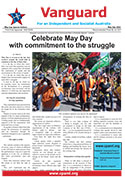
May Day 2023
" property="og:description" />May Day Special Edition 2023
Written by: on
May Day 2023
Print Version - new window Email article
One month after the NSW Election: what’s new?
Written by: Ali K. on 26 April 2023
(Above: Minns and Albanese savour the glory, but will rental crisis remain the story? Photo: ABC News by Harriet Tatham)
On the 5th of April 2023, Labor's full ministry was sworn in to the state government following their election victory. Chris Minns was announced as the Premier of New South Wales, ending 12 continuous years of Liberal governance in the most populous state in Australia. For many, this was a clear win in the struggle against privatisation, higher costs of living and scant public housing: housing advocacy organisation Shelter NSW came out to suggest that the new state government represented “a fresh start” as well as “the opportunity for fresh eyes”.
The Tenants Union cautiously welcomed the incoming Minns government, suggesting that the Labor government would be willing to address the crisis of rental affordability with a rental commissioner leading the ban on rental bidding. This practice involves real estate agents asking renters to bid higher than how much properties are listed for on the market.
There is a kernel of truth to all of these claims: NSW Labor ran on a platform against the privatisation of Sydney Water, scrapping the public sector wages cap and investing in key sectors including transport, healthcare and education. But really how much does the Labor platform on housing offer renters, youth, pensioners and other groupings affected by the current housing crisis?
Labor on Housing
The NSW Labor website suggests that the Rental Commissioner (a proposed advisory body) would be an “advocate and a voice” for renters by working closely with the government to lead consultation on reasons for eviction, oversee a ban on secret rent bidding and identify barriers to increasing housing supply among other things. Upon closer inspection it appears that only two of the nine proposals are concrete action to help renters: a ban on secret rent bidding and a portable bonds scheme, which allows renters to transfer their existing bond over to a new property. All seven other proposals require the Commissioner to “identify” issues and “gather” data. But a rental commissioner isn’t a particularly novel idea: The former premier Dominic Perrottet also outlawed rental auctions prior to his resignation.
Their policies weighed up
Another policy that Labor had listed in their Housing Plan was to introduce a 30% requirement for all homes built on surplus government land to be set aside for social housing as part of their Build-To-Rent program. Again however, this target was proposed long before by the Coalition, for urban renewal projects in Redfern, Central Station and Rozelle Bay. The only difference in this respect would be that Labor are making the target mandatory.
What looks somewhat promising is the elimination of stamp duty for first-home buyers purchasing properties up to $800 000 and a concession rate for properties between $800 000 and $1m for their first property. Not withstanding the fact that the Liberal Government had also called to scrap the stamp duty, a quick look at average house prices in NSW shows a hefty price tag of $1.13m, well above the proposed stamp duty exemption threshold. While this may have been an issue that many young people looking to get into the property market would have voted on, it offers little solace with the prospect of rising inflation and subsequently increased house prices.
What's missing?
Despite some conciliatory measures, there has been no action from Labor to cap rent hikes which is the real issue hitting struggling working-class families. Tenants Union chief Leo Ross noted that one rental increase in the North Shore involved a hike from $1000 to $1700 a week. This isn’t just a problem in NSW – a recent Guardian report suggested that Australian tenants were paying $2700 extra on rent on average over the past year with the national median rent averaging to around $570. Why is it that the federal government can spend $368 billion on nuclear submarines while renters are struggling to make ends meet? Why is it that rather than long-term solutions to these issues all we get is more bureaucracy and more integration of our issues with the state? The answer lies squarely in the structural crises that capitalism induces.
Some Historical Context
The struggle over rent is something that Marx noted in his seminal text on political economy, Capital. In his investigation into the source of profit, Marx touches on the existence of landed property and rent. We can conceive of rent in this sense as a social relation between people over land: for the landowner as a means of accumulation and for the tenant as a source of shelter and social reproduction. Marx writes in his 1844 Manuscripts:
The rent of land is established as a result of the struggle between tenant and landlord. We find that the hostile antagonism of interests, the struggle, the war is recognized throughout political economy as the basis of social organization.
Landed property on the other hand, or the existence of private property over land, is therefore a consequence of the existence of property rights and the ability for private owners to have stakes in what should be commonly owned – things like land, natural resources and infrastructure. Just as the worker confronts the capitalist in the sphere of production, so does the tenant confront the landlord in the struggle over housing and land.
We can see these concerns manifest in the struggle over housing in Australia today. A census last year revealed that over 2 million people rent just in NSW, with around 30% of the 9.8 million households were being rented. Even though rent bidding was banned, it has done little to stabilise soaring costs.
The Solution
The struggle to be housed is decisively a class struggle. As always, its solution lies in the very conditions capitalism creates: the independent organisation of renters (who include in their ranks workers, students and the unemployed) against attacks on their common existences into unions and advocacy groups. Now more than ever after Labor’s election victory, existing organisations must push Labor to meet their demands and seek independence from the narrow opportunism of parliamentarist politics.
Print Version - new window Email article
ICOR Resolution on Sudan
Written by: ICOR on 23 April 2023
(Above: March 29, One of the villages destroyed by the Janjaweed militias group in West Darfur/ Sudan. Photo by Dombary CC-BY-SA 4.0)
Down with the Civil War! Down with the Reactionary Militias! Victory for the Sudanese Workers and Masses!
ICOR Africa and Africa Coordinator, April 18, 2023
Print Version - new window Email article
Australia gave a welcome to the Paris Communards
Written by: George Farwell on 20 April 2023
(Above: Original illustration for the Tribune article by H. McClintock)
(We are reprinting in its entirety an article from Tribune, newspaper of the Communist Party of Australia, published on 22 March 1945. One hundred and fifty years ago, on March 19, 1873, in Melbourne, the steamship "L’Orne" was called into port for fresh provisions and medicine. It's purpose was to transport revolutionaries from the Paris Commune to New Caledonia. The incident was recalled by Czech Communist and anti-fascist Egon Kisch in his book Australian Landfall, describing his fight to enter Australia on a speaking tour, despite the Australian government’s attempts to keep him out. George Farwell was a progressively minded writer who published more than 20 books, mostly about the Australian Ourback. We thank the Australian Communist History Twitter account for drawing our attention to this interesting article – eds)
During a reception in Perth to Egon Kisch back in 1935, an old, grey-headed man took him aside, asked if he were interested in the Paris Commune. Kisch was surprised at the question, sixty-four years after the first workers' state had been suppressed in one of the most violent reigns of terror the world has known.
But he was not the man to assume, as some have assumed, that the Commune did not concern us intimately here. He said he was extremely interested.
The old man carefully produced a box, took off the lid. Inside was a red flag inscribed in French: "Commune of Paris 1871. Liberty, Fraternity, Equality or Death."
The story of this flag reveals only one of many links with the heroic struggle of the French people which began on March 18, seventy-four years ago.
For close on three months the Commune administered the popular republic, creating new standards of democratic achievement so that after 1917, Lenin was able to declare "the Commune was the first stage of the proletarian revolution, as the Russian Revolution was the second."
The working class movement had learnt vital strategic lessons from the Commune, even though this republic was put down in less than three months with the final coldblooded shooting of a hundred and forty-seven fighters on the Hill of Martyrs. One hundred thousand Parisians were killed, imprisoned, exiled or transported. Many of these were sent to the devilish penal colony of New Caledonia. They were chained inside iron cages on the convict ships and forced to endure shocking and barbarous conditions in the islands.
Roger Grenier, the old man who had treasured the red flag all those years, was the son of a man who had fought on the barricades, Paul Grenier. Only ten when his father was shipped away in chains, he loyally observed his promise to keep the flag in safety.
Like hundreds of other families, the Greniers were persecuted and humiliated for the "crimes" of their parents, husbands, brothers. But not even the promised reward of a 1,000 francs and a free pardon could persuade the possessors of many of these flags to surrender them to the terrorist General Gallifet.
TWO years later, after considerable agitation, the French Government agreed to send the exiles' families out to New Caledonia. Roger Grenier was one of 600 women and children whose ship anchored in Sydney Harbor in 1873. They were given a mass welcome, given flowers, presents, invitations. A banquet was held for them in the Town Hall. Hundreds of progressive Sydney-siders set out to entertain at least one family in their homes. It was a moving tribute to the Communards and to the cause of international liberty.
Roger Grenier was so impressed with the spirit of freedom he discovered in Australia that he determined to return one day.
When sixteen years later the exiles were reprieved, they passed through Sydney again. Pierre Grenier sailed on to France. Roger remained in Australia.
"Even today," Egon Kisch wrote in his book, Australian Landfall, "Roger Grenier feels himself a son of the Paris Commune, and his daughter and her daughter, who came with him to the reception, must show how well they can speak French."
"'I am a Labor Party man," he told Kisch, still holding the precious flag. 'But my children stand closer to you.'"
WHEN one of the convict ships bearing the Communards to their devil's island reached Melbourne in 1871, the workers demonstrated their sympathy and admiration. News went round that shipboard conditions were so appalling that half of the prisoners were down with scurvy.
Melbourne's trade unionists at once raised £1,500, but they were forbidden by the authorities to help. Henri Rochefort, writer and one of the intellectual leaders of the Commune, was among a party of five who escaped from the solitary New Caledonian Isle of Pines, andreached Newcastle, with the aid of the sympathetic Australian skipper of a coal ship, Captain Low.
"In our beautiful country," Rochefort wrote later, "we would have been arrested, searched and thrown into the nearest prison as pirates and slaves." Instead, because there was then no extradition agreement between France and Australia, they were allowed to go free.
Democratic Newcastle gave them a fine reception. Rochefort returned eventually to France with his four comrades, one of whom has been foreign affairs delegate to the Commune, another finance minister and a third, editor of the revolutionary Pere Duchesne (the name was revived by one of the illegal underground newspapers during the Nazi occupation of France).
Among the prisoners who passed through Australia was the immortal Louise Michel, a schoolteacher who carried a rifle with the 61st battalion of the National Guard and fought on the barricades.
"I do not wish to defend myself," she declared proudly at her trial. "I belong entirely to the social revolution and I accept full responsibility for everything I have done. If you let me live, I shall never cease to shout vengeance on you who have killed my brothers."
She returned to France, was gaoled again for six years, struggled on earning for herself a revolutionary reputation close to that of women like Vera Figner and Rosa Luxembourg.
ANOTHER Communard who contributed greatly to Australian progress was Lucien Henry, who became the first lecturer in art at the Sydney Technical College, and designed one of the stained glass windows still in the Town Hall. Politically active, he was one of the pioneers of the Socialist Movement in Australia, one of the first Socialist books here being dedicated to him. As an old man he returned to France, joining in Labor's struggle to build a second and more enduring Commune.
Early in the 1880's the Sydney poet, Francis Adams stood in the Pere la Chaise cemetery where the murdered Communards were buried, and wrote:
Is it for nothing, now and evermore,
O you whose sin in life had death in ease,
The murder of your victims beats the door
Wherein your careless carrion lies at peace?
Print Version - new window Email article
Hard Times – Make the Rich Corporates Pay
Written by: John G. on 20 April 2023
(Above:5,000 construction workers marched through the Brisbane CBD, pushing for the abolition of the oppressive “Fair” Work. ABC News 5 Apr 2023.)
Prices of groceries, power, petrol, rent and mortgages have gone through the roof. Home loan repayments have doubled for many. Rents are soaring.
Wages haven’t kept up with living costs. Buying-power we get to work has been going down for ages. Now it’s smacking head-on into raging inflation and pumped-up interest rates.
Workers reacted with waves of walkouts, stopworks, wildcat actions, strikes, street protests, big and little, local and statewide. People demand change.
Its time wage workers had an economy that works for us to get what we need to live and thrive.
Bankers and governments have THEIR answer to hardships people face
They rub salt into the wound.
The Reserve Bank says it’ll impose high interest rates for the next two and a half years. They’ll keep the screws on until there’s 5 or 6 percent unemployment while wages are kept a few percent behind inflation.
The people who slave away making the country’s riches will suffer at least 400,000 people out of work, casuals losing shifts, wages way behind inflation, using up our savings, and mortgage and rent costs breaking households. They’ll keep going until sales drop and prices stop going up.
The Reserve Bank, governments and business think they can shove the country through the bottom of the business cycle, scramble over broken lives of hundreds of thousands and hardships of millions, into blue skies of boom times beyond.
Why do government, banks and business inflict this on people?
It’s no big mystery. The big corporates want to get back to business making billions.
Governments try to make the system work
Governments try to make this broken system work. It doesn’t matter if its Liberal or Labor, National or Green, in and around government. Where the system works, it doesn’t work for us. The system, capitalism, works for business.
That’s always at the core of governing, managing the system for the corporates to profit – not for us to live. Liberal/National are harsh and heartless. Labor and Greens tend to look for small things which people appreciate while keeping the system working.
“Inflation still is the primary challenge in our economy, and that's what makes it the primary focus of our economic plan, and also the upcoming Budget in May. … we're working around the clock to try and give people a little bit of relief from these cost‑of‑living pressures … ” Treasurer Jim Chalmers, ABC PM, 4 Apr 2023.
The bits of relief, a handout here and there, compromise the focus on inflation by cutting what we live on. That is their goal. The hardships remain.
We’ve copped it from the Reserve Bank interest rate hikes. We’ll get it from the government’s coming budget.
A taste of government backsliding. The Federal Government abolished the union-bashing ABCC (Building Industry Commission) and the ROC (Registered Organisations Commission). They transferred the Commissions’ thugs to un-‘Fair’ Work where they keep persecuting workers and unions. A show of relief, but keep workers down.
In Covid they found billions to get over that crisis.
In the Covid emergency, Australia’s Reserve Bank was ‘… seeking to play our full role in building that bridge to the time when the recovery takes place. By doing all that we can to lower funding costs in Australia and support the supply of credit to business, we will help our economy and financial system get through this difficult period’ P. Lowe, Governor, Reserve Bank of Australia 19 March 2020.
What a contrast. In 2019, hundreds of billions of dollars were found and spent quickly to support business and the financial system, and help business keep their workforce. It kept profits up but drove us into crisis faster and deeper. Now more spending could provide some relief.
People’s lives will be in tatters. Bankers, governments and big business essentially abandon us to hard times.
There is another way – for people not profits.
Everything, all goods and services we use, are made by many people working together. The big profits are made by a tiny minority, owners of a few big corporate monopolies. There’s more on this in the article ‘Profits – a system of economic crises, hardships and war’.
In good times it’s a system of socialising the work, and privatising the profits. In troubled times, the work is socialised, but the big corporates try to socialise their private losses by forcing hard times on workers.
We need a system where things are produced because we need them, not for profit.
Its only people standing up, thousands organised and acting to get rid of the profit system and the core of its profiteers, rich corporate foreign monopolies, that can bring that about.
Sentiment for change is rising onto the agenda.
We’ve been left to stand up for ourselves
Can we?
It’s worth remembering the wave of public sector strikes and protests in the last year or so.
Sparks of rebellion have been firing. Bushfires are sparked by the odd ember. With hardship hitting people and hanging around for a few years, frustration and rage will flare into conflagrations of rebellion and wider organisation.
Damn them and their system. Through Covid, it became very clear. We make it all work. Where fire for change takes hold of working people, we’ll be more than they can handle.
Now’s a time to organise and act to make it work for us.
At present demands for relief, to make the rich monopolies pay, seizes the spirit of the times.
While we fight for relief for now, we have to keep our eyes on working for a future without these periodic crises, a future socialist society free of the rule of foreign multinational corporations and the destructive system of private profits.
Print Version - new window Email article
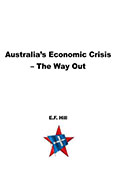 " property="og:description" />
" property="og:description" />
Australia's Economic Crisis -The Way Out: E.F. Hill
Written by: on
Print Version - new window Email article
A suitable cause for alarm: what about the levers of power?
Written by: (Contributed) on 19 April 2023
(Above: Archimedes’ Lever Creative Commons CC-BY-4.0)
A recent warning from the World Bank that global economic growth is slowing has overlooked the fact it has been the general trend for decades. Despite continuing to implement economic rationalist policies, growth has not taken place. Fears have now been raised about a likely recession.
Print Version - new window Email article
Capitalism’s neglect for threatened species encourages extinction
Written by: Leo A. on 17 April 2023
It’s hardly a secret that the capitalist class cares little about the wellbeing of our natural environment, and in particular the wellbeing of threatened species – those being species classified as vulnerable, endangered or critically endangered. In minds of the capitalists, preserving nature is more bothersome than beneficial, as protecting threatened species can be expensive, and protection rarely delivers any profit for anyone. The past few months have seen several demonstrations of this dangerous mindset at work.
The World Wildlife Fund’s 2022 Living Planet Report has outlined the global consequences, so far, of capitalist destruction of nature. It’s been calculated that within the past fifty years, the populations of wildlife species have decreased by, on average, 69%. And that’s the average, across the entire non-domesticated animal kingdom. For some groups of animals, types of habitats and parts of the world, that percentage is much higher – and of course for recently-extinct species it’s 100%.
This is not the kind of crisis which can be resolved simply by “putting the right people in charge”. While small efforts can and should make some amount of positive change, a capitalist market economy can simply never be sufficiently incentivised to take serious, effective action. Under capitalism it is strategically beneficial to be unethical, in this context environmentally, and the most unethical and exploitative capitalists naturally outcompete all others.
Environmental crisis in Australia
The end of November brought to light what environmental groups have called a “tangled mess of inaction” as the federal environmental department confirmed that 372 recovery plans for 575 threatened species and ecosystems, representing 89% of all active recovery plans, will reach their legislative use-by date by the end of this year. 355 of those 372 plans expire at the end of April. Past governments have failed to meet the requirements to update recovery plans every five years, and this is the result. The fact “inaction” and “under-resourcing” were cited among the causes of this blunder demonstrates how much, or rather how little, the capitalist class cares about these species.
This January a new study showed that among the 134 known species of cartilaginous fish (sharks and rays) which inhabit reef ecosystems, nearly two thirds are threatened with extinction and 14 are already critically endangered. Sharks and rays don’t always have the best reputation, of course, but I’ve personally dived with Stingrays in the past and I can verify that they are not only non-confrontational, politely moving out of the way so long as they have time to do so, but they’re even somewhat adorable. Certainly not the kind of animal that deserves to disappear from our waters.
‘Hidden’ threatened species
An important factor that must also be considered when discussing wildlife conservation is that the official number of threatened species is almost certainly just a fraction of the total. As mentioned previously, capitalists find it strategically bothersome to preserve nature, and as such there are a number of techniques that may be in place to artificially reduce the official number of threatened species from their actual total. First, a species may be misleadingly given a deceptively “comfortable” conservation status that doesn’t accurately reflect the situation it’s in. Second, a species may be prematurely declared extinct while a small handful hang on in remote areas, thus ending efforts to protect it. Third, a species may not be sufficiently evaluated to be given a conservation status, and a proper assessment of its status may be continuously postponed, leaving the seriousness of its situation uncertain. Fourth and finally, a species may not be “on the list”, so to speak, at all. This can either be because no-one has seen the species before, or because the body of evidence in support of the animal’s existence is officially considered insufficient to warrant further investigation.
This last point is often overlooked. People tend to be under the false assumption that the process of discovering our natural biosphere was some historical thing that ended at some point in the past. This is quite far from the truth. In fact, according to a research study published less than a year ago in late April of 2022, within the “Australasia” biogeographic realm (which encompasses Australia plus some surrounding islands such as New Guinea), in addition to the 122 species of land mammal officially known to exist there are probably around 19 left awaiting formal recognition. And that’s just land mammals – marine mammals, birds, non-avian reptiles, amphibians, fish, invertebrates, fungi, plants and so on almost certainly also contain currently “unregistered” species.
We cannot expect Australia’s (or for that matter, the world’s) environmental crisis to improve under a capitalist system. We should of course support and encourage what environmental efforts can be allowed under this system, but the longer the capitalist class is allowed to rule, the worse the crisis will get, the more species will go extinct, and the harder it will be to eventually recover in the future. Under socialist leadership, Australia will have a much easier time taking proper measures to protect every at-risk species in our rainforests, rivers, reefs, and so on.
Print Version - new window Email article
Tough times ahead for Australian Dairy industry
Written by: Duncan B. on 16 April 2023
Photo: Rene Groeneveld
Australia’s dairy farmers are facing tough times in the coming year. They are anxiously waiting to see what price dairy processors will offer them for their milk. They are hoping for at least $9 per kilo (milk solids) to help them cope with the rapidly rising costs of inputs such as electricity, fuel and water in irrigation areas.
Processors must make an initial price offer to farmers by June 1. The big three dairy processors in Australia are Canadian-owned Saputo (Devondale, Cheer, Cracker Barrel and other brands), New Zealand-owned Fonterra (Western Star and other brands) and Australian-owned Bega (Bega Cheese, Vegemite and other brands.)
This is happening against a background of uncertainty. Since April last year, dairy commodity prices have fallen by about 35% to their lowest since November 2020. Prices for Australia’s biggest dairy export earners have fallen, with cheddar down 37% and skim milk powder down 42%. Butter prices have also fallen.
Many dairy farmers are leaving farming all together or switching to other types of farming. Over the last decade, Queensland lost 270 dairy farms and NSW lost 500. Many Victorian dairy farmers have also quit.
The national dairy herd has fallen dramatically since 2000 when the industry was deregulated. The Victorian herd went from 1.37 million in 2000 to 895,000 in 2020. NSW went from 289,000 in 2000 to 145,000 in 2020. Queensland went from 105,000 in 2000 to 65,000 in 2020. The national milk pool has fallen from 11 billion litres in 2001 to 8 billion litres today, with a further decline expected.
Dairy processors have reduced the production of whole milk powder by 21% and skim milk powder by 13.7%, and are putting more milk into cheese production. They are hoping to sell more cheese in the domestic market, instead of the export market where prices have fallen by 37%. Saputo reacted to the downturn by closing its plant at Maffra (Vic) and cutting milk powder production at Leongatha (Vic.)
Farmers and processors are hoping for an increase in demand from China for Australian dairy products. China’s demand for dairy products has been weak this year and China built up a large stockpile of powdered milk in 2022 during COVID lockdowns. China is encouraging increased consumption of dairy products among its people, and the dairy industry is hoping this will be reflected in increased Chinese demand for Australian dairy products later in the year.
In a recent development in the dairy industry, Coles is to buy two milk processing plants from Saputo for $105 million dollars. The two plants, one in Sydney and one in Melbourne process about 225 million litres of milk per year, 80% of which goes to Coles home brand milk. It appears that Coles is moving to guarantee its milk production in case Saputo sold the processing plants to someone else. Coles has also been advertising in the rural press seeking to recruit dairy farmers as direct suppliers of milk to Coles. If Coles own the dairy farmers and the milk processing, they will be able to make even bigger profits from selling their home brand milk products.
As we have said many times, the only hope for small farmers lies in unity with the working class and struggle for an independent Australia.
Print Version - new window Email article
Looking Back to See the Future - Woomera/Maralinga to Nuclear Submarines -All to Protect The "Free World"
Written by: Ned K. on 16 April 2023
Australian historian Michael Wohlltmann's latest book, Looking Back to See the Future about the history of Woomera is a "warts and all" history of the military and space technology base and town of Woomera established by the British and Australian Governments in the 1940s.
Wohltmann's purpose in writing the well-researched book was to "provide a holistic perspective on the Woomera story through the lens of the Military Industrial complex" and "to provide some light on the secrecy and coverups that are part of the Woomera story."
The military and space base at Woomera and the nuclear bomb tests at Maralinga to Woomera's north-west were part of the Anglo-Australian Joint Project. The Joint Project was the complete subservience to British imperialism by the Menzies Government in particular in the context of the Cold War between the USSR and western powers led by the USA.
The book is a rich source of how Woomera and Maralinga were an integral part of the British and US imperialist Cold War military preparations and experiments with devasting impacts on First Nations Peoples in particular.
Part of the Anglo-Australian Joint Project were the British Government nuclear weapons development tests at Maralinga and beyond between 1952 and 1963.
One of the striking aspects of this period is that the subservience of the Australian Government to the British imperialists and the language used by Ministers of the Menzies Government is so similar to language used by the Albanese Government Ministers today when they try to justify the $380 billion nuclear submarine extravaganza planned for Australian ports, particularly at Osborne near Port Adelaide in South Australia.
Familiar Language?
An example of the similarity between the subservient Menzies Government and the subservient Albanese Government to imperialism's military needs is the excerpt from Michael Wohltmann's book below in the chapter on Woomera and Maralinga.
“In 1954 the Australian Government gave formal approval and a year later, the Australian Minister of Supply Howard Beal responded: 'England has the know how: we have the open spaces, much technical skill and a great willingness to help the Motherland. Between us we should help build the defenses of the free world, and make historic advances in harnessing the forces of nature.'”
Now in 2023 the "free world" is not a term used by Albanese, Wong and Marles. They use the term "democracies", their euphemism for western imperialist forms of government with the enemy not called "communism" but "totalitarian" in reference to China and to a lesser extent Russia.
Just like the Menzies Government of the 1950s, the Australian Government of today sees no problem with nuclear waste being dumped in the same area of South Australia. In the 1950s nuclear waste from the bombs was spread over the land and towns whereas today the Australian Government is going for the more sophisticated nuclear waste dumps to store nuclear waste from the nuclear submarines to add to their planned nuclear waste dump a Kimba which is in the same part of SA as Woomera and Maralinga.
Despite these differences, the essence of the roles of the Menzies and Albanese Governments is the same in relation to the dominant imperialist powers in Australia.
In the 1950s, it was British imperial needs closely followed by the US imperialist needs.
Today, the Australian Government subservience has reversed the order with US imperialism being followed first with British imperialism in second place. The enemy for the USA and Australian Governments has changed from USSR to China.
The idea that Australia should keep out of war plans of imperialist powers was inconceivable for the Menzies Government and appears to be inconceivable for the Albanese Government as well.
Looking Back to See the Future is a self-published book (2022) available from projectfalstaff.com.au
Print Version - new window Email article
Sham democracy and EBA
Written by: Ashley C. on 15 April 2023
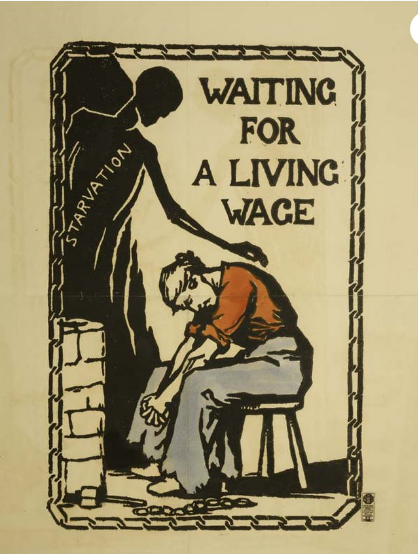
Catherine Courtald Public Domain
In his 1974 booklet Revolution and the Australian State, comrade E. F. Hill provides the following assessment of the relationship between the Australian people, the legal courts and the police: "Theoretically, people have their remedies in the courts before which, according to the theory, the police and the citizen are equal. Test the theory in practice. It is a bitter joke which emphasises the real dictatorship expressed through the police and the courts." (17)
While this quote is lifted from Hill’s discussion regarding the real relationship between police and citizens, the same view may be applied to the relationship between employees and their employers. Working people in Australia may be convinced that they are on an equal legal footing with their employer. After all, we have plenty of industrial relations legislation in Australia and the Fair Work Commission, right? What’s to worry? Well, if that’s the theory, then perhaps workers should “test the theory in practice”.
I’m a union delegate who works within a highly casualised industry. After many years of attempting to address issues at our workplace, customer-service staff have recognised the need for collective action and we have now reached almost 100% union membership with our relevant union. Prior to this, our employer has never had any involvement with unions during its forty years of operation and has always operated according to a top-down model of corporate management. Accordingly, operational decisions are exclusively made by the corporation’s board members and its executive management team. There has never been an enterprise agreement in effect at the workplace.
In order to improve our wages and conditions, we are currently in the process of bargaining and negotiating for an enterprise agreement that will apply to those who are currently the lowest paid and most precariously employed workers within the workplace. Management have been reluctant to meet with our assigned industrial officer from the union, and they didn’t even officially agree to honour our initial notification to begin bargaining process until we threatened to seek a majority support determination from the Fair Work Commission. Aside from being an incredibly frustrating and draining process, it has been interesting to witness the ignorance and incompetence of those who work within such highly responsible positions of executive management. They are in charge of managing millions of dollars in public money (the employer is a not-for-profit organisation with its operational expenses sourced from government grants) and yet they do not know what the substantial differences are between enterprise agreements and industry awards.
Our log of claims was developed through extensive consultation and surveying staff members, and we were proud to submit the document to management. Our claims sought the best possible outcomes for staff, whilst remaining practical and respectful of the everyday functioning of the workplace. We submitted our claims in February and are currently still awaiting a clear response from the employer, despite having met for two bargaining meetings since. This process is being drawn out due to both the incompetence of management and their lack of understanding of the perspective of staff members
Note the following disputed claim. Casual employees wished to seek improvements on their entitlement to overtime pay. Under our current industrial award, we are entitled to the following:
Casual employees may be employed for up to 10 ordinary hours each day, provided that all time worked in excess of ordinary working hours on any one day or in excess of 38 hours in any one week will be overtime.
Workers are not entitled to overtime pay until they have worked beyond 10 hours (we are also entitled to a 20 minute paid break for every 5 hours worked). The casual overtime rate is 150% and also excludes the 25% casual loading amount. Only after working beyond 13 hours will a casual be entitled to a 200% overtime rate.
In our log of claims, we are seeking overtime improvements where employees are to be paid at a rate of 200% for all hours worked beyond 8 hours. Any worker would agree that this is hardly an unreasonable entitlement — 8 hours is a long time, especially when you are only entitled to a single 20 minute break. Management disagree and would prefer the entitlements set out in the award.
Union members have also requested that overtime rates are to be paid for any additional hours worked outside of their rostered hours. Management disagree with this and they cite the National Employment Standards, where, according their interpretation, they are permitted to “choose to offer a casual employee additional work to that rostered and it is the employee’s choice to work or not.” As far as the employer understands, overtime entitlements may therefore be overlooked if the employee makes an individual choice to continue working. It’s bad enough that the employer not only thinks they can easily get away with this cynical and deceitful business conduct, but what’s worse is that they do get away with it.
I’ve only mentioned one disputed claim here. There are plenty of other examples that I could go on about — on every issue, the employer sees the industry awards and the NES safety-net as guidelines for their business model of keeping their employees on the bare minimum of wages and conditions. This is all within the context of our particular employer that prides itself on its “progressive” image and its self-congratulatory commitment to upholding “best practice” workplace policies. Even when workers organise themselves and jump through all the legal loops in order to secure a fairer share, it’s easy enough for management, the CEO and board members to keep dragging things out and to avoid negotiating with employees.
While bargaining is ongoing (and edging towards an application for protected industrial action), a benefit to all this is that workers are learning of the fundamental antagonism that exists between themselves and the employer. Some will never trust another employer again. This is a hard lesson that has been learnt through first hand experience. Across any industry, when it comes to unionised workers engaging in legal struggle through the enterprise bargaining process, the difference between formal and real democratic freedom is on full display. While Australian workers may have some rights and access to engage in legal processes, the apparent equality between employees and employers is an illusion. In the face of this, it is too easy — and tempting— for workers to give up trying to secure something more than the bare minimum and to embrace individualism in their working life.
Working people do not need to be lectured about the inequalities of capitalist industrial relations. It’s through their direct engagement in bourgeois democracy, or the real dictatorship of employers and monopoly capital, that they can learn the disappointing lessons of their illusory access to legal power. To end, I encourage the reader to reflect upon another quote from comrade Hill’s Revolution and the Australian State, and to consider how the worker’s experience of hopelessness within present legal struggle may actually provide lessons towards the development of revolutionary consciousness:
"in Australia we regard the struggle to defend democratic rights as an essential component in revolutionary struggle. Likewise, we regard the struggle against repressive legislation. The struggle to defend democratic rights is not a thing in itself, not something aimed at greater bourgeois democracy itself but is part of the struggle to end exploitation and to win state power. In the struggle, the workers and working people come to understand the severe limitation of democratic rights, come to understand the need to struggle for revolutionary power which will convert formal freedoms into real freedoms, enhance their revolutionary consciousness." (77)
Print Version - new window Email article
It’s time to fight BEFORE construction hits the rocks
Written by: Louisa L. on 15 April 2023
(Above: construction workers' contingent at Fremantle May Day 2010. Photo Diana House on Flickr)
Uncontrolled price rises are early symptoms of full-on economic crisis. Construction is always first to go in a bust. Right now, it’s looking shaky.
Older construction workers recognise it. They’ve lived it, and heard of numerous past collapses from other generations of workmates.
In the three months to February, the number of cranes operating dropped everywhere except the Gold Coast. In Sydney 3% disappeared, as jobs opened didn’t match jobs shut down.
The other big marker of crisis – unemployment – isn’t widespread. It’s still difficult to get workers. Until Covid, immigration reached record after record, since John Howard dramatically upped it for those with money and skills, despite a cruel, deceitful attack on refugees.
Construction is a multicultural industry. But what will 400,000 arrivals mean for jobs and housing affordability? Employers love using an army of unemployed workers to threaten current ones.
Roll call of company collapses
Unless you have big debts, you’ll hardly notice price rises when you’re bringing in $150,000 plus. You won’t understand what it’s like to survive under labour hire in non-unionised housing construction, or on $48 per day if you’re unemployed. You might even think Australia’s longest ever boom will continue forever.
Some construction workers think the high pay, site allowances, travel payments, double time for all overtime and the rest “just happened”. They don’t understand the collective struggle and sacrifices over decades that won those conditions. They don’t realise few other workers have anything like their pay or conditions.
It can’t last. Busts follow booms, and cracks are showing everywhere.
Construction was called an essential service during Covid, and government debt kept the Australian system afloat, mostly by subsidising business to employ people (as Rudd’s Labor government did in 2007 to stop the global financial crisis crushing Australia). Capitalism can’t be controlled forever. It chases immediate profits, bugger the consequences.
Construction company collapses in the last few years are sobering: Probuild; BA Murphy; Privium; Tasmanian Constructions (Hotondo); PBS Building; ConDev; Oracle Building Corporation; WA Housing Group; Individual Developments; Inside Out Construction; Dyldam Developments; Home Innovation Builders; ABG Group; New Sensation Homes; Pivotal Homes; Pindan; ABD Group; Solido Builders; Waterford Homes; Snowdon Developments; Langford Jones Homes and now Porter Davis Homes. Metricon’s future isn’t assured.
Off the plan sales delivered companies money up front, but fixed prices bashed them as costs climbed. So have shortages, as construction booms worldwide sucked out building products from an Australian economy where manufacturing industries were deliberately shut down and moved offshore over 40 years.
Then war disrupted supplies. War is inevitable under capitalism, especially when one giant imperialist power rises as another falls. Witness Ukraine, with US-dominated NATO using proxies, Russia creating carnage and China on the sidelines. It’s a disaster we need to stay clear of.
Already our taxes will pay $389 billion to the US and UK, ripped out of Australia’s economy for a few defensively useless submarines. It’s not on! Just because economic superpowers fight each other for control doesn’t mean we have to join in.
When’s the best time to fight?
Do we just sit and wait to be kicked by corporations and their governments when the economy busts? Or do we get ready now before high unemployment is a giant weapon against us? The stronger, more united and more able to fight our unions are before the going gets tough the better.
Smash bosses who won’t guarantee safety and health.
Smash the ABCC hiding in Fair Work.
And, if it’s not ok for you to be hungry or homeless or sick on $48 per day tomorrow, it’s not ok for anyone today. Unions have to take action on wider issues.
When’s the best time to fight? Will we wait till desperate unemployed people are lining up at our job’s front gate? Or do we act now before the shit hits the fan?
What do you think the answer is?
Print Version - new window Email article
Profits - a system of economic crises, hardships and war
Written by: John G. on 14 April 2023
(Above: Homeless by Fernando Goncalves)
A look at Australia’s economic system shows it operates for business to profit. It is capitalist.
In every industry, business is dominated by a handful of large-scale corporate operations, whether it’s petrol, mining, supermarkets, transport and logistics, chemicals, fast food, steel, concrete, telecommunications, banking, electronics, and so many more parts of the economy.
Profiting in a big way is done by very few rich financial moguls. The big players are from the US, Britain, Japan, China, Europe which rule the roost. A handful of locals try to keep their place in the wake of the big multinationals.
The dominance of US corporate giants has Australia caught up in US war preparations. $365 billion nuclear submarines, US troop placements, nuclear bombers are brought forward. The US prepares to stave off the growing grab by Chinese billionaires to bring countries, markets and resources into their domain away from US supremacy. The system of exploitation in empires feeds and feeds off economic strife.
The enormous build-up of money in the hands of the biggest monopolists is astounding. Think Amazon’s Jeff Bazos’s personal wealth of US $125 billion, an unimaginable sum.
Forbes Magazine estimates there were 2,688 billionaires across the globe in 2022; 735 in the US, 607 in China, 166 in India, 134 in Germany, 83 in Russia.
They have been making so much money, they have been running out of places to profitably reinvest it. Investments in machinery, mines, infrastructure assets and labour can produce goods and services way above what can be sold. Markets for goods and services have been flooded.
Speculation becomes rife. Stocks on the New York Stock Exchange and others are priced at many times the concrete value of the operations behind the stocks. Assets and labour can’t be used to profit so are left idle, unemployed and underemployed.
Governments issued trillions in bonds and created enormous pools of credit to boost flagging markets. Money loses its buying power. The buying power of wages drops. Education, health, aged care and other services get neglected.
The spiral into this crisis of inflation, hardship and people deprived of necessities has been driven by excess of ability to produce everything people need.
The snag holding our well-being to ransom is the excess of means to produce which can’t be mobilised to make profit for the big corporates. The system is choked up.
We get by when things are good for making profits. We get squeezed when it cycles into crisis.
While the system for producing what we need to live depends on big corporates making a profit, we’ll have the cycle of boom driving to a bust and hard times.
Print Version - new window Email article
Workers - Keep your eyes open, ready for the next round
Written by: Louisa L. on 14 April 2023
(Above - Norm Gallagher gave inspirational Communist leadership to builders' labourers)
Both Coalition and Labor Governments attack unions. They do it to manage the capitalist system for big business. The Coalition kicks heads, sometimes causing increased militancy. The ALP supports industrial calm and compromise with workers.
But for both, construction workers and their unions have been the biggest corporate targets for fifty years.
The BLF was deregistered in 1974. Freed from what its leader Norm Gallagher called the “chains” of capitalist courts, the BLF became so strong the Master Builders Association begged for it to be re-registered.
The second deregistration was better planned after huge media attacks and a royal commission by the Fraser Coalition government from 1981. In 1986 Labor PM Bob Hawke made sure another union would take BLF work. It was a huge blow to workers’ unity. Each BLF organiser was arrested dozens of times. Rank and file militants were refused work. Leaders were jailed.
Others, including electricity, mine and dockyard workers, meatworkers and airline pilots, also fought strong but losing battles against giant employers empowered by Hawke policies, secondary boycott laws and lack of union solidarity.
Thugs and balaclavas
But struggle for justice doesn’t stay down forever. As more workers were attacked, they rose to fight again.
In 1998 Howard and Co colluded to send dogs and thugs in balaclavas into militant MUA strongholds on wharves around the country. The massive and magnificent Patricks’ dispute became an outburst of worker and union anger, unity, organisation with action outside every port in Australia.
Then a third Royal Commission, this time in 2001, into the CFMEU.
By 2005 corporations backed John Howard’s so-called Work Choices against all workers, the same year his government set up set up the Office of the Australian Building and Construction Commissioner, an ongoing royal commission with far bigger powers.
Protests grew until Howard was dumped in 2007. Then many unions demobilised their members. Either leaderships didn’t know or didn’t care that the ALP still managed capitalism for multi-billion-dollar corporations.
Labor’s UnFair Work Australia and a renamed ABCC still chained workers and unions, and threatened to jail construction worker Ark Tribe.
The ABCC knew the Eureka flag embodied 160 years of working class unity in struggle, that it has the potential to unify and clarify thousands of smaller battles into a united front.
Disunity means defeat
Fast forward to 2018. ABCC inspectors marched onto sites, and there it flew, a silent ‘Up yours!’ to all their threats. They pretended the flags weren’t there.
Instead, they threatened construction companies relying on government contracts. The now collapsed Probuild copped abuse from Coalition Minister Michaelia Cash, for telling her it wouldn’t pick a fight with its workers over a construction code.
The Commission switched tactics again. It charged eight rank and file workers for refusing to take down “banned” Eureka flags from cranes.
As Vanguard said at the time, “Instead of repressing the flag, it had the opposite reaction. Suddenly the Eureka flag was flying on cranes across the country.
“Eureka flags, hard hats and t-shirts multiplied on building sites. The Queensland branch of the Australian Education Union issued Eureka stickers to its members and refused orders from the government to withdraw them … 120,000 workers on Melbourne streets put the nail in the dispute’s coffin. They had many grievances, including the flag ban.
“The ruling class wanted Eureka’s message taken out of this fiery mix,” Vanguard stated.
The workers won in UnFair Work, and Lendlease eventually took the ABCC to court over the flag, to win peace to make mega profits.
Now Labor governments settle some of the uproar the Coalition created in its dirty time in government. Labor compromises on many things. But how is it keeping a promise, when the ABCC leaders have set up in the Fair Work Ombudsman?
If you think it won’t affect you, because you aren’t in the CFMEU, think again. An attack on one union, on one group of workers, is an attack on all of us.
Of all history’s lesson, that’s the biggest. Disunity means defeat. It’s time to stick together, take a breather, celebrate hard won victories, but with all eyes open for the next round.
Print Version - new window Email article
NSW Teachers Fight On
Written by: Seb A. on 13 April 2023
For the past three years, New South Wales public school teachers have been engaged in their biggest campaign in decades.
The More Than Thanks campaign waged by the members of the NSW Teachers Federation to secure desperately needed improvements to working conditions and pay, involves a fight for the health and viability of public education in New South Wales.
Teachers have been warning that the Coalition NSW Government was deaf to the concerns of teachers, parents and students since the release of the Gallop Inquiry in February 2021. Decisive action was needed to deal with a looming teacher shortage that is well and truly upon us now in 2023.
Print Version - new window Email article
Capitalists vs Koalas: The struggle to save our forests
Written by: Leo A. on 11 April 2023
Land clearing has been a key threat to Australia’s ecosystems for decades, but in recent years this environmental crisis has become harder to ignore. Even small measures aimed at protecting our natural environment quickly turn into uphill battles.
In late January, the NSW government was harshly criticized for refusing to back a proposed koala national park in New South Wales, which would cover 3000 square kilometres. For comparison, that’s a bit less than one-quarter of the land area of Sydney. Despite what one may assume, the Koala’s iconic status and adorable appearance have not been enough to prevent its distressing situation. Independents brought attention to the fact that the now-endangered species has been “completely undermined” by government policy, particularly due to land clearing, and if it weren’t for protests and other on-the-ground action in recent years, the situation would be even more dire.
Print Version - new window Email article
Thailand - A Changing Balance of Forces?
Written by: (Contributed) on 10 April 2023
(Above: the anti-coup Red Shirts movement emerged in 2006 to support Thaksin. Photo: by Nate Robert is licensed under CC BY 2.0.)
National elections in Thailand, scheduled for mid-May, may prove highly problematic for the US. The changing regional balance of forces has had a dramatic impact on the Asian kingdom which used to be central for US regional foreign policy. The country, in recent decades, has moved away from Washington and Pentagon traditional hegemonic positions. The forthcoming elections, therefore, look set to bring pressing matters to a head.
The unwieldy and tripartite volatile mix of class and state power together with the re-emergence of electoral popularism in Thailand is heading toward a major flashpoint.
Opinion polls across Thailand have shown the daughter of previous prime minister Thaksin Shinawatra, Paetongtarn Shinawatra, has amassed enough electoral support to win elections scheduled for 14 May. Thaksin Shinawatra fled Thailand over fifteen years ago following the 2006 coup which ousted his government. Nevertheless, he has remained a popular political figure with many Thai people.
Since the 2006 military coup Thailand has experienced elections which were heavily gerrymandered following the re-writing of the constitution drafted by the military to serve their interests. Reliable polls, however, have shown Paetongtarn Shinawatra has about 38 per cent of the vote, which is considered a wide enough margin to secure her success at leading the Pheu Thai party to establish a government majority. Present prime minister, Prayuth Chan-ocha, is polling in third place with only about fifteen per cent, behind the Move Forward party which is committed to changing the draconian Lese Majeste laws which are used to stifle any criticism of the King.
Despite the stifling nature of class and state power, criticisms of the present government are becoming more audible. Thailand, for many opposition figures, is not regarded as a real democracy and Prayuth, a former General backed by the military, 'has not shown any real leadership or technical expertise'. (1) The Move Forward party has challenged class power, traditionally topped by King Maha Vajiralongkorn, who assumed office in 2016 following the death of his father. The present king, however, has not won the support or respect of many Thai people who regarded his father in a rather different light; in fact, calls for reform of the whole monarchy have become commonplace. (2)
To understand the present dilemmas facing Thailand, it is important to look at the legacy of previous times: during the period from the 1960s to 1990s, the Thai economy was relatively sluggish. The period also coincided with the country becoming a central regional hub for 'US interests' during the Vietnam War. During the mid-1990s, however, the economy grew rapidly, unleashing new social and political forces. (3)
It is interesting to note the Shinawatra grouping remain extremely popular in the north of the country, which was the area subject to US-led counter-insurgency and counter-intelligence during the Vietnam War period. The US feared insurgent forces in Vietnam would extend their reach into neighbouring areas, as they had in Cambodia and Laos. (4) It was noted by CIA sources, during the period that there was, 'widespread Communist support in north-east Thailand … with a … broad-base of society rebelling against years of repression'. (5) Thaksin Shinawatra successfully won the support of much of the northern part of the country and challenged traditional hegemonic positions from a popularist power-base.
Thailand has also remained important for the US: it is an important component of the Indo-Pacific Strategy of regional alliances which are noted as 'expanding US diplomatic presence in the Indo-Pacific, particularly south-east Asia and the Pacific Islands. (6)
US diplomatic figures in their Bangkok embassy reveal a great deal about the nature of 'US interests': Ambassador Robert F. Godec, is also a deputy Commandant and International Affairs advisor at the National War College and State Department together with being a principal deputy co-ordinator of counter-terrorism, invariably linked to counter-intelligence.
His deputy chief of mission is Gwendolyn Cardino, a specialist in banking before joining the State Department. (7) Thailand has a long history of military involvement in civilian affairs and the Bangkok Stock Exchange is important for regional programs, including those linked to ASEAN.
Reliable commentary emerging from Thailand has noted the expected election results have left the present Prayuth government with two options: dissolving the Pheu Thai party or staging yet another coup. (8) To what extent the King will lend support to the Prayuth administration has yet to be established, although it has already been noted that, 'the Shinawatra family is loathed by the Royalist military establishment'. (9)
It has also been noted that 'by numbers alone Pheu Thai have won every election since 2001, though judicial rulings or military coups have prevented three Thaksin-backed governments, including one led by his sister Yingluck until the 2014 coup, from completing their term'. (10)
The forthcoming election in Thailand also takes place at a time of economic uncertainty: the economy grew rapidly in 2019, although it slumped 8.16 per cent the following year. More recent data has shown only a 1.25 per cent economic upturn. (11)
The US imperialists are also tiring of the present governmental system in Thailand, warning that it should not purchase Chinese military equipment, nor engage in continued human rights abuses and threats of coups. (12)
While the US has become increasingly apprehensive about dealing with Thai governments, China has stepped into the vacuum. (13)
1. It's make or break at crucial Thai poll, Australian, 22 March 2023.
2. See: Thai king flies to Germany, The Guardian (U.K.), 13 November 2021.
3. Thailand Economic Growth, 1960-2023, Macrotrends.
4. See: Deadly Deceits, Ralph McGehee, (1983); and, Obituary, Ralph W. McGehee, The New York Times, 14 May 2020.
5. Deadly Deceits, ibid.
6. Fact Sheet: Indo-Pacific Strategy of the United States, The White House, 11 February 2022.
7. Website: United States official diplomatic personnel.
8. Australian, op.cit., 22 March 2023.
9. Thailand, The Guardian, (U.K.), 20 March 2023.
10. Australian, op.cit., 22 March 2023.
11. Macrotrends, op.cit.
12. Washington worries China is winning over Thailand, F.P., 17 June 2022.
13. Ibid.
Print Version - new window Email article
War in Ukraine increases coal exporters’ profits
Written by: Ned K. on 10 April 2023
(Above: "Destroyed city - Russia's war on Ukarine" Source: Freepik)
The Australia Institute continues to conduct important research which exposes who benefits in Australia from the imperialist war in Ukraine.
Earlier this year the Institute's Executive Director Richard Denniss pointed out that it was not just gas exporters who increased profits from the war in Ukraine
He said coal exports from Australia in 2021-22 increased by 186%. The increased profits directly attributed to the war in Ukraine in 2021-22 were between $38billion and $45 billion according to a report titled "From Russia with love. Coal profits from war in Ukraine".
The report was authored by Rod Campbell and Matt Saunders.
Richard Denniss said that the Australian Government should have taxed this spike in coal export profits to contribute to cost-of-living relief for struggling low-income families in Australia.
This trend of increased profits for coal exporters is likely to continue as there are signs the war in Ukraine is intensifying.
The Murdoch owned Australian reports on Easter Monday that NATO is inviting Prime Minister Albanese to a Summit in July to strengthen NATO ties with Asia - Pacific nations. The aim of the Summit is to lock Australia and New Zealand in to more support for the NATO war in Ukraine as it claims China is increasing ties with Russia on the military front.
No doubt the coal exporters in Australia will rubbing their hands with glee at the prospect of another year of profiteering from imperialist war.
Print Version - new window Email article
AUKUS, Nuclear Submarines and Public Health Crisis Dominate Malinauskas SA Government First Year
Written by: Ned K. on 8 April 2023
(Above: the public support for the RTBU's 2019 anti-privatisation campaign forced a commitment from the ALP, then in opposition. Photo source: RTBU Facebook page)
The SA Labor Government led by Premier Peter Malinauskas has just completed its first year of office in parliament.
Malinauskas campaigned for the March 2022 state election on 6 key policies.
Print Version - new window Email article
Jerusalem calls for freedom... How did Lebanon and Gaza respond?
Written by: Fouad Baker on 8 April 2023
Palestinians attacked for defending the Al-Aqsa Mosque by jeruslaemindanger blog from Creative Commons Flickr
Fouad Baker
Lawyer at International Criminal Court Bar Association
04/07/2023
On March 19, 2023, the Palestinian Authority met with the Israeli occupation government in Sharm El-Sheikh, under the auspices of Egypt, Jordan and the US administration, despite the opposition of the Palestinian parties to this complementary meeting to the Aqaba meeting. The Sharm El-Sheikh meeting issued a statement stating that the unilateral actions between the Palestinian Authority and the government of the Israeli occupation and the return to bilateral agreements, in addition to the protection of sanctities in occupied Jerusalem.
However, the extremist Israeli occupation government, since the beginning of the month of fasting among Muslims "Ramadan", has been carrying out arbitrary arrests of the Palestinian people, storming the Palestinian refugee camps in Nablus and Jenin, and expecting a large number of young martyrs, but on 03/04/2023, the Israeli occupation forces stormed Al-Aqsa Mosque and arrested a large number of young people, including children and the elderly, while they were performing prayers inside the mosque, and set fires inside the places of worship. And the Israeli occupation government, on orders from the Minister of National Security, Itamar Ben Gvir, and the Minister of Finance, Smotrich, who seized the powers of the Israeli Minister of Defense, armed the Jewish settlers on the occupied Palestinian lands, which made the Jewish settlers attack and burn the homes of the Palestinians, amid support from the Israeli occupation government, which called for burning Palestinian cities and killing Palestinians.
Accordingly, the Palestinian resistance launched from Gaza on 04/04/2023 a number of 16 rockets, which were intercepted by the Israeli Iron Dome and no damage was caused. The aim was to warn the Israeli occupation authorities not to storm Al-Aqsa Mosque again, but the racist and fascist Israeli occupation government increased its criminality and arrests of the Palestinian people, prevented worshipers from performing their religious rites in Al-Aqsa Mosque, and imposed a ban on the West Bank region, so the Palestinian resistance in the Gaza Strip warned again by issuing statements by the military leadership.
While the Security Council was meeting to discuss Middle East matters, and after Jordan, Egypt and the UAE insisted on the need to issue a statement by the Security Council condemning the Israeli occupation government's incursions into the occupied city of Jerusalem, but Washington refused that.
After the meeting of the Palestinian military leadership in Beirut on 04/06/2023, 35 missiles were launched from southern Lebanon into the northern Palestinian territories in occupied 1948, threatening the Israeli occupation government to back down from its crimes and incursions into occupied Jerusalem, but what is remarkable this time is that the resistance, the Palestinian movement, did not adopt this decision at all, and Hamas, Islamic Jihad, and the Fatah movement denounced the firing of rockets from southern Lebanon towards the Palestinian territories occupied in 1948, in addition to Hezbollah in Lebanon.
At first, the Israeli occupation government was confused about how to respond, so it accused Hamas and held the government of Lebanon responsible. After the meeting of the Israeli cabinet, it issued a decision to strike the military sites of Hamas in the Gaza Strip, and hit 6 missiles on sites which the Israeli occupation government claimed to be affiliated with Hamas in Lebanon. These sites are near the Palestinian refugee camp in Lebanon.
The Israeli occupation government also increased its crimes, preventing the Palestinian people from holding prayers in Al-Aqsa Mosque, so the fire broke out again. Therefore, the Israeli occupation forces are trying to single out the Palestinian people in occupied Jerusalem and the West Bank who do not possess heavy weapons, and are currently imposing a military siege on them.
The current Israeli occupation government is trying to get out of its internal impasse by taking revenge on the Palestinian people, in order to avoid internal conflicts with the Opposition, which may overthrow the Israeli occupation government if it continues to impose draft laws and racist legal amendments, knowing that the current Israeli occupation government is the most fascist and racist Since 1948.
Suppose that the Palestinian people stormed a Jewish synagogue, what would have happened? Of course they would be accused of anti-Semitism and condemned by the international community, but when it comes to the Palestinian people, everyone is silent. The Palestinian people today want nothing but freedom and the establishment of their independent Palestinian state with Jerusalem as its capital, as stipulated in the resolutions of international legitimacy, and the return to their homes under Resolution 194 of the United Nations General Assembly in 1948, which requires the international community to stand by it and fully support it in order to get rid of the colonial regime that practices apartheid with the aim of ethnic cleansing, demolishing homes, expanding illegal colonial settlements, and annexing Palestinian lands, all of which violate international law and resolutions of international legitimacy.
Print Version - new window Email article
“I don’t go to the doctor. I don’t want to know the answer.”
Written by: Louisa L. on 7 April 2023
Spirits were high on Wednesday 5 April when thousands of workers around Australia walked out over deadly silica dust. In Sydney, the CFMEU, ETU, Plumbers, MUA and AMWU members gathering were full laughter and energy, seeing old mates.
But one group was quieter. Concreters still chatted and smiled, but they weren’t celebrating. Along with workers making and cutting engineered stone, they know they are on the front line for deadly silica dust diseases.
“I don’t go to the doctor. I don’t want to know the answer,” a long-time concreter told me.
Governments won’t act unless people do first
Workers don’t need to be told things they already know. At the strike rally they said they knew ‘all about dust’, while generously taking leaflets with “Dust kills” screaming in giant font. One spoke of the microscopic hooks on silica, that make it so devastating.
The Spirit of Eureka leaflet asked, “Companies and governments have known dust kills for over 100 years. So why do you have to strike because workers are dying from silicosis again?”
Its brief answer was true, but a bit too blunt, “Profit rules. It’s capitalism’s driving force. It’s private profit from your collective work. Anything that gets in its way, like health, is sidelined unless workers unite and act.”
Like silica, companies had known the danger of asbestos since 1929 and done nothing. Forty years after this corporate mass murder was finally exposed, with not a single person charged, what’s changed? It still takes strikes and protests to get something done.
If we live in such a great democracy, how come the corporate bastards with their billions can still rob young and old of health and even life? It’s clear governments won’t act unless people do first.
A striker revealed he still checks the lists showing which Chinese companies export asbestos products, that it was difficult finding the name the killer asbestos company James Hardie now uses.
A sparky said all construction workers are affected by silica dust. The day after, a labourer friend told how, four years ago, he’d swept piles of Ceasarstone dust, wearing just a basic mask.
Another at the rally said the hairspray his hairdresser wife uses every day is full of silica. Like asbestos, silica spreads its gifts. Is it why my middle-aged hairdresser is often in hospital with lung problems?
Our “great democracy”
In our “great democracy”, unions and workers that consistently stand up and fight have their reputations trashed and face special laws and giant “commissions” attacking them.
A Spirit of Eureka leaflet handed out at Wednesday’s Sydney joint unions rally stated, “Your unions continue struggles of others like the Builders Labourers Federation, that surrounded corporate headquarters over asbestos and insurance companies refusing to pay” sick and injured workers.
For crimes like these, for demanding better wages, conditions, safety and basic human dignity, the Hawke Labor government deregistered the BLF.
The Builders Labourers Federation fought till they could no longer do so as the BLF. It took two deregistrations, trumped up royal commissions, jailing of leaders and hundreds of arrests of organisers just for doing their jobs.
The CFMEU took up the struggle where the BLF left off.
The union and its members have withstood threats of jail over nearly twenty years of ABCC attacks on their basic rights to organise. Members refused to front the Commission, risking jail.
As the leaflet said, “Albo has shut down the ABCC as promised, and dumped the shitty 2016 code of conduct.”
But he’s shifted the ABCC bosses to the UnFair Work Ombudsman. There, those ex-ABCC bosses are refusing organisers’ rights of entry. They target rank and file leaders too, saying they’re “bringing ABCC methods” with them.
Spirit of Eureka’s leaflet declared, “Let them try! Your unions are united. Today you show your strength.”
Breaking ABCC power right now is essential, because Australia’s longest construction boom ever is winding down.
Ongoing resistance to deadly dust has the potential to win wide community support for big compensation, for bans on silica products and against the ABCC new style persecution.
On Wednesday striking workers took another battle to the streets and to NSW Parliament House, a reminder to both state and federal governments that workers and trade unions made sure they were elected, that they expect promises to be kept in deeds not just words.
But there’s three more questions needing answers. Why are we fighting the same battles won decades ago? Isn’t the system we all live under the problem? Isn’t it time for fundamental change?
Print Version - new window Email article
We welcome the Journal of the Chinese Revolutionary Socialist Front
Written by: Nick G. on 4 April 2023
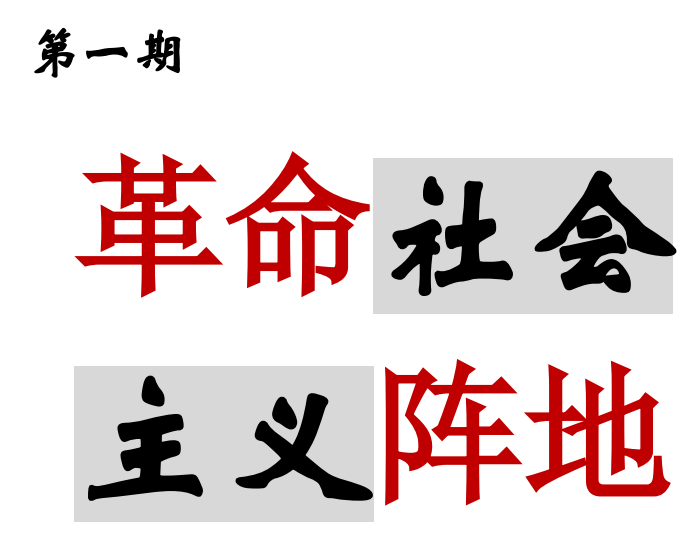 Comrades in China are working hard to create a genuine revolutionary movement based on Marxism-Leninism and the works of Mao Zedong.
Comrades in China are working hard to create a genuine revolutionary movement based on Marxism-Leninism and the works of Mao Zedong.
Previously, we had translated the History Project of the Republic: the history and logic of revolution and restoration, supplied by them (here).
The comrades have now formed themselves into the Revolutionary Socialist Front (RSF) and published their first Journal. It runs to several hundred pages.
We have arranged for the comrades at bannedthought.net to place the Journal, in Chinese, on their website. It obviously cannot be placed on websites within China.
We have translated the introduction to the Journal (About Us), and an article Clandestine development is currently our main line of work, which looks at the difficulties and potential for the development of revolutionary organisation under the conditions of the current dictatorship of the bourgeoisie.
Those two English translations can be accessed here and here.
We congratulate our Chinese comrades on the first edition of their Journal. It will be a great inspiration to all comrades around the world who sincerely hope for a revival of genuine Marxism-Leninism and Maoism in China.
Print Version - new window Email article
The Shoe is on the other Foot!
Written by: Duncan B. on 3 April 2023
Photo: Farm Online
Australia’s richest man, Andrew Forrest, has been copping a bit of his own medicine lately. Forrest is locked in yet another court battle to prevent mining on his 230,000 hectare property Minderoo Station.
Before anyone starts having any sympathy for him, let us remember that this is the same Andrew Forrest who subjected the Yindjibarndi people of the Pilbara to thirteen years of law suits and dirty tricks to prevent them from gaining title rights and exclusive possession of their land.The sordid story is told in the book Title Fight: How the Yindjibarndi people Battled and Defeated a Mining Giant which we reviewed in September last year.
Forrest has spent the past decade acquiring exploration leases around his childhood home Minderoo Station, due to the environmental impact of mining in the area. It is a pity that he did not show the same concern for protecting the childhood home of the Yindjibarndi people from the actions of his company Fortescue Mining.
He has been fighting a company called Quarry Park since 2013, when that company gained a mining lease over a section of Minderoo Station. (Incidentally, 2013 is the year Fortescue started mining on Yindjibarndi land with Government approval, but without the approval of the Yindjibarndi Aboriginal Corporation, which is the legal custodian of the rights and interests of the Yindjibarndi people of the area.) Recently, Forrest also lost a bid to stop another mining company from building a haul road alongside Minderoo Station.
With Forrest losing legal battles to stop others doing to him what he has done to people, maybe there is some justice in the world.
Print Version - new window Email article
Labor’s concern for human rights limited by service to capitalism and US imperialism
Written by: Nick G. on 2 April 2023
In the lead-up to the Whitlam government, and during its term of office, the Australian Labor Party promoted itself as having a stronger independent national outlook, of being a better provider of public services, and of being committed to humanitarianism and social justice.
It is difficult to find any of this in the contemporary Labor Party and in the Albanese government.
It is true that it took some early measures that were more humanitarian than those of its predecessor, the Morrison Liberal government. The almost immediate decision, in May 2022, by the incoming Labor government to grant bridging visas to the Sri Lankan Murugappan asylum seeking family, thus enabling them to return to the embrace of the Biloela, Queensland community, was widely acclaimed.
This was followed two months later by the waiving of charges against lawyer Bernard Collaery whom the previous government had charged with breaches of national security for having revealed details of the Australian government’s bugging of the poverty-stricken East Timorese during negotiations over control of the resource-rich Timor Sea.
Early this year, the government announced it would abolish Temporary Protection Visas that had kept 19,000 refugees in limbo, unable to access social security or to reunite with family members. Although this continued to exclude asylum seekers who tried to arrive by boat under the turnback policy, and the associated offshore detention of such persons, it was also welcomed as a humanitarian decision.
Beyond these three measures, there are limits to Labor’s humanitarian actions.
Most recently, a South Australian District Court judge found that Australian Tax Office whistleblower Pater Boyle was not immune to prosecution under the Public Interest Disclosure (PID) Act. Boyle had made public cases where the ATO’s aggressive debt collection tactics had resulted in injustices for the people concerned. Commonwealth prosecutors successfully applied for the judge’s decision to remain confidential.
Despite the fact that Attorney-General Mark Dreyfus could withdraw this prosecution as he did in Collaery’s case, the matter will go to a trial in which Boyle faces life imprisonment.
Then there is the impending actin against David McBride, the Australian Army lawyer who was blocked within the Army from raising concerns about possible Australian war crimes that he had raised following two tours of duty in Afghanistan. He subsequently took his concerns to the ABC whose program based on his concerns led to the Brereton Commission of Enquiry and now to the laying of war crimes charges against the soldier who shot and killed an unarmed Afghan in a wheatfield.
McBride deserves to be Australian of the Year, not a criminal and sent to gaol. Dreyfus could also intervene in this case, but so far chooses not to.
And then there is Assange, still languishing in an English maximum security cell and facing extradition to the vindictive punishers in the US. Also facing extradition is former US marine pilot, now a naturalised Australian citizen, Daniel Duggan, arrested on US orders last October and held ever since in isolation and n maximum security as he awaits extradition on US charges of having trained Chinese aviators.
Despite pleas from his lawyers for his immediate release and an end to the extradition, the Labor party has been silent.
Or rather, it has been selective in its most recent expressions of concerns for human rights. Foreign Minister Penny Wong illustrated this perfectly week when she said: “It is one year since Australian citizen Cheng Lei faced a closed trial in Beijing on national security charges. She is yet to learn the outcome. Our thoughts are with Ms Cheng and her loved ones. Australia will continue to advocate for her to be reunited with her children.”
Her concern for Cheng Lei may be sincere, and the conditions of Cheng Lei's imprisonment and trial may deserve condemnation, but Wong is staggering in her hypocrisy.
Of course, it helps that she is criticising the Chinese, and not her masters in the US.
David McBride tweeted in response, “It is five years since I was charged with telling the truth and standing up for the law in Australia, which was my job. I too will face a secret trial, shamelessly influenced by the US (who have no place in our Courts). It’s the only life my 2 daughters can remember.”
Boyle has been subjected to a secret court judgement. Duggan is yet to learn the outcome of his extradition proceedings. Assange rots in gaol. He has been under threat of extradition to the US since 2010, and held in the UK’s high security Belmarsh Prison since April 2019, that is three years longer than Cheng Lei’s post-trial detention.
And there are still asylum seekers held in indefinite off-shore detention, some of who have been there for over ten years.
The Prime Minister and the Foreign Minister both belong to what is regarded as the “left” of the Labor Party.
Of this “left”, foundation Chairperson of our Party, Ted Hill, said back in 1975, “The "left" espouses broad humanitarian policies and no doubt some of this "left" genuinely stand for these. This still does not alter the essence of the question, namely that fundamentally the Labor Party serves capitalism and in Australia's case, the multi-nationals. Moreover these "left" people do not have much difficulty in passing to the right” (Australia’s Economic Crisis – The Way Out p. 24).
We demand that whatever “humanitarianism” survives in Labor ranks be immediately extended to Julian Assange, David McBride, Peter Boyle, Daniel Duggan and the remaining incarcerated asylum seekers.
Print Version - new window Email article
Justice for Aubrey Donahue
Written by: Nick G. on 1 April 2023
A week ago, the far north Queensland town of Mareeba witnessed the latest police execution of an Indigenous person.
Whilst some of the details are contested, it appears that police were called to a family disturbance.
There is some confusion in the reports we have accessed for this article as to whether a woman was being held hostage by a man called Aubrey Donahue, or whether Donahue was threatening self-harm, or maybe a mixture of both.
In any case, Aubrey Donahue was shot four times by police as he left a house.
The police claimed he approached them with a knife. Family and community members dispute this and say he was carrying a mobile phone.
It is impossible to verify the police story as none of the special unit officers who attended wore body video cameras.
The justification offered by the police for their killing of Donahue has similarities with the murder of Kumanjayi Walker at Yuendumu by racist cop Zac Rolfe.
Rolfe said that he shot Walker in self-defence after Walker had stabbed him with scissors. That worked in the media for a while, but it was soon revealed that the scissors were not sharp pointed scissors, but round-ended and left a tiny surface scratch a couple of millimetres long on Rolfe’s upper arm.
We do not say that police should not defend themselves if attacked; but a trained police officer (and Rolfe was not alone) should have had recourse to a number of options for dealing with this, short of killing an unwell and upset person.
In the case of Aubrey Donahue, there was not one, but at least 15 officers in attendance. If they felt there was a threat, they could have either overcome the alleged offender with numbers, or used a taser. It seems inconceivable that there was any need to shoot to kill.
It appears given the above that an agitated Black man was unjustly and inexcusably executed by police.
Already First Peoples and their supporters have taken to the streets. Rallies have been held in Mareeba and Brisbane, where the Supreme and District Courts were temporarily closed as protesters gathered outside.
The death is the latest of many killings of First Peoples by Queensland cops. The Queensland government’s Indigenous adviser, Professor Gracelyn Smallwood, quit her job in protest.
She has been advocating for changes in the way police restrain people, particularly in the wake of the death of Townsville Indigenous man Noomba in 2018.
This latest police execution shows force and violence, systematically used against First Peoples since the arrival of European unsettlers, cannot be wished away by words. Not just in Queensland, but across Australia, police must be disarmed before responding to incidents involving emotionally disturbed persons of any colour. Negotiation and support, not violence nor murder, are basic demands. It seems this “civilised” country still can’t provided them.
Print Version - new window Email article
Book Review: The Earth Transformed
Written by: Duncan B. on 30 March 2023
Peter Frankopan, the author of The Earth Transformed, (Bloomsbury Press), is Professor of Global History at Oxford University. In its 660 pages the book traces the history of the Earth from its formation to the present day.
Climate change has always existed since the Earth was formed. The Earth Transformed shows how climate change, whether caused naturally by events such as volcanoes, or man-made by the burning of fossil fuels, has changed the course of human history, as have earthquakes, flood, wars and disease pandemics.
Frankopan cites a vast array of archaeological and other scientific data to support his findings. The book deals extensively with Africa, Asia and Central and South America. These are continents which don’t usually get a lot of attention from historians.
The author is not a Marxist, but he is highly critical of the destruction of the environment brought about by imperialism and capitalism. Destruction of indigenous civilisations, large-scale clearing of forests and jungles to grow cash crops and pollution of the land, sea and air by industries are just some of the evils inflicted by capitalism on our planet.
The Earth Transformed is well worth reading. I recommend it to Vanguard readers.
Print Version - new window Email article
Former Taiwanese President Opposes US War Plans: “We are all Chinese”
Written by: (Contributed) on 29 March 2023
(Above: Former Taiwan President Ma arrives in China. Photo Shenzhen TV)
A military intelligence assessment about the balance of forces across the Taiwan Straits by a right-wing US organisation with links to the military-industrial complex has provided an insight into Pentagon strategic thinking. It has also served as a pretext to boost US-led military spending across the wider region. Information from elsewhere, however, has provided a far more sensible and practical assessment of the problem and likely outcome.
A recent intelligence assessment produced by the Pacific Forum about the balance of forces across the Taiwan Straits and fears arising about a Chinese invasion of the small island, was subsequently leaked to mainstream Australian media. (1) The leaking of the document into the media was clearly officially sanctioned, with the specific purpose of raising diplomatic hostilities toward China even higher.
The so-called Pacific Forum, is indeed, a shadowy body: based in Hawaii, which also remains the centre of the US Indo-Pacific Command, the organisation has numerous official websites and publications, publicising conferences and fellowships. Founded in 1975, during the past Cold War, the forum also has affiliates which include the World Economic Forum and Federal Reserve Bank together with lists of those associated with the organisation. It is part of a network of over thirty similar research institutes around the Pacific Rim, which attract retired military officials, retired diplomatic personnel and academics. One centrally placed individual, Richard L. Armitage, co-chair of the International Advisory Board, was former deputy Secretary of State during the Bush administrations.
No reference, however, was made to the so-called Weapons of Mass Destruction, used as the convenient pretext for the US-led invasion of Iraq, two decades ago.
In recent times the US has become preoccupied with China's Taiwan Province, as China has increased its economic and diplomatic presence across the wider region. Much of the military planning behind the recent Australian acquisition of nuclear-powered submarines lies in the acceptance the US cannot be relied upon to "defend" Taiwan by itself and has required widespread assistance from allies. The range of nuclear-powered submarines would lend to the view their rapid deployment from Australian bases toward far afield 'theatres of war', would include the Taiwan Straits and Korean Peninsula, both areas where the US remains desperate to retain traditional hegemonic status.
The US military intelligence assessment has carefully outlined two possible scenarios:
Taiwan is invaded by China without US-led intervention. It would begin with Chinese armed drones destroying radar sites and intelligence-collection facilities followed by submarines severing fibre optic cables linking vital telecommunications facilities with both Japan and Guam. China would then launch a massive air-born attack on Taipei, devastating the government. China would, once in control, subsequently capture US weapons facilities and Taiwan's micro-chip research, development and manufacturing plants, causing serious problems for the US and its allies.
The second scenario has included intense battles between China and US-led allies, where hundreds of US and allied pilots are shot down together with an estimated fifty per cent fatality rate before surrendering. It was noted the scenario also included most of the US Pacific Fleet being sunk.
The conclusion of the assessment noted, 'the fall of Taiwan would undermine perceptions of the US as a world leader'. (2) Further related diplomatic problems are also identified.
It is not particularly difficult to imagine those closely associated with the military-industrial complex rubbing their greasy little mitts in glee, by using the intelligence assessment as a pretext for even greater military spending for regional defence and security provision.
Elsewhere, however, an official statement from Beijing has provided insight into China's position. Late last year the ruling Democratic Progressive Party (DPP) of President Tsai Ing-wen in Taiwan lost several key areas in local elections. It was perceived in China as a gauge of the government failure in Taiwan to guarantee peace across the Straits and to firmly oppose moves toward independence and external interference. (3) Troubled with internal corruption problems in Taiwan, President Tsai Ing-wen also immediately stood down as DPP leader, to distance herself from controversy.
Much to the embarrassment of pro-war hawks in Washington, Canberra and other capitals of the US-led bloc, former Taiwanese President Ma Ying-jeou is currently visiting China.
President from 2008-2016, Ma is the first former or current Taiwanese president to visit China since the defeated Republic of China (Guomindang) government fled to Taiwan in 1949 at the end of a civil war with the Communists. Speaking in Nanjing, Ma said "People on both sides of the Taiwan Straits are all ethnic Chinese and we share the same ancestor."
"I sincerely hope that the two sides of the Straits will work together to pursue peace, avoid war and revitalize the Chinese nation. This is an unavoidable responsibility of the Chinese people on both sides of the Straits, and we must work hard to realize it," he said. (4)
Taiwan national elections take place early next year and China has clearly backed the GMD (aka KMT) re-winning its traditional ruling position, which was always accommodated by Beijing, and which seeks to re-establish the Taipei-Shanghai Forum as a major trade organisation.
Reliable commentary from Taipei has noted, 'polls suggest both major parties have a path to victory, but much will depend on the state of the Taiwanese economy and the international environment in the lead-up to January'. (5) At no time, however, did the US intelligence assessment pay reference to the possibility the DPP may lose presidential elections early next year. It was not an agenda item for those associated with the Pacific Forum.
Those who pay the piper, do indeed, call the tune; they also arrange for sycophantic political associates of US-led foreign policy to dance in time with their every beat.
We need an independent foreign policy!
1. US 'in no state' to save Taiwan from invasion, Australian, 28 February 2023; and, The World after Taiwan's Fall, Ian Easton, Pacific Forum.
2. Ibid.
3. See: Taiwan local elections say no to DPP rule, call for peace, Global Times, 28 November 2022.
4. Ma Ying-jeou calls for cross-Straits peace, revitalizing Chinese nation on first day in Nanjing, Global Times, March 28, 2023
5. Attack by China will 'wreck its economy', Australian, 17 March 2023.
Print Version - new window Email article
Poverty – not the bandaid, but the scalpel.
Written by: Nick G. on 28 March 2023
Photo by Fernando Goncalves
A report into poverty in Australia, released this month by the Australian Council of Social Services (ACOSS) and the University of New South Wales, raises the question of whether capitalist economies can ever be free of the scourge of poverty.
Australia is classified as a relatively wealthy country. It must be to tie itself to US imperialist war plans at a cost of $386 billion for nuclear-powered submarines which, no matter how many “sovereign” Australian flags they fly, will still be forced into “interoperability” with those of the US.
Yet this wealthy country, according to the report, currently has one in eight Australians (including one in six children) living below the poverty line. That is, 3,319,000 people, including 716,000 children are struggling to survive.
It lists six categories of people most likely to be affected by poverty. Among them are those in public housing, 50% of whom are at risk, and those in private rental. Twenty per cent of the latter face poverty, but those figures rise to 50% for those aged 65 or older.
It noted that Covid income supports (especially the Coronavirus Supplement) greatly reduced the deepest areas of poverty whilst they were available. Of course, once we learned to live with Covid (actually, learning to die with it), those supplements were snatched back by the ruling class.
The report says nothing about capitalism and the persistence of class inequalities.
It has five proposals for “solutions to poverty”. They are proposals we support, but they are not solutions.
Our founding Chairperson, Ted Hill, wrote a small booklet in 1975 on Australia’s Economic Crisis – The Way Out.
On its first page, Hill observed that:
Australian people are haunted by economic and social insecurity…Prices have risen to an unprecedented degree. This involves almost all prices particularly the prices of goods needed in every day life. People have greater and greater difficulty in making ends meet. Rents rise. It becomes more and more difficult and more and more expensive to buy homes…There is no end to it. And the prospects are that these rises will continue.
Capitalist development occurs unevenly. There are times of relative stability and low unemployment, of low interest rates. But these things never last. The next crisis is always just around the corner.
Hill’s observation was of capitalism in Australia 48 years ago.
Can anyone doubt that it applies just as much today?
Can anyone doubt that if we only apply the bandaid measures advocated by ACOSS (and even they are not guaranteed and will be resisted by advocates of class war against the poor), that things will not be the same or worse in 48 years’ time?
As Communists, we can only urge all working people in Australia to develop their own demands for taking over the economy and making it socialist, and making Australia truly independent of the exploitation and control exercised by US and other imperialisms.
That was the direction in which Hill pointed 48years ago.
It is an objective towards which we must have moved much closer in another 48 years’ time.
Print Version - new window Email article
Celebrating 175 years of The Communist Manifesto
Written by: Humphrey McQueen on 27 March 2023
Australian Marxist historian Humphrey McQueen looks at the beauty (for us) and the terror (for the class enemy) of the most important work of the last couple of centuries – The Communist Manifesto -eds.
Print Version - new window Email article
South Australian First Nations Voice To Parliament Enacted
Written by: Ned K. on 26 March 2023
(Above: SA Voice signing ceremony Photo: Evelyn Manfield ABC News)
On Sunday 26 March, about 2,000 people gathered on North Terrace outside SA Parliament House in Adelaide to witness the SA First Nations Voice become law.
Among the crowd were a large number of First Nations People, trade unionists and other non-Indigenous people.
It is safe to say that 99% of people present were full of hope for the future regarding the well-being of First Nations People and the need to recognize in practice that we live on Aboriginal land, always was and always will be.
A sobering but powerful Welcome To Country from a Kaurna Elder was conducted on the steps of Parliament House rather than inside the Parliament House.
Then the Voice legislation was passed unanimously inside the Parliament as people watched on large screens set up on the steps of Parliament House.
Next, the Governor of SA, remnant of unsettler colonialism, arrived to join other members of the Executive Committee of Government at a table on the steps of Parliament House. The Governor, representing the British Crown, gave her assent to the Voice legislation. The Voice document was then signed by the Committee which also included the Premier, Deputy Premier and Attorney General.
This was followed by well-received speeches by Premier Malinauskas and Attorney General Kyam Maher, himself a First Nations person.
The SA First Nations Voice under SA law could be enacted without a Referendum.
The SA Voice will consist of 46 members covering six regions across the State, with an even number of men and women from the respective regions.
As to be expected of a document written by lawyers, the legislation is full of legalese - the usual lawyer speak of all Acts of Parliament - designed so the little people can't understand it. The new Voice law will exclude First Nations with a police record which will limit the number who can stand to be a rep.
Then there are so many checks and balances that an elected person has to be aware of once elected.
And all this just for an advisory body!
That is what the SA Voice will be, and while it will have moral authority, neither the Parliament nor the Government of the day will have to include advice from the Voice in any decisions made on matters affecting the lives of First Nations Peoples.
The Premier in his speech made the point that there will be differences of opinion between the Government and the Voice advisory body on some matters.
Therein lies the test of the significance of the now legislated SA First Nations Voice. The Premier Peter Malinauskas and his Labor Government will have to make decisions where there is likely to be direct conflict between the Government's position and First Nations People.
An example of an issue that the SA Government should walk with First Nations People is the Federal Government's desire to have a nuclear waste dump at Kimba. That matter is currently before the Federal Court of Australia. The SA Government has so far just stated that First Nations People should "have a say" on the establishment of this proposed nuclear waste dump.
People who witnessed today's SA Voice becoming law will be expecting more than that from the current SA Government.
Print Version - new window Email article
Honduras and the US-China inter-imperialist rivalry
Written by: (Contributed) on 25 March 2023
Xiomara Castro Photo by Redacción is licensed under CC BY-SA 4.0.
The announcement that Honduras was changing its diplomatic allegiance to China and away from Taiwan has marked a further instalment in an unfolding Cold War drama taking place in Central America. The US has, historically, used Taiwan as a major player with their diplomatic control of the tiny region, sandwiched between the huge northern US and vast, sprawling south of Latin America.
The announcement from Tegucigalpa, therefore, formed part of a significant shift in the balance of forces away from traditional US-led hegemonic positions in Central America and their CAFTA trade bloc.
In mid-March President Xiomara Castro of Honduras announced she had instructed her Foreign Minister, Eduardo Reina, 'to undertake the opening of official relations with the People's Republic of China'. (1) The presidential administration promised they would, 'immediately open diplomatic and trade relations with China'. (2) The given reason for the diplomatic switch was due to Honduras negotiating a Chinese aid program to build a hydro-electric dam called Patuca II. China has stepped up infra-structure projects elsewhere across the southern half of the Americas, including the construction of another dam in Honduras, Patuca III. The Honduran government has been keen to facilitate economic development projects and the boosting of energy supplies remain a high priority.
Honduras, historically, had strong diplomatic ties with Taiwan, which formed part of a US-led alignment toward Central America. Slowly, however, a shifting balance of forces has seen the countries of the region shift toward China; Taiwan now only has full diplomatic links with Guatemala and the tiny UK-led enclave of Belize. In recent years Nicaragua, Panama, Costa Rica, El Salvador and the Dominican Republic have severed their links with Taiwan.
Taipei, now, has only 'representatives' in Costa Rica and El Salvador.
The move by Nicaragua toward China proved particularly significant: presidential elections in 2021 saw a massive US-led destabilisation program, some of which was alleged to have been funnelled through Taiwanese diplomacy.
It is important, nevertheless, to place the recent example of Honduras into a more meaningful context: Honduras has had a difficult history with widespread US interference in their political system with serious implications for ordinary Honduran people. (3) Ruling presidential administrations have, historically, been right-wing and openly supportive of 'US interests', with little respect for lower socio-economic groups and Indigenous peoples.
The election of Xiomara Castro as president, however, marked a significant change. Bearing left-wing political credentials, she has maintained widespread support amongst the fifty per cent of the country who continue to live in poverty. Xiomara Castro is also the wife of former President Manuel Zelaya, elected in 2006, who was toppled in a US-led military coup in 2009: the Zelaya administration opened diplomatic relations with both Cuba and Venezuela, which were assessed as counter to 'US interests'.
When former US national security advisor, John Bolton, admitted 'he has helped plan coups in other countries', Honduras was likely to be high on the list of examples. (4) He was noted as advocating US-led military intervention in Venezuela while in office. (5) It was not coincidental that political chicanery within the legal system, similar to other US-led initiatives in Venezuela, was also evident with the ousting of President Manual Zelaya. (6)
While a great deal of US-led interference in Honduras has been conducted in the form of covert operations, the same does not hold for the military and those with whom they remain associated, in Honduras. Studies of the CIA secret wars in Central America during the 1980s revealed US officials meeting the Honduran armed forces chief, General Gustavo Alvarez, 'who was in charge of the Honduran end of the operation … to invade Nicaragua … and topple the Sandinista government in Managua'. (7) So much for Nicaraguan sovereignty!
Honduras has long been regarded by Washington and the Pentagon as the hub for 'US interests' in Central America. And old habits, for organisers of US operations, die hard.
The same period also included the US using Honduras as a hub for drug-trafficking to finance covert operations with the Contra against Nicaragua. The problem has had a long-time history to the present day. It is also institutional: following Iran-Contra revelations decades ago, in 2019 the younger brother of the then President Juan Hernandez was sentenced to thirty years in prison in the US for cocaine trafficking. (8) It was followed by the extradition of the former president last year to face similar charges in the US together with massive money laundering, indicating corruption at the highest levels in Honduras. (9)
Behind the scenes, however, the tide would appear to be turning against the US: the election of President Xiomara Castro has provided Honduran people with a credible challenge to the neo-colonial type of economic relations foisted upon their country by Washington and the Pentagon. In 2005, for example, the US began moves to establish the Central America Free Trade Agreement (CAFTA), which was fully implemented the following year. Taiwan was a major player, with the main rationale being to undermine cheap Chinese exports into the US.
The switching of diplomatic relations with Honduras from Taiwan to China is, therefore, a major blow to the US. When an official statement was issued from the Foreign Ministry in Taipei announcing 'serious concern', it was, in reality, a joint diplomatic note from the Biden administration in Washington.
The implementation of CAFTA included the small region hosting large numbers of trade parks and other economic ventures based on massive exploitation of workers. It has also been held responsible for repression against those who seek to organise workers. In Guatemala a total of 68 trade unionists were assassinated over a seven-year period, without a single arrest being made. (10) Industrial relations in Honduras are little better.
CAFTA has been held responsible for destroying the livelihoods of small farmers and US textile workers and was a deal 'sold with false promises'. (11) Honduras remains a predominantly agricultural country. CAFTA has also contributed to the economic instability of Honduras and the wider region and created conditions for illegal migration of dispossessed and expropriated people, desperate for a better life for themselves and their families. The 'caravans' of asylum-seekers attempting to settle in the US, after walking across the Rio Grande have to be seen in this light.
In conclusion, recent developments in Honduras and Central America can be viewed in line with a reaction against US-led tutelage of the economies and political systems of the region!
1. Honduras turns back on Taiwan to establish diplomatic ties with China, Australian, 16 March 2023.
2. Ibid.
3. See: The Washington Connection and Third World Fascism, Noam Chomsky and Edward S. Herman, (Boston, 1979); Chart, The Sun and its Planets, inside cover, showing number of US-trained military personnel (1950-75), and, Total US Military Aid (1946-75).
4. Coups?, I have helped plan several real ones: Bolton, Australian, 14 July 2022.
5. Ibid.
6. See: A Honduran coup comes full circle, The Los Angelos Times, 27 April 2005.
7. Veil, The Secret Wars of the CIA, 1981-87, Bob Woodward, (London, 1987), page 231.
8. See: Has Honduras become a 'narco-state'? BBC News, 22 April 2022.
9. Honduran president's fall from grace, The Guardian (U.K.), 26 January 2022.
10. See: Public Citizen – CAFTA, which contains numerous charts of economic information about the exploitation of Central America.
11. Ibid.
Print Version - new window Email article
The Australian Cotton Industry
Written by: Duncan B. on 23 March 2023
(Above: Photo source ABC Rural Jon Daly)
Cotton has been grown in Australia since the late nineteenth century. Cotton growing started to take off in the 1960s with trials of cotton growing in the Murrumbidgee area. Today there are about 1500 cotton farms, mainly in New South Wales and Queensland.
In recent years an increasing amount of cotton has also been grown in the Northern Territory. Strong concerns have been expressed by First Nations peoples and environmentalists about the amount of land being cleared for cotton growing and the amount of water cotton growing will require.
Ninety per cent of cotton farms are family farms producing eighty per cent of the crop. The rest are corporate farms owned by Australian and foreign companies, mainly Canadian, Dutch, Singapore and Chinese interests.
The Bureau of Agricultural and Resource Economics and Sciences (ABARES) estimates that for 2022-23 the value of Australia’s cotton industry will be $2.6 billion. While this is a lot less than other industries such as horticulture, grains, beef and wool, the cotton industry is still attractive to investors.
Canadian Superannuation fund PSP has been buying up big in Australian cotton growing farms and processing plants, including a purchase of Austcott’s farming and ginning business. Recently the Chinese shirt manufacturer Smart Shirts Limited, (part of the $20 billion Youngor Group), paid S120 million for one of Australia’s biggest cotton properties in the Riverina. In 2022 an investment fund run by the Macquarie bank acquired 100% of Cubbie Station, (Australia’s biggest cotton farm), by buying out its Chinese partner in the enterprise.
Cotton is grown from seeds planted in spring .The seeds grow into a bush about one metre high which develops fruit known as bolls which contain fluffy white lint and cotton seeds. In summer these are harvested mechanically and transported to a processing plant known as a gin. Here the lint is separated from the seeds and pressed into 227 kg bales.
Because cotton spinning in Australia is almost non-existent, ninety-nine per cent of Australia’s cotton is exported to countries such as China, India, Vietnam and Bangladesh to be made into clothing, manchester and other cotton products to be re-exported to Australia.
About three-quarters of Australia’s cotton gins are owned by foreign companies such as PSP (Canada), OLAM (Singapore) and Louis Dreyfus (Netherlands). This industry is worth about $1700 million per year, so it is also very attractive to foreign players.
Cotton and Water Use
Cotton is a thirsty crop, requiring about 6-7 megalitres of water per hectare. (Rice is even thirstier, requiring 11.5 ml/ha. Fruit and nut trees require 5.1 ml/ha.) It takes about 10,000 litres of water to produce one kilogram of cotton, or 2700 litres to make one T-shirt!
About one third of Australia’s crop is rain grown, the rest requires water from irrigation. Cotton Australia, the peak body for cotton growers in Australia claims that there has been a 48% increase in water-use productivity by cotton growers since 1992. Cotton Australia encourages growers to participate in its myBMP (Best Management Practices) programme, which according to Cotton Australia “demonstrates to the community the cotton industry’s improved farming practices and careful management of our natural resources.” Management of water and pesticides are included in this programme.
On its website Cotton Australia strongly condemns water theft. This is good to hear considering that in the past some large cotton growers were notorious for stealing water by illegal pumping and tampering with water meters.
Then there is the practice of flood plain harvesting, where the big growers at the northern end of the Murray-Darling Basin system direct large volumes of flood waters, estimated to be up to 40%, into dams on their properties. (Cubbie Station has built capacity to store 500 gigalitres of water.) This reduces the amount of water making it further down-stream. Flood plain water is free and unmetered. Plans to regulate flood plain harvesting have been strongly resisted by the big boys.
Cotton and the Environment
There are many environmental concerns about the cotton industry including use of excessive pesticides and fertilisers, water pollution from pesticide and fertiliser run-off into rivers, land degradation and soil erosion, greenhouse gas emissions and the high energy consumption of the cotton gins.
Australia’s environment has suffered from all these problems, but the problems of pollution from the cotton industry are far worse in countries such as India, Egypt and Central Asia. Here cotton has been grown for decades since cotton growing was established in colonial times. The main beneficiaries were the owners of the textile mills in Manchester.
In an Australia run by the people, workers and farmers would unite to ensure that agriculture is managed sustainably for the benefit of all Australians, not foreign exploiters. Planning would ensure that decisions about what crops are grown and where and the allocation of resources such as water would be made to protect the environment, not destroy it.
Print Version - new window Email article
War or peace, sovereignty or subservience, truth or lies?
Written by: Louisa L. on 22 March 2023
 War or peace, sovereignty or subservience, truth or lies – these were immediate questions facing Australia, and the world, which brought over 400 people to inner Sydney Marrickville Town Hall.
War or peace, sovereignty or subservience, truth or lies – these were immediate questions facing Australia, and the world, which brought over 400 people to inner Sydney Marrickville Town Hall.
The meeting marked 20 years since the invasion of Iraq, but the war drums beating right now were in everyone’s minds. 300 livestreamed the event.
Speakers and audience targeted the US as the world’s greatest warmonger, with traitorous Australian “leaders” and a complicit media thieving hundreds of billions from schools, hospitals and every other service to the people, to fund submarines that wouldn’t defend Australia, but make us a wing of the US military, and a target for devastation.
Former Foreign Minister and NSW Premier Bob Carr pointed out even PM Robert Menzies told our people and US leaders that Australia would not go to war over Taiwan, and that ANZUS didn’t require it. So a deeply anti-communist prime minister, on record before World War 2 as saying the Nazis were “a good thing for Germany and the German people”, is more left wing than Albanese!
Two short statements from the floor show organisation is building. Newtown Labor Party Branch has condemned AUKUS and is reaching out to other branches. South Coast Labour Council Secretary Arthur Rorris said pressure against a submarine base in Port Kembla is growing. The May Day March will be held there this year.
A full report of the meeting can be read here.
Print Version - new window Email article
Gambling and Politics (or Pokies and Pollies)
Written by: Jed J. on 21 March 2023
The current debate about gambling in the NSW election campaign can be seen as a microcosm of the relationship between governments and businesses in capitalist societies.
That gambling in general and poker machines in particular are a blight on society is not hard to see.
One has only to look at the figures to see how widespread the problem is. $25 billion is lost annually on gambling. Nearly half of this goes into poker machines and it mostly comes from those who can least afford it.
NSW has the highest number of poker machines, 86,640 in pubs and clubs alone. The most money lost is in the Fairfield and
Canterbury–Bankstown local government areas.
Fairfield is ranked Sydney’s most disadvantaged area and Canterbury-Bankstown is close behind.
Gambling does not take place in an even playing field. The chance of winning a jackpot on a poker machine is one in 35,640,000.
Many people are enticed into gambling by the myriad of ads on all forms of media. These show how gambling can be fun and how easy it is to win.
They don’t show the other side. How most losses happen in places where people can least afford it.
According to Charles Livingstone, associate professor at Monash University who has been researching poker machines for over twenty years, “They are enormously efficient at getting people to go on putting money into them. It is a highly addictive product and stimulates the release of brain chemicals that make people feel good.”
This shows poker machines are designed to addict people and the clubs and pubs bank on it.
Much of the huge profit from gambling goes to governments in the form of taxes. The NSW government is looking forward to rake in $3.26 billion this financial year.
Some of the profit is donated to political parties no doubt to influence government policy towards gambling.
This might explain why political parties are wary of taking on those making huge profits from gambling.
In the NSW election campaign both parties seem to fear the power of organisations such as Clubs NSW and the Australian Hotels Association.
They may be aware of how previous attempts of governments to do something about the problem have been abandoned in the face of hostility from the gambling lobby.
Those profiting from gambling have shown again and again that they are willing to go to any lengths to pressure governments to back away from reforms of their profitable businesses.
They have adopted the same tactics used by the gun lobby in the United States which have proved to be so successful.
Clearly, they prefer a laissez-faire arrangement whereby governments have no right to interfere in their commercial affairs.
This raises the question. Are governments elected to govern in the interests of the profit margins of businesses or for the welfare of people?
In Australia in general and in NSW in particular, parliaments seem more intent on looking after the interests of a socially harmful industry and one which is linked to criminal money laundering than looking after the interests of people.
In capitalist societies it is clear that parliaments are part of an apparatus that prioritises furthering the interests of capitalists rather than the interests of the population at large.
Print Version - new window Email article
Doing it Tough?
Written by: John G. on 20 March 2023
(Above: Housing Emergency Rally, Adelaide, March 19. Photo: Anti-Poverty Network SA facebook page)
Prices are up! Groceries, power, petrol, rent and mortgages have gone through the roof.
Home loan repayments have doubled for many. Rents are soaring.
Wages haven’t kept up with living costs. Buying-power we get to work has been going down for ages. Now it’s smacking head-on into raging inflation and pumped-up interest rates.
To feed, clothe and house ourselves, the challenge for people who work for their living’s become so much harder.
Growing hardships stalk the working classes at the same time as we make the economy work. Its time we made it work for us!
Bankers and governments have their answers to hardships people face
They rub salt into the wound. The salt of high interest rates, of rising prices, of the building industry being smashed as credit dries up, of hundreds of thousands of people thrown out of work, that salt, is being forced onto the wound of our hardships.
Their remedy is to make things so much worse for people.
Their story is they’re pushing the country through the bottom of the business cycle into blue skies of boom times beyond.
The Reserve Bank has announced it sees the high interest rate regime is expected to last into and beyond the middle of next year. They say their goal is to wipe out over 400,000 jobs, keep wages way behind inflation, and exhaust household savings to reduce people’s consumption. By consumption they mean food, keeping a home, keeping clothes on our backs, educating kids, looking after people’s health, what we need to live.
Their way is for business to scramble over the broken lives of hundreds of thousands, propped up by more hardships millions are facing, to get over the troubles their massive profiteering creates.
In Covid they found billions to get over the crisis.
What a contrast to the response to the Covid emergency. Hundreds of billions of dollars were found and couldn’t be spent fast enough.
Then, Australia’s central banker told a business lunch; ‘… we are seeking to play our full role in building that bridge to the time when the recovery takes place.
By doing all that we can to lower funding costs in Australia and support the supply of credit to business, we will help our economy and financial system get through this difficult period’ P. Lowe, Governor, Reserve Bank of Australia 19 March 2020 https://www.bis.org/review/r200319a.pdf
Now they are happy to leave people’s lives in tatters. No bridge building for people working for a living. Bankers, governments and big business abandon us.
We’ve been left to stand up for ourselves
Can we?
You betcha!
As one singer put it, ‘Every fire in the world starts with someone’s spark, when there’s a fire in all our hearts, we’ll be more than they can handle’.
Where do we find that spark? How do we join the sparks into a fire raging through the country?
The hardships are grinding away at millions of us. People are hurting. People want answers for relief.
The authorities work to make things worse for us.
It’s the millions for ourselves, against them saving business for the next boom and bust cycle, wrecking hundreds of thousands of lives.
Damn them and their system.
Through Covid, it became very clear. We make it all work.
Now’s a time to start organising to make it work for us.
Print Version - new window Email article
Anti-AUKUS rally and march in Melbourne
Written by: Bill F. on 19 March 2023
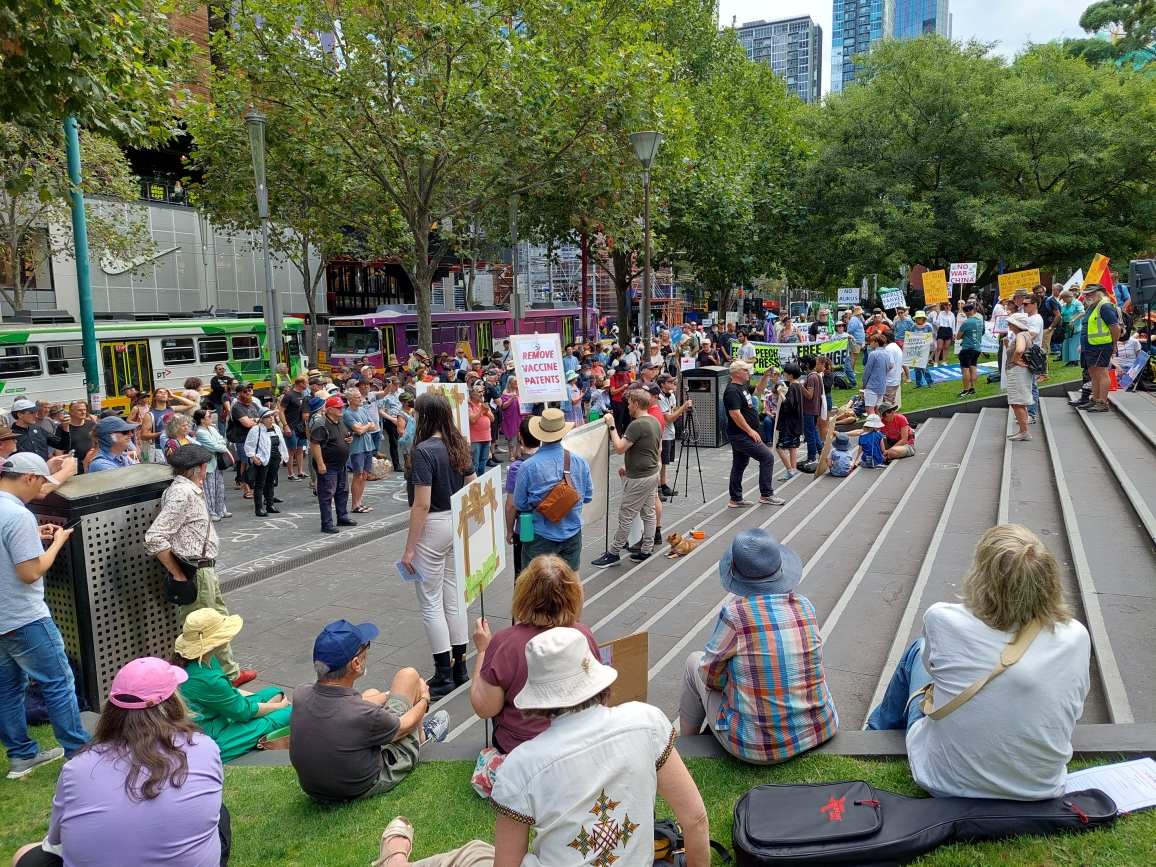 In Melbourne on Saturday 18th March, twenty years after the criminal invasion of Iraq and in fierce summer heat, about 600 people gathered at the State Library with banners and leaflets denouncing the AUKUS deal and the gutless Australian government.
In Melbourne on Saturday 18th March, twenty years after the criminal invasion of Iraq and in fierce summer heat, about 600 people gathered at the State Library with banners and leaflets denouncing the AUKUS deal and the gutless Australian government.
At the same time several hundred young people were attending another rally outside Parliament House against an ultra-right and neo-Nazi provocation to transgender people. Without this, even more would have joined the anti-AUKUS rally, but felt the need to challenge the fascists.
Print Version - new window Email article
US pushes Japan and South Korea into unwelcome relationship
Written by: (Contributed) on 20 March 2023
Those who follow how influence is brought to bear in diplomatic relations will have found recent US-led initiatives toward South Korea (ROK) particularly interesting. The Biden presidential administration has successfully pushed their ROK counterparts in the Blue House in Seoul toward a pro-US defence and security position, away from the more independent diplomatic line of the previous Moon Jae-in presidency.
Serious implications for South Korea’s domestic politics have arisen following the US formally placing the ROK inside the new Indo-Pacific Strategy.
The address by President Yoon Suk-yeol at the ROK annual celebration of their independence movement on 1 March was met with widespread criticism and condemnation by many citizens. The address included the statement that 'Japan has transformed from a militaristic aggressor of the past into a partner that shares the same universal values with us … and … co-operation between South Korea and Japan is incredibly important on all fronts, including diplomacy, economy and defence'. (1) Diplomatic relations between the two countries have historically been tense, following the controversial occupation of the Korean peninsula from 1910-45 by Imperial Japan; the period was marked by horrific human rights abuses, atrocities and repression.
Several years ago, the two countries reached an agreement whereby Tokyo agreed to contribute to a fund to pay compensation to Korean women forced to have sex with Japanese soldiers. The deal, however, fell apart. Subsequent legal rulings in Seoul re-opened the whole issue of compensation, although Japan refused to accept the legal decision and forward any compensation.
The legal verdicts proved particularly controversial as they overrode a 1965 treaty where Tokyo had paid hundreds of millions of dollars in grants and loans to the South Korean government of the time. Threats by the previous Moon Jae-in presidency, to enforce payments through liquidation of assets of Japanese companies resulted in tense diplomatic stand-offs.
The Yoon Suk-yeol administration also used the 1 March public holiday to announce that 'a South Korean fund will compensate Koreans forced to work for the Japanese in Japan during World War Two … as … part of an arrangement that will boost efforts to counter China and North Korea'. (2) The political announcement overrode legal decisions.
Behind the scenes influence has been brought to bear by the US upon the ROK: the US has imposed their Indo-Pacific Strategy (IPS) upon allies throughout the wider region. (3) The Yoon Suk-yeol presidential administration has been keen to follow the US-led initiatives: on 13 March, for example, the ROK embarked upon their largest joint military exercise with the US for five years, with the ten-day 'Freedom Shield' war-games. The exercise followed an earlier joint exercise, Teak Knife, which included Special Forces conducting simulations for strategic precision missile strikes on North Korean (DPRK) key facilities. (4) The two joint military exercises have also included a statement from President Yoon Suk-yeol that the DPRK was 'an enemy'. (5)
On March 13, hundreds of peace activists gathered near the presidential office in central Seoul to demand stopping the Freedom Shield joint military exercise.
Holding banners and placards with the slogans of "Stop the Korea-U.S. joint exercise that brings on war" and "What we want is peace" in their hands, the participants shouted, "We want to live. Stop the war exercise."
The previous Moon Jae-in administration sought a more conciliatory diplomatic relations with the DPRK, which caused noticeable diplomatic tensions between the ROK and US.
The main stumbling block during the Moon Jae-in presidential period was the US implementation of the General Security of Military Information Agreement (GSOMIA). The intelligence agreement was responsible for elevating Japan to a major hub for 'US interests', and a major player in the new IPS alongside Australia as the two regional 'linchpins'. (6)
It replaced a previous US strategy primarily for East Asia, marked by the ROK and Japan being fundamentally on an equal footing: US forces were stationed in the ROK for rapid deployment with the Defence of Japan doctrine. The IPS has downgraded the ROK alongside other participants including Taiwan, Singapore, Vietnam and other allies. (7)
While the US demanded the Moon Jae-in administration declare its full participation in the Indo-Pacific Strategy, a diplomatic statement from Seoul noted, 'South Korea needs to first demand a concrete list from the US in terms of how it is supposed to participate in the Indo-Pacific Strategy, examining it closely and choosing only those areas that are acceptable'. (8)
The ending of the Moon Jae-in presidential period subsequently allowed the US new openings with the more conservative and pro-US administration of President Yoon Suk-yeol, which has proved more accommodating of Japanese counterparts, particularly in the domestic political arena when dealing with demands for compensation.
While the US has succeeded in winning over the ROK government to their side, the country itself is increasingly polarised between supporters of the previous presidential administration and that of the present administration. The victory for the US may well prove temporary and impossible to maintain in future years. Reliable commentary from Seoul has noted 'relations between the two Koreas are at one of their worst points in decades'. (9)
And diplomatic relations between the ROK and Japan remain decidedly volatile as the US prepares for 'real-war scenarios'.
1. Deal on forced labour reached, Australian, 7 March 2023.
2. Ibid.
3. The Reasons behind Washington's push for GSOMIA., Hankyoreh, 12 November 2019; and, Change your ways or else, Beijing warns US., Australian, 8 March 2023.
4. US, South Korea kick off largest drills in five years, Australian, 14 March 2023; and, N Korea calls for end to drills, Australian, 6 March 2023; and, Kim prepared to turn Pacific into 'firing range', Australian, 21 February 2023.
5. South Korea labels North the 'enemy', Australian, 17 February 2023.
6. Australian, op.cit., 8 March 2023.
7. See: Hankyoreh, op.cit., 12 November 2019.
8. Ibid.
9. Kim orders 'real war' drills, puts soldiers on mission notice, The Weekend Australian, 11-12 March 2023.
Print Version - new window Email article
Australian government sinks to a new low
Written by: Bill F. on 19 March 2023
(Above: No Nuclear Waste Dump rally, Adelaide 2016. Photo by Bill Doyle)
Just when many people thought that the AUKUS deal and nuclear submarines was the limit to Australia’s subservience to US imperialism! Now the Albanese Labor government has not only agreed to the US ‘neither confirm or nor deny’ policy for nuclear weapons on its visiting B-52 bombers and nuclear submarines, they have also agreed to “manage” the nuclear waste from “our” submarines at the end of their use-by date.
So, in addition to the proposed nuclear medicine waste dump in Kimba, South Australia, which is hotly opposed by the Barngarla people and local farmers (see Barngarla court case begins with early morning rally), there will be another site on Defence land somewhere not yet declared. Safe storage of high grade radioactive waste for hundreds of thousands of years is unproven, but the huge risks of removing and transporting this material are well known and will alarm the workers, towns and farming and indigenous communities that have to cop this environmental crime. Already the Western Australian and South Australian state governments are bluing over this.
And it’s not as though Australia will have the necessary skills and expertise to do this, possibly within the next ten or twenty years. Nuclear submarines are the thin edge of the wedge for the corporations to line up and lobby for a full nuclear industry, complete with uranium mining and export, nuclear power stations and contracted international nuclear ‘waste management’.
This is the essence of US imperialism – the military hand and the industrial hand clapping over the prospect of new profits and new missile bases for their hegemony over the Indo-Pacific. They don’t give a damn for the millions of people threatened by their war plans, or for the environment polluted by their chemicals and fossil fuel emissions, or for the cruel loss of biodiversity they cause across the planet. Their class rule is enforced by the US government which bullies, sanctions and bribes other governments/leaders to cower before it, in pursuit of “US interests”.
Print Version - new window Email article
From fury to understanding, it’s time for fundamental change.
Written by: Louisa L., based on discussions with women. on 15 March 2023
Last year’s big electoral defeat showed people’s fury with a Coalition that considered itself untouchable, no matter what cruelty, arrogant refusal to answer or accept blame when it was exposed.
Like when it shifted Dyson Heydon, from attacking militant construction workers as head of the Australian Building and Construction Commission, to the High Court. The Coalition exposed young working women to a known sexual predator.
Let alone the allegations about its male politicians and top minders in Parliament House itself.
No wonder there where huge protests! Women demanded change.
Some welcome changes
Labor released a draft bill on February 27 to transform the lives of women and children in custody battles and ongoing settlements.
Based on a sidelined 2019 Australian Law Commission Report, it reverses Coalition-supported legislative changes initiated by Pauline Hanson. In putting shared custody above the needs of the child, Hanson claimed denial of custody caused men’s violence against women, who – she alleged – routinely lied in court.
In many break-ups, parents put children first. But some involve ugly custody and property battles.
Capitalism creates the worst in us all, including in some women, but when children are used as weapons, it’s overwhelmingly by richer and more powerful and sometimes violent men. While both parents can become entrapped and impoverished in legal battles, women are mostly the losers, disempowered by significantly less income.
The Hanson-Coalition legislation meant medical records of mothers pushed to the limit have been accessed to trash their reputations in court. Some are dragged there for alleged custody breaches, which they can’t afford to contest. Nor can they afford to take their partners to court for breaching custody conditions, despite justification. And shared custody means smaller maintenance payments to women.
Labor’s new legislation will limit these patriarchal abuses.
No surprise, Labor is not the same as the Coalition.
Labor usually wins office when the ruling class wants to cool rising struggles, including by the women’s movement, or during crises like recessions and wars.
Clive Palmer excepted, Labor governments rarely threaten corporations, even when they destroy First People’s lands and the environment, or when corporations cruelly raise prices on everything except labour power.
Illawarra Women’s Health Centre’s Kim Sattler works with many migrants and refugees. She told Spirit of Eureka the Immigration Department alone is short 500 public servants, after the Coalition gutted it and other departments. Many department heads resigned on mass, others were sacked and political appointments made.
“Labor found 25,000 unprocessed passport applications. They’re now completed.” she says.
19,000 protection visas have also been granted, after years of struggle.
Ms Sattler states she’s “never experienced such consultation or listening. Before we were just told”.
Double dose of the big squeeze
Marx identified two ways of increasing surplus value from which profits are derived – increasing hours of work or its intensity.
Right now, workers and others are being squeezed, though in NSW, Labor has promised cuts to workloads and mostly below inflation pay rises, particularly in female dominated public sector workforces. It will moderate capitalism to cool growing struggles. But workloads will likely remain far more intense than they were a decade back.
Women workers too often face unrelenting work at home as well.
These days fewer men sit in front of TVs with everything they want brought to them by women who may also work full time. Rebellion brought greater sharing of home work, but one young woman we spoke to still had to explain to her husband that he wasn’t “baby-sitting” for her, he was simply being a father.
Another friend’s daughter with two pre-school children works part time as a teacher, but carries the biggest load at home. She says she’s “not doing either job properly” and consequently communication at home has become difficult.
“Who’s doing the extra work? she asks.
Several older women told us caring duties fall on their shoulders, that they “are restless until things are okay”. This often includes highly emotional situations involving adult children, grandchildren and elderly parents, relatives and friends. If marriage breaks down, adult children and grandchildren often move to their parents’ home. Where else is there unless they are independently wealthy?
Then there’s disability assistance. Getting NDIS support almost requires a degree in form-filling and self-advocacy, even for simple things like cleaning. The for-profit providers still get paid, even for zero or irrelevant support. Blind people have to get regular medical reports to say, “Yes, they’re still blind.” Older women and sisters are often the ones who step in to demand change.
One young friend with complex trauma, no family, plus physical health needs, spends much of her time fighting for NDIS support. Carers are so poorly paid they don’t last long, so this cycle of intense effort is ongoing.
Kim Sattler says “People are just hurting, and women are sinking under the weight.”
She’s is hopeful the Federal Government will continue to make improvements to the NDIS and get rid of the worst providers.
She acknowledges the scheme was introduced by the ALP. It removed public sector disability support, and like the ALP’s previous attacks on TAFE, replaced it with a for-profit race to the bottom for those requiring support.
Answering big questions on the front lines
A Marxist friend said, “Resistance is reactive. People don’t know who the enemy is.” She’s spot on.
For 60 years our party has pointed out that parliament exists to manage capitalism and that the ALP is a capitalist party. These fundamentals don’t change. Though struggle for reforms occur within them, overwhelmingly they reflect the strength of people’s movements outside. People’s movements are the key.
In the past, Vanguard often called the Coalition and ALP ‘Tweedledum and Tweedledee’, the unpleasant idiot twins from Alice in Wonderland, because they both knowingly support capitalism for corporations. But we always knew they’re not the same and neither are stupid.
More widely, people are cynical about politics and politicians and see no alternative to parliament. Yet, unless capitalism is challenged and overthrown, the whole dirty mess will continue.
Just as it uses racism to divide people, so capitalism uses sexism and damaging patriarchal structures, actions and thinking. Its profits rely on women’s unpaid labour at home to help create new generations of workers.
We need to help in everyday struggles of women and of all peoples, to listen, to draw conclusions and test them in action alongside them.
Why do we have to keep fighting battles we thought already won?
Who are our main enemies?
Which class is the strongest, most united and most disciplined against it?
Who are its allies and how to we mobilise them?
How can we step by step build forces capable of asserting the fundamental needs of the people?
Little left groups like us don’t make history. The masses do. Only if we are alongside them with respect, making their battles our own, can we help them answer these questions, and provide a class analysis that explains their own experiences and shows a way forward.
Moving beyond symptoms to understand their cause, that’s power in the hands of the people. That’s the beginning of real change. From that comes the solution, the cure.
Imagine it, capitalism crushed forever. How different it would be. Without it, what future will our children face? Worth thinking about. Worth fighting for.
Print Version - new window Email article
Commemorating the 140th anniversary of the death of Karl Marx
Written by: Frederick Engels on 14 March 2023
We are commemorating today the 140th anniversary of the death of the revolutionary working class leader Karl Marx.
Standing alongside his grave in London’s Highgate Cemetery three days later, Marx’s closest friend and collaborator, and the co-founder of the ideology that bears Marx’s name, Friedrich Engels, delivered a short speech that we reprint below – Eds.
……………………….
Frederick Engels’ Speech at the Grave of Karl Marx
Highgate Cemetery, London. March 17, 1883
On the 14th of March, at a quarter to three in the afternoon, the greatest living thinker ceased to think. He had been left alone for scarcely two minutes, and when we came back we found him in his armchair, peacefully gone to sleep -- but for ever.
An immeasurable loss has been sustained both by the militant proletariat of Europe and America, and by historical science, in the death of this man. The gap that has been left by the departure of this mighty spirit will soon enough make itself felt.
Just as Darwin discovered the law of development of organic nature, so Marx discovered the law of development of human history: the simple fact, hitherto concealed by an overgrowth of ideology, that mankind must first of all eat, drink, have shelter and clothing, before it can pursue politics, science, art, religion, etc.; that therefore the production of the immediate material means, and consequently the degree of economic development attained by a given people or during a given epoch, form the foundation upon which the state institutions, the legal conceptions, art, and even the ideas on religion, of the people concerned have been evolved, and in the light of which they must, therefore, be explained, instead of vice versa, as had hitherto been the case.
But that is not all. Marx also discovered the special law of motion governing the present-day capitalist mode of production, and the bourgeois society that this mode of production has created. The discovery of surplus value suddenly threw light on the problem, in trying to solve which all previous investigations, of both bourgeois economists and socialist critics, had been groping in the dark.
Two such discoveries would be enough for one lifetime. Happy the man to whom it is granted to make even one such discovery. But in every single field which Marx investigated -- and he investigated very many fields, none of them superficially -- in every field, even in that of mathematics, he made independent discoveries.
Such was the man of science. But this was not even half the man. Science was for Marx a historically dynamic, revolutionary force. However great the joy with which he welcomed a new discovery in some theoretical science whose practical application perhaps it was as yet quite impossible to envisage, he experienced quite another kind of joy when the discovery involved immediate revolutionary changes in industry, and in historical development in general. For example, he followed closely the development of the discoveries made in the field of electricity and recently those of Marcel Deprez.
For Marx was before all else a revolutionist. His real mission in life was to contribute, in one way or another, to the overthrow of capitalist society and of the state institutions which it had brought into being, to contribute to the liberation of the modern proletariat, which he was the first to make conscious of its own position and its needs, conscious of the conditions of its emancipation. Fighting was his element. And he fought with a passion, a tenacity and a success such as few could rival. His work on the first Rheinische Zeitung (1842), the Paris Vorwarts (1844), the Deutsche Brusseler Zeitung (1847), the Neue Rheinische Zeitung (1848-49), the New York Tribune (1852-61), and, in addition to these, a host of militant pamphlets, work in organisations in Paris, Brussels and London, and finally, crowning all, the formation of the great International Working Men's Association -- this was indeed an achievement of which its founder might well have been proud even if he had done nothing else.
And, consequently, Marx was the best hated and most calumniated man of his time. Governments, both absolutist and republican, deported him from their territories. Bourgeois, whether conservative or ultra-democratic, vied with one another in heaping slanders upon him. All this he brushed aside as though it were a cobweb, ignoring it, answering only when extreme necessity compelled him. And he died beloved, revered and mourned by millions of revolutionary fellow workers -- from the mines of Siberia to California, in all parts of Europe and America -- and I make bold to say that, though he may have had many opponents, he had hardly one personal enemy.
His name will endure through the ages, and so also will his work.
Print Version - new window Email article
Workers' Collective Action Needed To Win Significant Changes To Industrial Laws
Written by: Ned K. on 11 March 2023
 The federal Labor Party promised significant changes to the Fair Work Act when elected in 2022. The promises were due to pressure from workers through their Unions.
The federal Labor Party promised significant changes to the Fair Work Act when elected in 2022. The promises were due to pressure from workers through their Unions.
One of the major demands from Unions was for the Government to amend the Fair Work Act to enable multi-employer collective agreements and maintaining the right of workers to take industrial action in pursuit of improved wages and conditions in those multi-employer agreements.
The Fair Work Act has been amended to enable multi-employer agreements with the new laws taking effect in mid-2023. No doubt the employers as a class will do all they can to oppose workers’ claims that reduce employer power in the workplace and threaten their profits. Time will tell how successful workers are in winning significant concessions from the capitalists through multi-employer collective agreements.
In 2023 the federal Labor Government has committed to workers through their Unions to introduce Bills in Parliament to make further changes to the Fair Work Act.
These include a "Same Job, Same Pay" Bill to require labour hire companies to pay the "shop rate" of the host employer. Labor hire companies have become an industry in themselves and provide casual, unorganised labour in most industries of the economy.
If such a Bill gets through parliament to become law, the risk to employers and labour hire companies who do not pay the "shop rate" to labour hire employees will be greater.
No doubt some sections of the capitalist class will still use labour hire workers on starvation wages and take their chances. However such a Bill may also result in workers who are organised in their Union to force their employer to take the next step and directly employ all workers, including casuals needed for busy times.
The Labor Government has also committed to workers through their Unions to introduce Bills to safeguard minimum pay and conditions in the Gig economy. The detail of these safeguards is yet to be revealed. Given this is a growing trend in the economy of capitalism extending far beyond Uber drivers, this is likely to get through parliament in some form as big companies using the Gig economy want some regulation to assist their competitive position against smaller operators.
The Minister for Industrial Relations Tony Burke has also mentioned that he is aware that there is also a need for new laws against sham contracting which can take many different forms apart from use of registered labour hire companies. For example, an employer demanding that a worker applying for a job has to have an ABN and then paying them as little amount of pay as the employer thinks they can get away with. If such anti-sham contracting laws are made, they will be ineffective in may sectors of the economy where capitalists use migrant workers on temporary visas or workers whose visas have expired.
Workers' Right To Organise
As important as the above issues for workers are, arguably the most important changes that a Labor Government makes for workers are laws about their right to organise in the workplace and their sector. Workload or work intensification have increased astronomically as workers’ rights to organize collectively have declined.
Taking industrial action has never been a right in law in Australia except for the limited right to protected action during a collective bargaining period. Industrial action during the life of an Agreement or where there is no Agreement, only the Award, is illegal under bosses’ law.
The Labor Government is not likely to change this state of affairs at all. However, workers through their Unions do expect Labor to include in the Fair Work Act laws about the rights of elected Union delegates to represent their members in the workplace and for paid training leave.
This will be an assistance in organising the unorganised and building workers’ collective strength in the workplaces more generally.
Print Version - new window Email article
Who are these warmongers?
Written by: Nick G. on 9 March 2023
This week readers of the Sydney Morning Herald and Melbourne’s The Age have been subjected to the beating of war drums by a stable of five “experts” whose views have been collated by journalists Peter Hartcher and Matthew Knott.
In authoritative tones, the five have warned of the inevitability of war with China in 3 years and that “we are not ready’.
Perhaps it is no coincidence that the promotion of the war threat from China comes days before PM Albanese stands alongside President Joe Biden to announce the details of how Australia will be equipped with nuclear-powered submarines. Fear of China, it is hoped by the collaborators serving AUKUS, will be the honey that helps a gullible public to swallow the bitter pill of a $170billion waste of money to help the US Navy expand the number of submarines under its control.
This fear tactic is nothing new. Marxist historian Humphrey McQueen has highlighted how, 72 years ago, on March 8, 1951, Menzies used the same scare tactic – in the Sydney Morning Herald – as he sought to place Australia more firmly under US control.
Today’s 3-year warning is an echo of a 2-year warning issued in January by USAF Gen. Michael A. Minihan in what the Washington Post described as “a bombastic and unusual memo to troops under his command”.
Hartcher and Co. have at least added a year to Minihan’s forecast to make it less “unusual”.
But who are the five “experts” brought together by Hartcher, himself best regarded as a bit of an idiot, but dangerous because of his journalistic reach and his appearances on ABC programs such as The Drum and Q&A.
Peter Jennings
Let’s start with alarmist-in-chief Peter Jennings.
Jennings recently retired from a ten-year stint as head of the Australian Strategic Policy Institute (ASPI). The ASPI website boasts that it is “independent and non-partisan”. Nothing could be further from the truth. ASPI is funded by the Defence Department and by major US and British arms manufacturers such as Raytheon, BAE Systems, Boeing, and Lockheed Martin, as well as by major players such as Cisco Systems, Microsoft and Serco. It has also received funding from Israel, the United Arab Emirates and the US Government. The organisation would better be named Australians Serving Predatory Imperialism (ASPI) for its personnel are simply paid agents of US arms manufacturers whose profits rise in tandem with the fear of war with China. ASPI is the living embodiment of the old saying that “war is good for business”.
Jennings’s twenty-year career in the Public Service saw him being Deputy Secretary for Strategy in the Defence Department (2009-12); Chief of Staff to the Minister for Defence (1996- 98) and Senior Adviser for Strategic Policy to the Prime Minister John Howard (2002-03).
Among his crimes, he negotiated the ‘enhanced cooperation’ agreement bringing detachments of the United States Marine Corps to Northern Australia and setting the plan for growing United States Navy and Air Force cooperation with the Australian Defence Force.
Jennings is frequently turned to by the comprador media for “expert” opinion on military and security issues.
Lavina Lee
Lavina Lee is a cheerleader for US imperialist aggression, working for the US Centre for Strategic and International Studies (CSIS) and is an ASPI Council member. She was also a Director of the Institute for Regional Security, a think tank promoting QUAD agendas.
Lesley Seebeck
Seebeck has had 28 articles published on the ASPI website between 2018 and March 8, 2023. She has worked in the Departments of Finance, Defence, and the Prime Minister and Cabinet, the Office of National Assessments, and as an IT and management consultant in private industry, and at two universities. This included two years (2019-20) as member of Aust Govt’s Naval Shipbuilding Advisory Board and four years as Assistant Secretary, Defence, Security and Intelligence Branch, in Aust Govt Department of Finance.
Seebeck is CEO of Cyber21 Pty Ltd which sells “strategic advice, mentoring and analysis for government and corporate clients.”
She is also Chair of the National Institute of Strategic Resilience, which promotes itself as a “collaboration of industry, academic and military leaders from home and abroad; supported by emergent analysts to deliver a new take on resilience and security public policy.”
Heightened tensions around threats of war with China would be very good for both of these businesses.
Mick Ryan
In 2018, Major-General Mick Ryan was a presenter at a $550 per head ASPI Artificial Intelligence and National Security Masterclass. This retired major general in the Australian Army is a graduate of the US Johns Hopkins University School of Advanced International Studies and the U.S. Marine Corps University Command and Staff College and School of Advanced Warfighting. A personification of interoperability with the US war machine, from 2010 to 2011, he worked in the Pakistan Afghanistan Coordination Cell (PACC) on the US Joint Staff. During this time, he also led the Joint Staff effort for the President’s Afghanistan-Pakistan Annual Review for the National Security Committee in 2010 and led PACC support to General John Allen in his Senate Confirmation for command in Afghanistan.
Ryan is a member of the Australia Chair of the US CSIS. CSIS’s Australia Chair is “dedicated to increasing understanding between the United States and Australia and serves as an independent platform to pursue policy changes that strengthen bilateral ties.” The Chair is endowed through the generosity of Pratt Industries. This is the US arm of Australian capitalist Anthony Pratt’s Visy Industries and is the world's largest privately owned packaging and paper company.
Pratt has an estimated personal wealth of US$12 billion.
In 2018, Ryan was appointed Commander of the Australian Defence College, and is also an Adjunct Scholar at the Modern War Institute of the US West Point Military Academy.
In addition to having a Twitter account identified as @WarintheFuture, he also fancies himself as a novelist. Sales of his soon-to-be-published “White Sun War: The Campaign for Taiwan” will certainly not be harmed by his stoking the fire of war threats from China.
Alan Finkel
Perhaps the odd man out in this gang of five is former Australian Chief Scientist Alan Finkel. His links to ASPI are tenuous, his only connection being his presence at a session on “The Challenge of Energy Resilience in Australia” convened by ASPI. However, he has had, and may still have, business and academic connections with the US.
Is China a Threat?
China some time ago departed from the socialist road, adopted capitalism and began to practice its own brand of imperialism - imperialism with Chinese characteristics.
It is expansionist and has converted what was a navy for coastal defence into a blue water fleet to project its influence and protect its overseas acquisitions.
However, it does not pose a military threat to Australia or to other countries in our region at this time. Its growing influence does pose a challenge to US imperialism, and as the current king of the castle, it fears any challenge from below. It instinctively relies on military might to counter such challenges, and is the main source of military and political tensions in our region.
US imperialism, not China, is the major source of the threat of war.
This will never be projected in the subservient, pro-US comprador media in Australia.
That includes the ABC.
In the meantime, we must do what we can to present counter-arguments to those promoted by ASPI and its network of warmongers.
As former Prime Minister Paul Keating said of the current run of articles coming from this nest of vipers, “Apart from the outrageous illustrations of jet aircraft being shown leaving a profiled red-coloured map of China, the extent of the bias and news abuse is, I believe, unparalleled in modern Australian journalism.”
Well, certainly not since Menzies in 1951.
Print Version - new window Email article
Women and Capitalism video released
Written by: Central Committee, CPA (M-L) on 8 March 2023
To commemorate International Women's Day, the Party has released a video, Women and Capitalism.
The video can be accessed here: . International Women's Day broadcast - Youtube
Print Version - new window Email article
International Women's Day broadcast - YouTube " property="og:description" />Women and capitalism
Written by: on 8 March 2023
A special International Women's Day podcast based on the Party's Program - Women and Capitalism.
International Women's Day broadcast - YouTube
Print Version - new window Email article
Reclaiming International Working Women’s Day from the champagne lunch crew
Written by: Louisa L. on 8 March 2023
The first piece in this series by Louisa L showed class and Aboriginality overwhelmingly influence how patriarchy is experienced. This article talks of women and the work they do.
Unequal pay equals unequal power.
Women at work still earn significantly less than men.
Illawarra Women’s Health Care worker Kim Sattler, speaking to Spirit of Eureka, says before Covid women were finally catching up to men in the level of employment, type of jobs and pay.
She points out, “Pay equity is still the biggest issue, because it has such long-term ramifications,” and that employers often ‘declassify’ women from higher paid jobs, while they still do the same work.
“Low and fixed incomes income, they’re the crunch,” Ms Sattler says. “The numbers of women on Newstart and Disability Support Pensions are shooting up.”
When Covid hit, “many women lost jobs and still scramble to get them back,” she states.
Another friend agrees, “Casualisation of work – how do you plan without a permanent wage? Big companies are taking jobs away. People who don’t have work are frowned upon.”
Kim Sattler says migrant women are hit hardest. They can’t even get interviews when they have better qualifications.
Some former refugees, men and women, found jobs, welcome and homes in a rural Victorian town recently. The town thrived. A win-win. Actually, the meatworkers had walked out and left town due to scandalously low pay and bad conditions, before ABC’s ‘Backroads’ spun that fairy tale.
Also before Covid, some young women on holiday work permits exposed sexual abuse and threats they faced on isolated sheep and cattle stations.
Unpaid Aboriginal women had often suffered even worse. But it was ongoing, happened in silence, and their pale children were stolen. Their descendants often face shocking unemployment rates. The government-supported CDEP provided regular, useful work, determined by communities. After the NT Intervention, First Peoples’ women and men were tricked into joining its similarly named replacement, CDP. It was white imposed and little more than slave labour.
If you don’t fight
Women have very different experiences at work. A former neighbour says her employer encourages young women to develop their potential and respects older women for their experience, so her workplace is happy. But those are not the averages. Too often women face the opposite.
Where extracting profits are involved, work hours and intensity increase. Pay does not. It’s that old slogan, if you don’t fight, you’ve already lost.
The ABC reported recently that half of rural childcare workers quit in their first year. In cities and big towns, it’s 35%. Unsurprising when some collect refundable cans to supplement their pay.
In NSW, it took three 24-hour strikes and rallies for teachers, mostly female, to convince the ALP Opposition to promise a bigger pay rise (still not matching inflation) and cut teachers’ outrageous IT-enabled “compliance and reporting” workloads. Many were dismayed when a strike was cancelled and it became a parliamentary campaign, but wildcat strikes are ongoing. Even in wealthier areas, the current premier and education minister can’t step into a state school without teachers walking out.
Yet in NSW, it now takes ten weeks to sack a teacher. Older women, migrants and union representatives are often targeted. It’s a ticking time bomb begun nearly two decades back in Queensland schools.
Nationally, student-centred systems, where teachers once collectively created curriculum according to needs, is more top down, narrowed by high stakes NAPLAN tests run by the world’s biggest education corporation.
We have the developed world’s most unequal education system.
Staggeringly underfunded, state schools are increasingly for the poor. Some parents, particularly women, impoverish their own futures by guilt-driven choices to pay for children’s private education.
Boys’ clubs
Some women told Vanguard that blatantly sexist “boys’ clubs” that ran workplaces have almost disappeared. Despite that, even in highly feminised jobs like primary schools, the far fewer males are significantly more likely to be promoted, sometimes because women lack confidence, but mainly because have too many responsibilities outside work to apply.
Among doctors and other higher paid health professionals, single women tell us they are sidelined and that the boy’s club is still supreme. Another young woman reports that in the business world, perceptions of leadership qualities meant men were still more likely to get promotions.
Hardly surprising. Increasing enrolments in anti-community single sex schools – particularly expensive government-funded elitist ones – quickly rebuild boys’ clubs.
Another friend says we need both recognition of the wisdom of elders through experience, and the energy and effort of the young who live in a hostile system.
Her daughter, currently teaching in a state primary school three days a week and, as mother of two young children, juggles work-life balance, and the cost of living. Childcare costs are like mountains.
There’s workload stress, multiplied by teacher shortages. The woman she shares her class with has resigned, like a flood of others across a critically stressed system. Some elitist schools offer up to $30,000 a year more to those they cherry pick from the state system.
It doesn’t belong to them!
Spokeswomen, not men, are chosen by corporations to mop up when they’ve been caught breaking laws, evading tax, when the food delivery riders they call independent contractors die in road accidents, or when gas hubs destroy ancient and sacred art sites. Why? Research shows women are more trusted than men.
Young migrant men are the bulk of food delivery riders. At least they wear high viz now, and union struggle means some are now employees of those raking in worldwide trillions from them.
This writer knows only one delivery rider, a young woman who found freedom in riding. Until a repetitive strain injury. No compo. No money. No riding for months. Clinically depressed as well as broke.
Sometimes the smaller capitalist media and state-owned ABC and SBS, break stories of abuses of women workers. Yet how often are female high flyers given the media coverage to tell us that smashing the so-called glass ceiling at the top is what we should aspire to.
What a miserable way forward.
Would gender equity on corporate boards and in parliament make a scrap of difference to contract cleaners, agricultural, call centre workers? Or to the rest of us? Remember, as education minister Saint Julia Gillard of the Misogyny Speech threatened state school teachers with $6000 individual fines if they didn’t end their ban on the first NAPLAN, the first step to narrow, profit driven corporate education.
She’ll be there with the female corporate and top bureaucrat women at champagne lunches, brunches or breakfasts on March 8.
International Working Women’s Day doesn’t belong to them. It never has. It never will. It belongs to working women around the world in our billions. Capital letters. Full stop. End of story.
Print Version - new window Email article
As capitalism sweeps disasters aside, women carry unequal burdens
Written by: Louisa L. on 6 March 2023
Instead of issuing a statement, this year Louisa L sought out women’s voices in the lead-up to International Women’s Day, using their words to draw conclusions.
One of my neighbours says if women ran things, it would fix “the mess men have made”. I think she’s wrong. Patriarchy, despite its many terrible effects on women’s lives, is not the primary contradiction here or across the world. Even Afghanistan carries the legacy of foreign occupation and wars within its brutal semi-tribal patriarchy.
Each one of us has different experiences of what it means to be a woman in Australia. Women have a double load, capitalism and patriarchy, but they’re unevenly carried.
In Australia, systematic ‘experiments’ try to keep those suffering oppression in silos of silence.
The NT Intervention was deliberately organised to allow a land grab for the overwhelmingly foreign-owned mining and gas industry, disguised by false claims against male Elders. But it was also a 15-year experiment about brutal suppression, largely hidden from the rest of Australia. Many First Peoples’ women tell how the Intervention shamed their men, how women had to take the lead. They speak of Aboriginal solidarity first, as the defining way to fight ongoing, violent dispossession.
A few high profile First Peoples’ women supported the Intervention and the mining industry. They specifically blamed First Peoples’ men for problems in communities. At the 2016 Garma Festival’s Key Forum on Corporate Australia and Indigenous Economic Development, which one of these women co-chaired with Business Council CEO Jennifer Westacott, she praised corporations. More recently though, she expressed discontent with the overwhelming presence of corporate reps at Garma. She condemned mining companies.
The NT Emergency “experiment” flowed seamlessly into other community closures, first at Oomboolgarri in remote WA, site of a 1920s massacre remembered in Jack Davis’s play, No Sugar. But, also to Redfern and other former inner-city strongholds of First Peoples’ organisation and strength. There, for some, it’s a constant cycle of dealing with poverty and police, struggling to keep food on the table, overcrowding, youth suicide, being kicked off Centrelink.
Collective Respect
This educated writer is treated with respect at Centrelink. But I overheard a telephone conversation on speaker in late 2022. A flood victim was trying to get benefits in Redfern where he was temporarily living. He was told he had to call rather than speak to the Redfern workers.
He said, “I’ve lost everything,” that he needed to keep his home listed as the flood area to claim a government lump sum, but needed money right now to eat. The female Centrelink employee said, “So you want to have your cake and eat it too.”
When I told two old friends who volunteer with emergency services, it floored them, as it did me. They are respectful and compassionate to disaster victims.
One is a super confident Fire Captain in a Labor electorate recently exposed as denied disaster relief funding by Morrison, despite desperate need.
The other tells of her experience in an SES (State Emergency Services) group sent to assist a flooded rural town. Townsfolk were angry that they’d had no earlier help. If our sunburnt country is a place “of fire and flooding rains” as the climate deniers happily proclaim, why wasn’t capitalist Australia ready with help? Do all those untaxed profits from fossil fuel corporations leave Treasury empty?
Both my friends are in their 60s. How would most young women with families have time for volunteering beyond the home? And why do so many essential services rely on unpaid work when a handful are making billions upon billions?
Both speak of respect and collective support, especially when mistakes are made.
Collective respect creates strength. It's the opposite to patriarchy, to capitalism. It's the way forward.
Class and poverty, dividers in recovery
Disaster is an equaliser, but class and poverty are the dividers in recovery. Far more women are poor than men, for many reasons. While the 2021 NSW mid-north coast floods raged, a single mother from Murwillumbah was interviewed. She and her children were still living in a caravan, after floods in 2017.
She said, “I feel so ashamed.” Ashamed to be poor. What an indictment on this system.
Immediately after floods made her homeless, Vanguard reported, “As the emergency unfolded on Friday, local radio announced Victoria’s Kinglake residents were finally receiving compensation, eight years after bushfires destroyed their homes. The announcement provided no comfort in this new disaster zone.”
New disasters come month after month. Now in the NT. The biggest disaster is capitalism.
Expose what is deliberately hidden
Everyday Australians have great capacity for compassion and solidarity. But as time passes, how many of us put others’ needs before our own, beyond immediate relationships.
Until it touches us directly, we mostly set aside others’ suffering.
There’s always been hidden silos of poverty and dispossession here. But never have so many new ones been created so quickly.
Most Australian women and men have lived relatively comfortable lives during the debt-fuelled longest boom in history. As that boom busts, we need a collective response.
The ruling class organises to hide the truth, to separate us, to make us selfish. Quietly seeking and sharing the truth, building solidarity, encouraging generosity, demanding fundamental change, those are the way forward.
Print Version - new window Email article
Barngarla court case begins with early morning rally.
Written by: Nick G. on 6 March 2023
Nearly 70 people gathered outside the Federal Court at 8.30am this morning in Adelaide to mark the beginning of what is expected to be a five-day hearing which it is hoped will overturn the decision to locate a nuclear waste dump on Barngarla land at Kimba on the Eyre Peninsula.
Kaurna elder Uncle Fred Agius welcomed those present to Country and praised the Barngarla for the stand they have taken against the dump proposal.
Waiting for the rally to begin, Barngarla elder Uncle Harry Dare said that the Barngarla were fighting not just for themselves, but for all Australians.
“This affects everyone, not just those living near Kimba,” he said.
He was scathing about the federal Labor government which is expected to spend more than $4 million in legal fees fighting the Barngarla.
“This is money that should be spent on housing and hospitals, not wasted fighting us.”
Not long after the election of the Labor government, we profiled its Resources Minister Madeleine King, saying that she would back the Kimba dump. You can see that profile here.
I asked Uncle Harry whether he had met Madeleine King when she visited Kimba in early January.
He said he had, but added “She’s just ignorant. She doesn’t understand.”
He said he couldn’t speak for the chosen site, at Napandee, in particular because it was a women’s site.
“It is part of the Seven Sisters Dreaming,” he said. “If that site is lost, so is the story and with it the identity of our women.”
The songlines of the Seven Sisters (the star group known as the Pleiades) intersect across the length and breadth of the continent, connecting First Peoples on different Country to each other. It is one of the most powerful elements of First Peoples’ cultures.
The Barngarla have developed a united front with Kimba farmers opposed to the dump.
(Above: banners representing the Barngarla and farming communities)
Their organisation, No Radioactive Waste on Agricultural Land in Kimba or SA, sent a message of support to the rally saying they "fully support the Barngarla Determination Aboriginal Corporation in their legal proceedings against the Federal Government as they strive for their voice to be not only heard but listened to."
"The process the Federal Government have undertaken to site a National Radioactive Waste Facility has been heavily flawed and deeply divisive. Their illogical plan involves double handling Australia's most toxic waste, moving it halfway across the country to store it in a shed for decades awaitng the finding of another suitable site where it can be finally properly buried.
"We continue to advocate for the waste to remain in its current secure location at ANSTO until the final deep geological disposal site is found. Productive Farming Land in Kimba is no place for radioactve waste and we will continue to fight this proposal to the end.
"We stand as one with the Barngarla people."
Uncle Harry and his niece Linda Dare both addressed the rally after Uncle Fred’s Welcome.
Others to speak were the Conservation Council’s Chief Executive Craig Wilkins, and State Secretary of the Communications, Electricity and Plumbing Union (CEPU) John Adley, on behalf of SA Unions.
Print Version - new window Email article
Skeletons in Holland’s closet: files on WW2 fascists to be released.
Written by: (Contributed) on 5 March 2023
(Above: Deportation of Dutch Jews)
A decision taken by the Dutch government to finally open files on Nazis and their supporters in Holland during the 1930s and Second World War, has been greeted with mixed reaction. Fears have been raised about long lost and highly incriminating information suddenly entering the public domain. A number of related factors, however, might also be interest and worthy of consideration: information emerging about the Dutch Resistance and foreign policy positions toward South Africa and their colonies including Indonesia, and also, interestingly Australia.
Print Version - new window Email article
Kimba Nuclear Dump and The Voice from First Nations’ Journalist Perspective
Written by: Ned K. on 5 March 2023
(Above: sourced from the "Barngarla : Help Us Have A Say on Kimba" Facebook page)
A feature of the Adelaide Festival of Arts is Writers' Week held in the first week of March.
This year's Writers' Week theme according to its Director Louise Adler is "the notion of truth - truths we acknowledge, truths we feel are debatable and those beyond debate".
One session programmed was "Open Your Hearts Australia" about the Uluru Statement From The Heart and the Referendum on The Voice later this year. The presenter for this session, Cobbie Cobbie woman Professor Megan Davis, could not attend.
In her place three First Nations journalists, Nat Ahmat, Jodan Perry and Jack Latimore shared their experiences with Nat and Jodan working for SBS and Jack for The Age as First Nations journalists.
They said that their main objective leading up to the Referendum on The Voice was to engage with the incredibly diverse First Nations peoples across the whole of Australia so their voices were heard during the lead up to the Referendum. They said there was no one view among what they called "their mob" about The Voice and constitutional recognition of First Nations people.
However, they all said that despite the diversity of views and level of understanding of the government's idea for a Referendum, there was one Truth that "their mob" all understood. That is the "white fella society" is a settler society on their land.
That was one the fundamental Truth. Whether the Voice and Referendum would progress the First Nations’ people cause, the journalists said there was nowhere near a unanimous view within First Nations people based on their conversations with "their mob" so far.
On the same day as the three journalists gave their presentation at Writers' Week, there was a small snippet on the 24 hours mainstream media cycle that First Nations people on Eyre Peninsula in SA had lodged a Federal Court appeal against the proposed Nuclear Dump on their land near Kimba on Eyre Peninsula.
The federal Labor Government and SA Labor Government leaders regularly start speeches with Acknowledgment to Elders Past, Present and Emerging and that they are on Aboriginal Land, always was and always will be.
If the First Nations people on Eyre Peninsula do not want a nuclear dump on their Land, that should be the end of story to uphold the Truth that Aboriginal Land always was and always will be.
What will be the meaning of The Voice if settler governments and their Federal Court ignore the First Nations people of Eyre Peninsula regarding their opposition to the settler society proposed nuclear dump?
Print Version - new window Email article
Rail disasters: profits before safety
Written by: Nick G. on 4 March 2023
(Above: the Tempi, Greece train wreck. Photo source: KKE-ML website)
Train wrecks do not happen very often, but when they do, the disaster is often on a grand scale.
Below we feature comments on the Ohio, USA and Tempi, Greece disasters from working class parties in those countries.
Both occurred in rail lines under private ownership. Publicly-owned rail lines are not immune to such disasters. Australians will remember the Granville disaster of 18 January 1977 which caused the loss of 83 lives. When public infrastructure is run by governments looking to cut costs, the interests of the public and of the employees are bound to suffer. The primary cause of the Granville disaster was insufficient spending on maintenance, leading to poor fastening of the track.
The February 3 train wreck in East Palestine, Ohio occurred after rail operator Norfolk Southern, along with other rail companies, had successfully lobbied for the repeal of rules requiring electronically controlled pneumatic brakes on trains carrying hazardous materials. In the aftermath of the disaster, the company was accused of prioritizing $10 billion in stock buybacks for shareholders over maintenance.
The train that derailed in February carrying vinyl chloride, butyl acrylate, ethylhexyl acrylate and ethylene glycol monobutyl ether. Emergency crews conducted a controlled burn of the spill at the request of state officials, which released hydrogen chloride and phosgene into the air requiring the evacuation of thousands of residents.
A comment from the Freedom Road Socialist Organisation follows:
February 15, 2023
Statement by the Climate Justice Committee, Minnesota
In East Palestine, Ohio, decades of corporate and government negligence have culminated in a horrifying and entirely avoidable environmental catastrophe, the consequences of which we have only just begun to see.
On February 3, 2023, a Norfolk Southern train hauling a massive payload of toxic chemicals derailed and exploded just outside the small town of East Palestine. For three days, the chemical-soaked wreckage burned, and then on February 6 the authorities ordered a so-called “controlled release” to avoid an even bigger explosion. As they detonated the remains, a column of noxious smoke jetted up into the sky, saturating the air and blanketing the landscape for dozens of miles in each direction with potent carcinogens and irritants.
Two days after the “controlled release”, the official evacuation order was lifted, and residents returned home with the assurance that it was safe. Despite this assurance, we are already seeing massive die-offs of fish in the Ohio River and nearby streams, as well as of chickens, cattle, pets, and birds as far as 100 miles from the crash site. Reports of children and adults who have become suddenly ill are also widespread.
The derailment is attributed to long-outdated brakes that the rail workers union had been trying to replace, until Biden stepped and sided with railroad companies against the workers – now, Biden’s corporate collusion has resulted in an environmental disaster.
The February 28 disaster in Greece occurred on a rail network, OSE, that had been privatised. Most of the dead were young people. The Communist Party of Greece (Marxist-Leninist), in the statement that follows, calls for the overturning of the policy of privatisation. We support that call, but add that governments that own public infrastructure must be forced by public pressure to prioritise safety over budget bottom lines.
The train accident that occurred late at night on 28 February in the area of Tempi, with the fierce collision of the two trains and which led to the tragic death of dozens of passengers, most of them young children, gives rise to unspeakable sadness and anger.
The unjust loss of so many people from the unprecedented - for the railway annals - accident is not due to the "bad moment". It is the result of the policy pursued over time for more than two decades by all the governments of ND, PASOK and SYRIZA. That policy that first muddied and dispersed OSE, the public organization of the railways, presenting it as "deficient" and as a "burden" for the Greek people. And all this in order to gild the "pill", to pave the way for its sale to local and foreign interests to the famous "investors".
ND – SYRIZA and PASOK are fully responsible for the regime of degradation and abandonment of the railway network, the absence of modern traffic control systems, while a handful of private companies of Greek and Italian interests are making untold profits from the commercial exploitation of the railway networks. For more than twenty years, the governments of PASOK, ND and SYRIZA have consistently served the policy of privatization, giving impetus to the sale of OSE and so many other public bodies (PPC, OTE, etc.). It is no coincidence that both Tsipras and Androulakis, on the wreckage of the accident, rushed to meaningfully declare that "this is not the time to apportion blame", thus disguising the complicit policy of SYRIZA and PASOK that contributed to the current tragedy.
A tragic irony is both the announcements of TRAINOSE employees, who denounced the abandonment regime, referring to an "accident that is coming", as well as the European Commission itself, which just two weeks earlier (February 15th) referred the country to the European courts on charges of deficient safety measures in our country's railway network. Otherwise, Kostas Karamanlis (now former) Minister of Transport of the ND government provocatively declared on February 20 from the floor of the Parliament that "we do not play with the safety of passengers on trains".
Today the Greek people, the families of the dozens of dead and hundreds of injured are experiencing the criminal -literally- consequences of the policy of all the governments of ND – SYRIZA – PASOK over time. The crocodile tears shed in front of the television lenses by government officials and Mitsotakis, the pompous statements about "apportioning blame", the resignations of ministers, but also the orchestrated attempt to present the accident solely as a "human error" are the provocative attempt to cover up and embellish their policy.
The M-L KKE denounces the policy of privatization and selling off of OSE, which are fervently served by both the current government of ND and the previous ones of SYRIZA and PASOK. It calls on the people to turn their anger and suffering into a mass struggle to overturn the policy of privatisation.
We express our sorrow and heartfelt condolences to the families of the wronged passengers of the fatal train.
Press Office of the M-L KKE
March 1, 2023
Print Version - new window Email article
Police report on Wieambilla shootings too superficial
Written by: (Contributed) on 3 March 2023
(Photo source: ABC.net.au)
The report, following an investigation conducted by the Queensland Police and Australian security, into the Wieambilla shootings last December revealed extremely sketchy findings. The investigation, however, is apparently ongoing. Elsewhere, other information from official sources, provide information which raises questions about the findings of the investigation and add weight to a likely conspiracy.
In mid-February the Queensland Police issued their report about the Wieambilla shootings and confirmed their findings as 'domestic terrorism linked to the Christian fundamentalist belief system known as premillennialism'; a belief about the second coming of Christ and a literal interpretation of the Book of Revelation. (1)
The investigation used phone messages, emails, social media and a personal diary by Stacey Train with years of detailed entries.
It concluded the Train family, responsible for the killings, were an 'autonomous cell', which had targeted the Police officers who were investigating the disappearance of Nathaniel Train and various firearms licence issues.
The report discounted any link with the Sovereign Citizen's movement, although it recognised the two belief systems were similar. There was also no reference in the Police report to any link between the Train family and far-right political movements, although reference was made to the Waco murders in Texas twenty years ago. The Wieambilla killings were compared to the Waco murders, although the report failed to acknowledge the role of the far-right with the latter.
Elsewhere, however, an alternative explanation about the terrorist attack was issued from official intelligence and parliamentary sources to mainstream media a fortnight earlier: it referred to 'fringe conspiracy groups, with right-wing extremists … which were at play in the Queensland shooting'. (2)
The Police investigation did not link the rise of the far-right in the United States to the resurgence taking place in Australia, although publications in the public domain and open source intelligence contain a wealth of information.
In 1994, for example, US militia movement leader, John Trochmann, launched the Militia of Montana, which 'served as a prototype for numerous paramilitary groups … and … like many of the militias … it … traced its origins to neo-Nazis and professional white supremacists'. (3)
Trochmann, it was noted, had addressed the Aryan Nations Congress in 1990, 'to argue that they should drop the swastika and hood in favour of Jesus Christ and the bible … by down-playing overt neo-Nazi themes and disguising their racialist beliefs, Trochmann hoped to influence a broad audience of disgruntled Americans, who would doubtless have recoiled if they were blitzed with Hitlerian raves'. (4) It is, therefore, not difficult to observe the Trump phenomena in the US in a more meaningful context.
Those associated with Trochmann were subsequently linked to the Waco murders. (5)
The method of operation chosen by the militias was also noted as being composed of 'small autonomous units composed of five or six dedicated individuals who were bound together by a shared ideology rather than a central command'. (6) The method reduced the likelihood of infiltration and enabled the creation of a wider movement of advocates to challenge the existing order: it was noted, for example, 'the last thing federal snoops want, if they had any choice in the matter, is a thousand different phantom cells opposing them'. (7)
The process of radicalisation of disenchanted individuals with dysfunctional relations with society, has already taken place.
The far-right today is a driving force behind those identified as compulsive conspiracy theorists, anti-vaxxers, religious fanatics and so on, who do not necessarily flout their true political credentials; they remain in the shadowy and grey areas of the spectrum. Premillennialists would now appear the latest addition to the growing list.
The chosen method of operation of the far right has been to challenge a perceived target which might, for example, be immigrants from Islamic countries, regarded as a perceived threat of an 'alien culture'. Following the Wieambilla shootings it would now appear the Police have also been included in the growing list of those targeted by the far-right.
And infiltration, by the far-right, has long been a speciality. A media release from the leadership of the Australian far-right openly claimed their ability to infiltrate established political parties and related organisations: their primary focus was on 'intelligence … and … espionage'. (8) They have also long been associated with dirty tricks and identity theft: the media release, for example, stated how the far-right were encouraged to steal official stationery and stamps to 'further their own clandestine aims'. (9) In these days of on-line scams, the far right have had the opportunity for a field-day with their disruptive behaviour.
When an official parliamentary statement from Canberra recently noted 'new forms of terrorism', they were certainly correct with their observations. (10)
The 'new forms' rest on older, well established longer links of the same problem; some present commentary, nevertheless, has remained indifferent or oblivious to the historical roots of the far-right in general and in particular with specific reference to Australia.
It is also not particularly difficult to identify links between the US-based far-right and their Australian counterparts: during the Wieambilla investigation a man called 'Don … with an American accent … a US man was identified as a person of interest'. (11) Who he was and his status, has yet to be established. Just where, in cyber-space does he reside, if at all?
The US far-right, however, have been a recurring theme for decades: the John Birch Society was noted in the early 1960s as an umbrella-type organisation 'catering for constituencies spanning the fringes of neo-Nazism to the John Birch Society and the radical right'. (12) It was linked directly into Australian-based networks through the Australian League of Rights (ALOR) and their international affiliations which included white supremacist counterparts in then Rhodesia. (13) The ALOR also had extensive domestic organisation with numerous cell-type units which distributed US far-right publications which often resembled Cold War conspiracy theories. (14)
The ALOR was also led by a man of action who was no stranger to the intelligence services of South Africa. In some of the darkest days of Apartheid in South Africa, the ALOR leader, Eric D. Butler, was employed by Pretoria to train their Security Police. Their specialities included 'suicides', murders, bombings, assassinations and general terrorism together with dirty tricks. (15)
The ALOR was also not a straightforward political organisation but tended to hide behind covers of respectability where they were able to peddle their far-right views into circles of those regarded as 'opinion moulders'. (16) From its shadowy vantage points the ALOR focused upon those in 'public positions of influence … including school teachers, local councillors, the clergy and all others'. (17) Special attention was given to the clergy, where an ALOR publication noted, 'church organisations continue to be a fruitful field and some valuable work is being done in this sphere', and those associated with churches, including Rotary Clubs. (18)
And then there is the Train family, reared in the staunch environment of evangelical theology and lurking behind the respectability of being teachers …
Interestingly, furthermore, the ALOR has remained the main Australian affiliate to the notorious World League for Freedom and Democracy (formerly the World Anti-Communist League), a shadowy collective of global far-right organisations. (19) The organisation, through various affiliates, has provided access to those associated with para-military operations and terrorism. Terrorism and political warfare, has been regarded as a speciality. (20) WLFD/WACL members and affiliates, furthermore, lurk behind sealed websites in cyber-space. (21) Those concerned, having gone to extreme lengths to hide their identities, are hardly likely to divulge their real names or whereabouts.
While Australian law enforcement bodies have concluded the Wieambilla shootings were 'an act of politically motivated violence, primarily motivated by an extreme Christian violent extremist ideology … and that they … did not find evidence the killers embraced a racist and nationalist ideology or were sovereign citizens, despite their anti-authority and conspiratorial beliefs', they have overlooked the changing nature of the far-right. (22) While it has primarily remained a movement based in reactionary political standpoints, it has learnt how to hide behind other ideologies and identities inside protest and other movements.
A recent study of the Australian far-right, for example, found two important features: it was noted by the Australian intelligence services, that, 'right-wing extremists are more organised, sophisticated, ideological and active than previous years … and … the far-right is a lot more nuanced. It has evolved and taken new shapes and morphed into something far more sophisticated than that stereotype'. (23)
The Wieambilla investigation, nevertheless, relied upon a narrow focus upon primary source material and forensic evidence and it is therefore disappointing that highly relevant secondary source material was not used to provide a wider focus and more useful study of the growing diversity of the present-day far-right in Australia and their links to similar movements elsewhere. (24)
In conclusion, while guilt is not proven by mere association, legal definitions of conspiracy do provide adequate grounds for consideration, particularly with those directly and indirectly associated with the Wieambilla shootings: they remain identifiable through all communications and telecommunications used by the family, over many years.
1. Fatal attack on cops 'religious terror', Australian, 17 February 2023.
2. Right-wing extremist fears drive gun reform, The Weekend Australian, 4-5 February 2023.
3. The Beast Reawakens, Martin Lee, (London, 1997), page 346.
4. Ibid.
5. Ibid., pp. 346-48.
6. Ibid., page 348.
7. Ibid., page 348.
8. Nazis claim their stamp on all parties, The Age (Melbourne), 13 July 1999; and, Aginter Strategic Document, Aginter Press (wikipedia), with specific details about the role of infiltrators as agent provocatuers.
9. Age, ibid., 13 July 1999.
10. Weekend Australian, op.cit., 4-5 February 2023.
11. Queensland Police shooting, The New Daily, 16 February 2023.
12. Old Nazis, the New Right and the Republican Party, Russ Bellant, (Boston, 1988), page 38.
13. The Australian League of Rights, Andrew A. Campbell, (Victoria, 1978), Appendix C, page 170.
14. Ibid., Appendix E, which listed 138 Voters' Policy Associations across Australia; and, None Dare Call it Treason, John A. Stormer, (Missouri, 1964), a typical US Cold War publication which went into twenty different print runs in 1964, and was distributed in Australia through the ALOR, South Australian organisation/depot based at 15 Hanson Street, Adelaide, private collection, author.
15. Efforts of an Australian Anti-Red, The Star (South Africa), 15 July 1967, which noted Butler had visited South Africa as an official guest and was employed by the Apartheid government; and, The Spy in the Newsroom, Gordon Winter, Australian Playboy, June 1982, pp. 111- 15, which lists a series of torture specialisms used by the Bureau of State Security which employed Winter as a spy in London; and, Inside BOSS, Gordon Winter, (London, 1981), with specific reference to Chapter 39, Fellow Travellers, pp. 526-41, which has provided case studies of those associated with BOSS. There are references to covert operations in Australia and organisations including the Christian League, established in 1975 in Pretoria, and with strong links with the South African Security Police.
16. Voices of Hate, K.D. Gott, (Melbourne, July 1965), page 37.
17. Ibid.
18. Ibid.
19. Inside the League, Scott Anderson and Jon Lee Anderson, (New York, 1986), Appendix, The League List, pp. 275-85.
20. Ibid., see foreword, with a letter to the authors from a former League member.
21. See: Official websites for World League for Freedom and Democracy.
22. Police killings domestic terror: ASIO, Australian, 22 February 2023; and, 'Hive of Spies', The New Daily, 21 February 2023.
23. Australia's far right gets COVID anti-lockdown protest booster, Aljazeera, News, 5 October 2021.
24. See: Australian, op.cit., 22 February 2023, which has provided the official position of both the Queensland Police and ASIO in regard to the Wieambilla shootings and subsequent investigation.
Print Version - new window Email article
Inflation solutions mock September’s Jobs & Skills Summit.
Written by: John G. on 1 March 2023
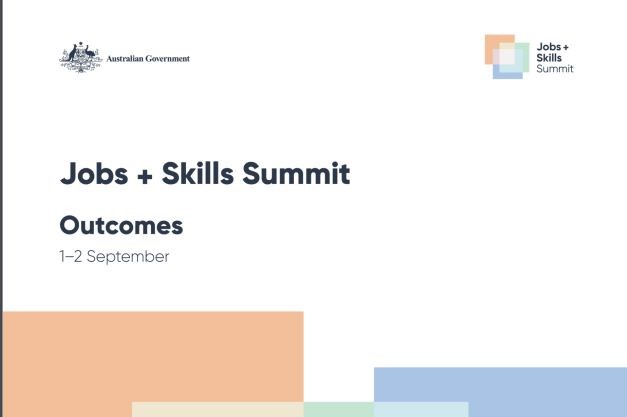 The Government trumpeted the Jobs and Skills Summit outcomes “to deliver secure jobs with growing wages, boost incomes and living standards”. Inflation and the solutions being dumped on us are putting paid to those fantasies.
The Government trumpeted the Jobs and Skills Summit outcomes “to deliver secure jobs with growing wages, boost incomes and living standards”. Inflation and the solutions being dumped on us are putting paid to those fantasies.
Inflation is playing havoc with people’s budgets. Electricity and gas prices are up double digits. Groceries and petrol costs keep rising. Interest rates have rocketed up at rates not seen in decades.
In contrast wages have stagnated in dollar terms, losing buying power week in week out.
What is being done to get us out of the downhill slide in living standards?
The Reserve Bank is force feeding interest rate rises. Governments, State and Federal, are fiddling pretty uselessly around at the edges. It is reminiscent of the story of Nero while Rome Burnt.
The Reserve Bank Governor has been going around declaring its job is to look after people, apparently by bashing them with increasing interest rates until unemployment hits around 6% and people are consuming much less than now. Thanks pal!
With interest rates, mortgage repayments and rent costs shooting up, a big portion of the workforce are forced to cut their consumption. It begins by cutting out little luxuries that give life some delight, then cut back the quality and then quantity of daily necessities. As you go down the food chain the starting point of cutting back comes closer to cutting back on basic necessities of life.
People’s living standards shoved down is what they aimed for as the solution to higher costs and lower buying power. Their solution to people short of buying power is to make our buying power even lower, and quickly. Lower economic growth, means people eat less, do less, live less, and hundreds of thousands are driven into poverty.
That’s what the Governor and Board of the Reserve Bank aim to do. Its also behind government inaction, other than the reintroduction of the petrol tax last year. Its making working people pay to secure the wealth garnered in record profits by the massive, mainly foreign-owned, corporate monopolies at the centre of Australia’s economy.
Those big rich monopolies have the power in Australia while the working class is at a historic weak point, with its lowest union membership in a couple of lifetimes, with a gaping leadership vacuum, and workers divided into enterprise agreements. Solidarity as a class is outlawed.
People at work have been producing furiously, unemployment was at historic lows, and the wages portion of the economy was also at historic lows. The Centre for Future Work confirmed that last week. Public and government-funded sector workers in particular have been campaigning for more staff, easing of workloads, and higher pay, engaging in wave after wave of strikes. Profits have been and still are at historic highs. Prices have been rising.
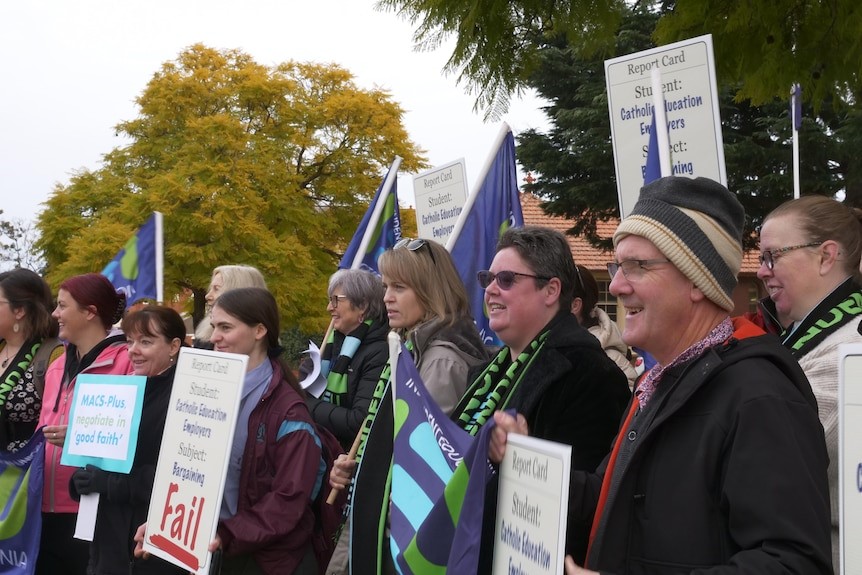
Teachers from three Shepparton Catholic schools protesting for new agreements for higher wages and more staff in August 2022. (ABC Shepparton: Rosa Ritchie)
The squeeze on people’s pockets is business’s answer to capitalism’s problems with inflation. Hit the people who work for a living and those that are now out of the workforce to fix the problems brought on by record profits. The profiteering foreign corporate monopolies at the heart of the problem are cushioned from the impacts of inflation and their solution for it, economic recession.
People are forced to cut their consumption because they are spending their hard earned on mortgages and rent. With less consumption, less sales and 400,000 people are thrown out of work. So much money is removed from people’s spending power that the economy slows down, people consume less i.e. living standards drop and hundreds of thousands are impoverished, products come into oversupply and prices drop, starting the cycle of boom and bust again, or so the theory goes.
The obvious first response is to make the rich corporate monopolies pay. They’ve got billions. The Commonwealth Bank announced $5.7bn profit for the 6 months to December last. Wesfarmers, parent company of Coles, Kmart, Bunnings, Target, Officeworks, API, Priceline, Soul Pattinson, Blackwoods, Geeks2U, CSBP chemicals and fertilizers, Covalent Lithium, and more announced profit of $1.4 bn up 14%. Woodside Petroleum made $7.7bn. Last financial year ANZ Bank took in $6.2bn Net Profit, Westpac Banking Corp $5.5bn, Commonwealth Bank $9.6bn, National Bank $6.9 bn, Fortescue Metals Group $6.2bn Profit.
The bankers and financial sector have been rolling in it particularly. Just think of the big 4 banks’ take last year after their accountants had hidden what they could, $28.2bn, equivalent to $2,150 for everyone who works for a wage in the country.
They can pay. The corporate monopolies should be made to pay.
The Summit, another step on a stairway to nowhere
It was all supposed to be sorted after the Jobs and Skills Summit in September last.
The ink has barely dried on the summary of the Summit’s Outcomes Report; “As a result of the consensus reached at the Summit, immediate actions will be taken … - to help deliver secure jobs with growing wages, boost incomes and living standards and create more opportunities for more Australians. The Summit has also laid out priorities for further work and future action.
‘Key to these outcomes are the objectives of full employment and growing productivity … – they are at the centre of the Government’s economic agenda.’
The Summit gave some cover for government to adjust the Fair Work Act to improve the position of workers by removing some outstanding inequities and discrimination and to pump support into TAFEs and apprenticeships. However, the Summit, touted as leading working people towards better times, ran into corporate monopolies drowning in record profits, floating on crushed wages, heaving workloads, growing work-times and prices hiked above inflation.
6 months after the Jobs and Skills Summit and the workforce has the exact reverse of the promoted outcomes. Not secure jobs, not growing wages, not boosted incomes, not full employment. What we’ve got now are higher unemployment, higher under-employment, lower participation in the workforce, and more insecure employment on top of lower wages and buying power being whittled away by inflation.
The band-aids from the Summit, at their root, provided better conditions for people to sell their capacity to work, to sell themselves for better wages, and more secure conditions of employment. Where they have been implemented, and to the extent they get implemented, they relieved some pressures on trade union organisation, relieve some aspects of discrimination, particularly gender, disability and LGBTQI discrimination, and provide some supports to those discriminated against. That’s important, very important to the people getting some relief, which there hasn’t been lots of evidence of beyond aged care workers. But it leaves capitalist power over society untouched, as we are now finding out in all its disappointing pressure on everyone’s wallet.
Now women suffering wage discrimination, the notorious gender wage gap, find that successes improve their situation relative to male wages, but male wages too are floundering behind inflation. Women, the disabled, LBGTQI people get an extra weight off their shoulders but find they share the exploitation and oppression their straight, able-bodied, male colleagues, partners and friends are burdened with. Like a prisoner out of solitary, they remain in the gaol of capitalist exploitation and oppression alongside the other captives of capitalism. It lifts the level of solidarity for all and opportunities for stronger unity in struggle but it hasn’t removed the essence of exploitation and oppression integral to capitalism.
It establishes a stronger foundation of us all sharing the burdens, for more unity in the fight to end all oppressions.
Such wins are being compromised. The buying power of the whole class of wage employees is smashed to prop up the system of corporate monopolies accumulating enormous wealth. Their survival and their system’s survival are being secured by hitting the working class as a whole.
The Summit proved to be another example of how exploitation and discrimination against the working-class is integral to capitalism in operation. Relief from difficulties, welcome as it is, is temporary and conditional, difficulties arise again in new forms.
Struggles for relief through reforms, leaving capitalist control untouched, are vital to people’s well-being but are not a solution. In fighting for relief, its vital to keep in mind how temporary any relief is and how vita it is to get and stay organised to meet the future needs of the people as capitalism finds new ways, new forms for the same old difficulties to assert themselves again.
Real relief, unconditional and permanent relief for us all, requires bringing capitalism’s exploitation and oppression to an end, consigning capitalism to the dustbin of history where it belongs.
Print Version - new window Email article
China’s Twelve Proposals for Ending the Ukrainian Conflict
Written by: Nick G. on 28 February 2023
(Above: Civilian infrastructure bombed by Russians, Dnipro. Photo source: Oksana Dutchak Facebook page)
Several days ago, on February 24, to coincide with the first anniversary of Russian imperialism’s invasion of Ukraine, China released a paper stating its position on the political settlement of the Ukraine crisis.
In general, Australian mainstream media have dismissed the Chinese statement without making the full text available for public consideration. That includes the ABC as well as the privately-owned capitalist media.
The people can make their own judgement of the Chinese statement, the full text of which we publish below.
On March 15, 2022, just three weeks after the invasion, we printed an article under the heading “Self-interest will determine China’s position on war in Ukraine.”
It is worth revisiting in order to contextualise China’s anniversary statement.
China is putting itself forward as a neutral observer of the conflict whose proposals hold the key to ending the violence.
It has a number of short-comings, principal among which is the failure to clearly identify Russian imperialism as the aggressor and to side with the Ukrainians who are fighting to drive an invading aggressor from their country.
But it also has some positives. In its first point, it says that “The sovereignty, independence and territorial integrity of all countries must be effectively upheld.” This favours the Ukrainian resistance for the act of invasion has undermined Ukrainian sovereignty.
In the second point, the Chinese say “The security of a country should not be pursued at the expense of others.” This is a criticism of both the US-NATO’s threats to Russia via their eastwards expansion, and of Russia for asserting that its security required the invasion of Ukraine.
In successive points, China calls for the ending of hostilities and the resumption of peace talks. Propositions such as these are likely to have wide appeal, although the Ukrainian resistance is likely to suspect talks that could require them to accept the Russian occupation of the Donbass. They key question here is respecting the right of all Ukrainians to self-determination.
Point eight takes issue with the threat to use nuclear weapons. Although there have been some politicians from the US-NATO bloc who have advocated this, the loudest threats have come from the Russian side. This includes Putin, his military partners and the assemblage of shock jock media identities who support Putin. To maintain the appearance of even-handedness, the Chinese statement also opposes the development and use of chemical and biological weapons, a statement directed at US companies which have established such facilities, banned in the US, in Ukraine.
In points eleven and twelve, the Chinese call for maintaining the “existing world economic system” and offer to play a part in Ukraine’s post-war reconstruction. Prior to the Russian invasion, Chinese businesses were doing very well in Ukraine, thank you very much, and Chinese imperialism is manoeuvring to restore its Belt and Road links into the Ukrainian economy.
Our view remains that China’s reaction to the Ukrainian war is driven by self-interest.
The Chinese position should be made available. It has some good points as well as obvious shortcomings. Both arise from Chinese social-imperialism’s view of the long-term advantage it can gain from the proposals it has on offer.
………………
Full text: China's Position on the Political Settlement of the Ukraine Crisis
Xinhua · china.org.cn | February 24, 2023
China released a paper stating its position on the political settlement of the Ukraine crisis on Friday. The following is the full text.
China's Position on the Political Settlement of the Ukraine Crisis
. Respecting the sovereignty of all countries. Universally recognized international law, including the purposes and principles of the United Nations Charter, must be strictly observed. The sovereignty, independence and territorial integrity of all countries must be effectively upheld. All countries, big or small, strong or weak, rich or poor, are equal members of the international community. All parties should jointly uphold the basic norms governing international relations and defend international fairness and justice. Equal and uniform application of international law should be promoted, while double standards must be rejected.
2. Abandoning the Cold War mentality. The security of a country should not be pursued at the expense of others. The security of a region should not be achieved by strengthening or expanding military blocs. The legitimate security interests and concerns of all countries must be taken seriously and addressed properly. There is no simple solution to a complex issue. All parties should, following the vision of common, comprehensive, cooperative and sustainable security and bearing in mind the long-term peace and stability of the world, help forge a balanced, effective and sustainable European security architecture. All parties should oppose the pursuit of one's own security at the cost of others' security, prevent bloc confrontation, and work together for peace and stability on the Eurasian Continent.
3. Ceasing hostilities. Conflict and war benefit no one. All parties must stay rational and exercise restraint, avoid fanning the flames and aggravating tensions, and prevent the crisis from deteriorating further or even spiraling out of control. All parties should support Russia and Ukraine in working in the same direction and resuming direct dialogue as quickly as possible, so as to gradually deescalate the situation and ultimately reach a comprehensive ceasefire.
4. Resuming peace talks. Dialogue and negotiation are the only viable solution to the Ukraine crisis. All efforts conducive to the peaceful settlement of the crisis must be encouraged and supported. The international community should stay committed to the right approach of promoting talks for peace, help parties to the conflict open the door to a political settlement as soon as possible, and create conditions and platforms for the resumption of negotiation. China will continue to play a constructive role in this regard.
5. Resolving the humanitarian crisis. All measures conducive to easing the humanitarian crisis must be encouraged and supported. Humanitarian operations should follow the principles of neutrality and impartiality, and humanitarian issues should not be politicized. The safety of civilians must be effectively protected, and humanitarian corridors should be set up for the evacuation of civilians from conflict zones. Efforts are needed to increase humanitarian assistance to relevant areas, improve humanitarian conditions, and provide rapid, safe and unimpeded humanitarian access, with a view to preventing a humanitarian crisis on a larger scale. The UN should be supported in playing a coordinating role in channeling humanitarian aid to conflict zones.
6. Protecting civilians and prisoners of war (POWs). Parties to the conflict should strictly abide by international humanitarian law, avoid attacking civilians or civilian facilities, protect women, children and other victims of the conflict, and respect the basic rights of POWs. China supports the exchange of POWs between Russia and Ukraine, and calls on all parties to create more favorable conditions for this purpose.
7. Keeping nuclear power plants safe. China opposes armed attacks against nuclear power plants or other peaceful nuclear facilities, and calls on all parties to comply with international law including the Convention on Nuclear Safety (CNS) and resolutely avoid man-made nuclear accidents. China supports the International Atomic Energy Agency (IAEA) in playing a constructive role in promoting the safety and security of peaceful nuclear facilities.
8. Reducing strategic risks. Nuclear weapons must not be used and nuclear wars must not be fought. The threat or use of nuclear weapons should be opposed. Nuclear proliferation must be prevented and nuclear crisis avoided. China opposes the research, development and use of chemical and biological weapons by any country under any circumstances.
9. Facilitating grain exports. All parties need to implement the Black Sea Grain Initiative signed by Russia, Türkiye, Ukraine and the UN fully and effectively in a balanced manner, and support the UN in playing an important role in this regard. The cooperation initiative on global food security proposed by China provides a feasible solution to the global food crisis.
10. Stopping unilateral sanctions. Unilateral sanctions and maximum pressure cannot solve the issue; they only create new problems. China opposes unilateral sanctions unauthorized by the UN Security Council. Relevant countries should stop abusing unilateral sanctions and "long-arm jurisdiction" against other countries, so as to do their share in deescalating the Ukraine crisis and create conditions for developing countries to grow their economies and better the lives of their people.
11. Keeping industrial and supply chains stable. All parties should earnestly maintain the existing world economic system and oppose using the world economy as a tool or weapon for political purposes. Joint efforts are needed to mitigate the spillovers of the crisis and prevent it from disrupting international cooperation in energy, finance, food trade and transportation and undermining the global economic recovery.
12. Promoting post-conflict reconstruction. The international community needs to take measures to support post-conflict reconstruction in conflict zones. China stands ready to provide assistance and play a constructive role in this endeavor.
Print Version - new window Email article
“Soldiers trained to deal with protesters”
Written by: Nick G. on 27 February 2023
(Above: Soldiers vs "protesters". Photo source Contact Photo by Bombardier Guy Sadler)
The Australian Army continues to be trained for use against Australian citizens.
Last year we reported on the training exercises conducted by the 3rd Battalion (3RAR) in “population control and protection”.
We explored in depth the history of the military application of population “protection” from its origin in the Spanish–Cuban Ten Years' War (1868-1878) through to the Army’s role in the racist NT Intervention.
We said that “increased focus on urban operations including population “protection” and control, should serve as a warning against complacency for Australians seeking changes of substance to the inequalities and injustices of capitalism, and the subordination of Australia to imperialist dictate and influence.”
We already have a highly militarised police force. The training of the army in civilian control provides an extra layer of state machinery in ensuring that capitalism is protected from those it exploits and oppresses.
The current exercise is reported in the privately published Contact military newsletter under the heading Soldiers train to deal with protesters. Again, it involved the 3rd Battalion, Royal Australian Regiment (3RAR), with the support of the 1st Military Police Battalion (1MP), at a camp outside Townsville.
According to the report, the course focused on soldiers’ individual PPC training “while ensuring the ready battle group met the qualifications required of the ADF’s contingency operational response element.”
It included “soldiers with shields, unruly role players and snapping canines”. The unruly role players created “a realistic scenario of aggressive protesters designed to push the soldiers’ endurance threshold”.
“Infantry sections integrated closely with military police arrest teams, detainee processing capabilities, and military working dogs to enhance security and crowd dispersion.”
These are descriptions of the Australian “Defence” Force being trained to suppress Australian citizens engaged in the democratic right of protest in the streets.
Forewarned is indeed forearmed.
Print Version - new window Email article
Shipbuilding Unions Demand Sovereign Build
Written by: (Contributed) on 25 February 2023
Leaderships of the Australian Manufacturing Workers Union, Australian Workers Union, Communications, Electricians and Plumbers Union and Professionals Australia, their members and supporters held a rally outside the SA Premier's building in Tarntanyangga (Victoria Square) on Friday 24 February.
Leaders from all four Unions demanded that the federal Albanese Government take urgent action now to secure locally built navy vessels, particularly the next fleet of non-nuclear submarines.
They all emphasized the need for the "sovereign build" of non-nuclear submarines at the Australian Submarine Corporation (ASC) in Osborne, situated near Port Adelaide.
By "sovereign" they meant the alternative being considered - importing non-nuclear submarines form overseas, or no more non-nuclear submarines at all - would see an acceleration of the exodus of skilled workers from not only SA but Australia. "Sovereign" to the speakers at the rally meant "within Australian workers' interests".
All leaders of all four Unions said that federal government commitment to build navy vessels in SA would be a hollow commitment unless the government funded a naval technical college within the ASC precinct at Osborne. This was essential to provide training for the current generation of young people and future generations of young people.
If the federal government did not set up a naval college for skills development of young people now, there would be no manufacturing workforce to build any navy vessels in SA or Australia.
Little mention was made of the nuclear submarines being built, except that all speakers said that even if that occurred, it would not be for another 20 years or so. The positive side of the demand to continue with the building of conventional submarines is that it challenges the pro-nuclear powered subs of the AUKUS coalition; the downside is that both build options feed into the predatory imperialist agenda of the United States.
It was good to hear passionate Union leaders demand not only a "sovereign build" but also link this demand to creating the opportunity for local people to design and build and service vessels and to decrease reliance on temporary high skilled labour from overseas.
Central to the Union leaders demands for an on-site technical college was the demand to increase apprenticeships related to a sovereign build.
The speaker from the Electricians Union also made the point that it was not just a matter of skilled work opportunities for locals at the shipbuilding works at Osborne. It was also about providing young workers with skills that were transferable to other industries which benefitted not only themselves but society as a whole.
While not stated explicitly, the theme of the speeches, "sovereign build" also was a reminder of the past experience of the car industry's demise in SA in particular. While that industry provided thousands of good paying jobs over many decades, the key decision-makers in its future were multinational corporations who organized their production according to their global strategic profit-making needs.
In the case of the development of navy vessels of all types for the defense of the continent of Australia (rather than the war interests of a big power), the ownership of the shipbuilding needs to be in Australian government hands, not those of multinational corporations. On this front there is work to be done to give more security to the idea of "sovereign build".
For example, half the ASC is now leased to Britain’s BAE for decades to come and BAE is in charge of surface vessel construction and maintenance such as for frigates and possibly destroyers down the track!
Print Version - new window Email article
National Anti-AUKUS rallies held.
Written by: Nick G. on 25 February 2023
The Australian Anti-AUKUS Coalition yesterday held rallies outside Federal Labor government MPs’ electorate offices.
These included the offices of the Prime Minister Anthony Albanese, Foreign Minister Penny Wong, Minister for Defence Richard Marles, and Minister for Defence Industry Pat Conroy.
Above' Outside Albanese's office
Nick Deane, from Marrickville Peace Group, told a crowd outside the Prime Ministers’ office in Sydney that the real emergency — the climate — was being ignored in favour of a new arms race in preparation for a war on China.
A letter opposing the march to war was delivered to the PM’s office.
Sydney Anti-AUKUS Alliance, Wollongong Against War and Nukes, Australian Anti-Bases Campaign Coalition, Independent and Peaceful Australia Network and Medical Association for the Prevention of War supported the protest.
In Adelaide, more than 30 people braved near 40-degree heat to rally outside Penny Wong’s office in Adelaide’s Chinatown district.
Above: Outside Penny Wong's office
Some had attended a rally by the Australian Shipbuilding Federation of Unions at nearby Tantarnyangga (Victoria Square) where the focus was on the demand for jobs to maintain the existing conventional submarine fleet until the nuclear-powered subs became available. Nevertheless, some of those appreciated the presence of anti-AUKUS placards, and an AMWU member later joined us at our rally.
A Chinese language version of our leaflet was distributed, and a copy of a letter from Nonuclearsubssa was taken to Penny Wong’s office and received by the staff.
Print Version - new window Email article
Russian imperialists – out of Ukraine!
Written by: Central Committee, CPA (M-L) on 24 February 2023
 (An abridged version of this statement was distributed at a Ukrainian community rally yesterday)
(An abridged version of this statement was distributed at a Ukrainian community rally yesterday)
Twelve months ago today, Russian imperialism committed an unforgivable act of aggression against Ukraine.
According to Putin, the aggression was to be a “special military operation”, implying a quick and limited action.
Instead, the invasion met resistance and the “special military operation” became an all-out war that has lasted for a year.
We know Putin’s justifications for his aggression.
Print Version - new window Email article
Mparntwe Alice Springs, what’s the real emergency?
Written by: Lindy Nolan on 22 February 2023
Above: Mparntwe Photo source: Bob Caddell Creative Commons Flickr
When Arrernte, Luritja, Warlpiri, Pitjantjatjara and the other Peoples of Mparntwe hear the word “emergency”, they know they’re the ones branded with it.
Earlier this month the overwhelmingly non-Indigenous residents at a 3000 strong Alice Springs’ protest meeting called for just that – emergency action, more police and a reimposition of the NT Intervention. It was in Arrernte country, but Arrernte did not feel welcome.
In 2014, now deceased Anmatyerre Elder Rosalie Kunoth Monks told Australia, “I am not the problem!” Then, quietly speaking one of her three languages, she showed her Peoples’ strength, beauty, Law and culture.
Now an article in The Saturday Paper, originally titled Children of the Intervention, Gurnaikurnai Wotjobaluk journalist Ben Abbatangelo gives voice to those central desert Peoples who have yet again been blamed.
He writes, “Analysed through the all-too-familiar prism of difference and otherness, this desert town has been depicted as a war zone and its people as alien-like problems that need to be solved. … Those who know the least have been provided with megaphones to say the most, which is why fiction continues to pass as fact and facts as fables.
Of the so-called out-of-control young people, Abbatangelo says, “Dispossession and displacement lives within each of these kids. Most adolescents at the centre of the firestorm are also the grandchildren of the Stolen Generations and the great-grandchildren of those who were herded onto missions or massacred,”
Aranda woman and Ntaria/Hermannsburg community organiser Que Nakamarra Kenny told him, “What’s clear is that no one cares more about Aboriginal people than Aboriginal people themselves. We’re at the tail end of the Northern Territory Intervention and these children are a product of that. They are the children of the Intervention who have grown up watching their parents be demonised and rejected.”
Abbotangelo then reports on a 300-strong meeting of First Peoples’ leaders from across the region. It’s a must read.
Healthy homelands
The Intervention has been an increasing disaster for 16 years.
Its aim was to force First Peoples off homelands, sometimes called outstations, and into towns, ensuring land was free for mining and drilling. Now we see the results in Mparntwe Alice Springs.
All research shows homelands are healthy for kids. Before the “Emergency” Intervention many young people were immersed in language. Law showed them who they were and where they stood. They helped create their own healthy diets with fresh bush foods. Homelands were often alcohol free. Towns were usually the opposite.
Overnight, homelands were starved of funding.
All the evidence shows that alongside land, language is the heart of culture and education. Yolngu Law Man (and now NT parliamentarian) Yingiya Mark Guyula has been outspoken against the ‘Four Hours English Only’ program imposed on teachers and children each morning, destroying strong bilingual programs. It’s a crime against both young and old.
And into towns
BasicsCards controlled how welfare payments were spent. The cards were forced on First Peoples, based only on where they lived.
In The Intervention, an Anthology (edited Heiss and Scott), Djiniyini Gondarra says the Arnhem Land Progress Association, had successfully run not for profit stores for 40 years, with 300 local people employed. But Centrelink banned BasicsCards use in the stores.
Post Intervention, shopping in Mgarparu, for example, meant chartering a $560 return flight to Elcho Island, rather than a walk to its award-winning store.
People, including young people poured into towns like Alice, causing chronic overcrowding, severing links to country. Lands were emptied of youth.
Gurindji worker Peter Inverway said of the cards, “It's like in the old days, before our walk-off, when the station workers were just paid in rations.”
BasicsCards – for 20,000 First Peoples only – weren’t abolished when the Intervention ended.
Where’s the money?
In 2007, Aboriginal run community organisations and councils were replaced by white run shire councils. Employment disappeared, replaced by CDP slave labour. People went hungry. Contractors accidentally cut off one community’s water supply for many weeks.
Police stations took $100 million of the construction budget. No one knows what happened to the $672 million for housing.
John Pilger revealed that in 2012 Olga Havnen, NT Co-ordinator-General of Remote Services, “was sacked when she revealed that almost $80m was spent on the surveillance and removal of Aboriginal children compared with only $500,000 on supporting the same impoverished families.”
And on it goes.
Unanswered questions
Labor’s ten-year extension of the Intervention was cynically called ‘Stronger Futures’.
Alice Springs Mayor Matt Patterson, the non-Indigenous meeting’s key spokesperson, welcomed the current NT and federal governments’ work to reintroduce the Stronger Futures laws especially in town camps.
Despite many extra police in town, he said he wanted more.
But how many of the non-Indigenous population at the meeting had protested against humiliating apartheid BasicsCard lines outside supermarkets? Had any worked to support justice reinvestment or argued against ten-year olds being jailed? Had they put their hands in their pockets to assist families supported by the Strong Grandmothers of the Central Desert night patrol before its suspension? Or many other things they could have done to assist First Peoples? Perhaps some had. Or were those emergencies okay?
Or what about Media Watch host Paul Barry, who said he’d watched the video of the whole meeting, that everything was fine, and reprimanded First Peoples’ ABC journalist Carly Williams for not giving so-called balance? Williams dared to give air time to the small number who walked out. A non-Indigenous friend in her 80s, mostly spent in Mparntwe, didn’t go to the meeting, because she knew it would distress her. But Barry knows better, eh?
What brings any young person to recklessly risk themselves and others? Are they or their families the problem, yet again?
Who benefits most?
Who wouldn’t be angry with whitefellas who’ve ignored the catastrophe imposed on them by the Intervention, making money from “services” to communities that those communities used to provide themselves? Or worse, growing relatively wealthy working for pastoral, mining or fracking industries on First Peoples’ lands.
Despite appearances, racism is only part of the cause for the suffering of the First Peoples for whom Mpartnwe is home.
Racism is a ruling class weapon to divide and conquer. It’s the opposite to First Peoples’ millennia of community.
Who benefits most? It’s corporations that seamlessly inherited the colonialist legacy.
Often the corporate hands behind the attacks on First Peoples are hidden. Sometimes, like in Alice Springs now, they foster underlying racial superiority myths to protect mega profits. Some like WA’s Twiggy Forrest say all Aboriginal Peoples need are jobs, not land. Other monopoly capitalist leaders instead welcome selected Blackfellas into their lower ranks through the Business Council’s Supply Nation project.
Whatever the approach, the aim is to suppress and divide First Peoples.
Allies and enemies
Before the Intervention, through their own ceaseless struggle and determination to survive and thrive, First Peoples managed to gain some control of their own lands and lives. They were supported by allies across the lands alerted to the shocking conditions they’d lived under.
Commenting on the current situation, Human Rights Commissioner, Bunuba woman June Oscar said, “Arrernte people, Warlpiri people and peoples from across the Northern Territory have fought tirelessly for decades through their community-controlled organisations for a sustained long-term holistic approach to investing in communities, culture, services and infrastructure.”
That’s the immediate way forward. Collective empowerment not imprisonment.
First Peoples are not the problem. Colonialism was. Now the problem is monopoly capitalism.
First Peoples will continue to stand up to those ignorant individuals and groups who blame them.
But they will also create many allies, because beneath the surface our biggest enemies are the same.
Print Version - new window Email article
-----
Go back
Independence from Imperialism
People's Rights & Liberties
Community and Environment
Marxism Today
International
Articles
| Free Palestine rally leads Melbourne May Day march |
| Free Palestine Rally Puts University of Adelaide in Spotlight |
| May Day Solidarity - Victory for Palestine! |
| Productivity Commission wonks still pushing discredited economic rationalism |
| ADSTAR: Info-wars and the military, Canberra, 2024 |
| Madeleine King: Helping the Pentagon to our nickel |
| Binskin appointment comes with a conflict of interest |
| “Grey-Zone” intelligence assessments and real-war scenarios |
| As Australia aids Israeli genocide, Elders say it’s time to target Pine Gap. |
| MUA HERE TO STAY - supporting their members and the Palestinian people |
| US submarine visits not welcome and will never be “normal” |
| A tale of two payments… |
| AUKUS: Jobs diversion scheme |
| Transparency: who will the Australian Government listen to? |
| Australia surrenders sovereignty again: integrates with US-UK military exports and RnD |
| Cancel the Elbit contract! |
| ADF in trouble as personnel leave in droves |
| Heads must roll to clear Defence of US loyalists |
| January 26, what’s to celebrate but struggle? |
| The eclipse of economic rationalism? |
-----

